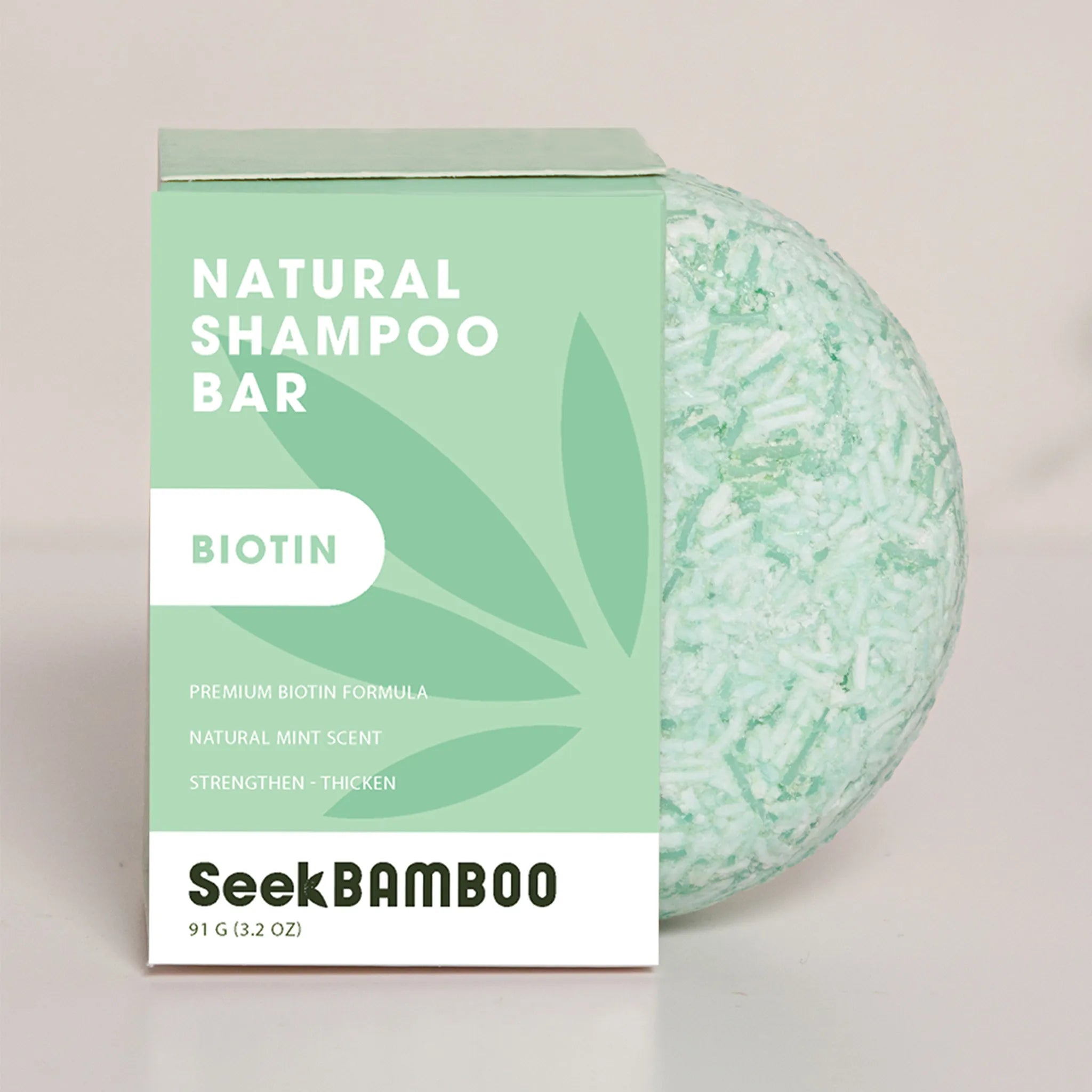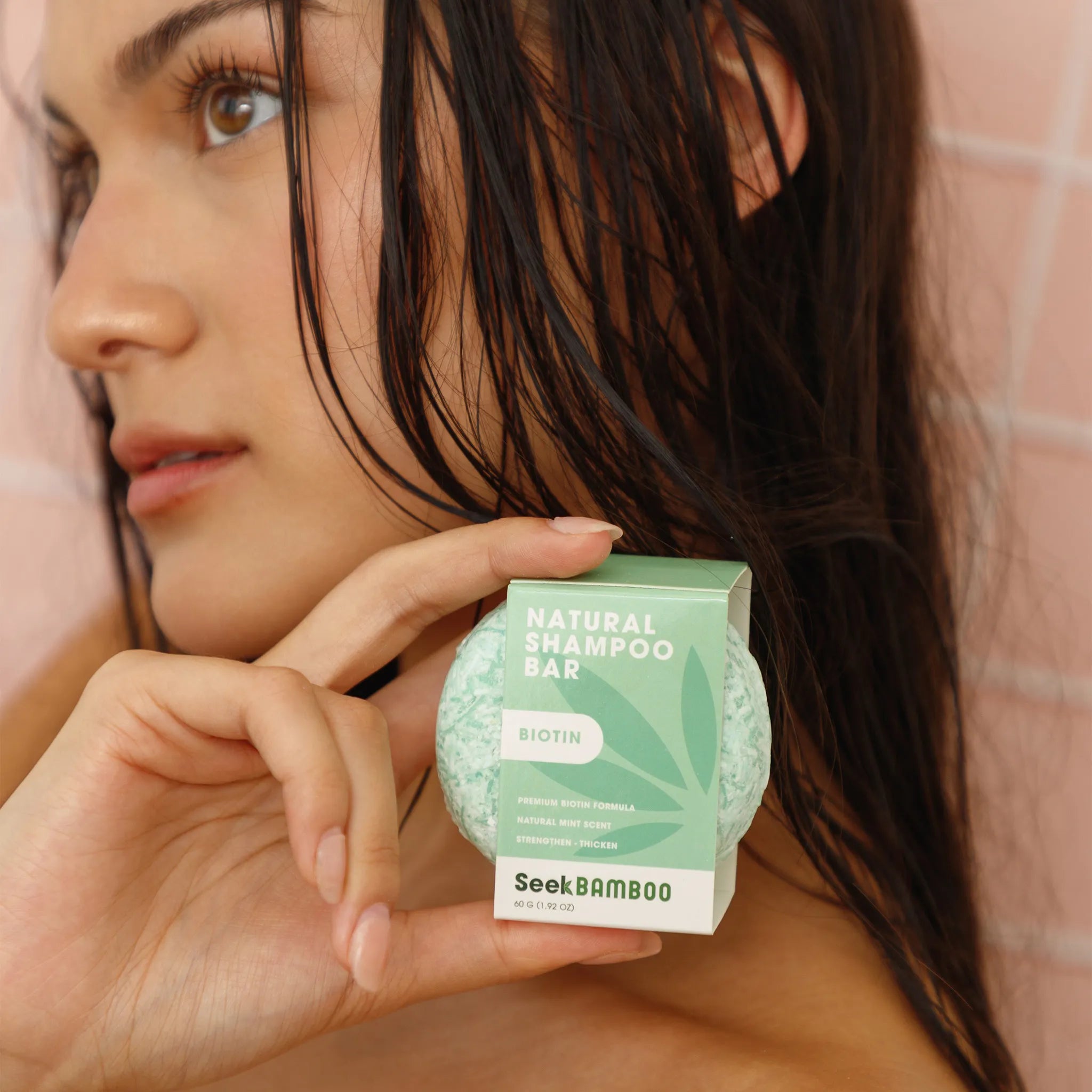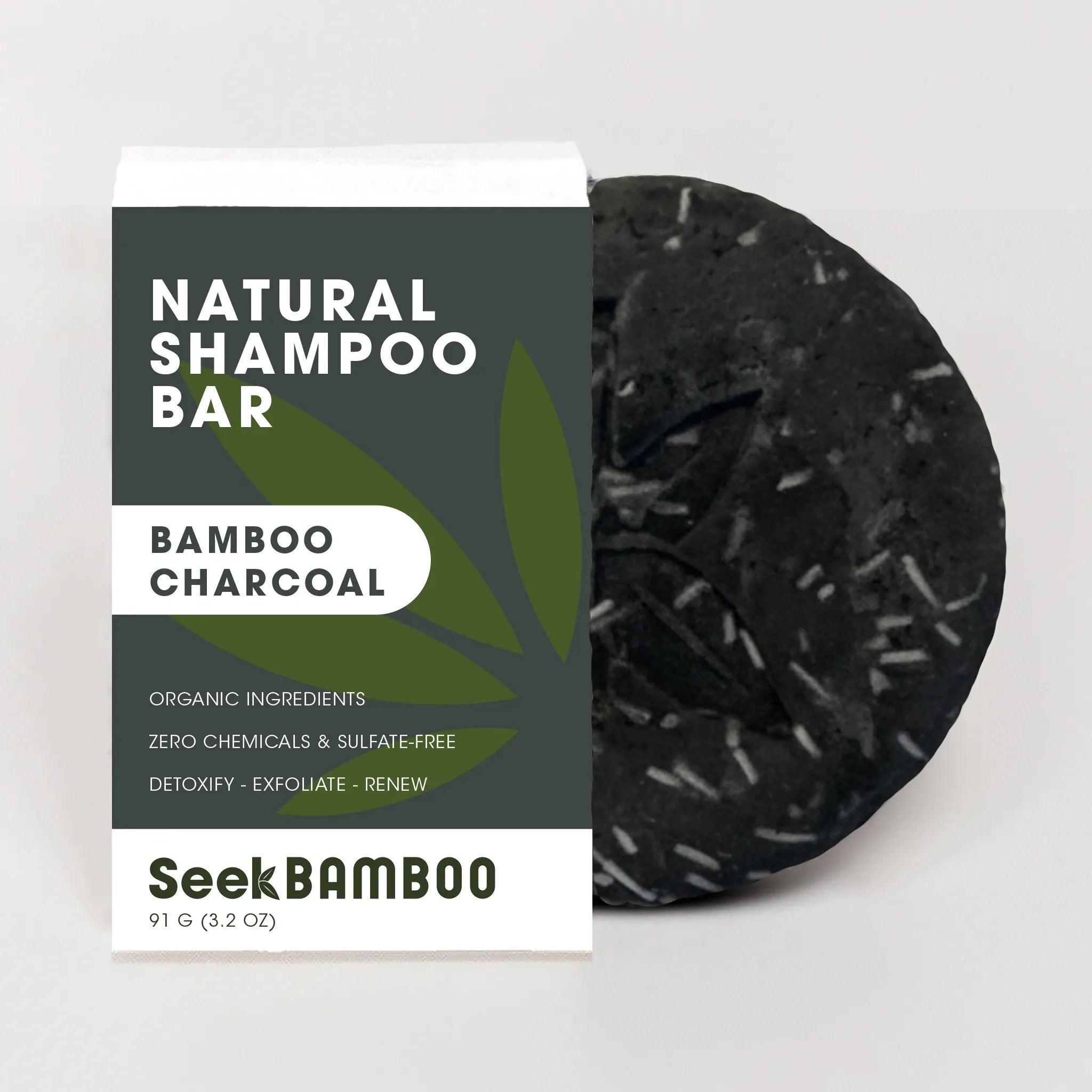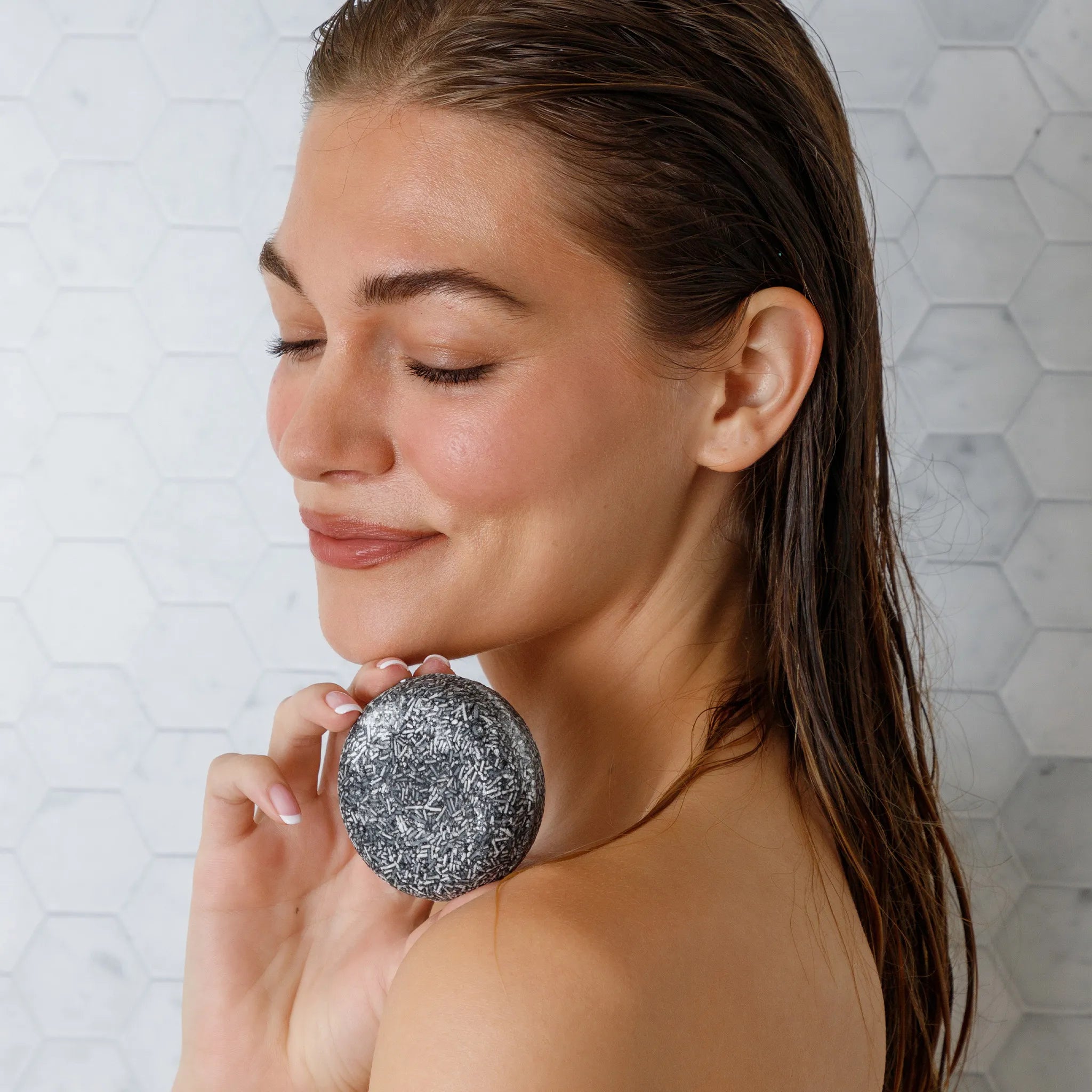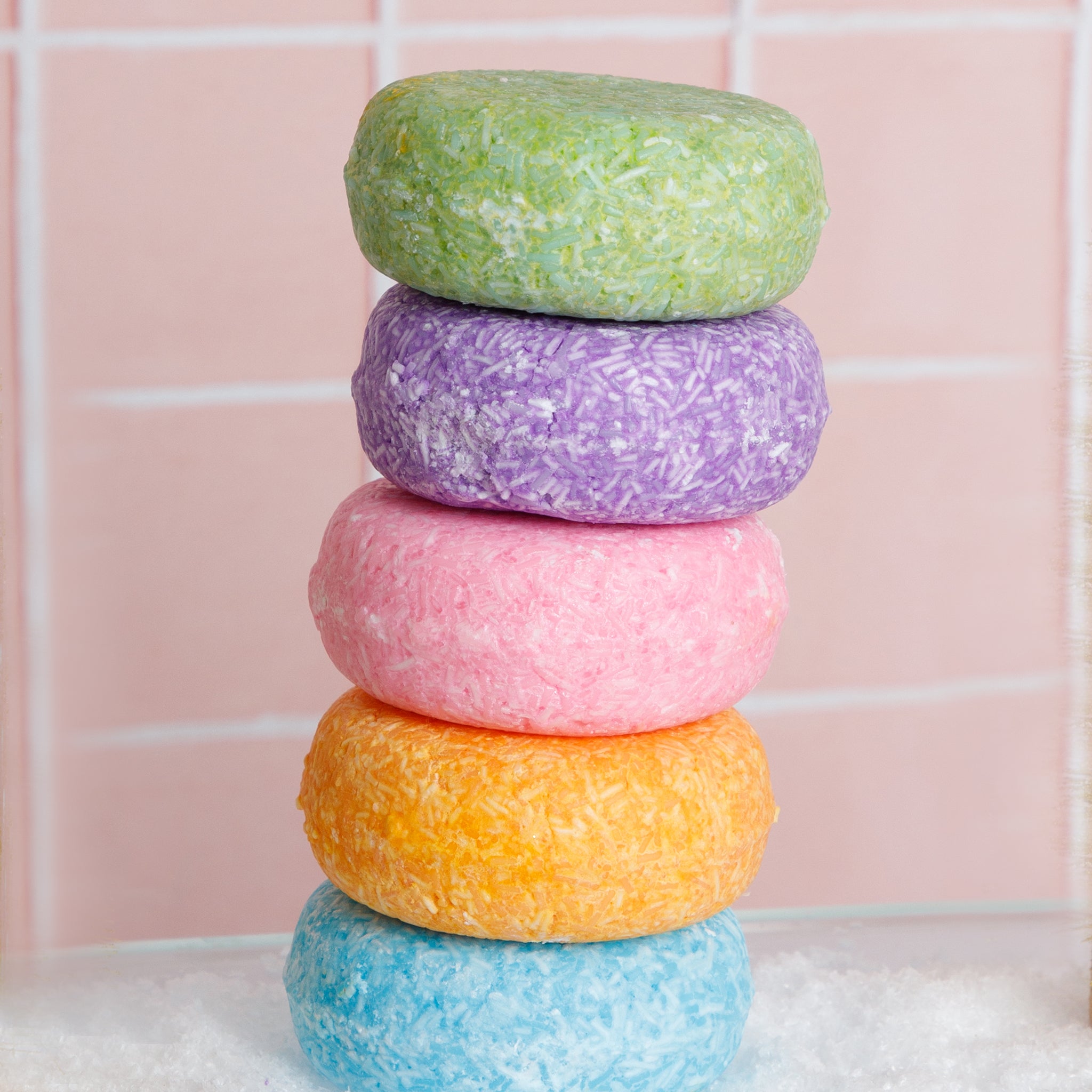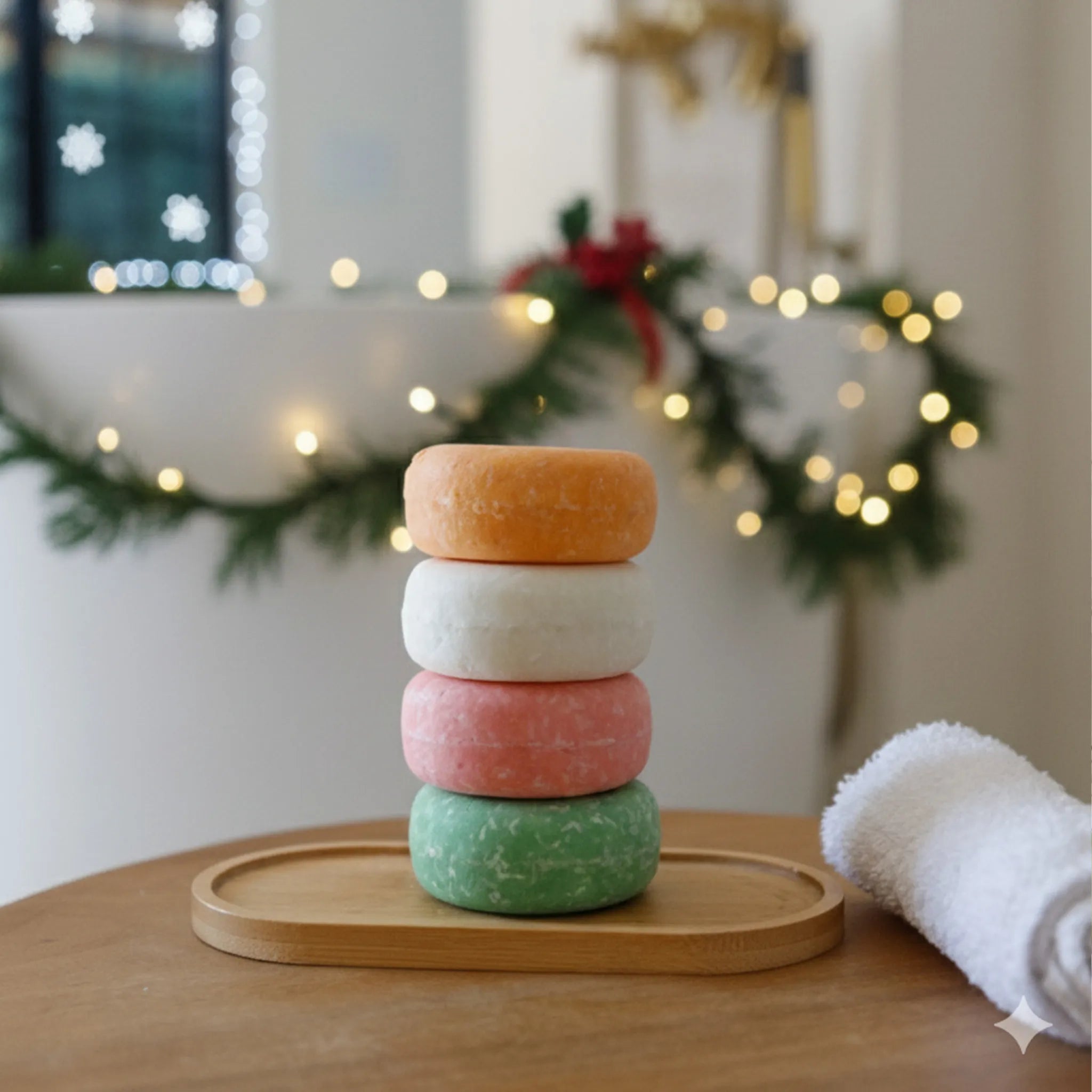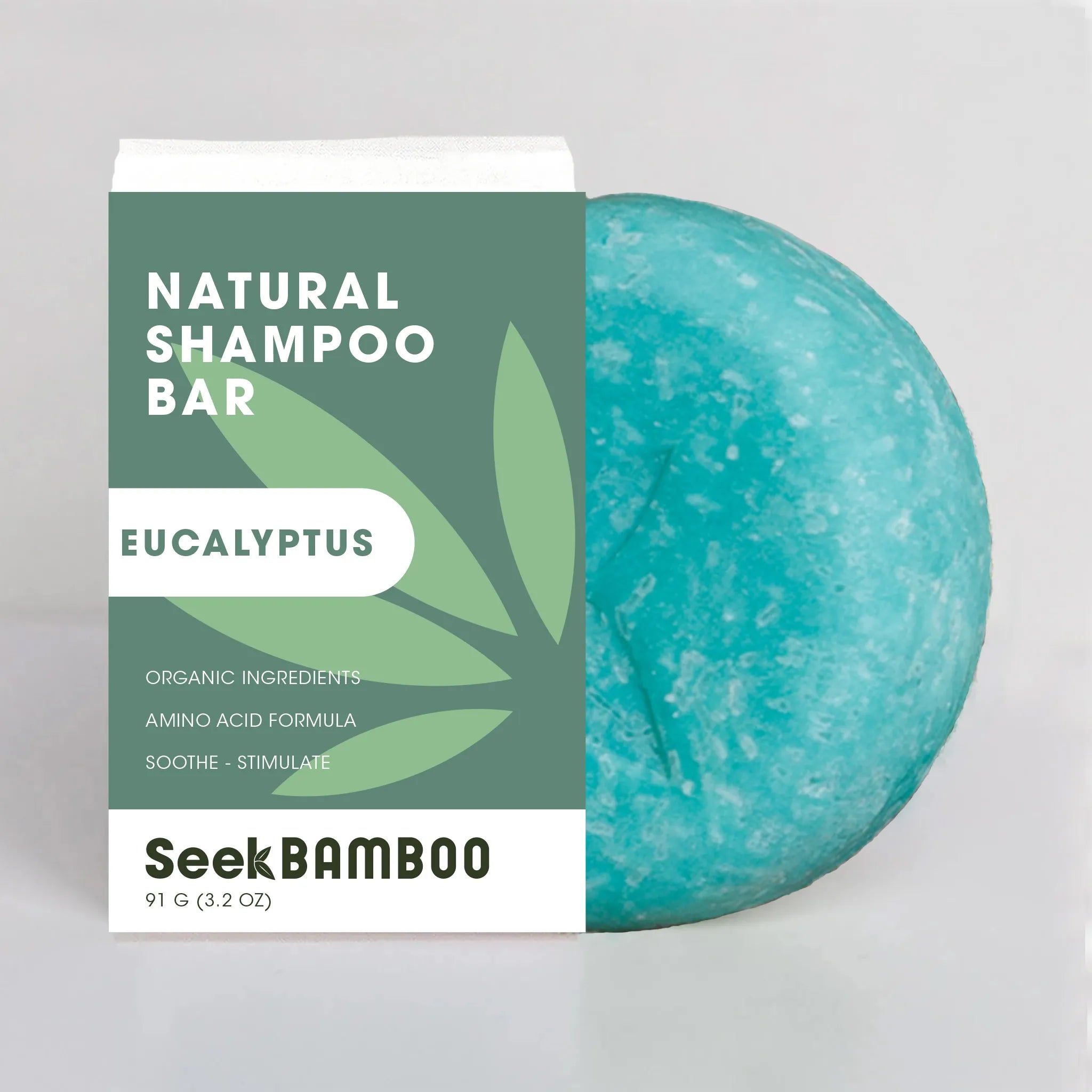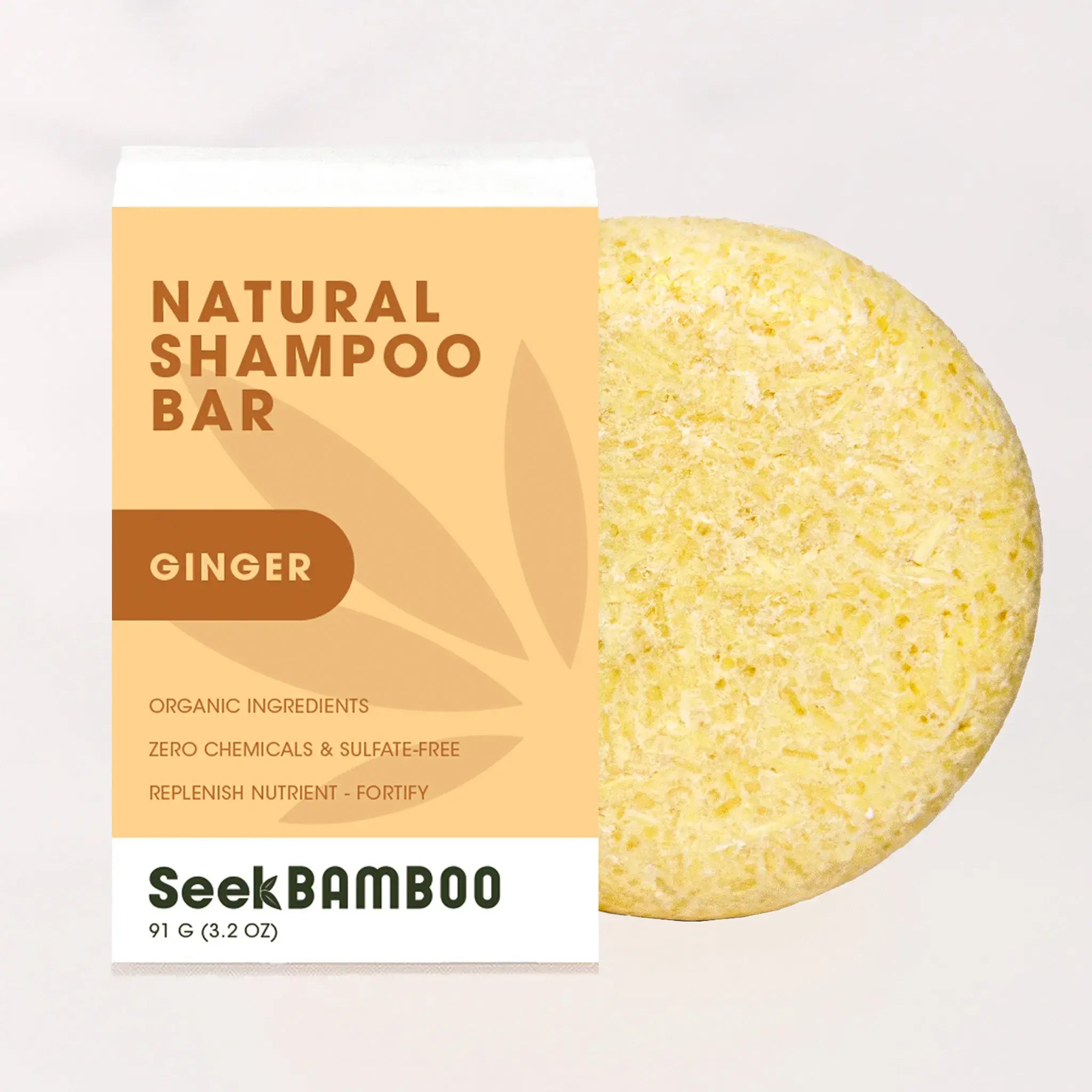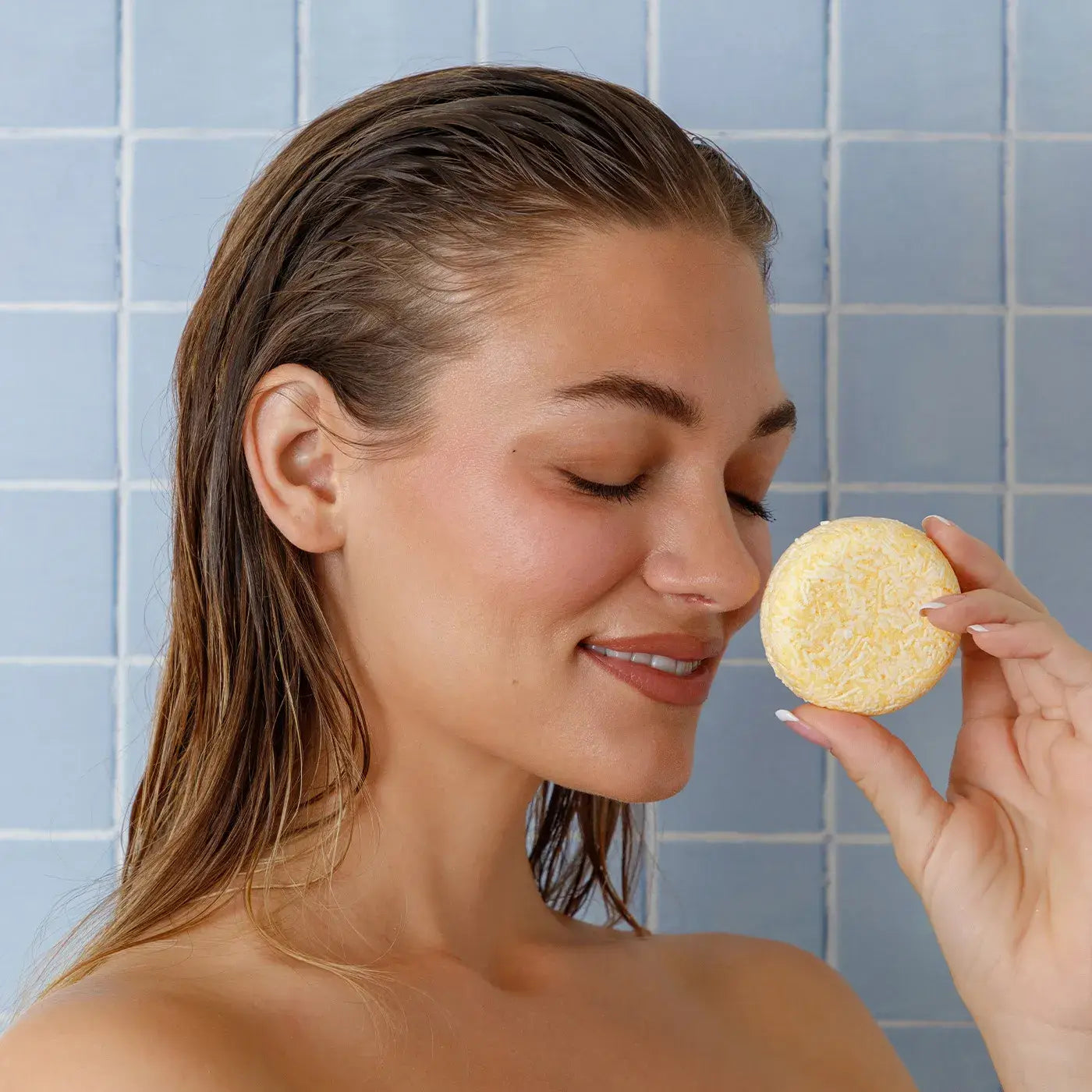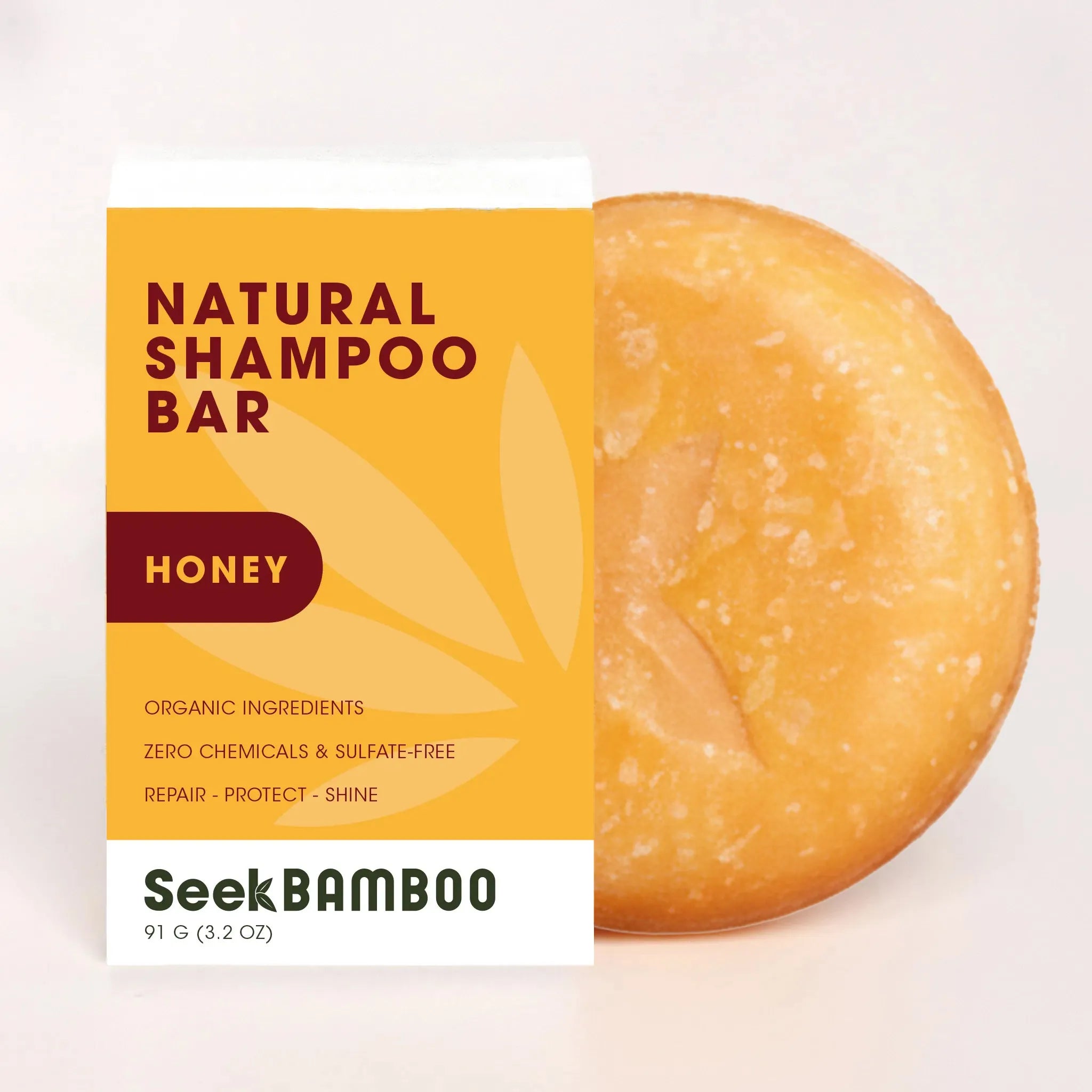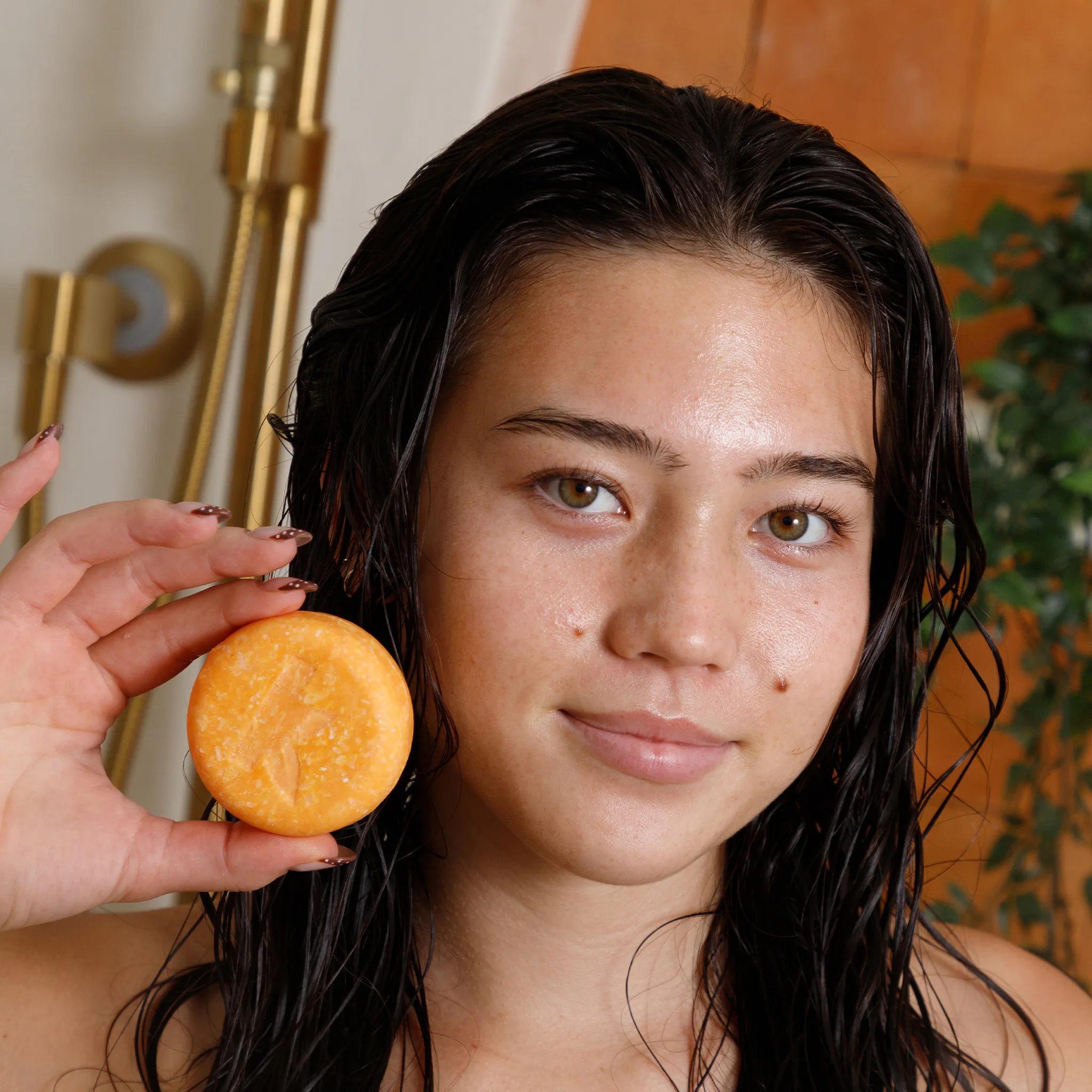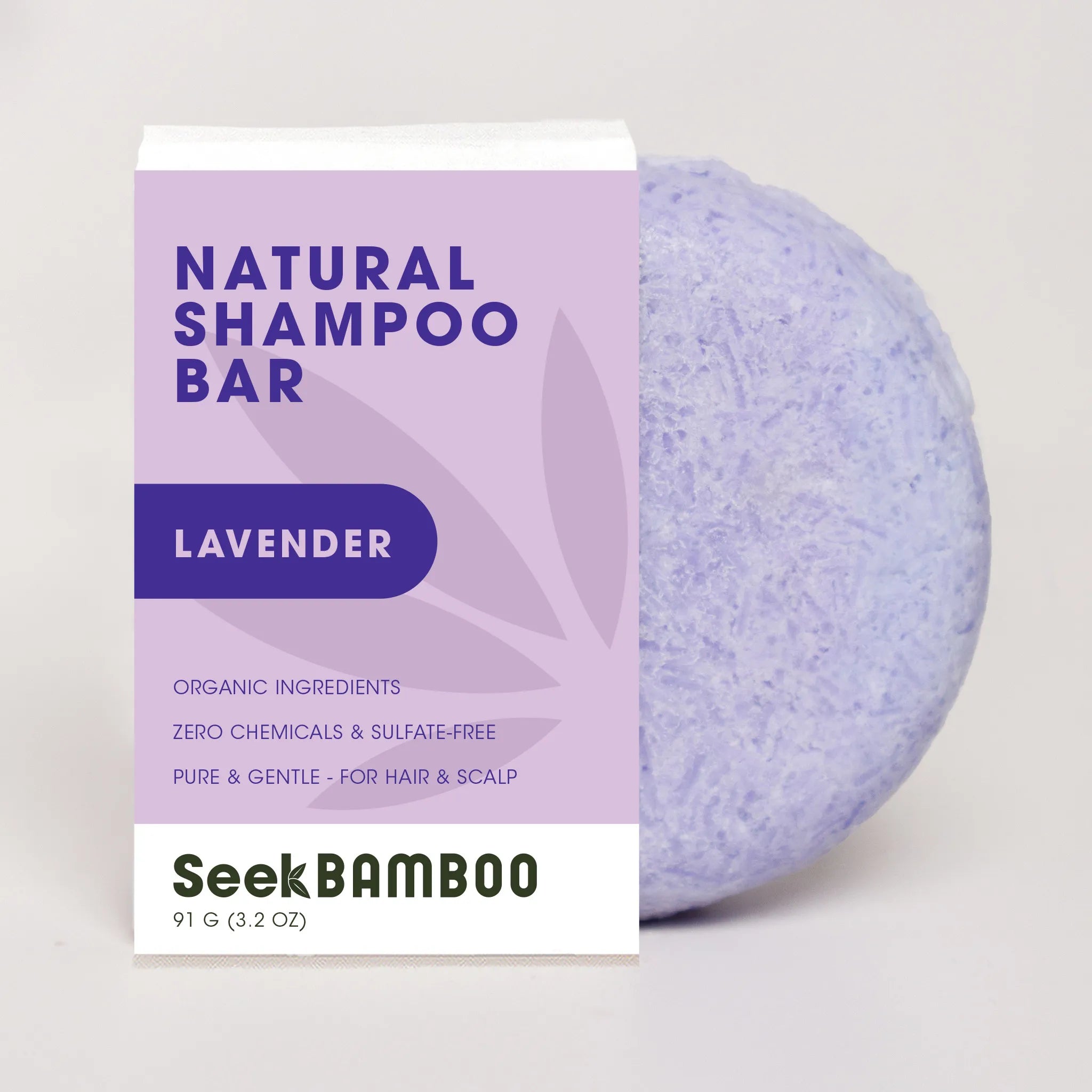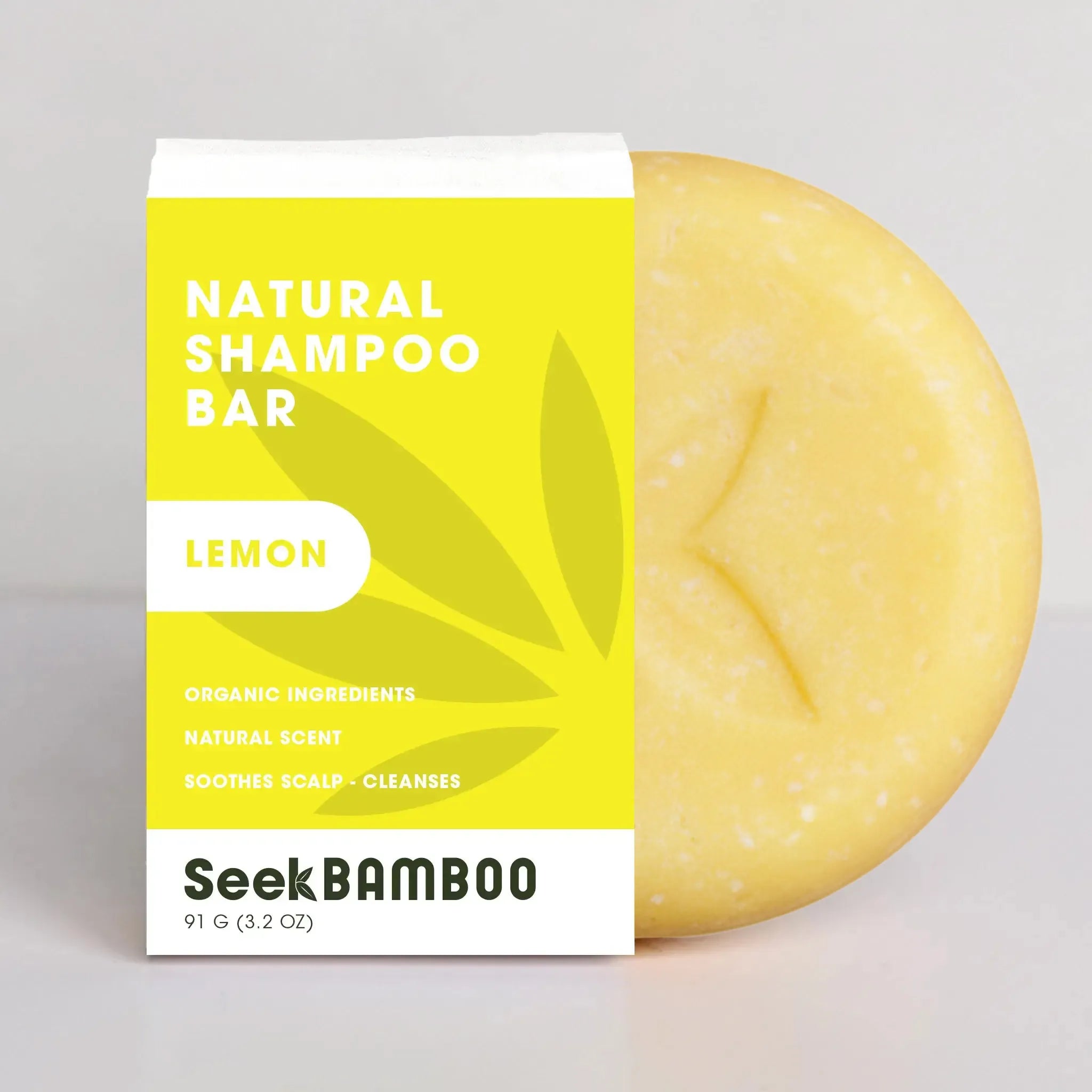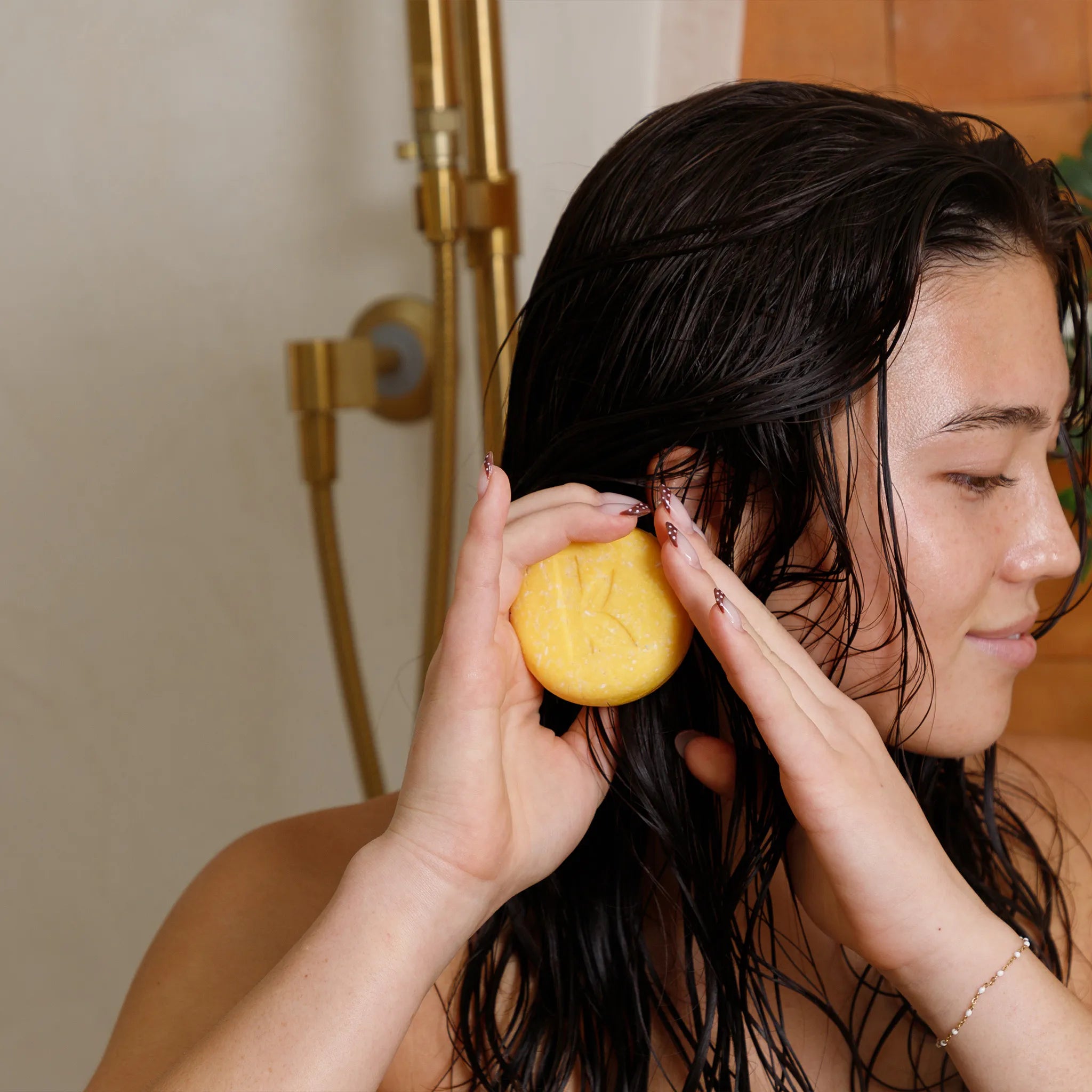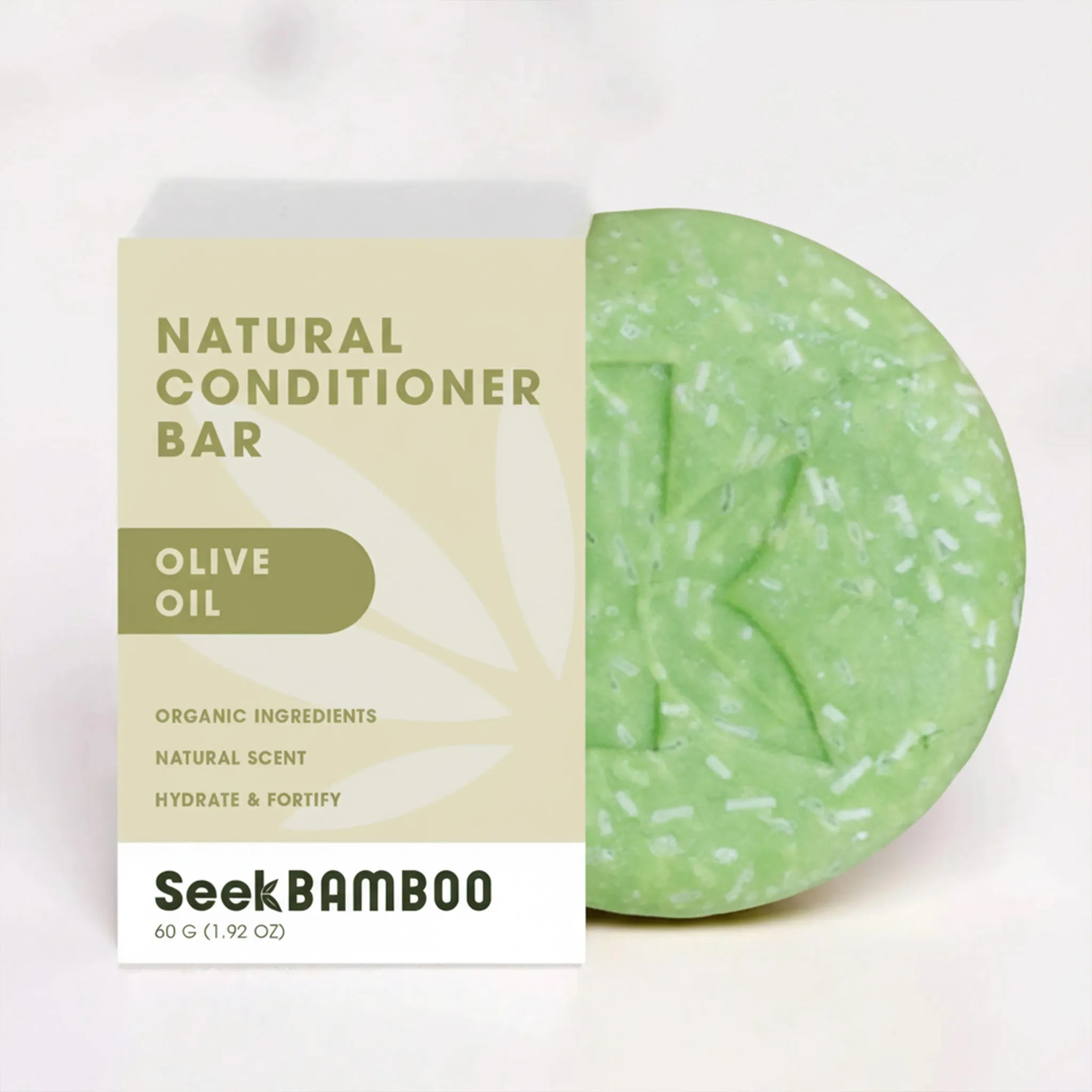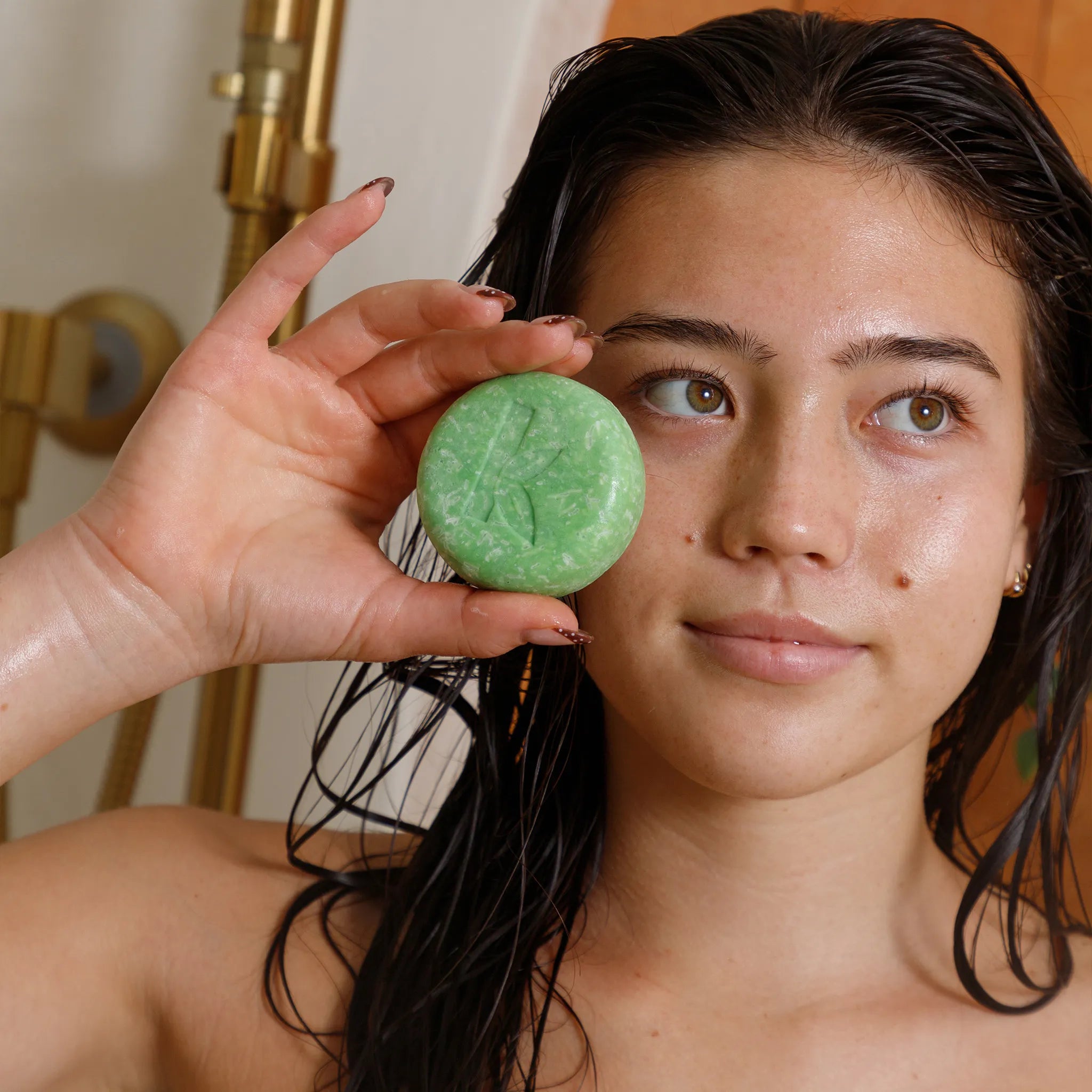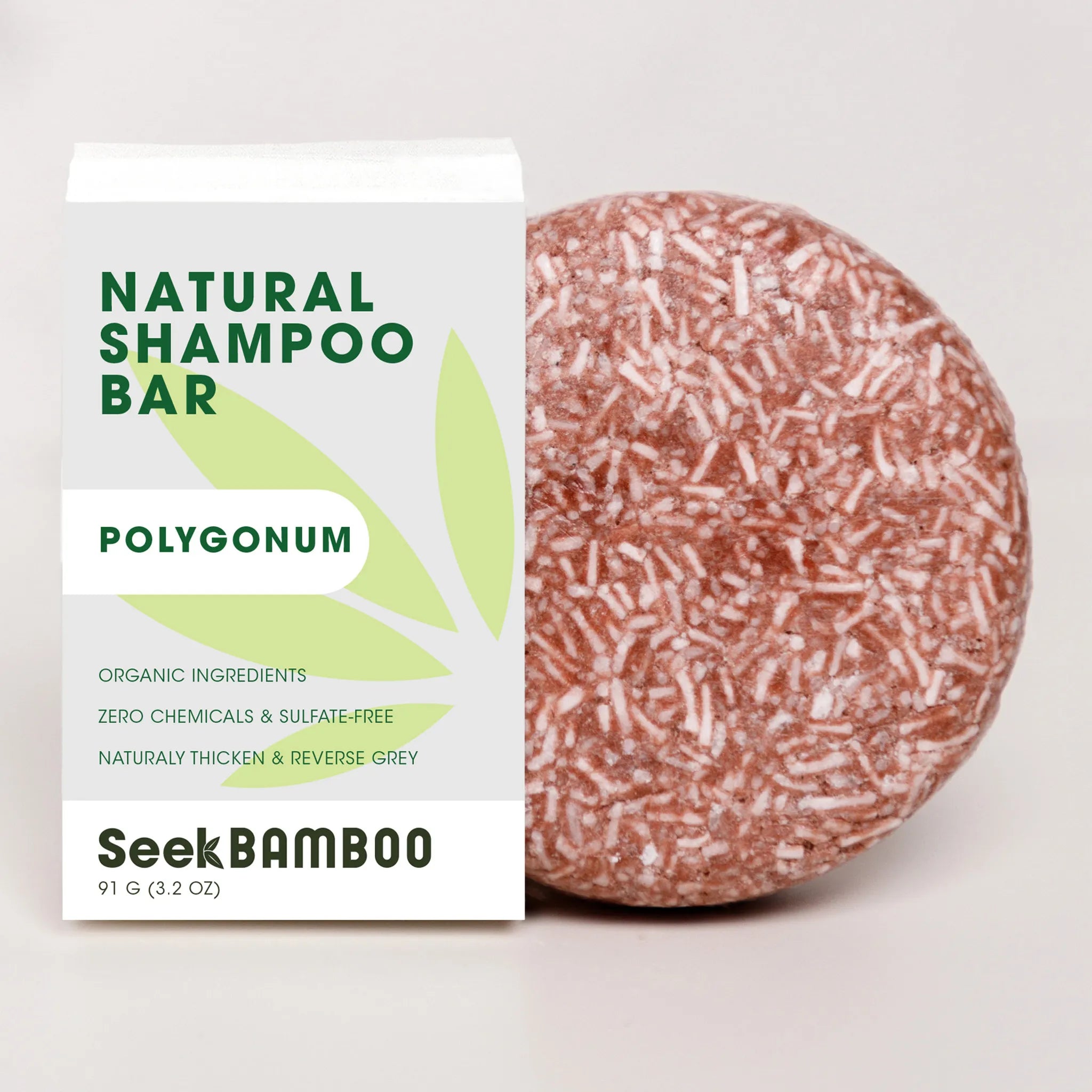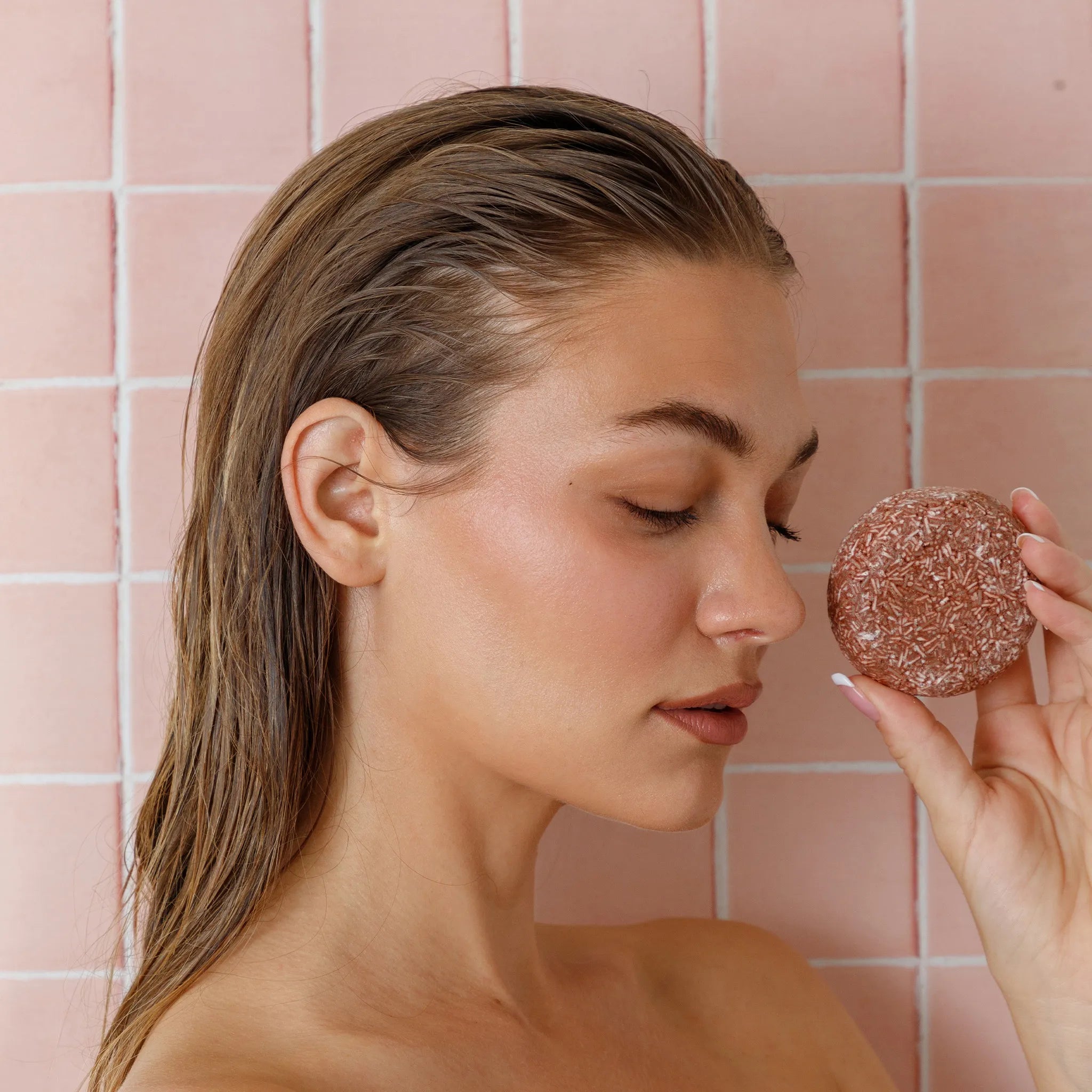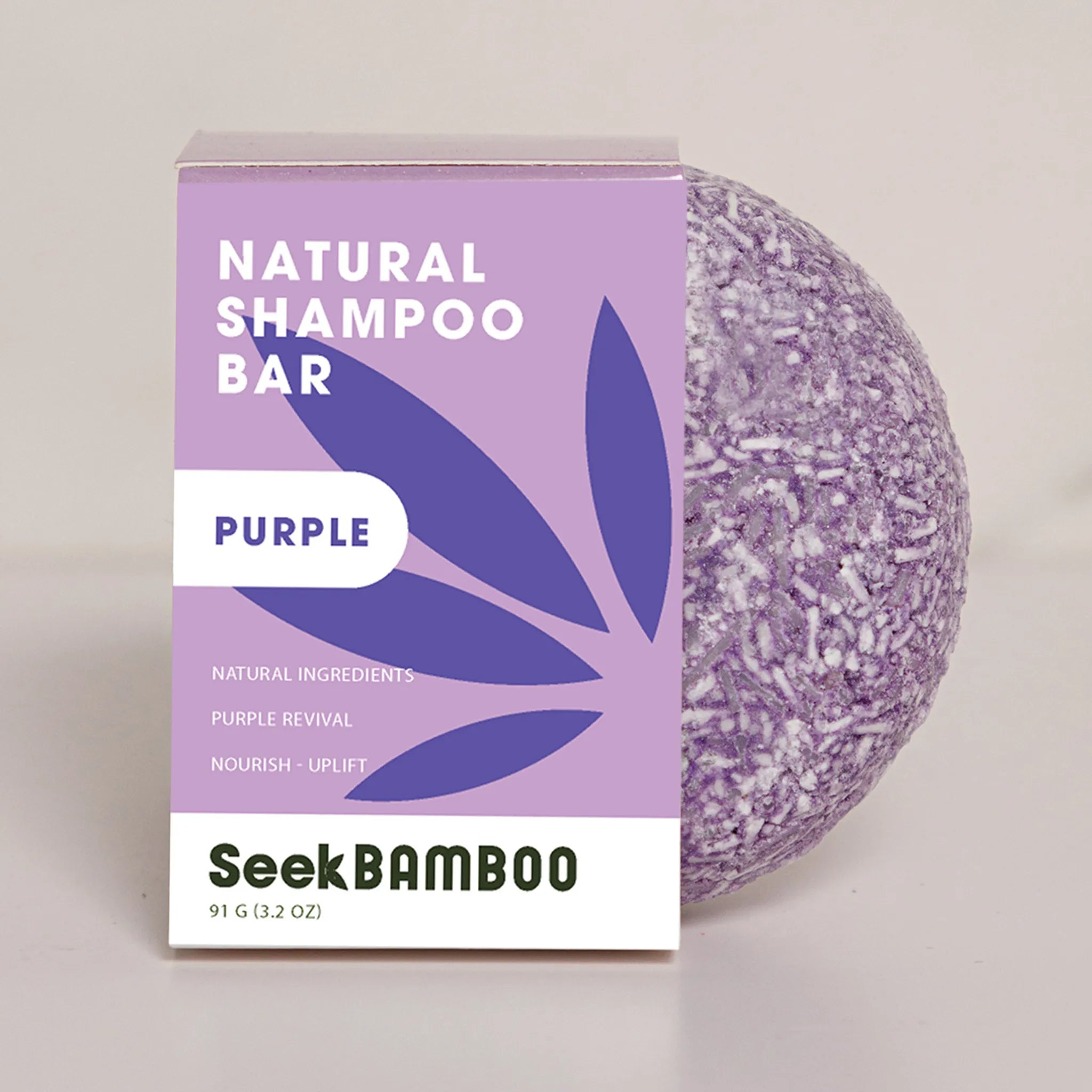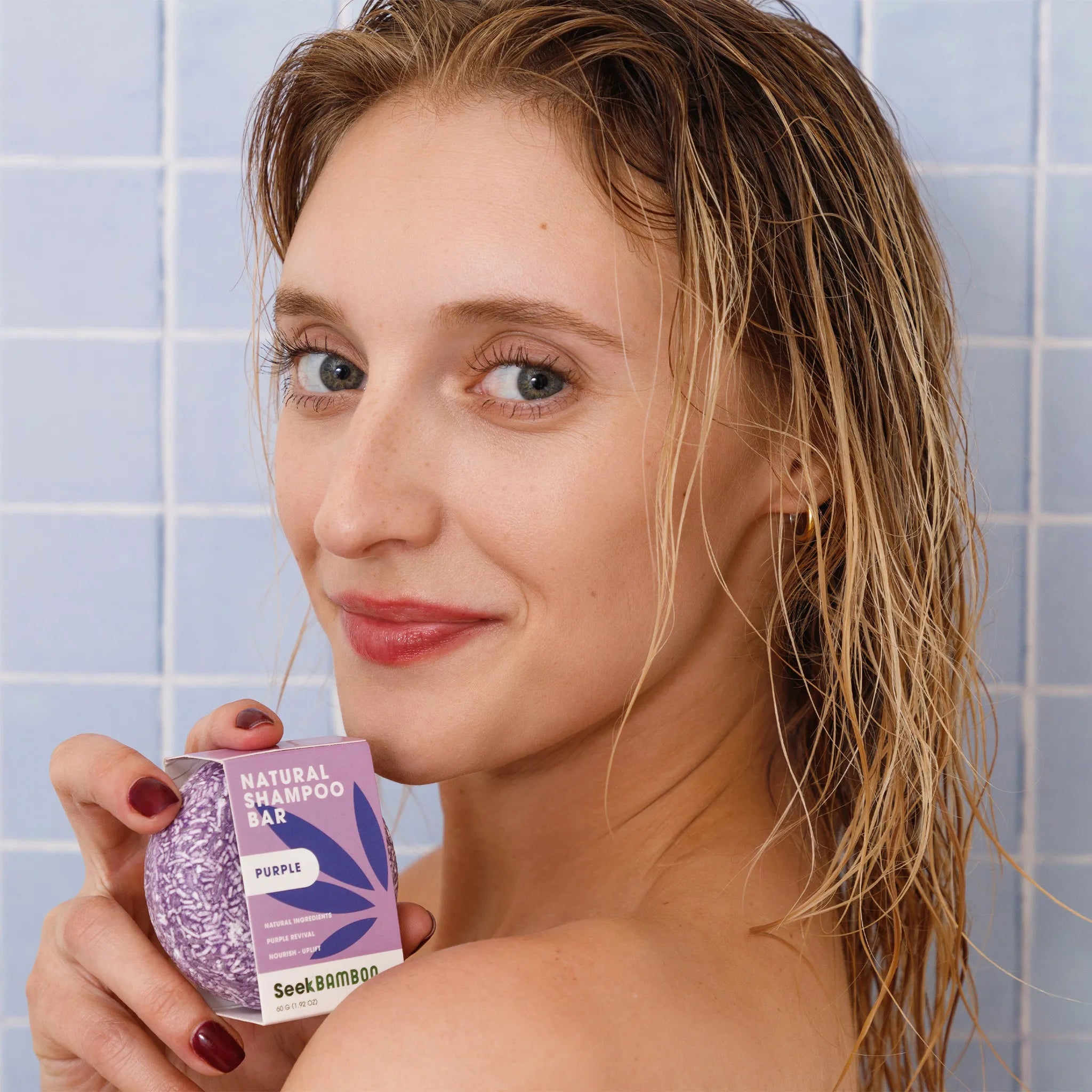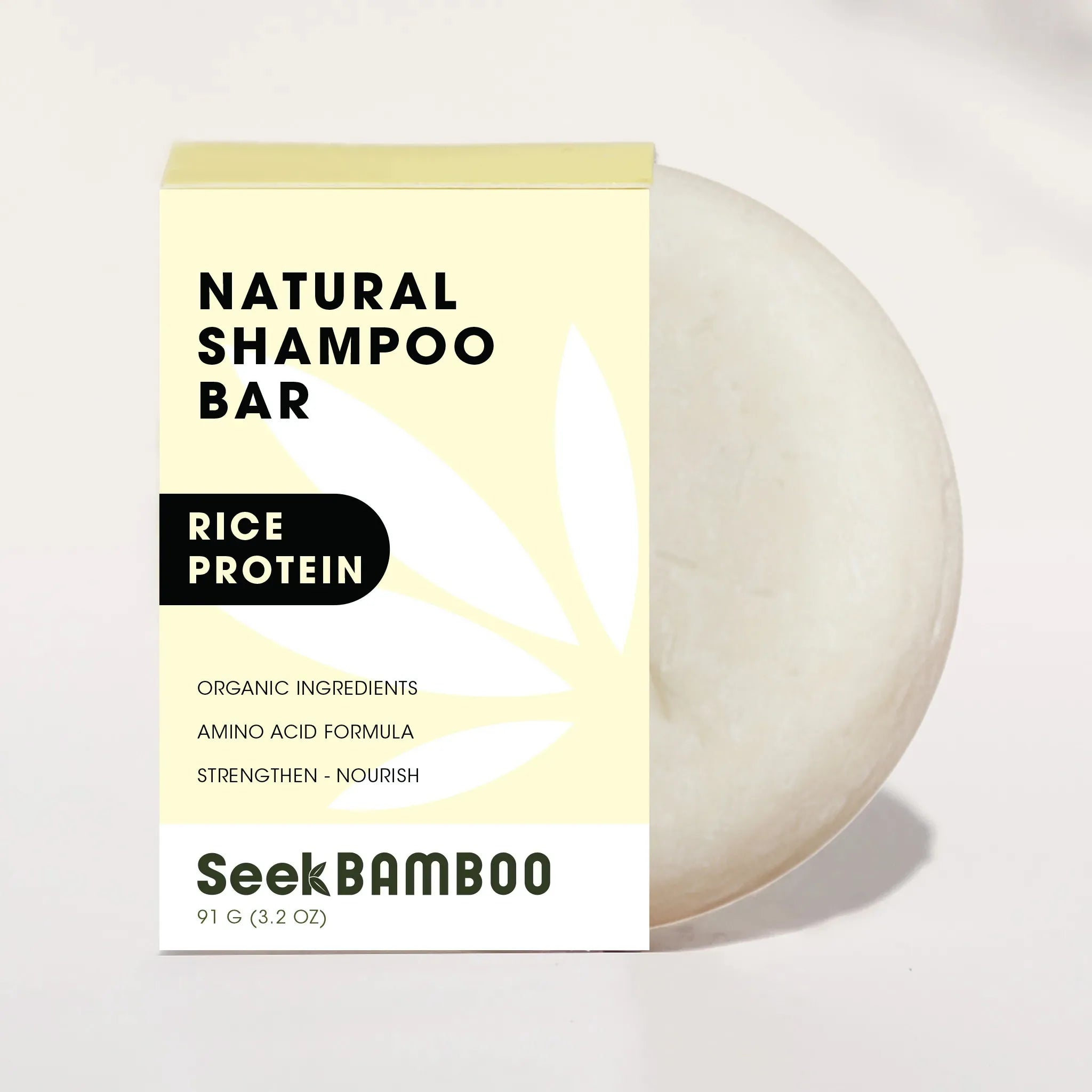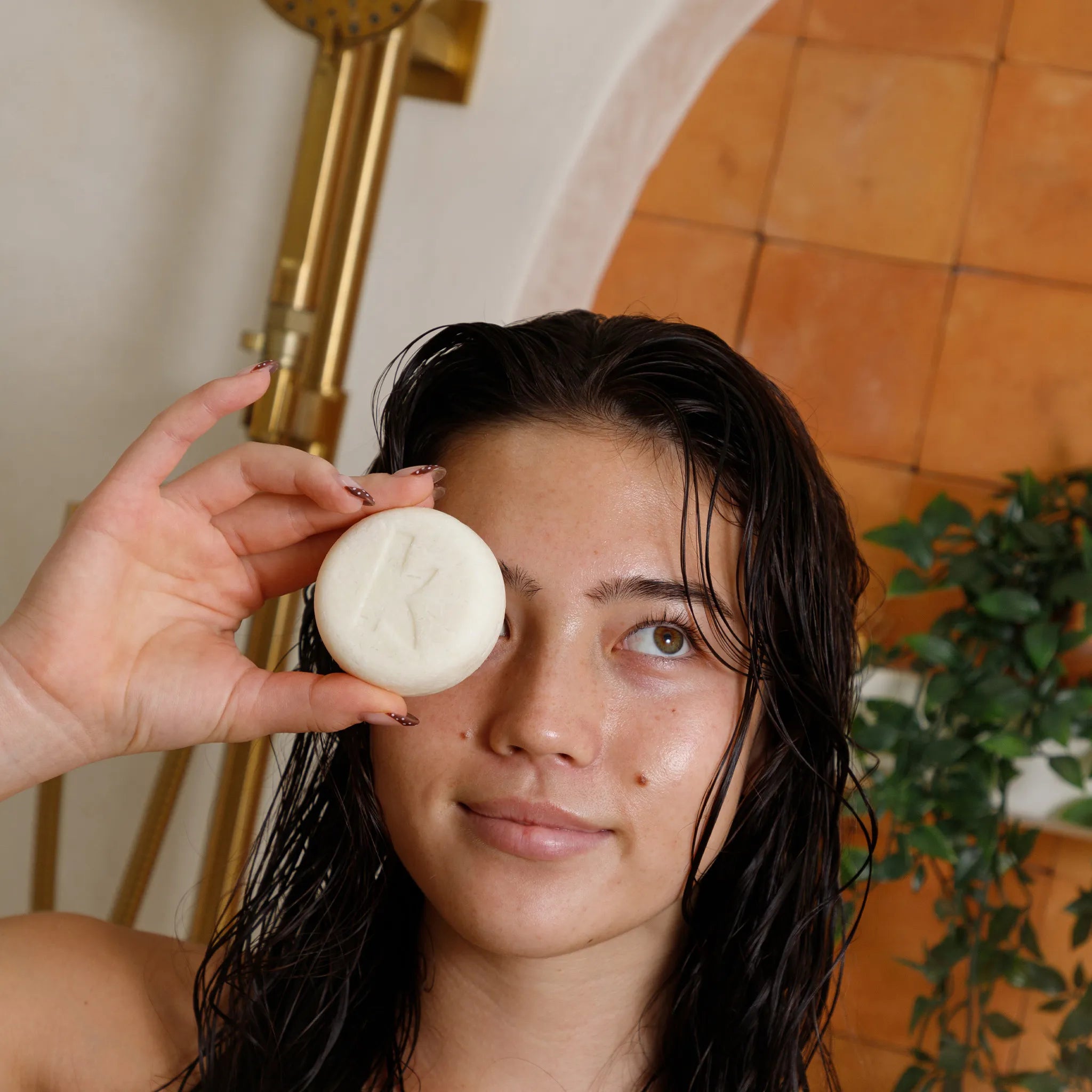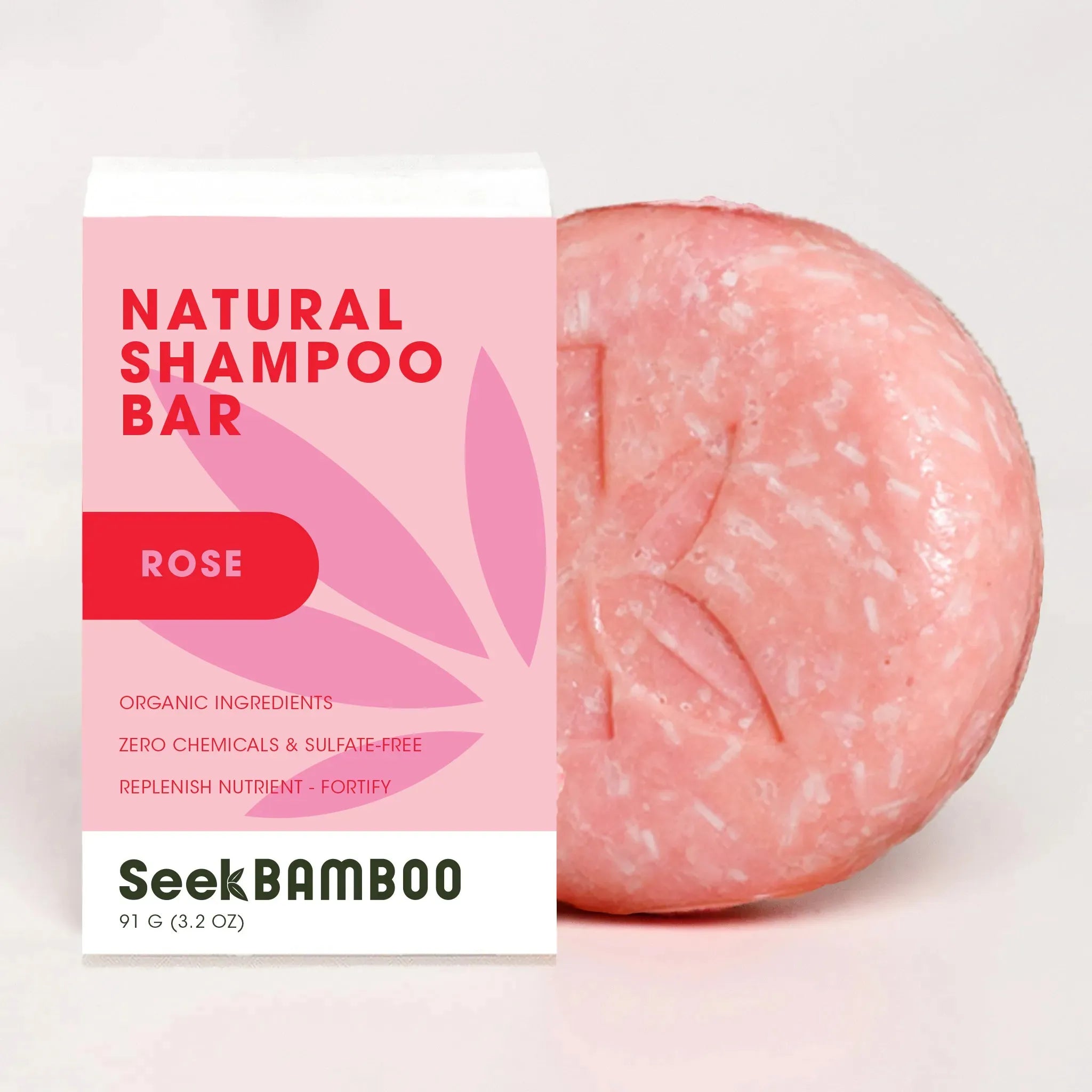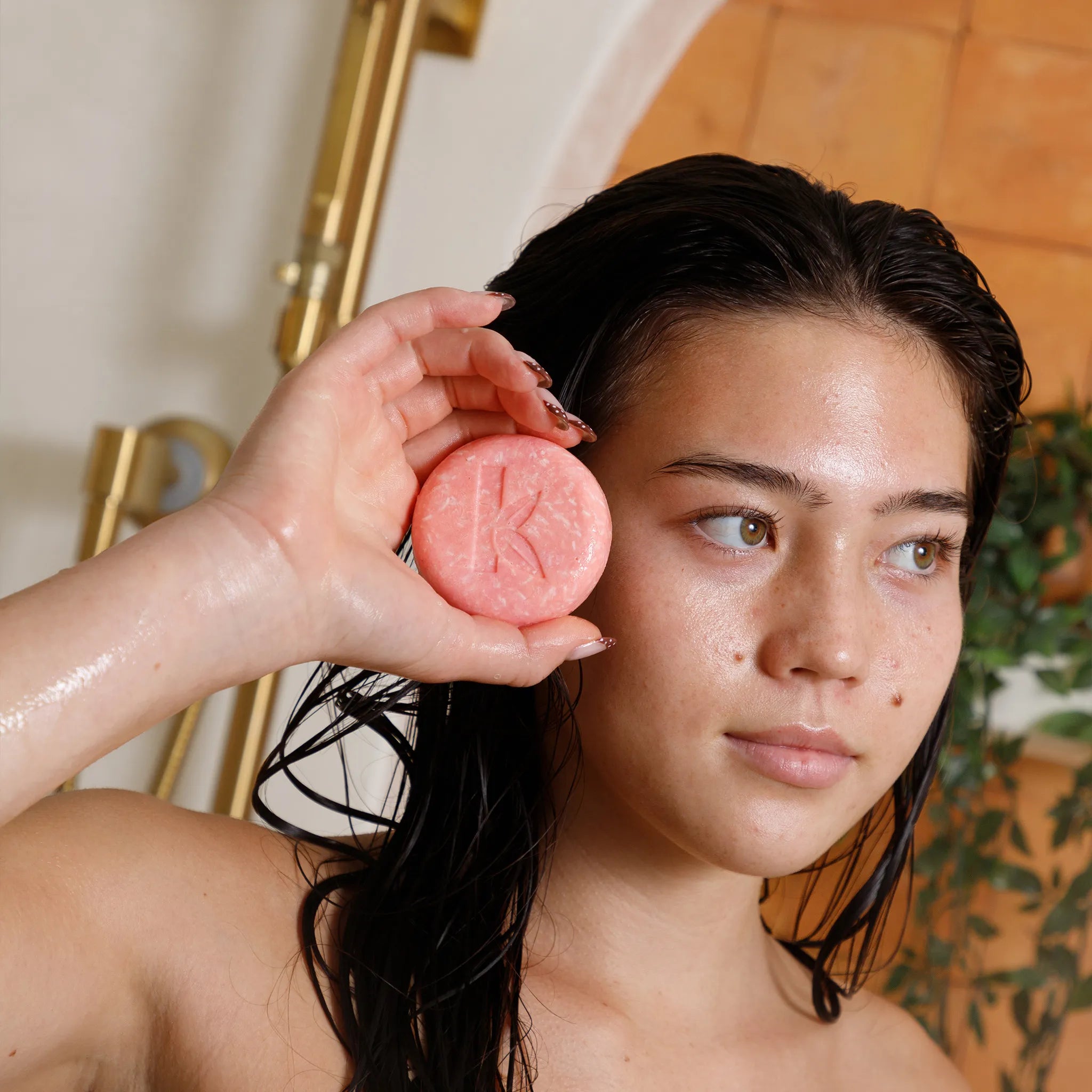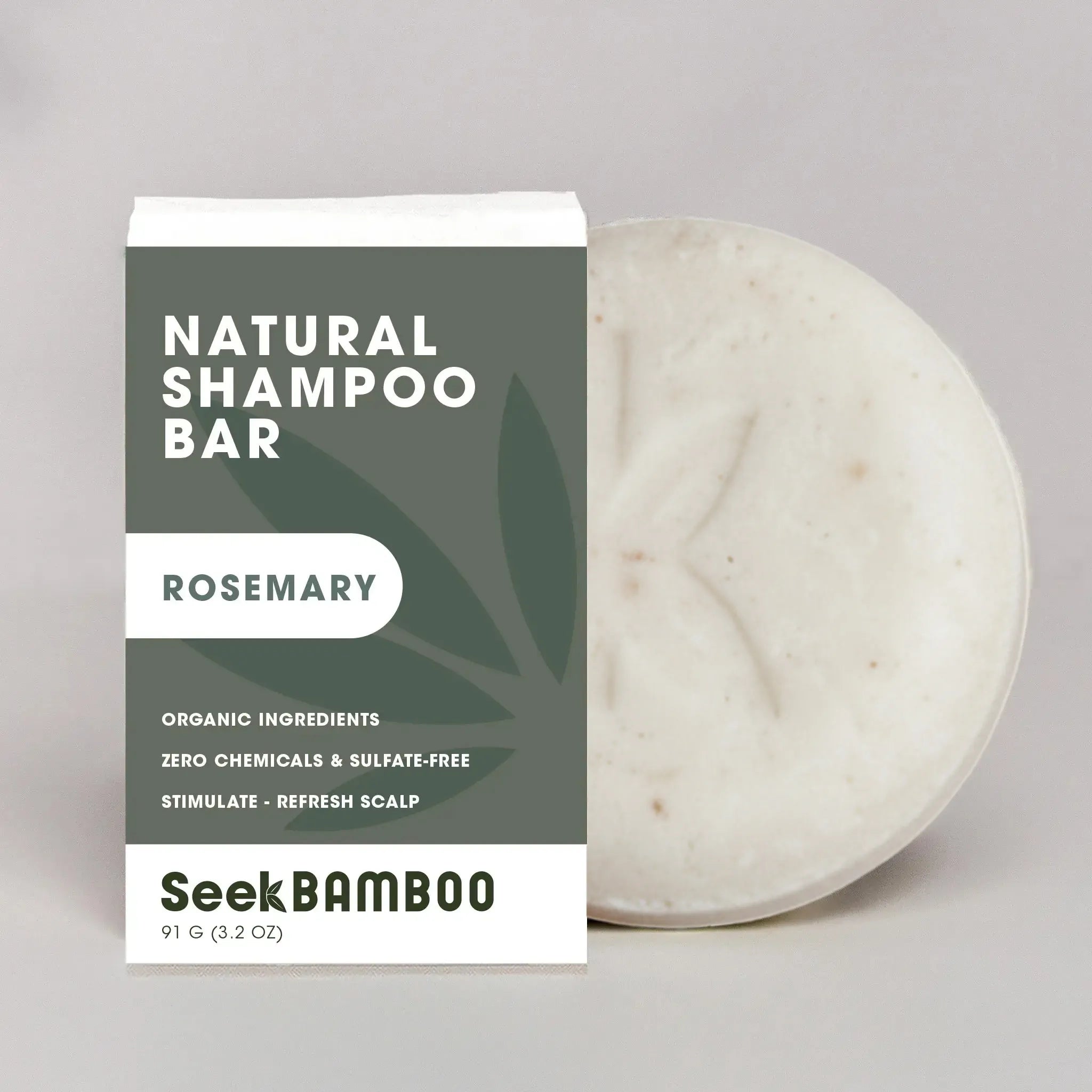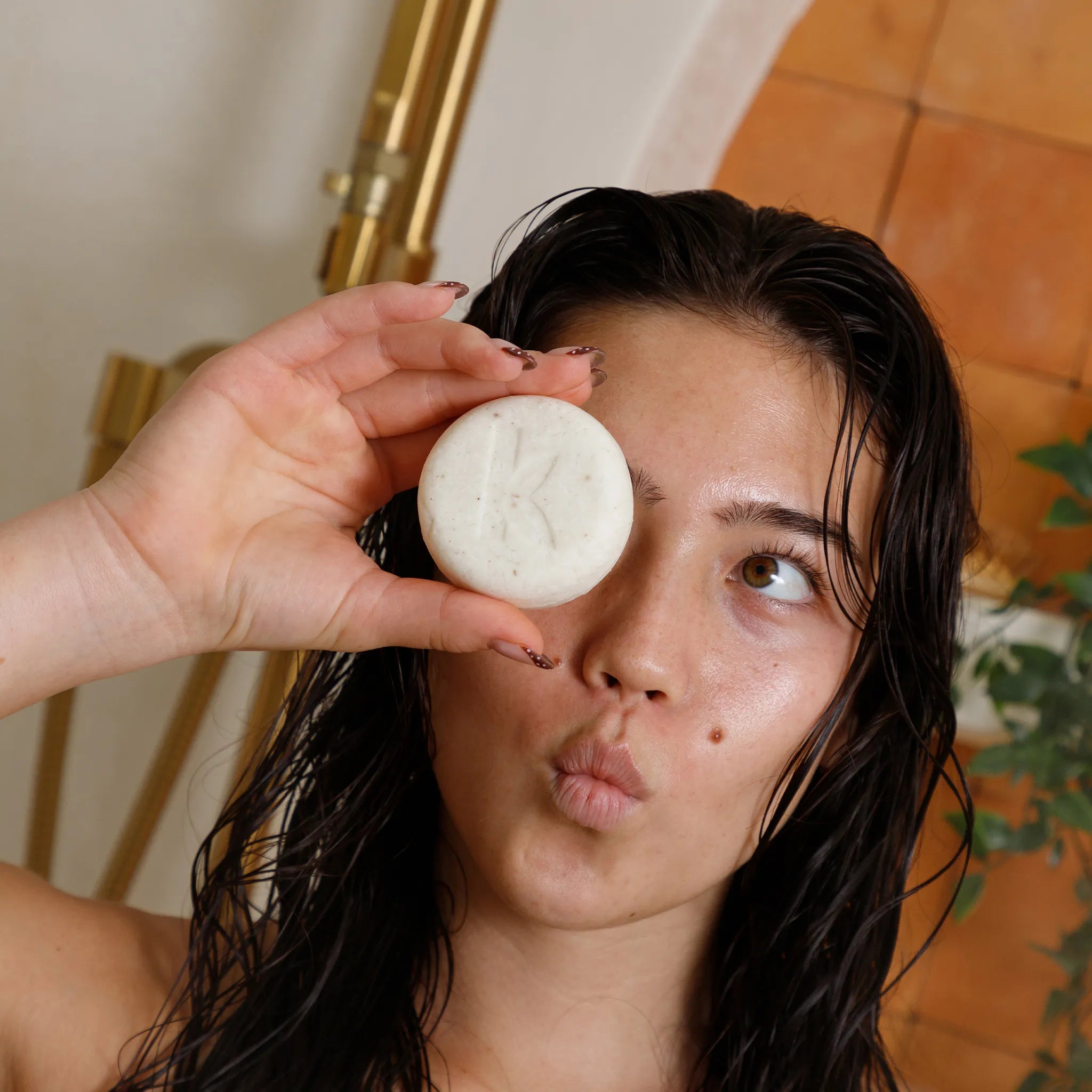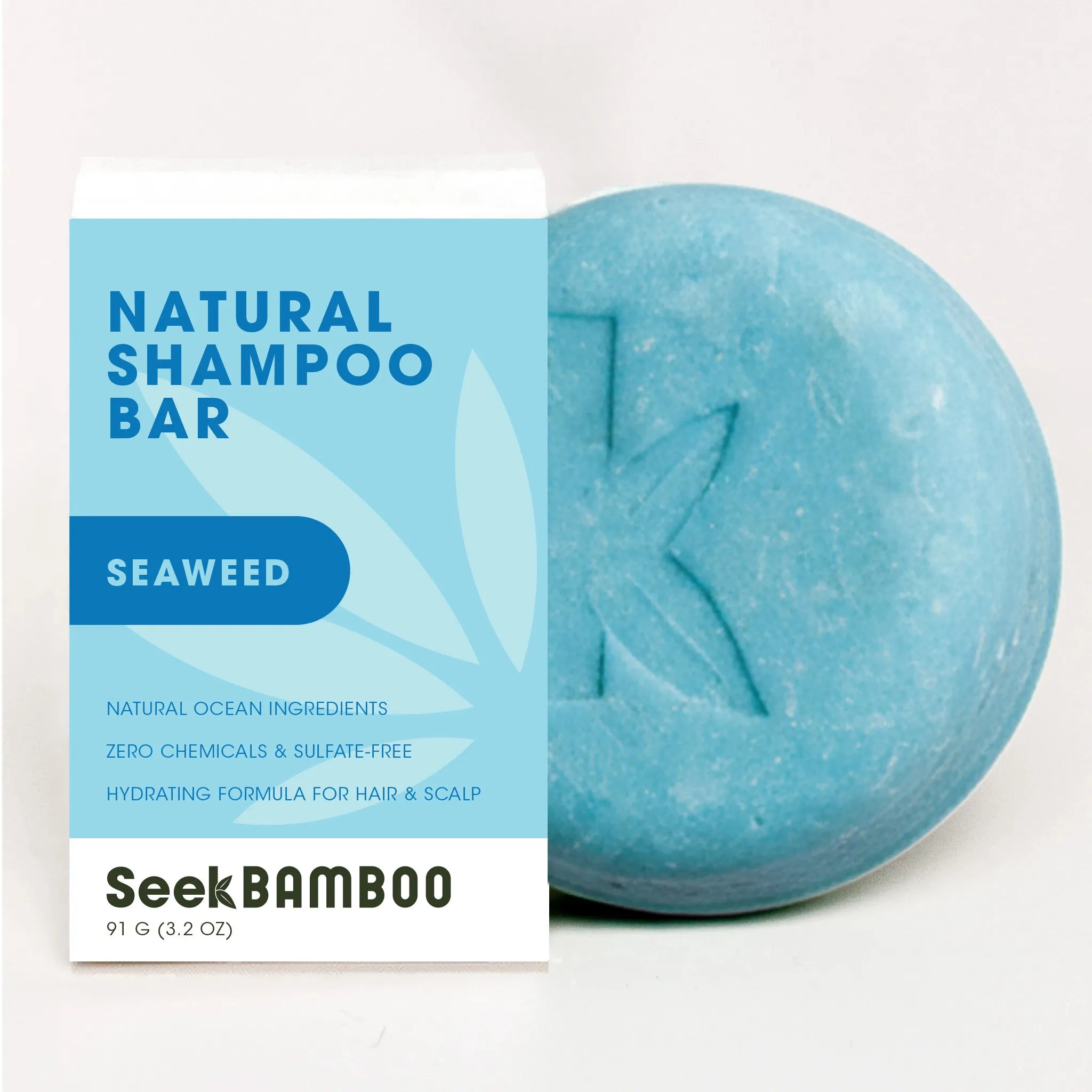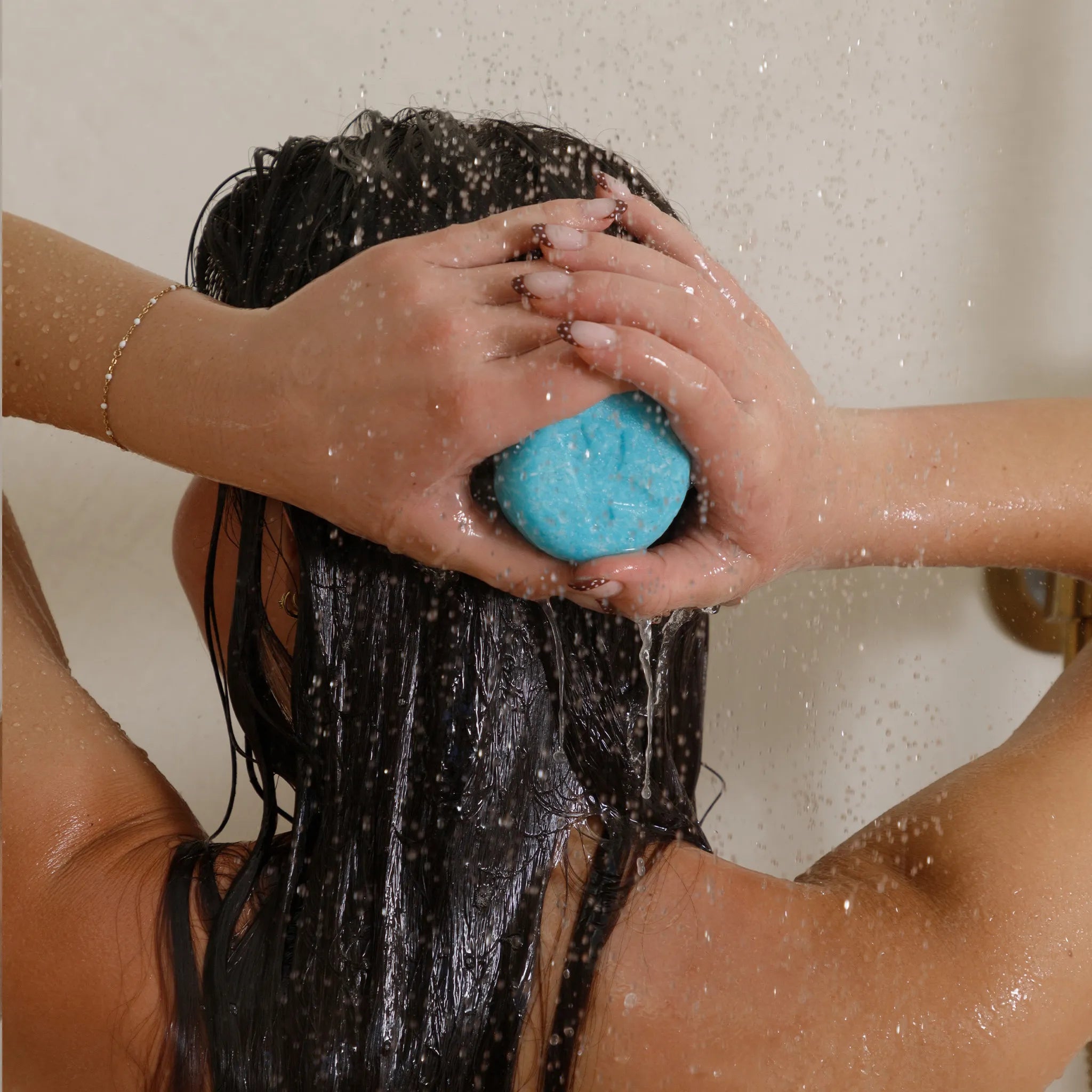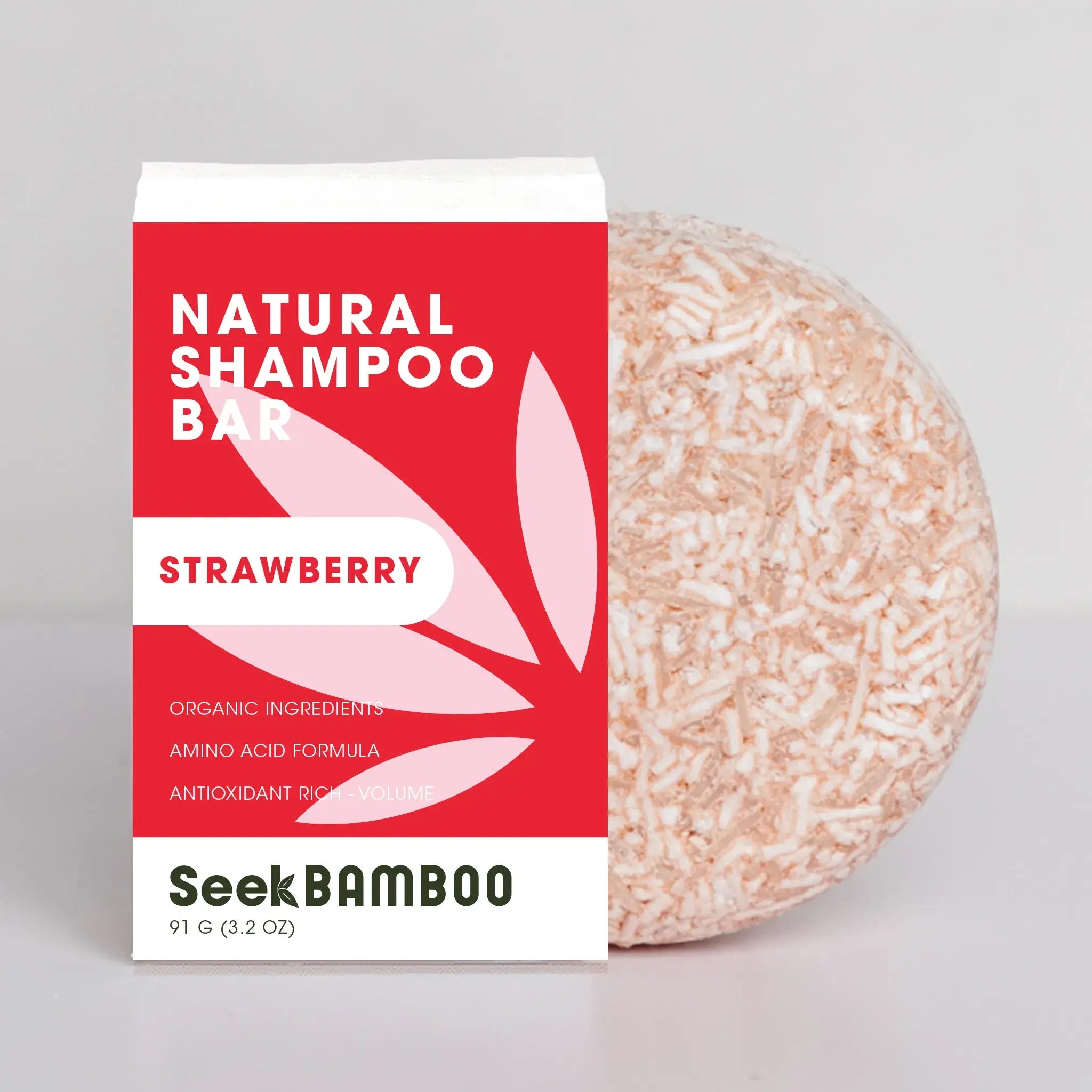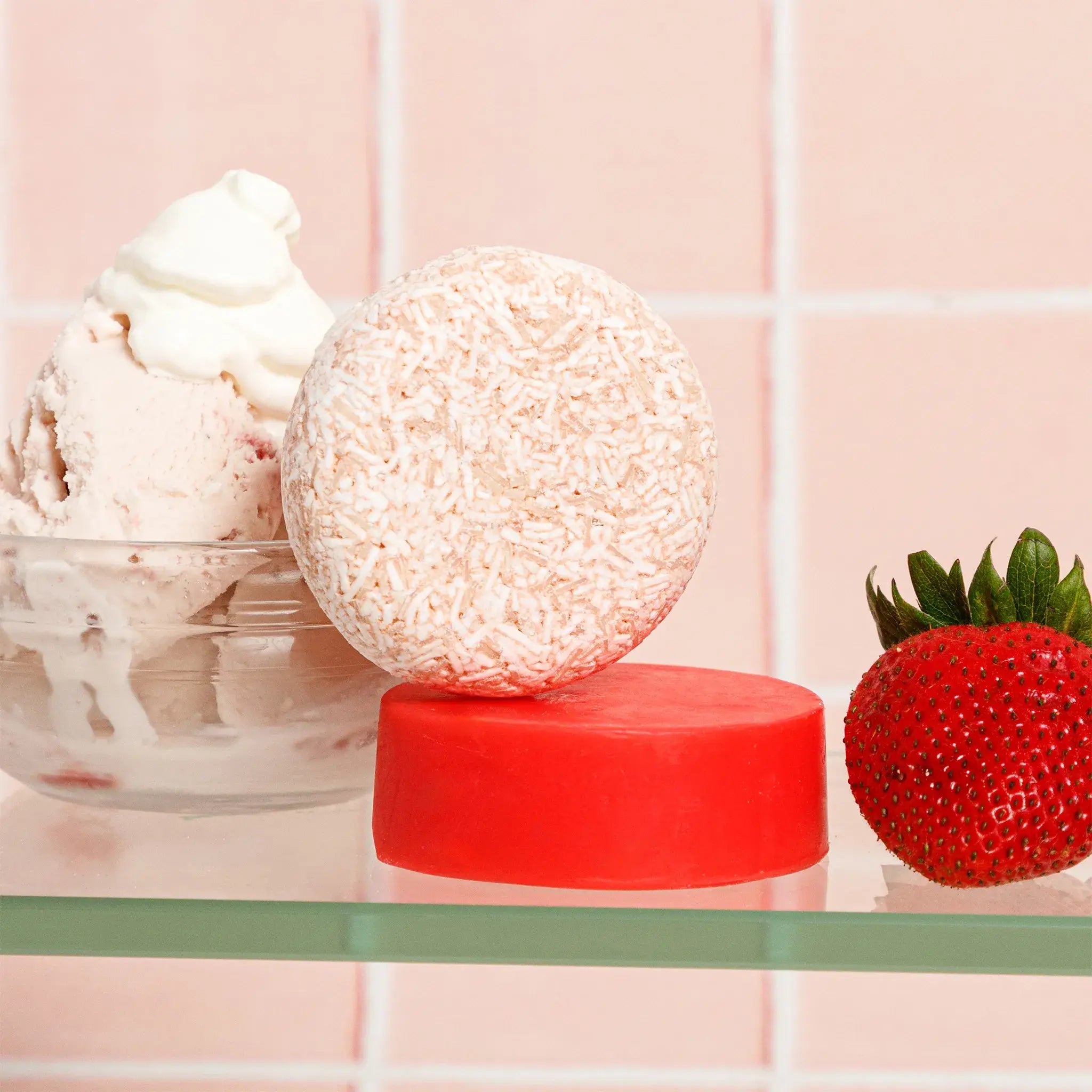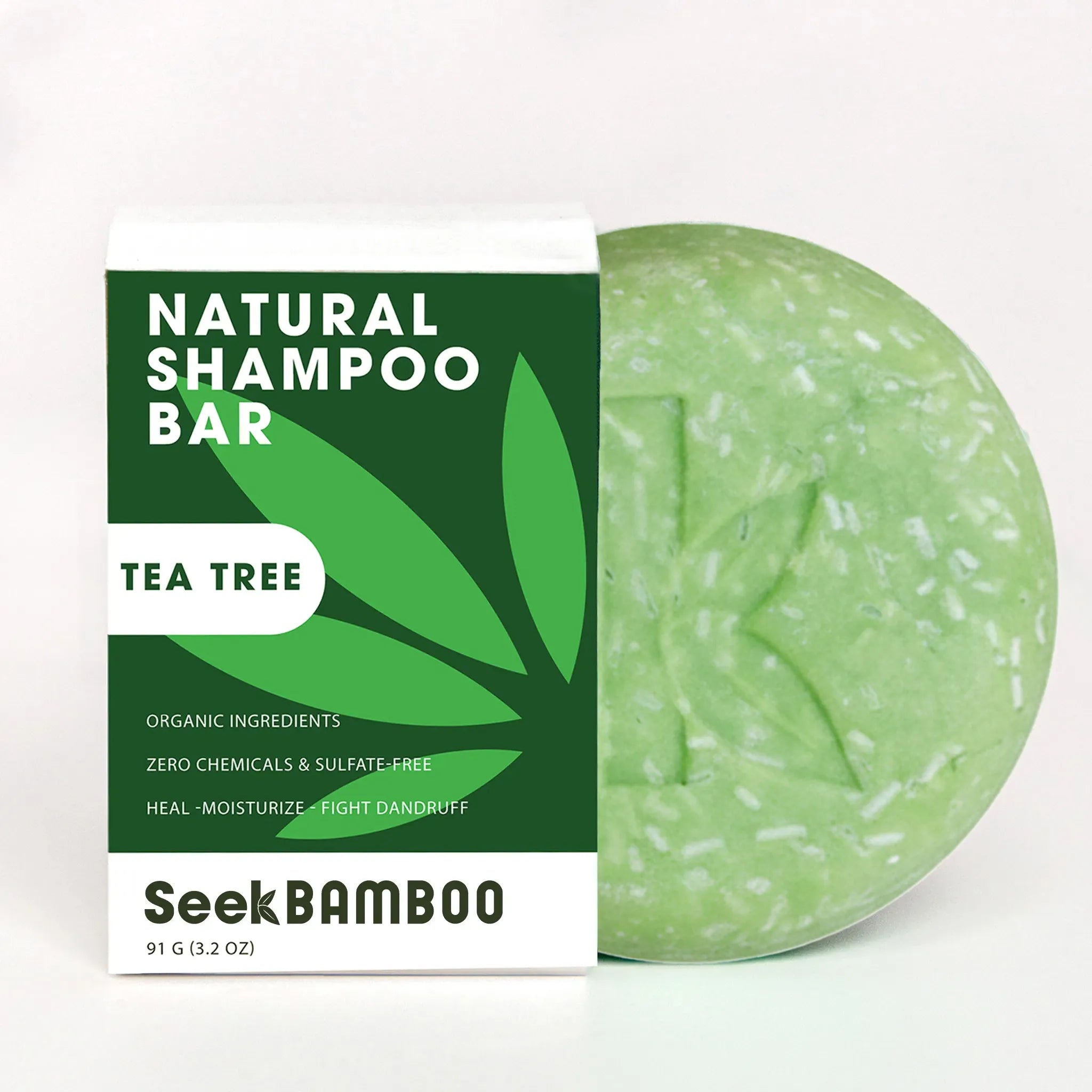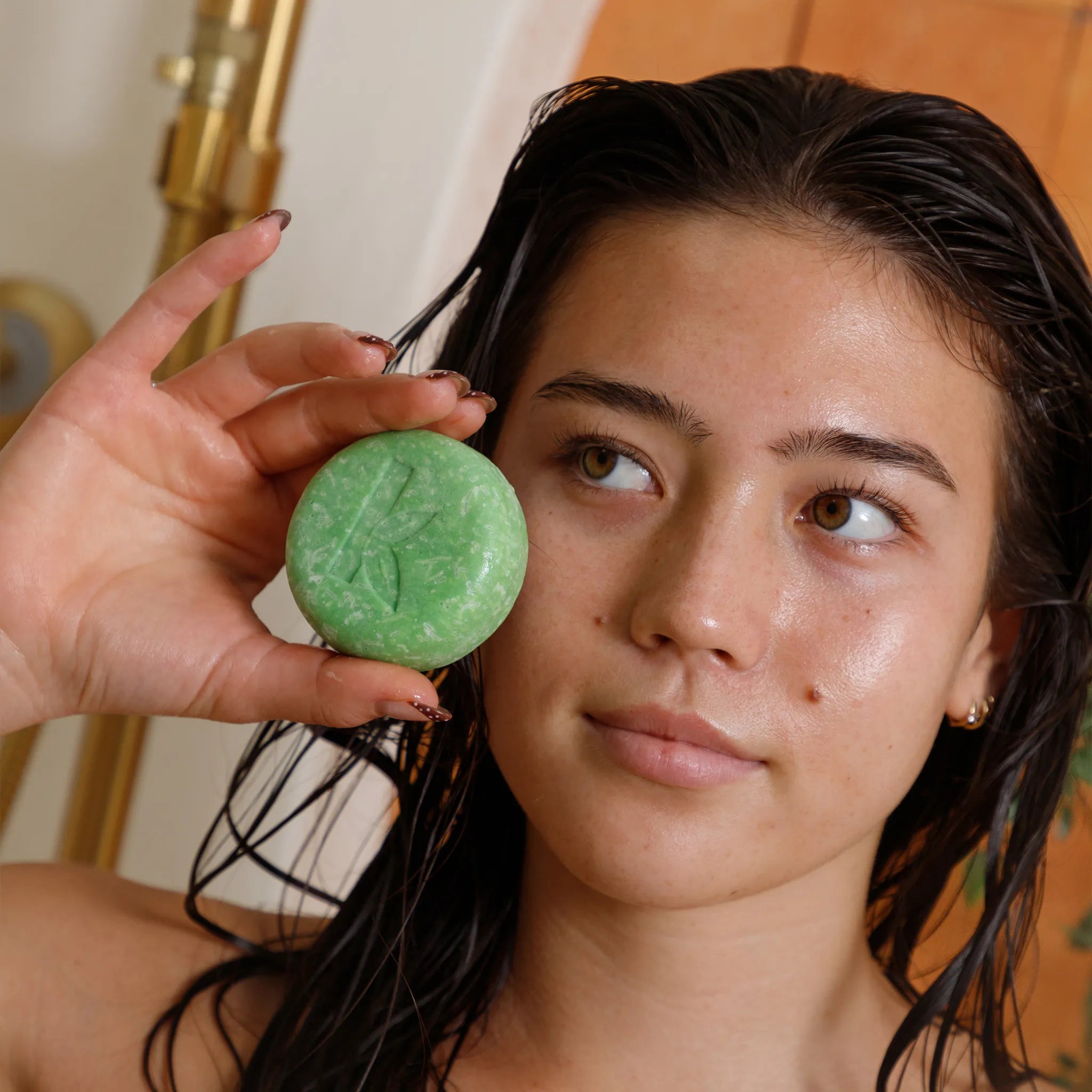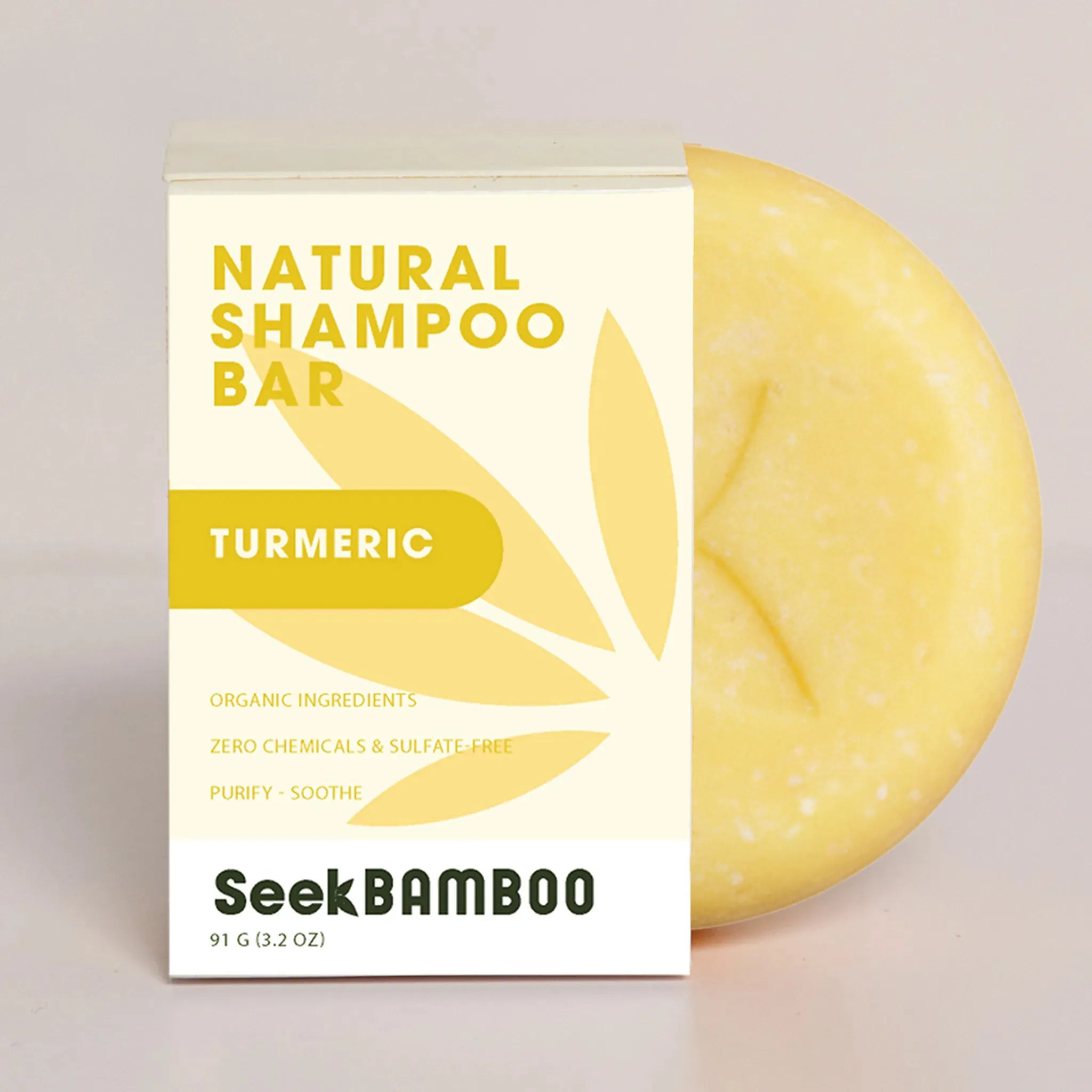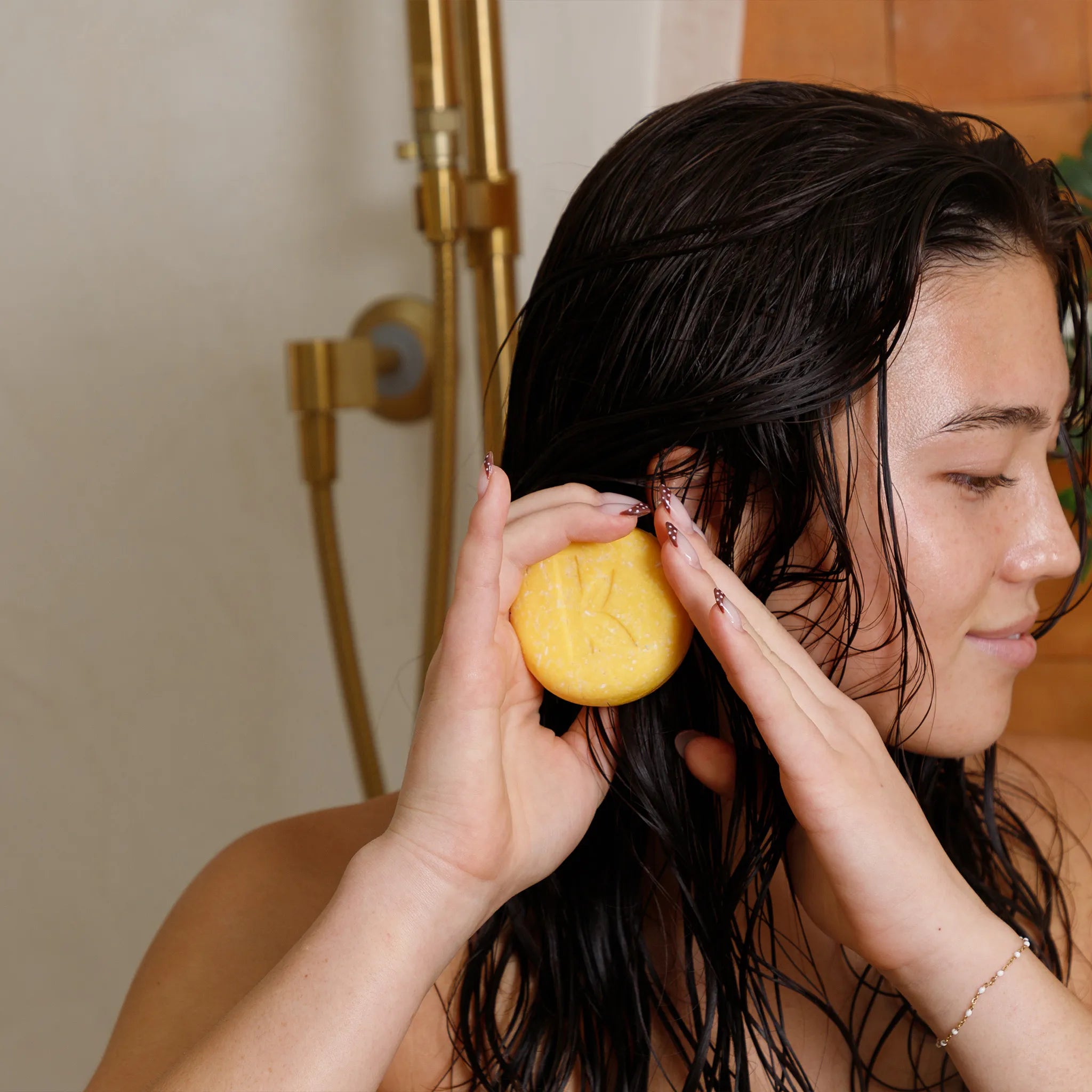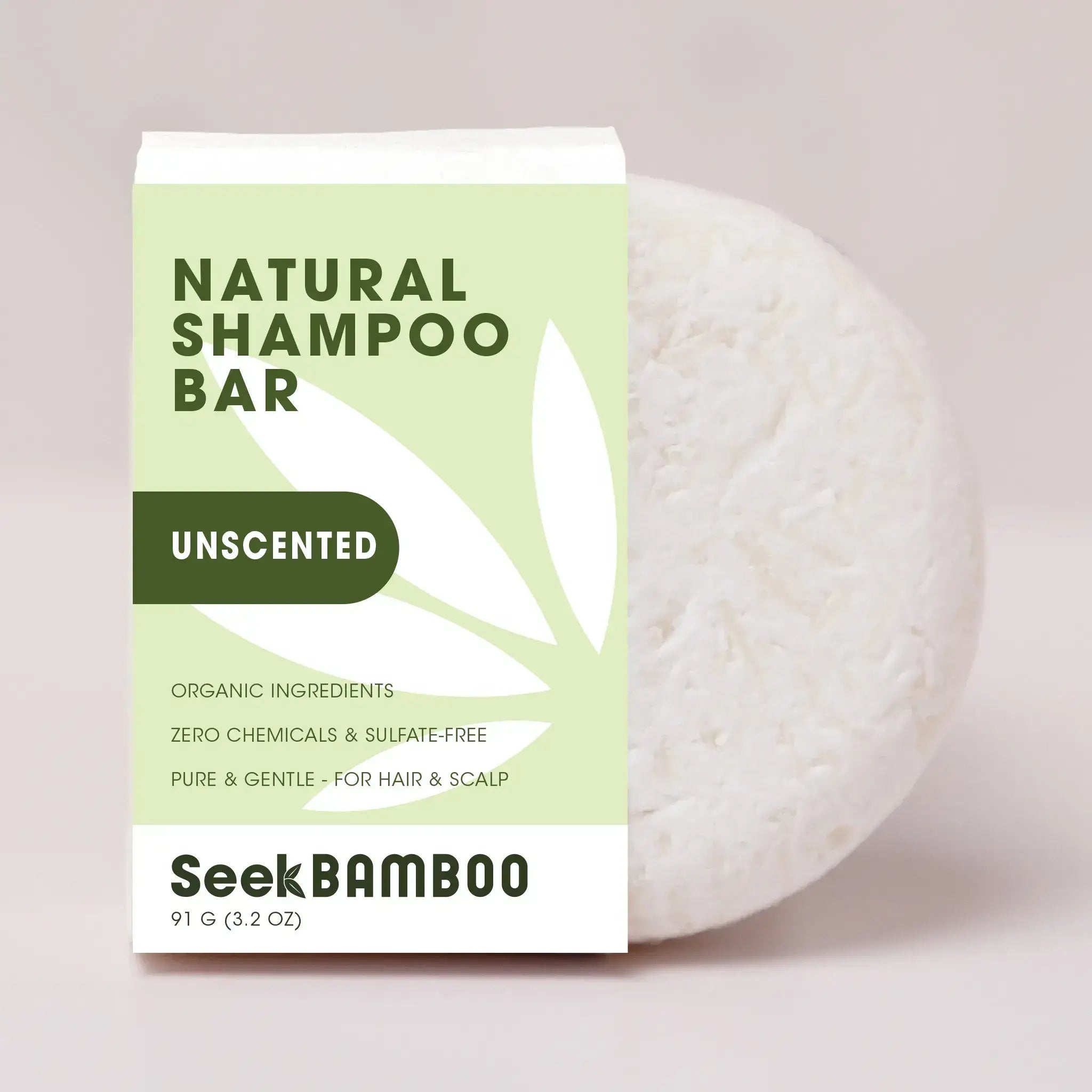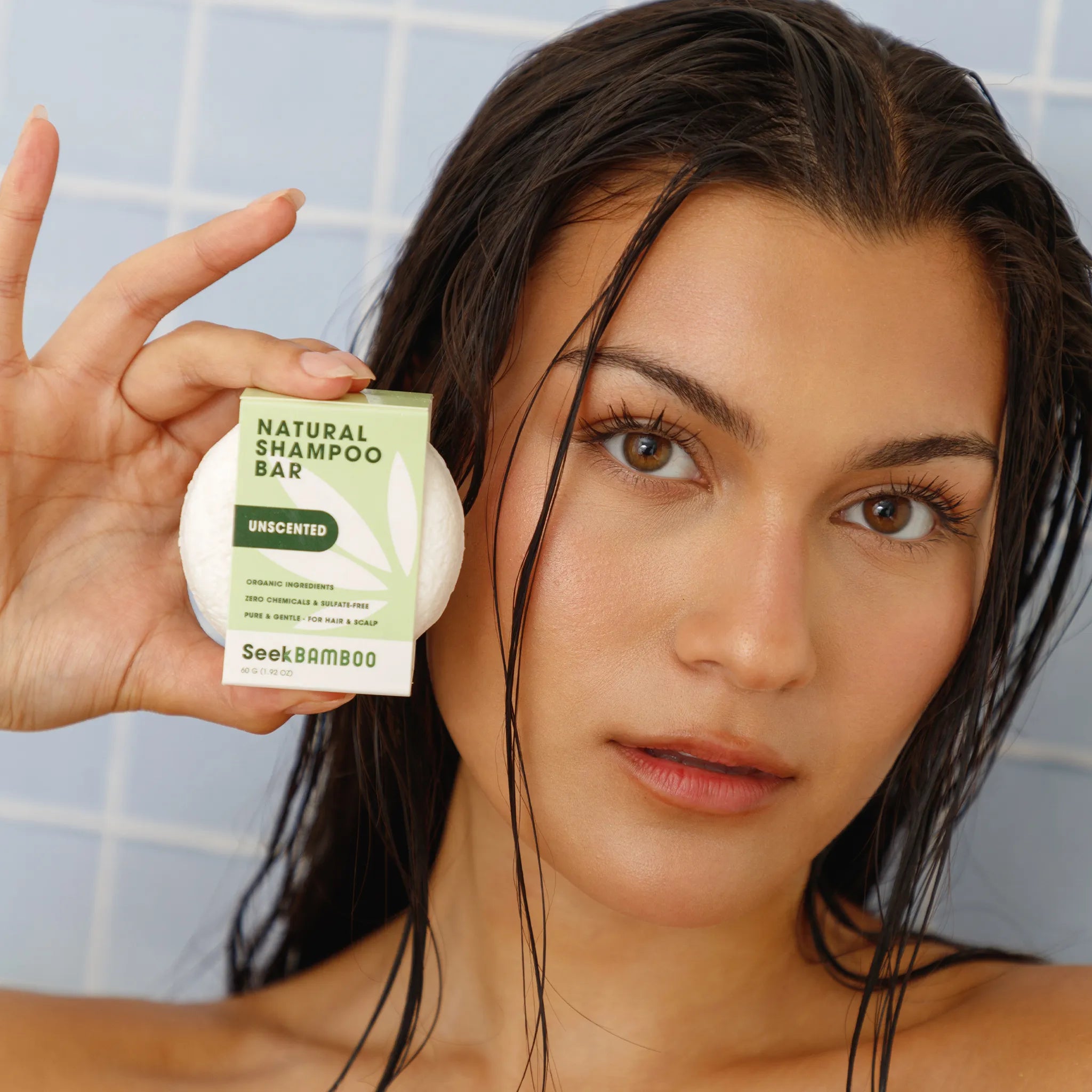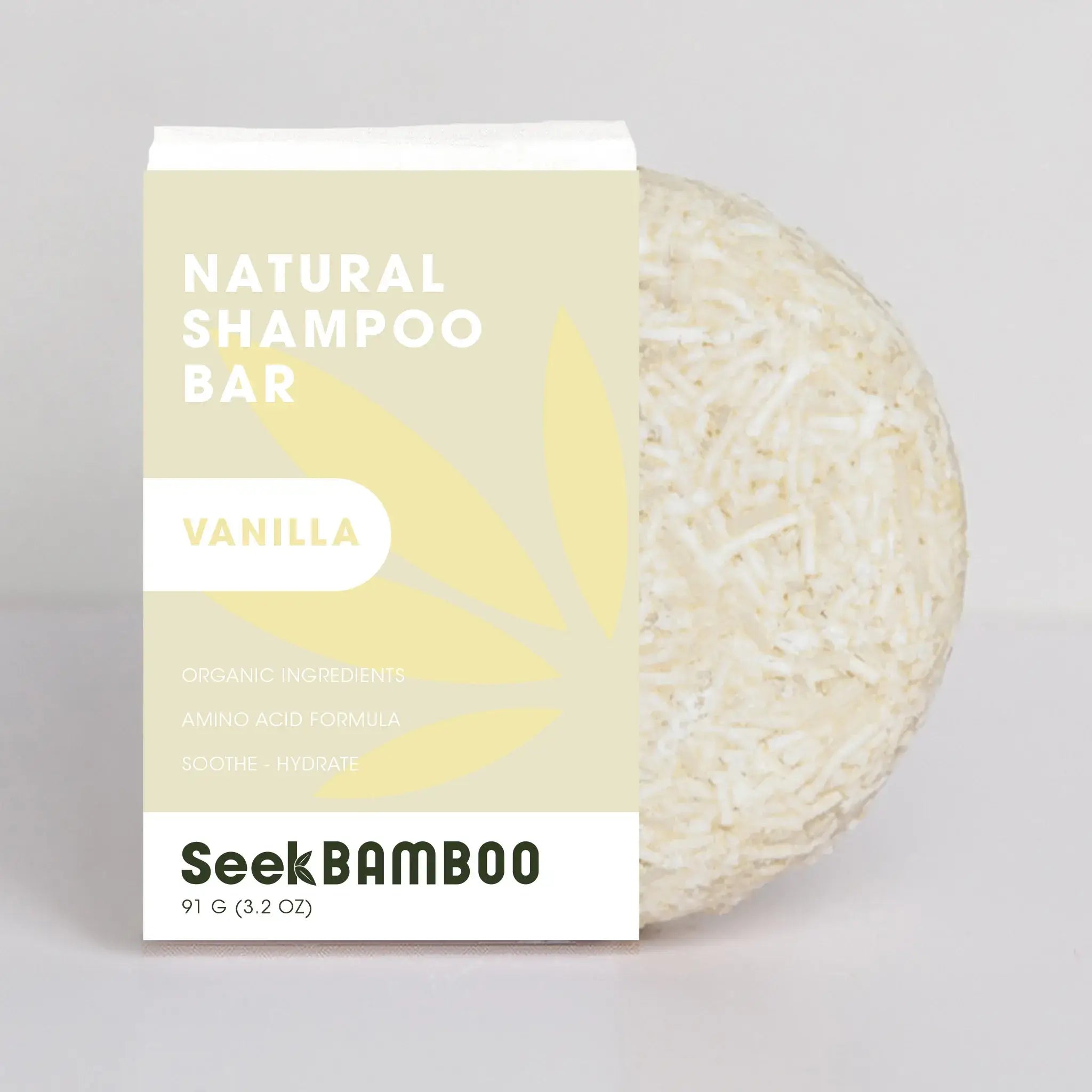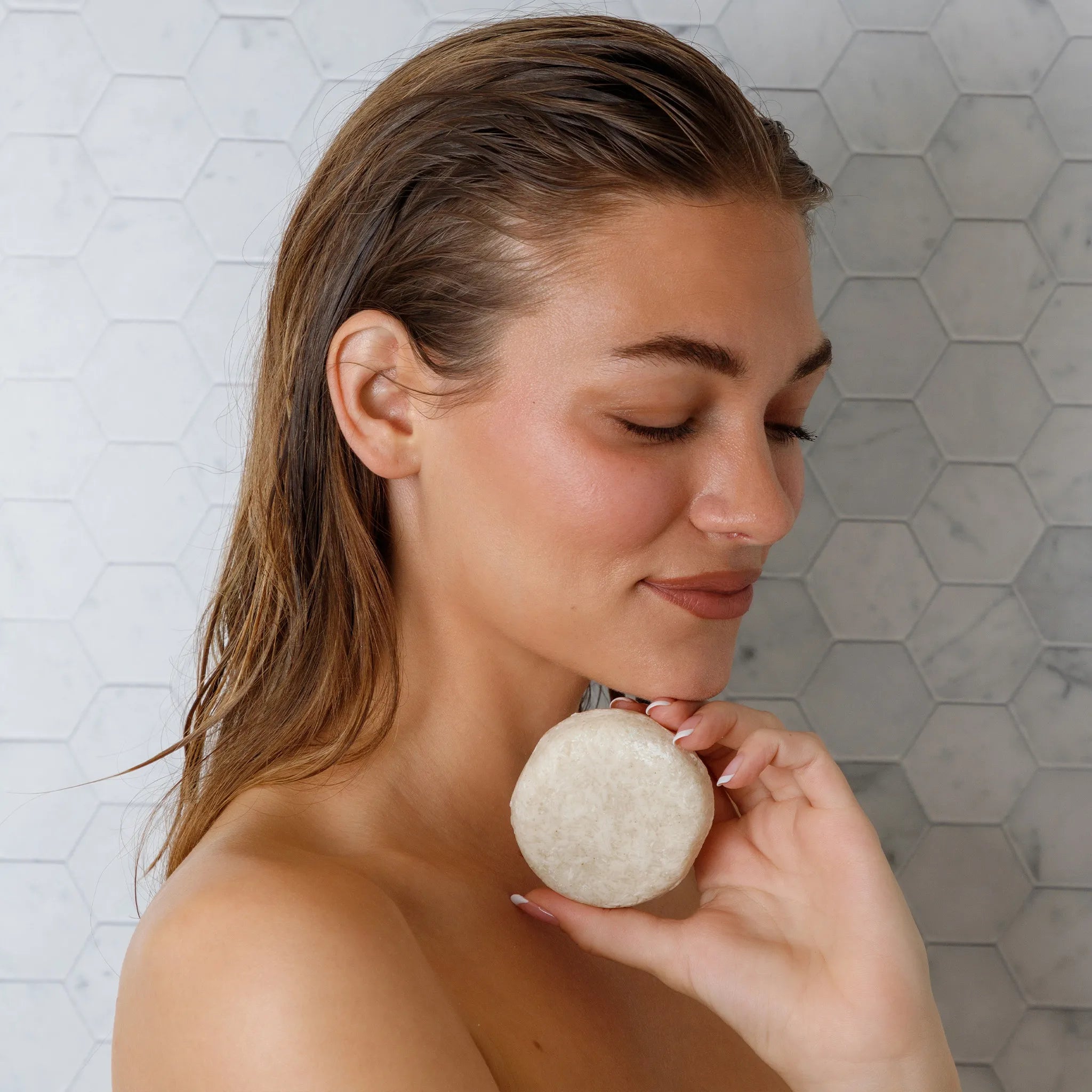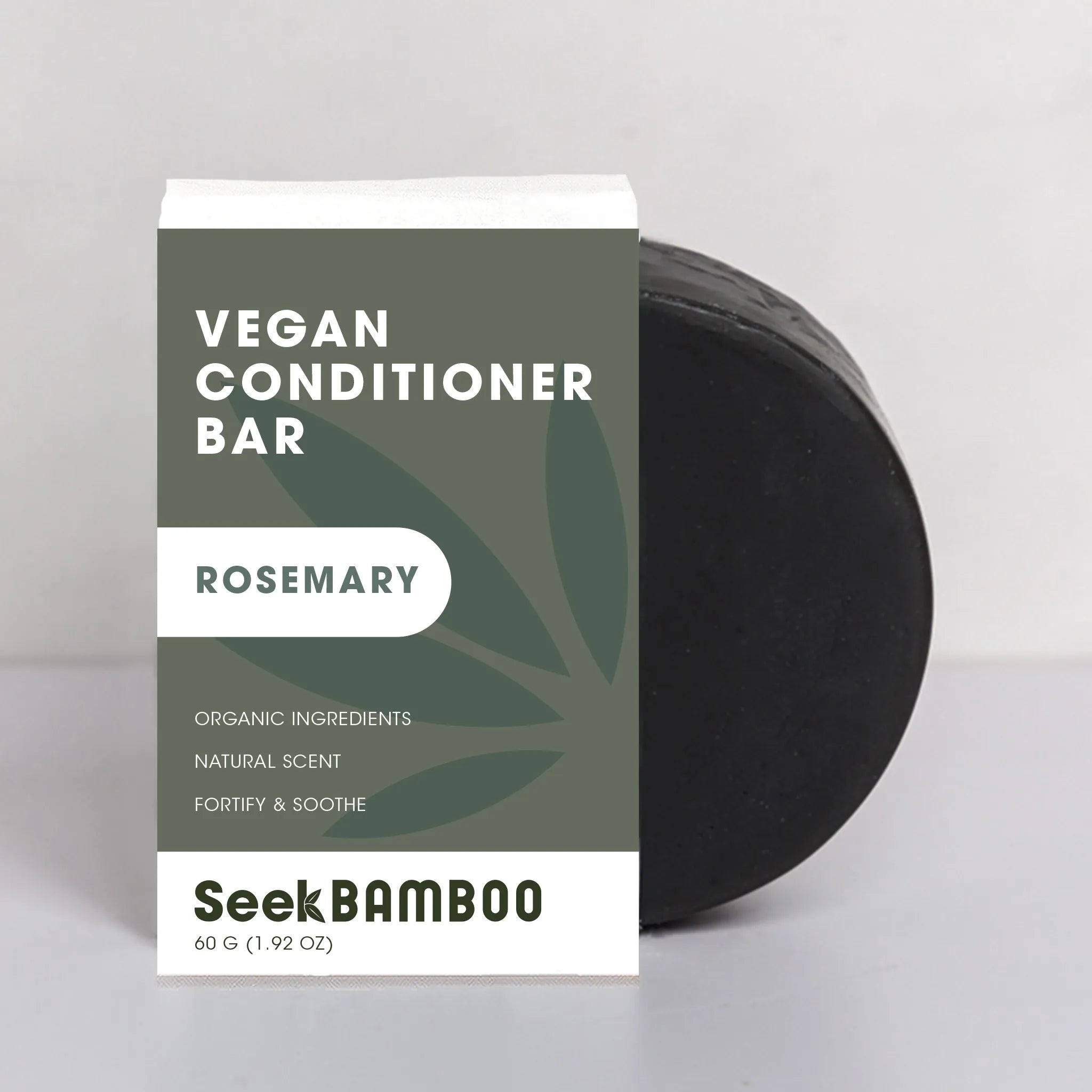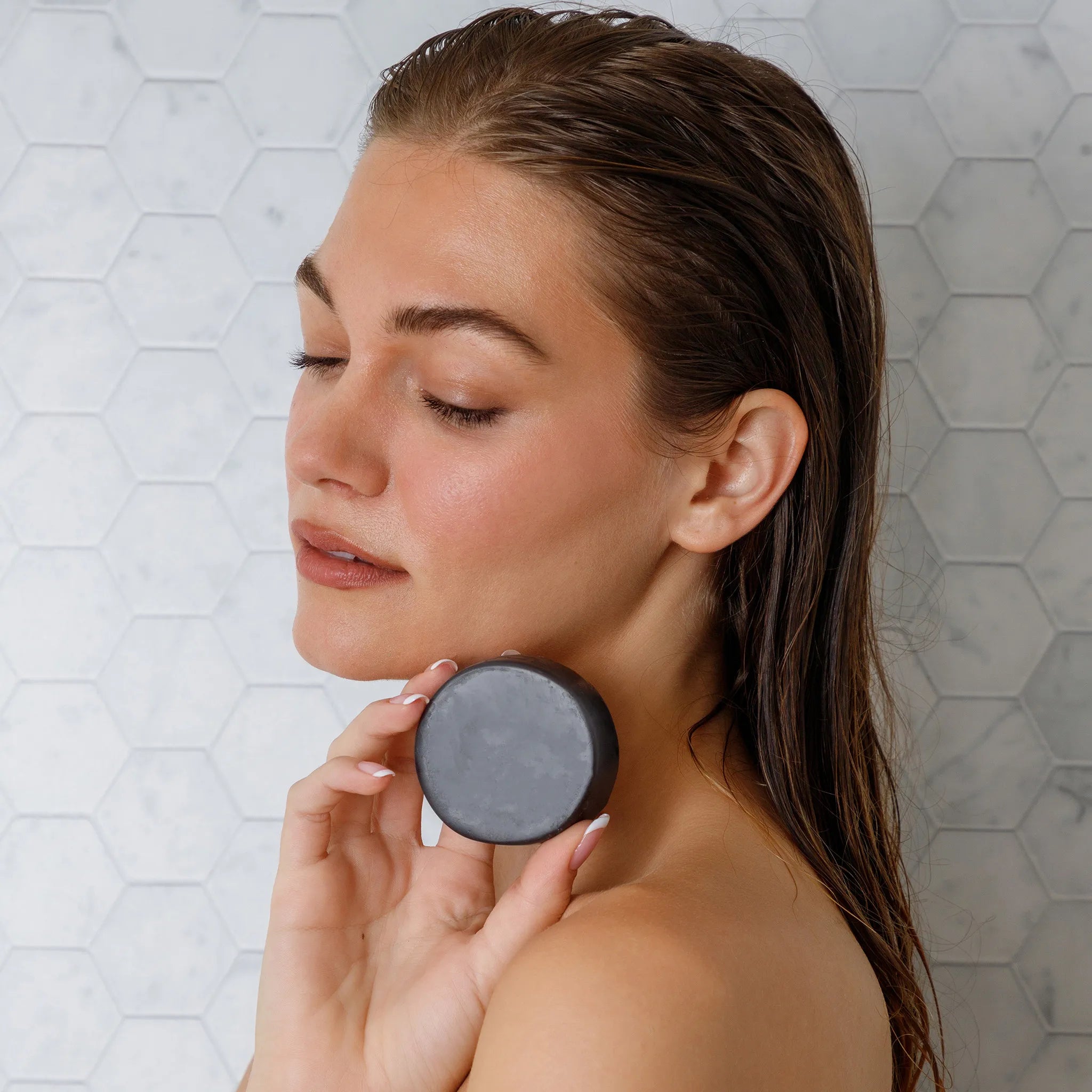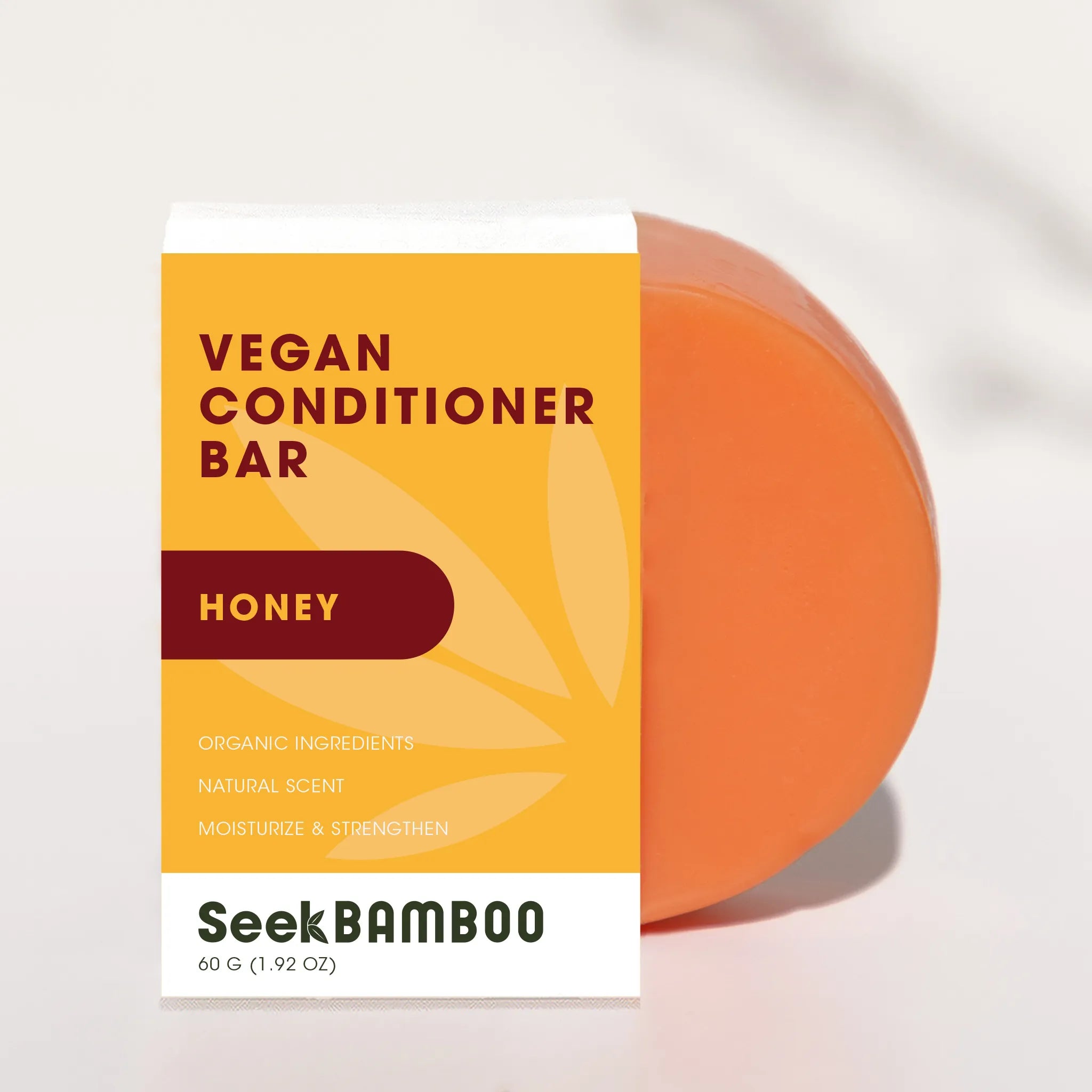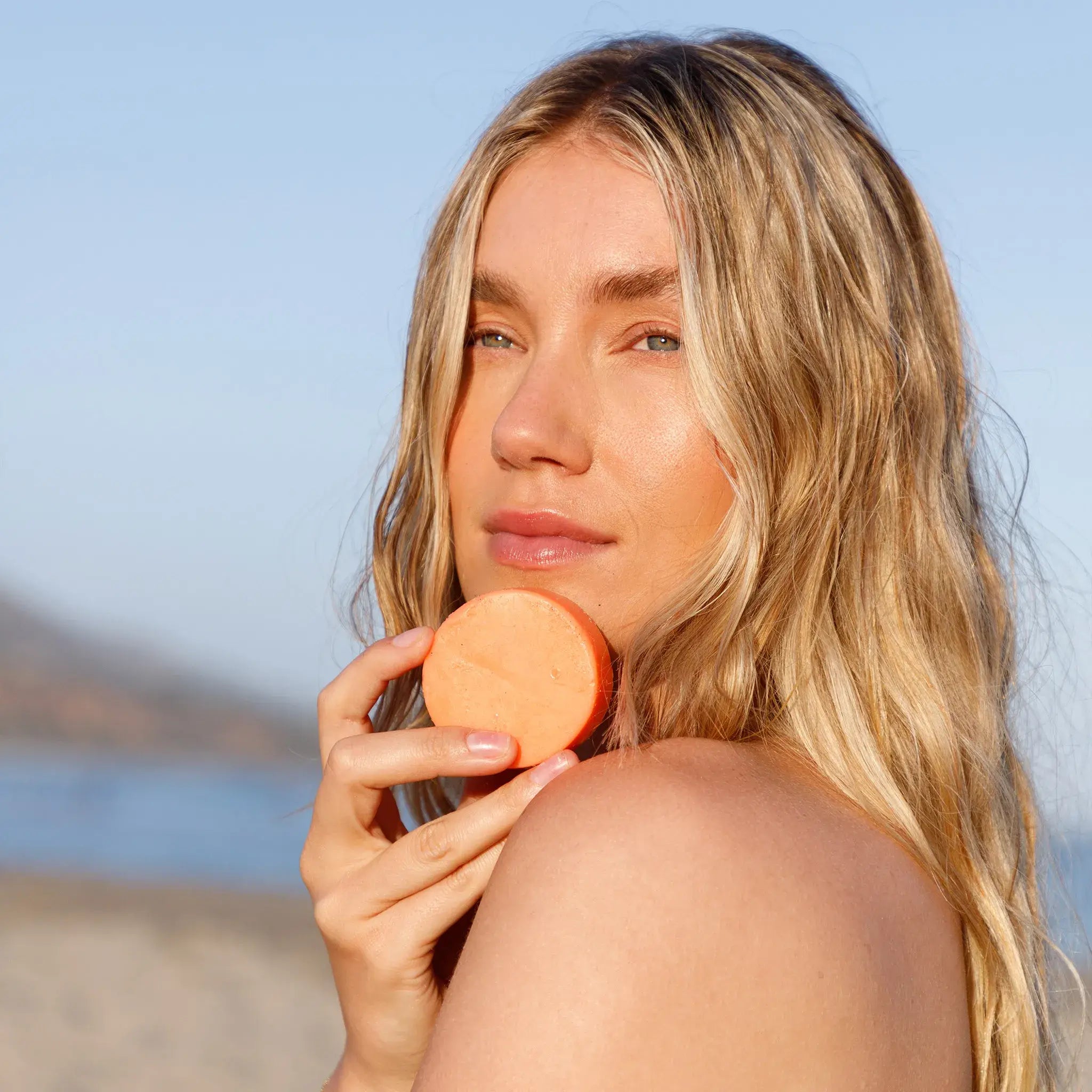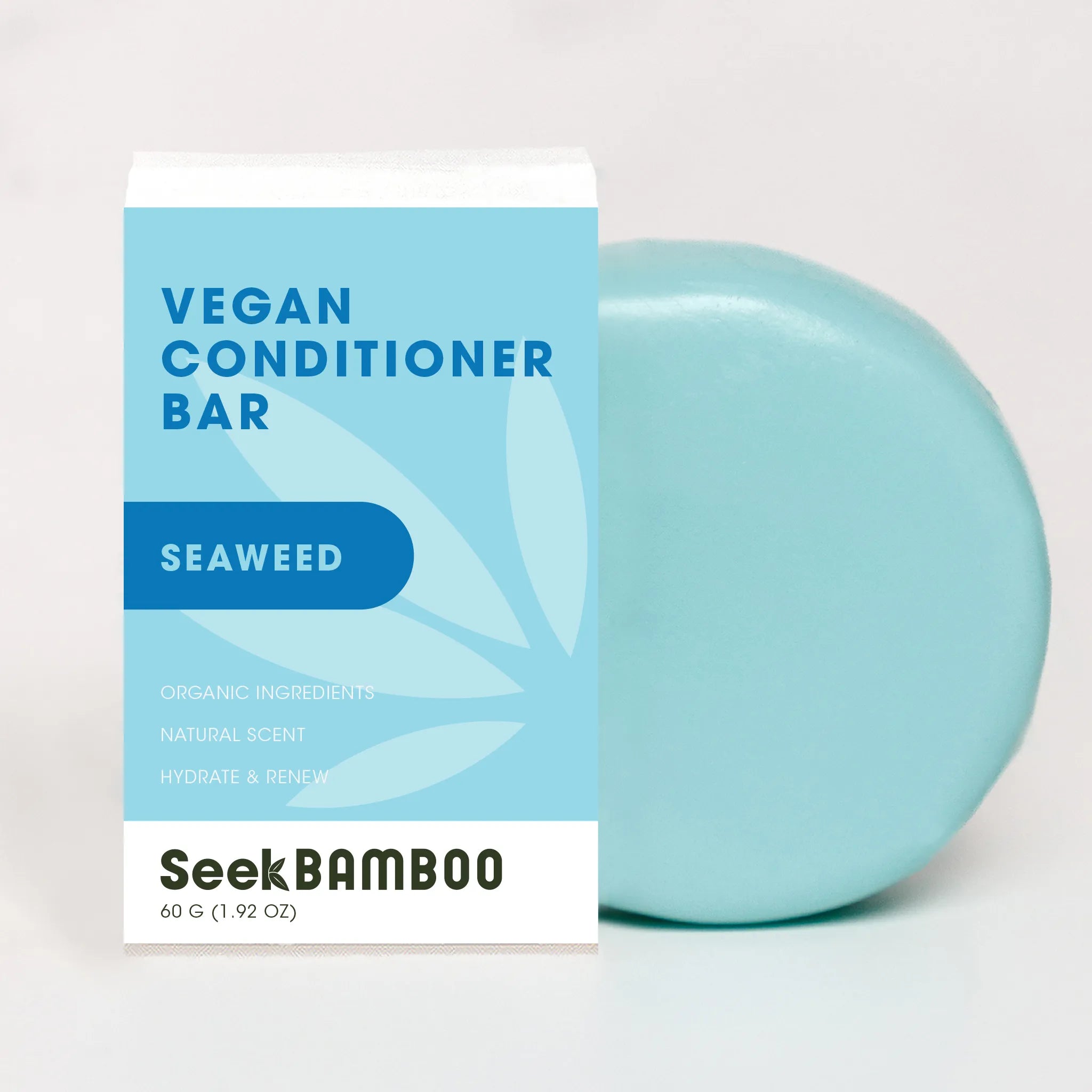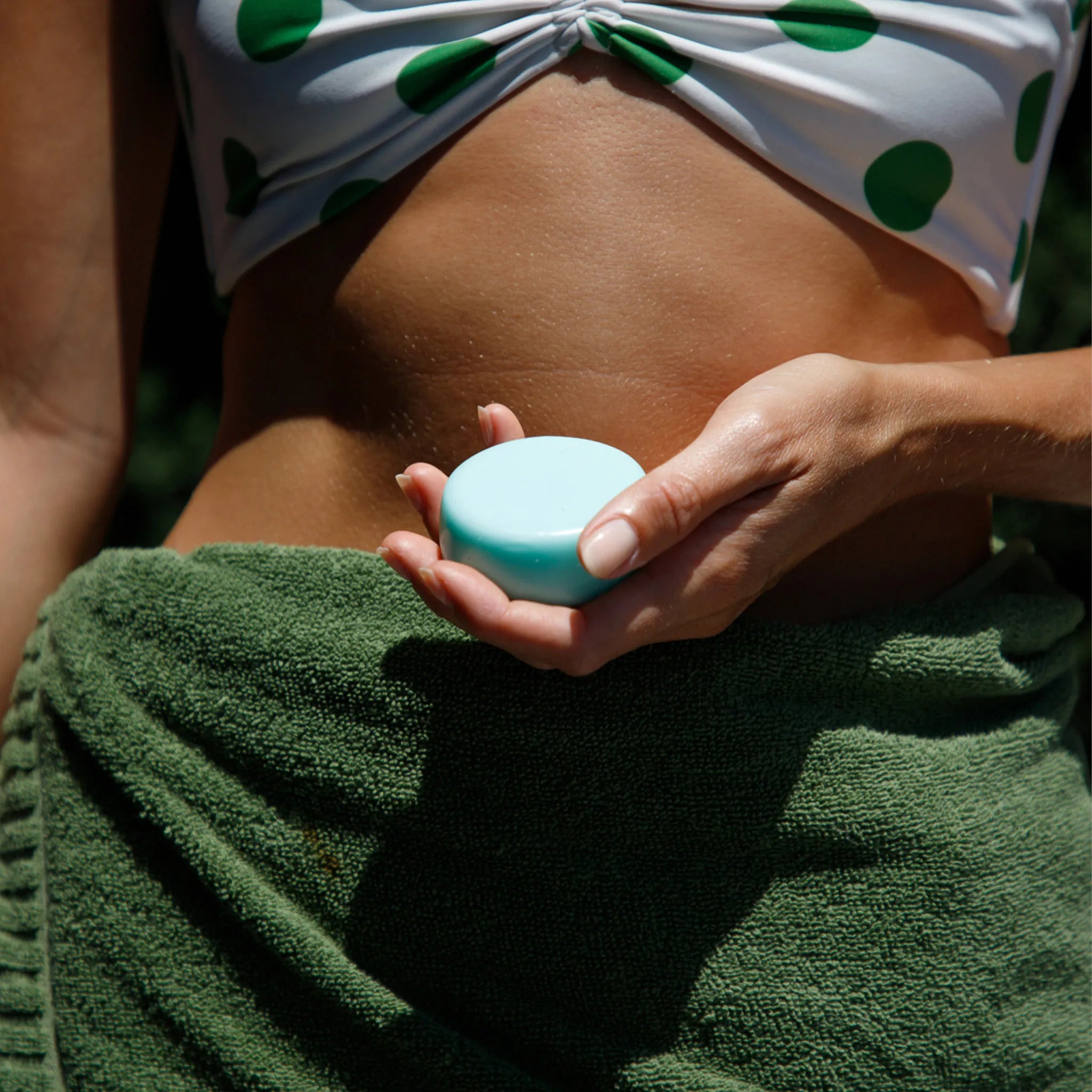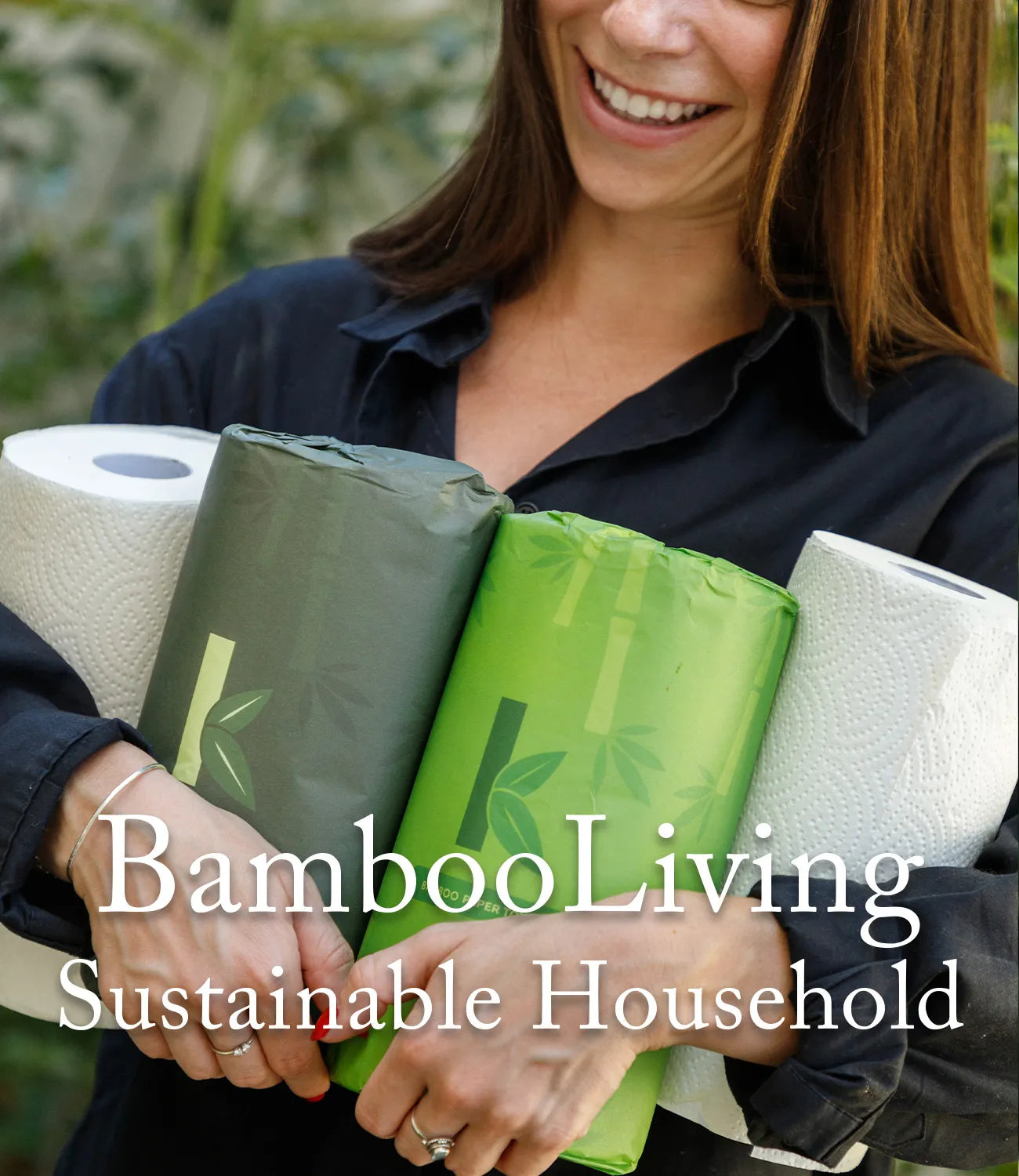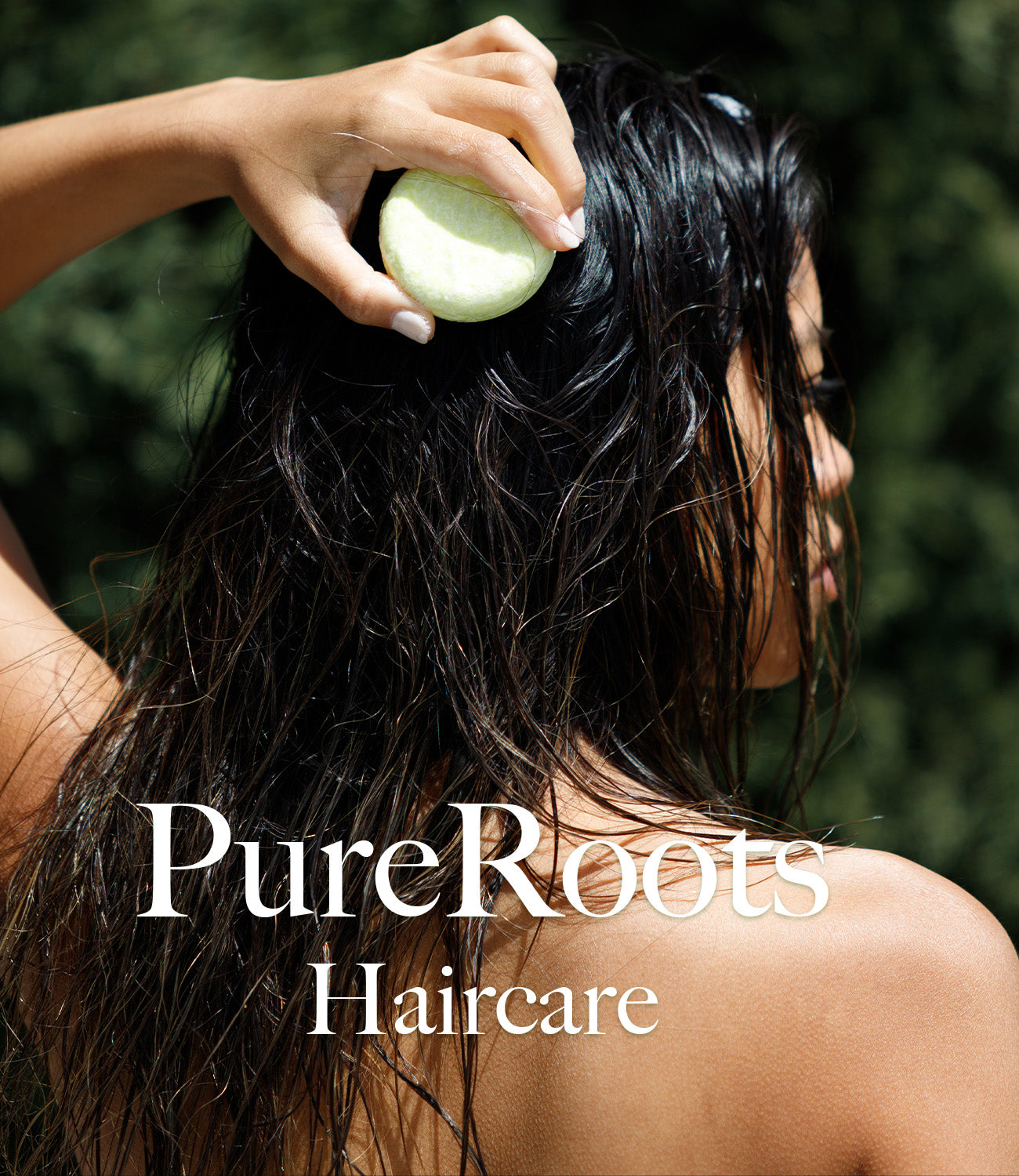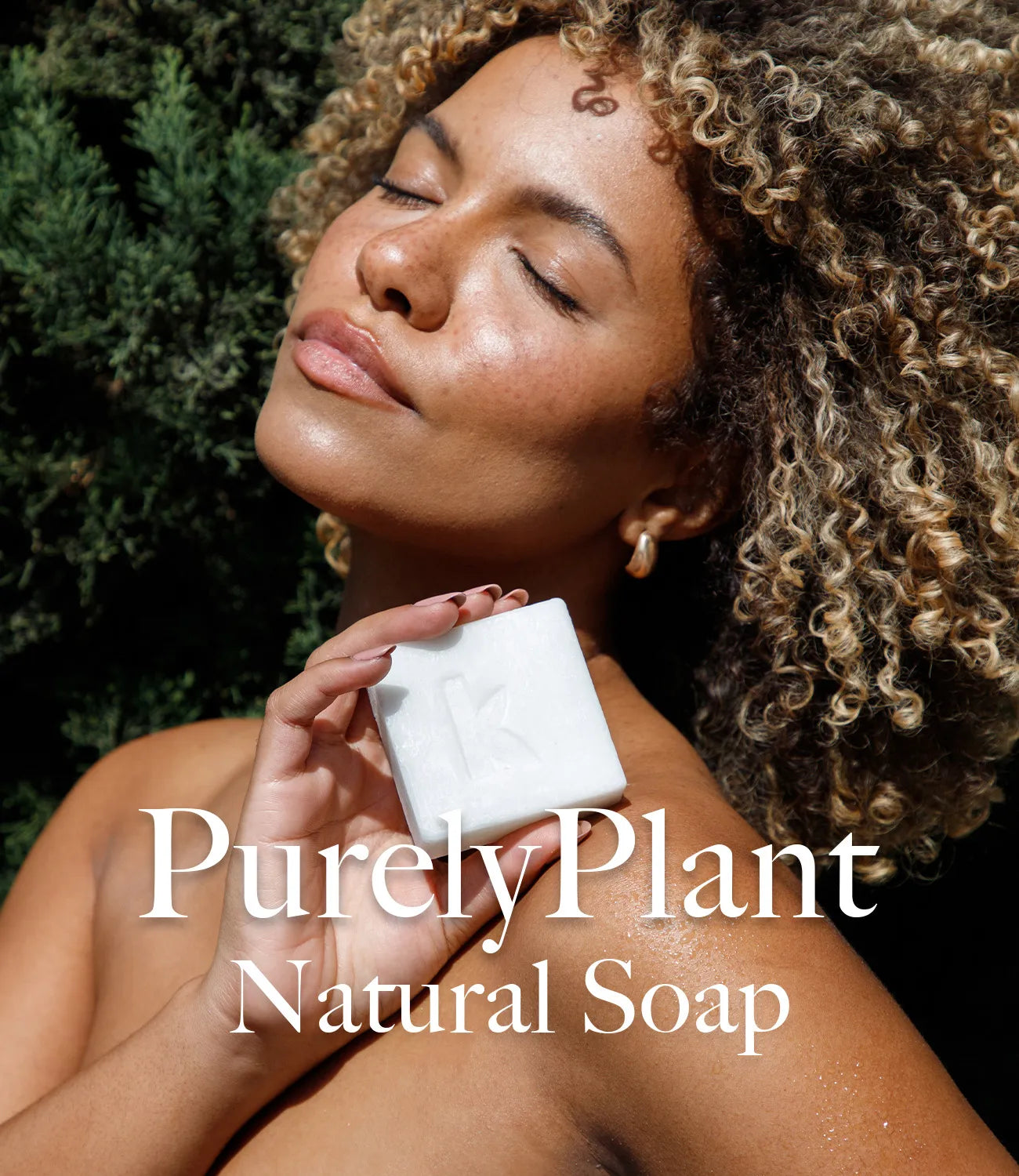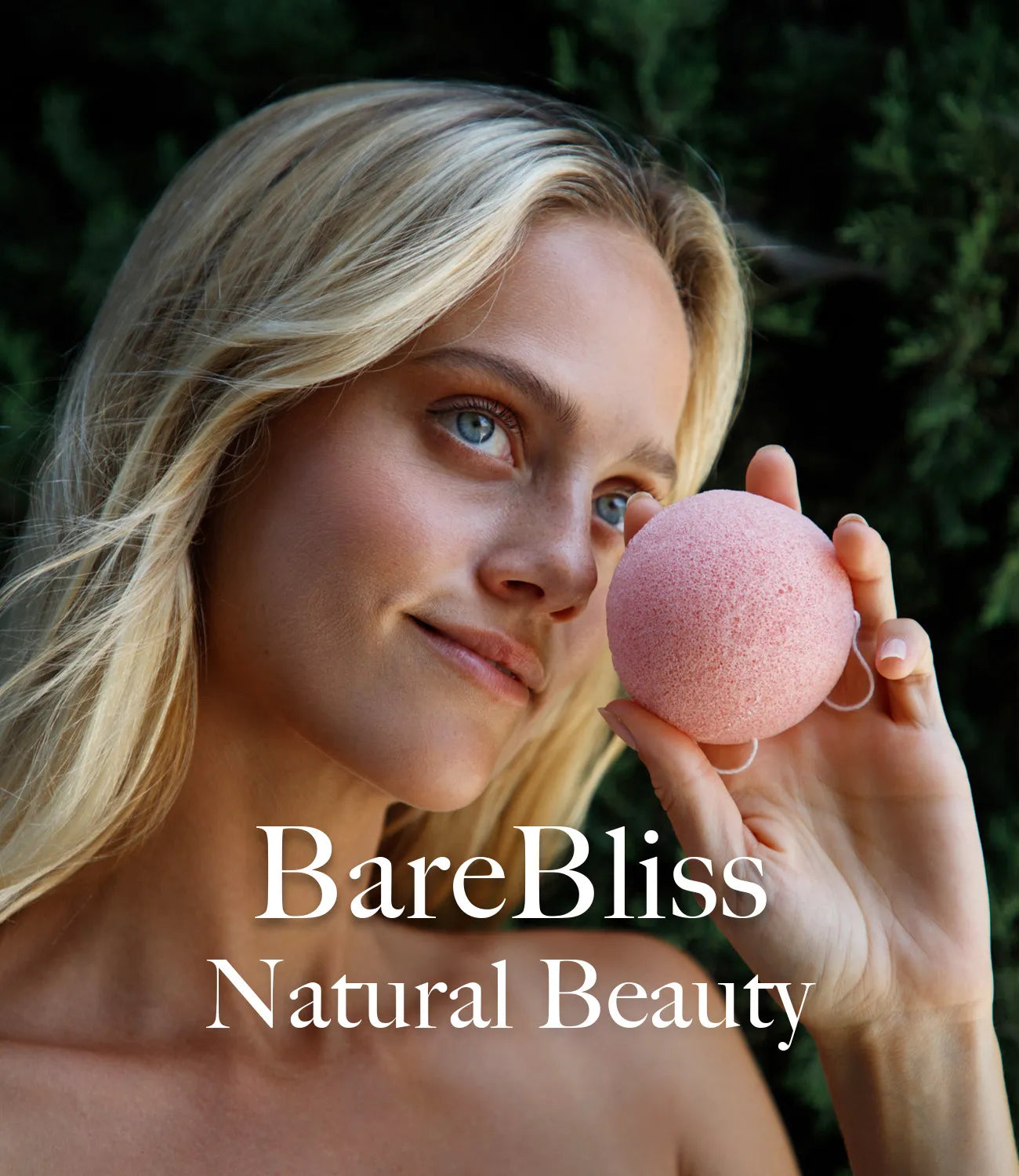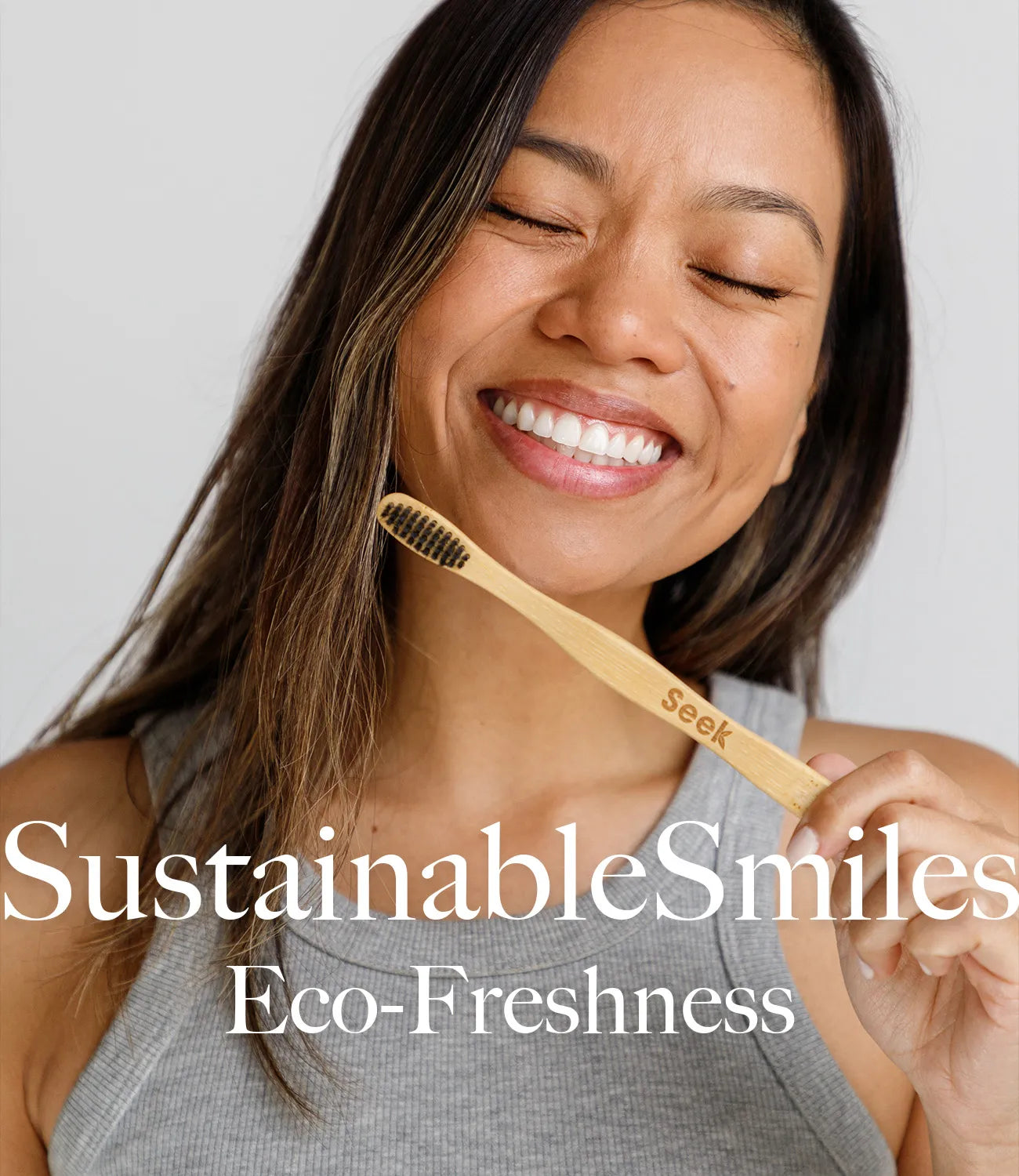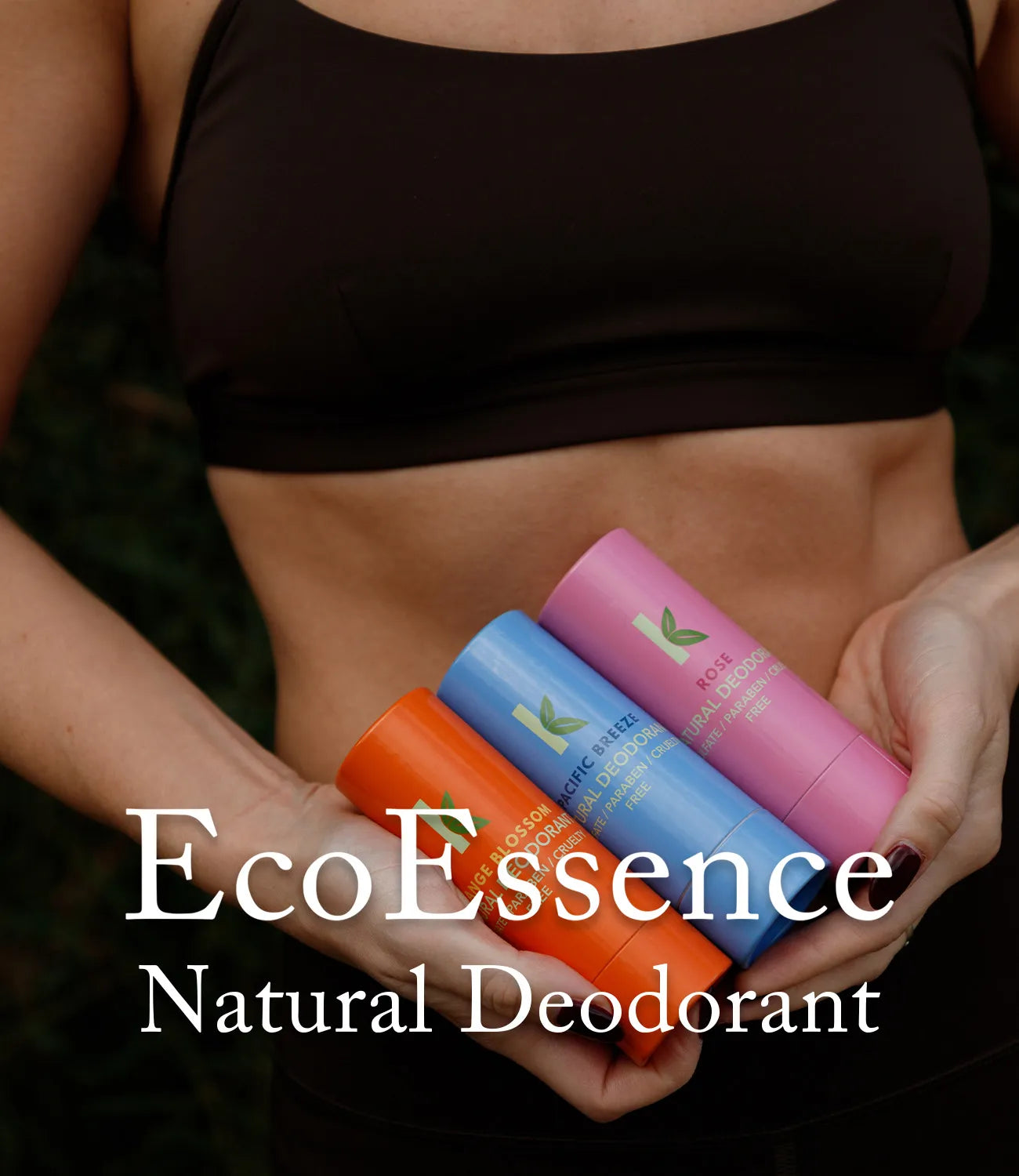What Ingredients to Avoid in Shampoo
Ever looked at the ingredient list on your shampoo bottle and wondered what those long, complicated names actually mean? The truth is, many of these ingredients can harm your hair, health, and the environment. Understanding what goes into your shampoo is crucial for making informed decisions about your hair care routine.In this blog, we'll dive into the most harmful ingredients found in shampoos and explain why you should avoid them. From sulfates and parabens to silicones and synthetic fragrances, we'll uncover the hidden dangers lurking in many popular products. Plus, we’ll introduce a healthier, eco-friendly alternative: our SLS-free shampoo bars. Discover how you can achieve clean, beautiful hair without compromising your health or the planet.
Why Avoid Certain Ingredients in Shampoo
Understanding what ingredients to avoid in shampoo is crucial for maintaining the health of your hair, your overall well-being, and the environment. Harmful chemicals found in many shampoos can lead to issues such as hair damage, scalp irritation, and even long-term health risks. What ingredients to avoid in shampoo play a significant role in these areas, and being informed about them is essential for several reasons. By learning what ingredients to avoid in shampoo, you can choose products that are safer, more natural, and better for the environment, ensuring a healthier hair care routine and promoting sustainable practices.
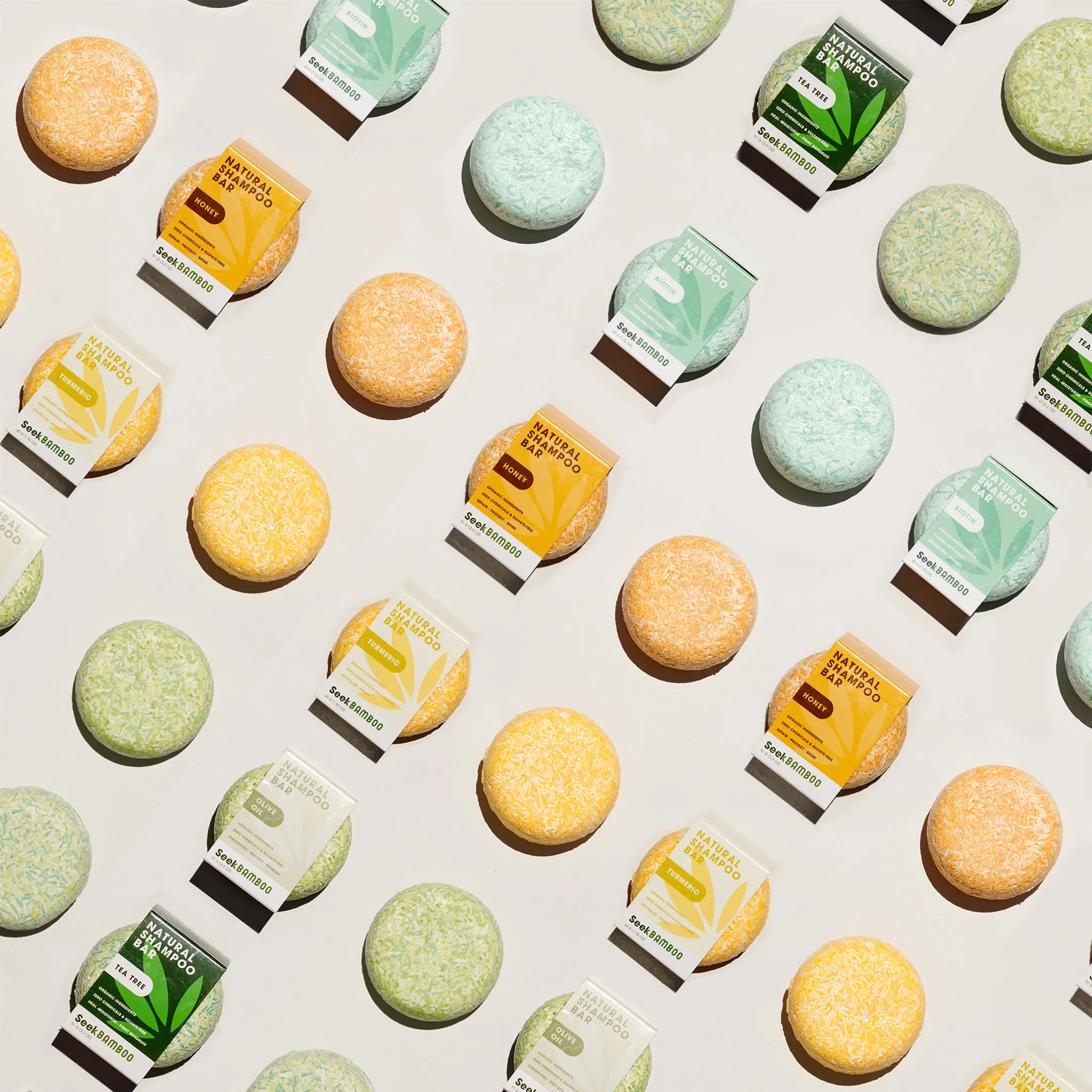
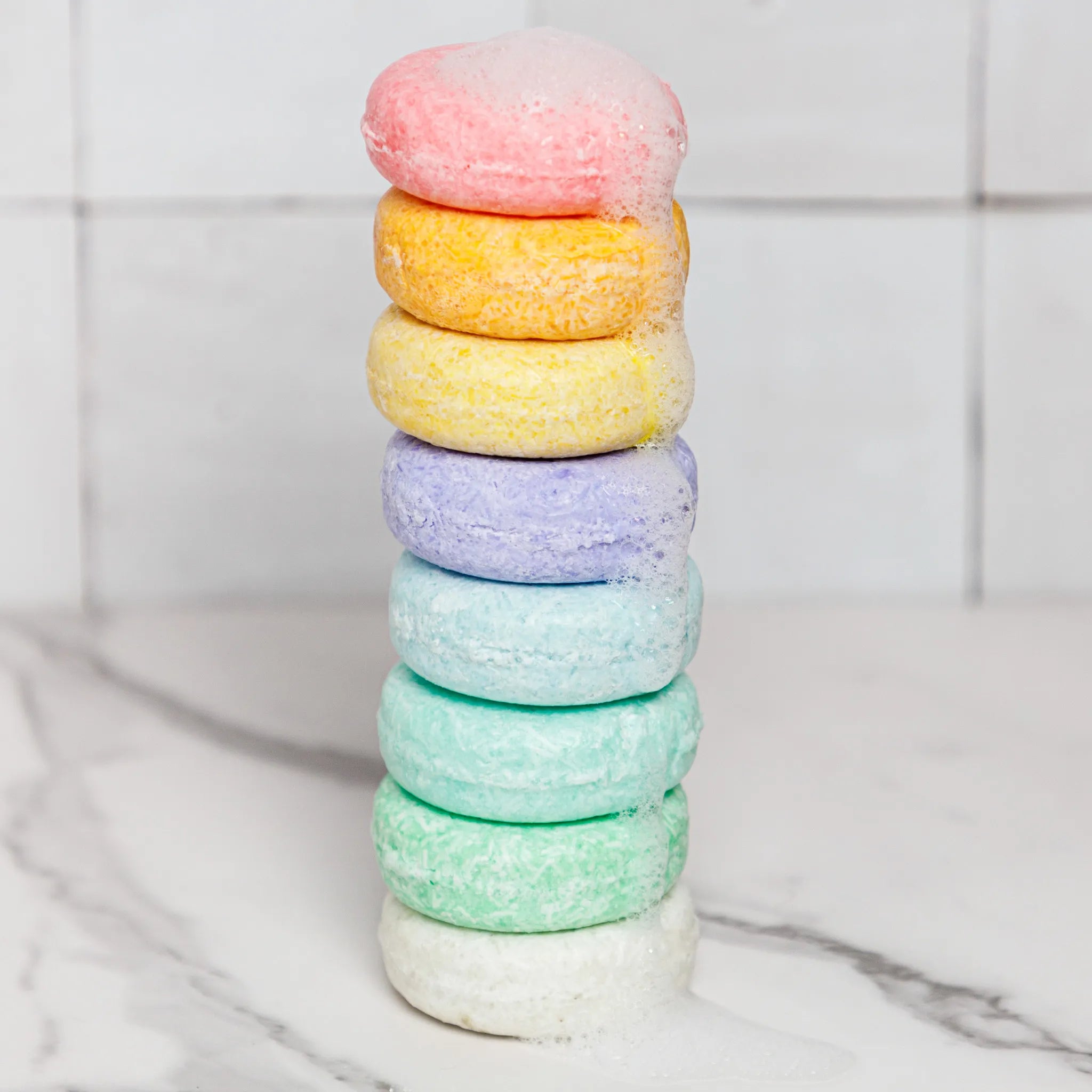
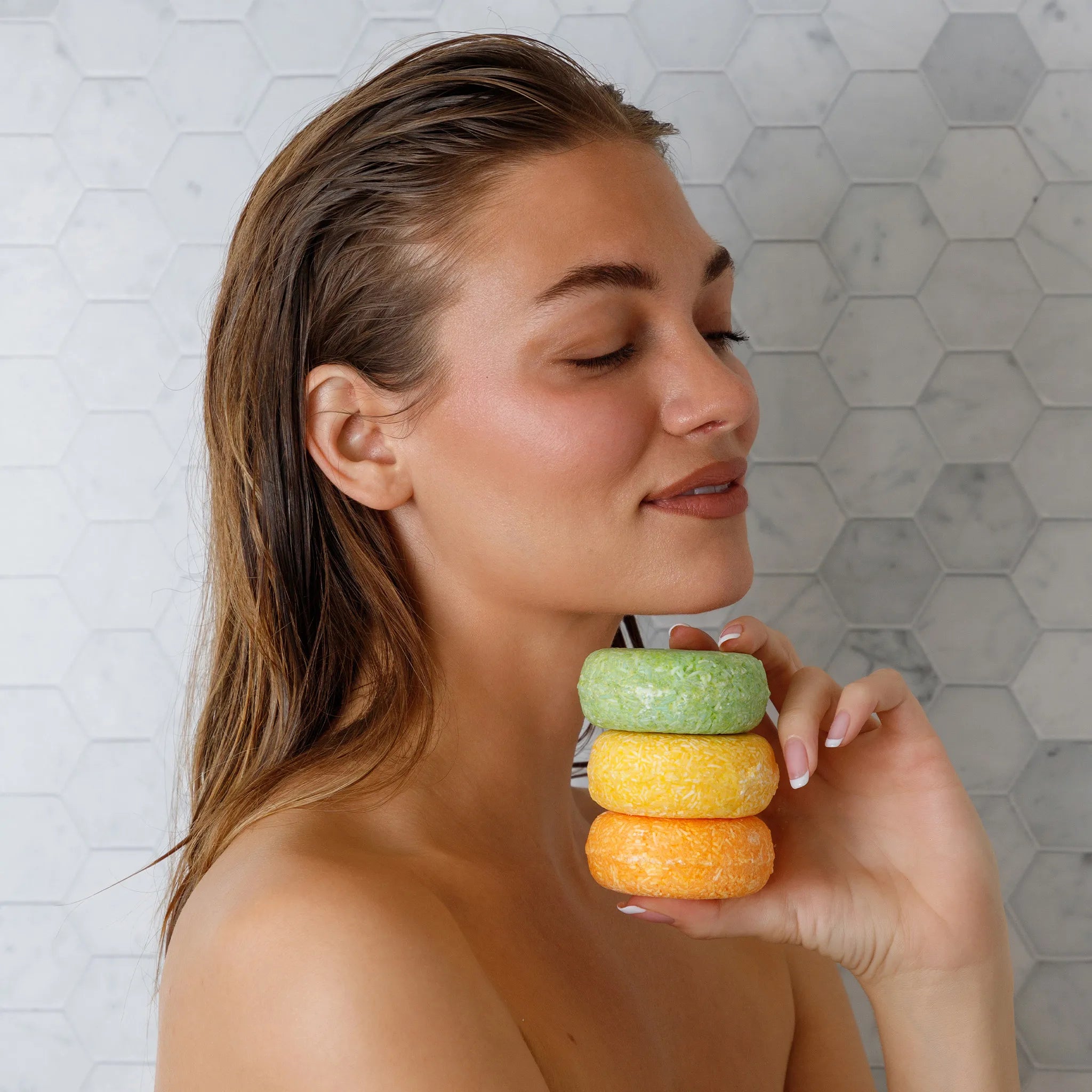

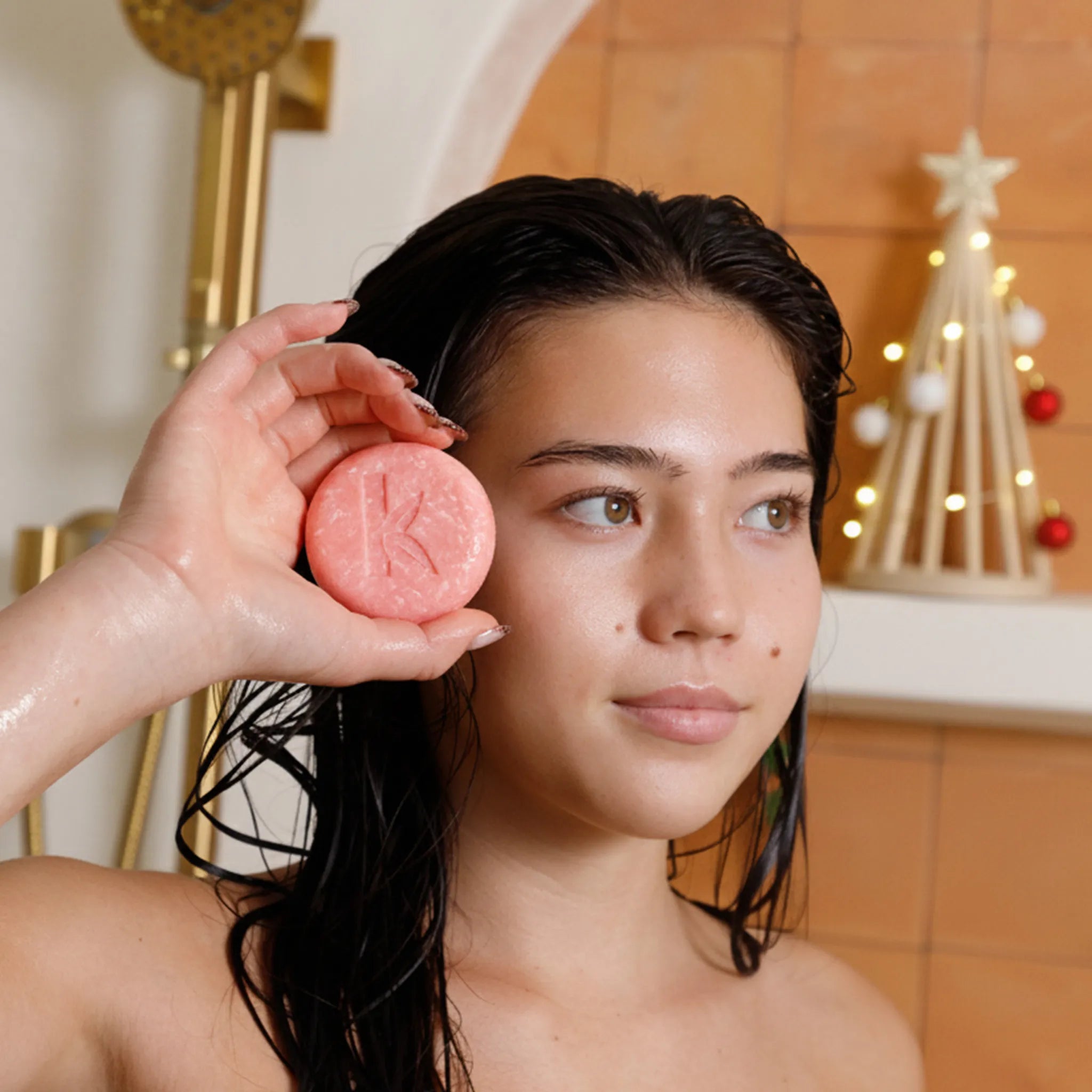
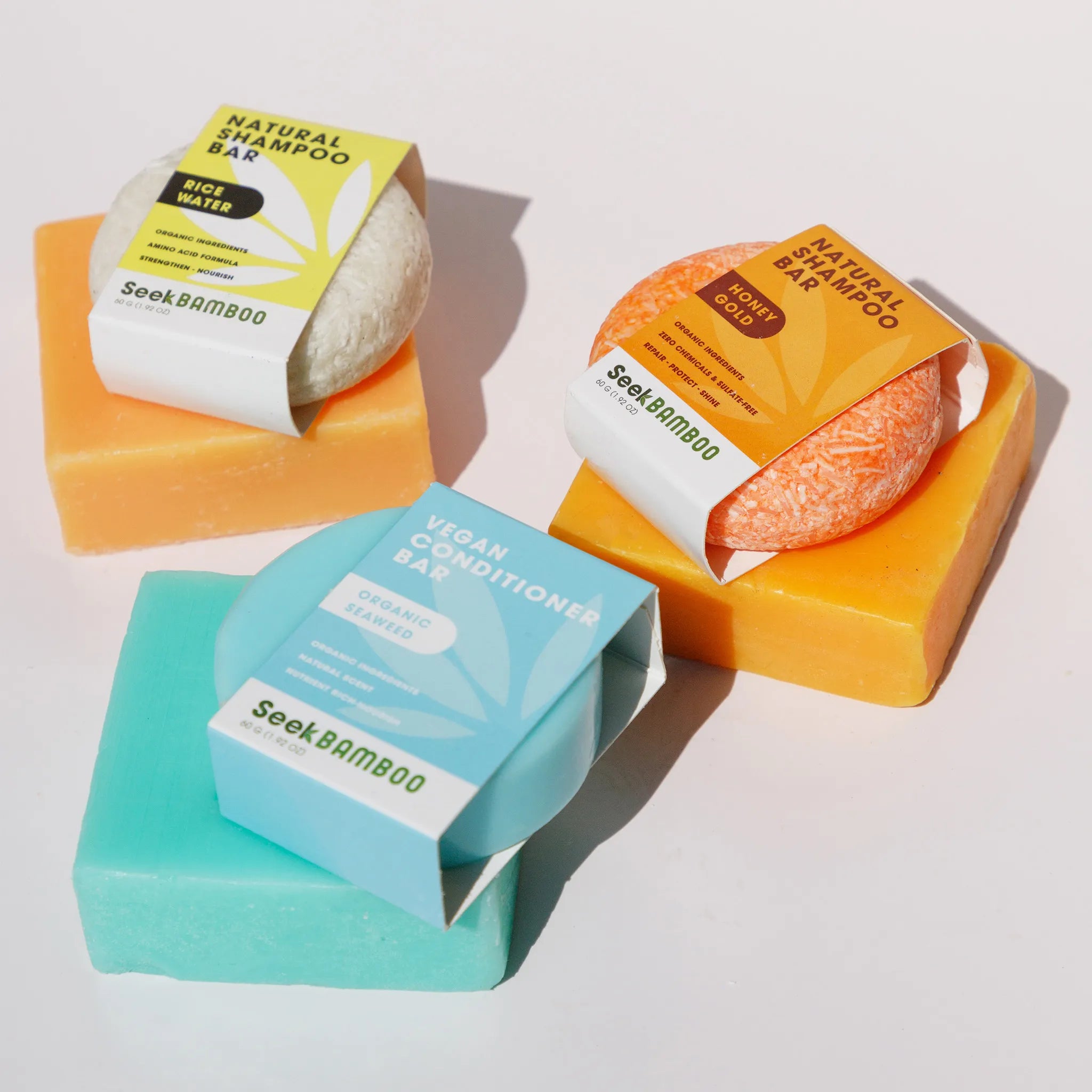
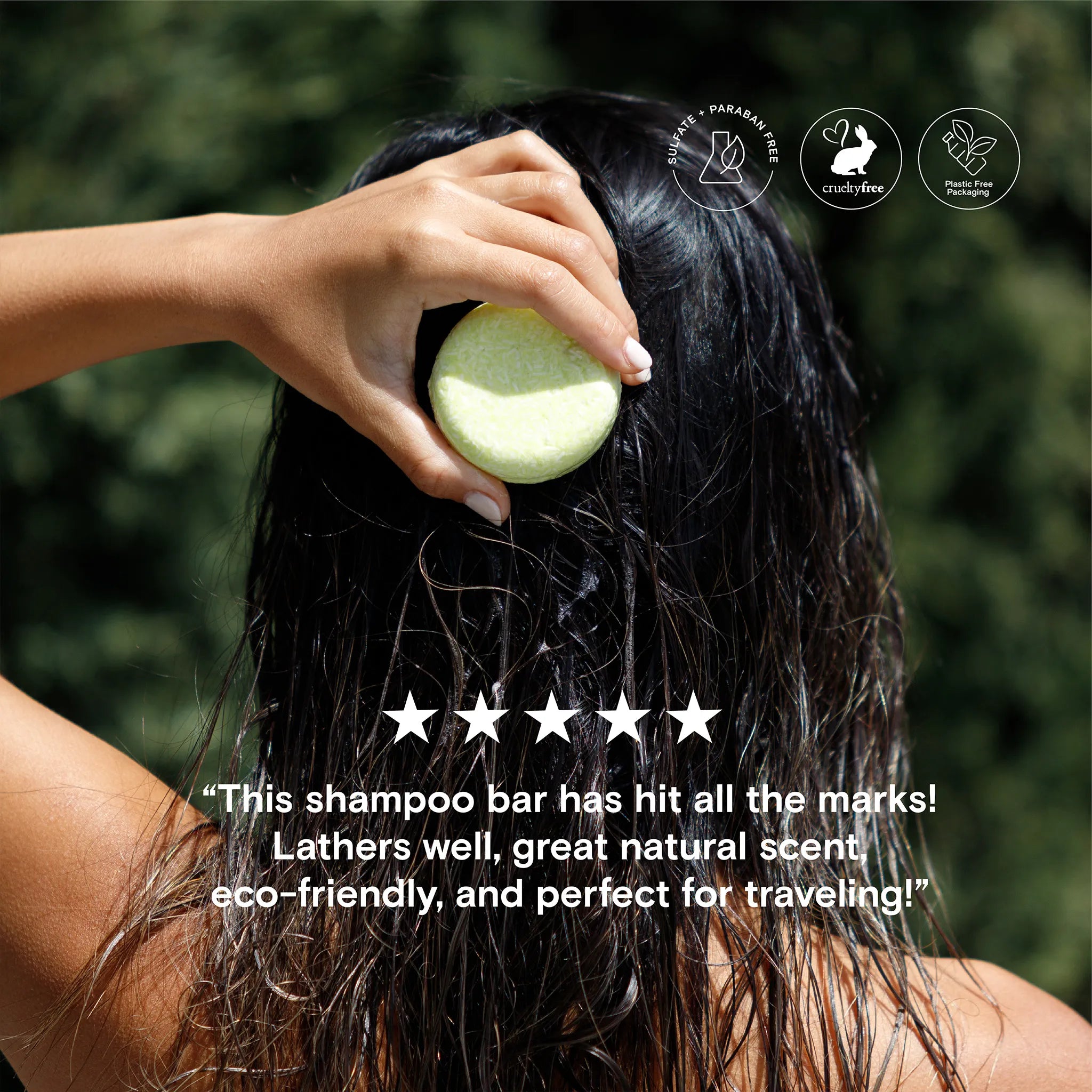
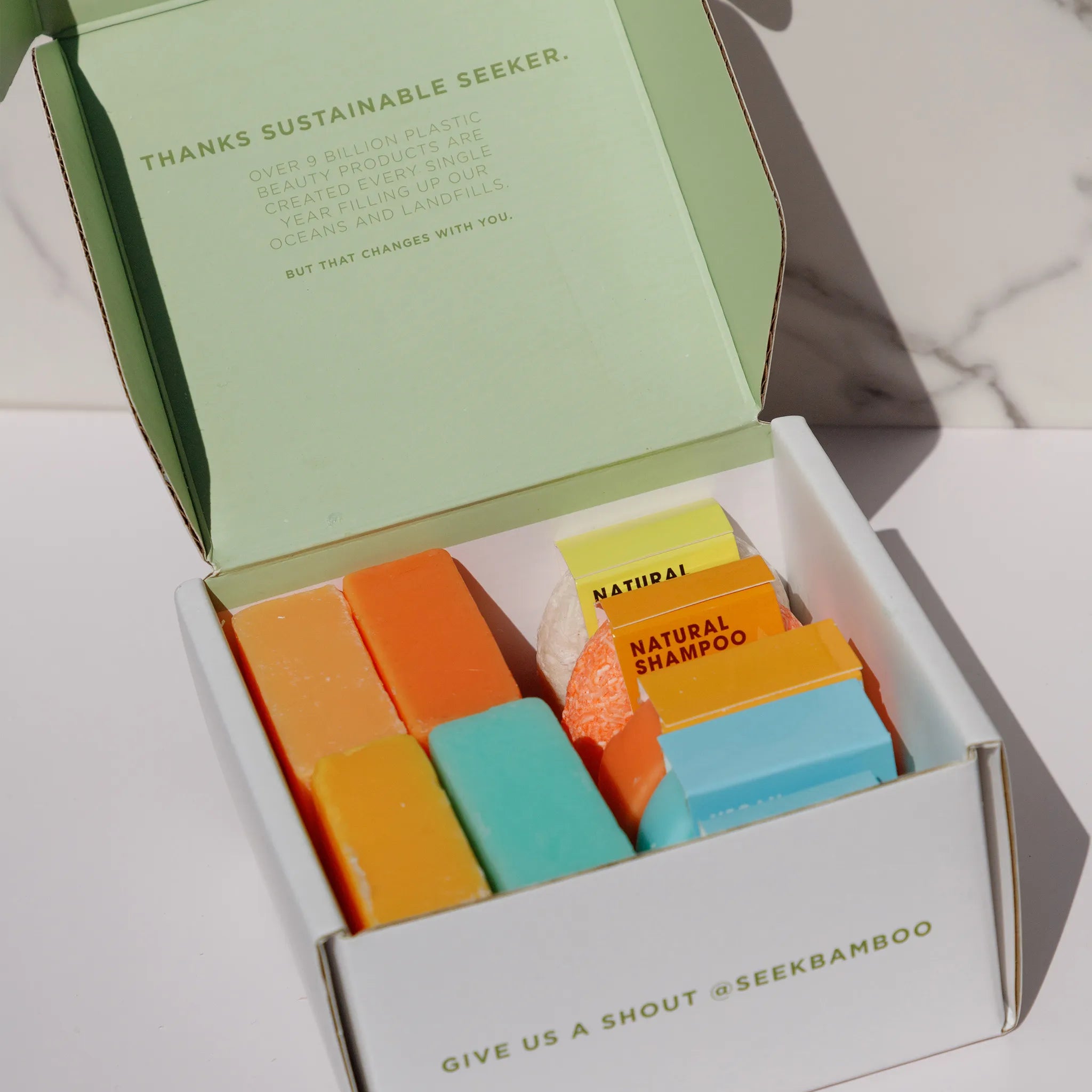
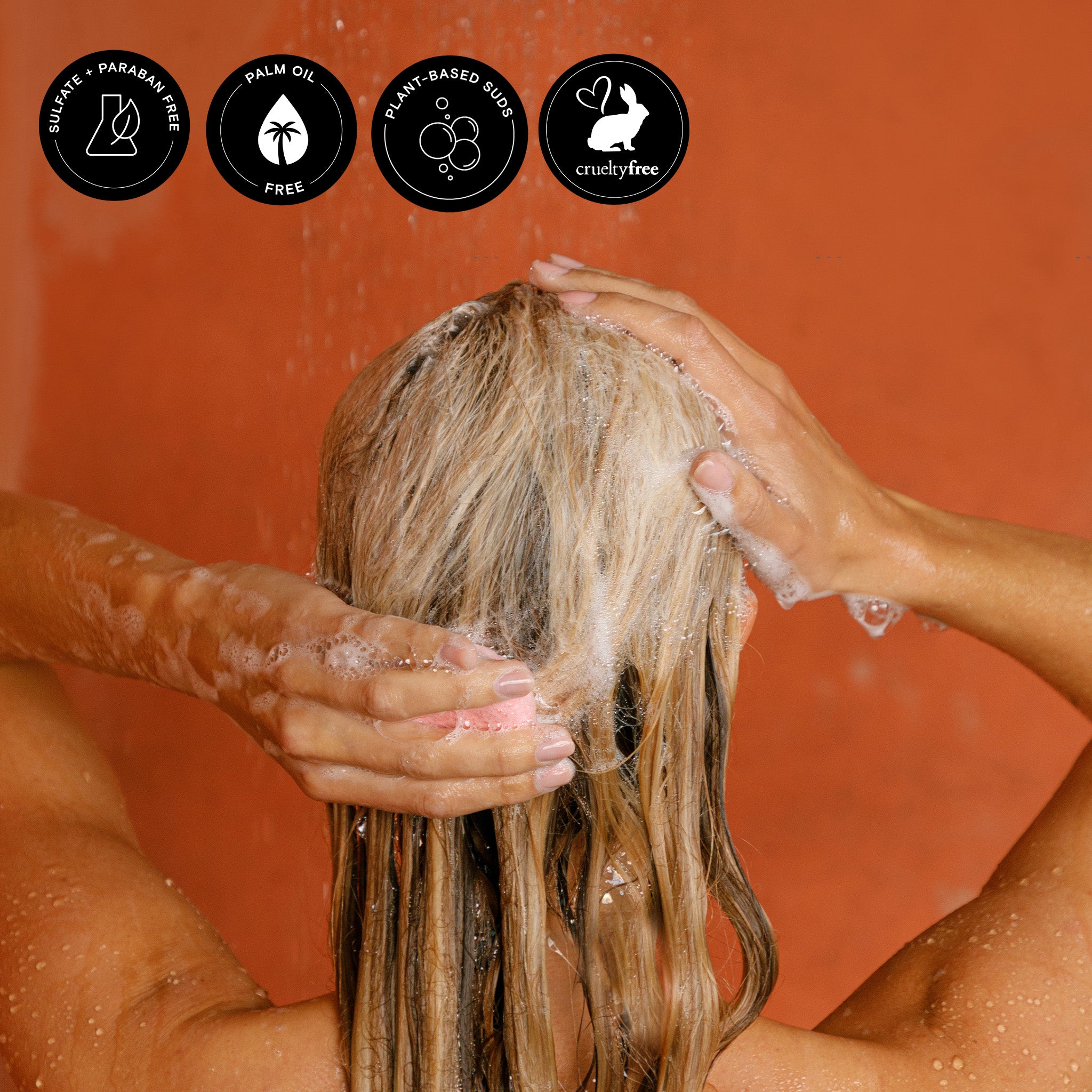
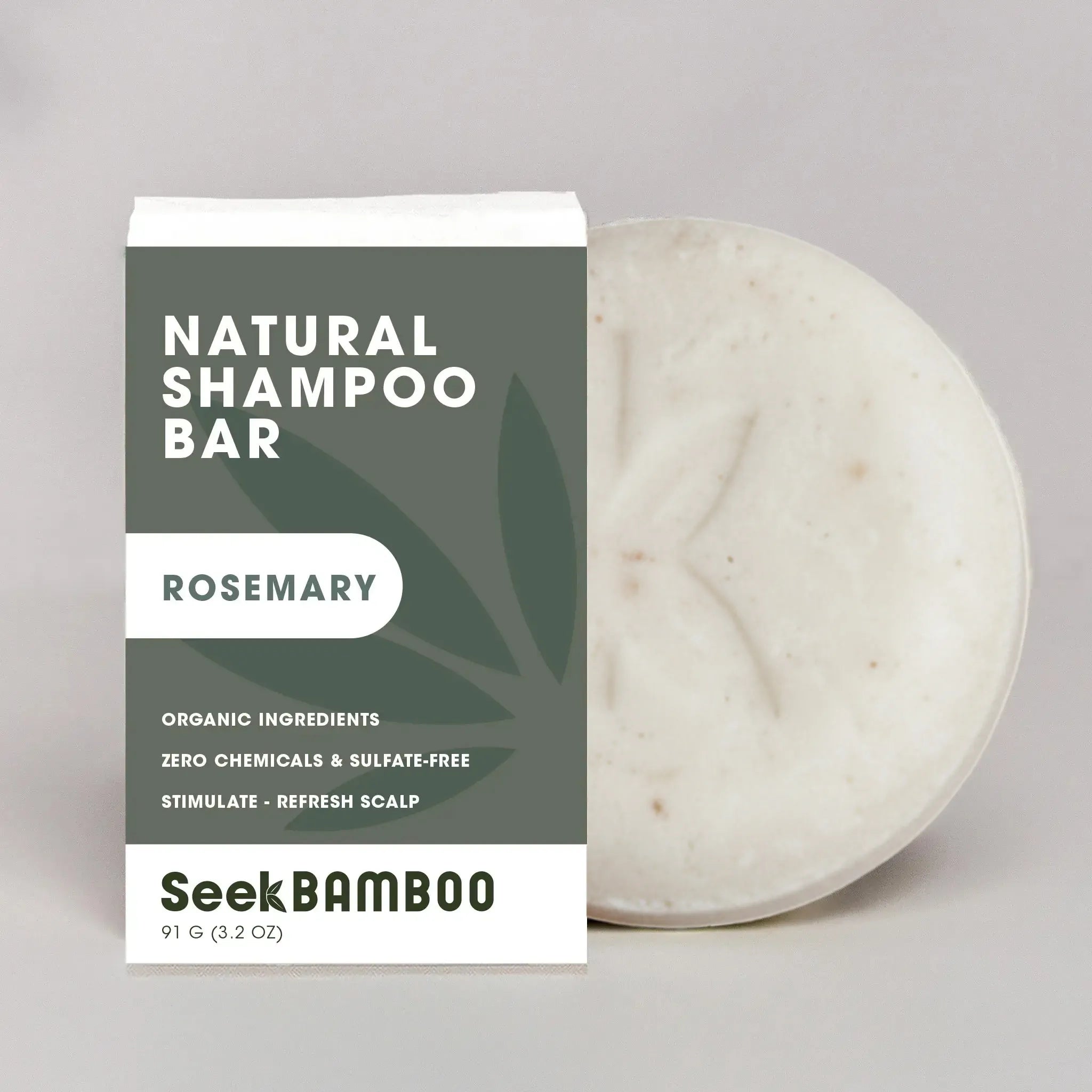
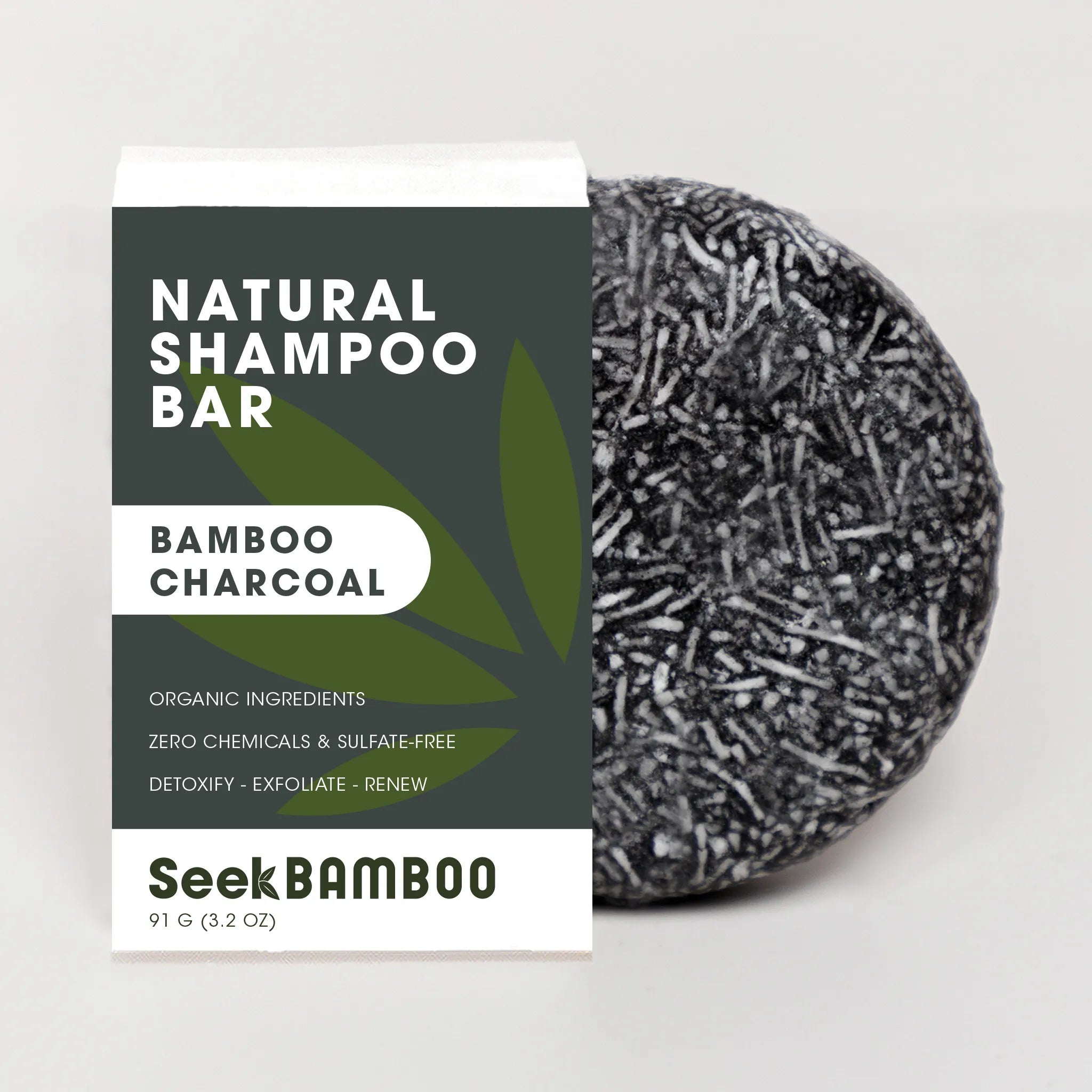
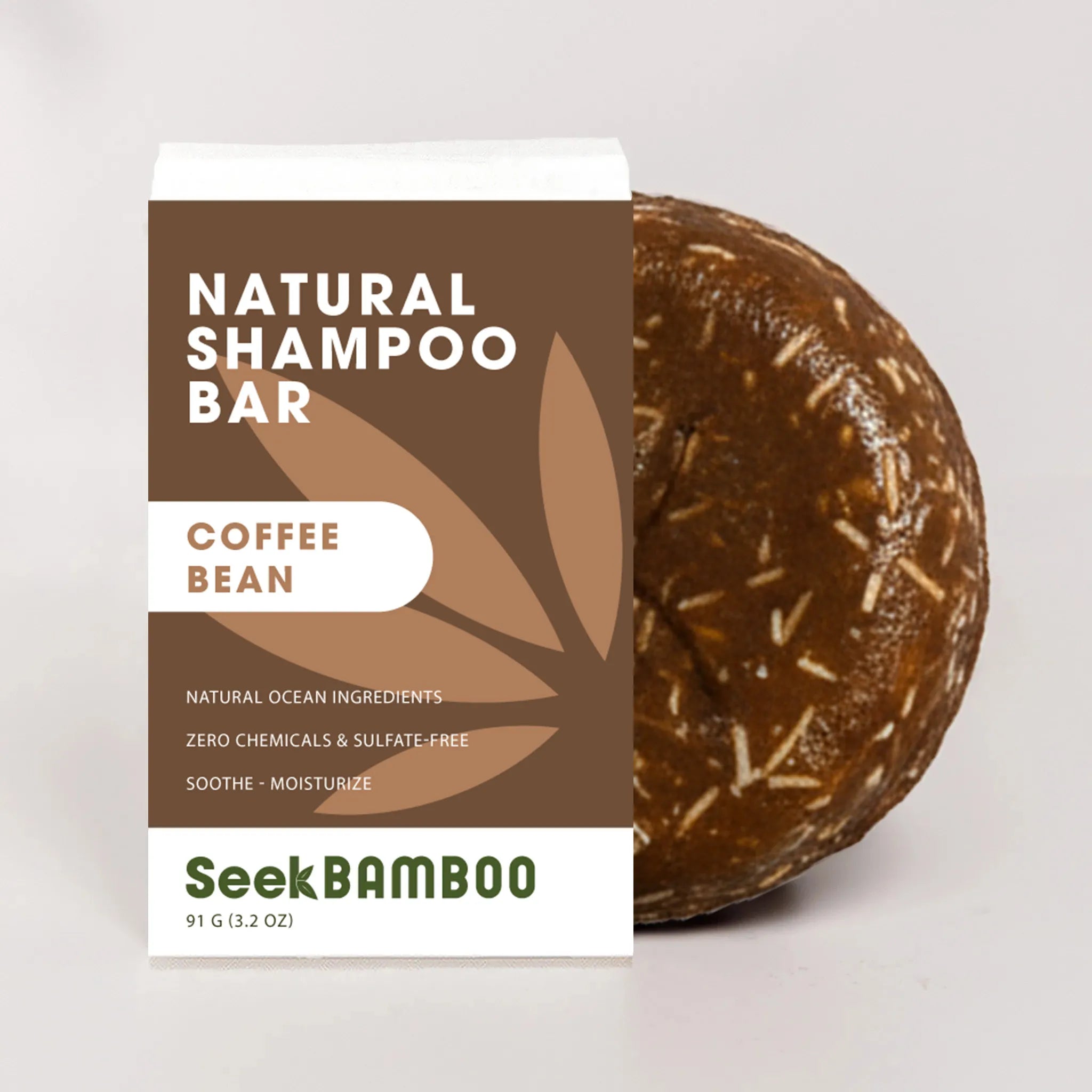
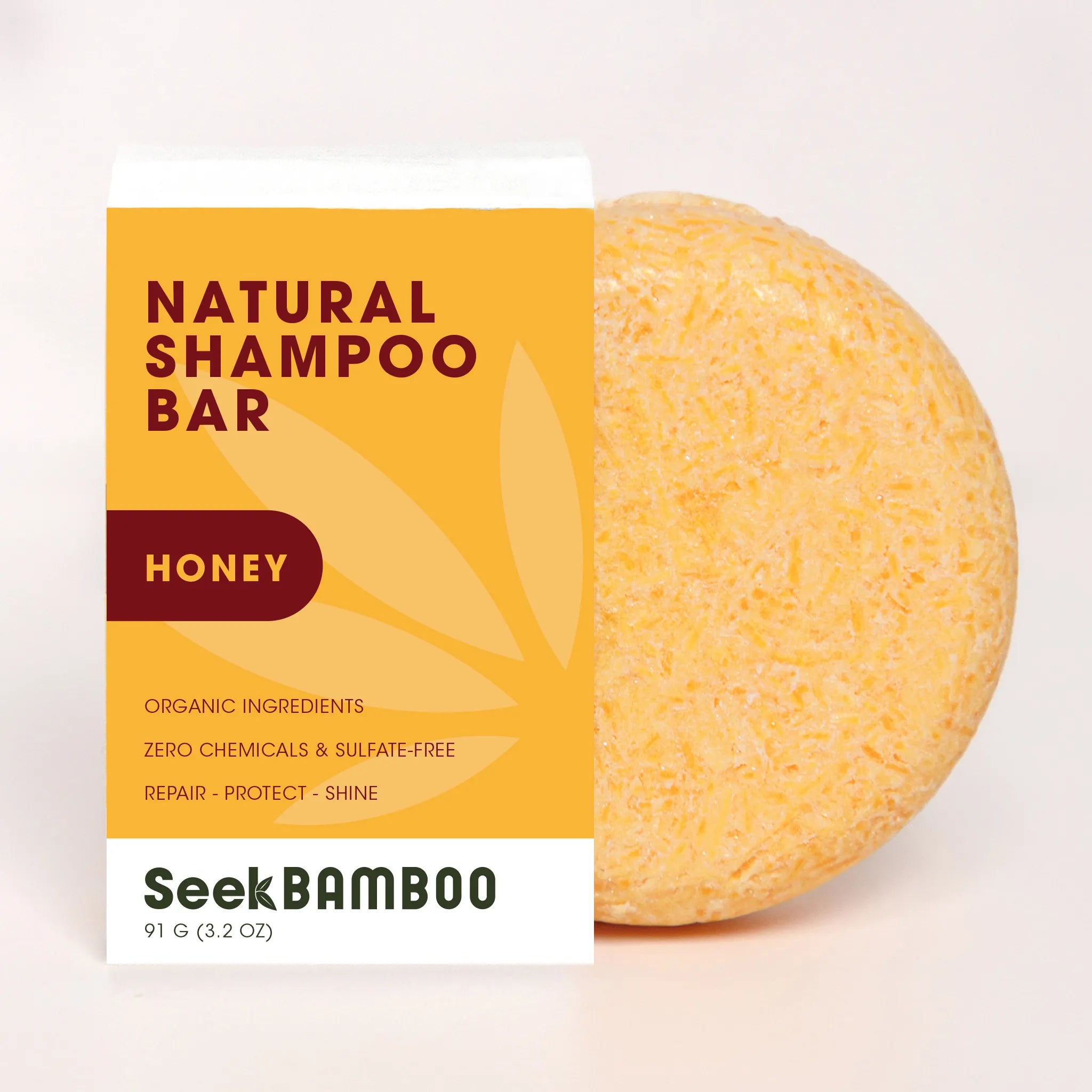
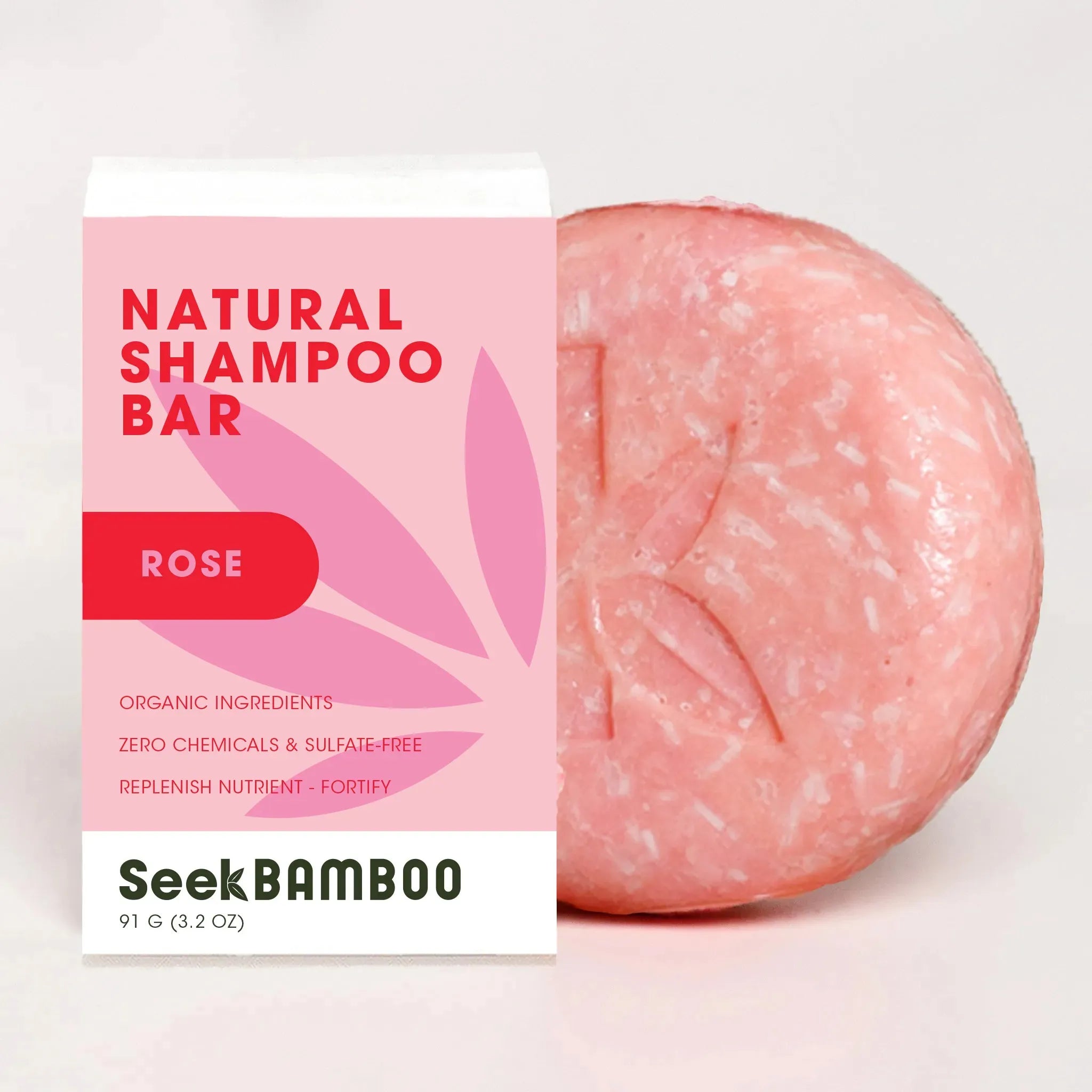
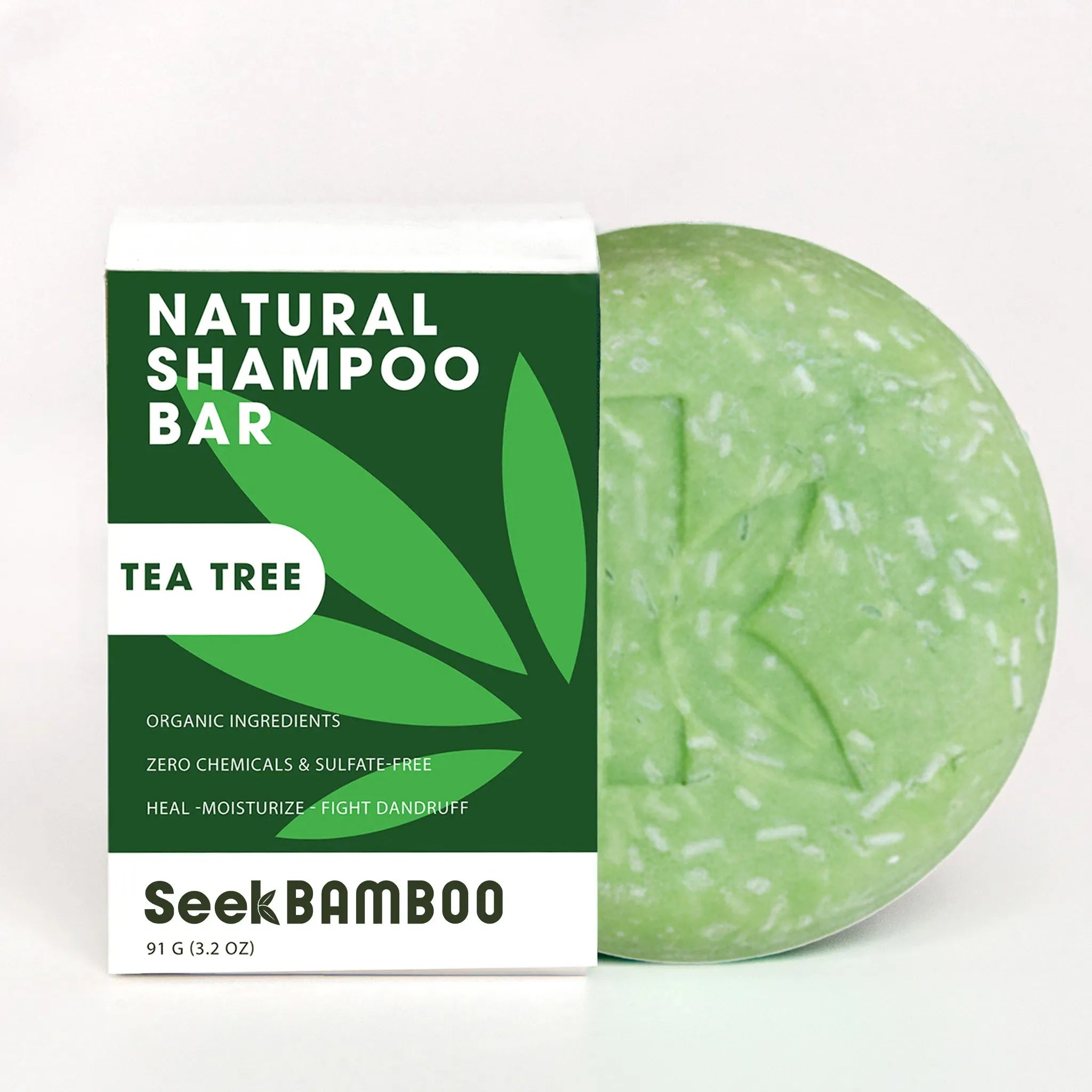
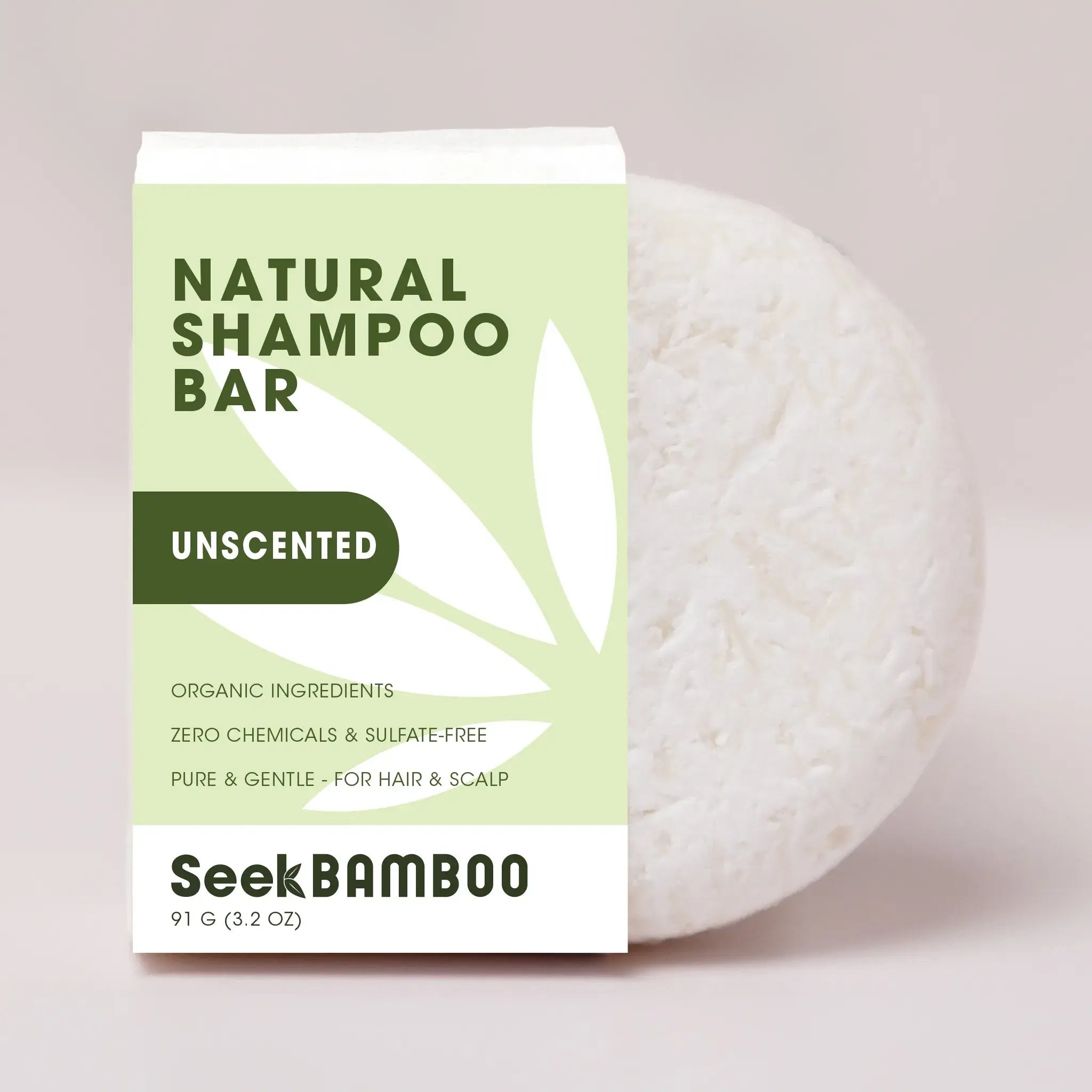
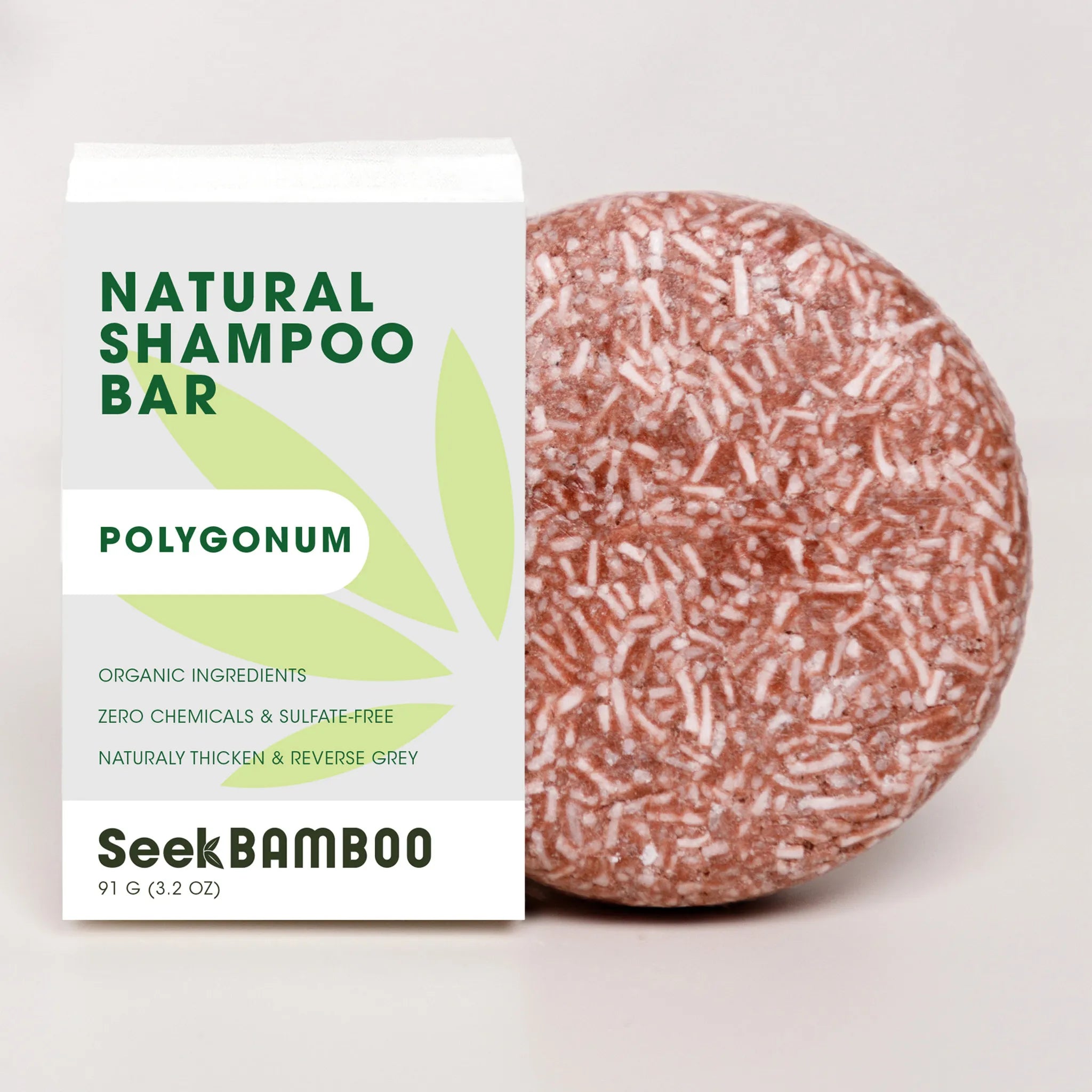
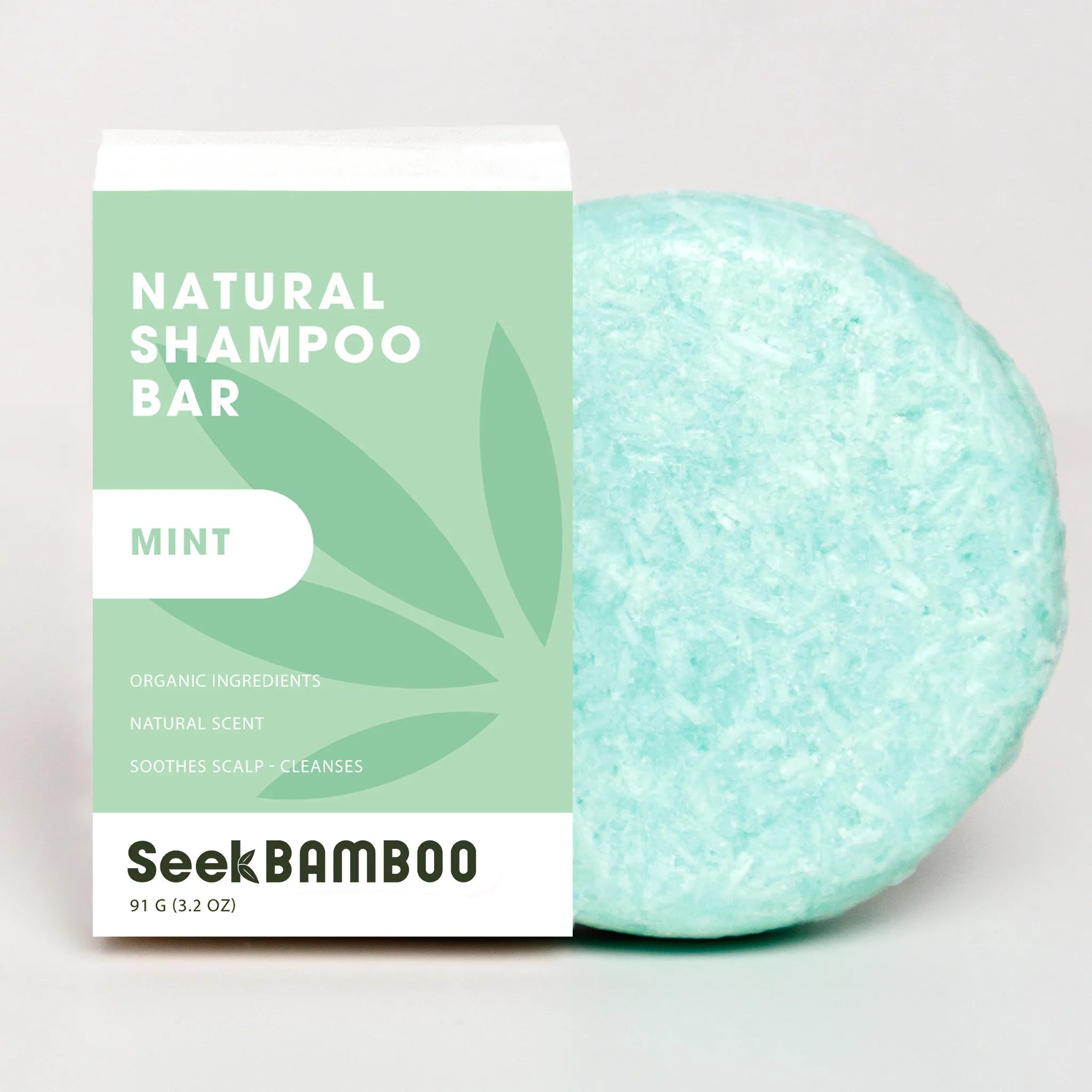
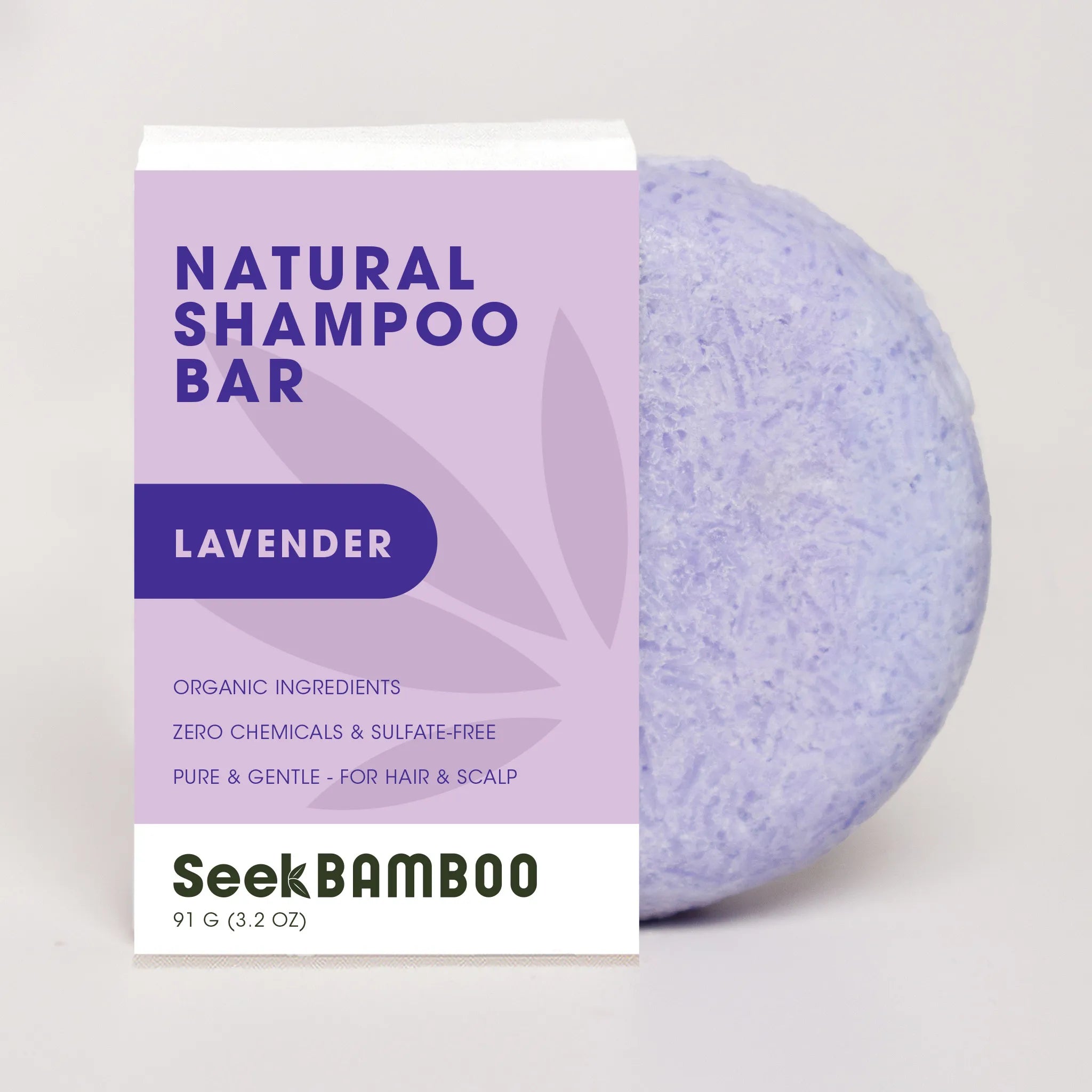
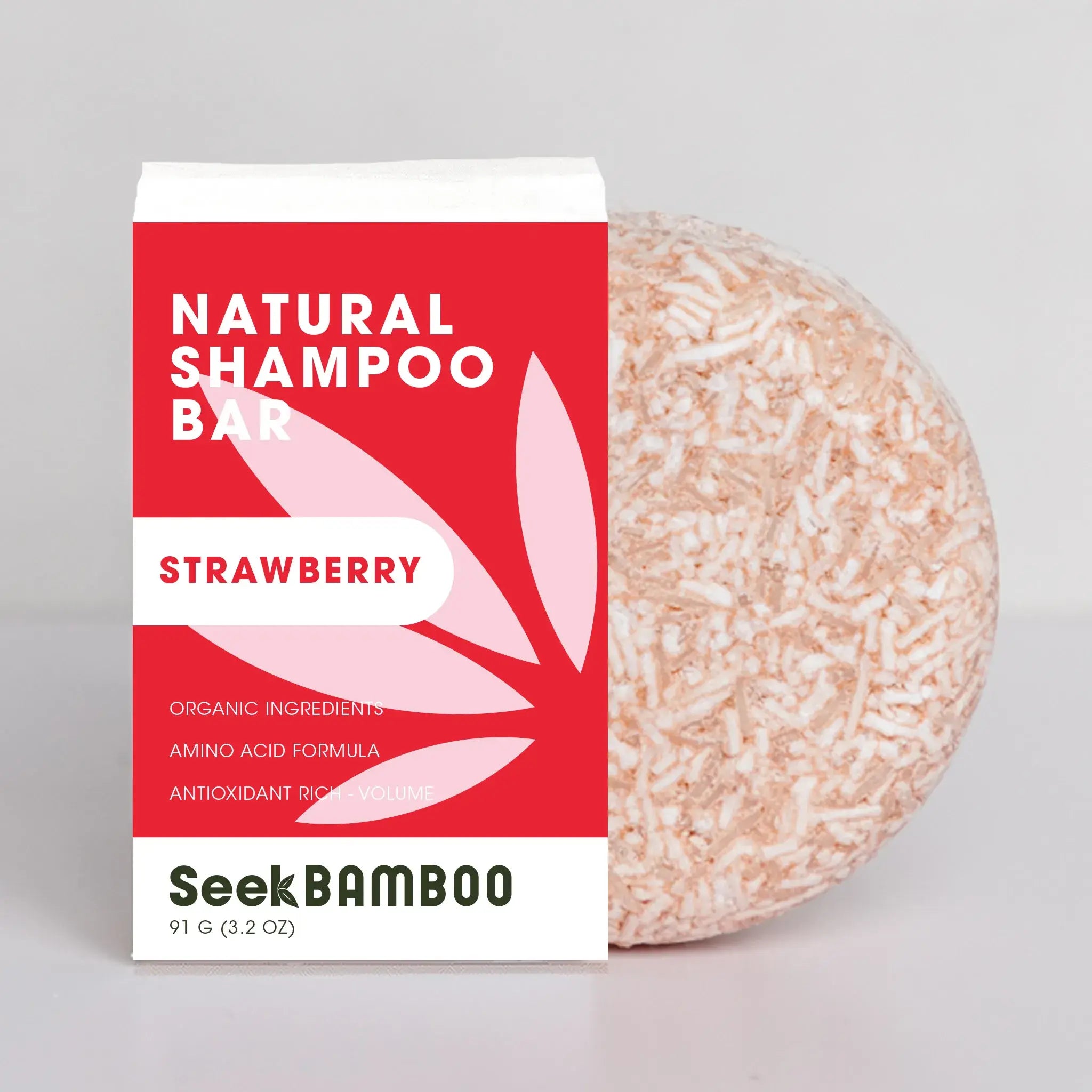
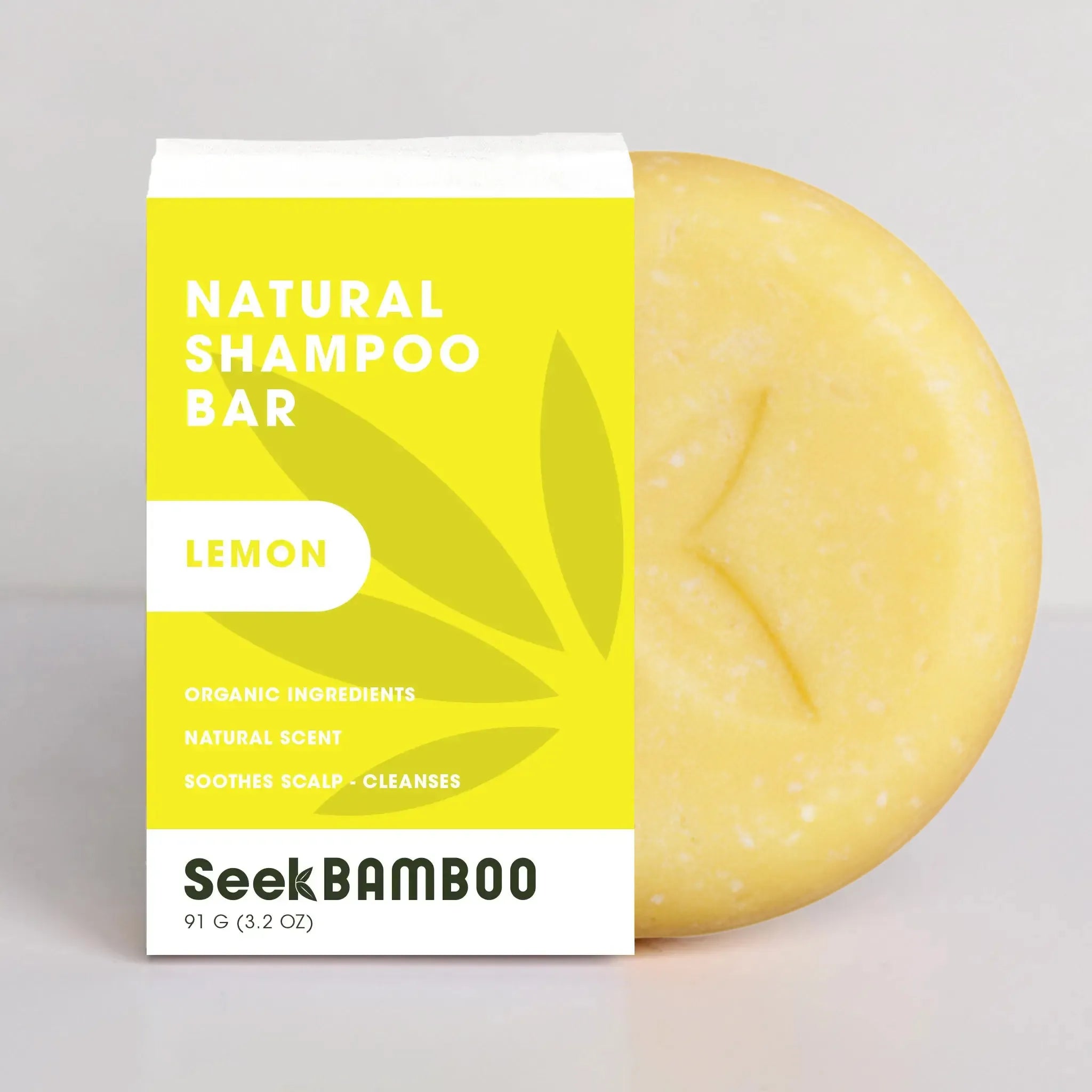
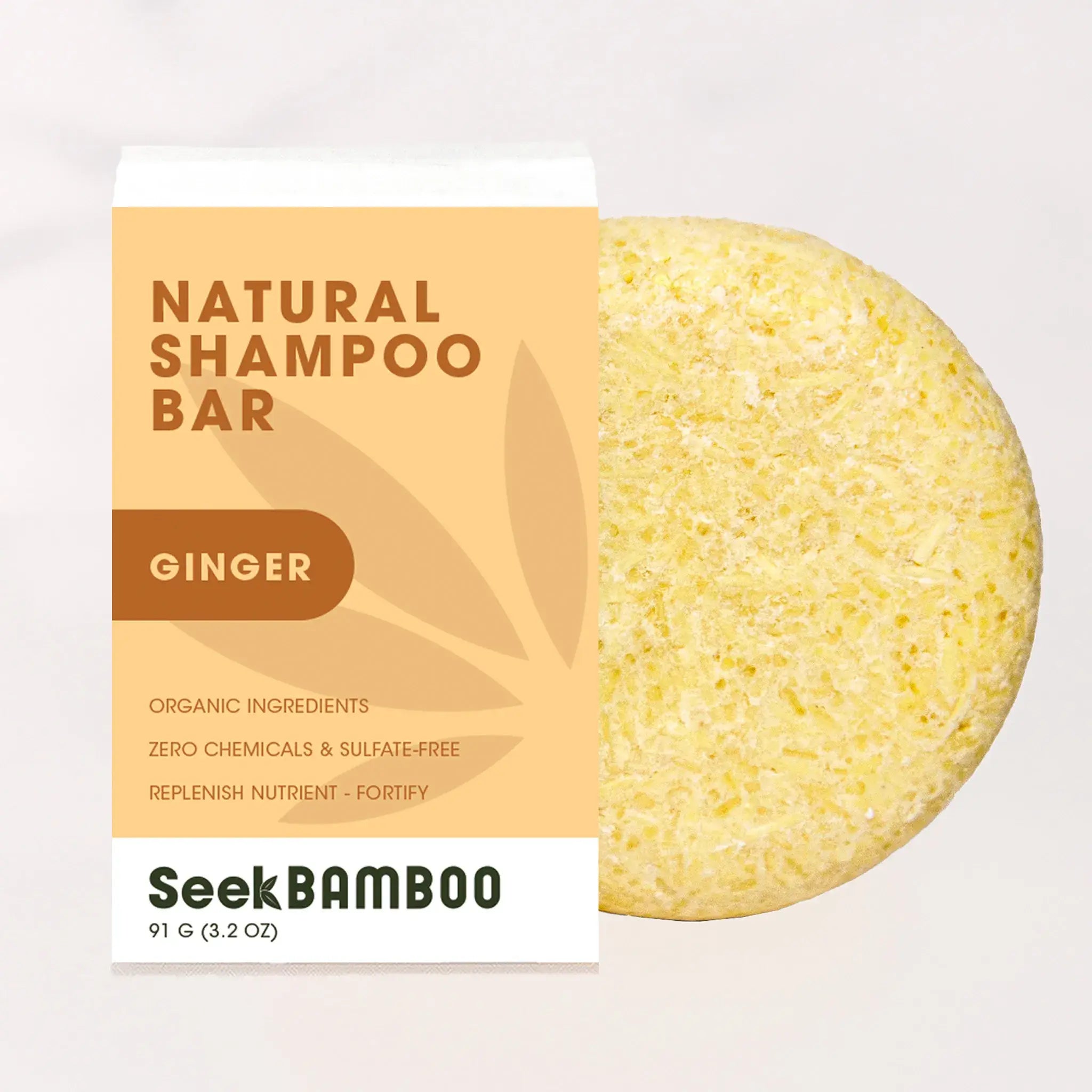
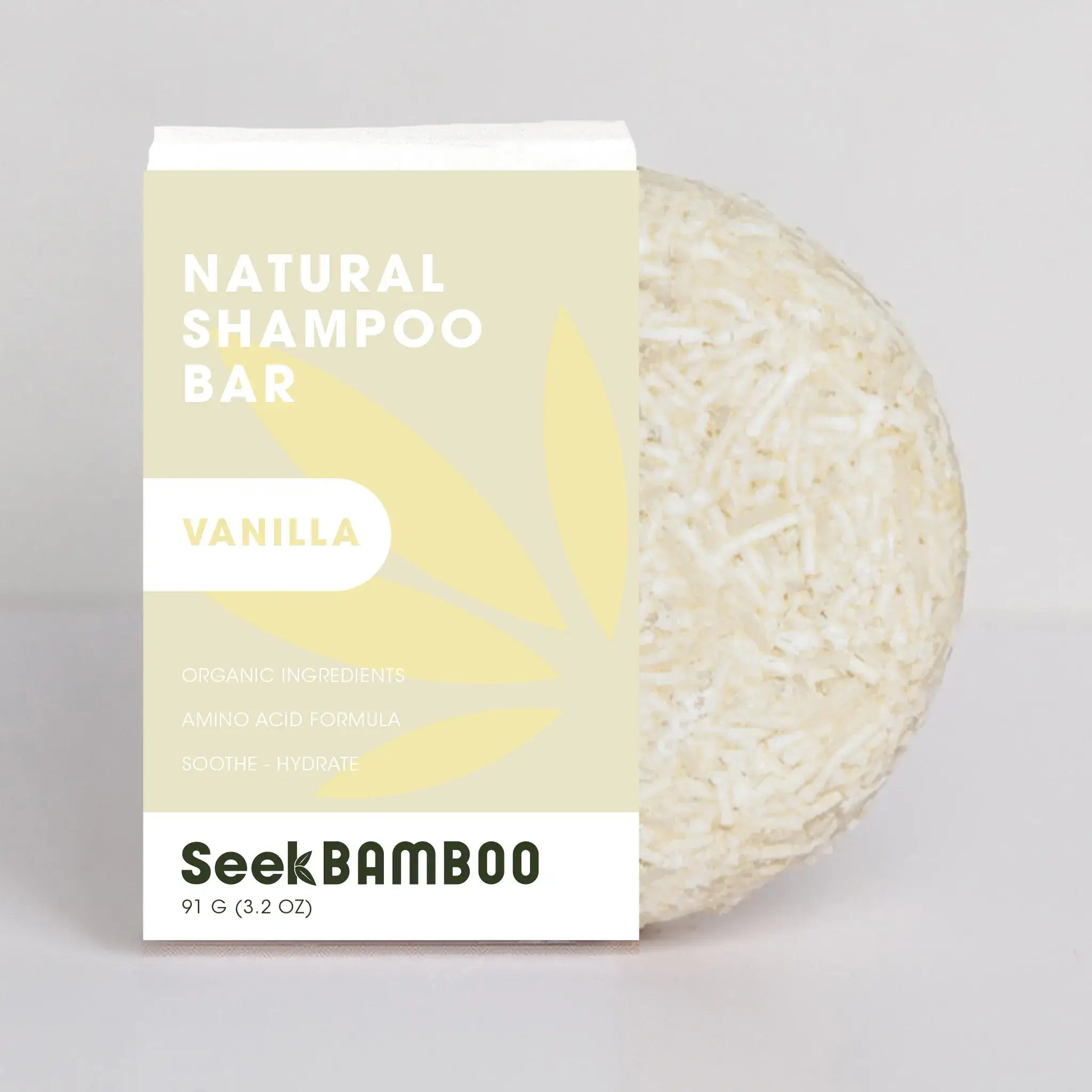
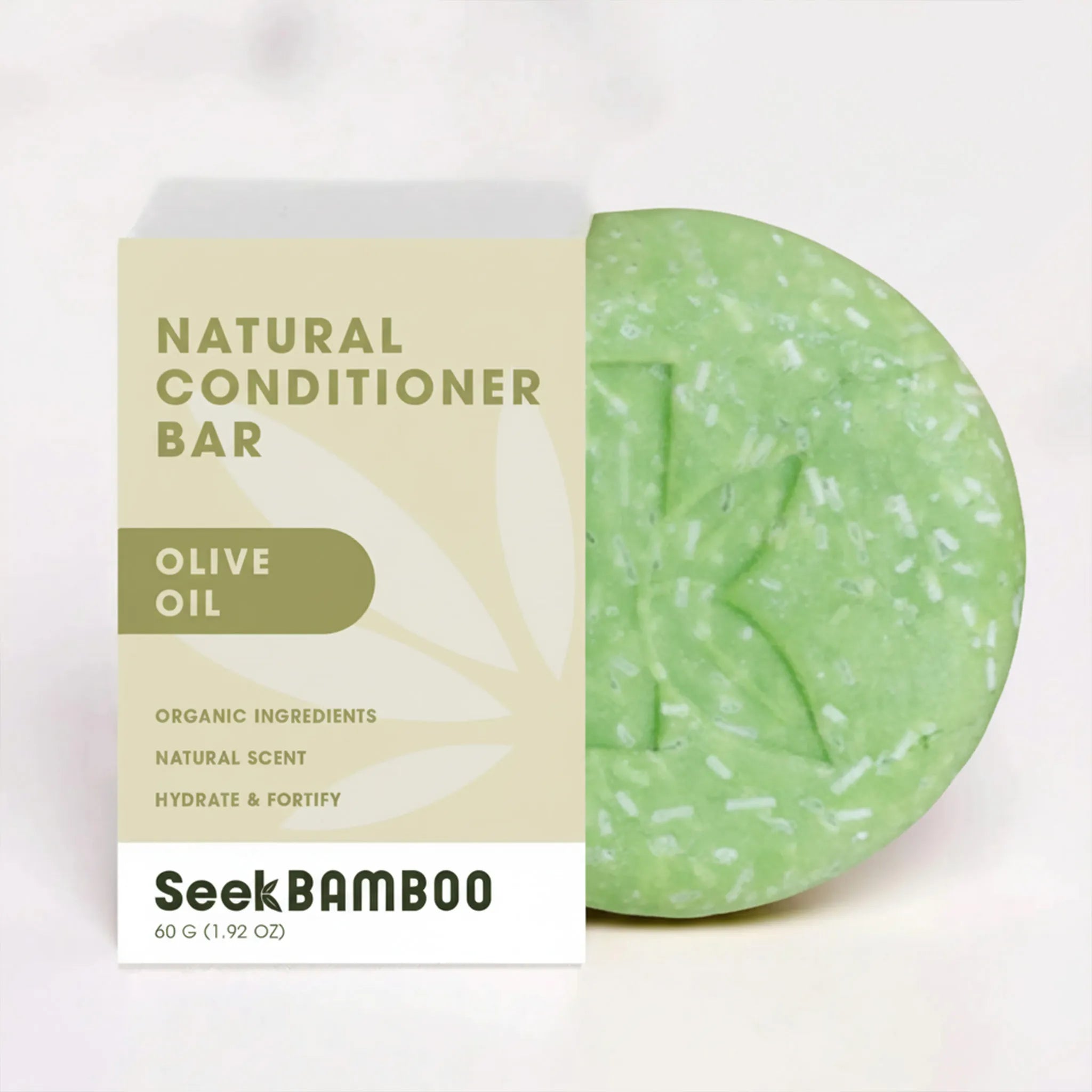
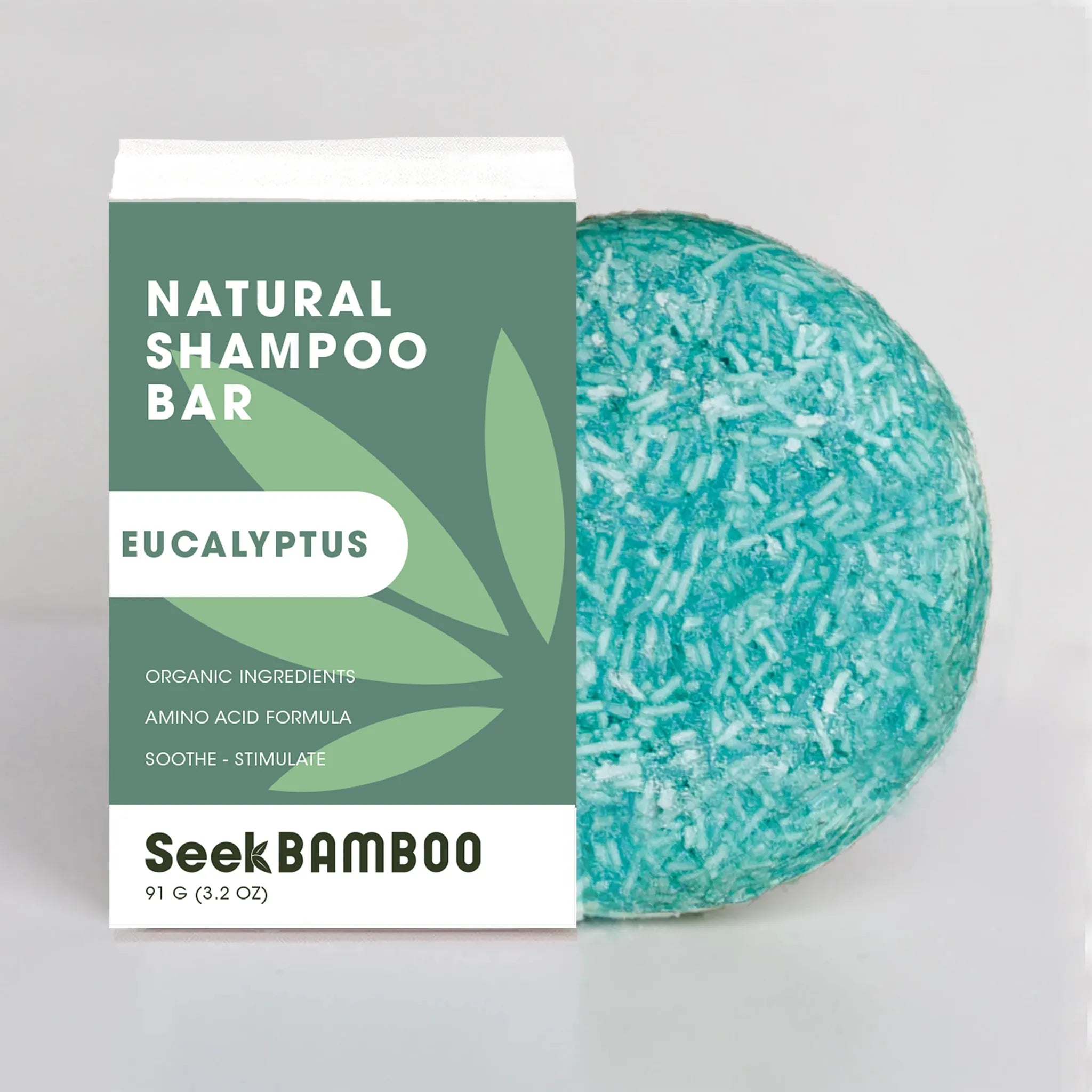
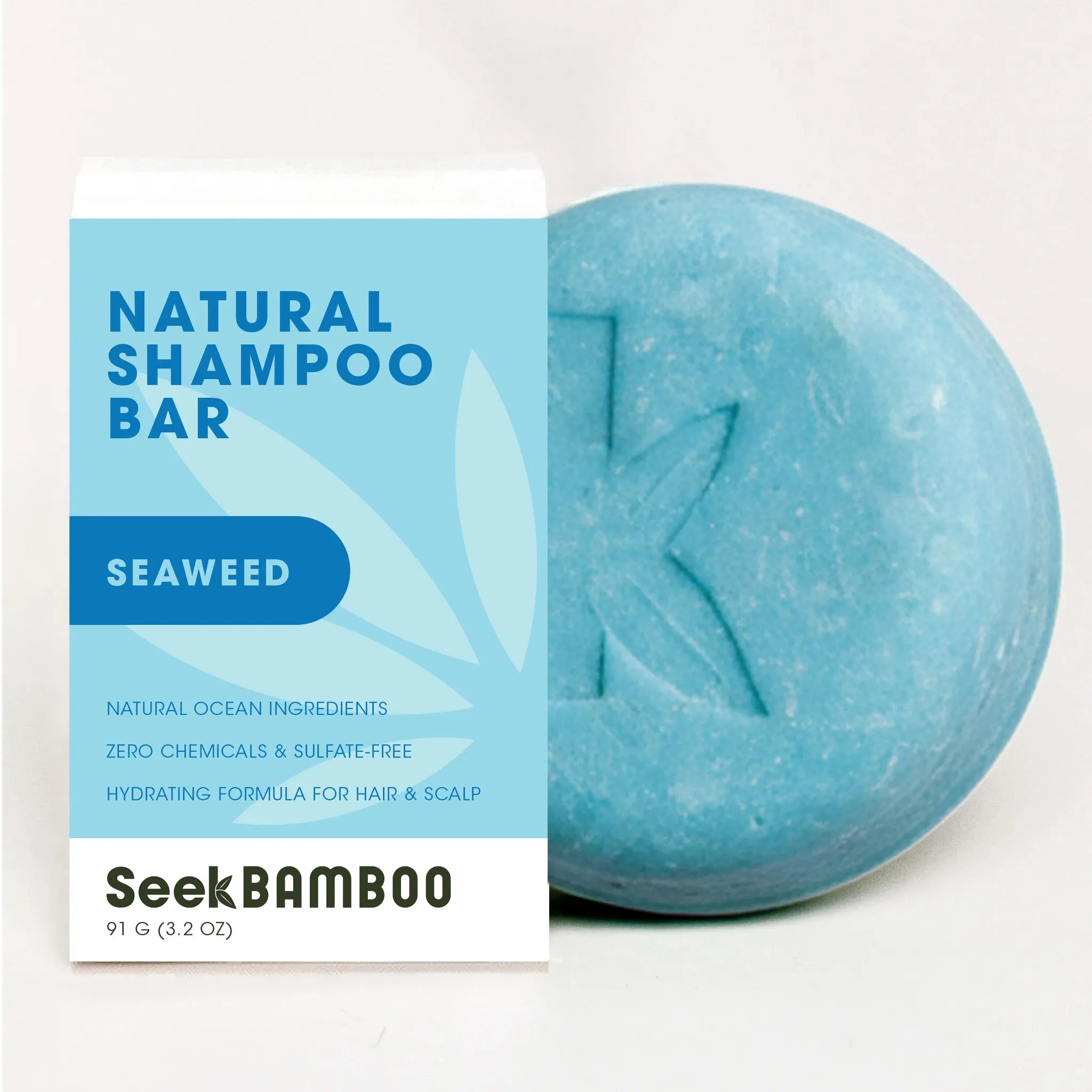
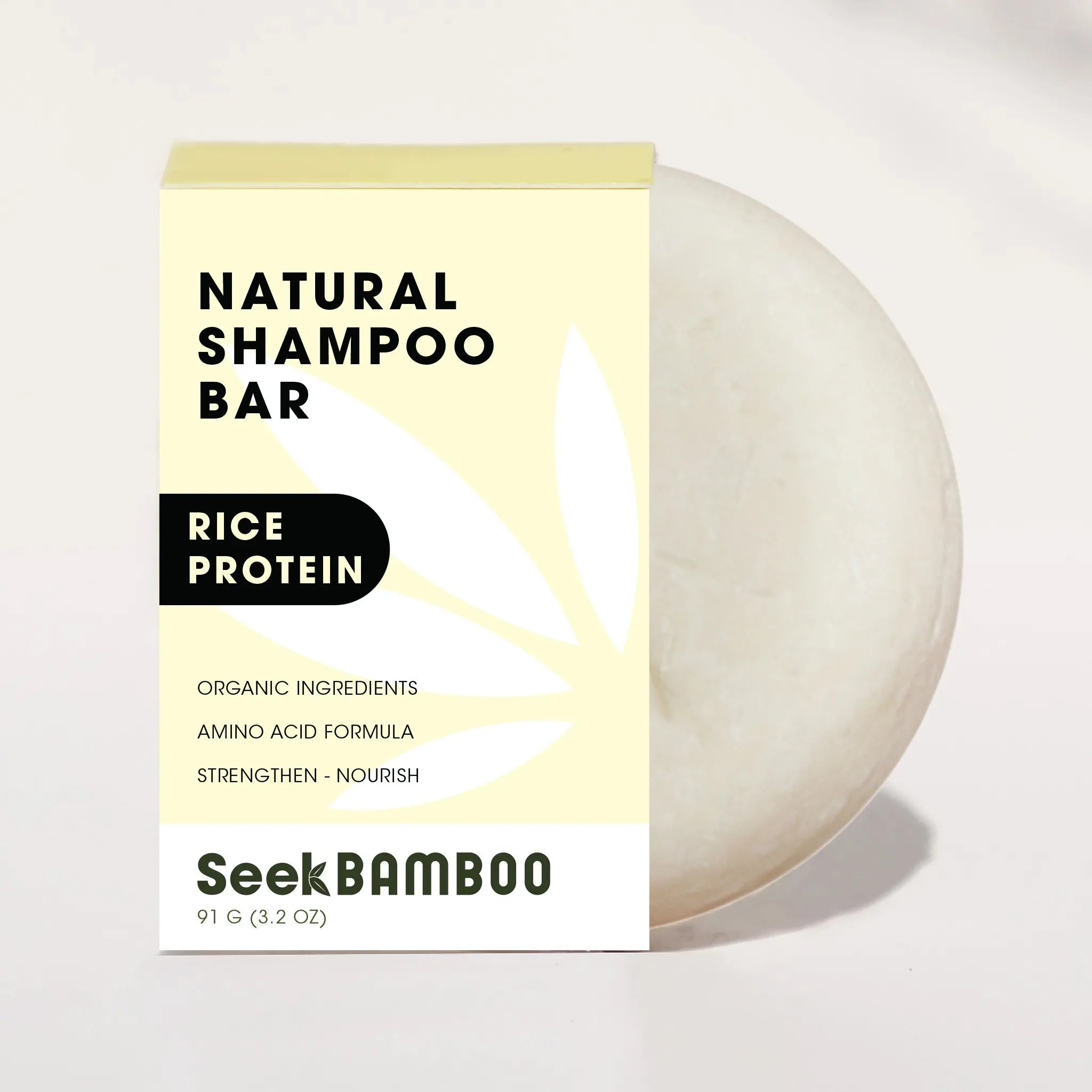
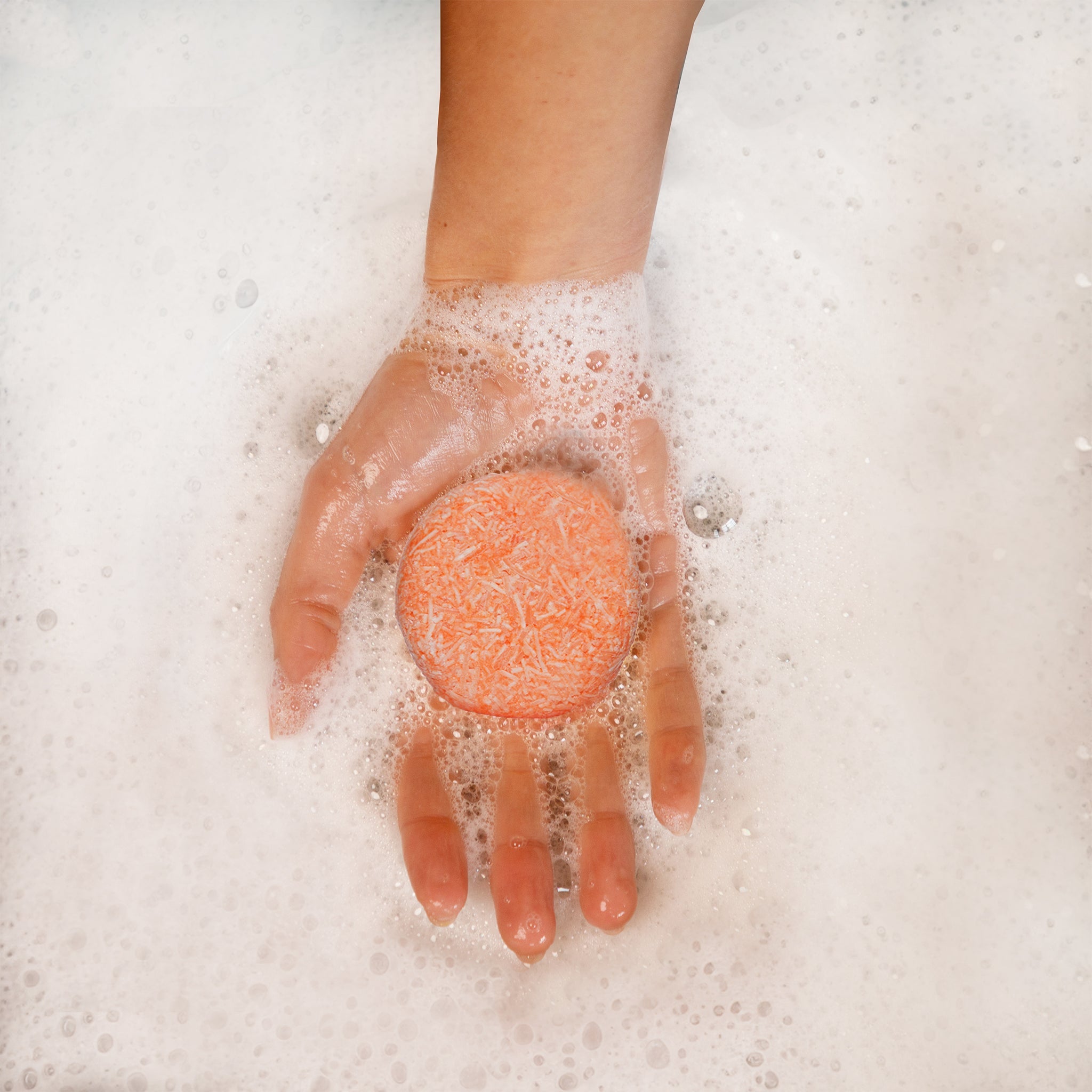
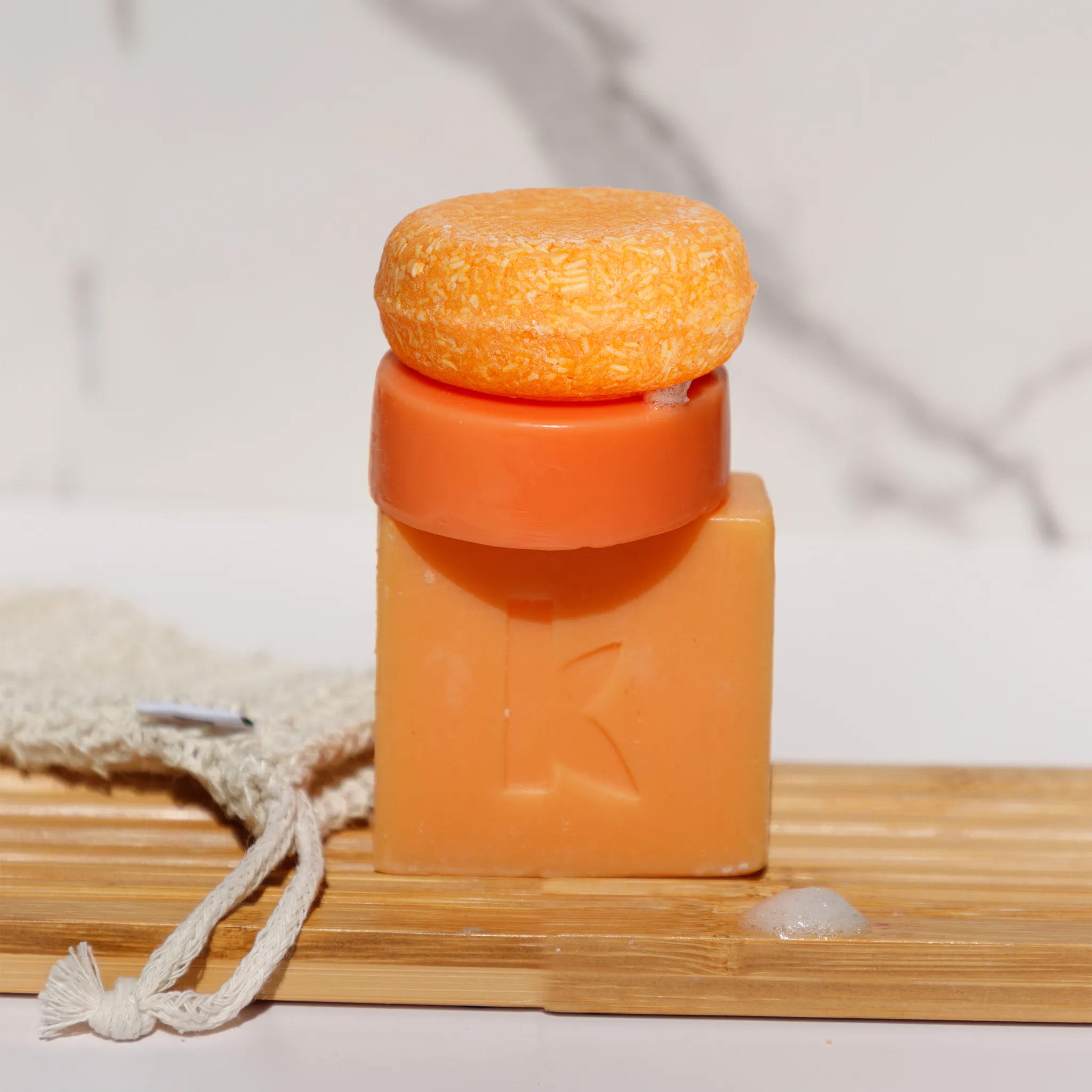
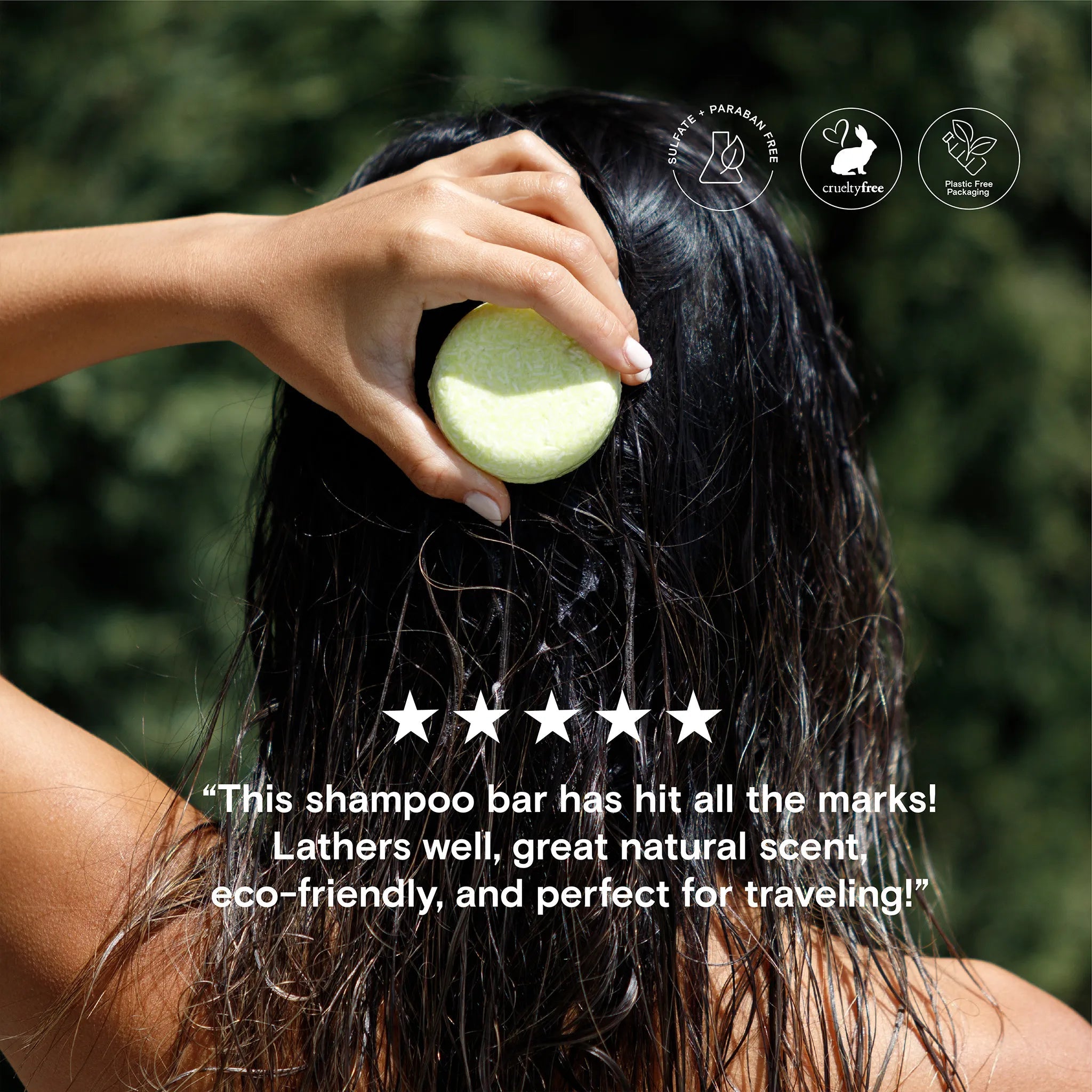
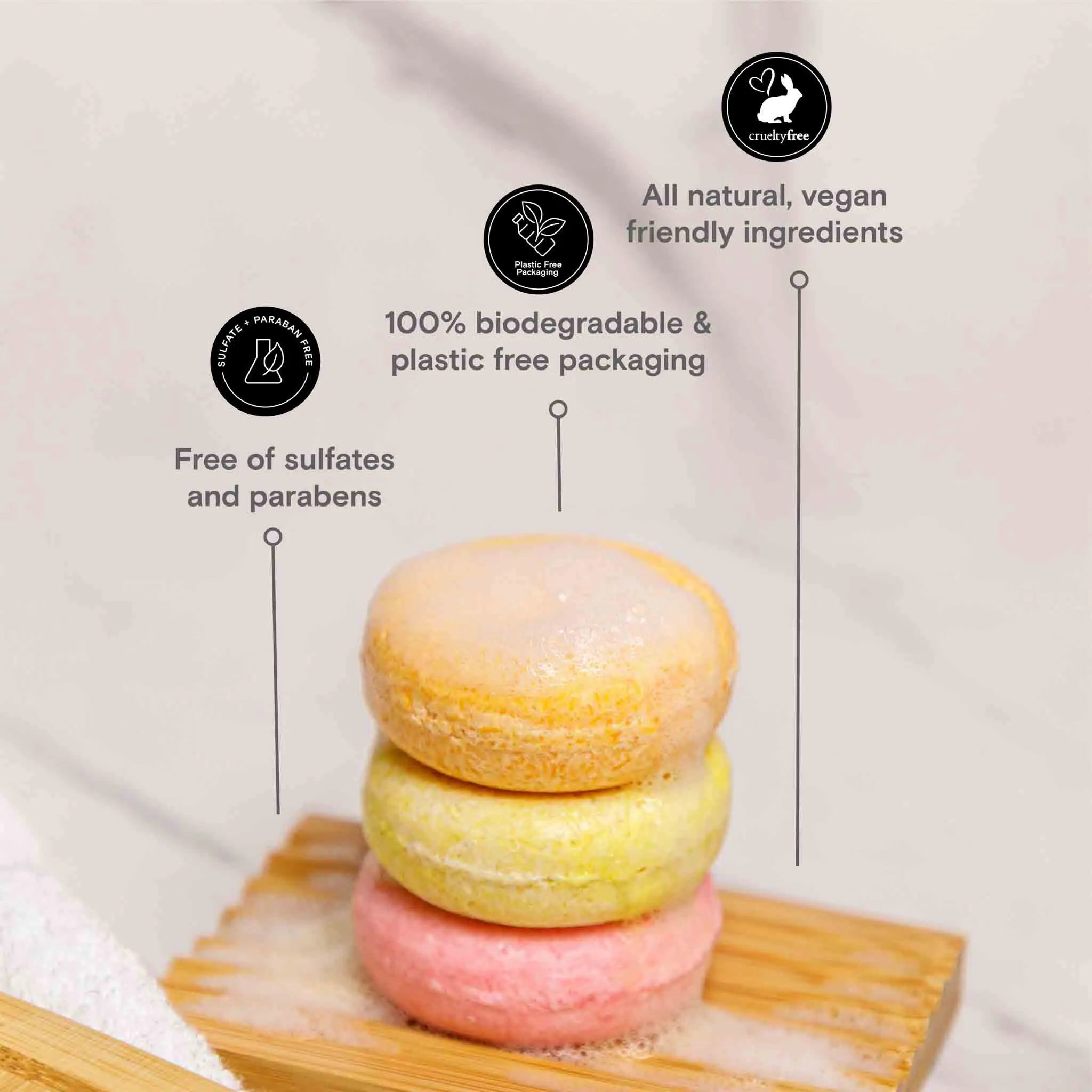
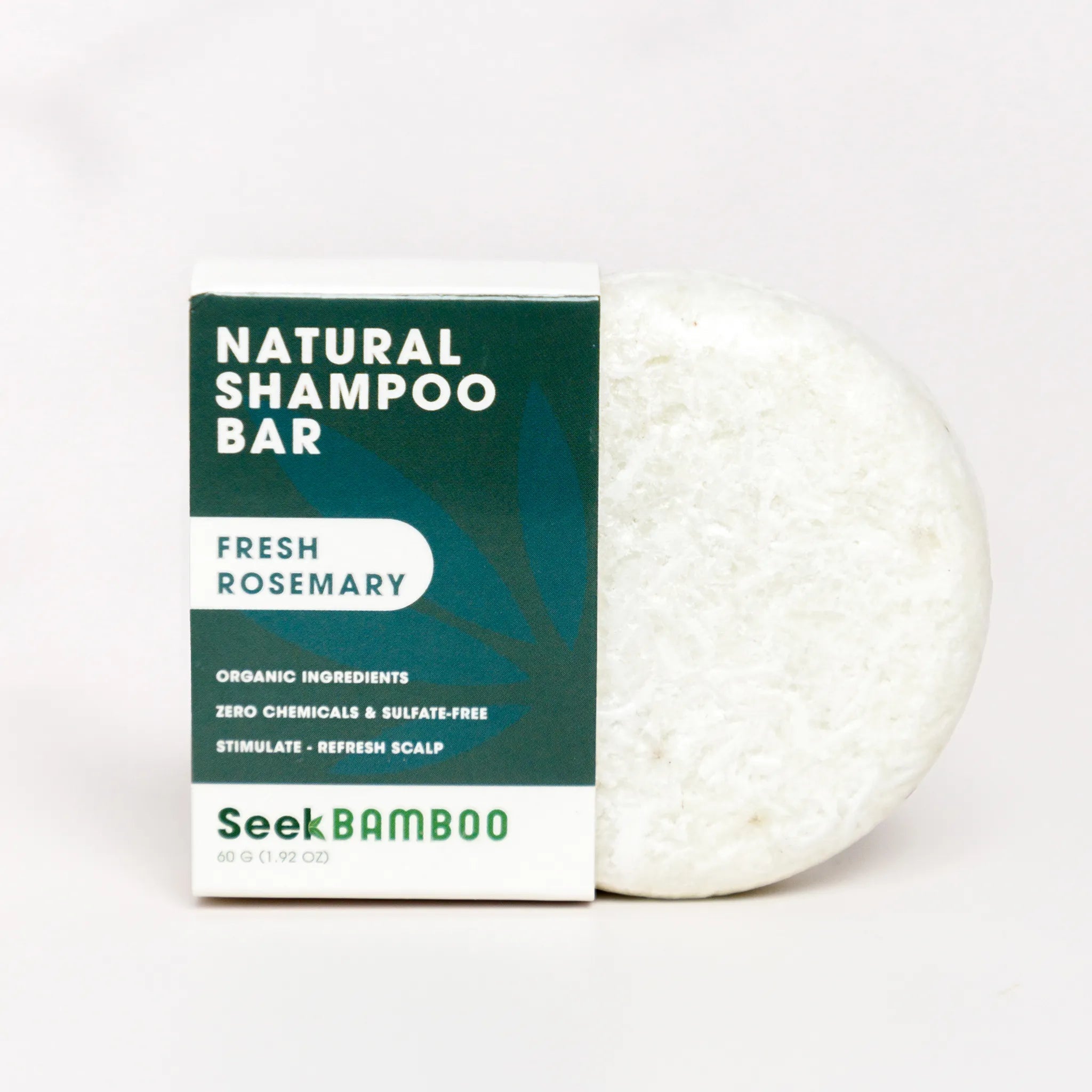
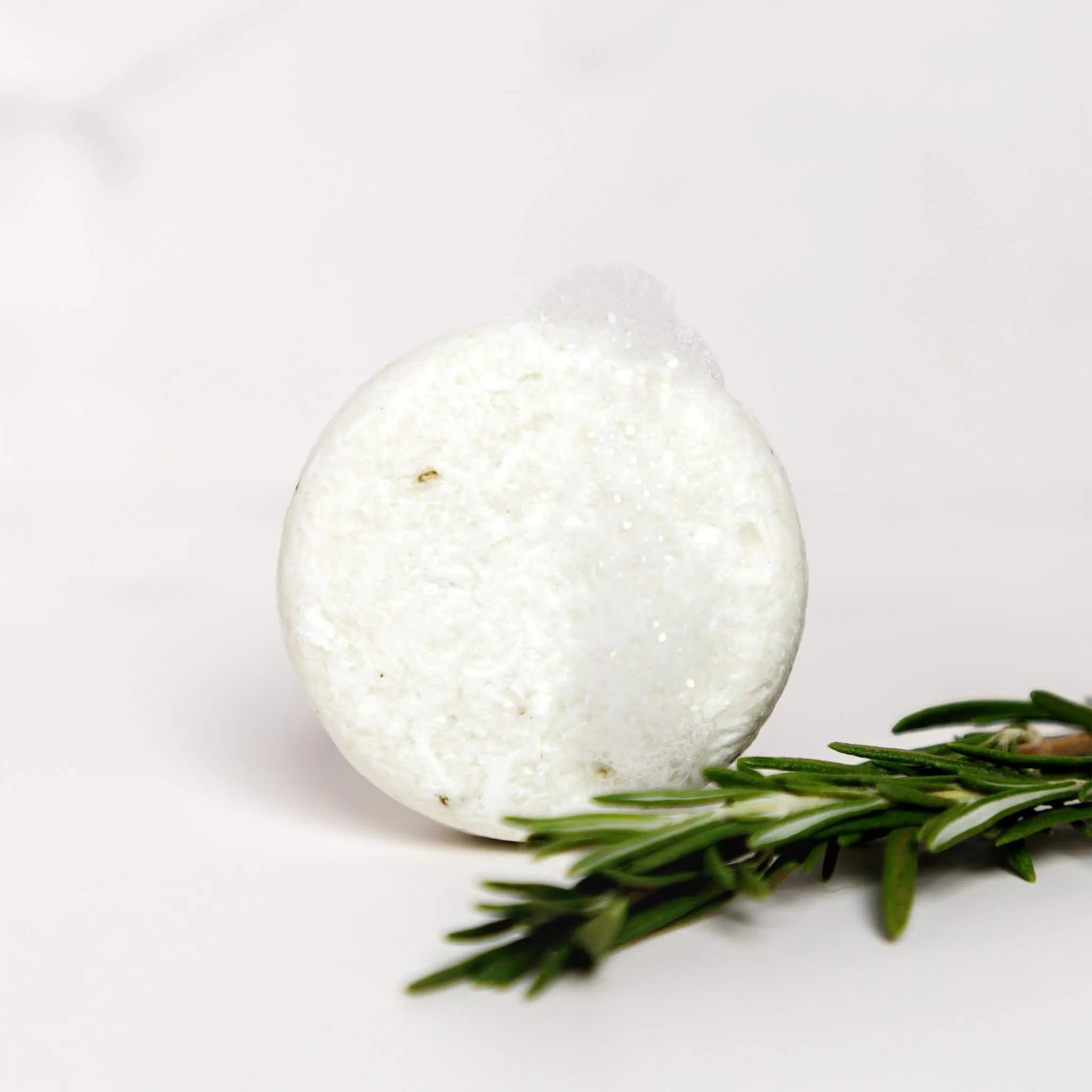
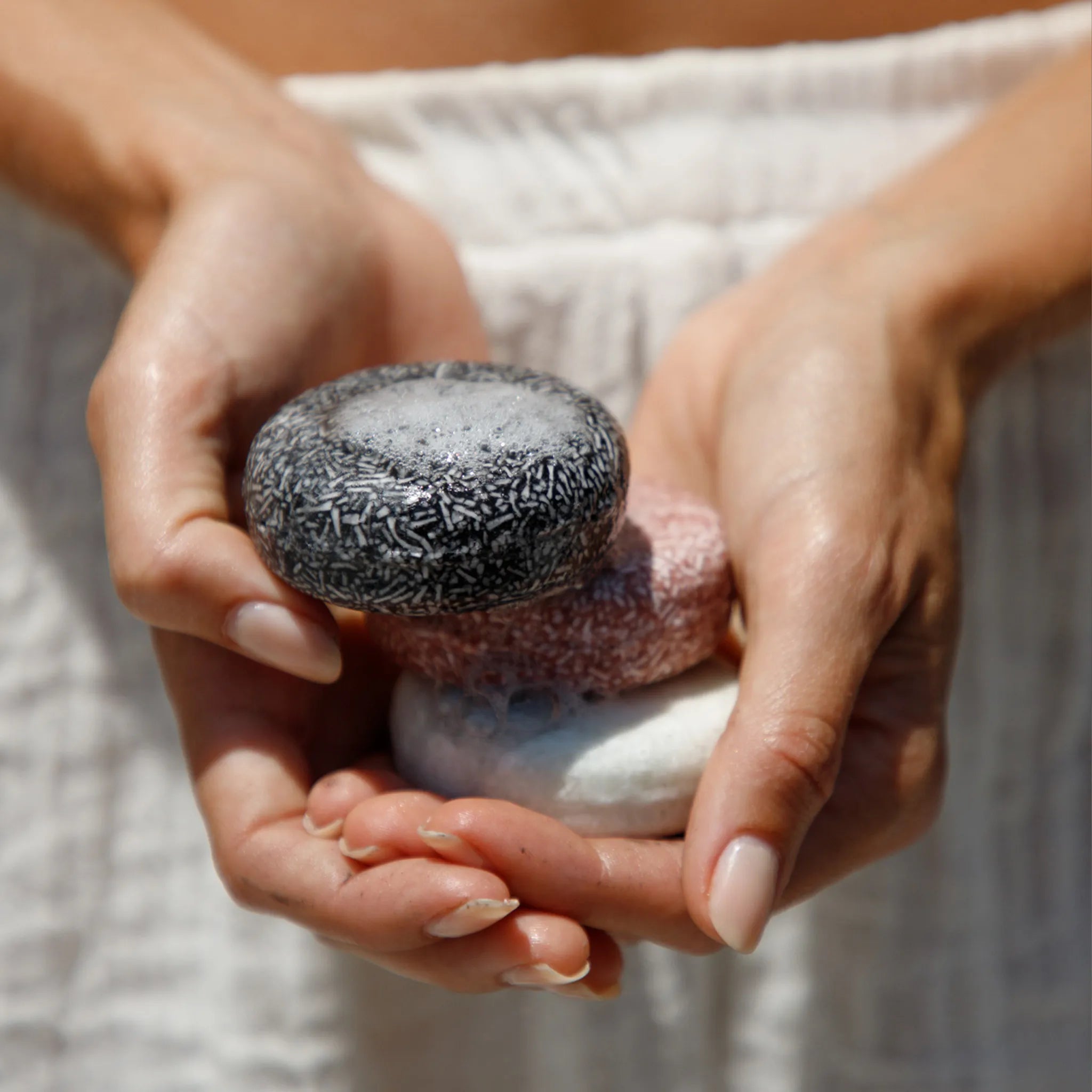
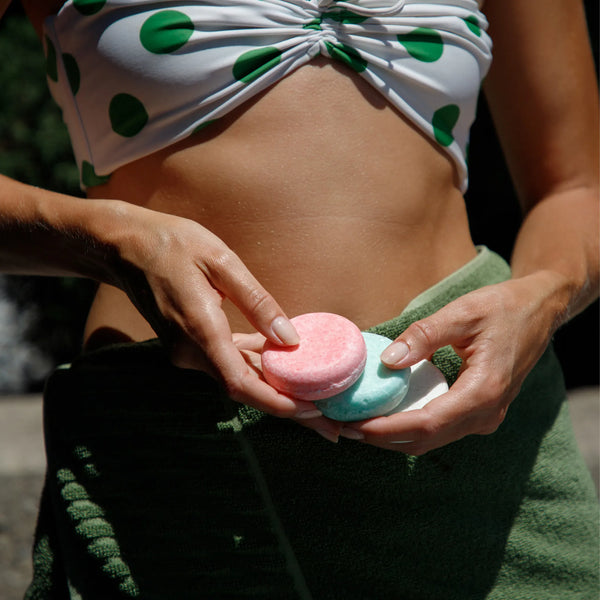
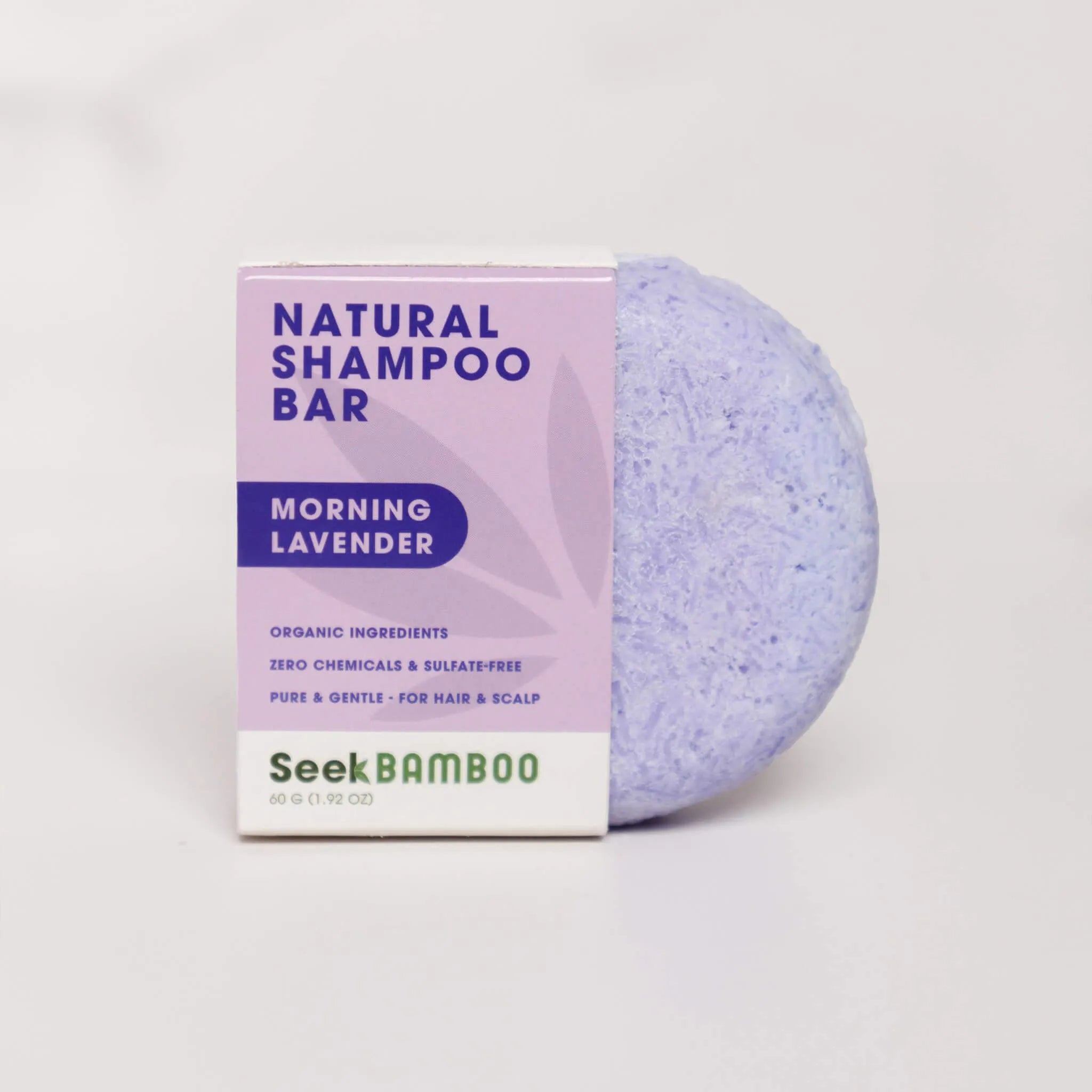
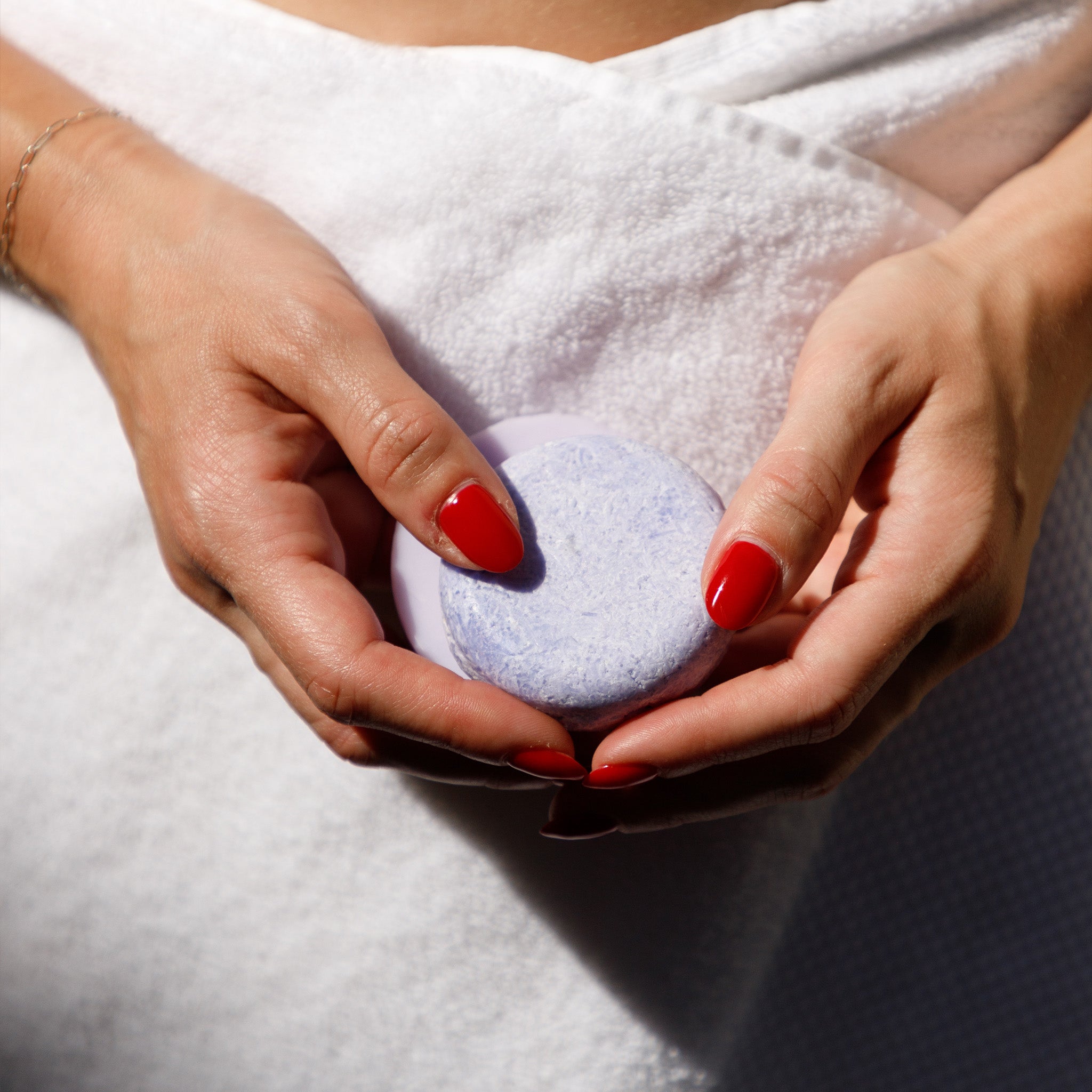
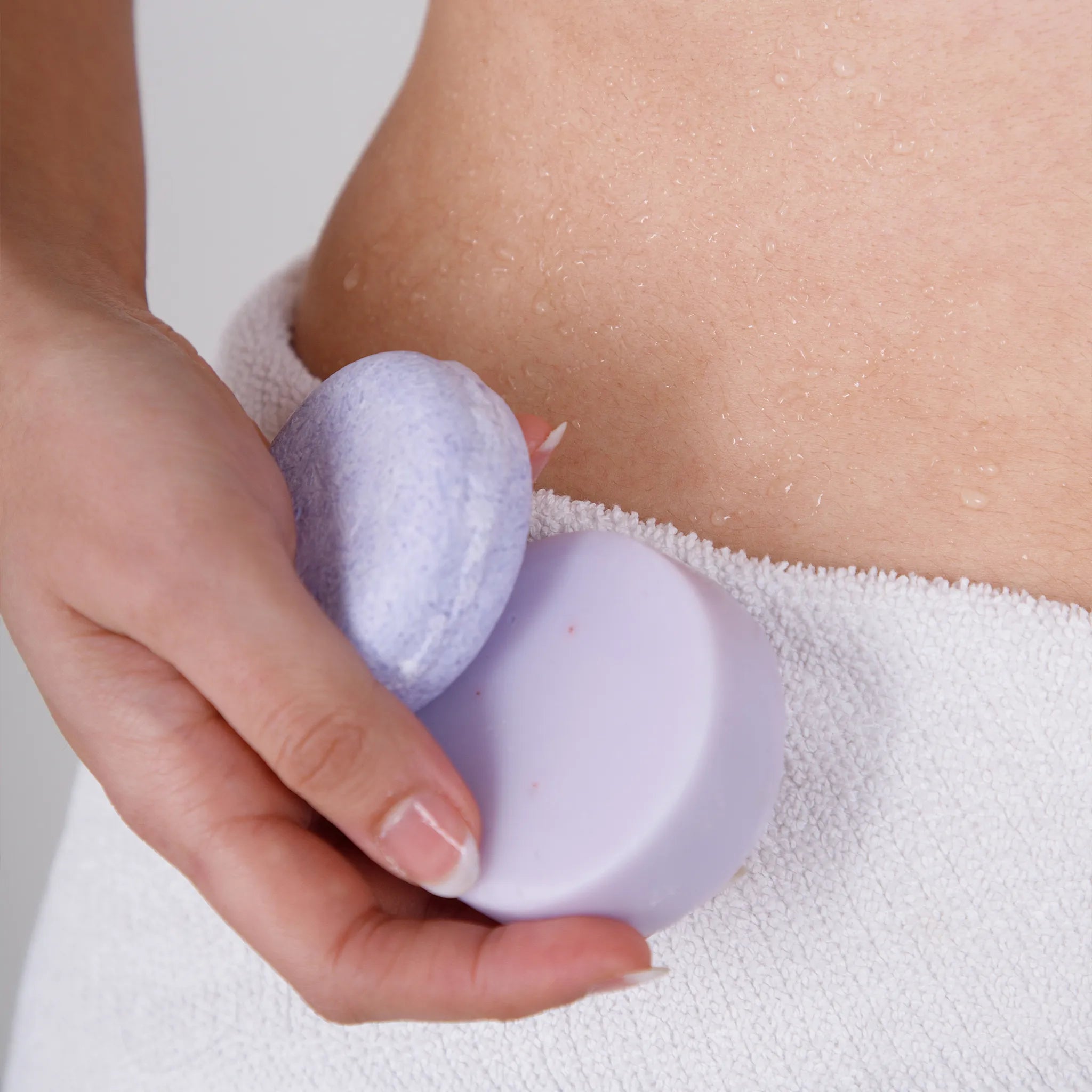
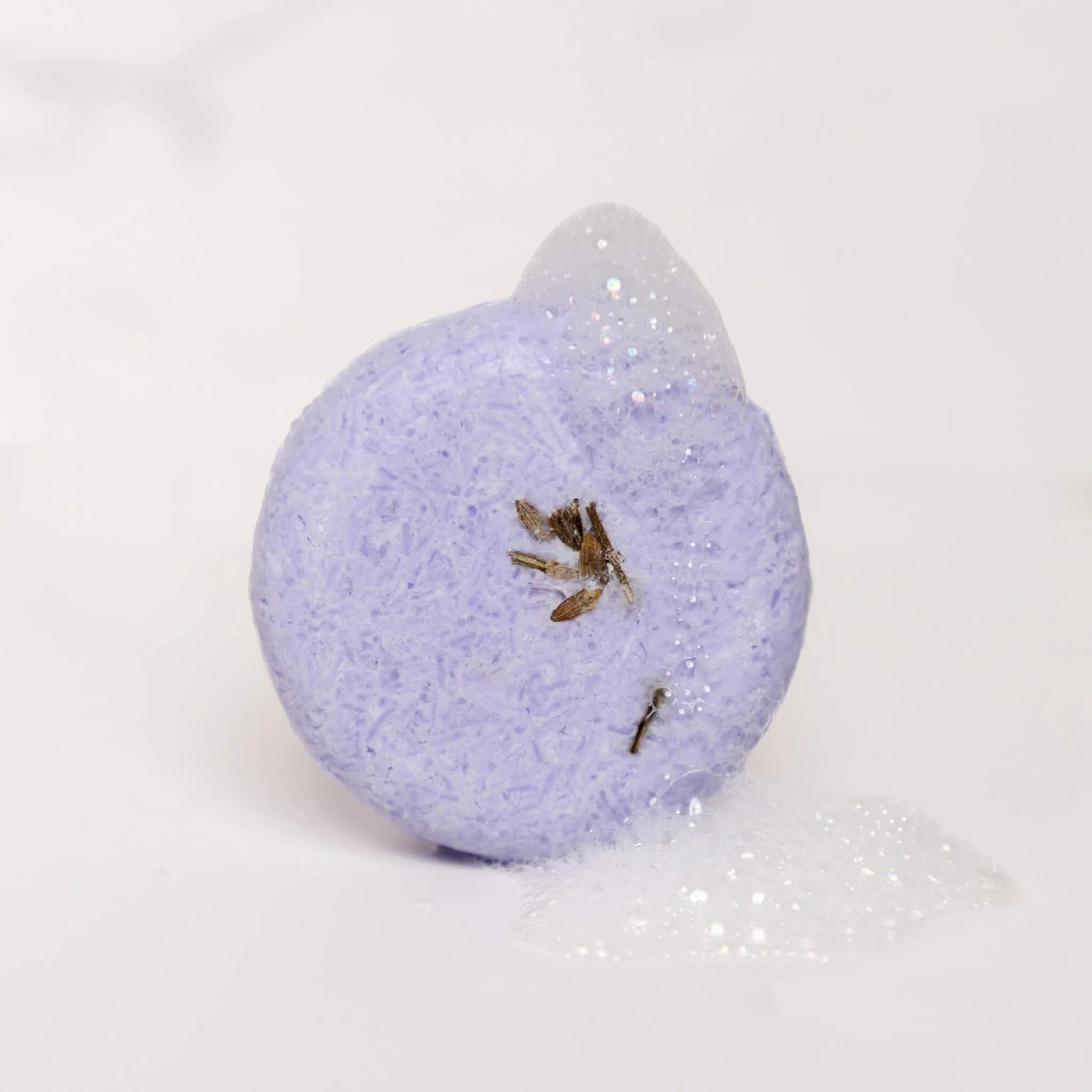
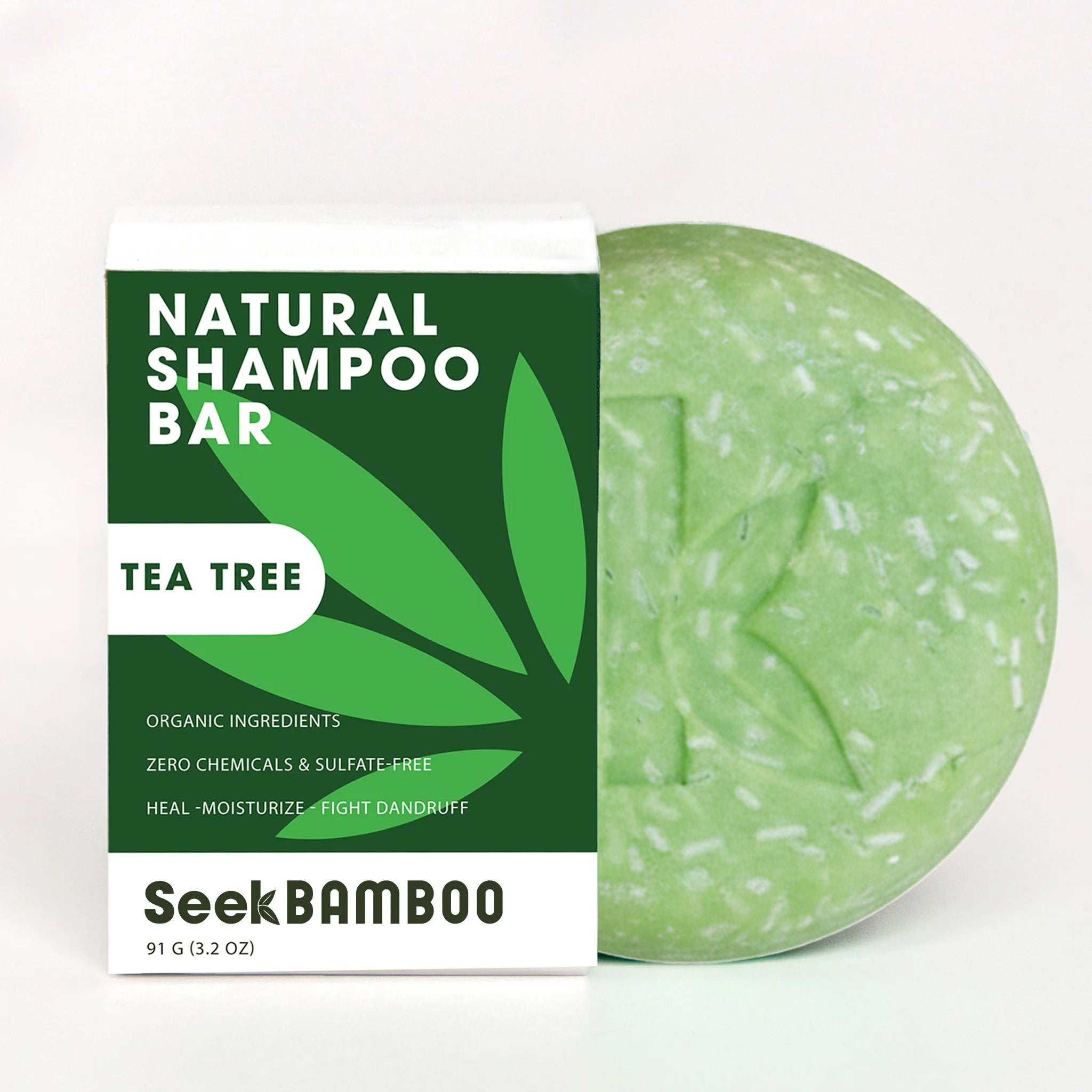
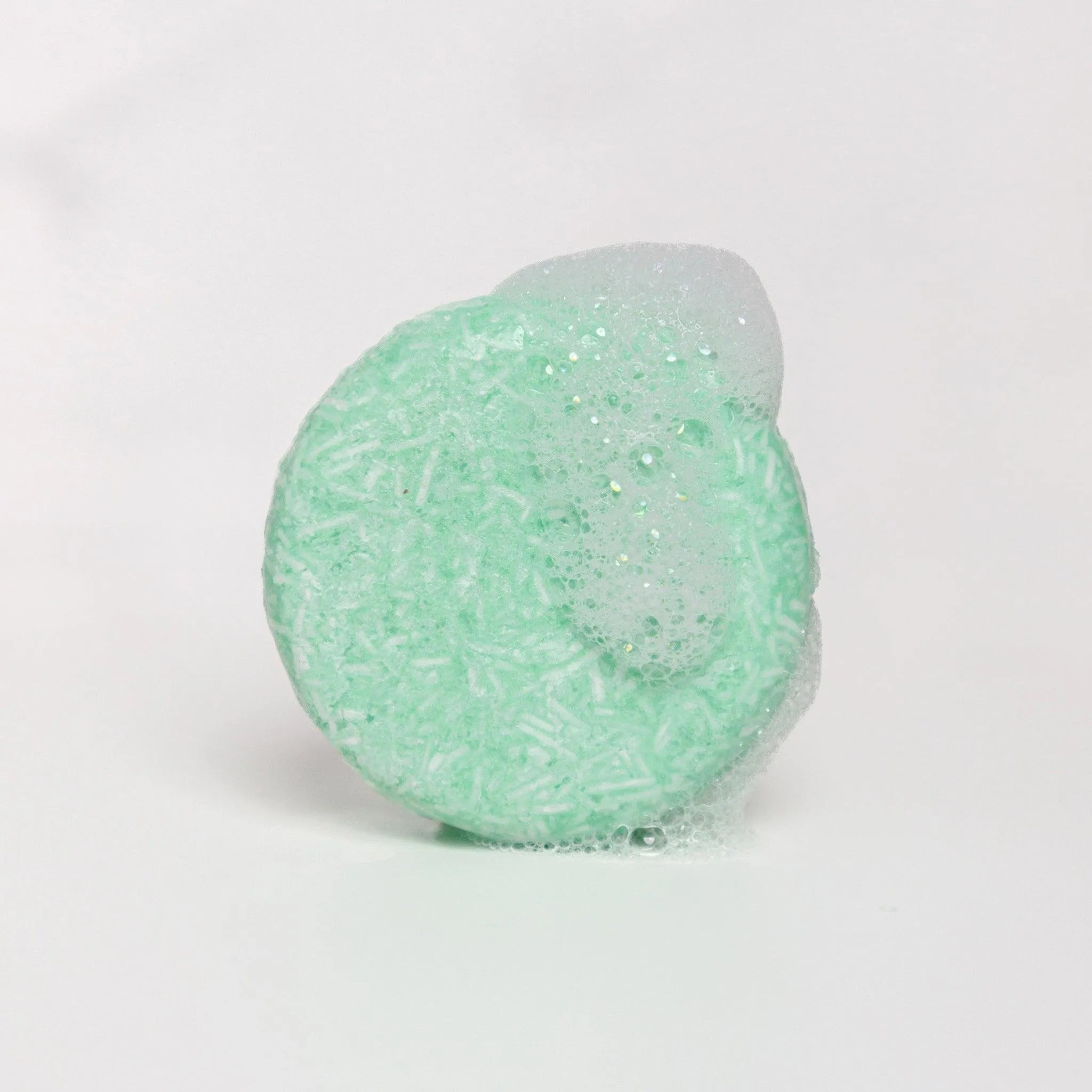
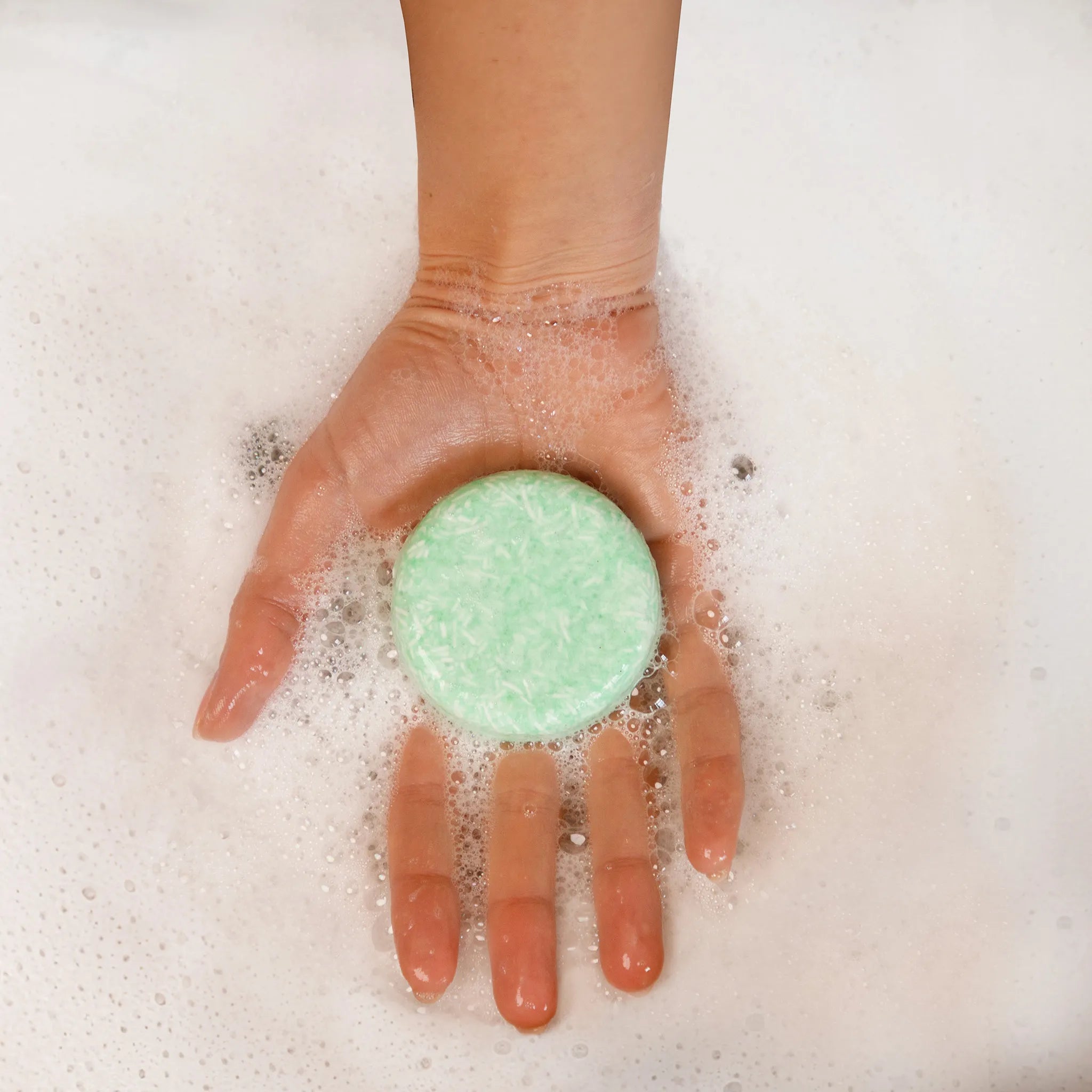
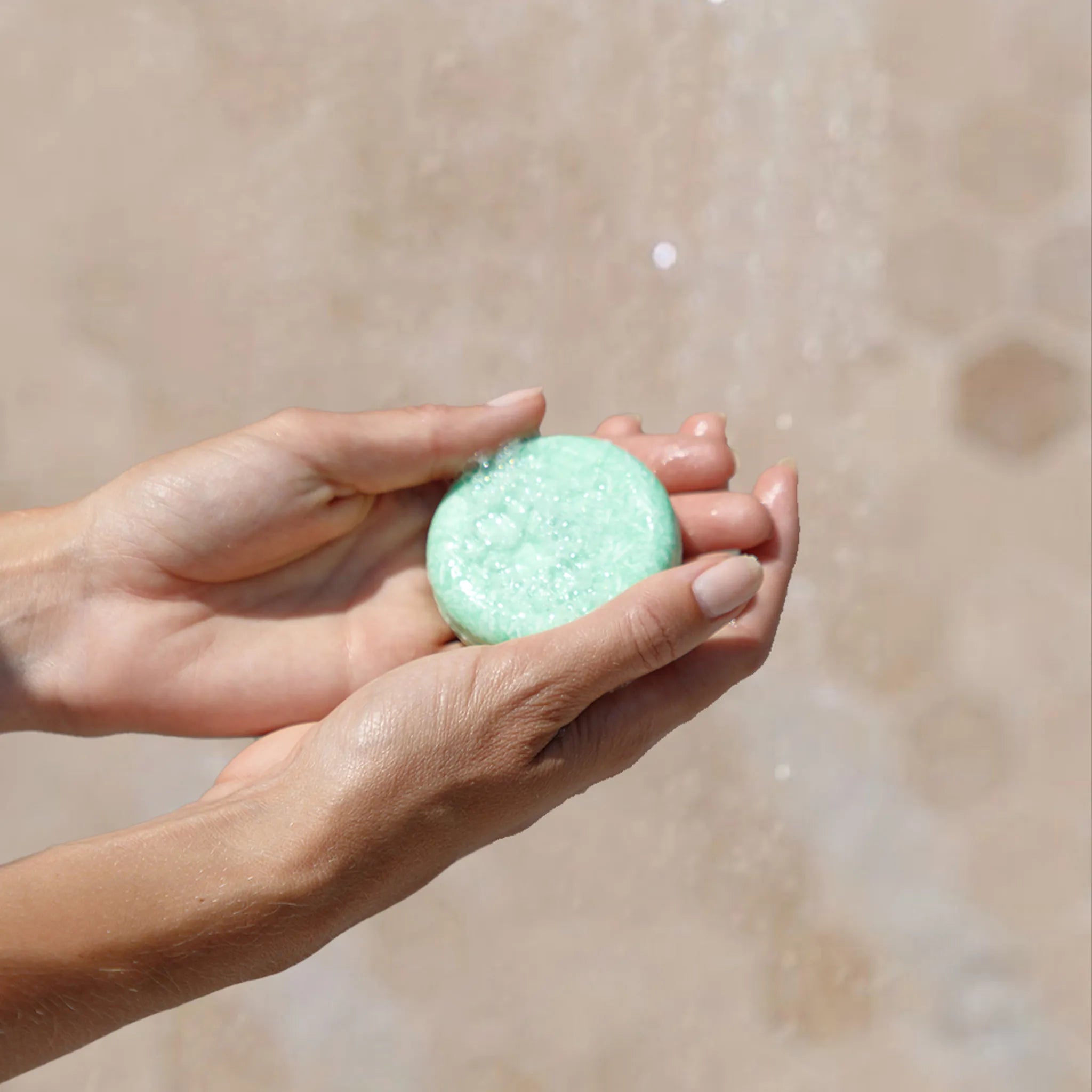
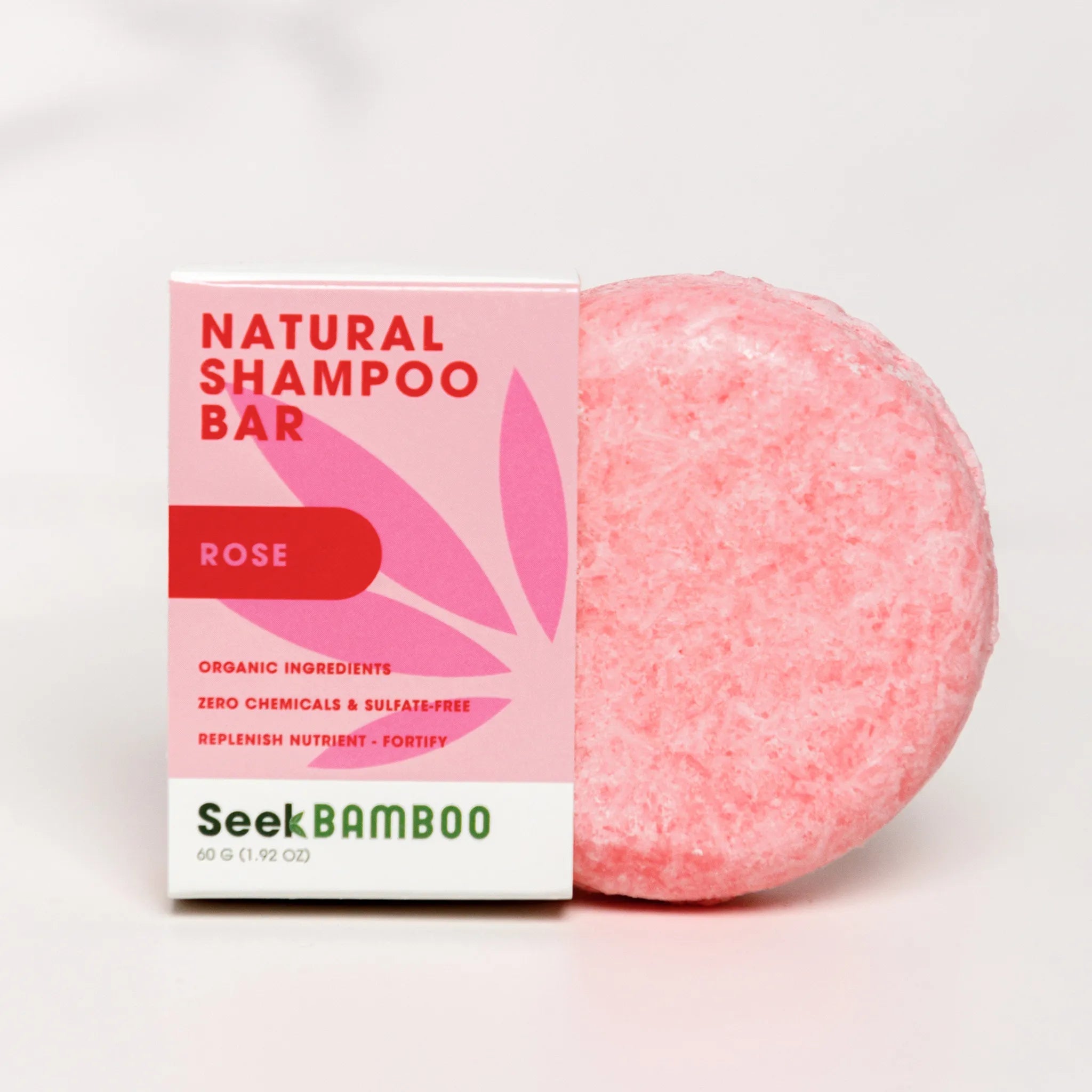
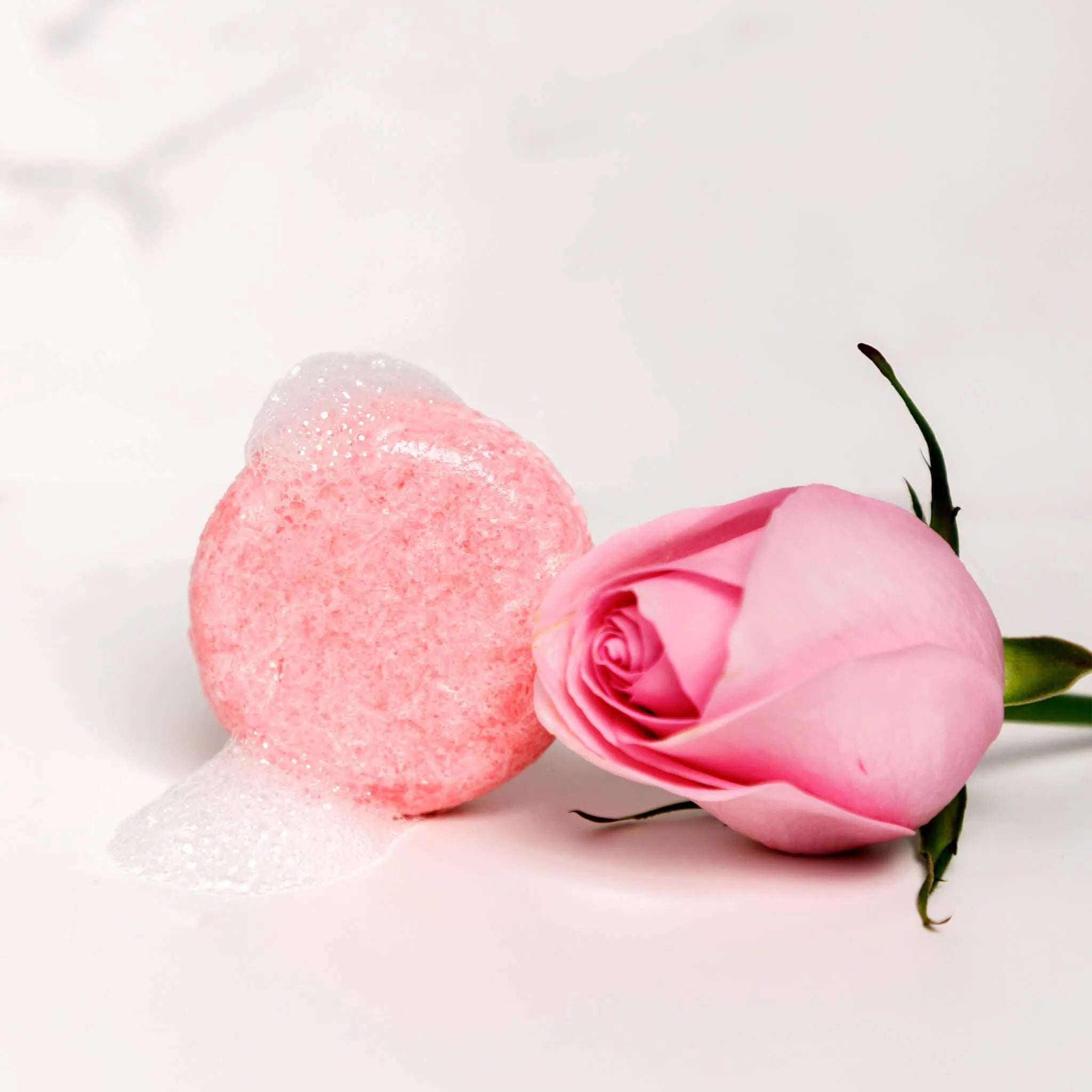
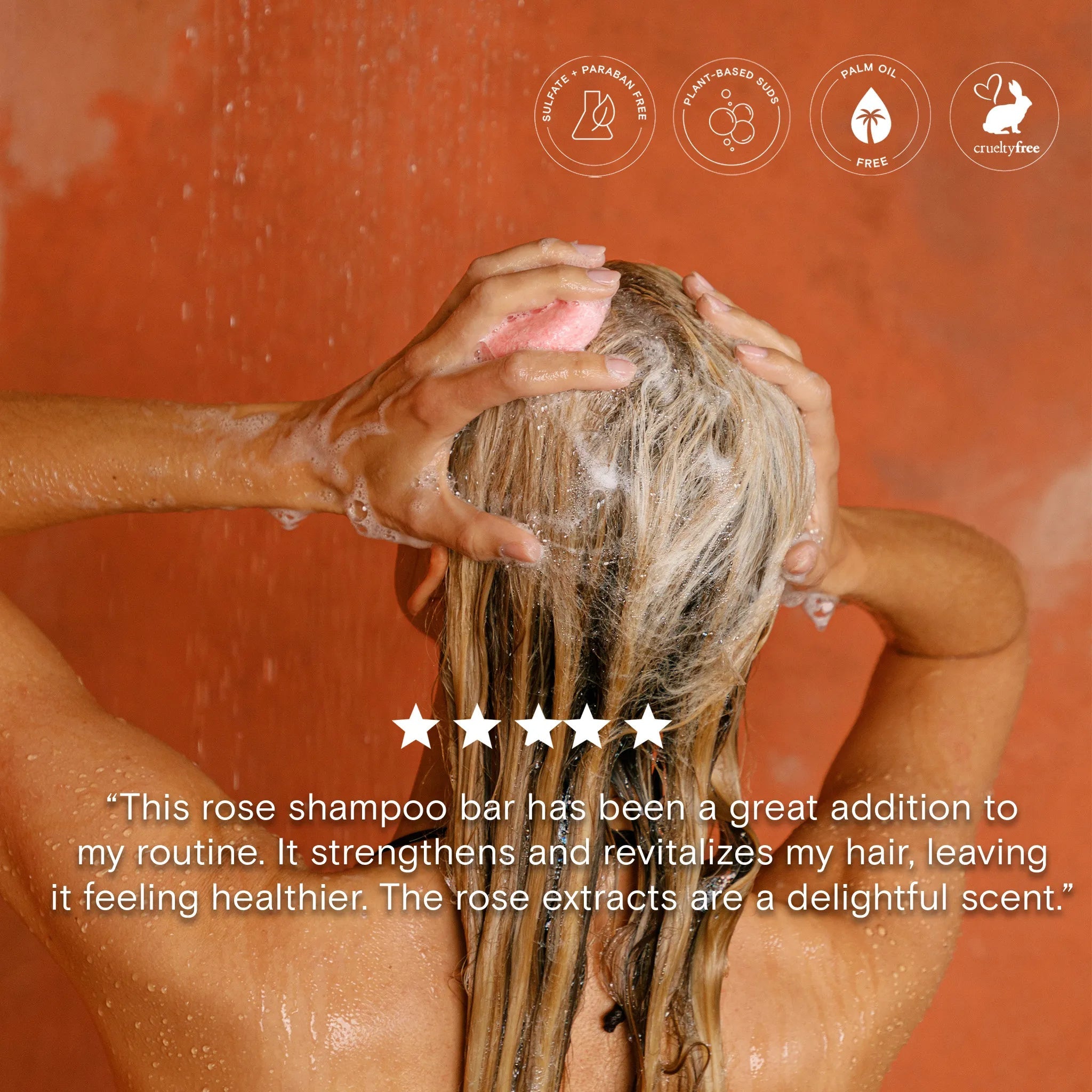
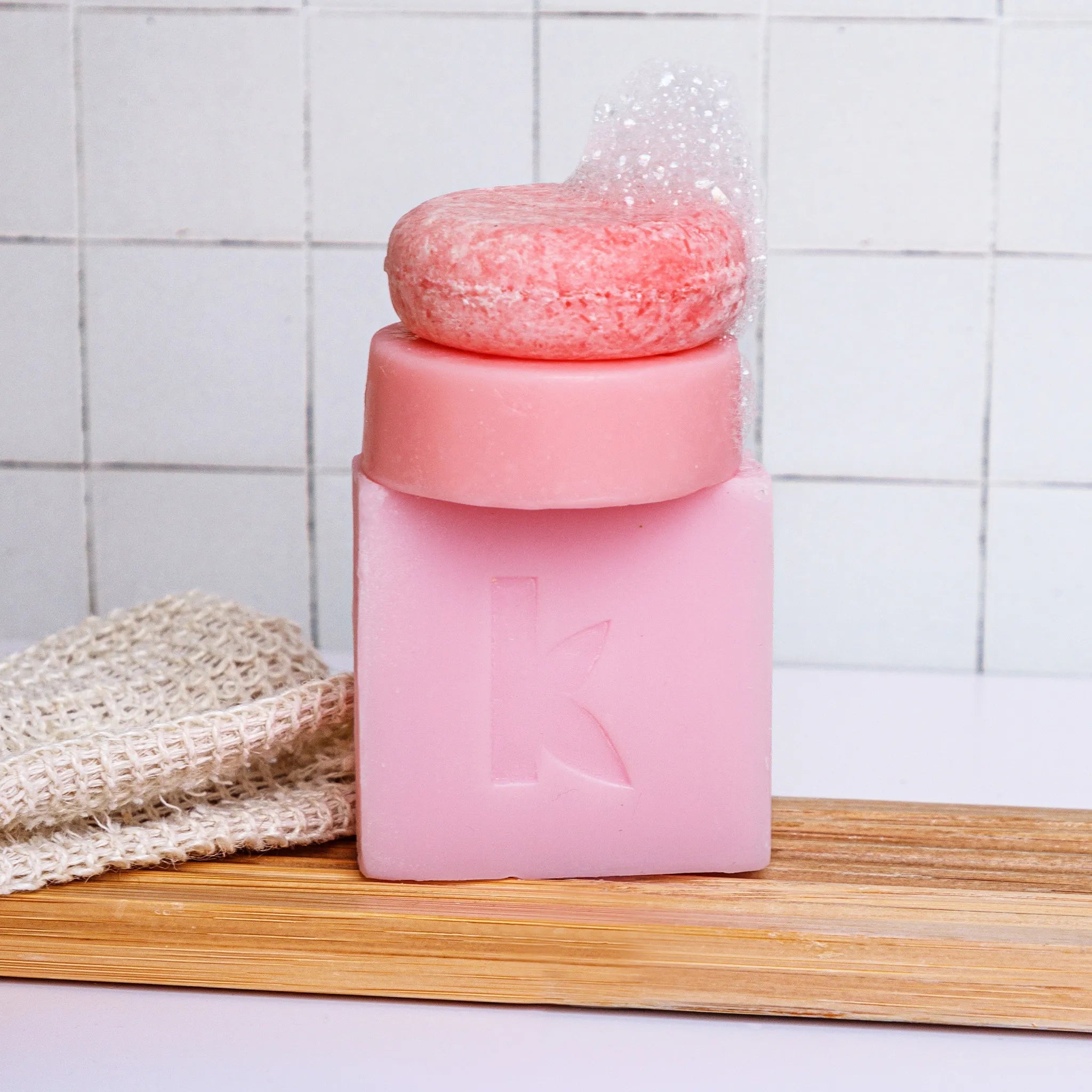
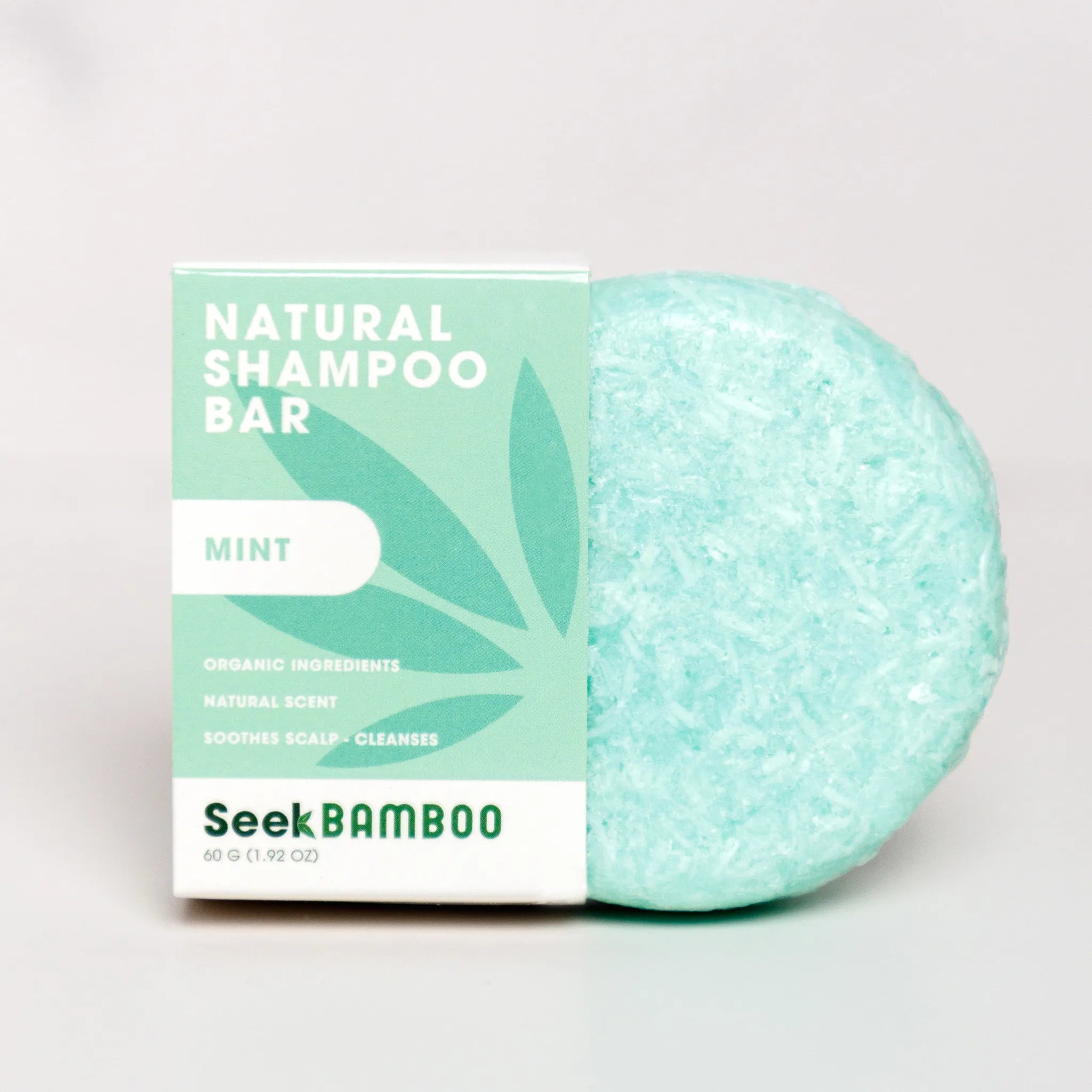
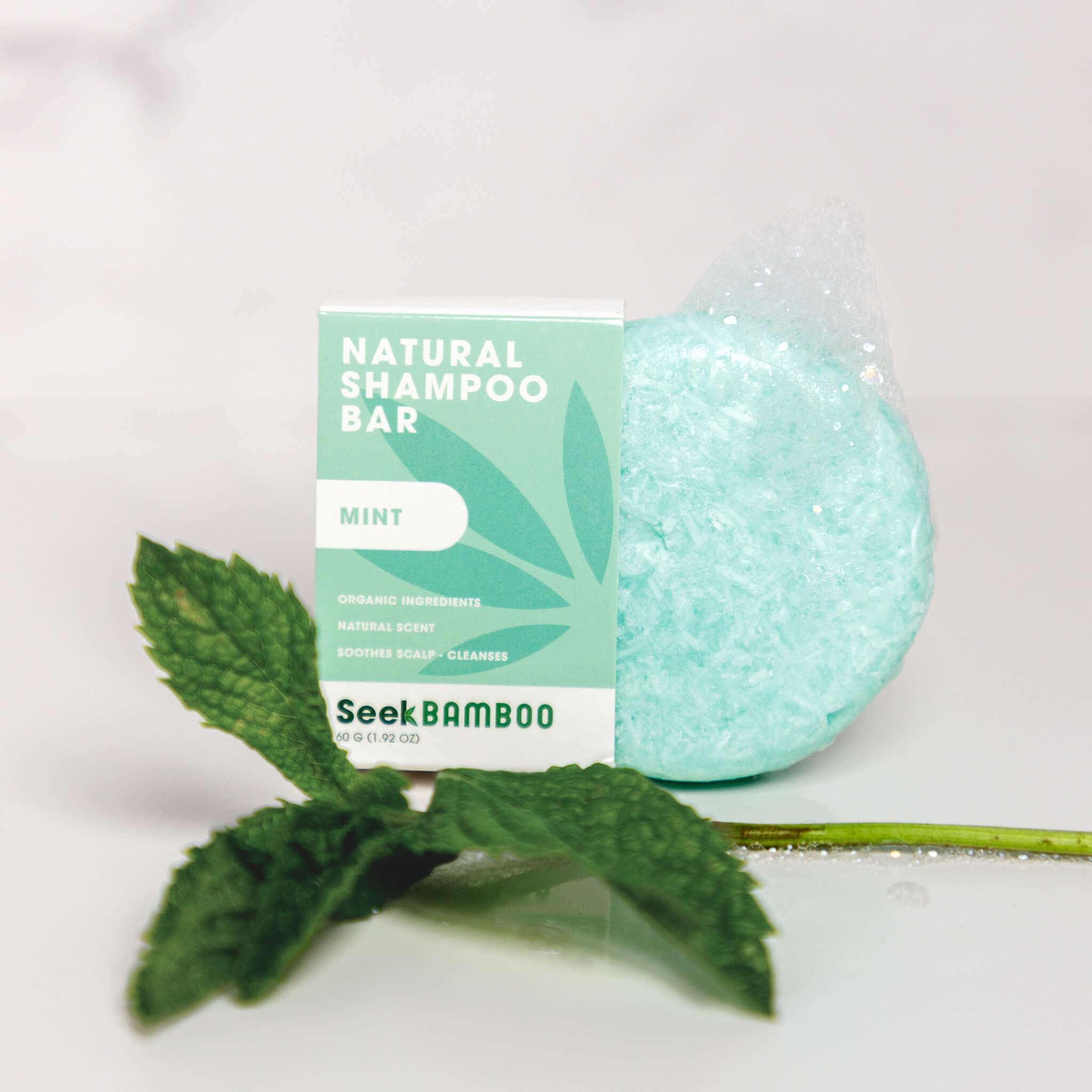
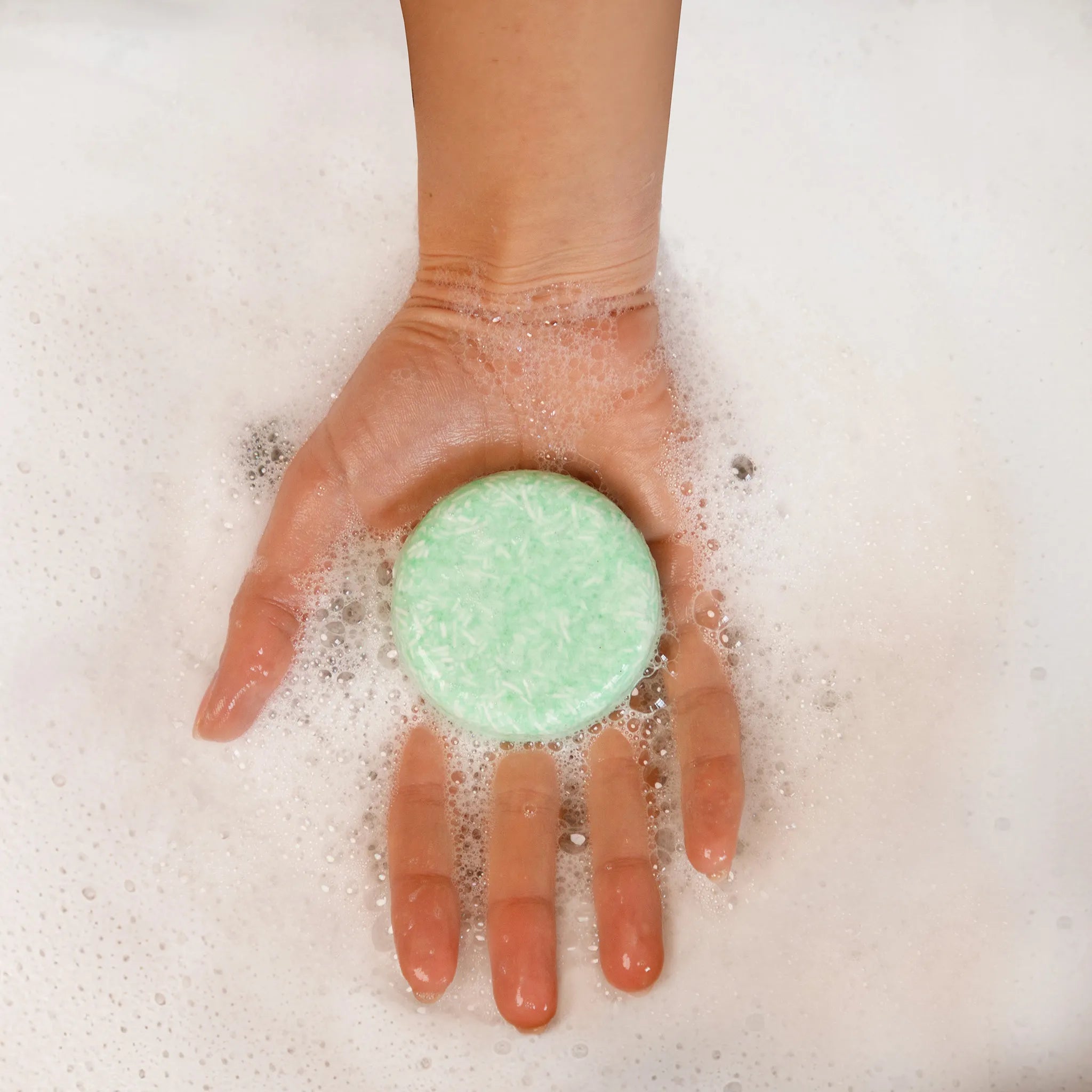
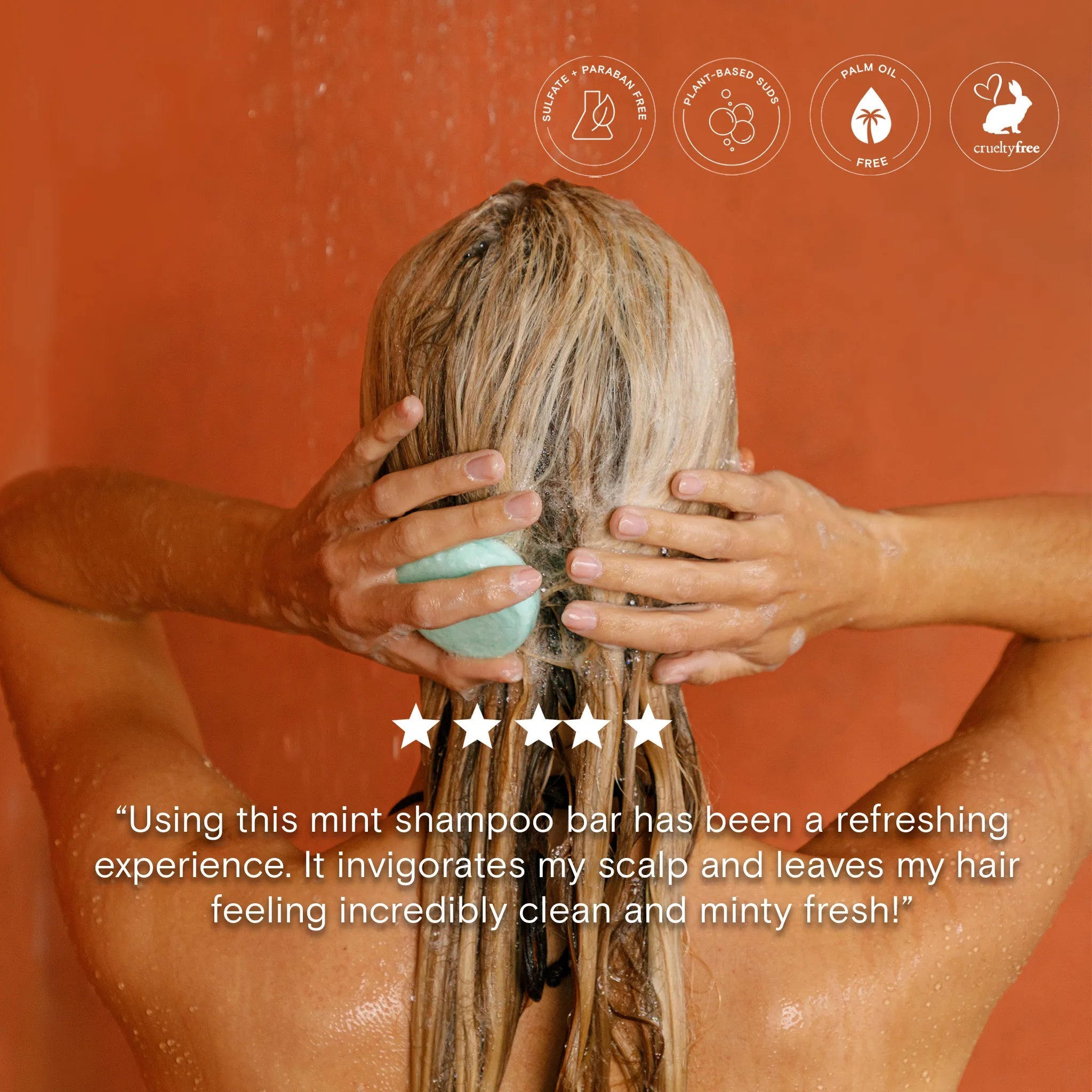
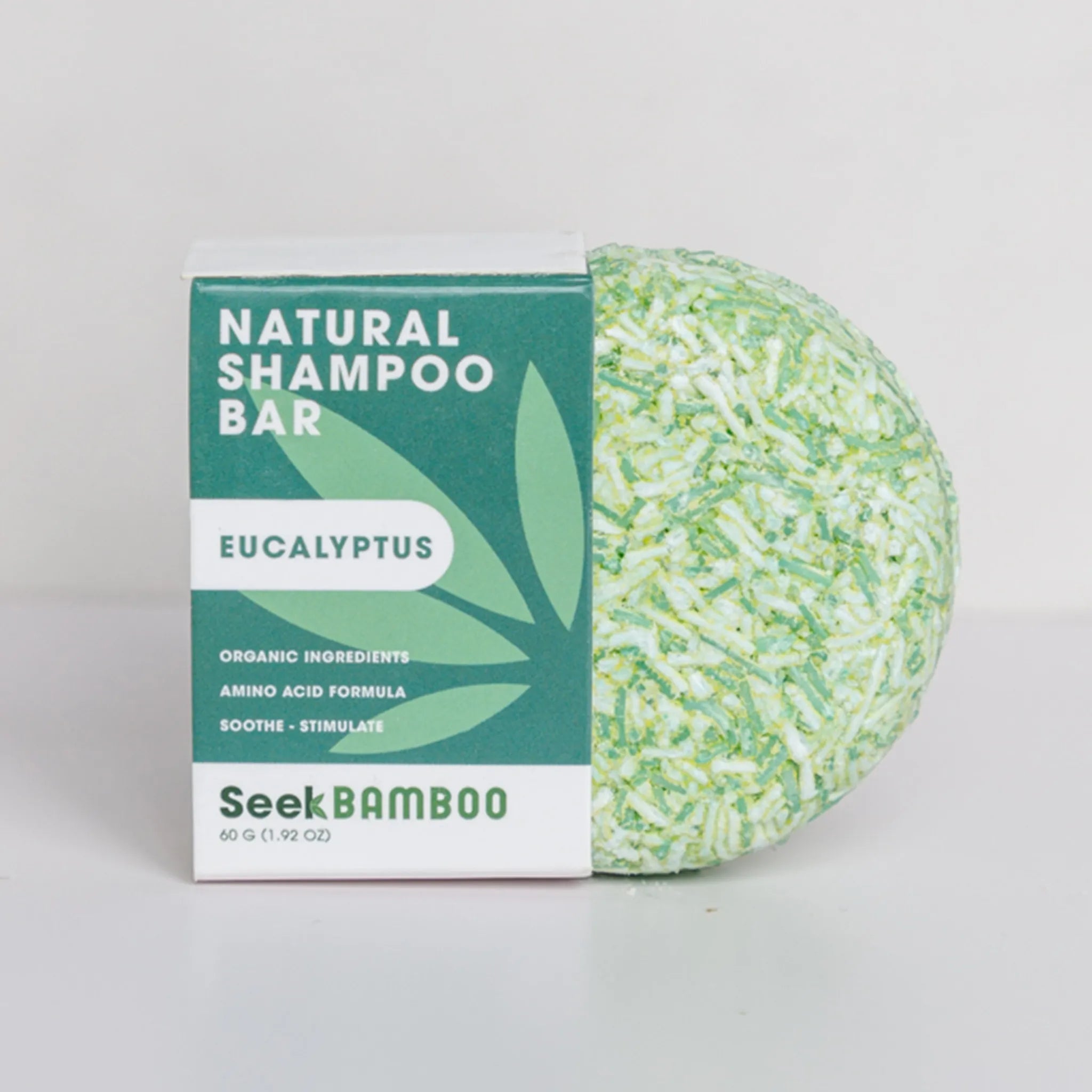
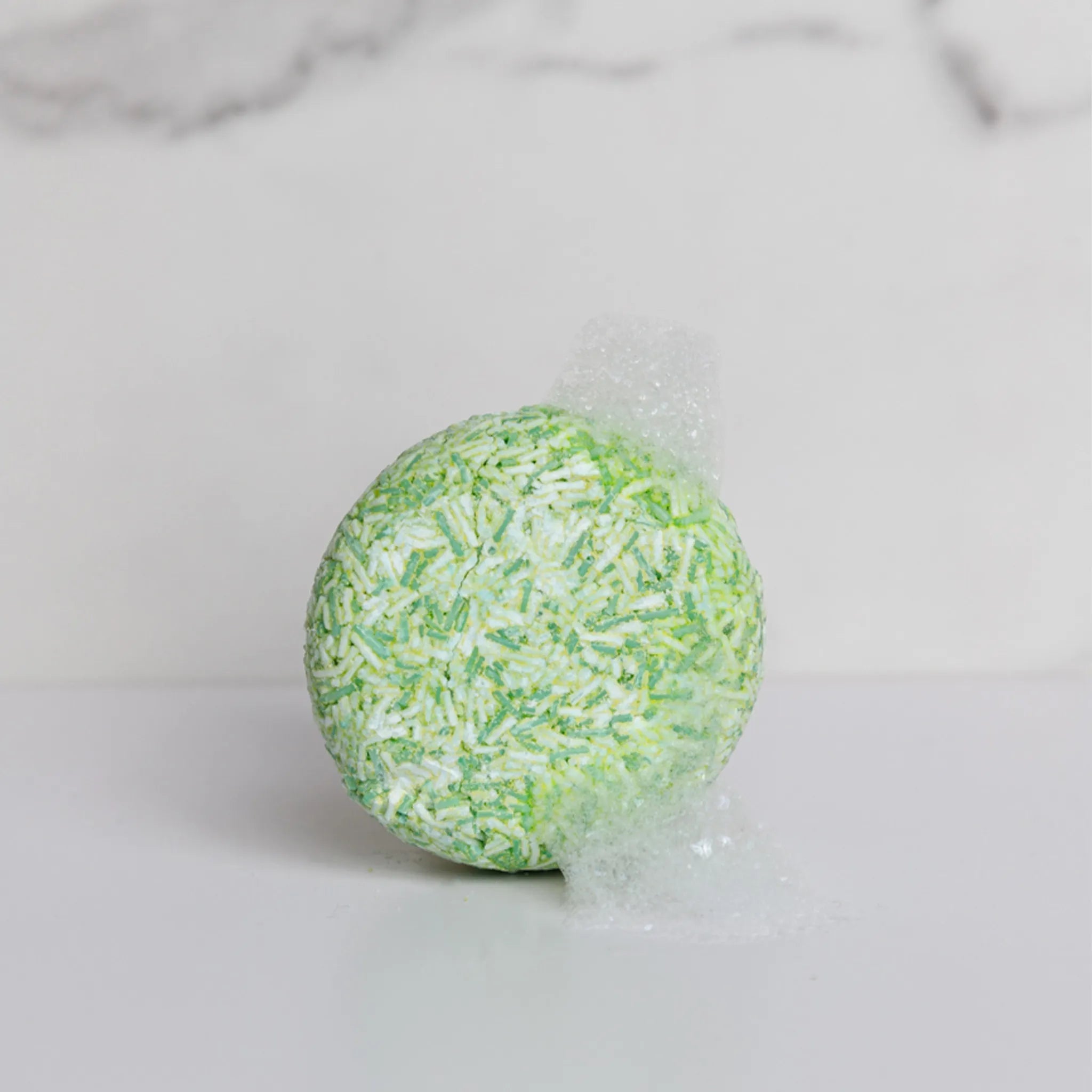
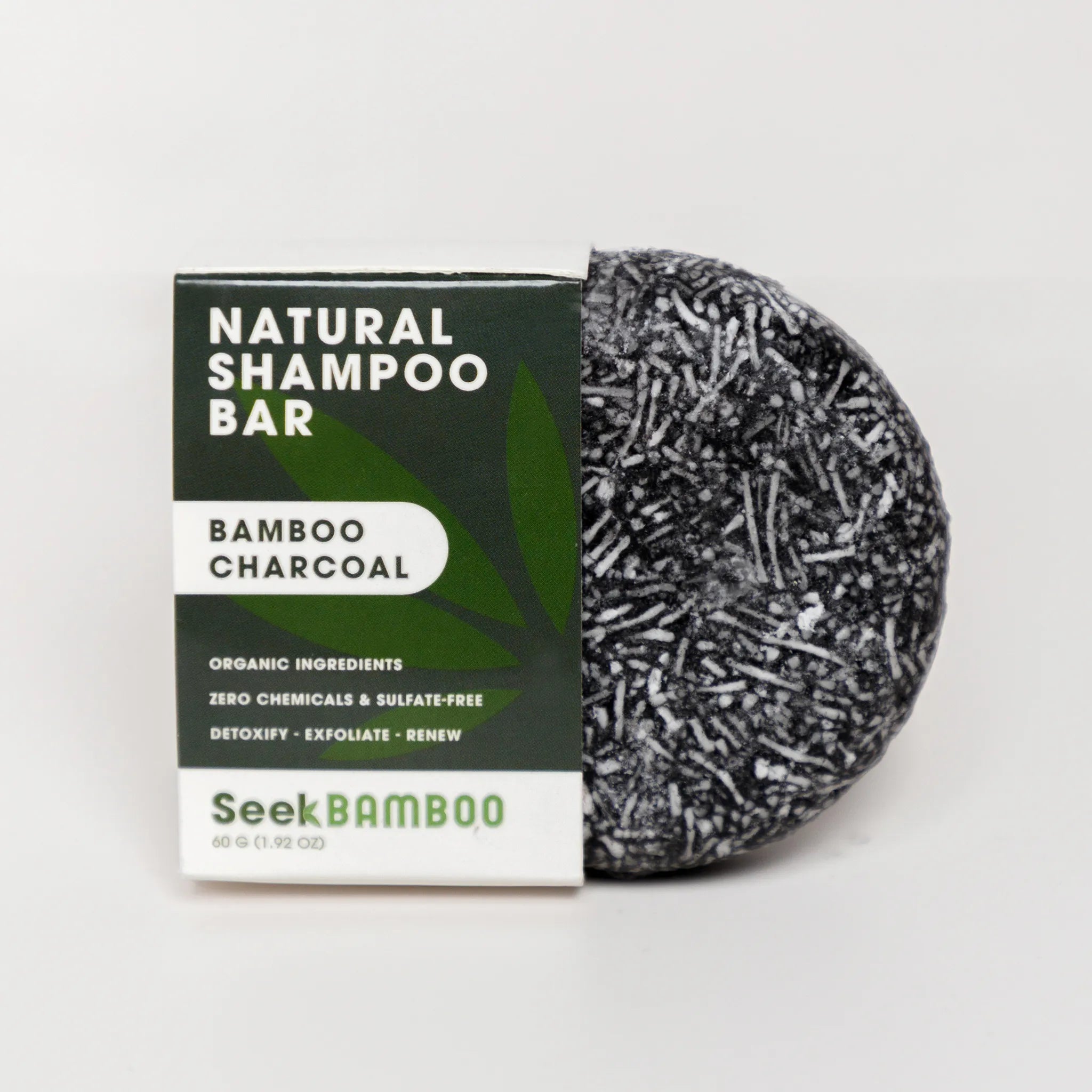
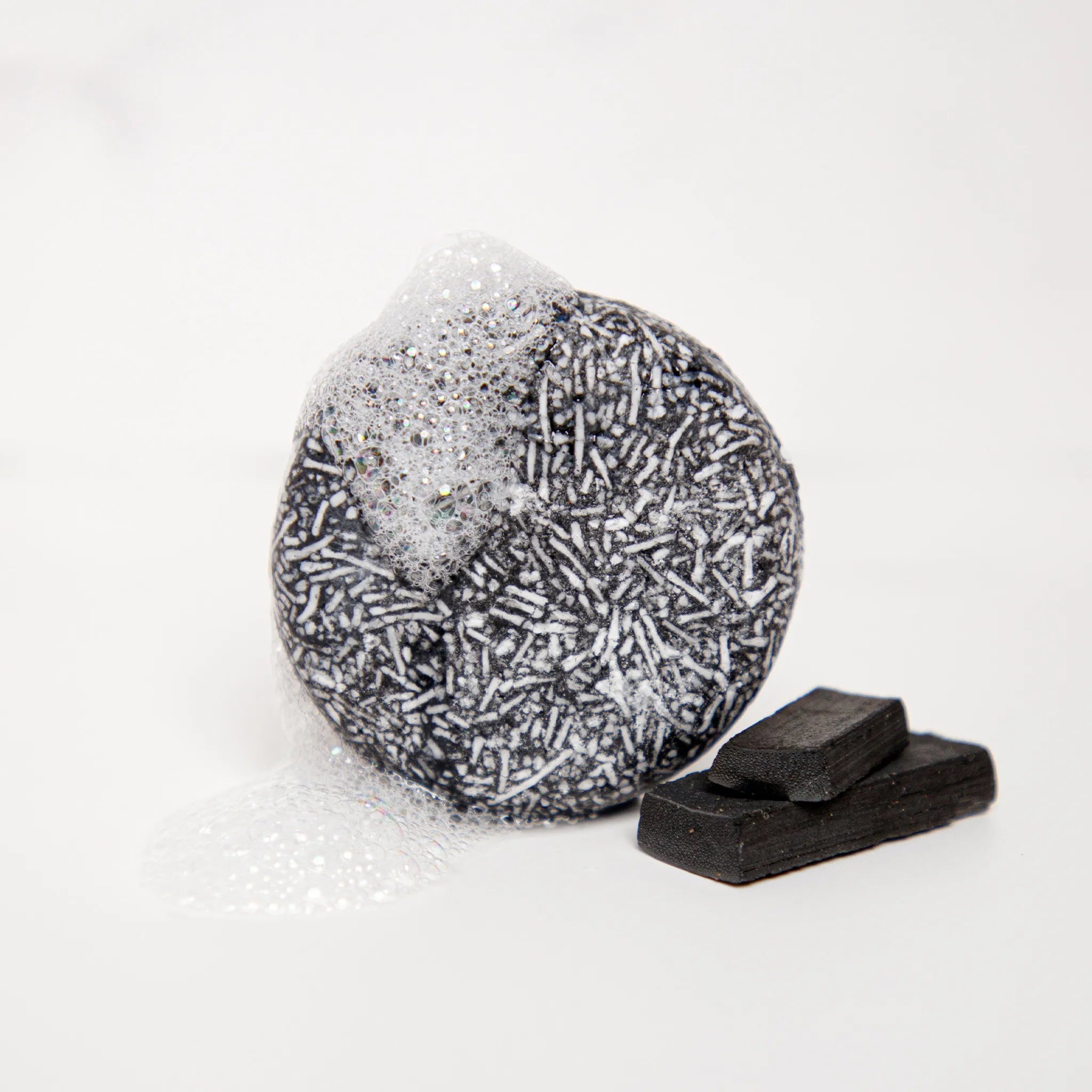
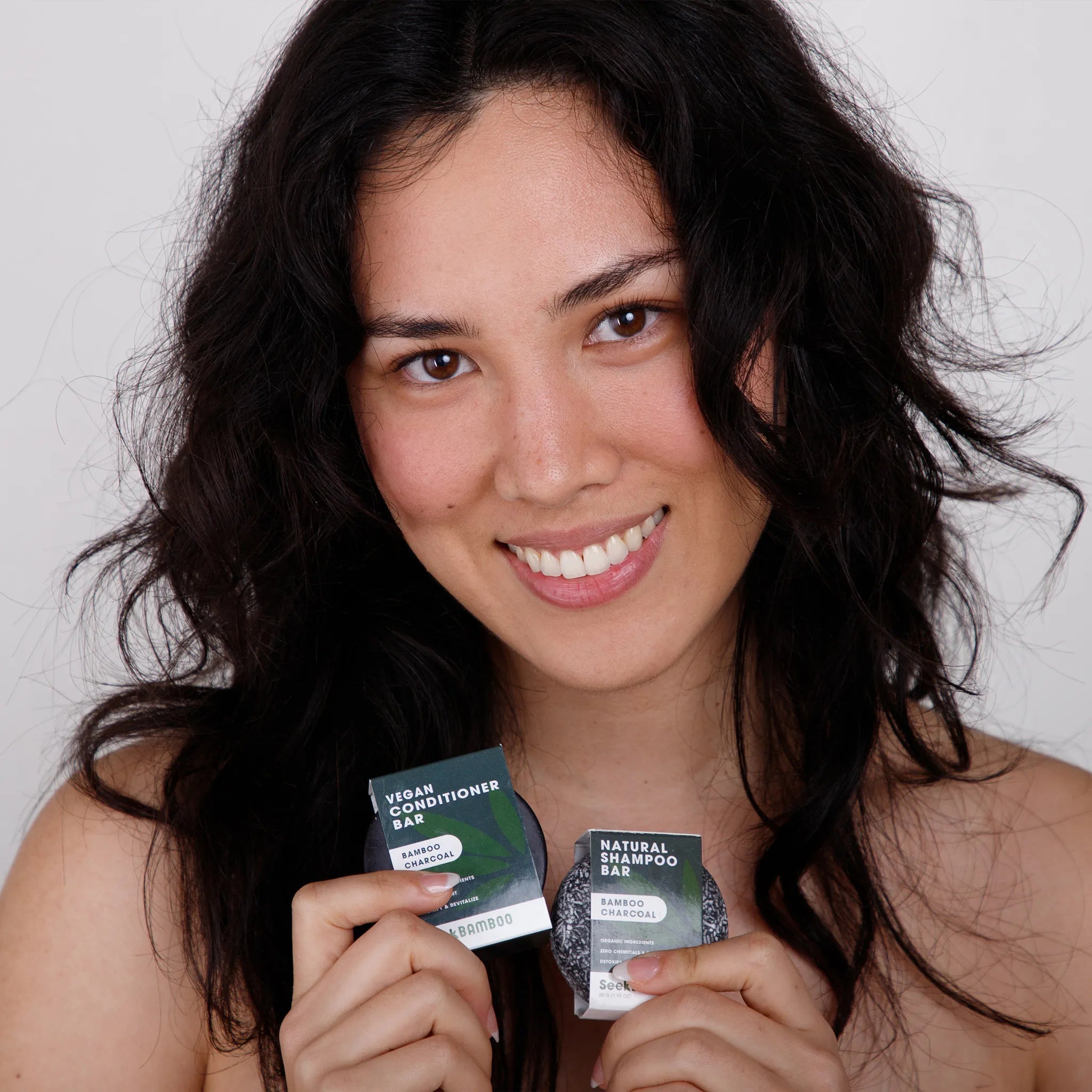
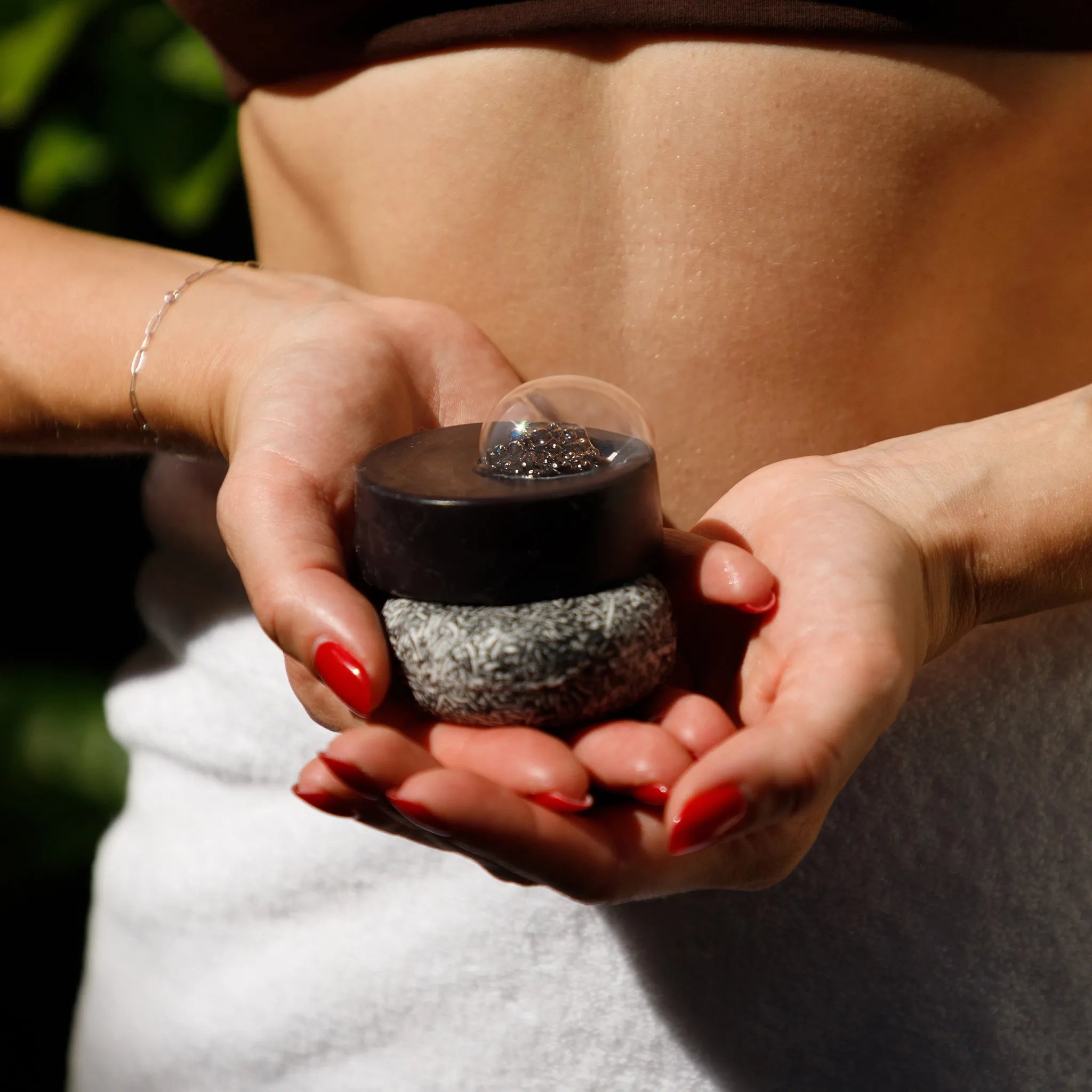
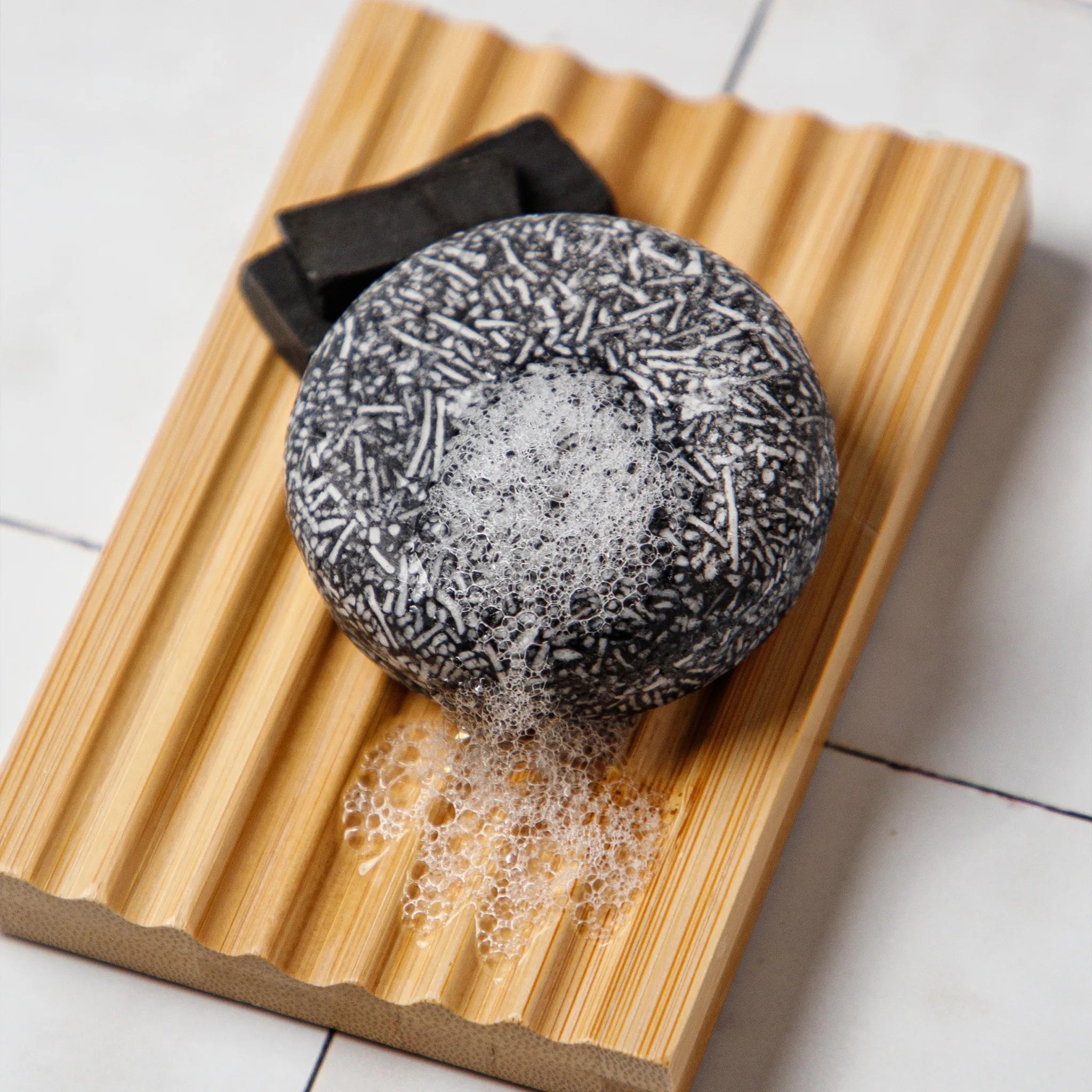
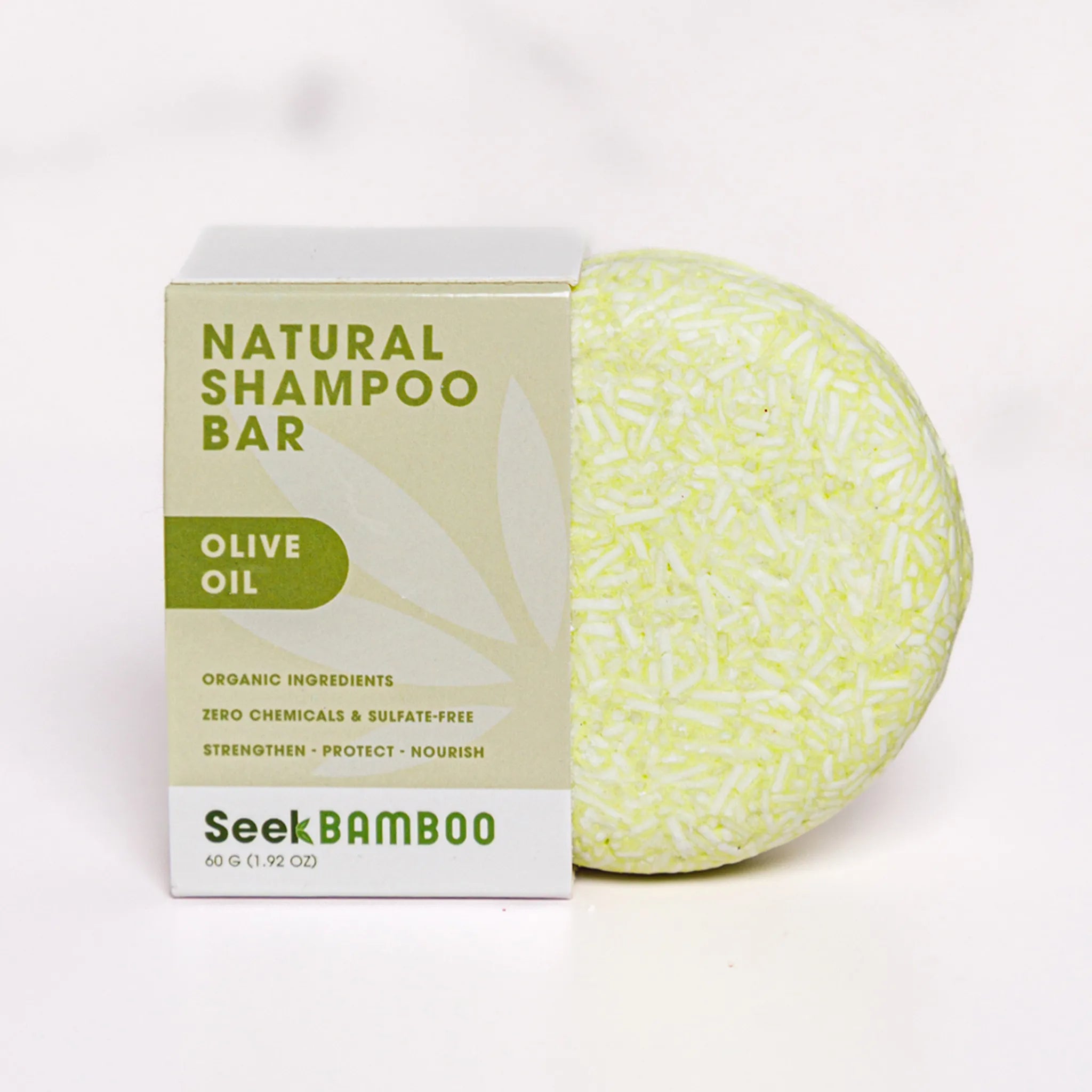
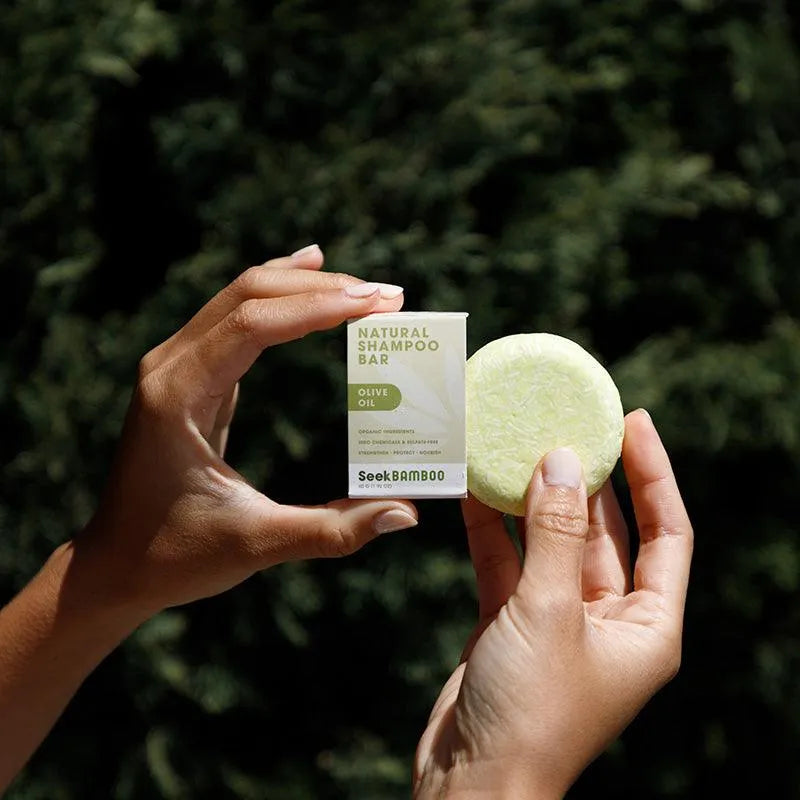
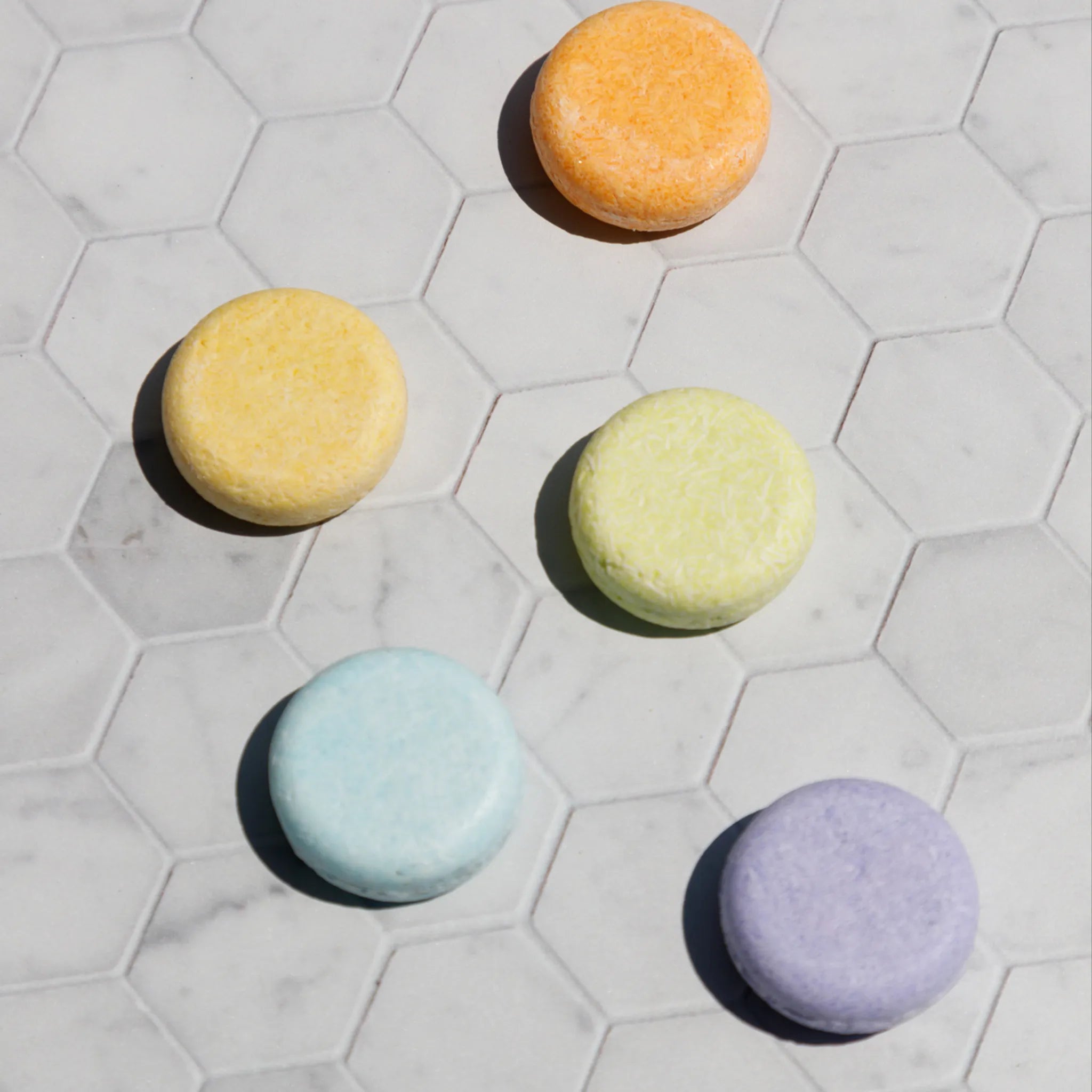
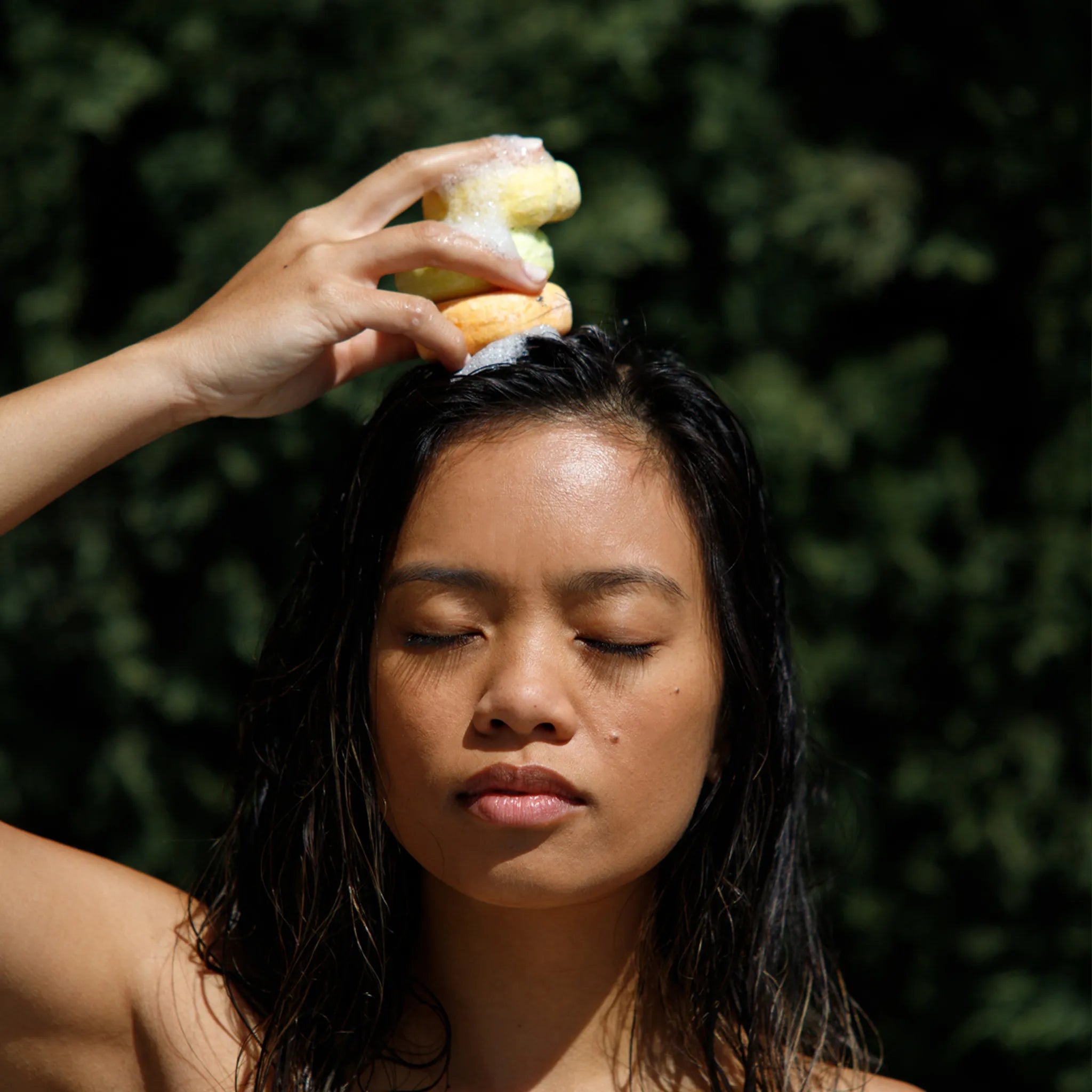
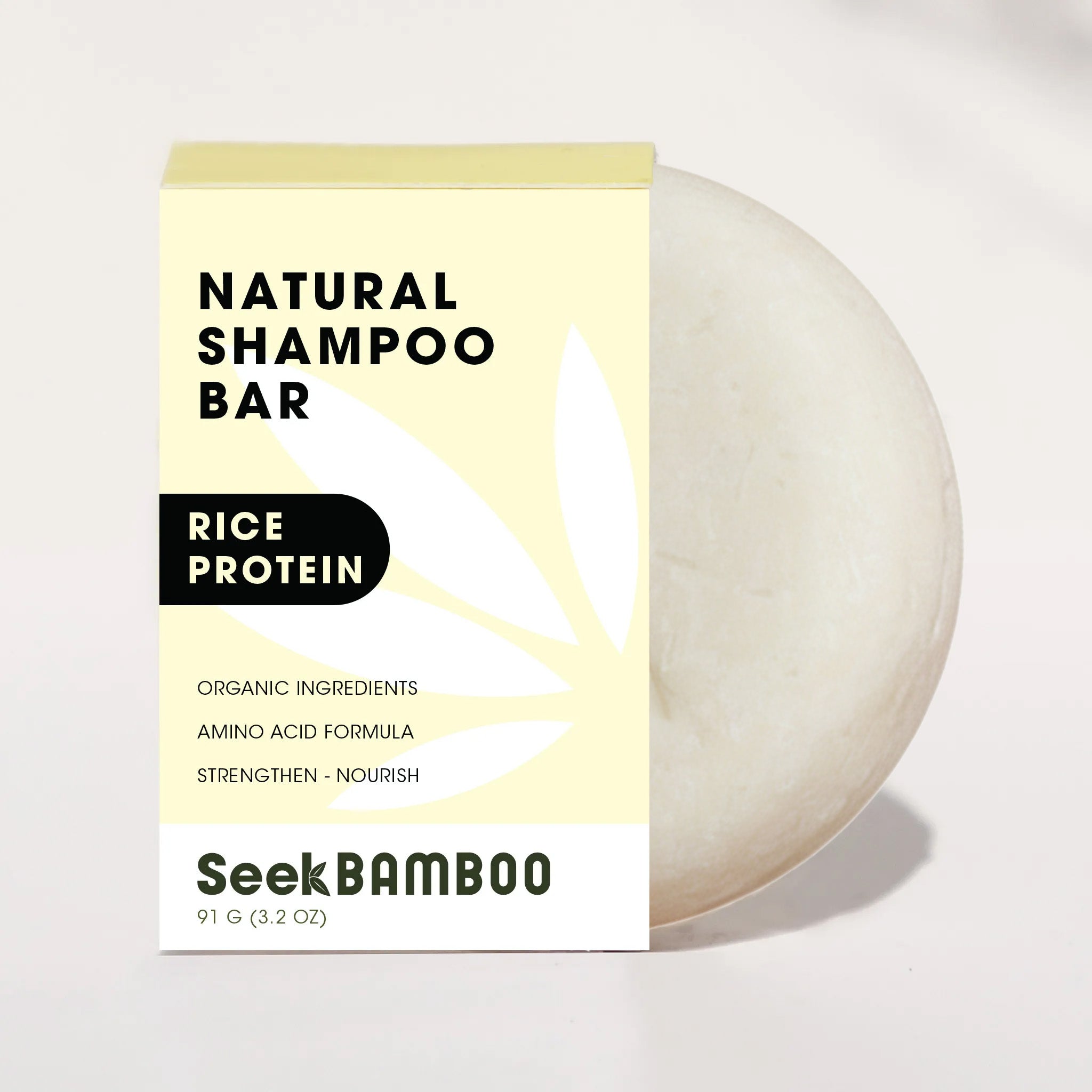
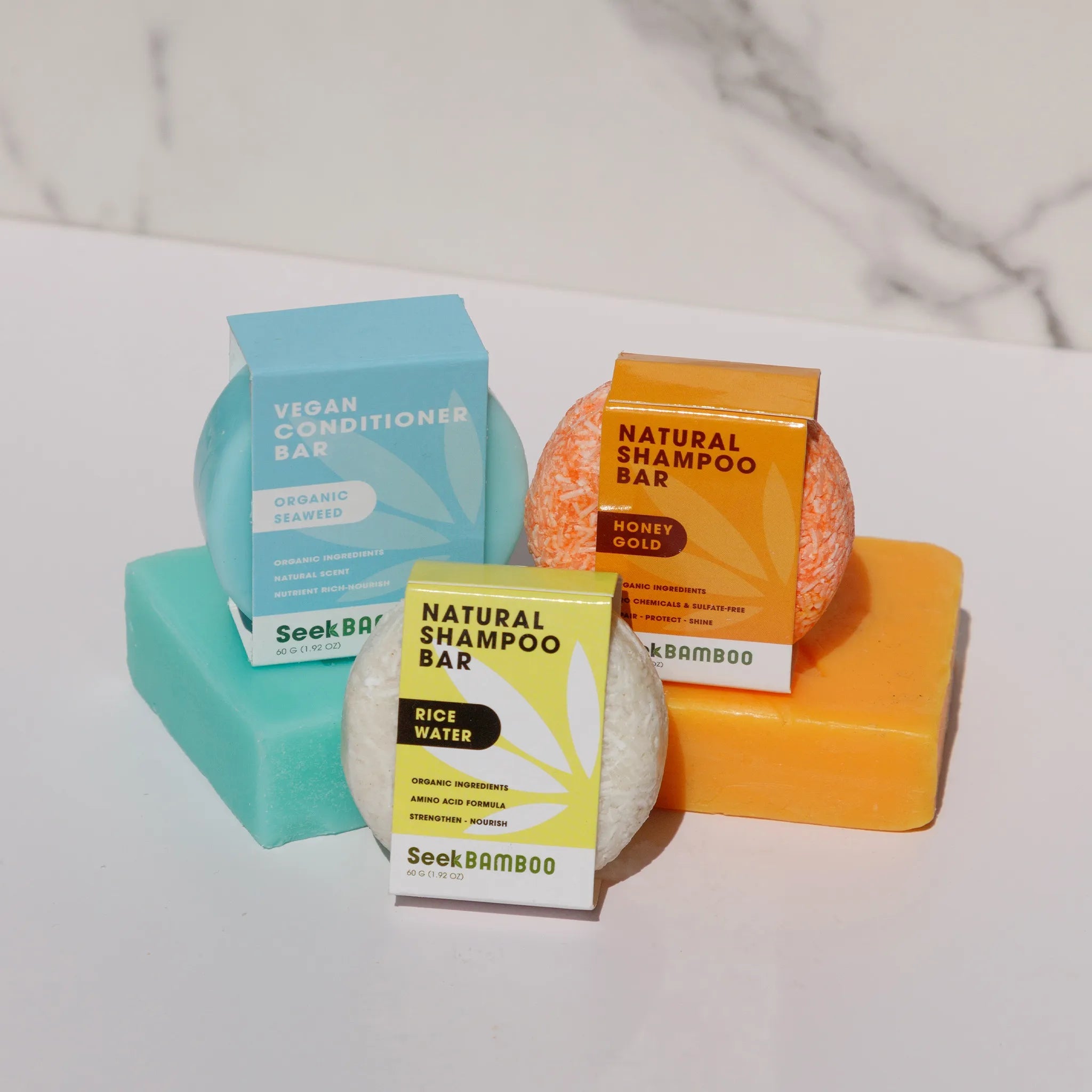
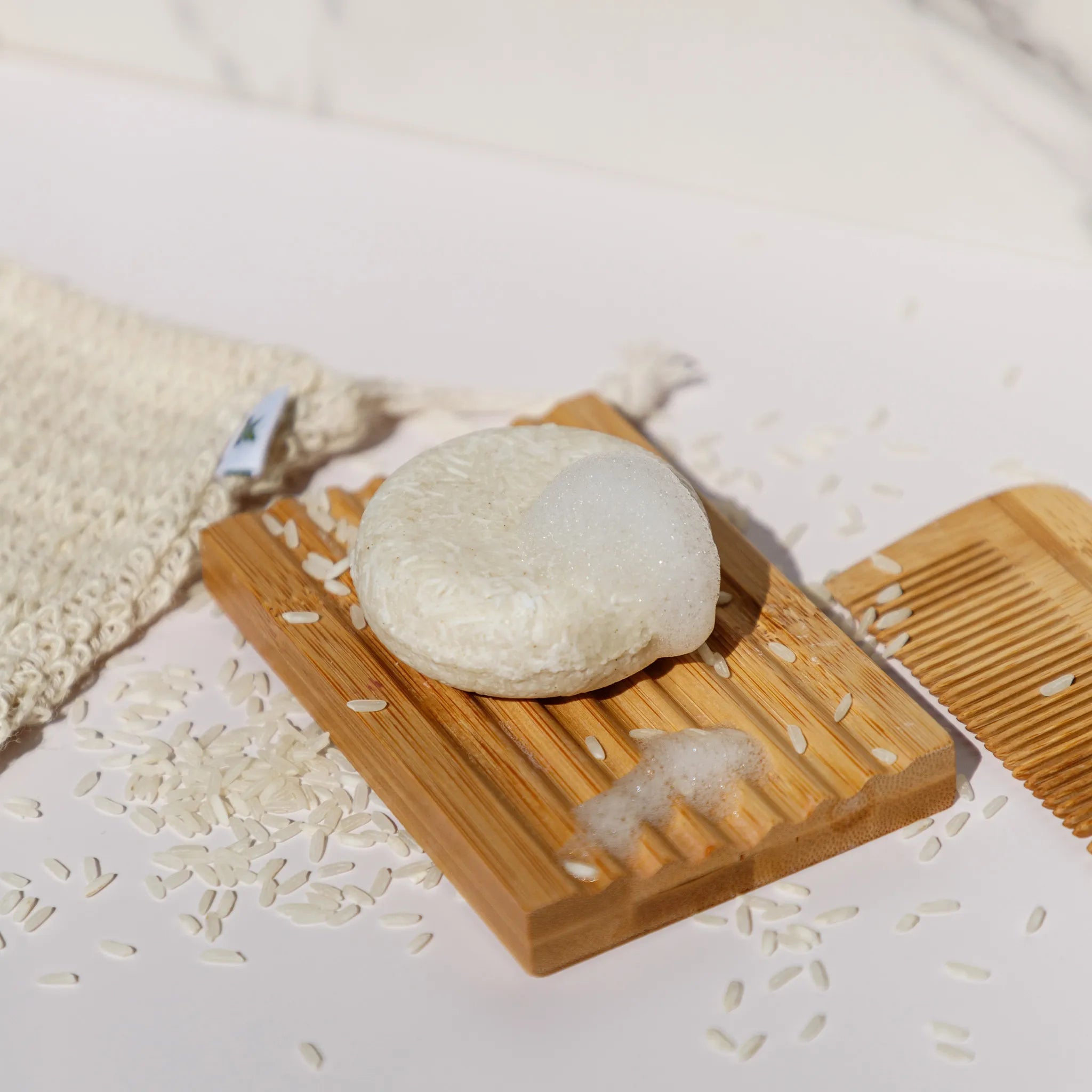
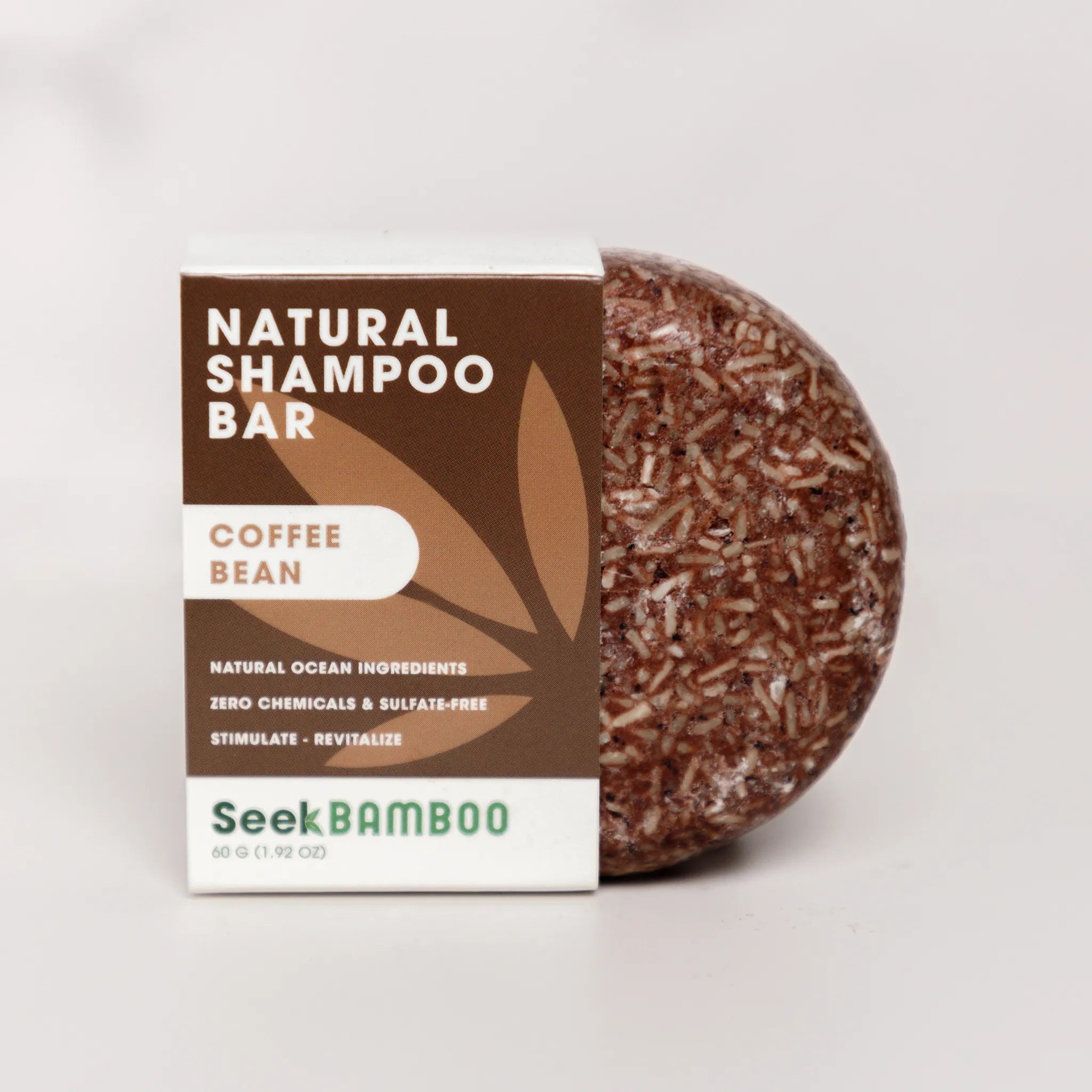
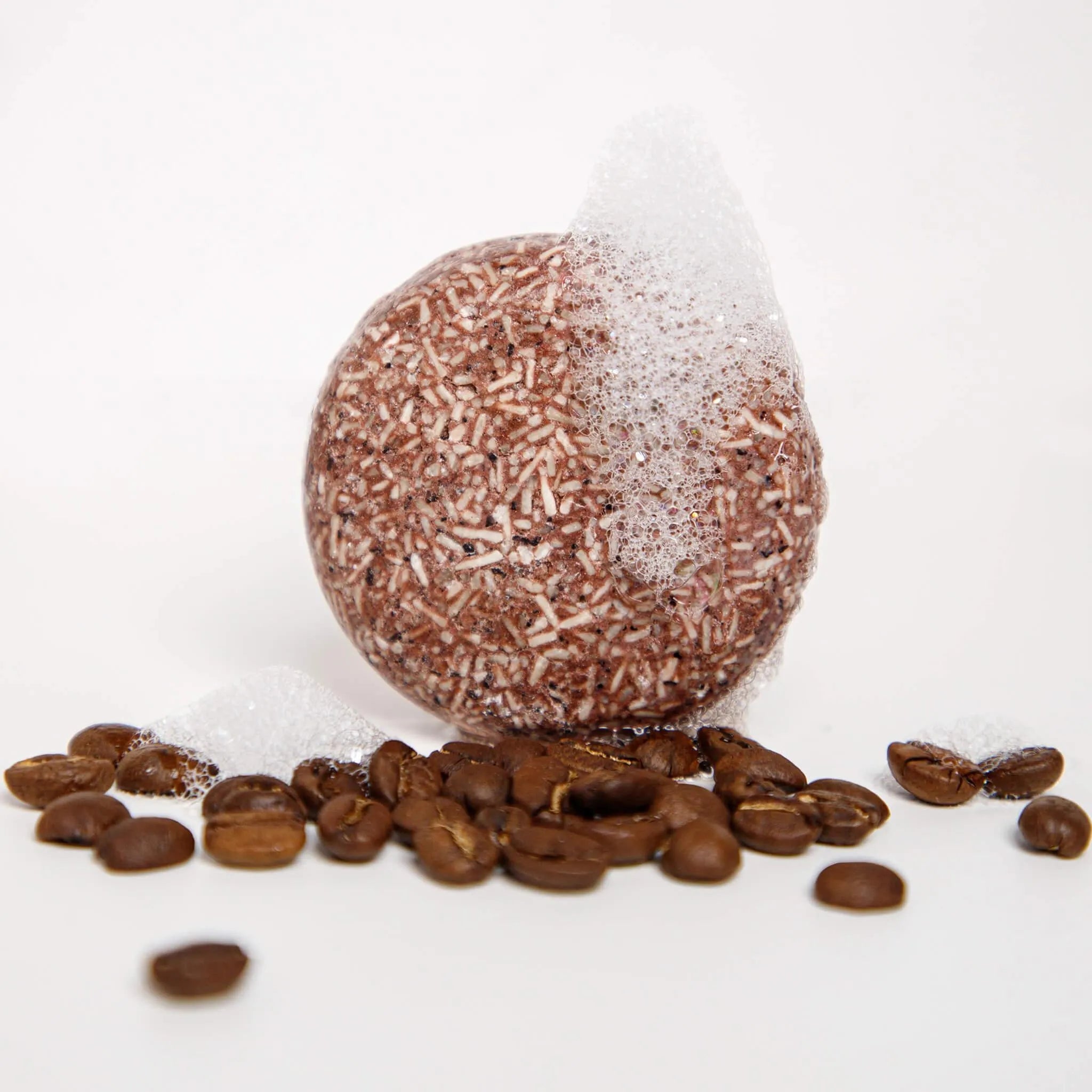
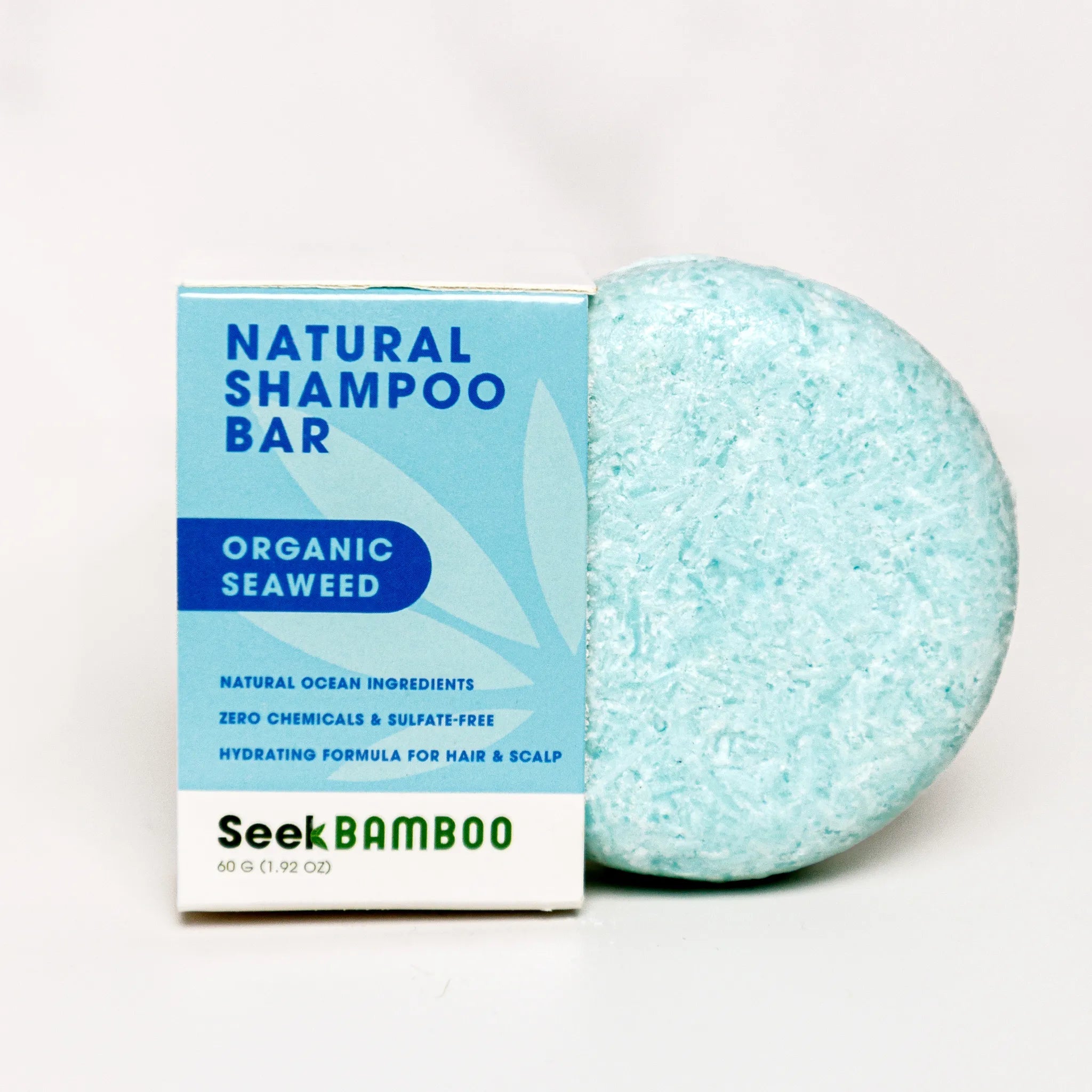
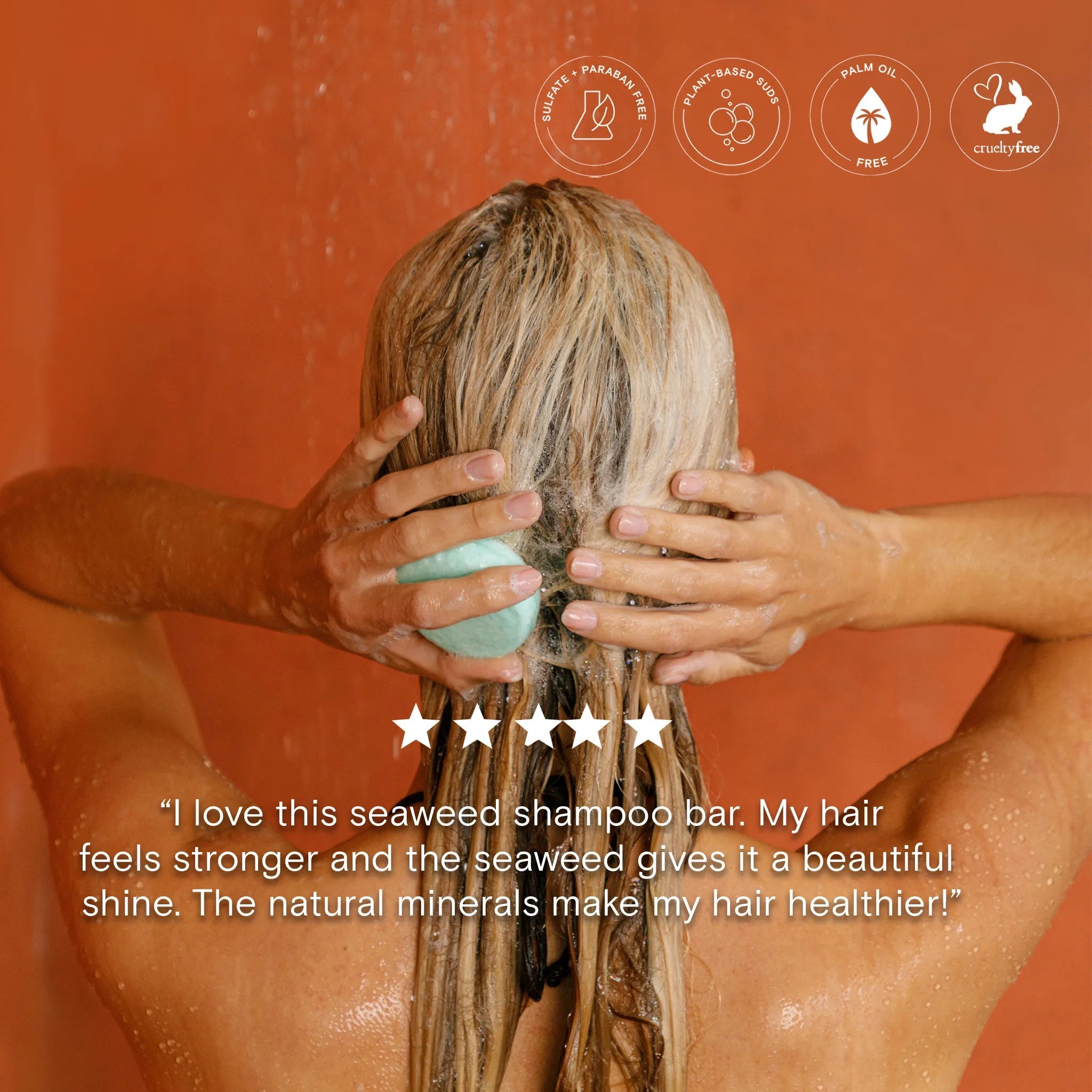
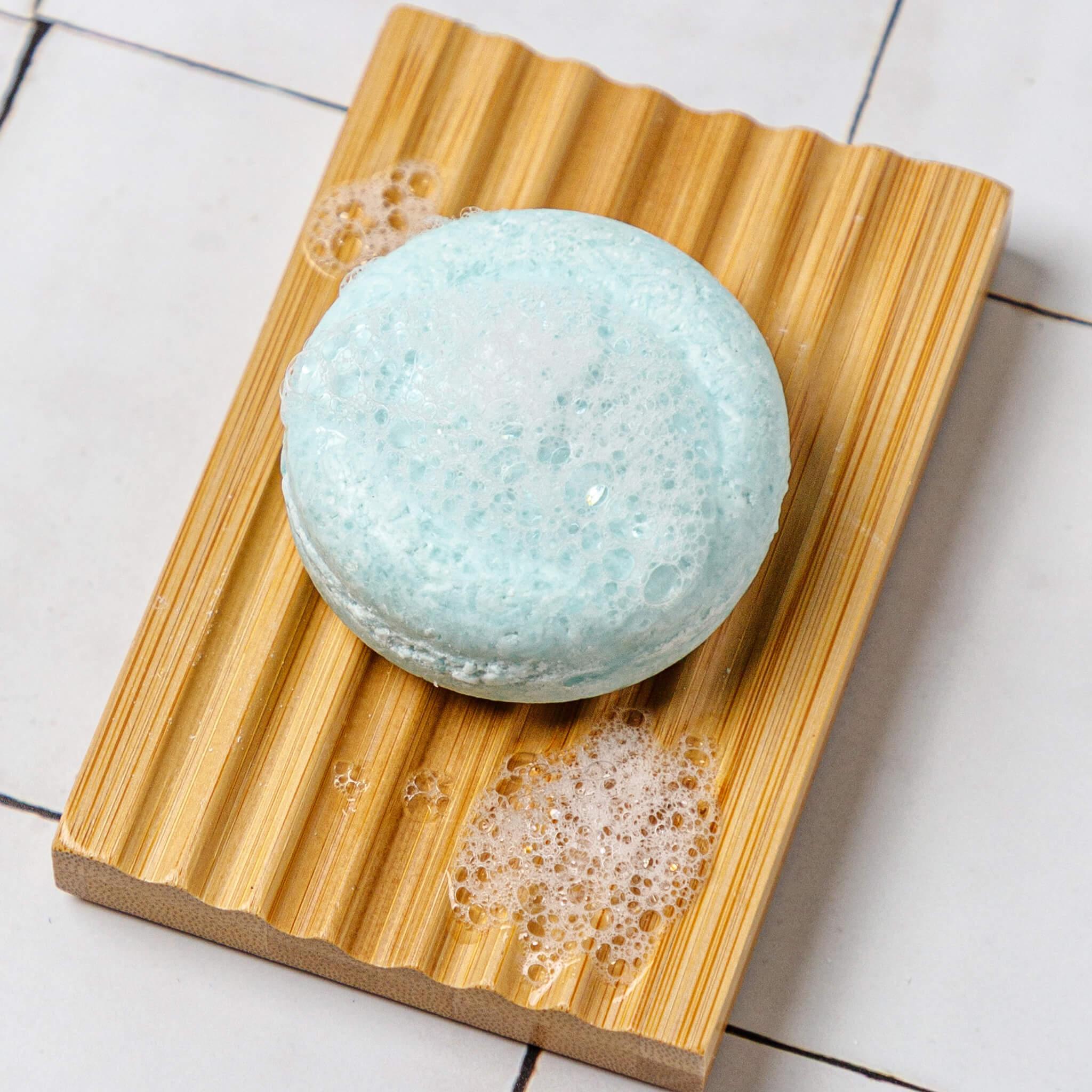
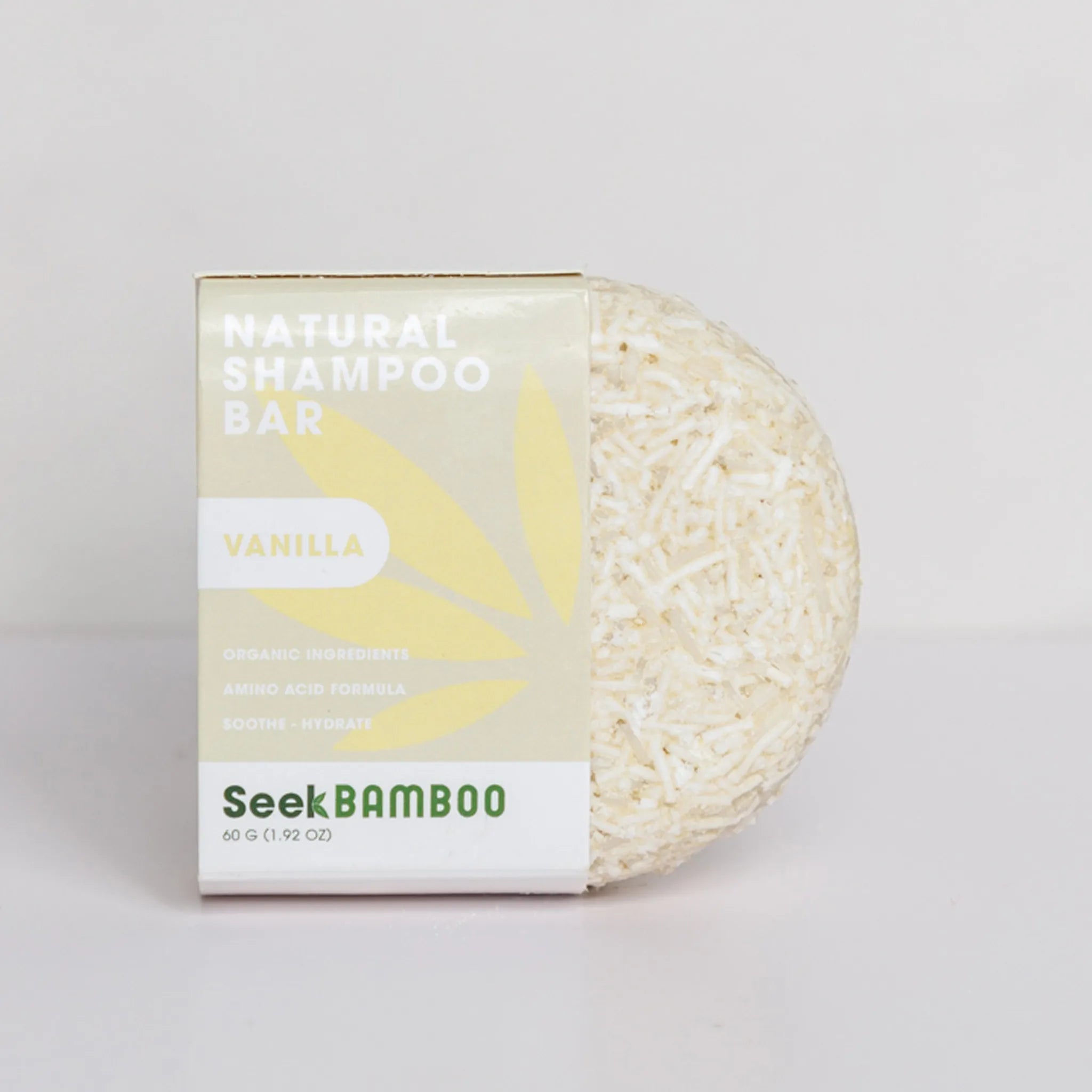
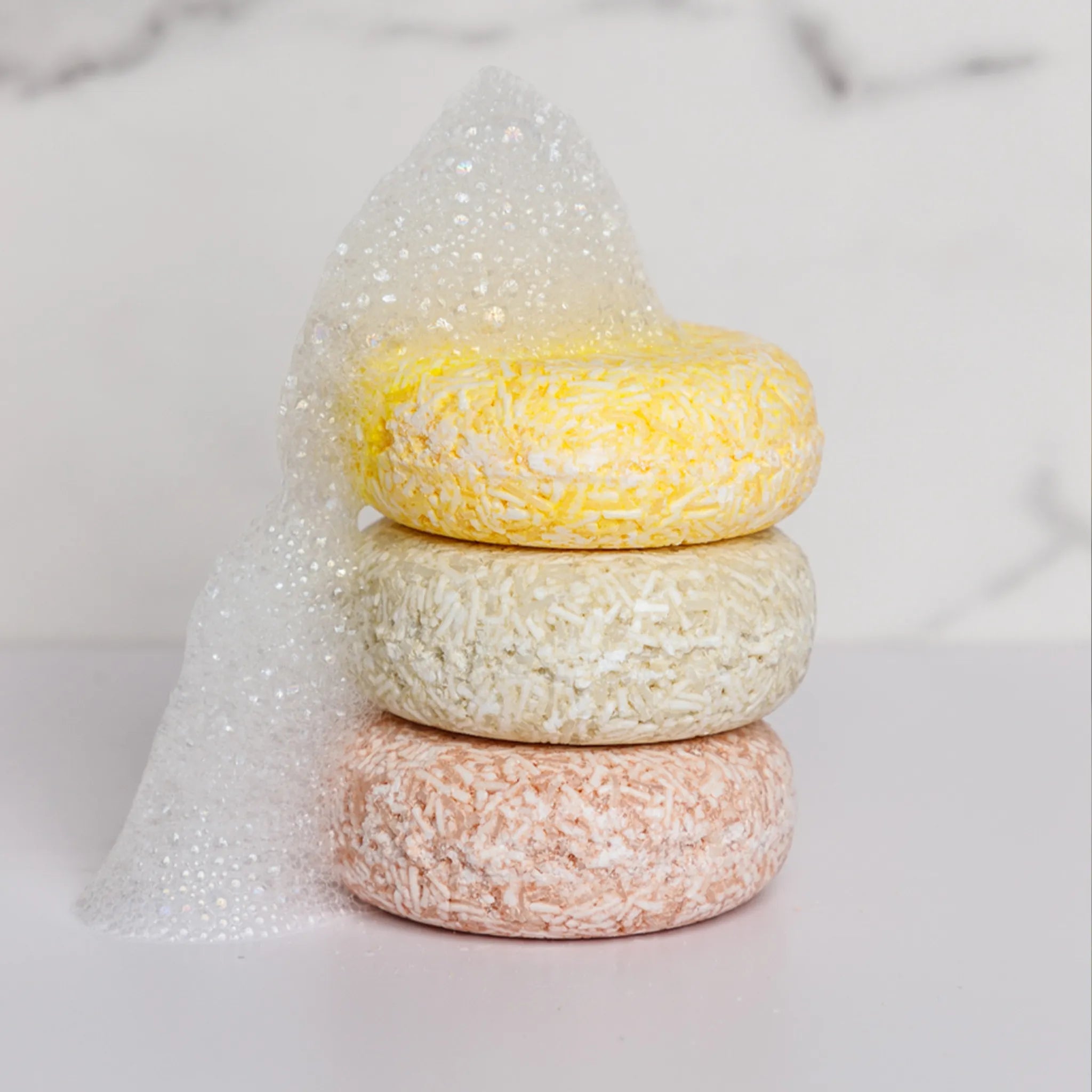
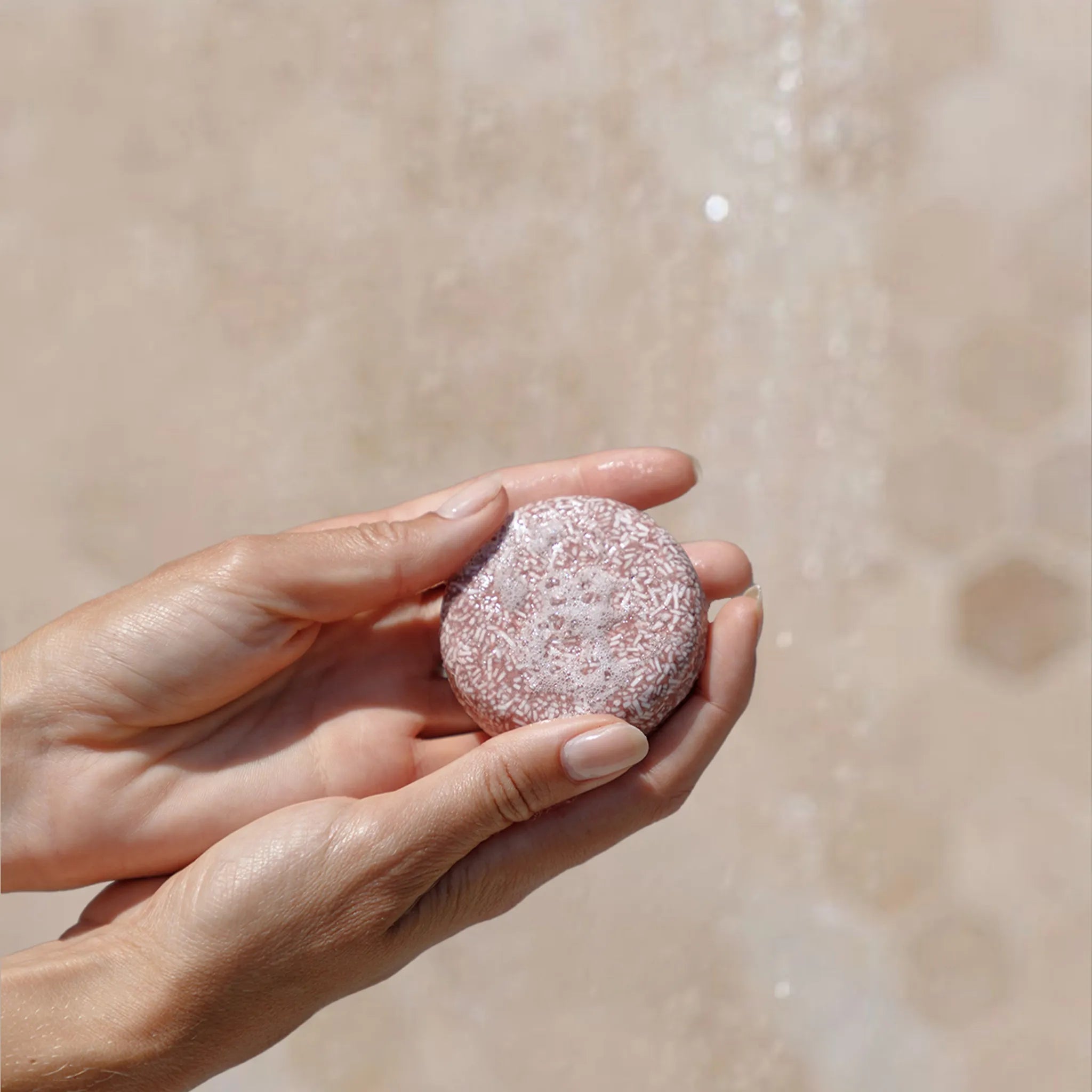
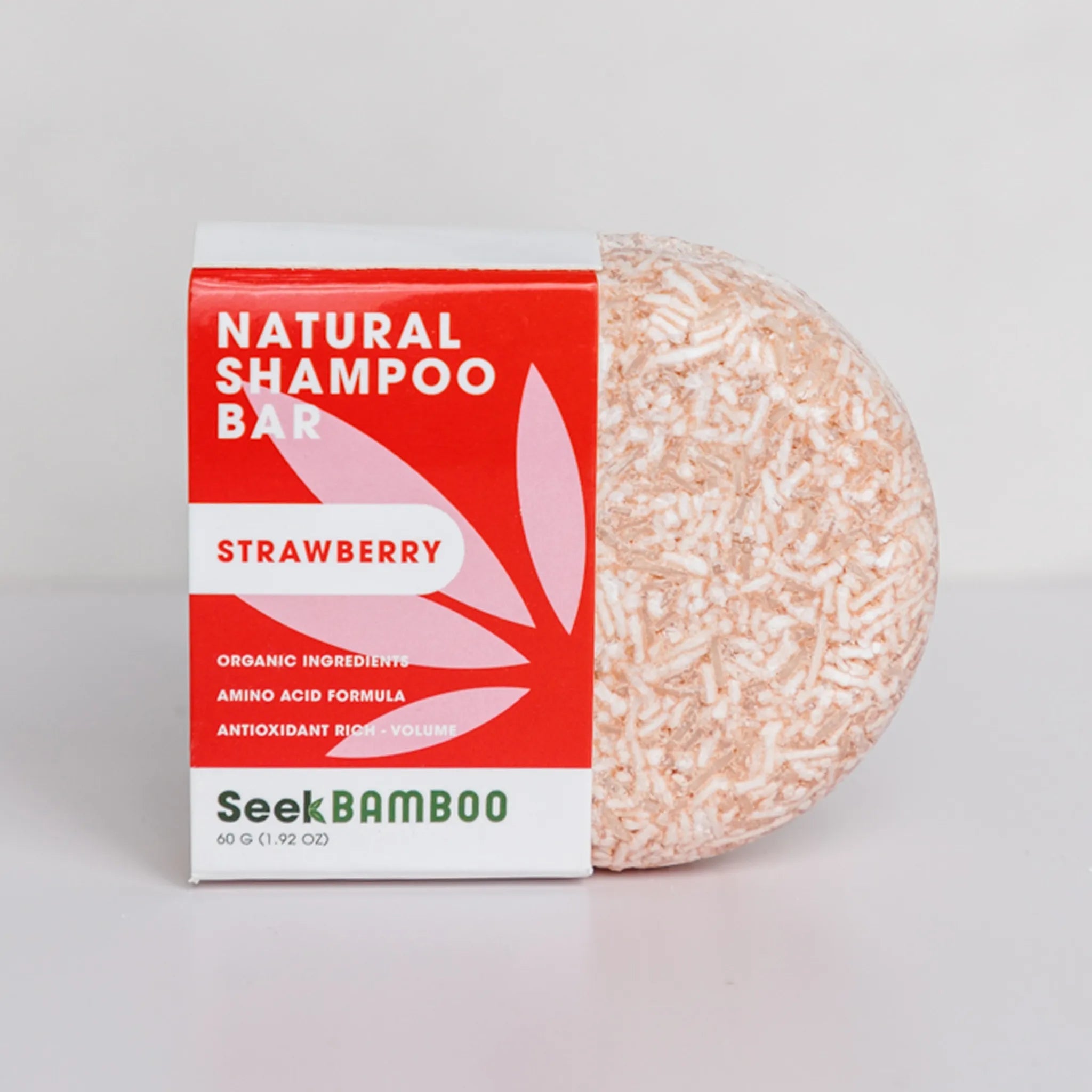
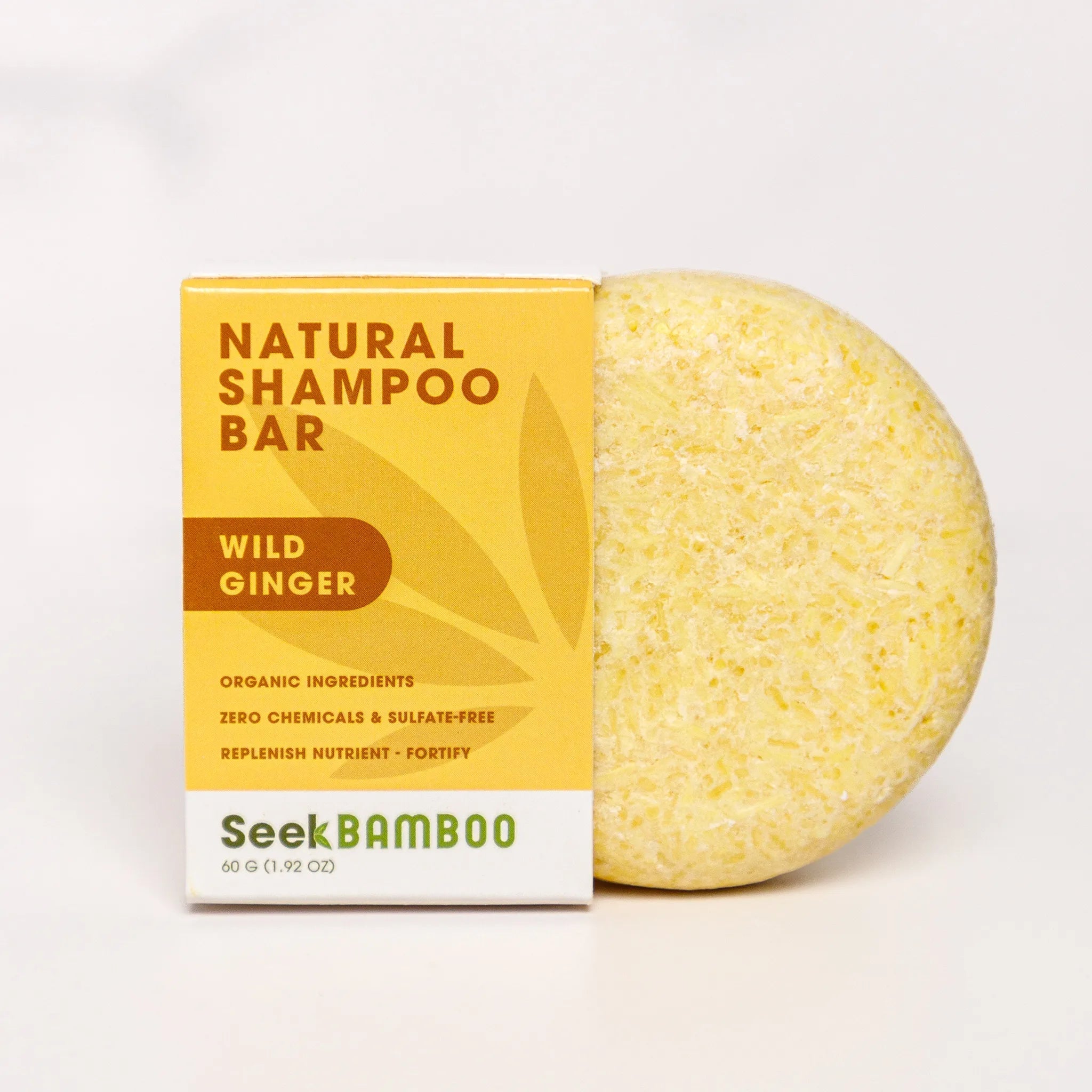
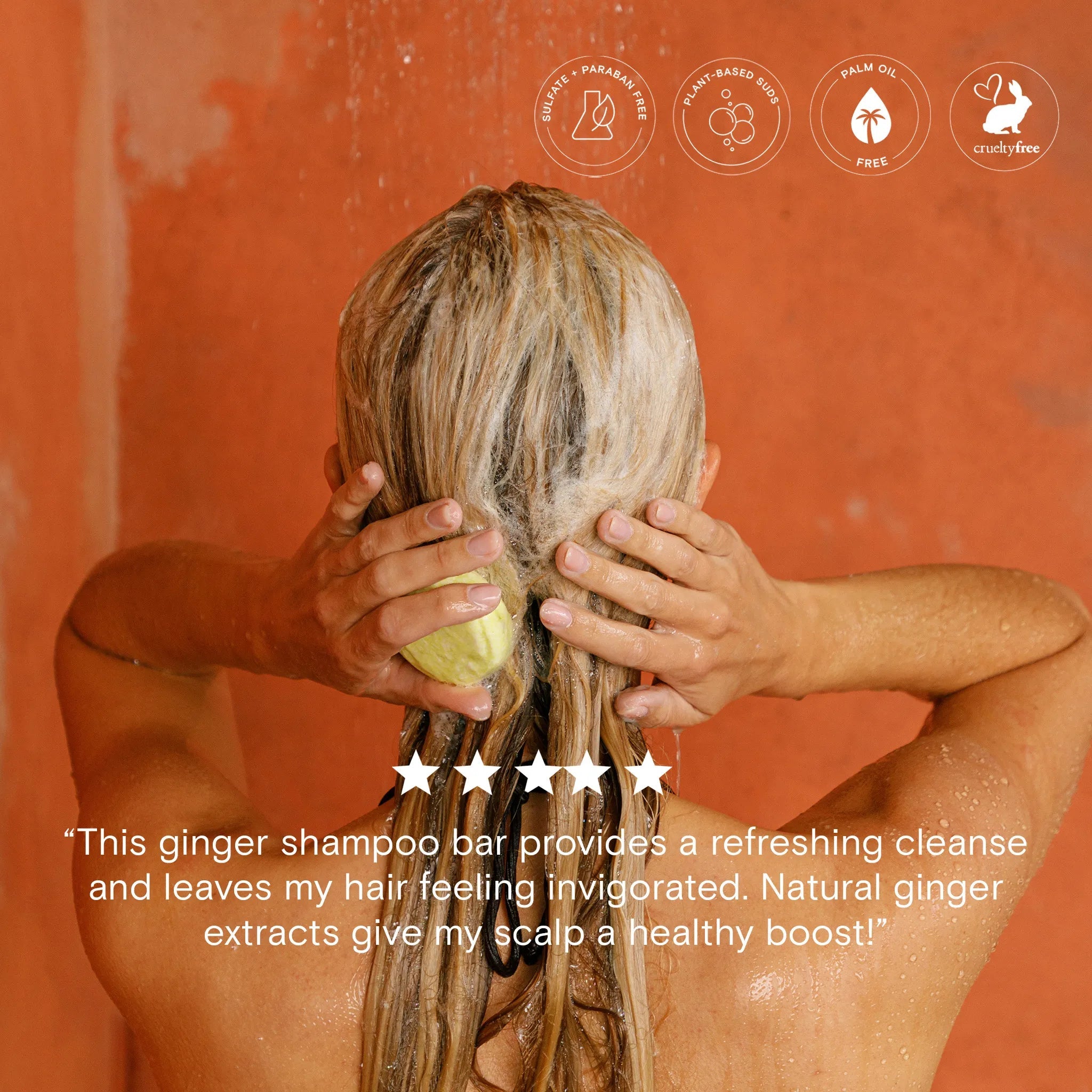
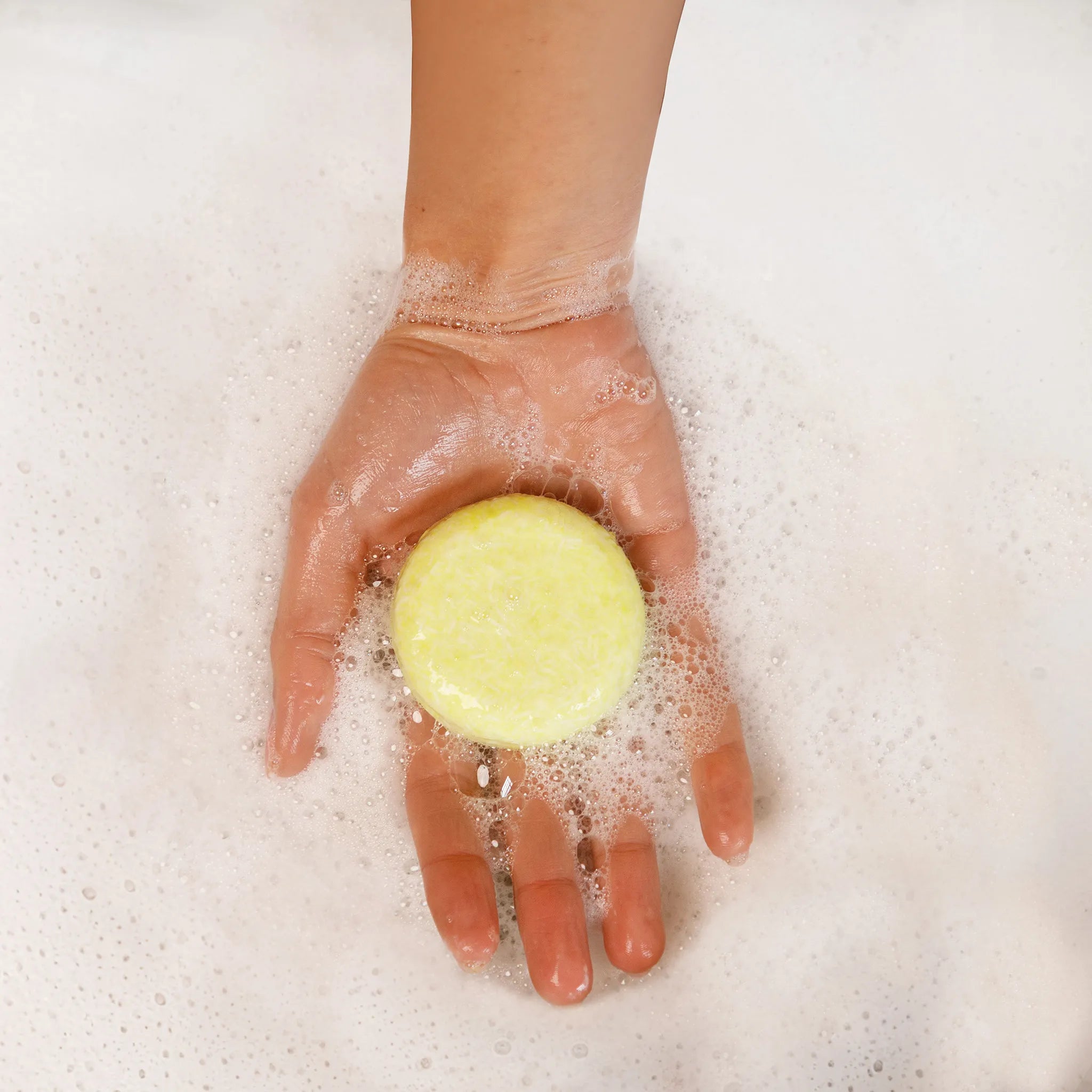
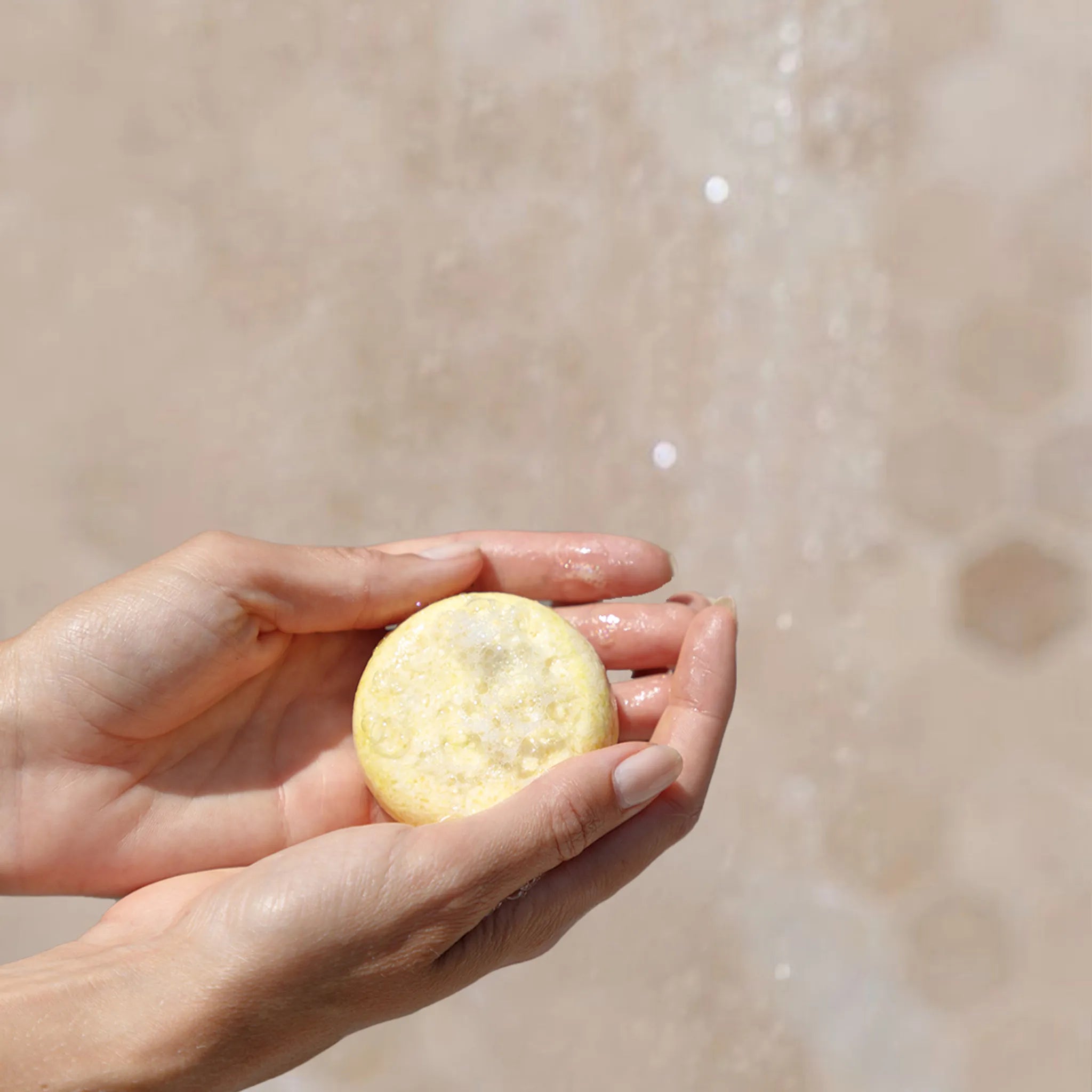
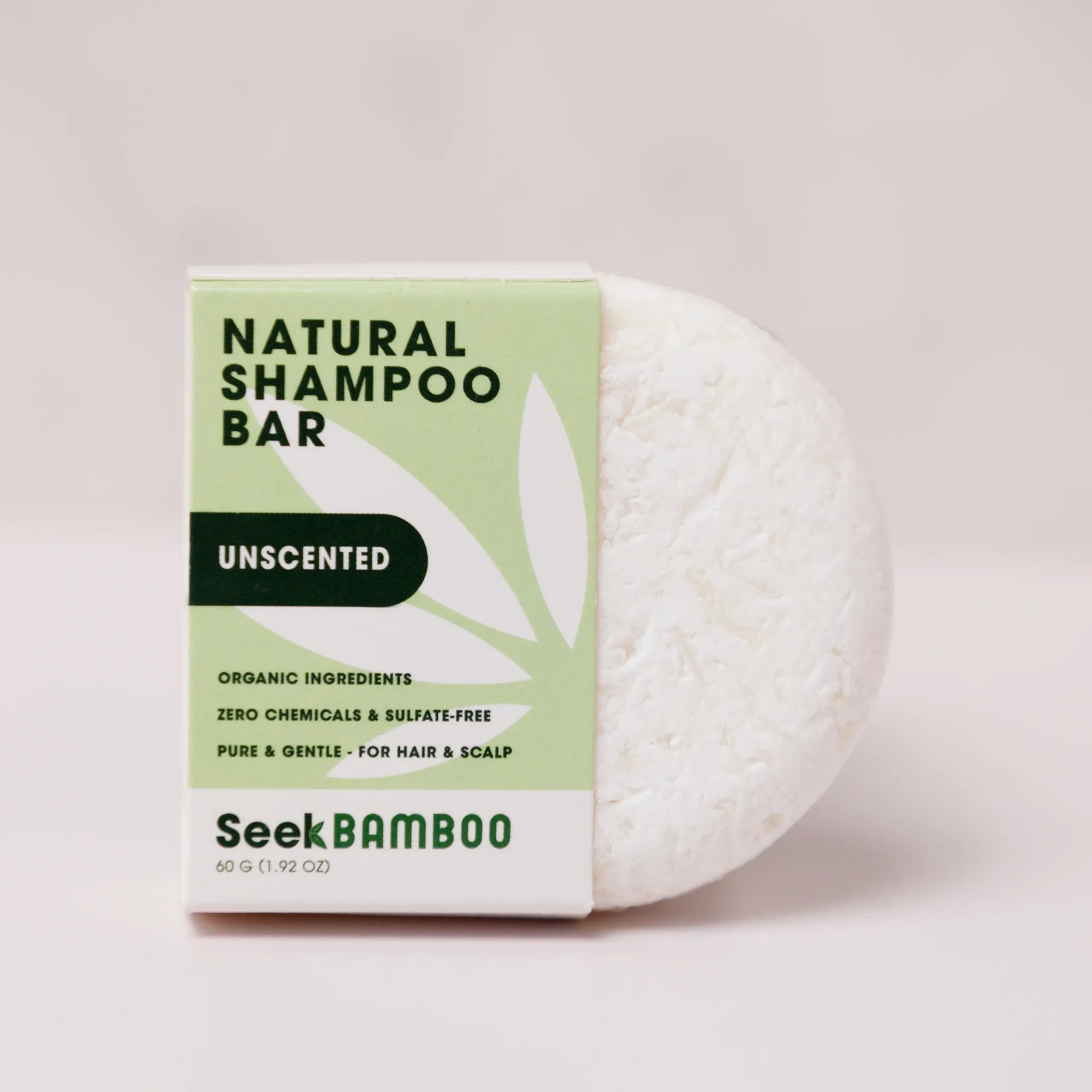
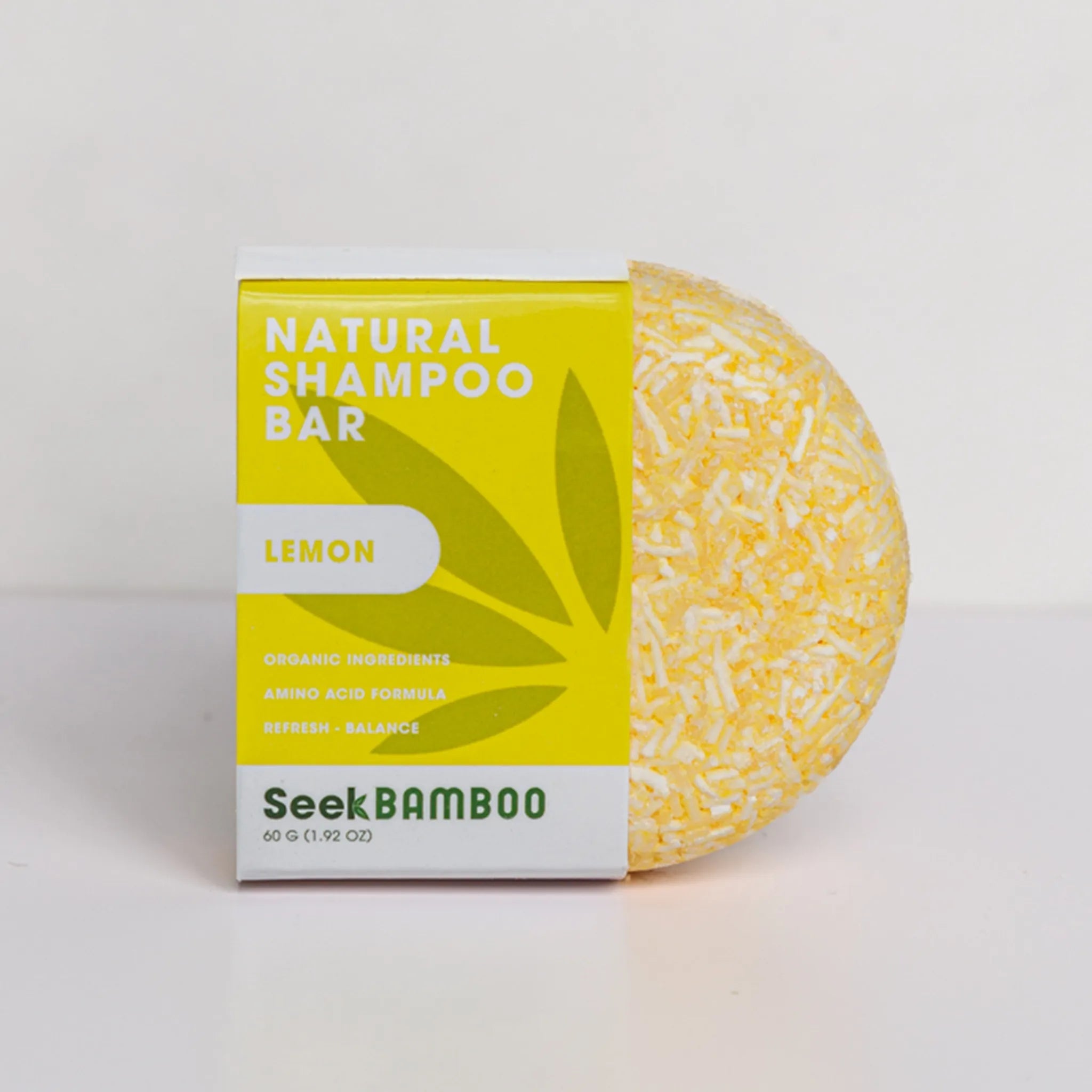
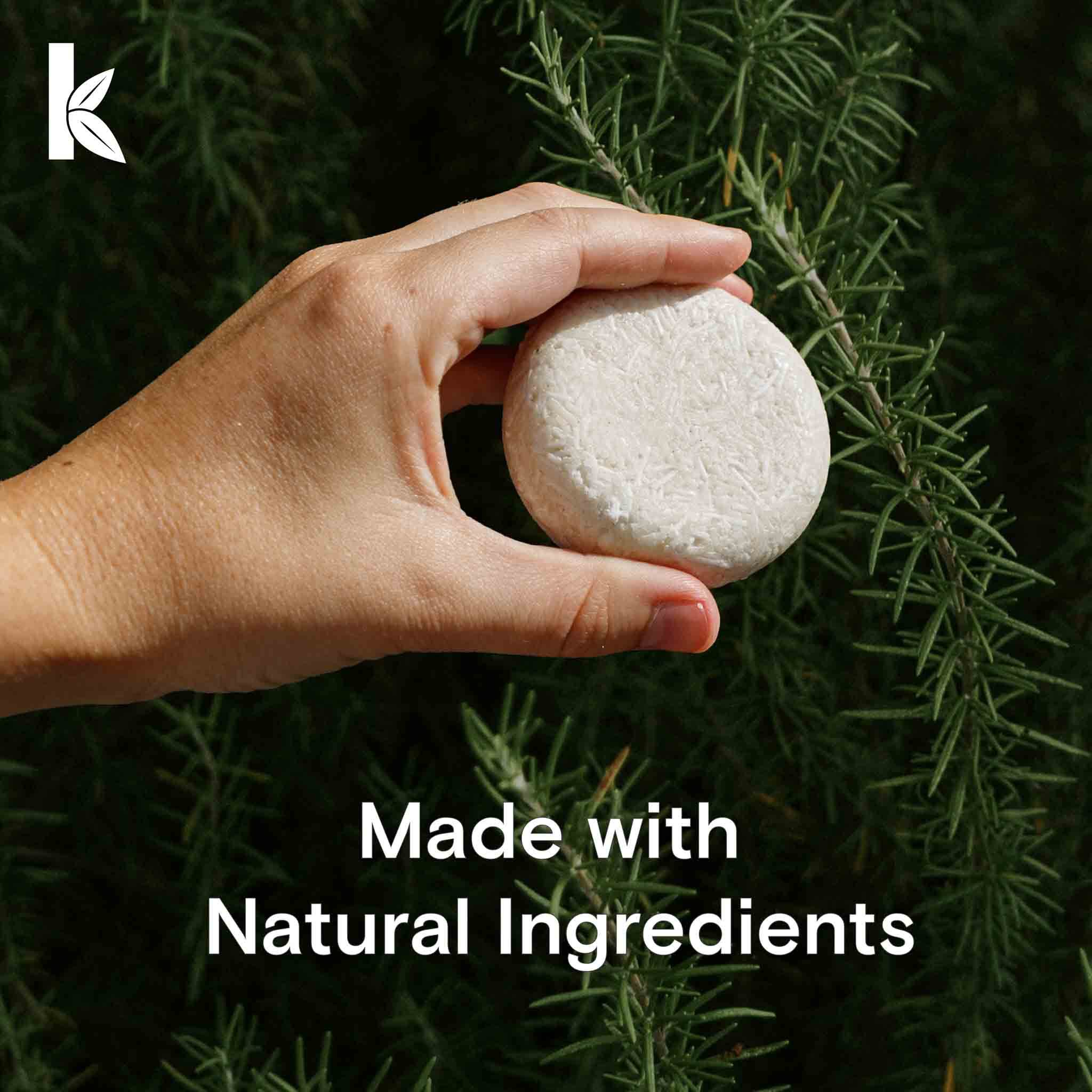
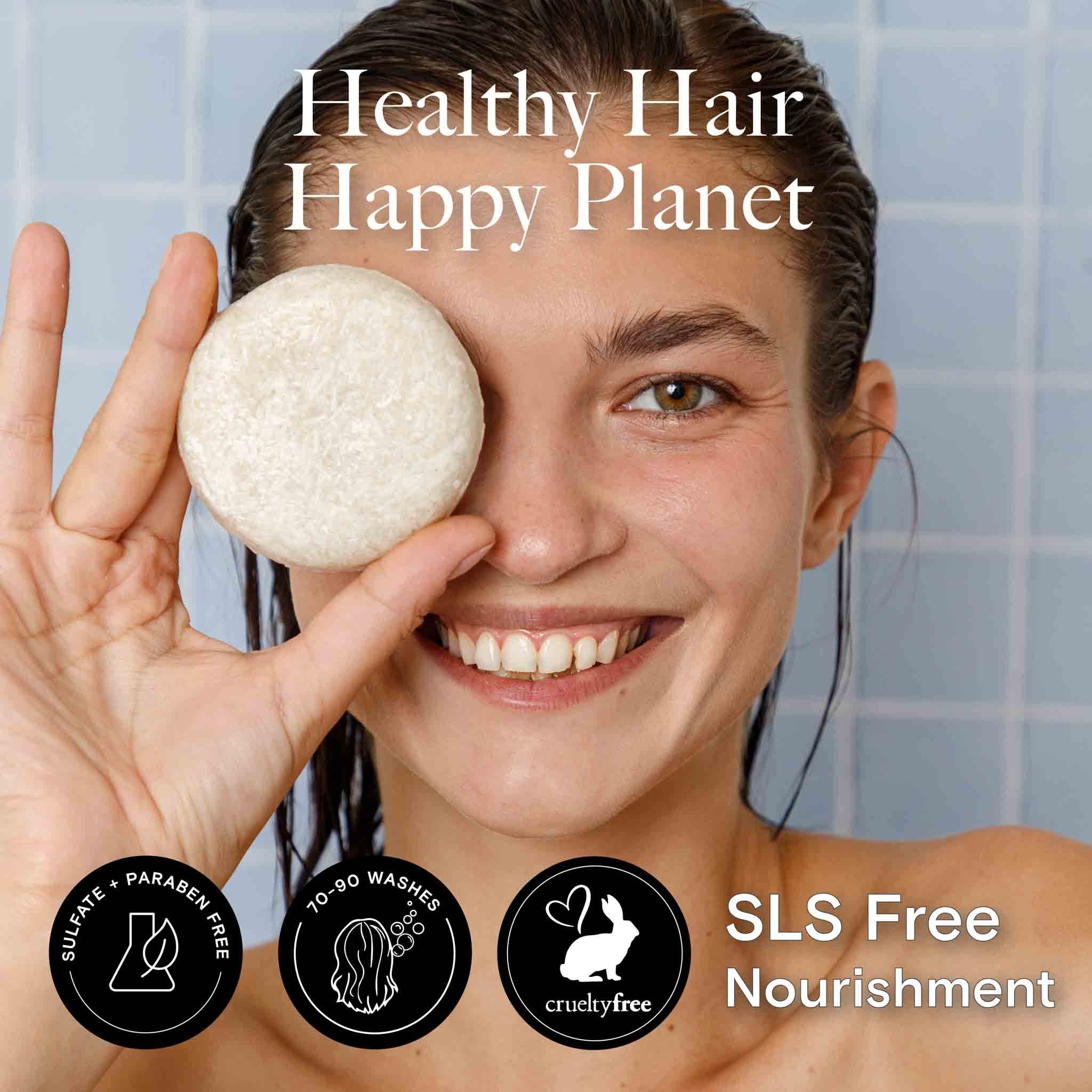
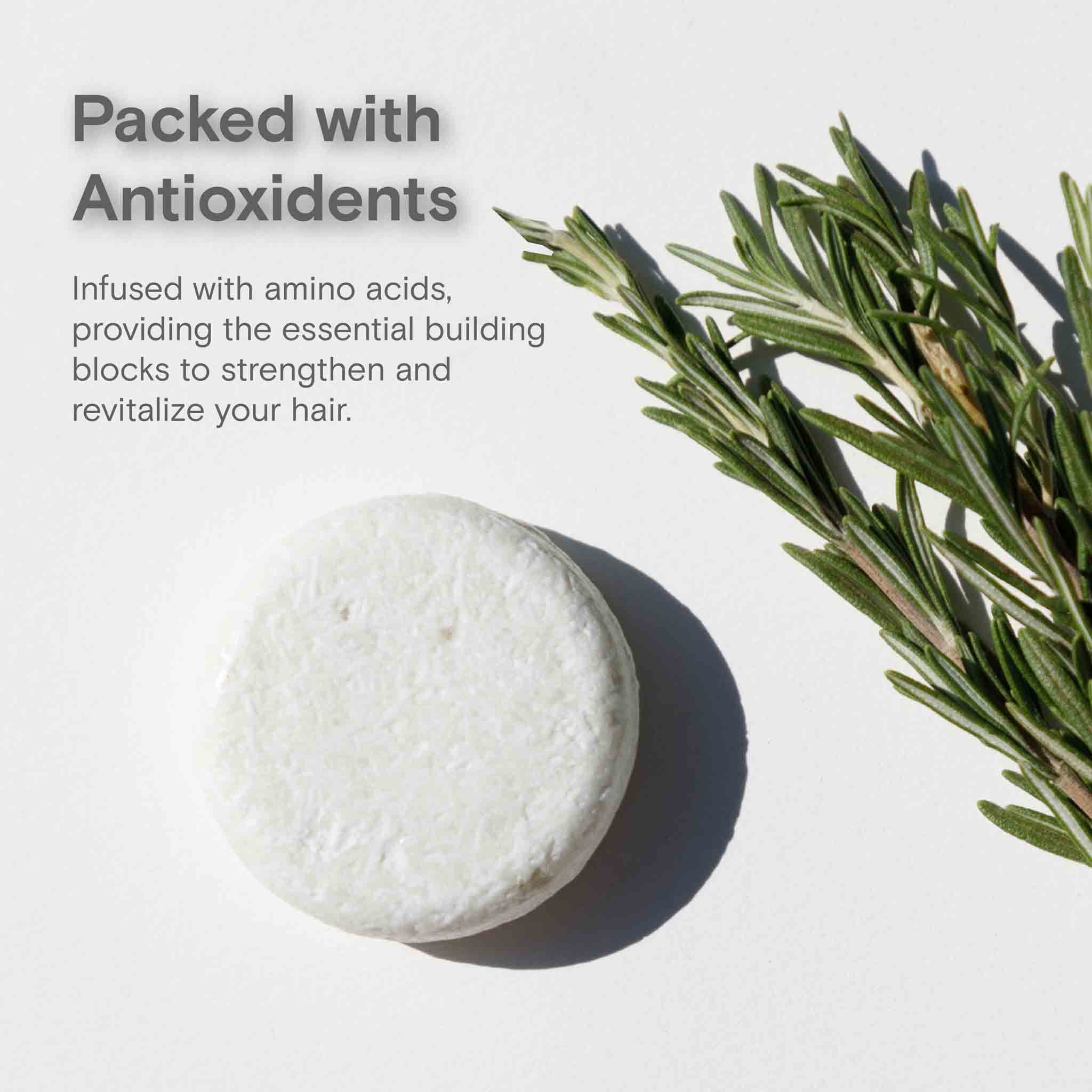
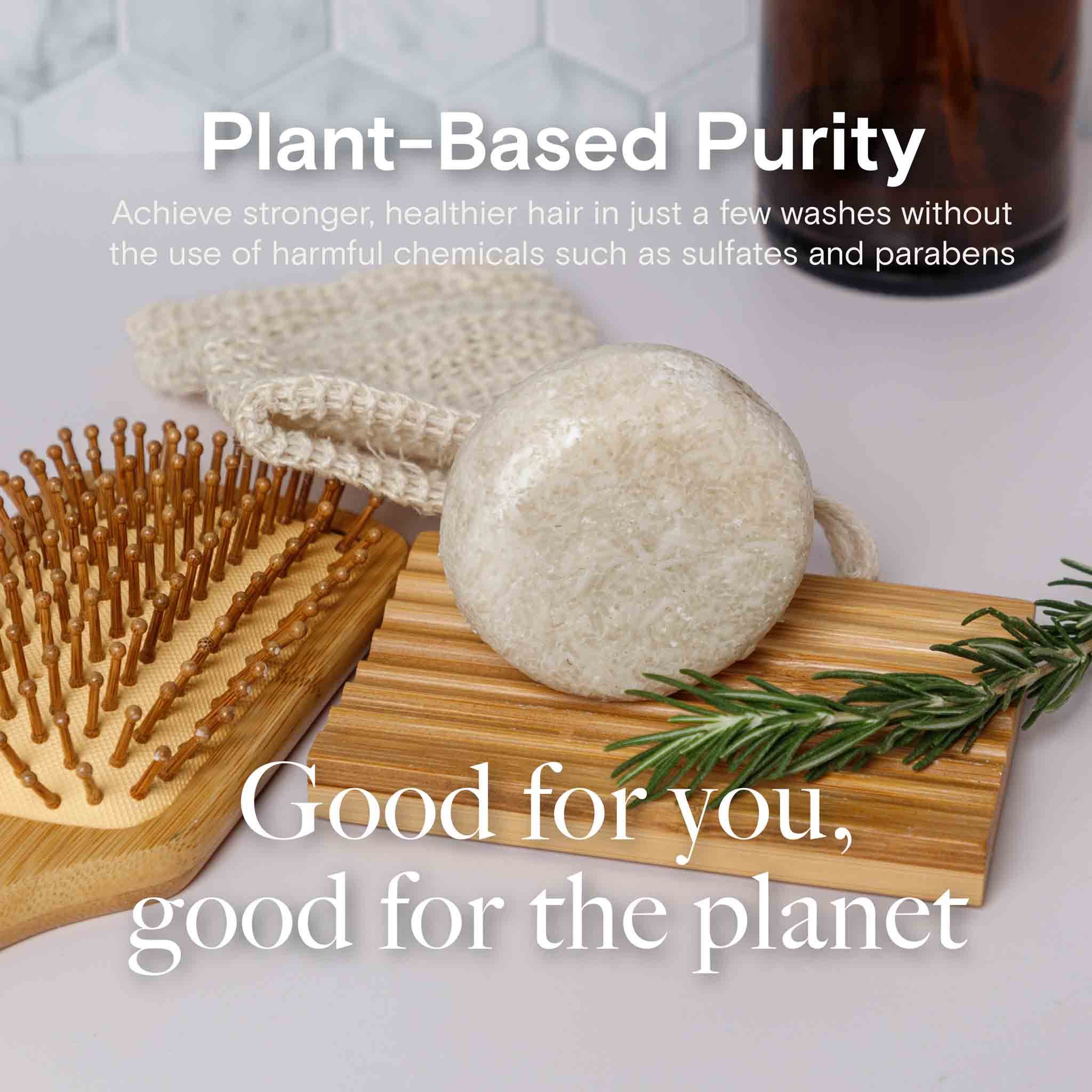
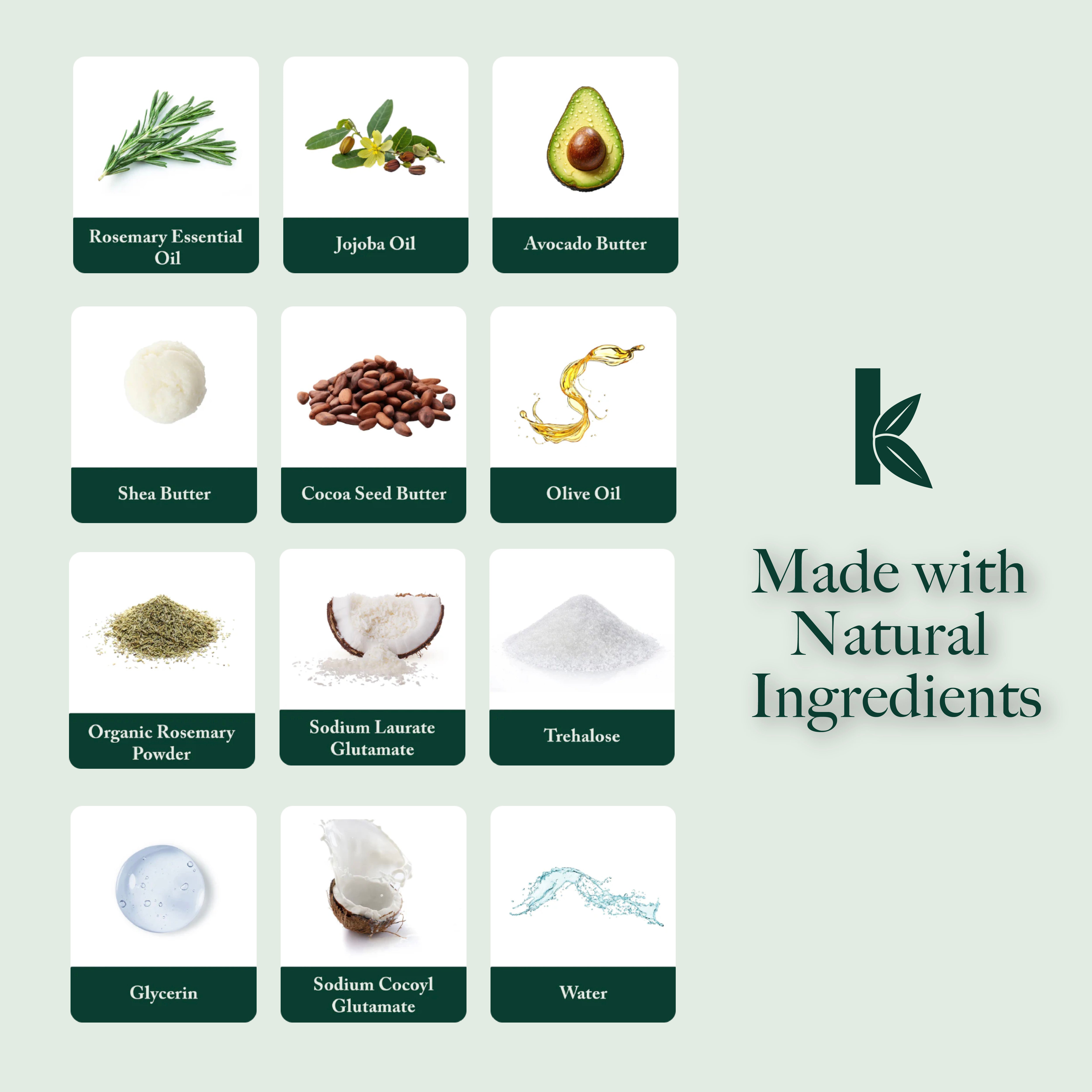
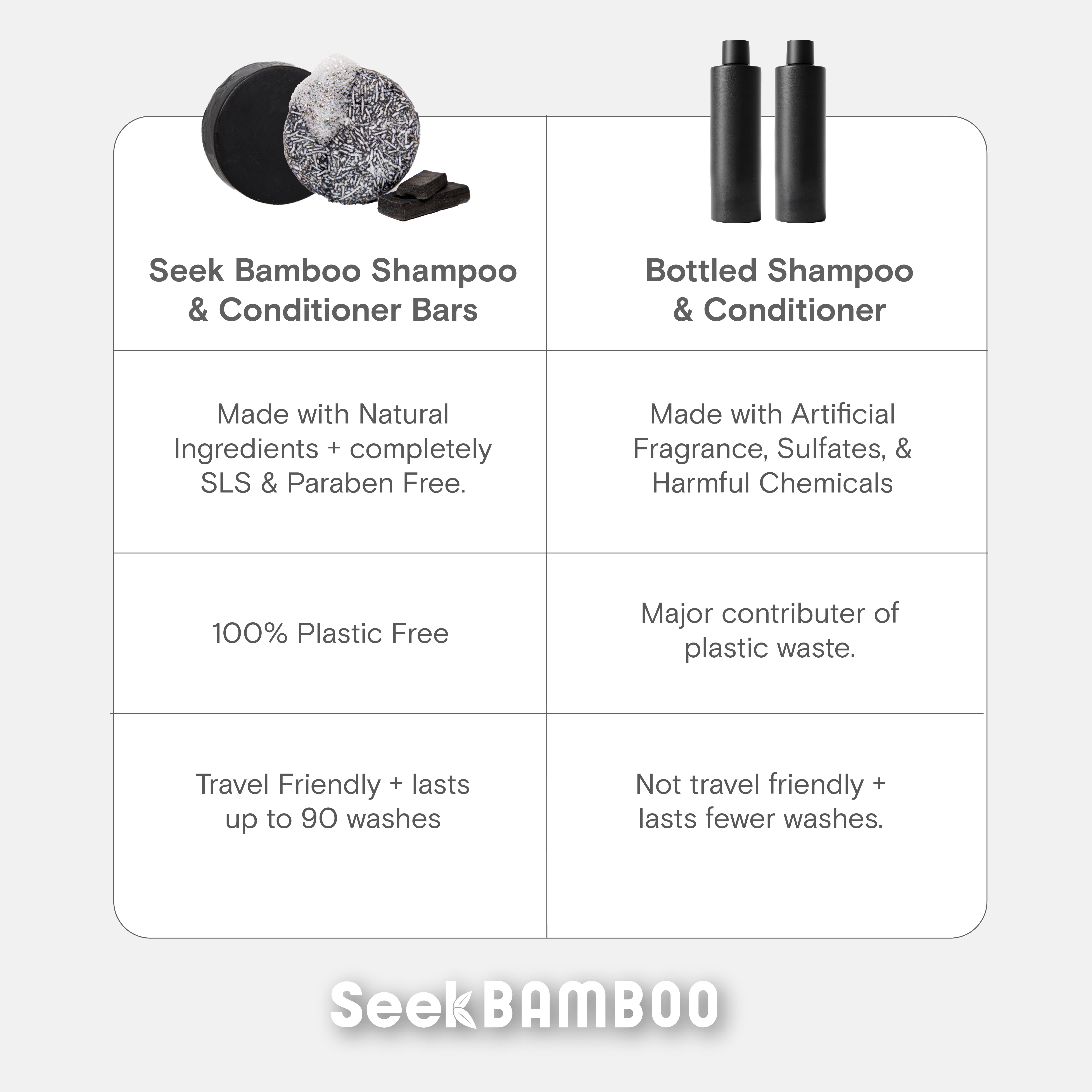
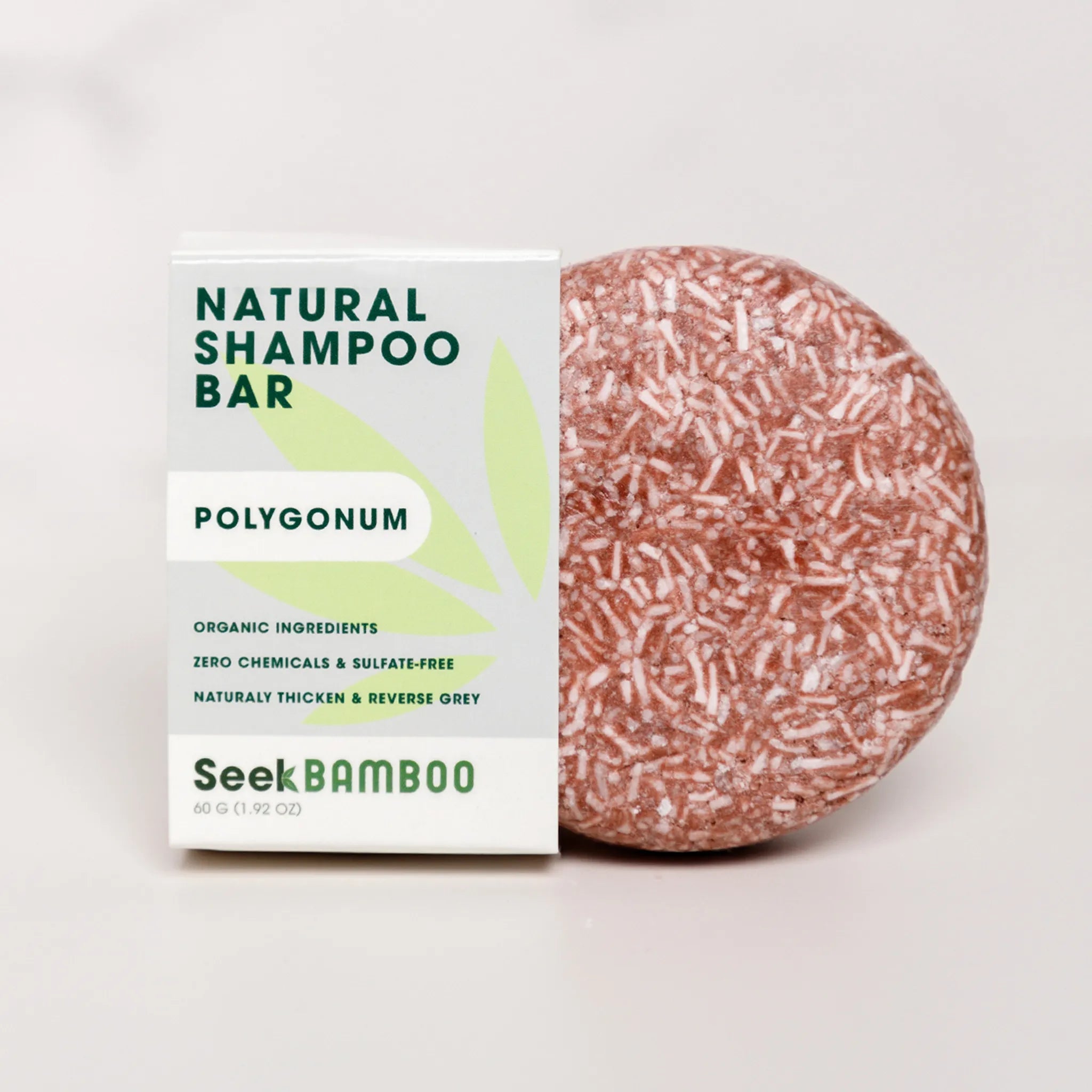
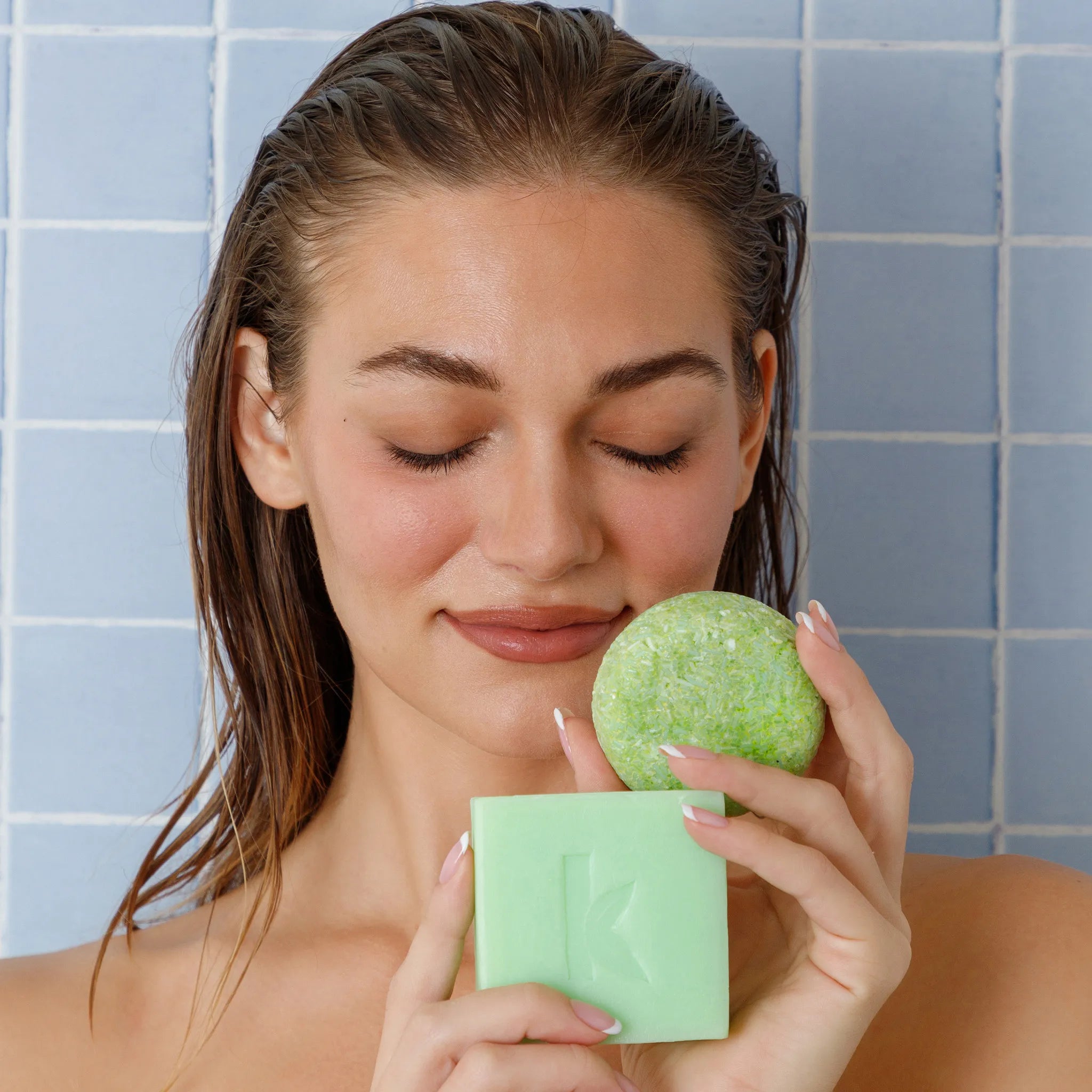
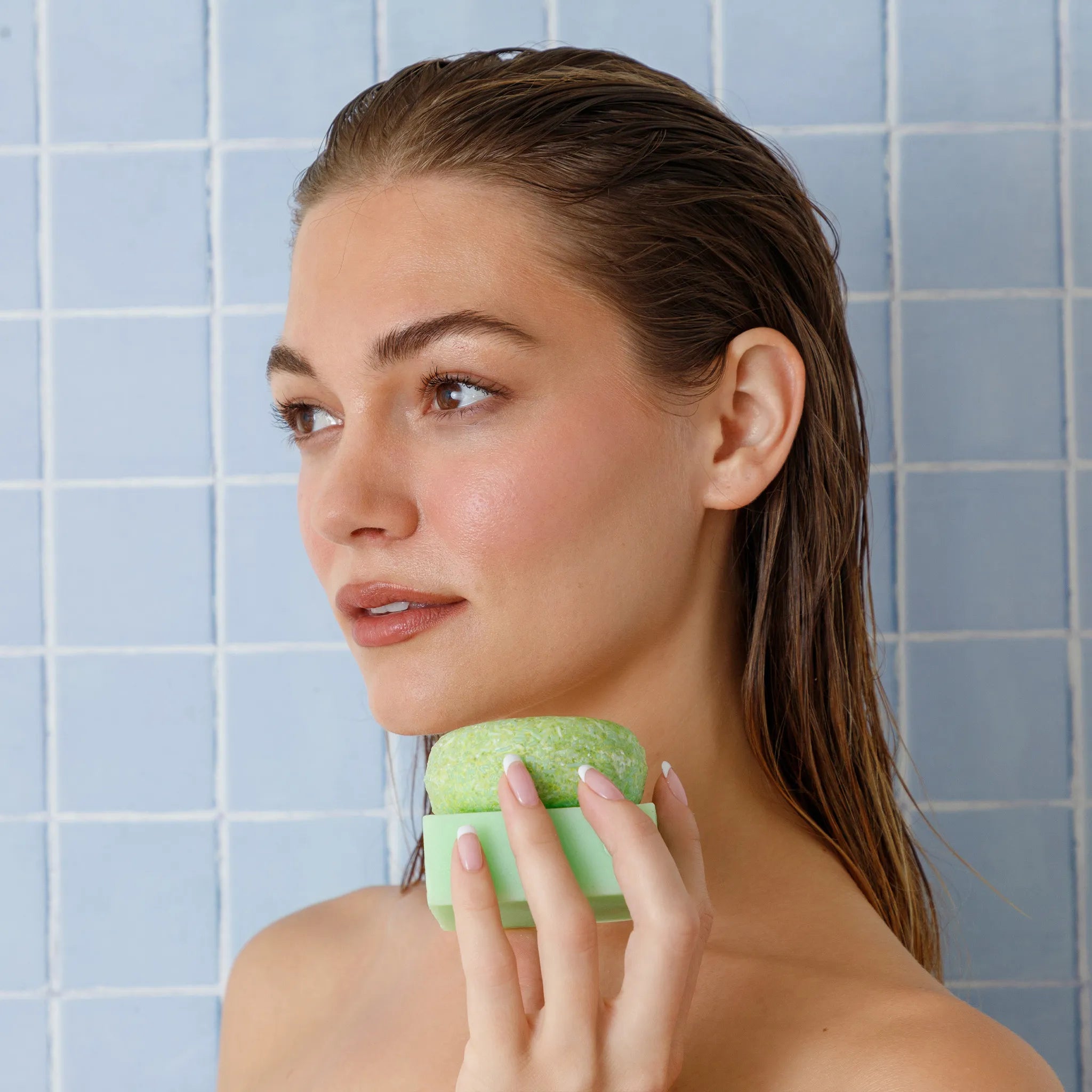
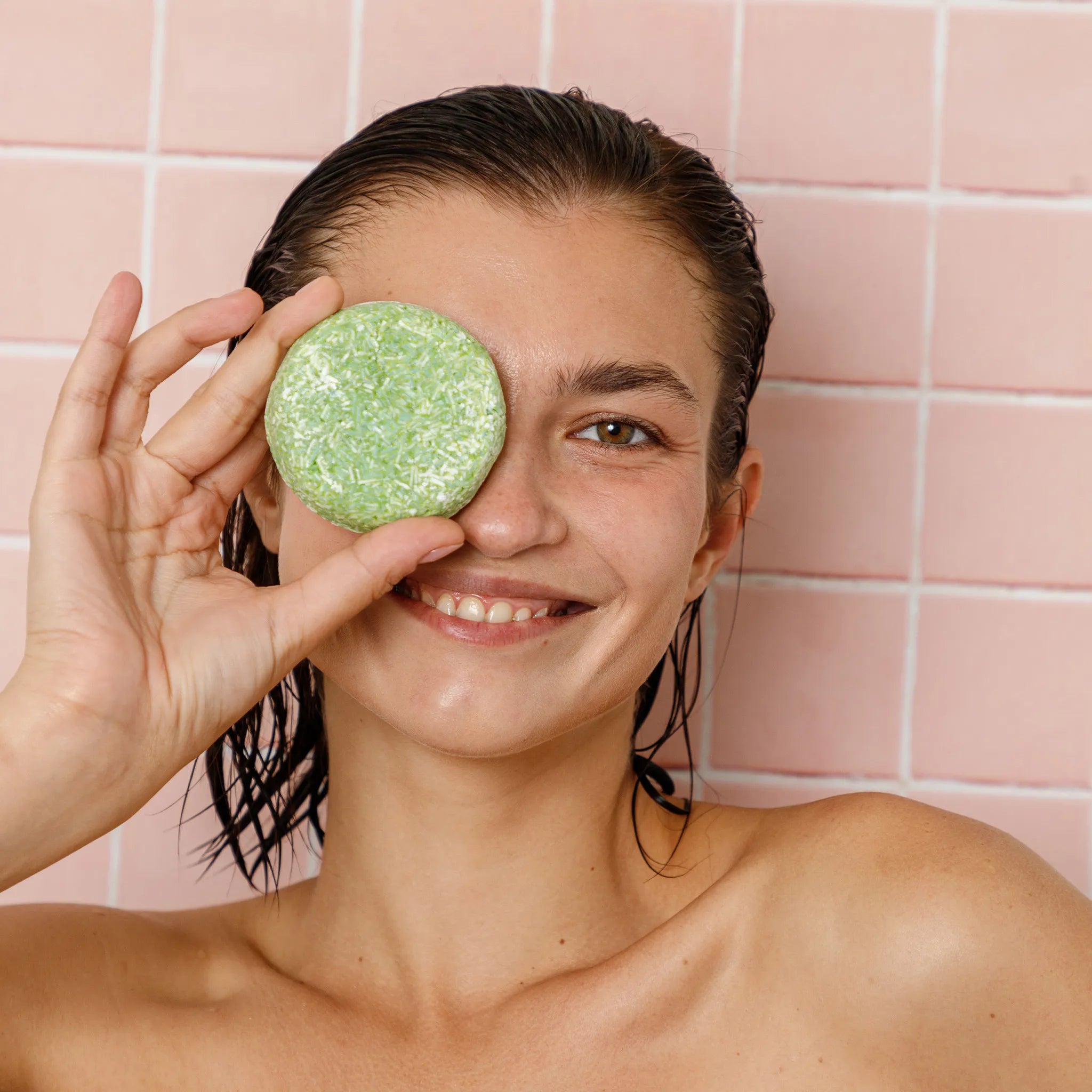
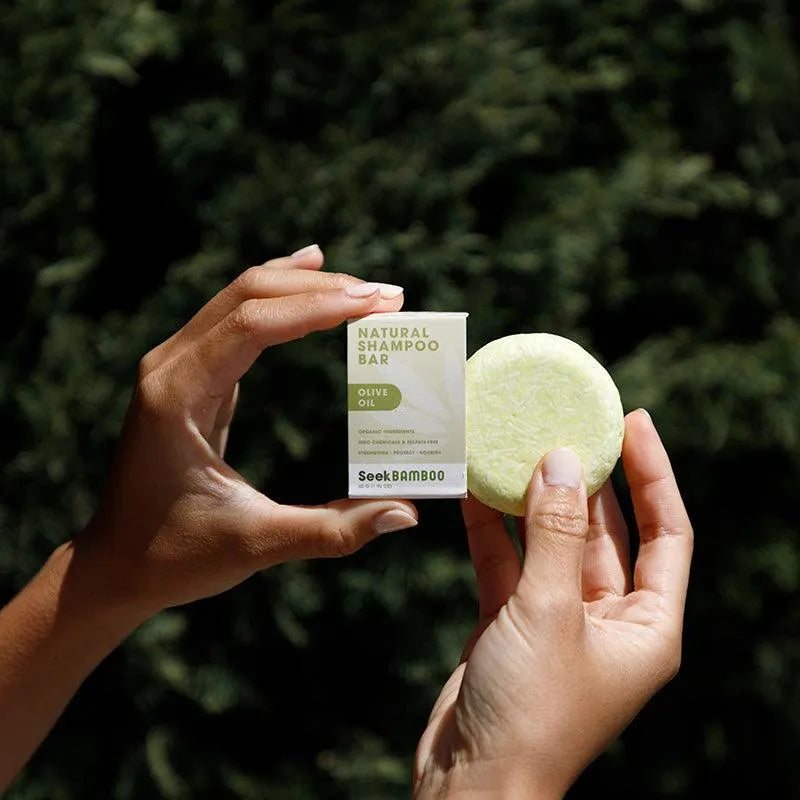
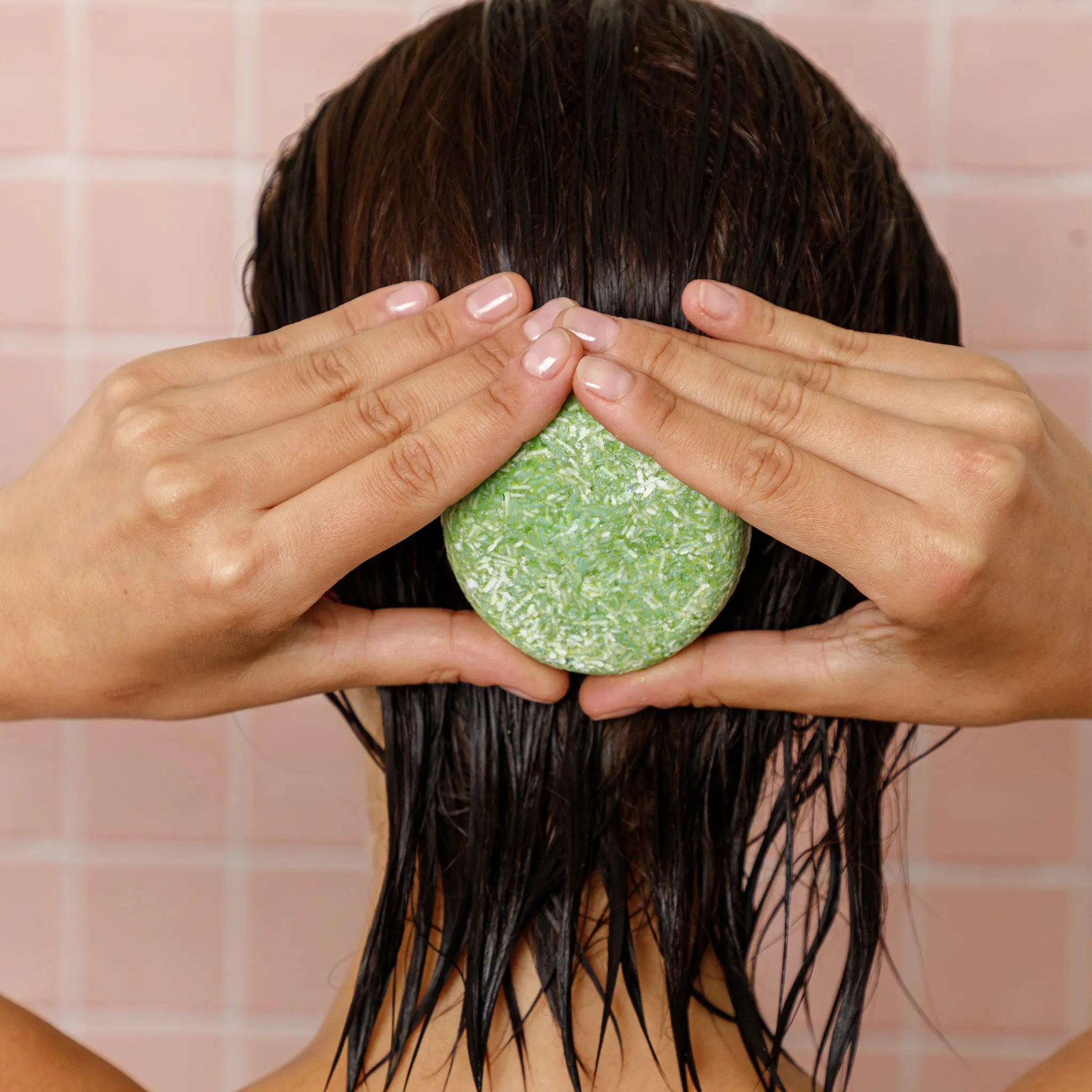
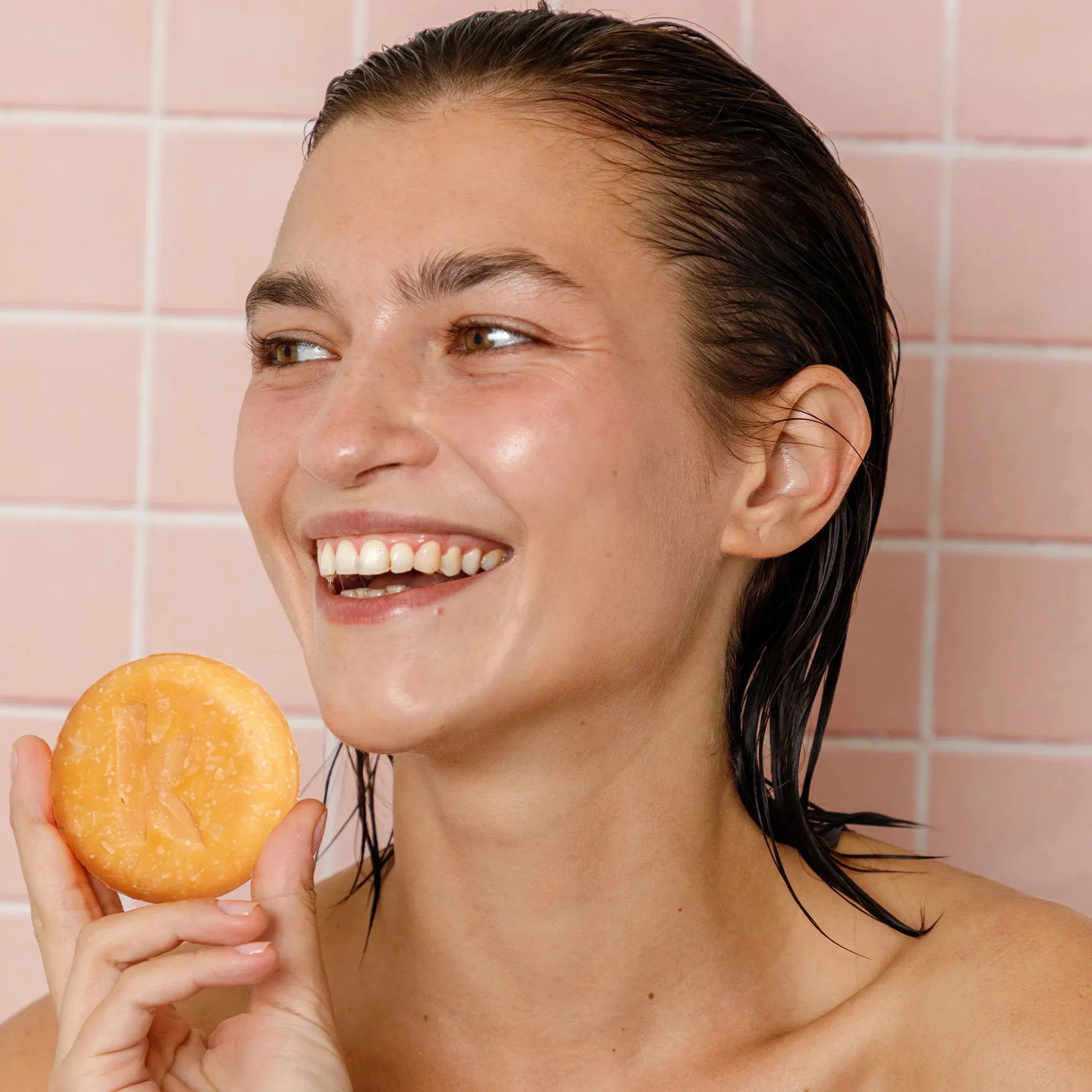
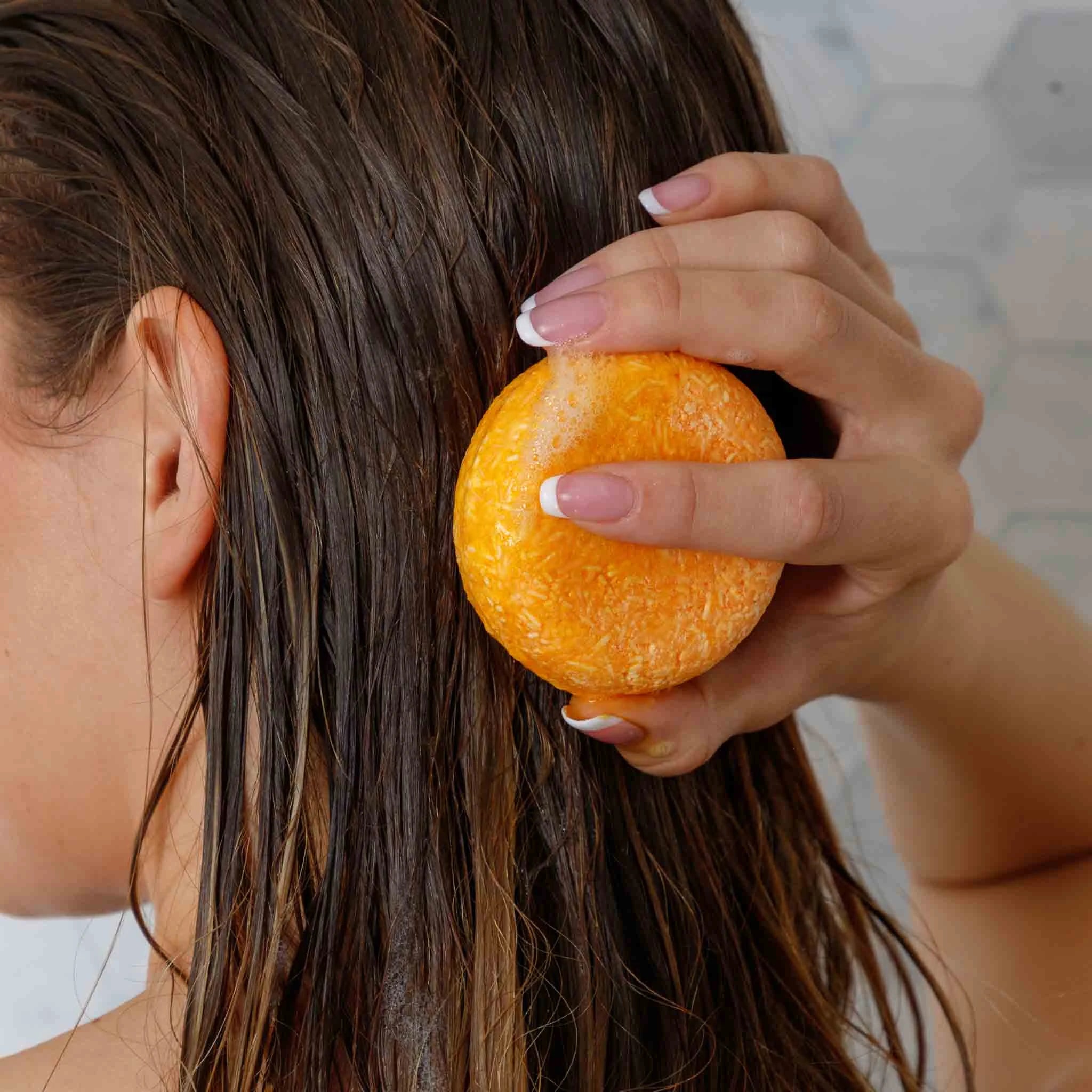
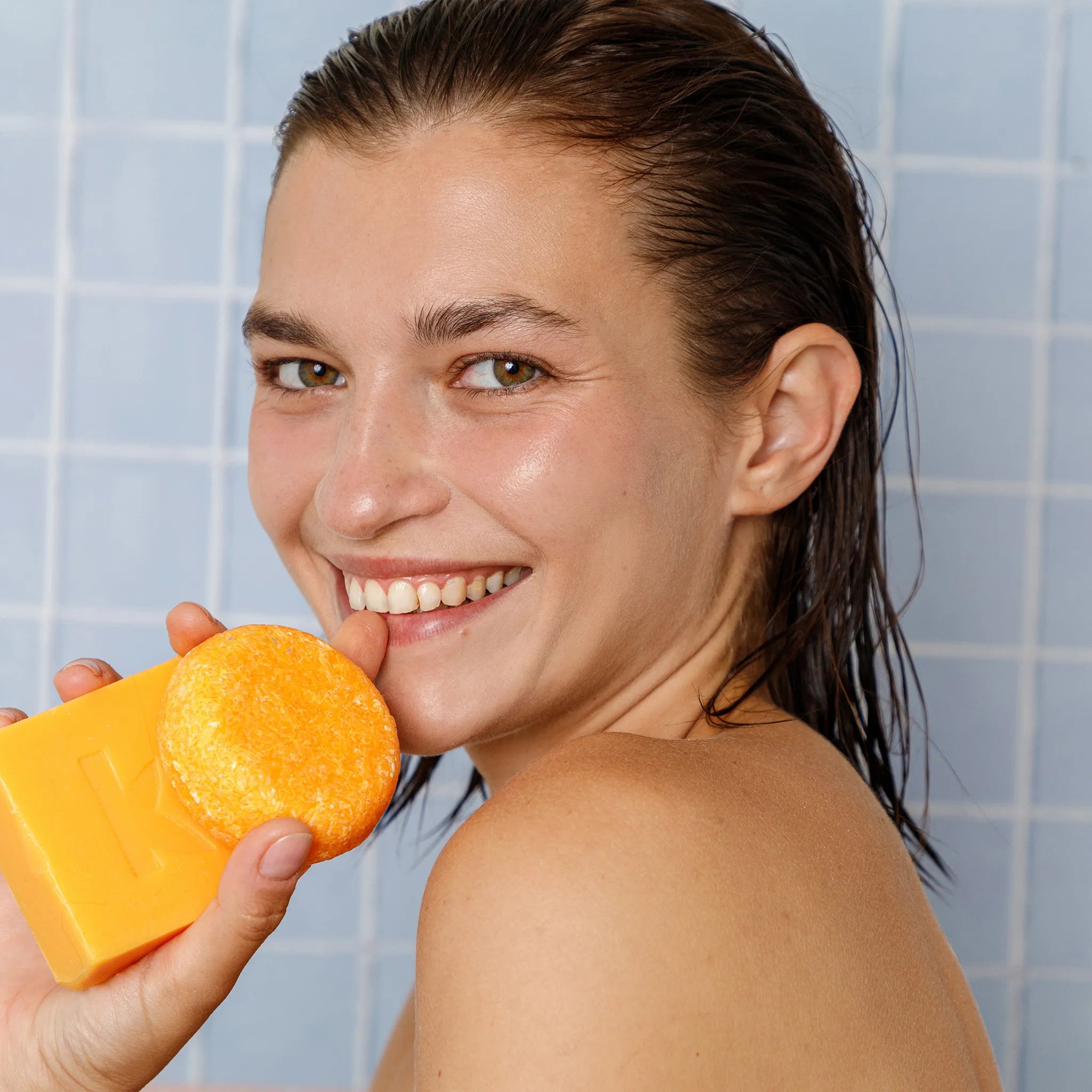
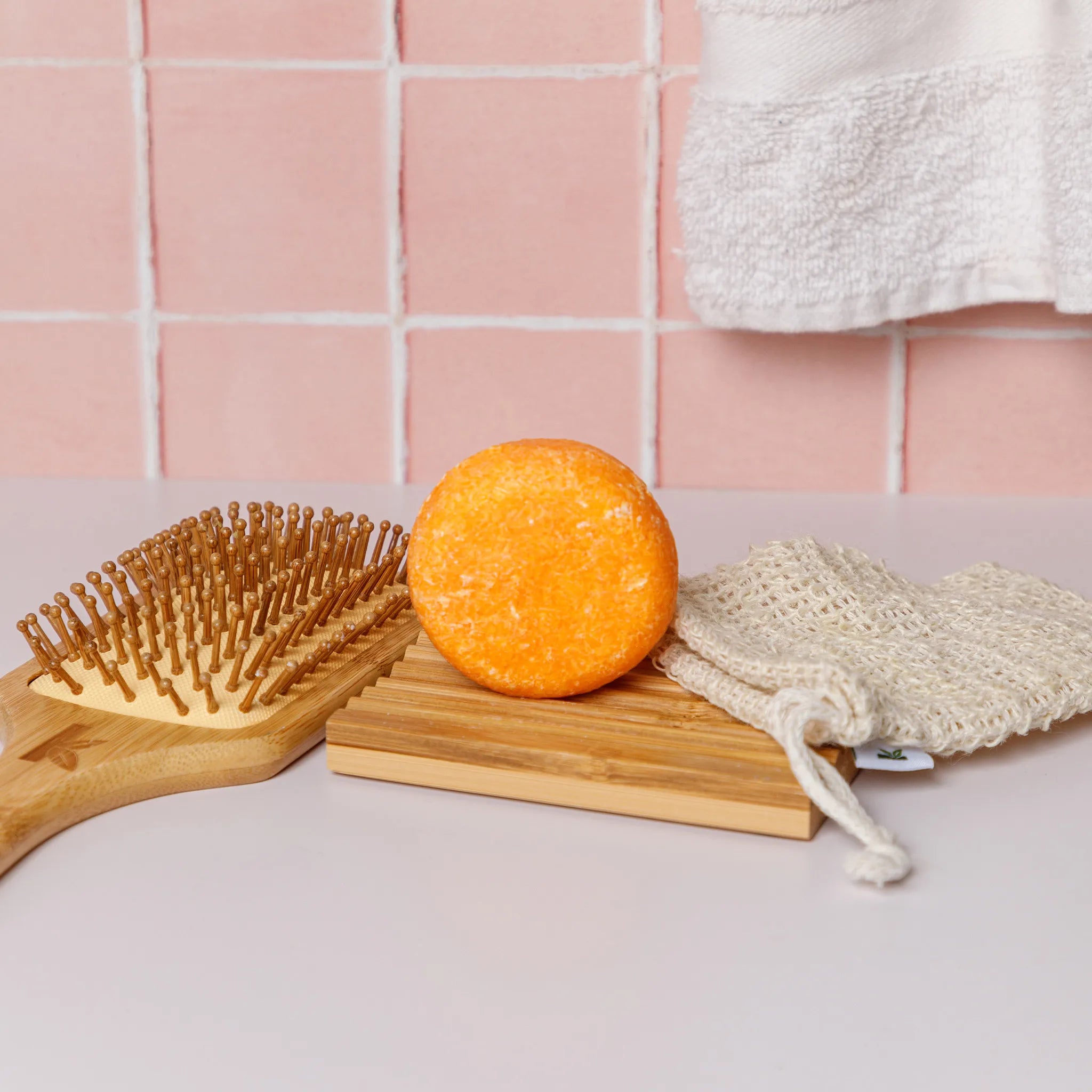
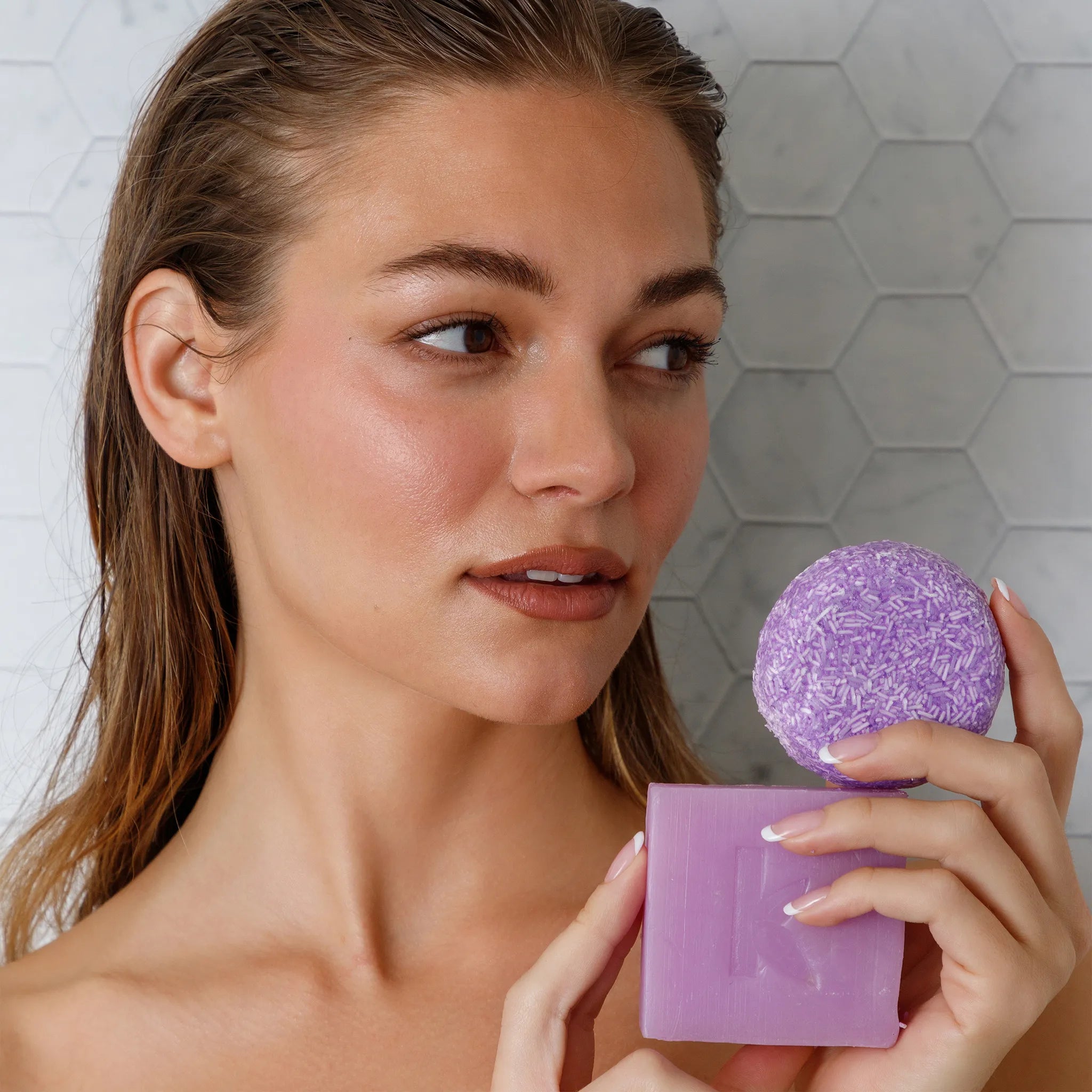
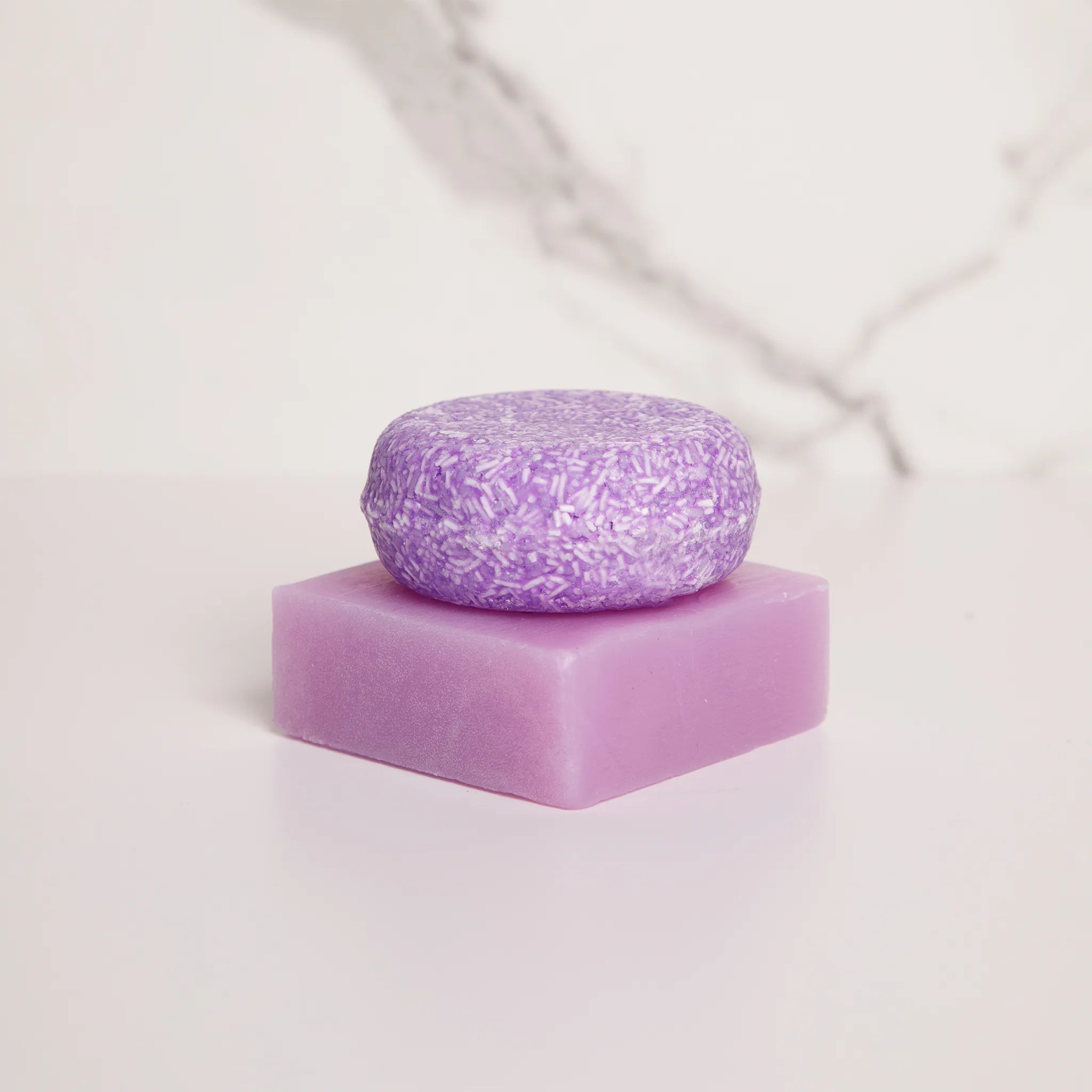
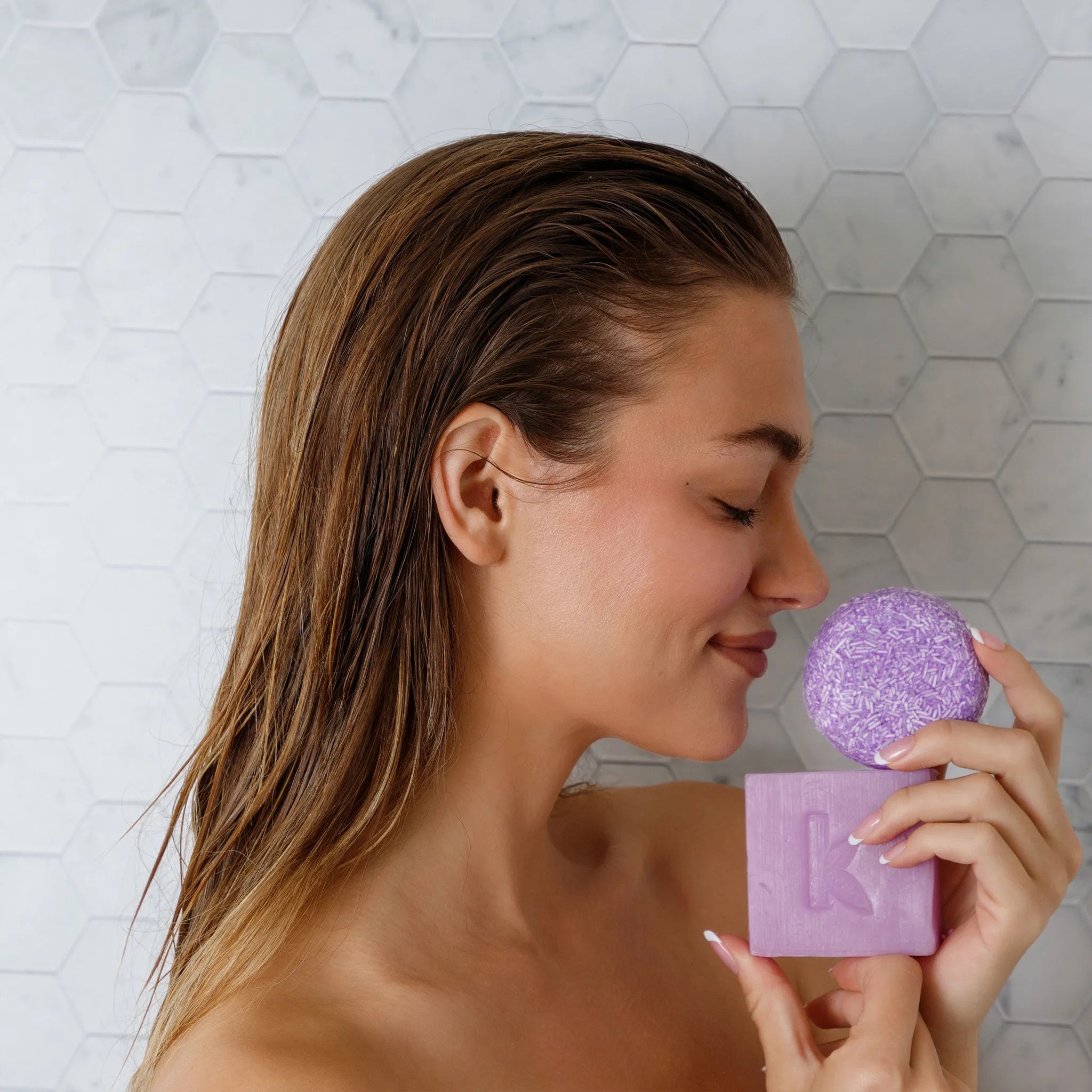
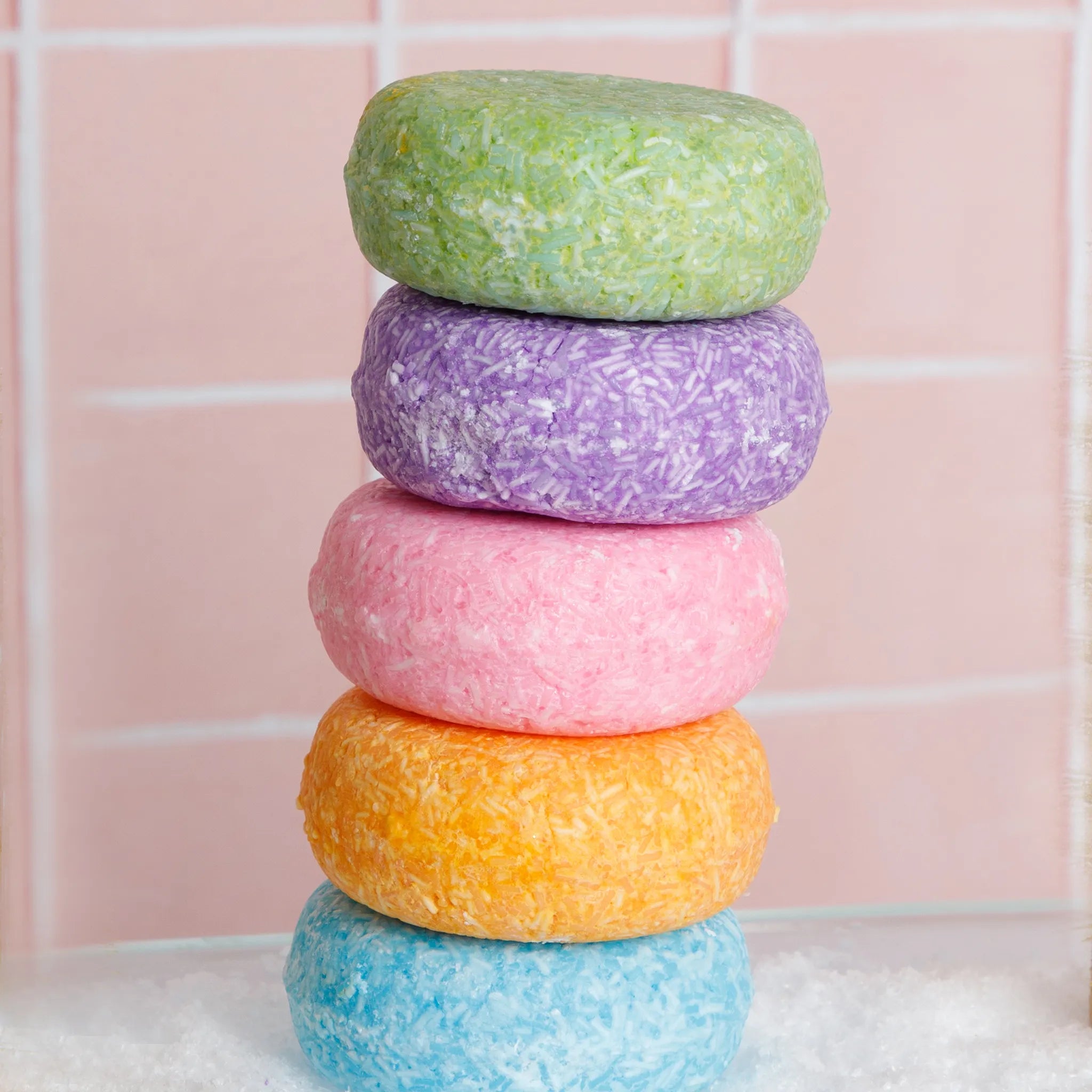
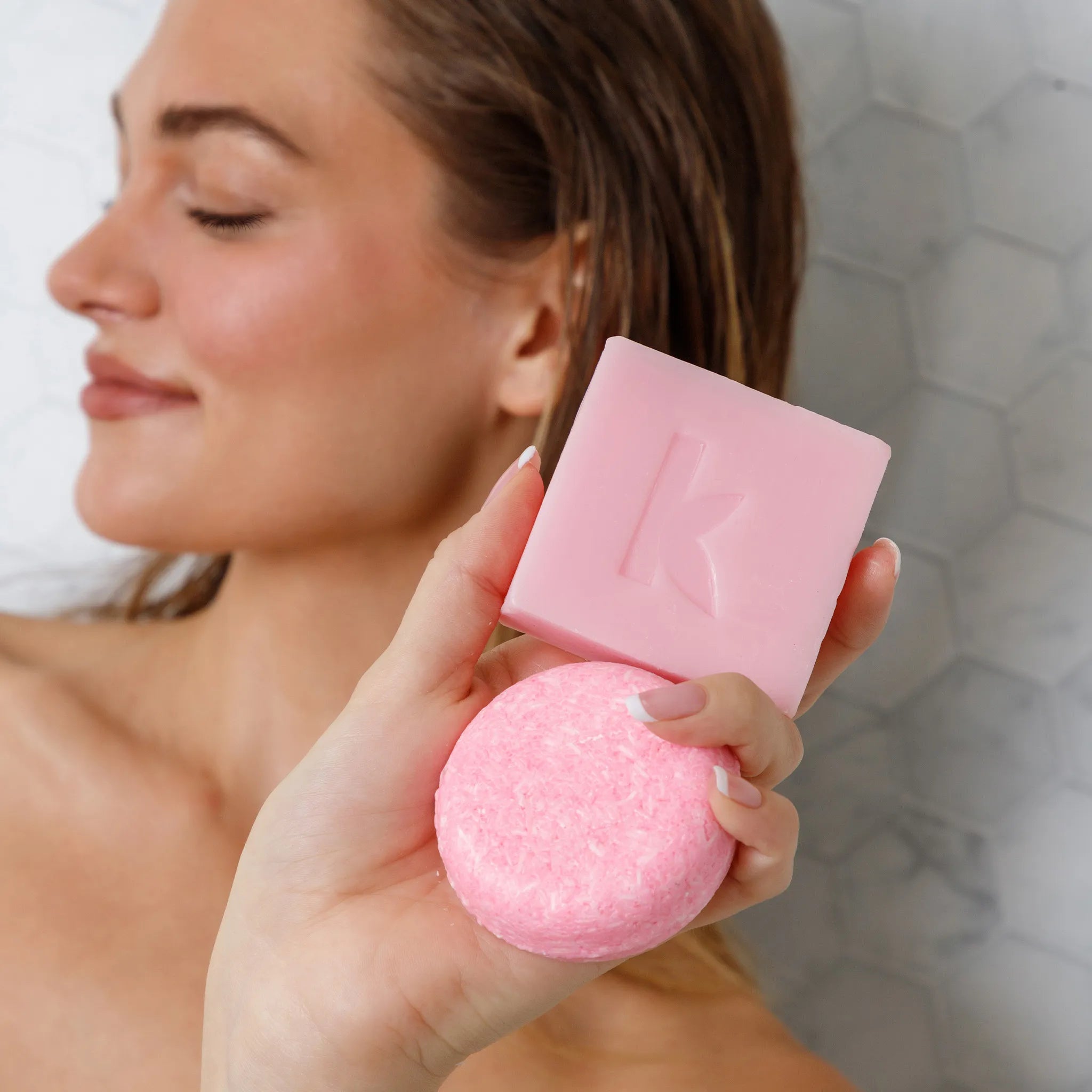
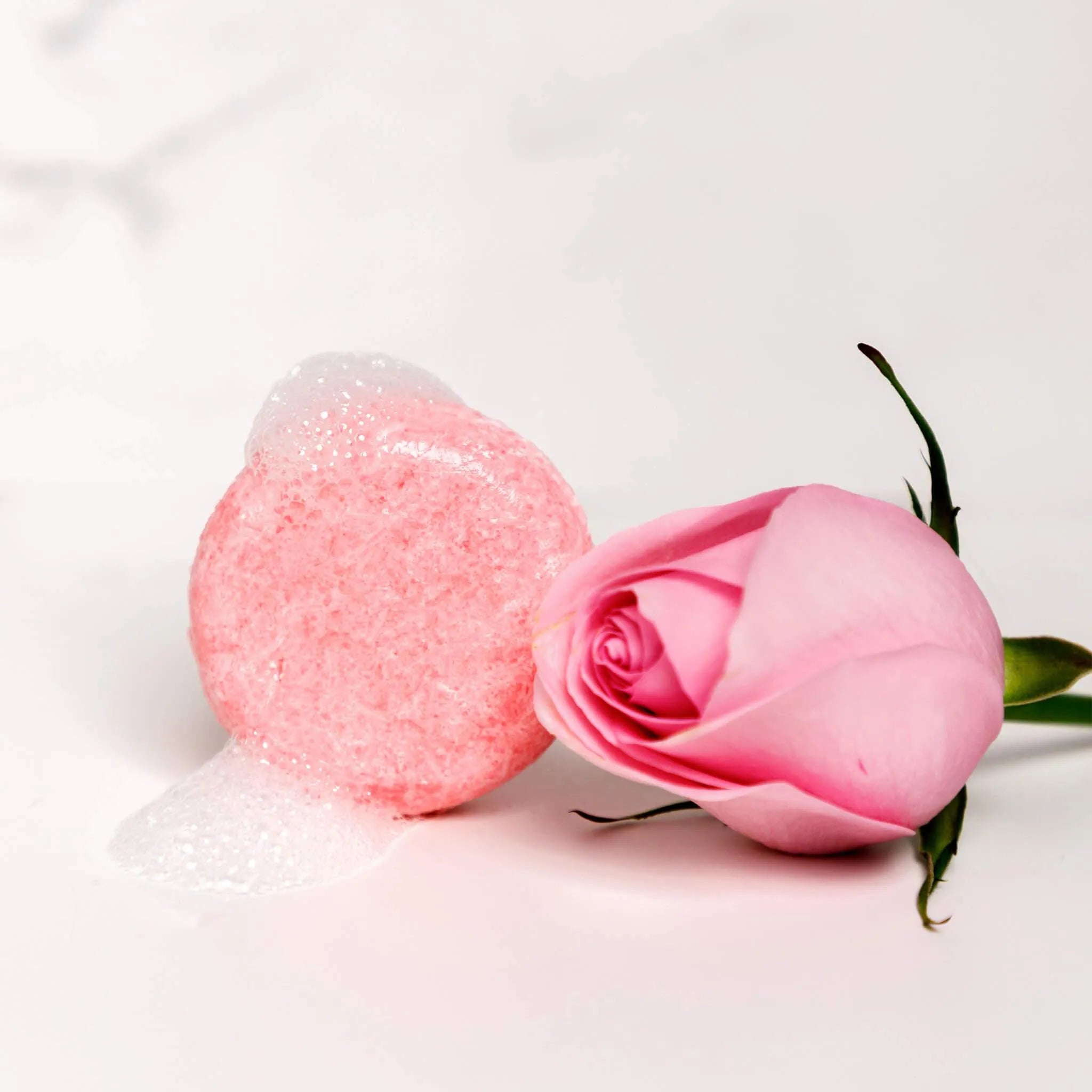
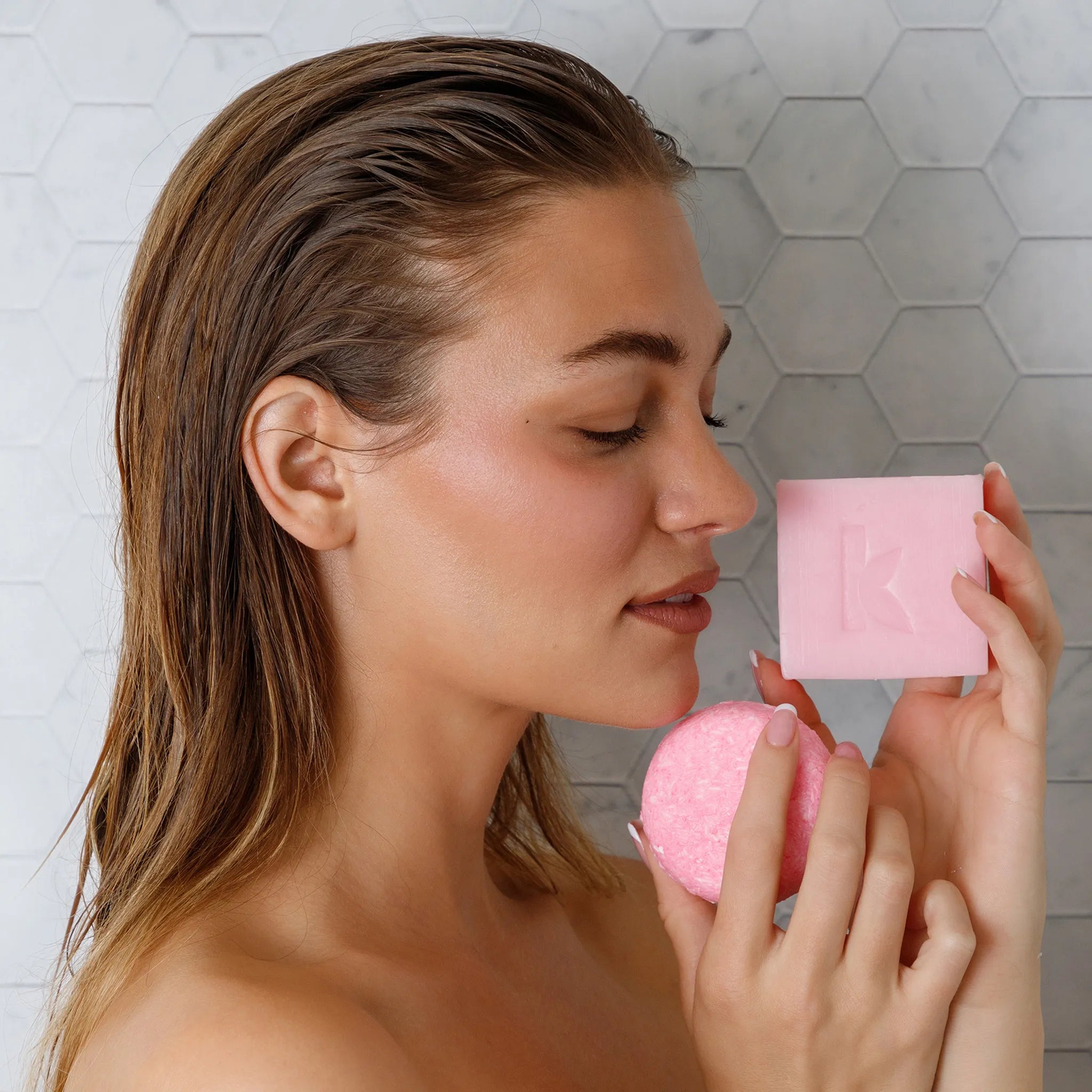
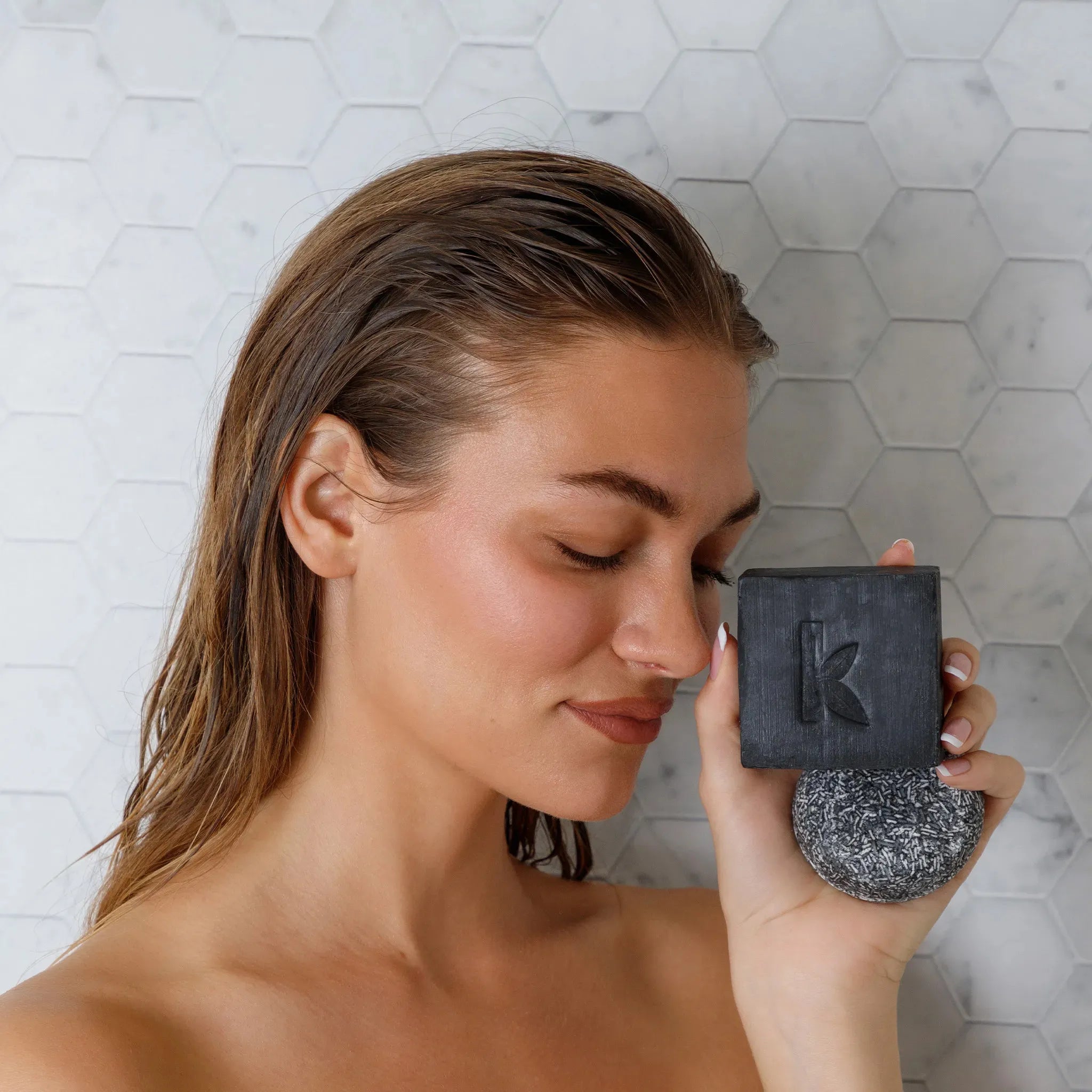
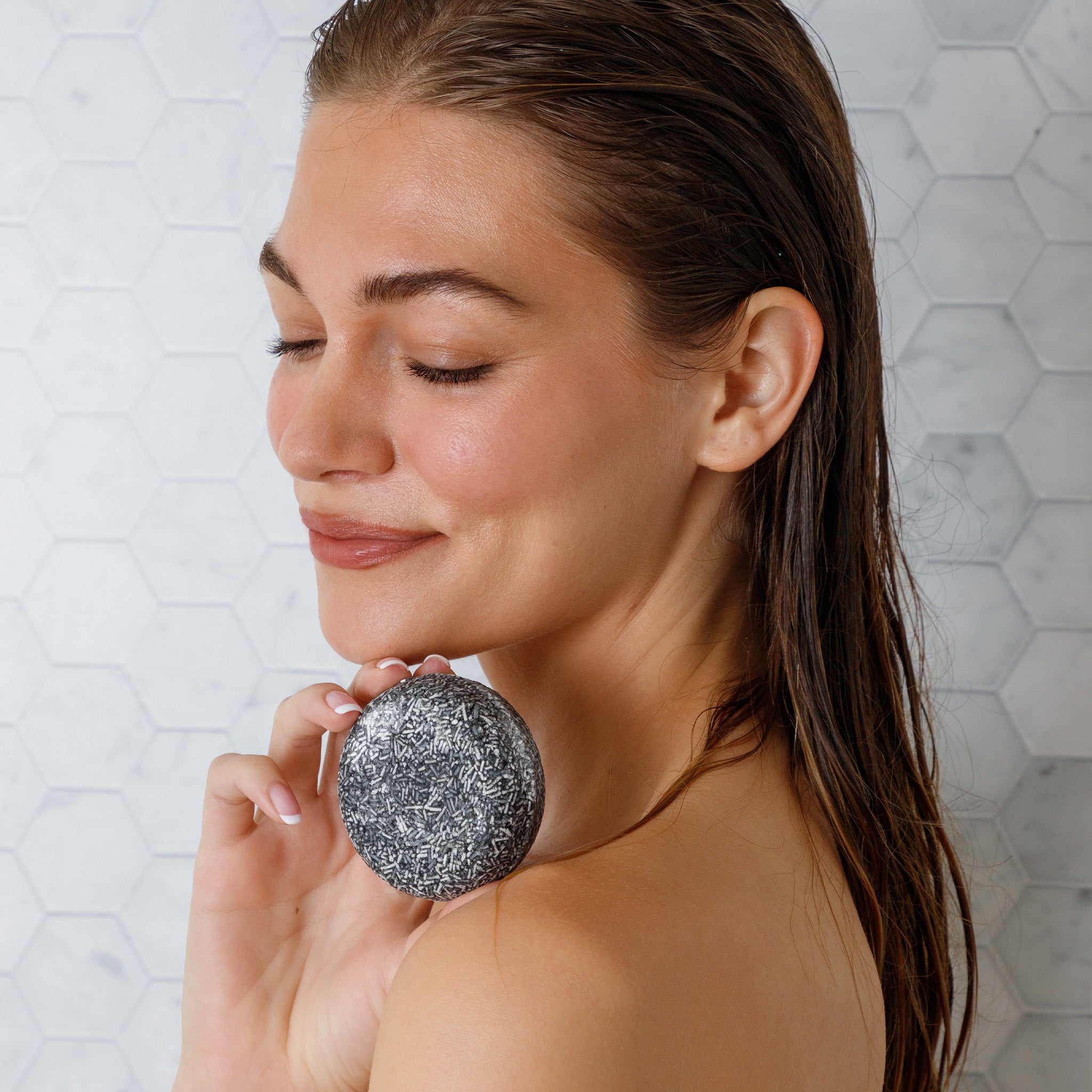
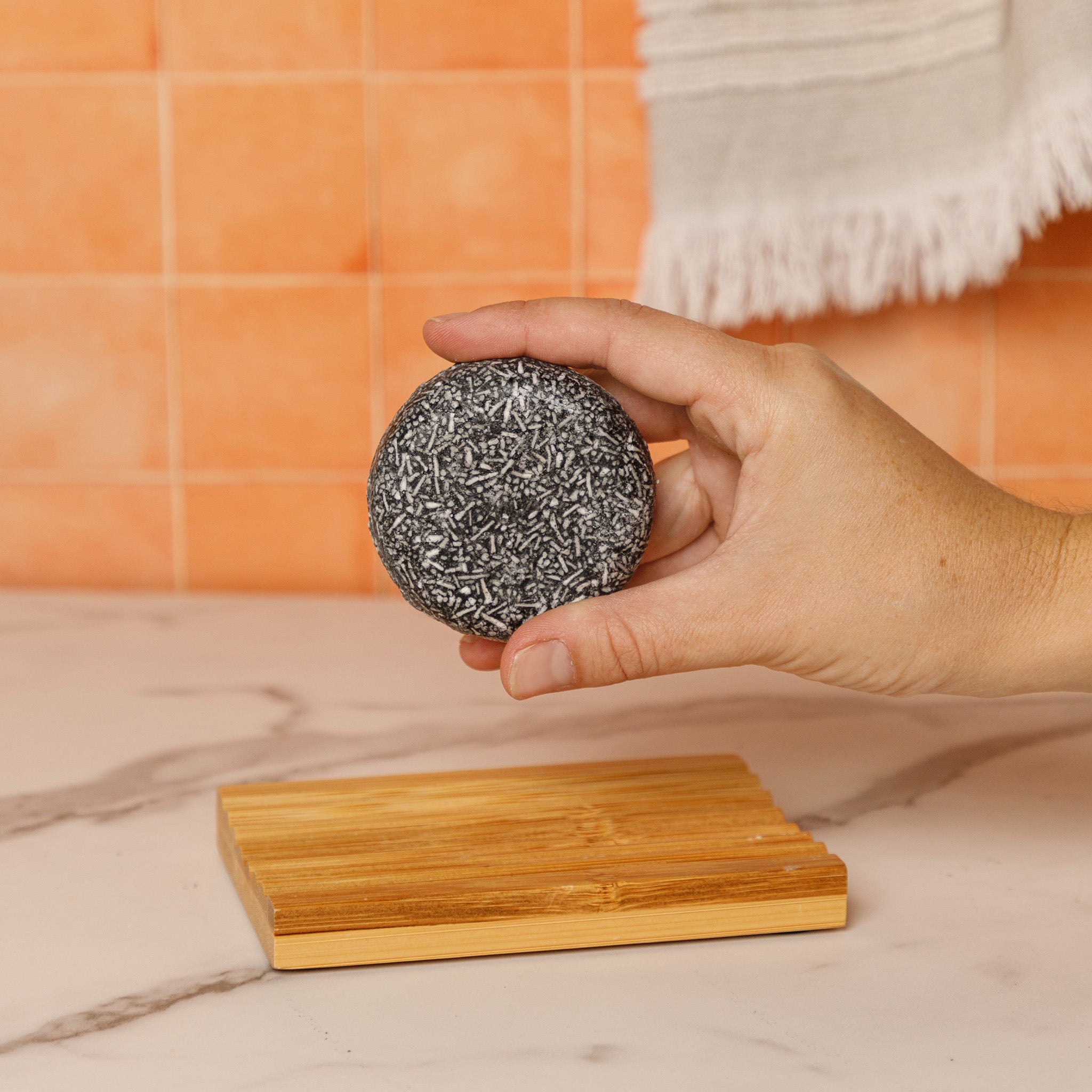
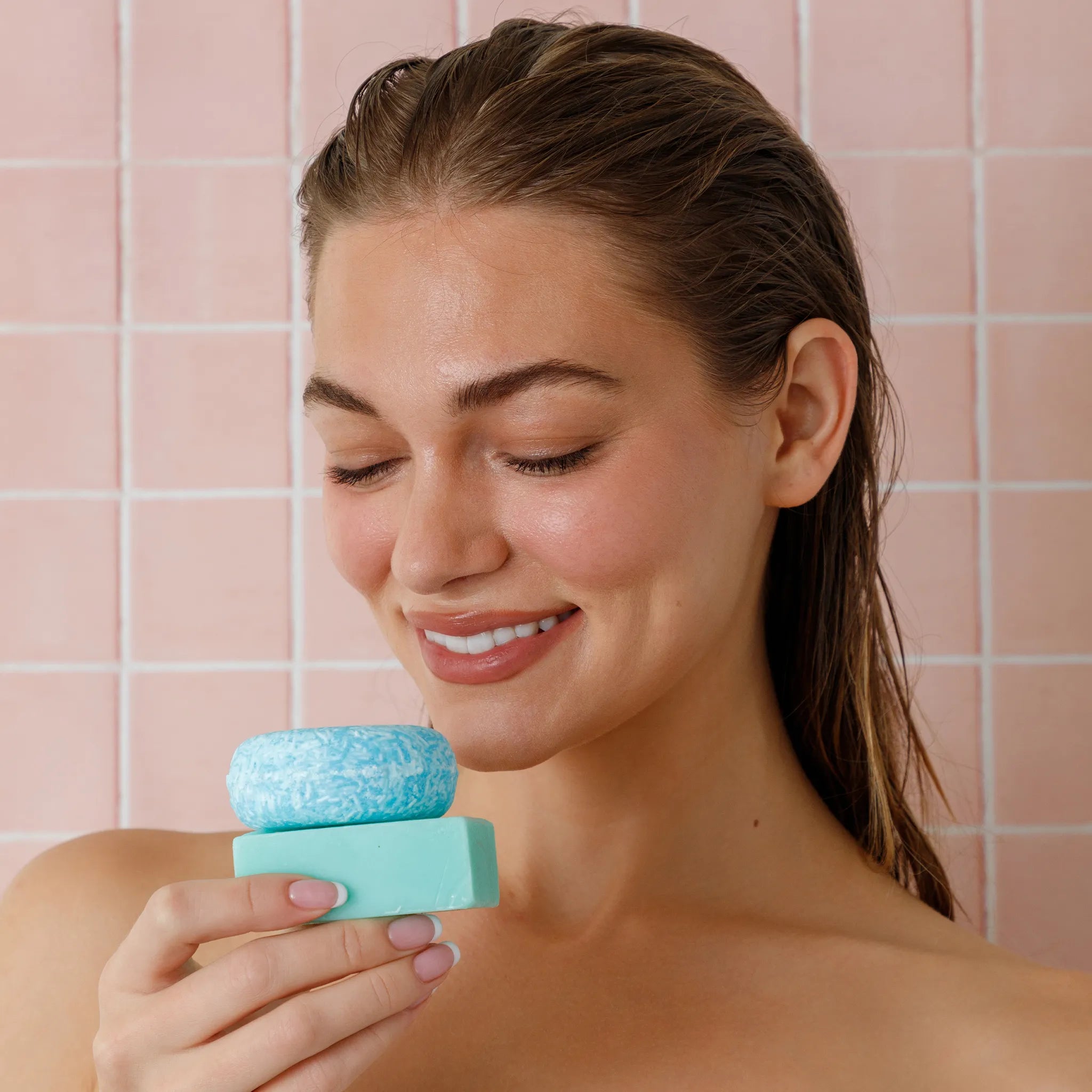
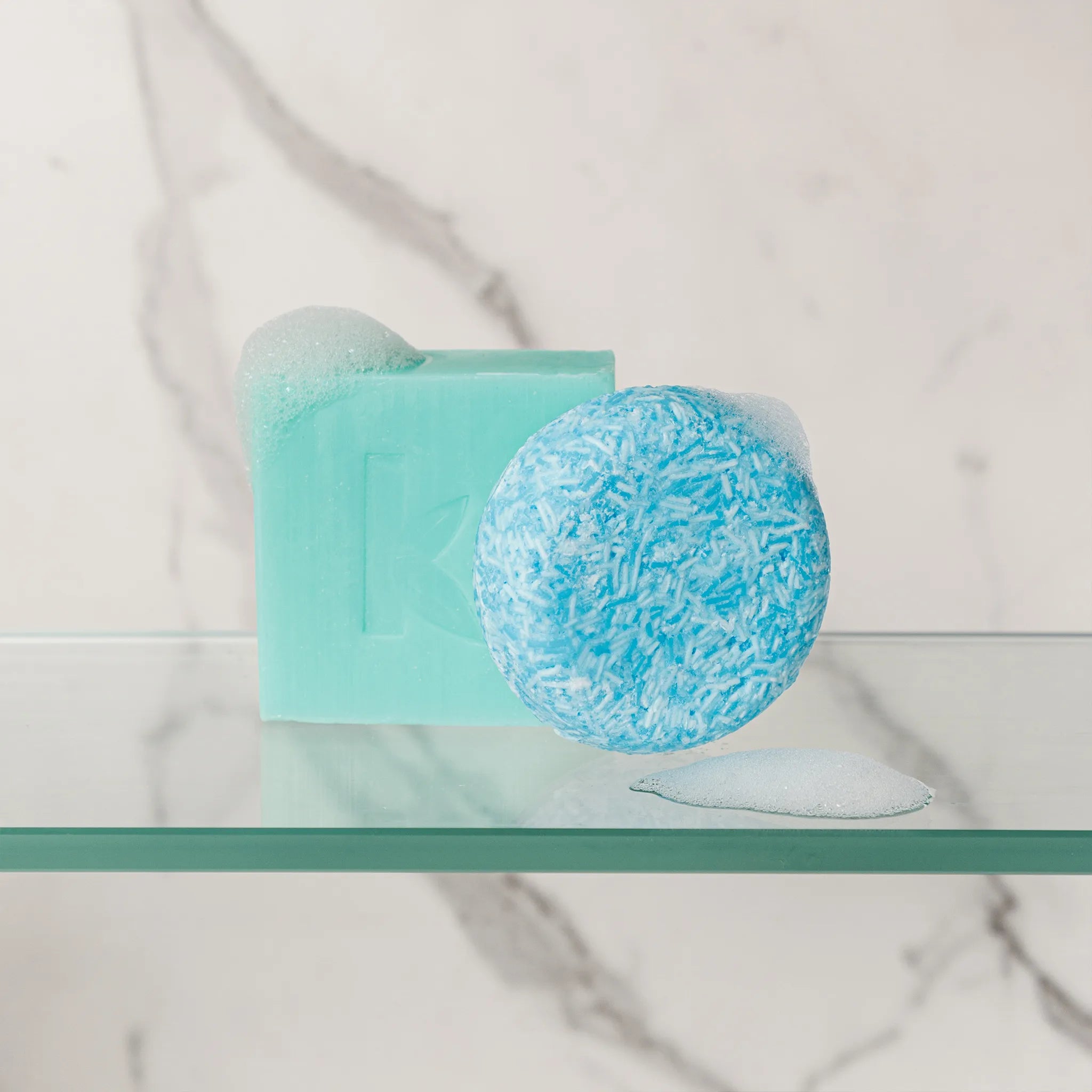
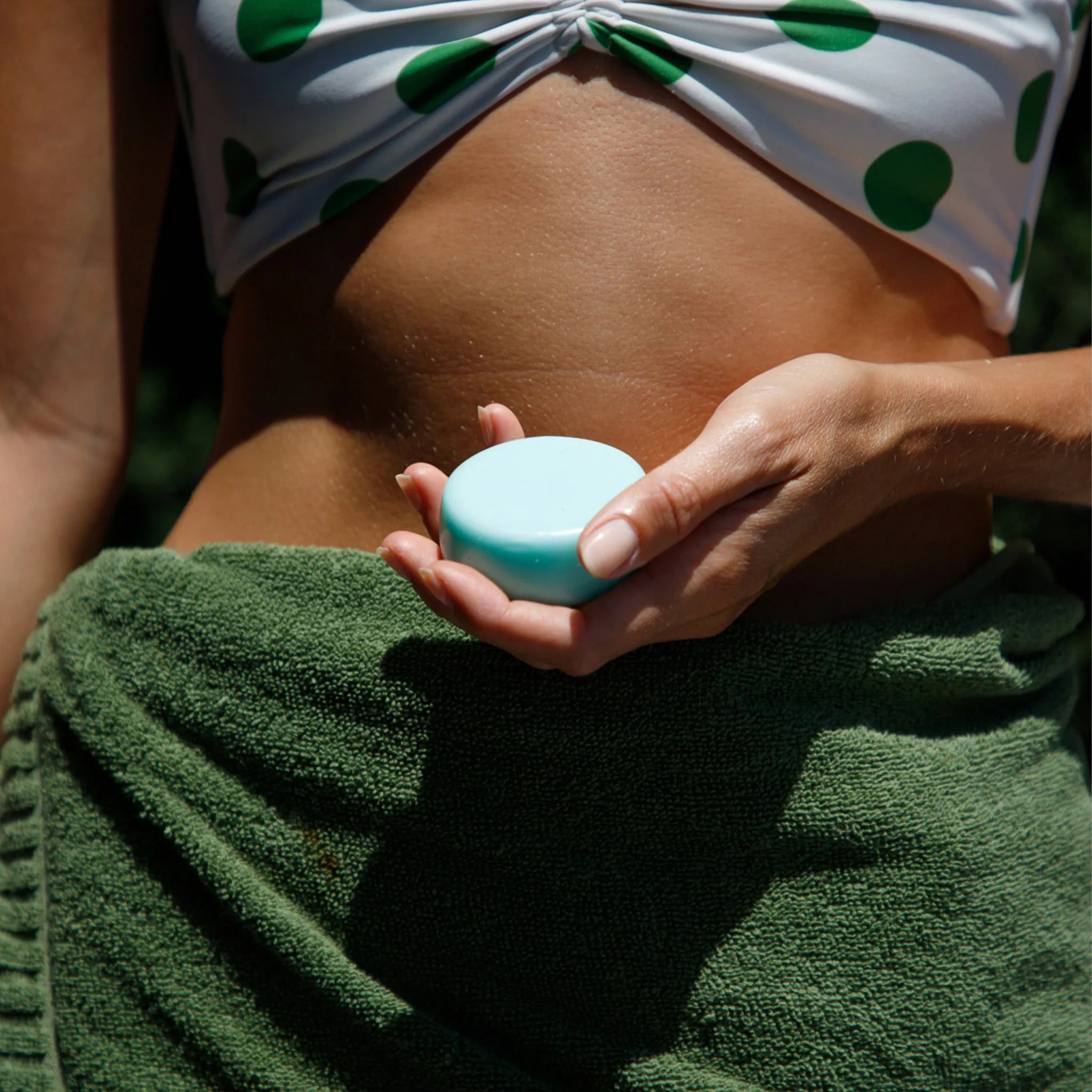
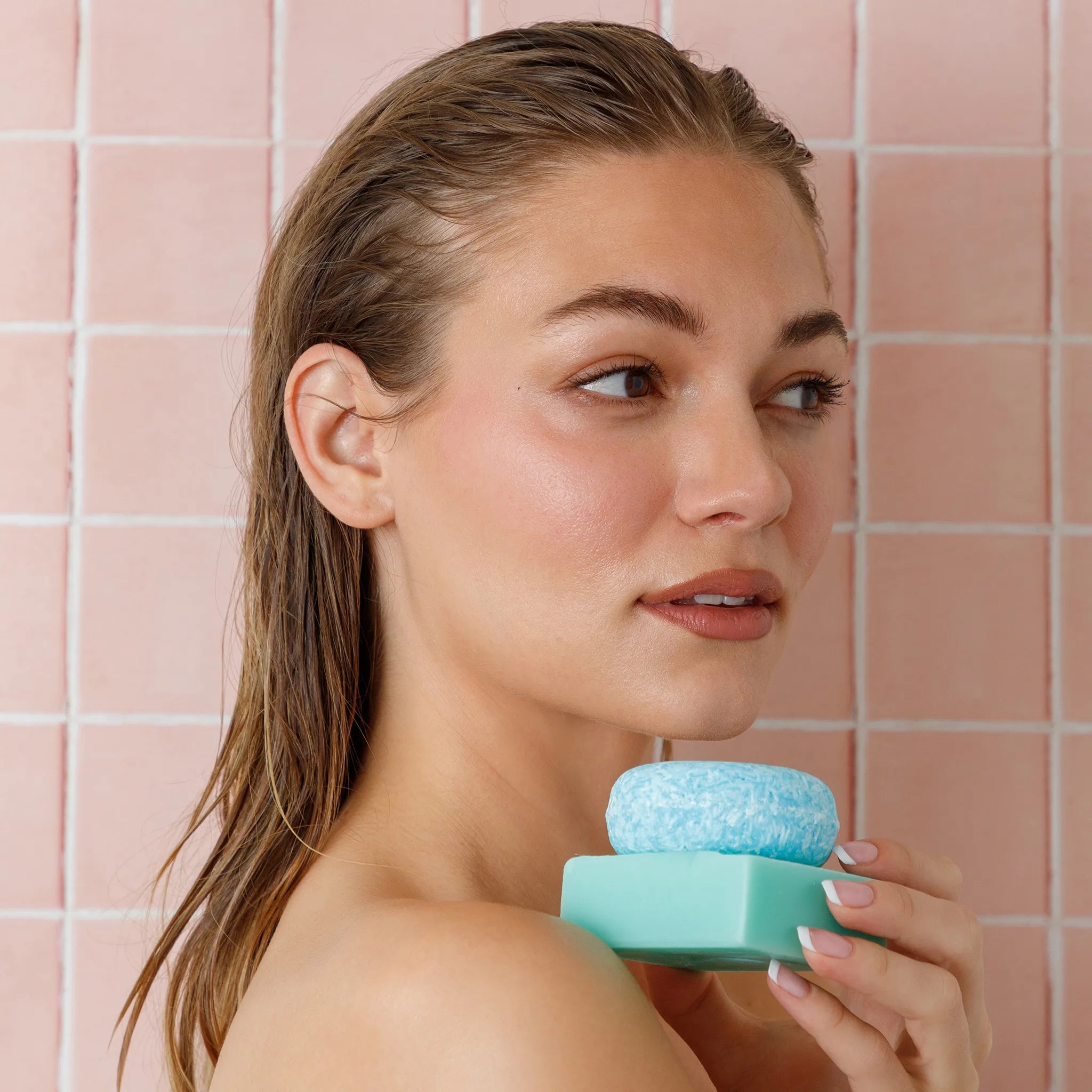
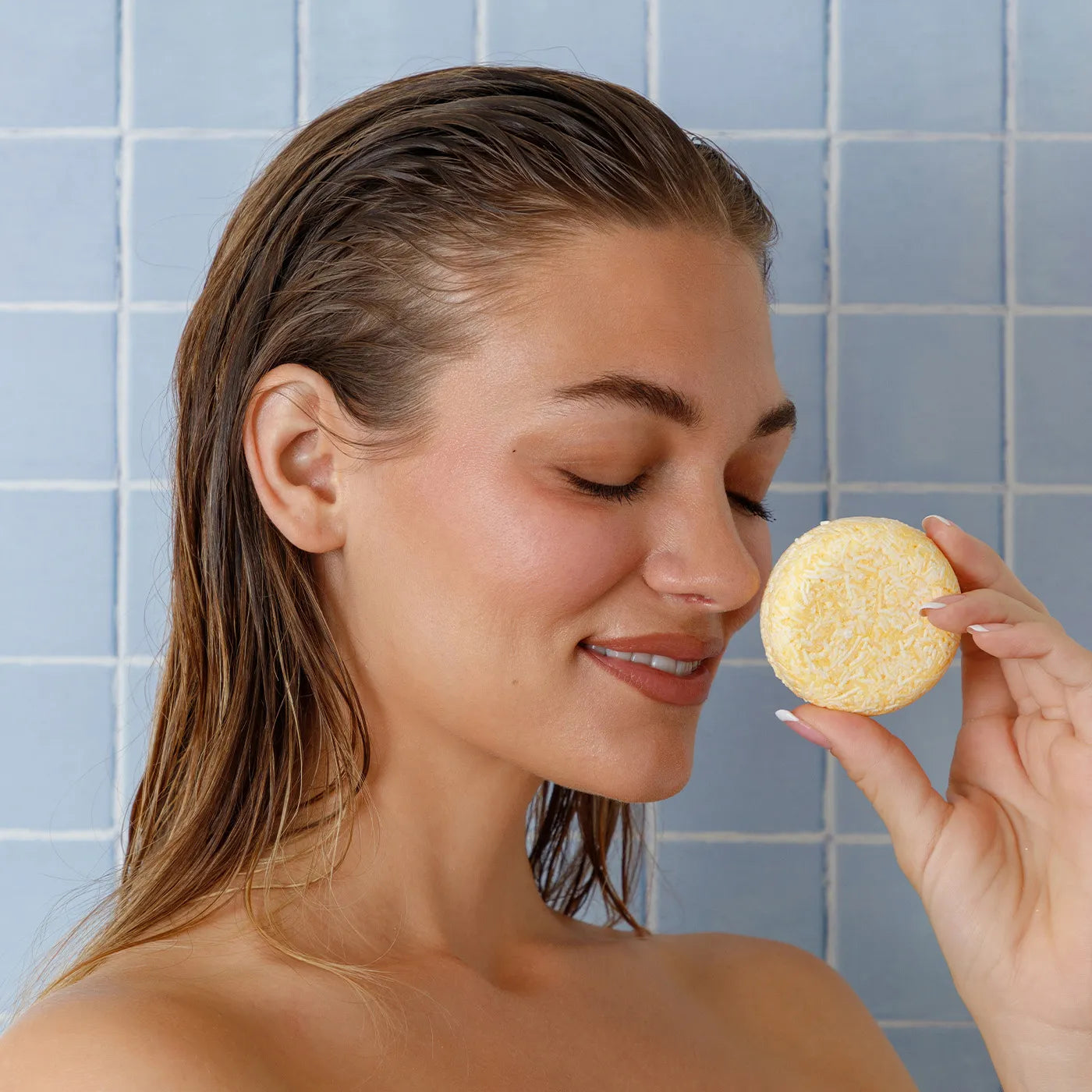
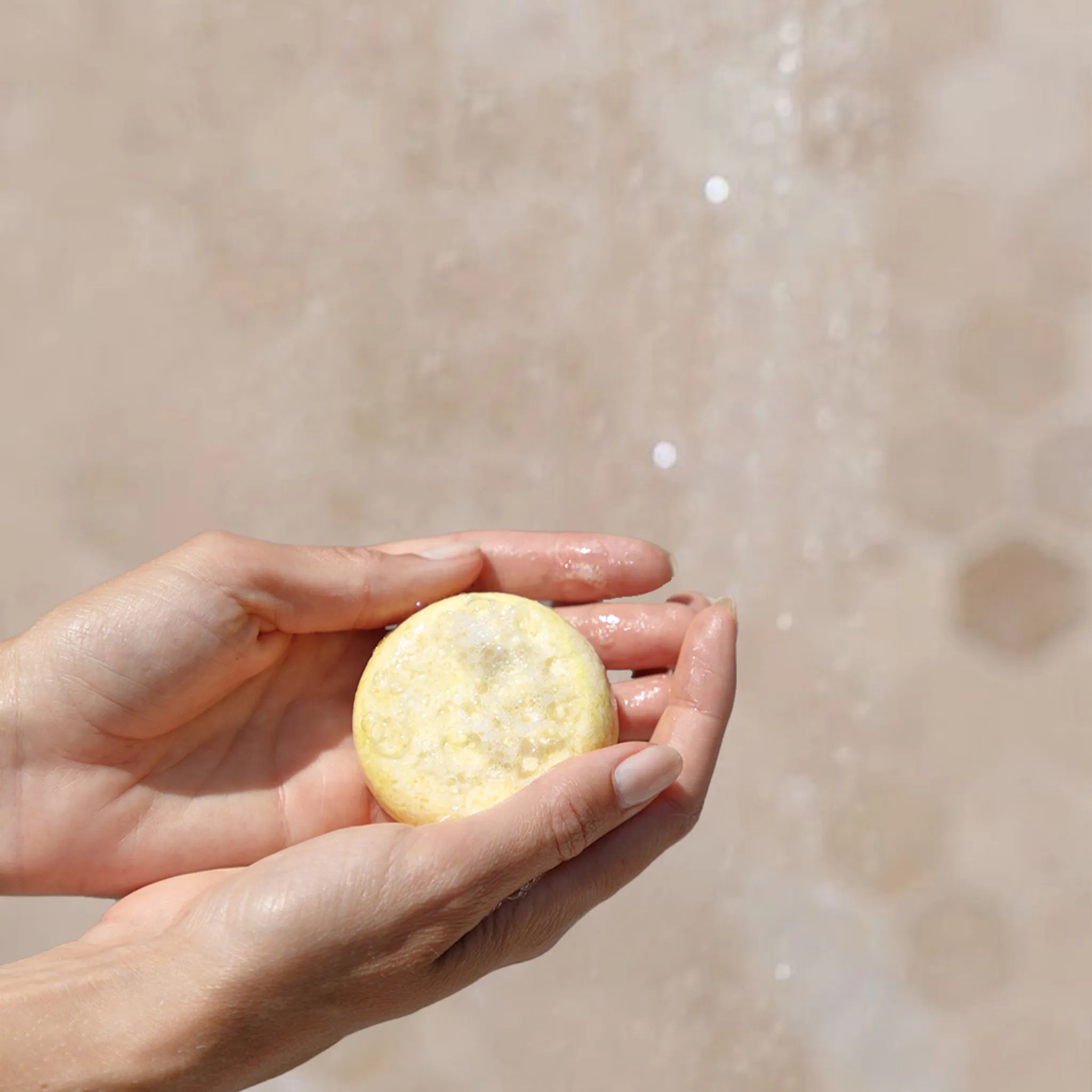
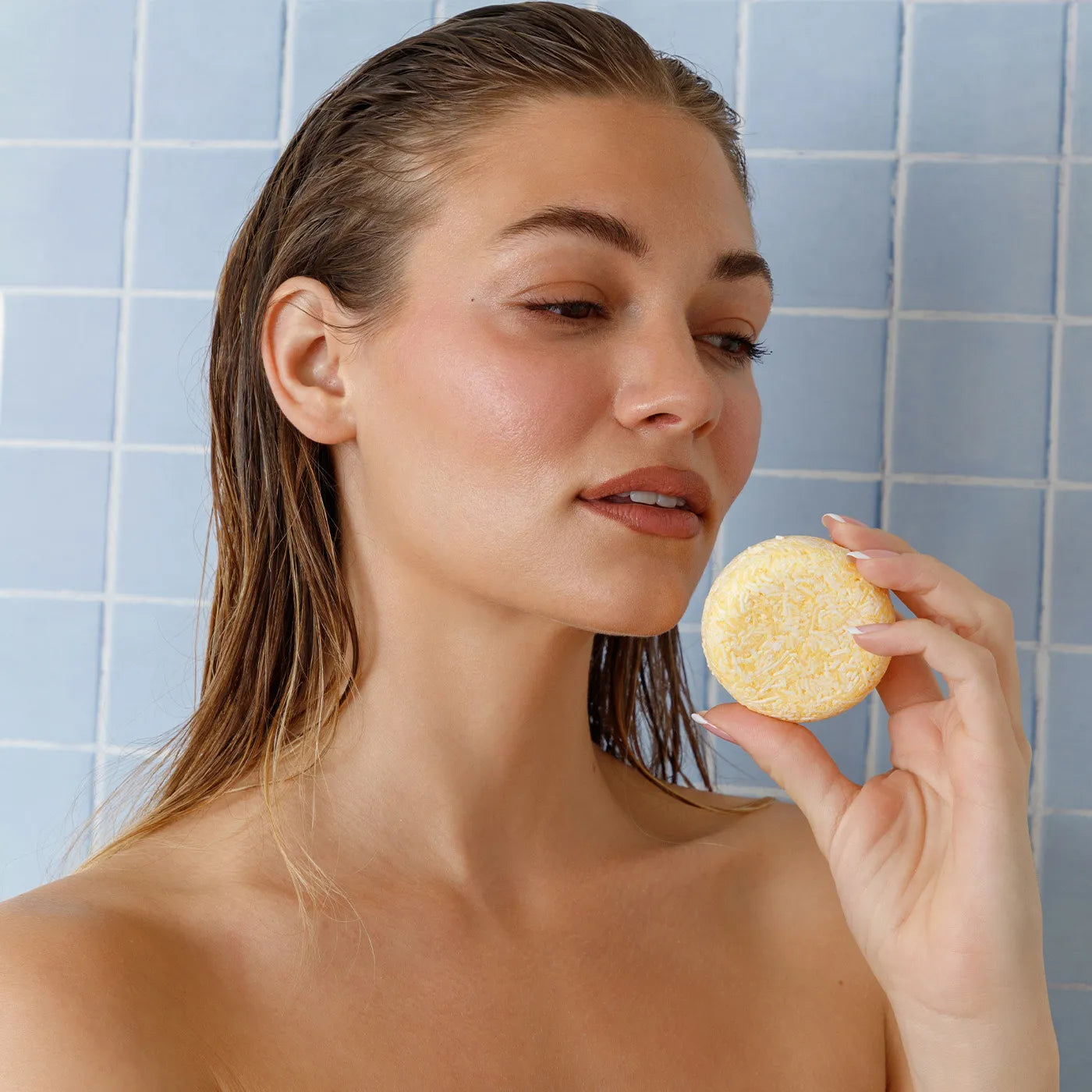
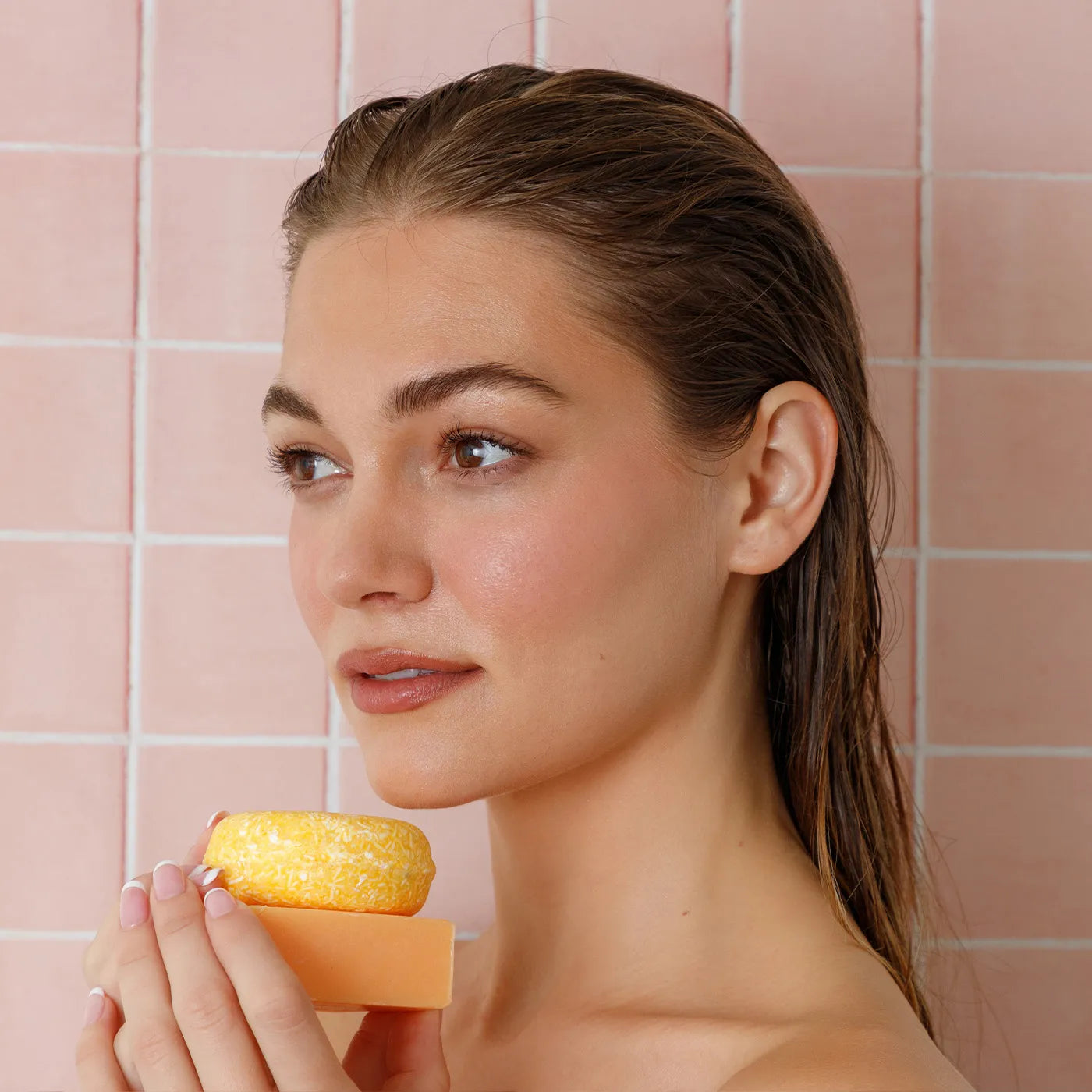
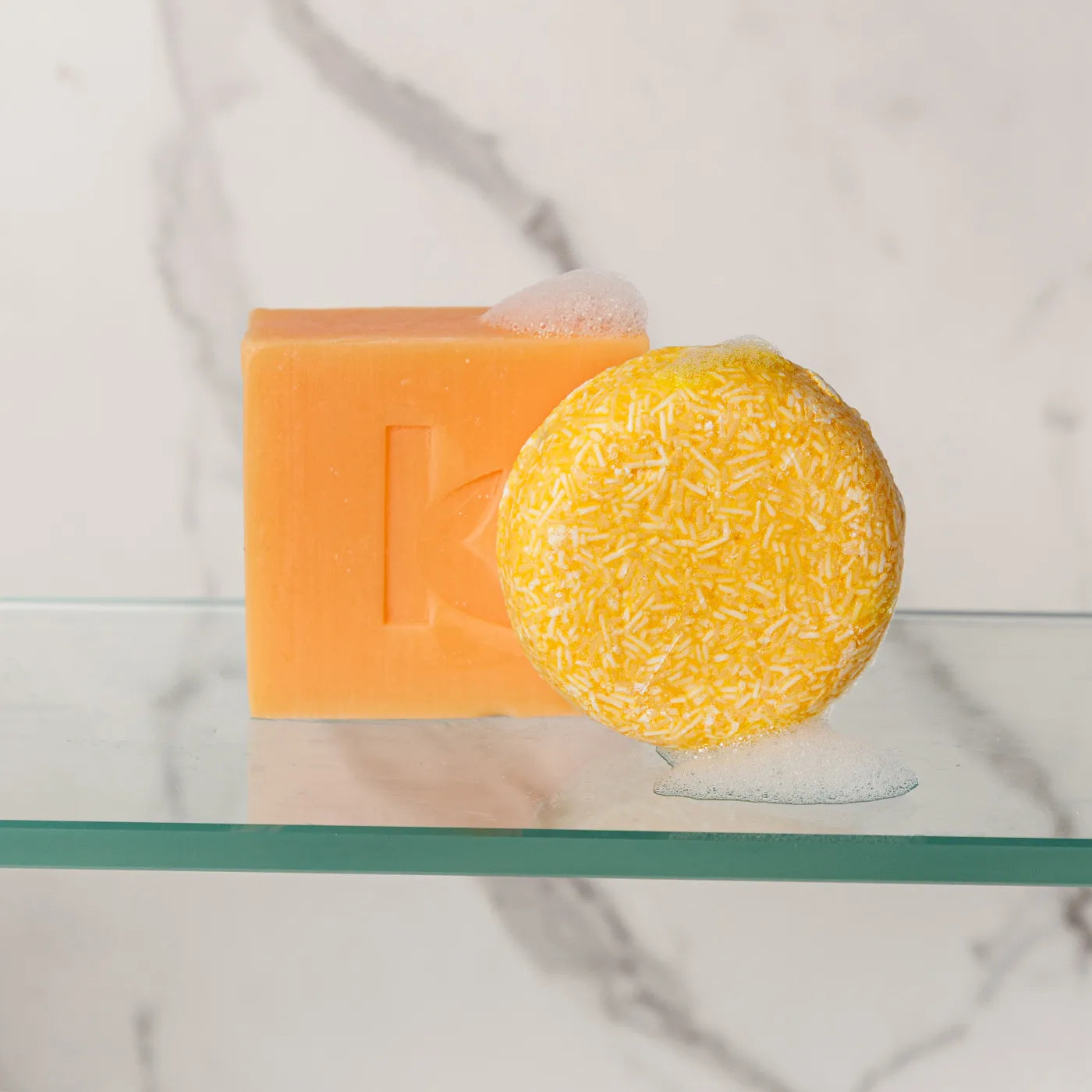
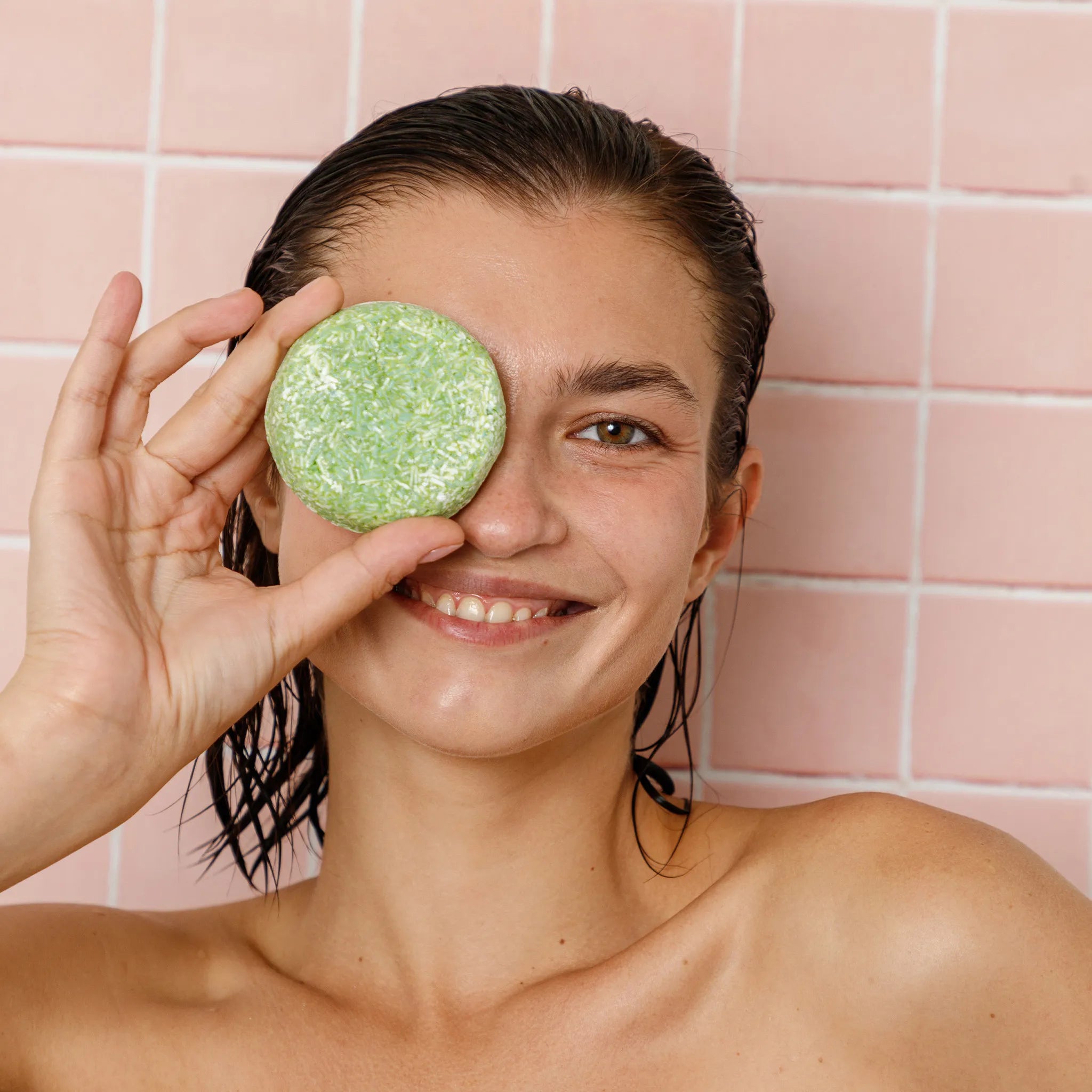
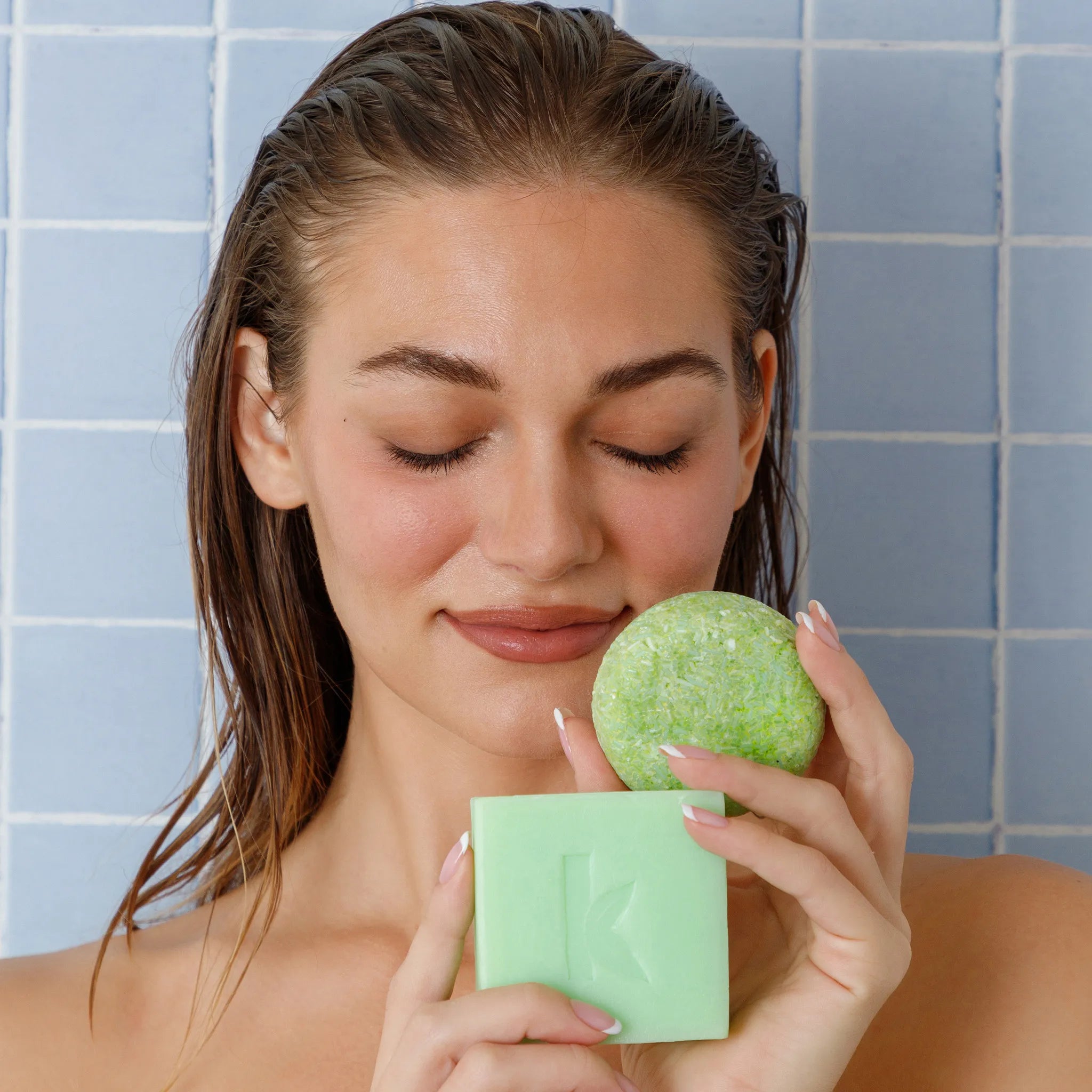
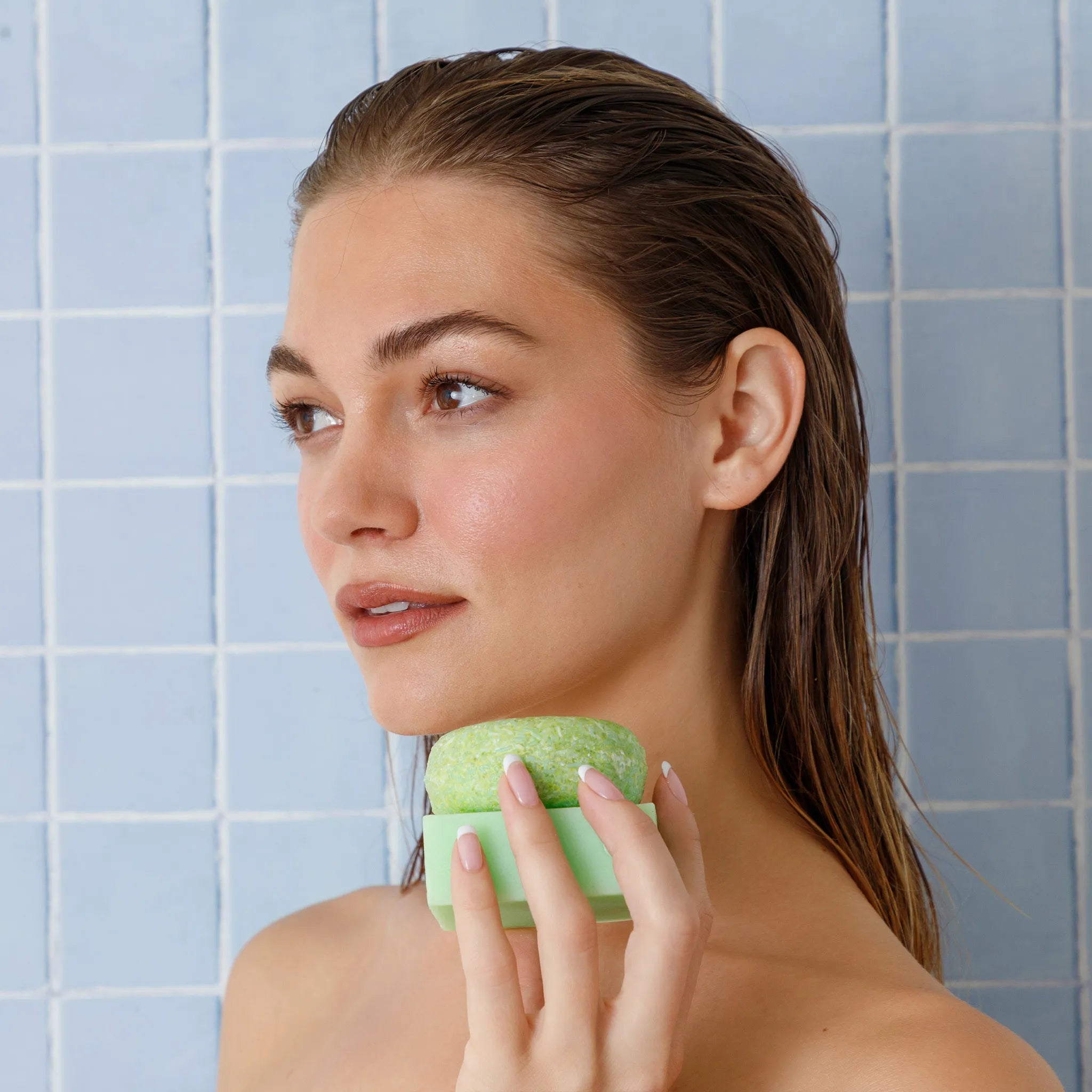
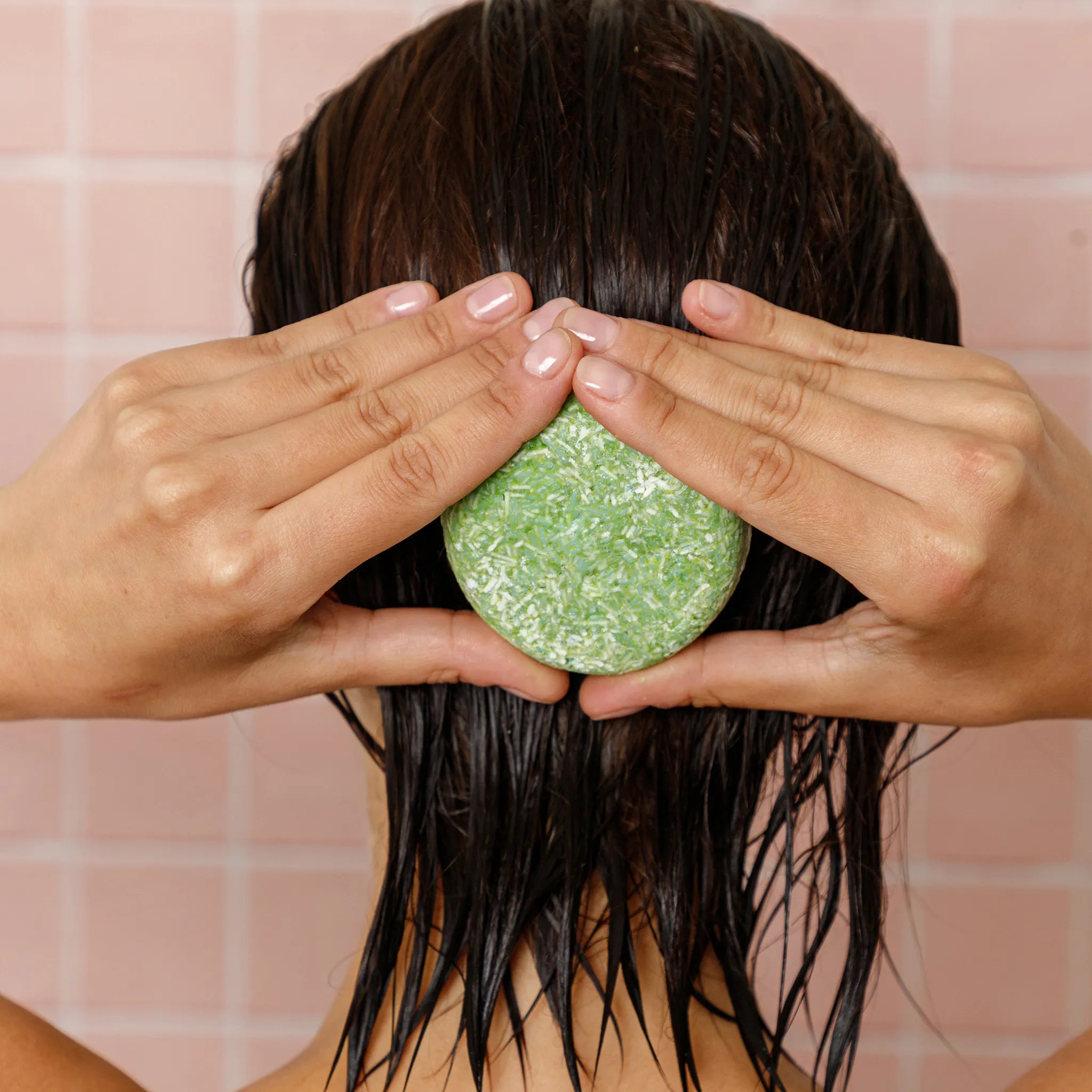
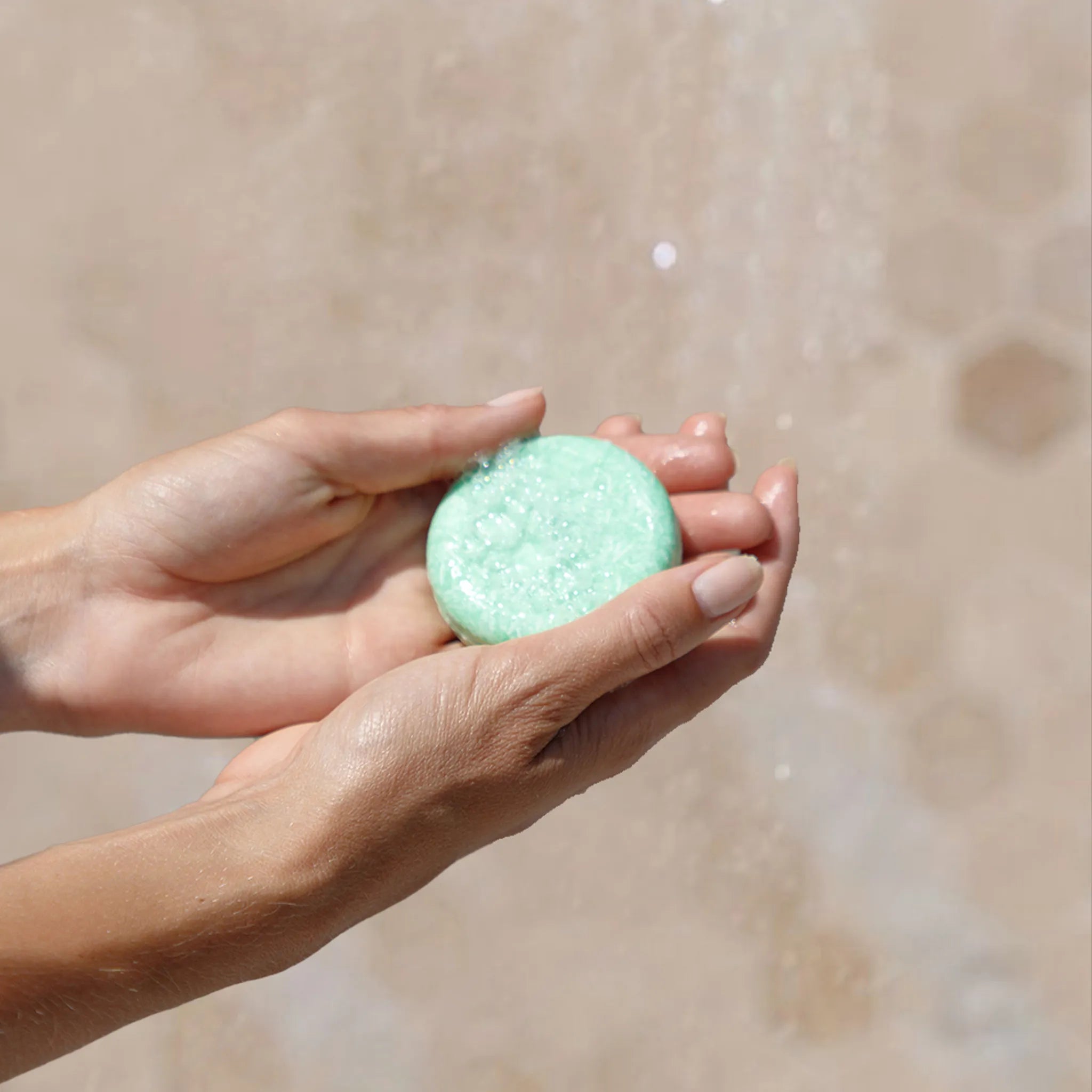
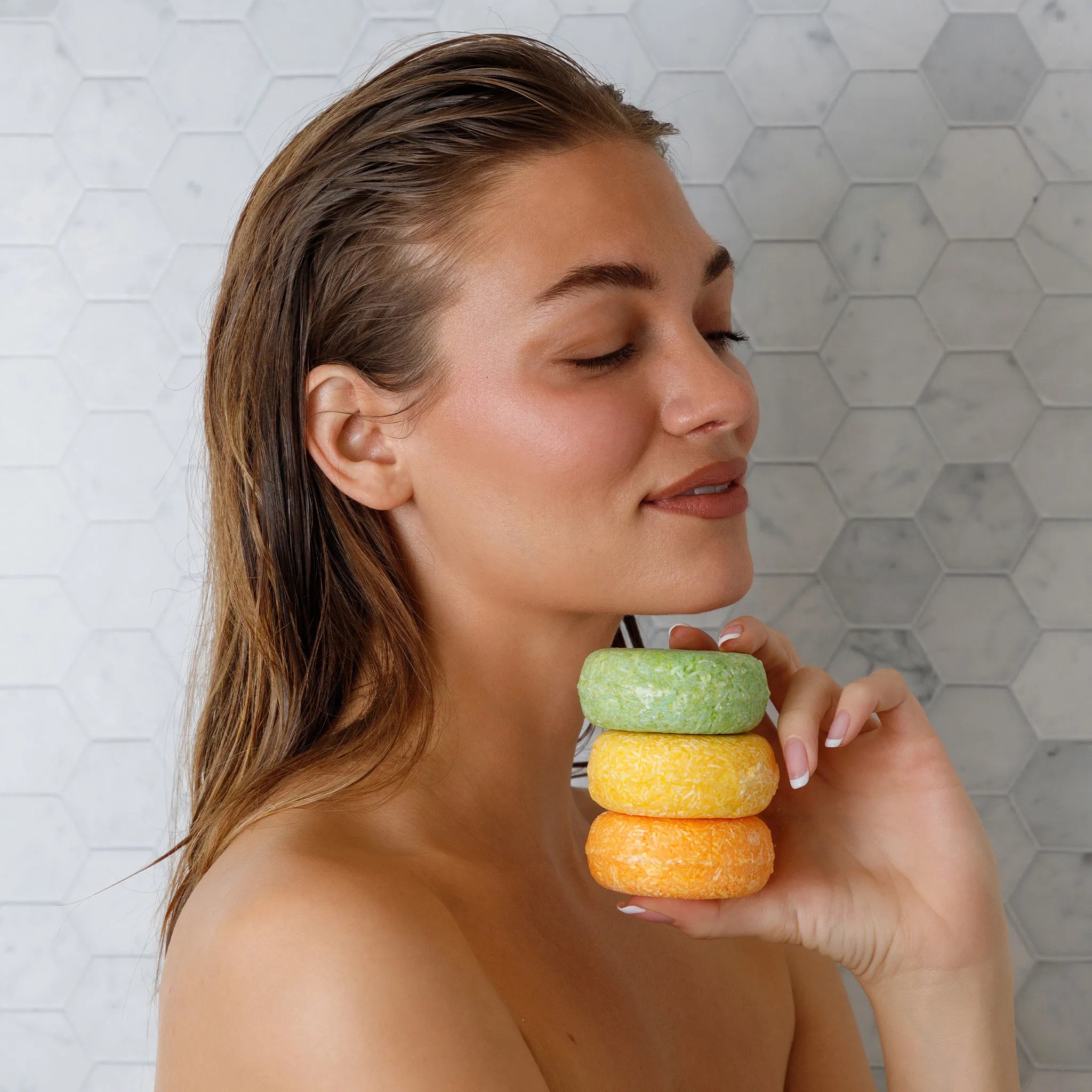
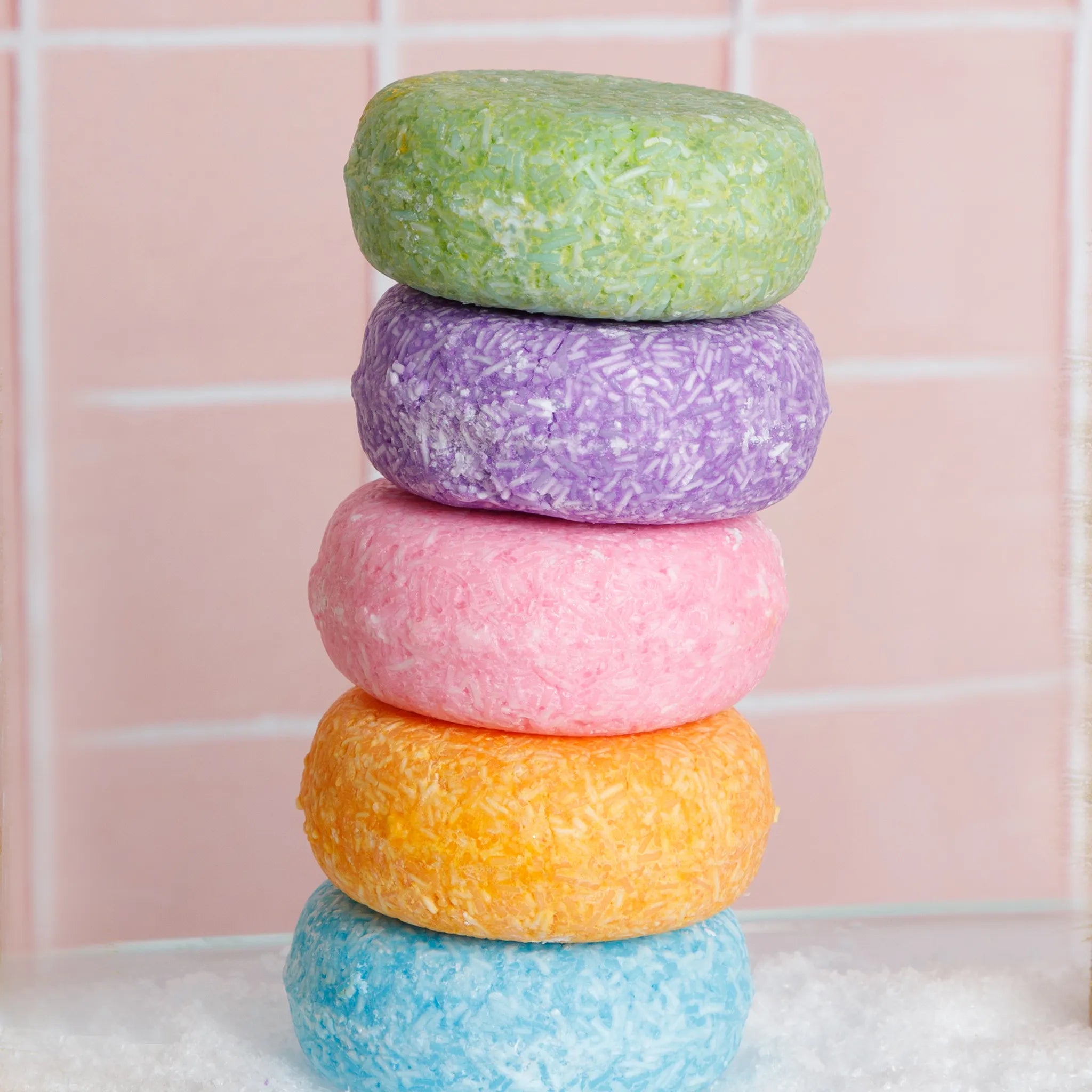
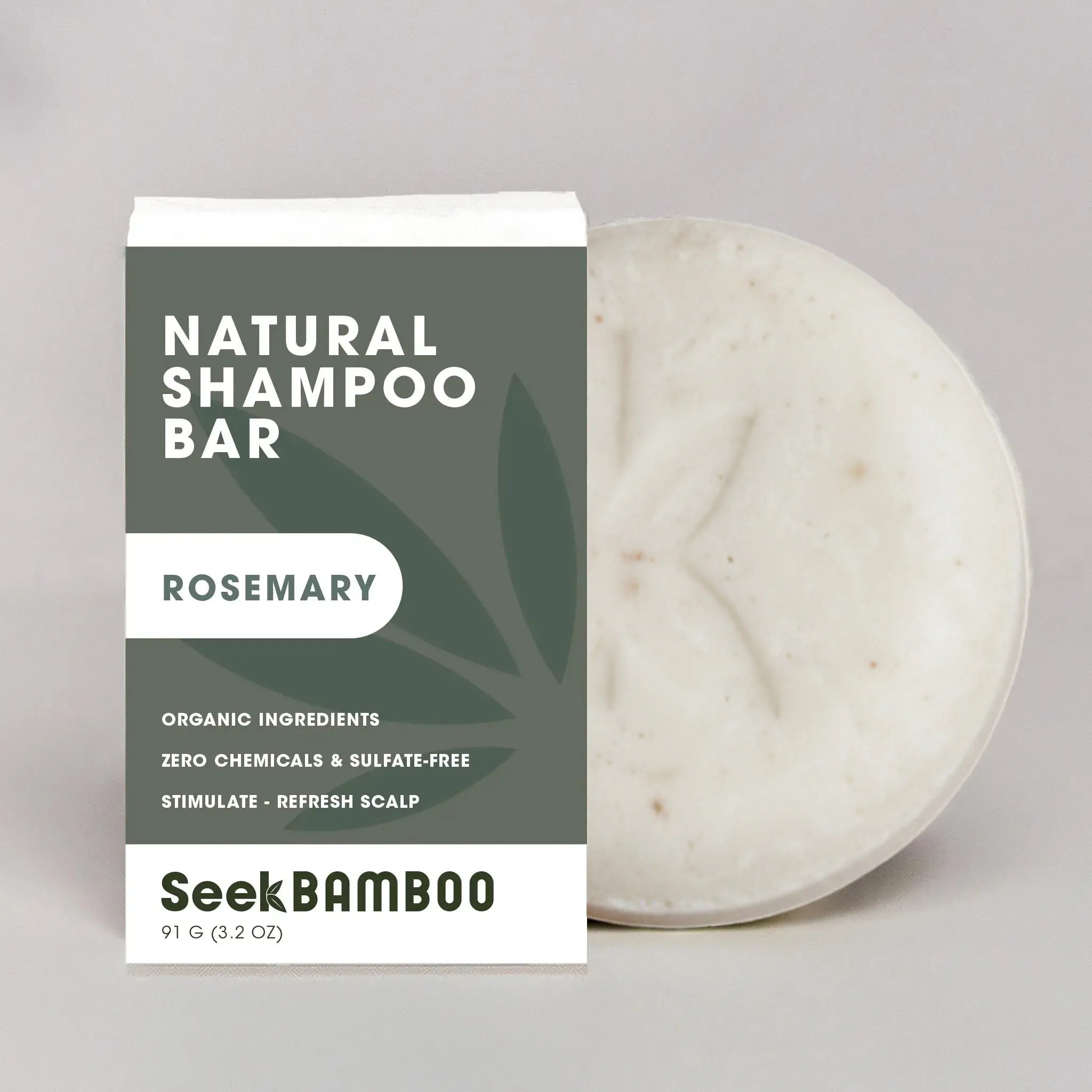
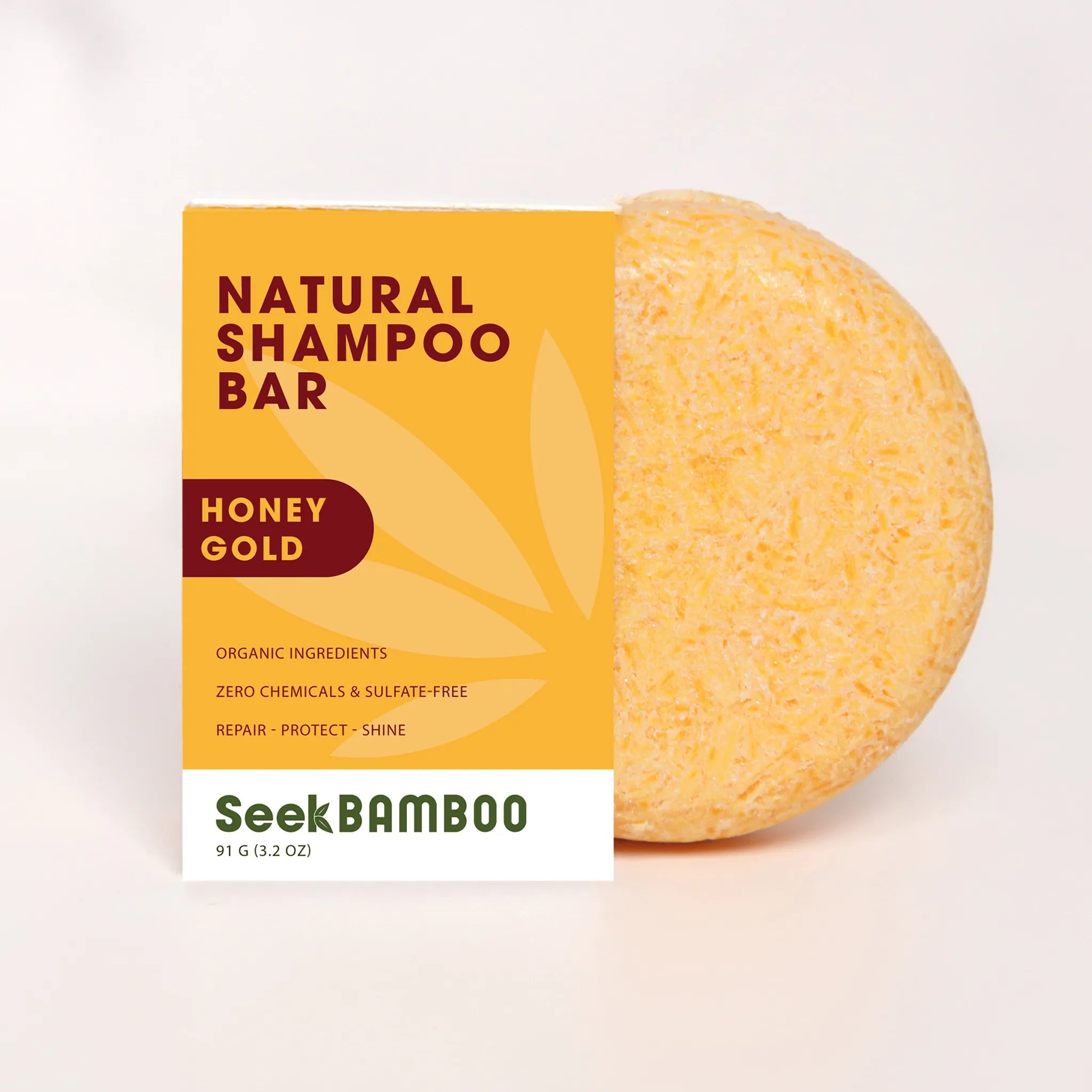
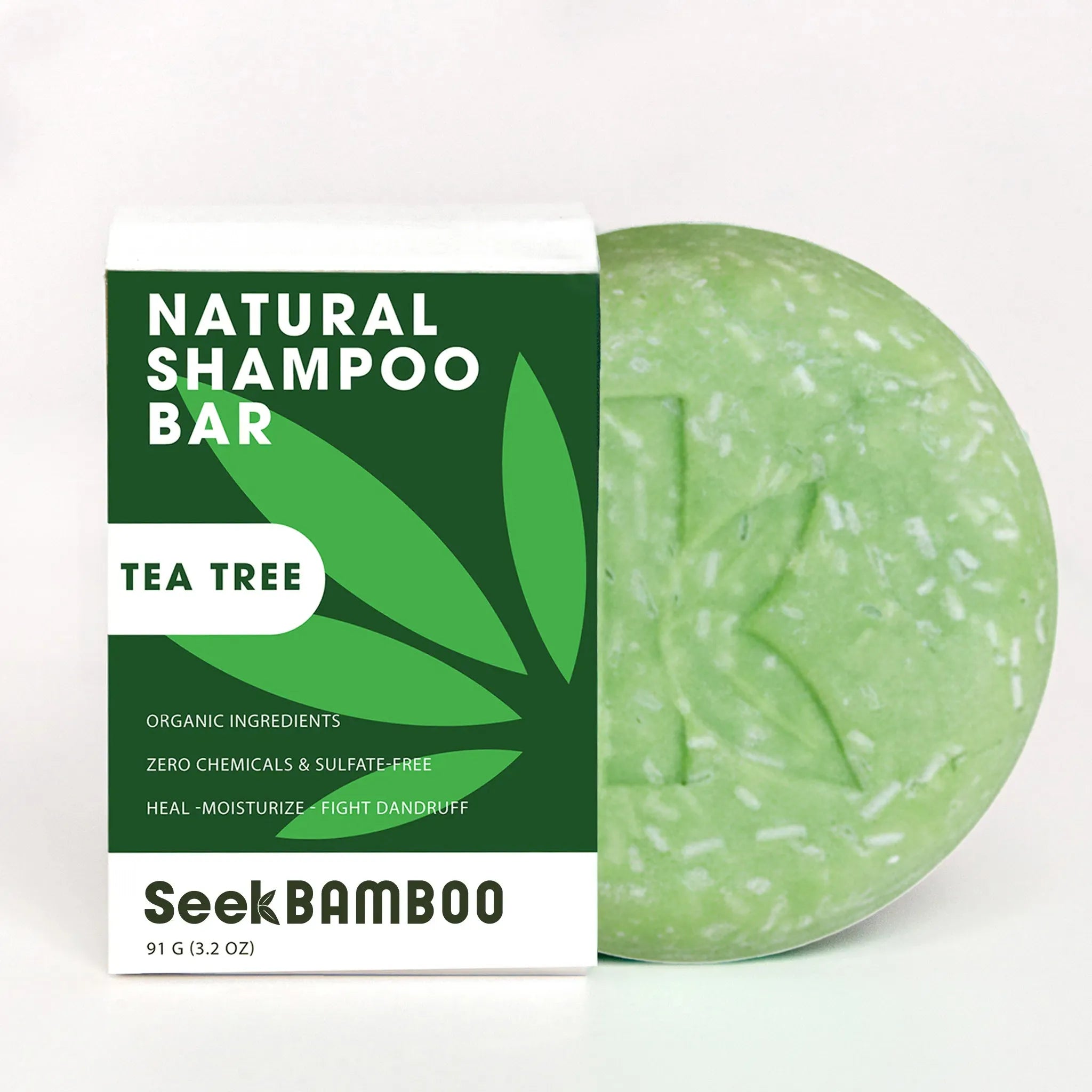
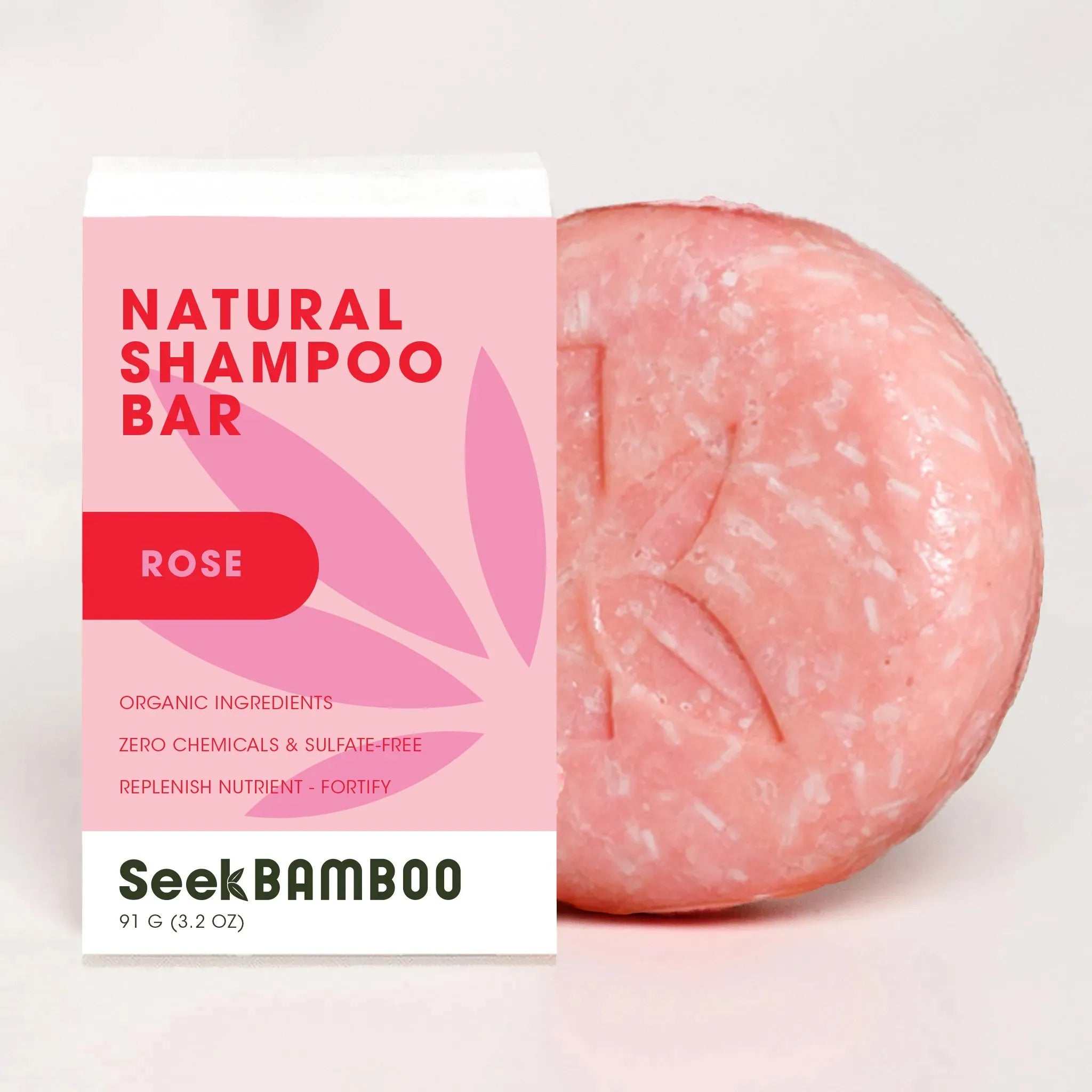
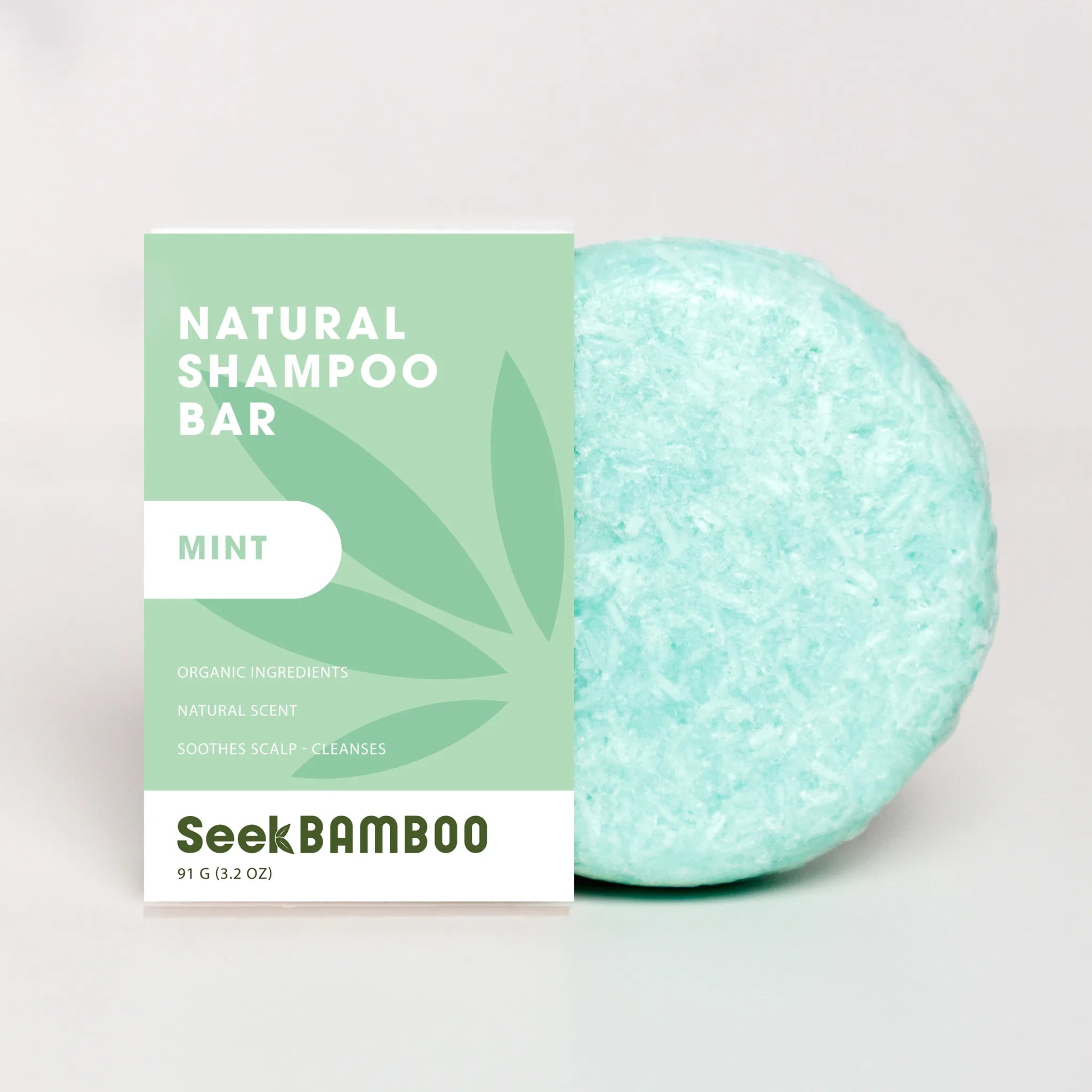
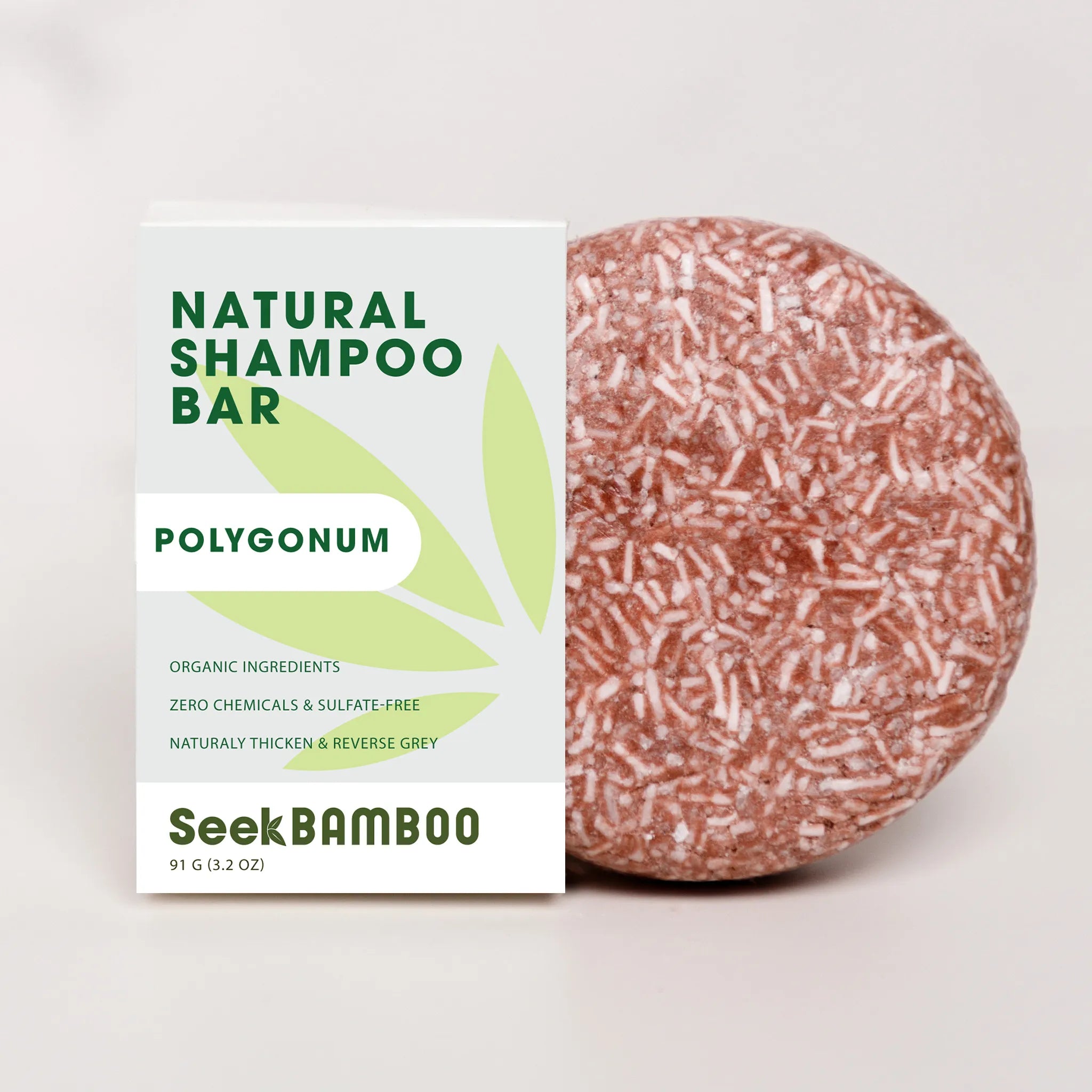
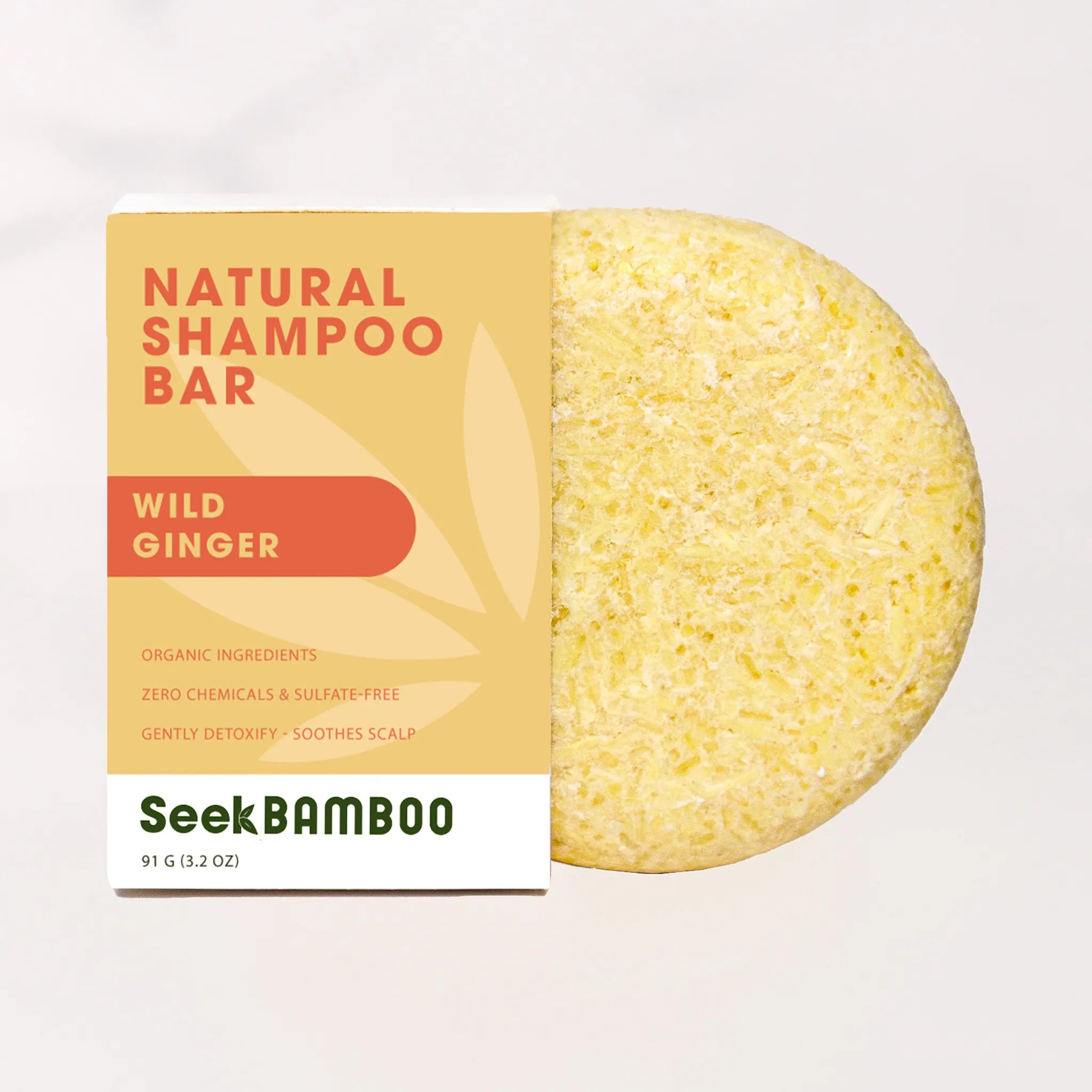
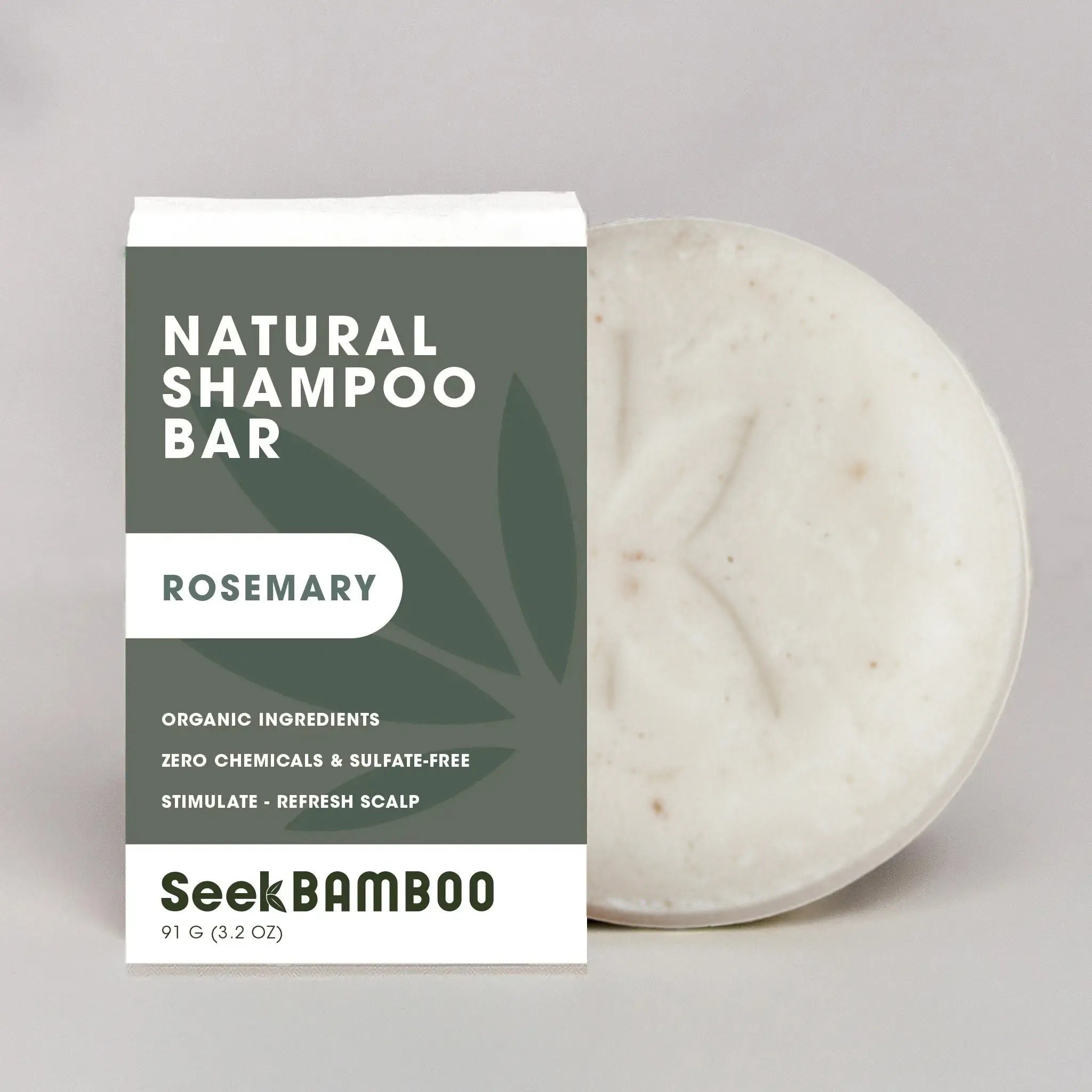
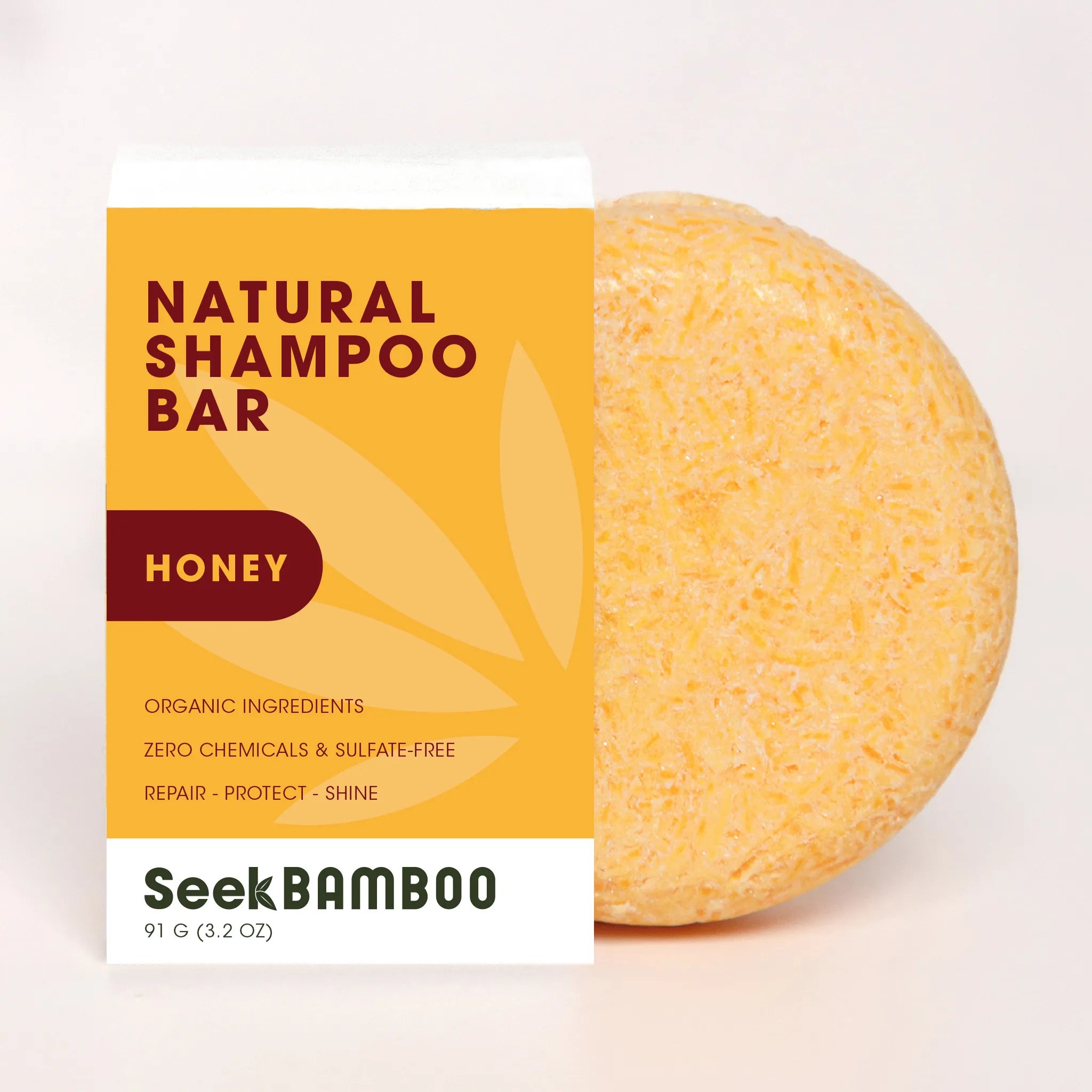
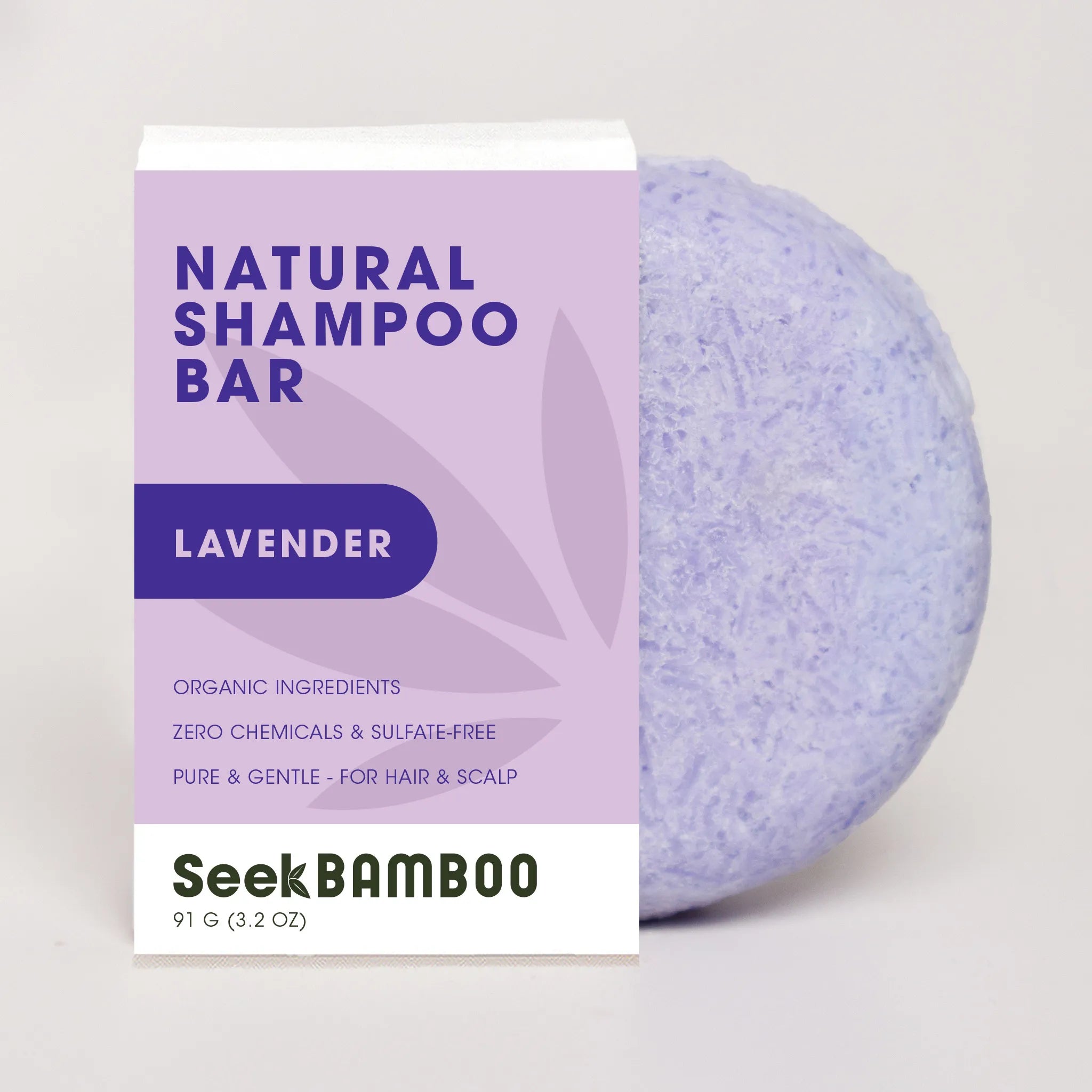
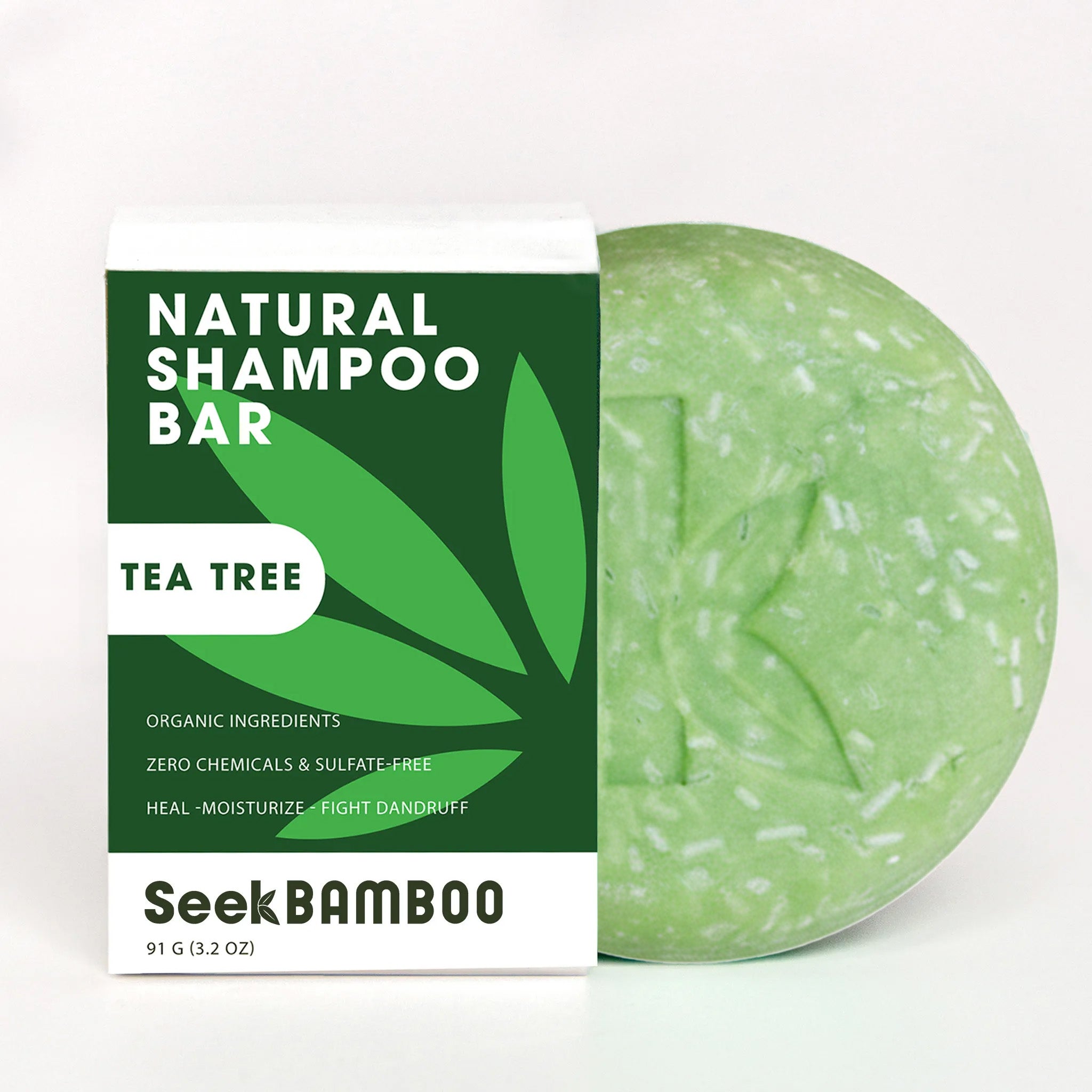
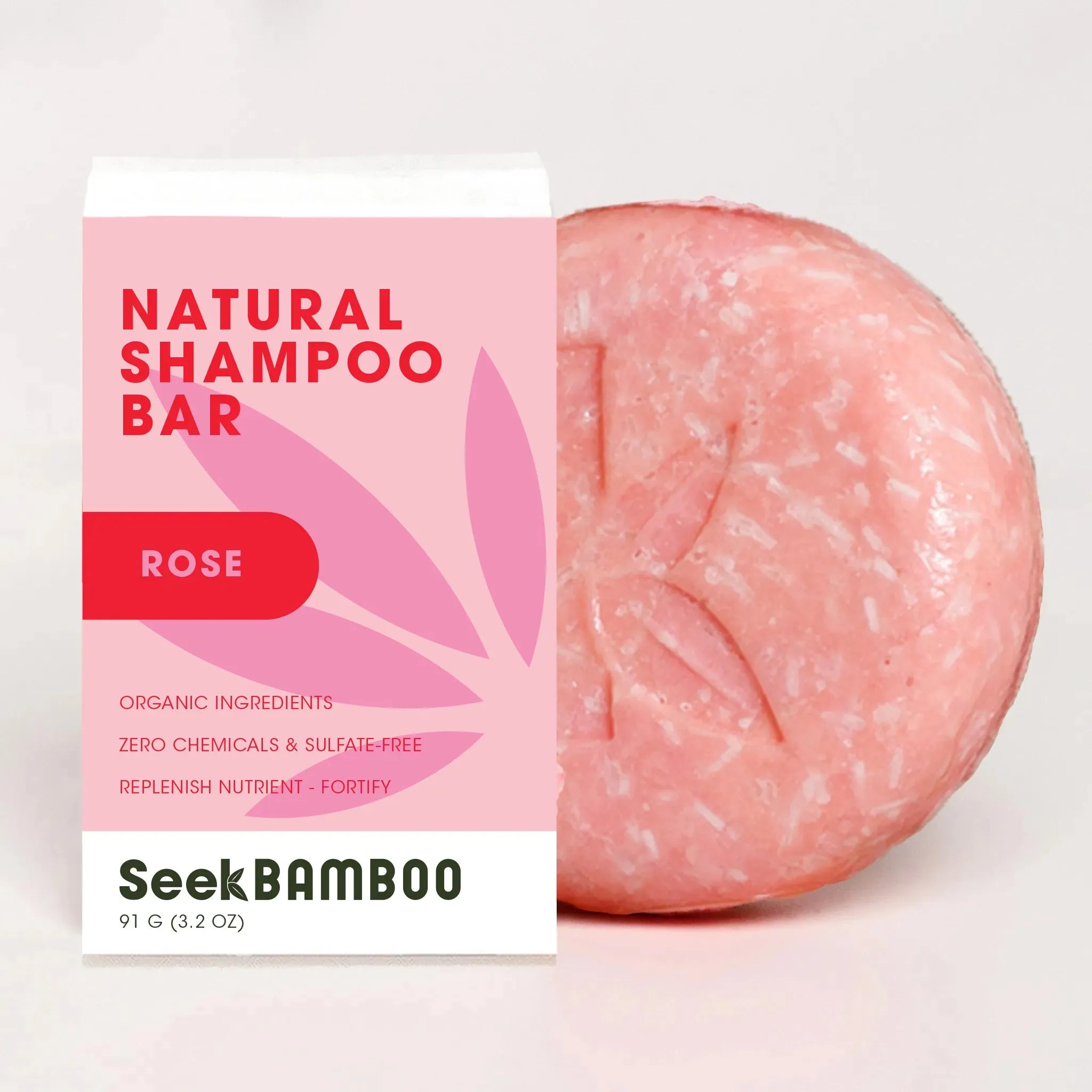
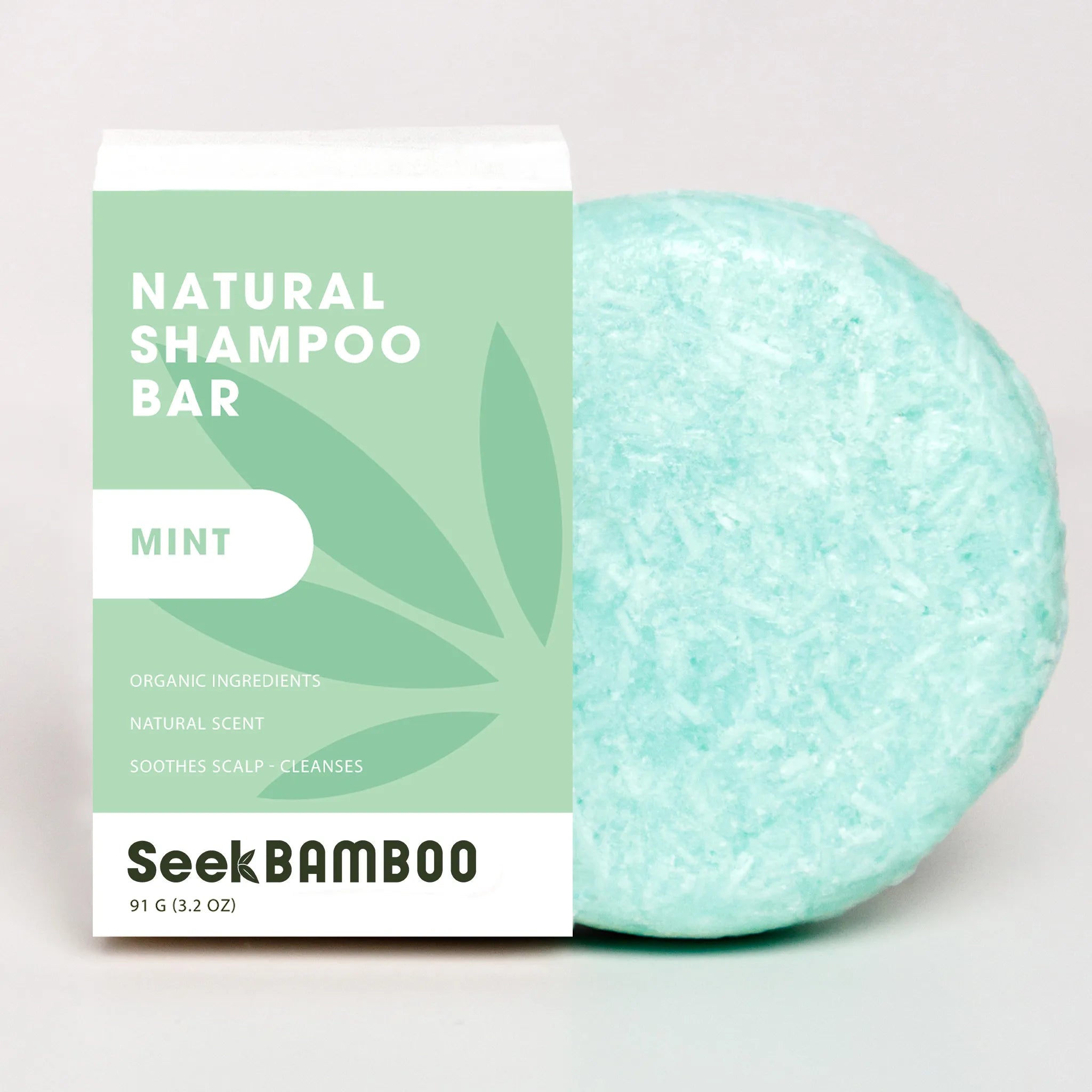
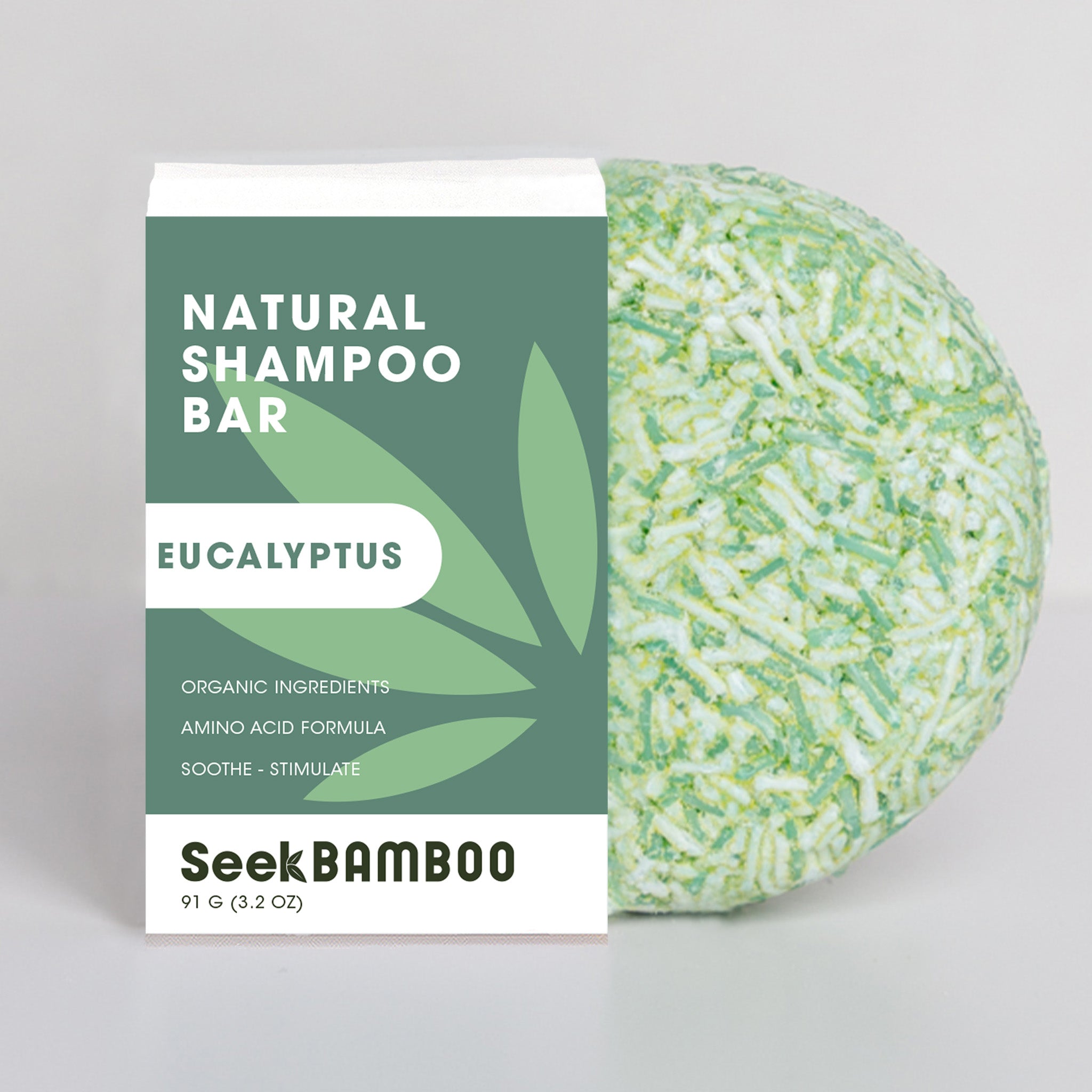
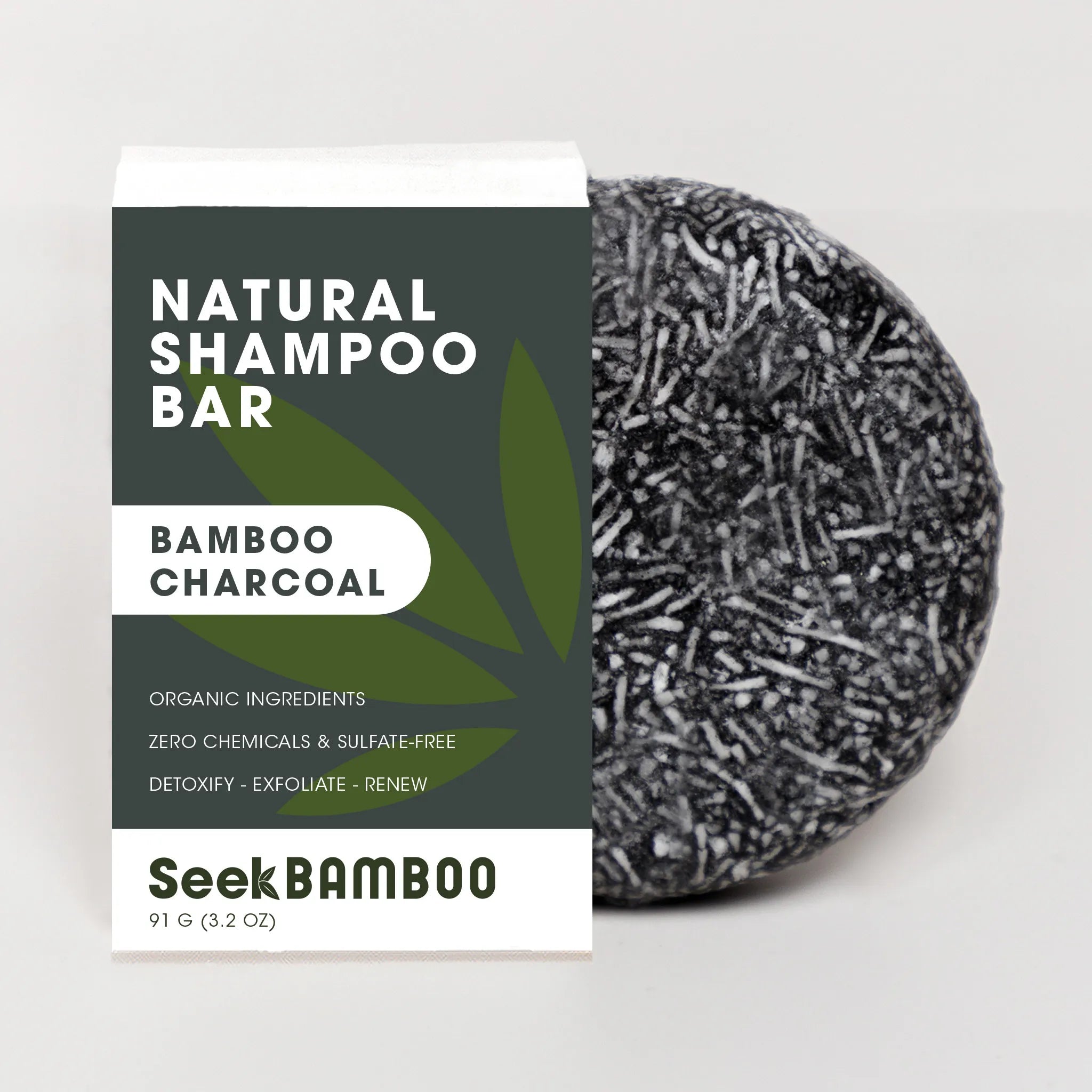
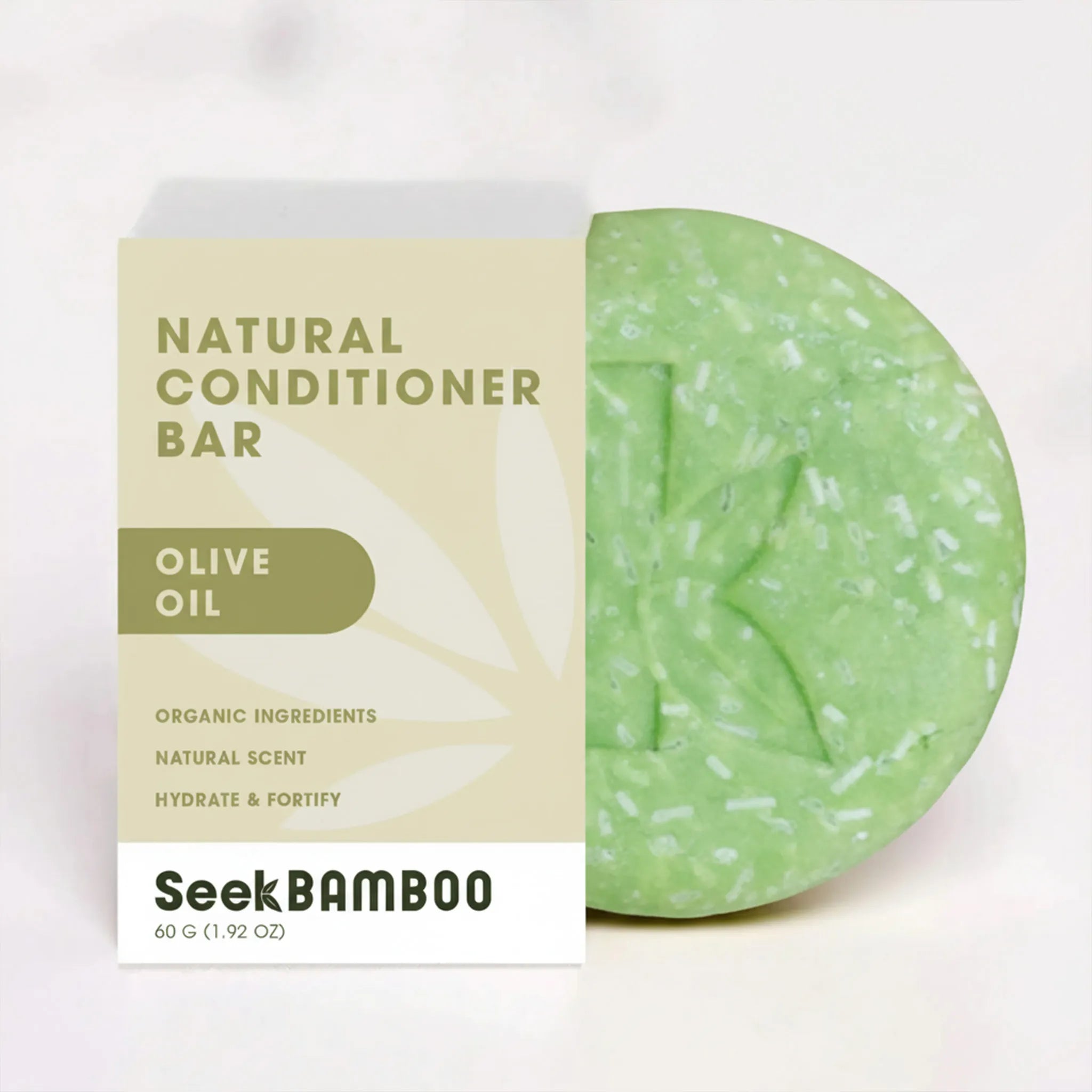
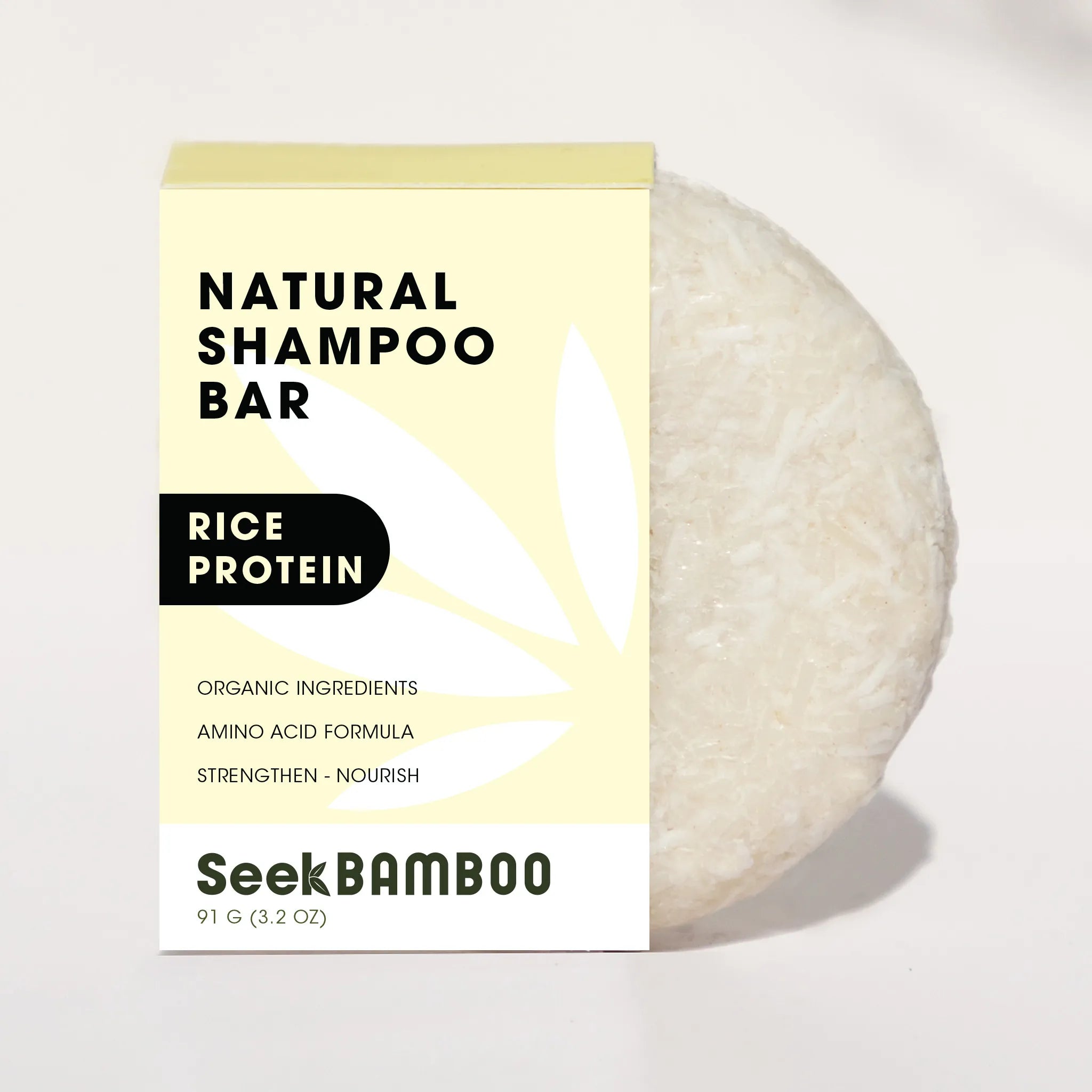
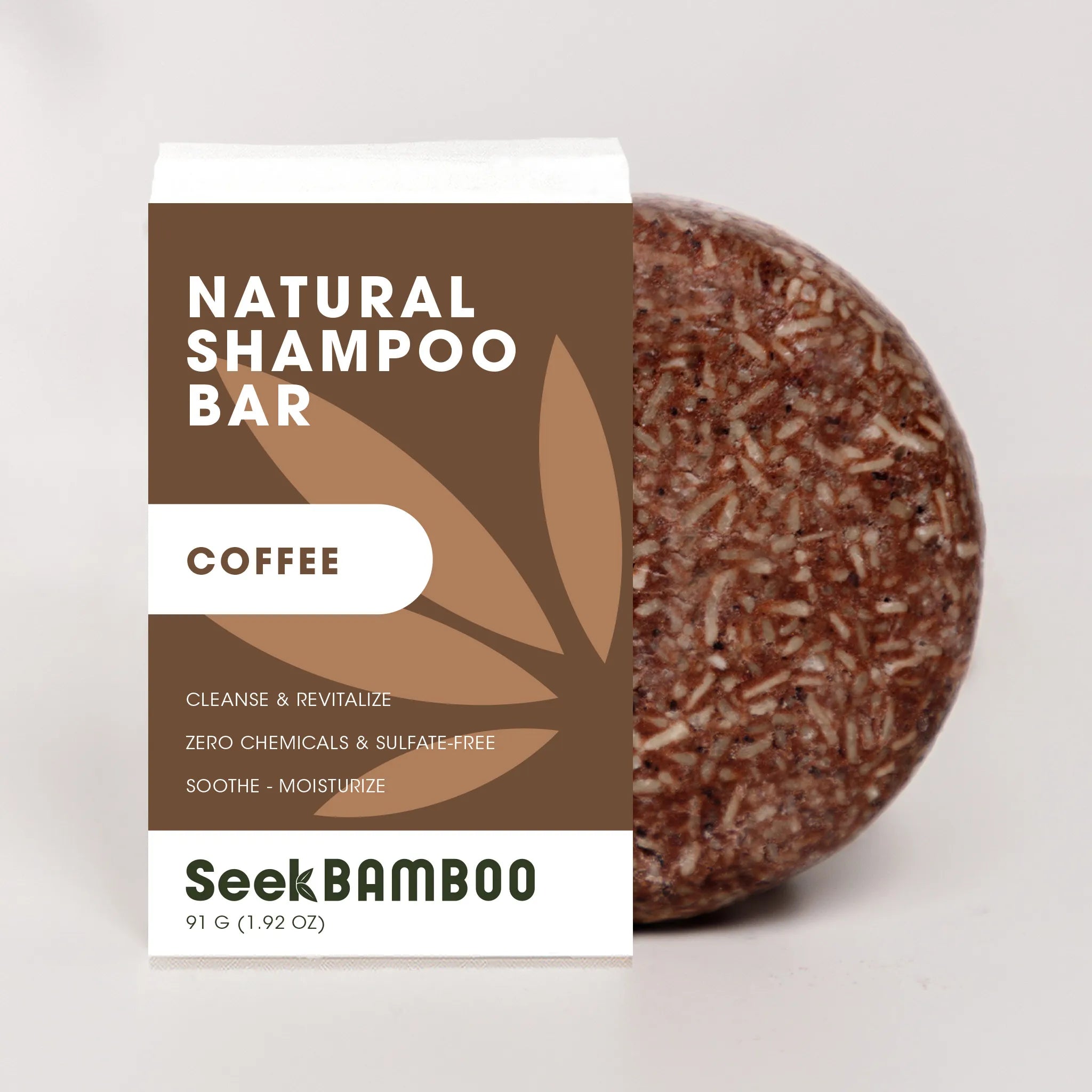
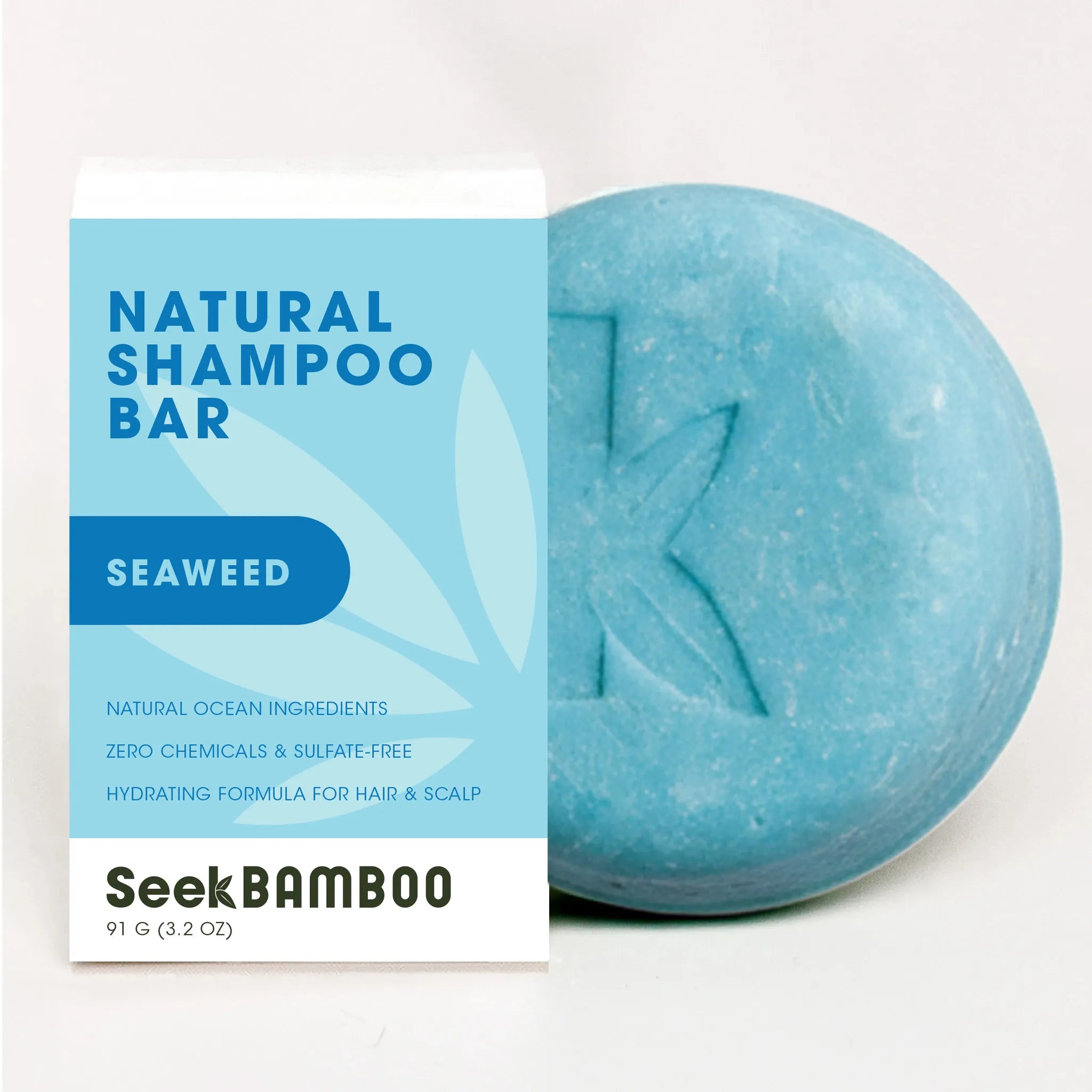
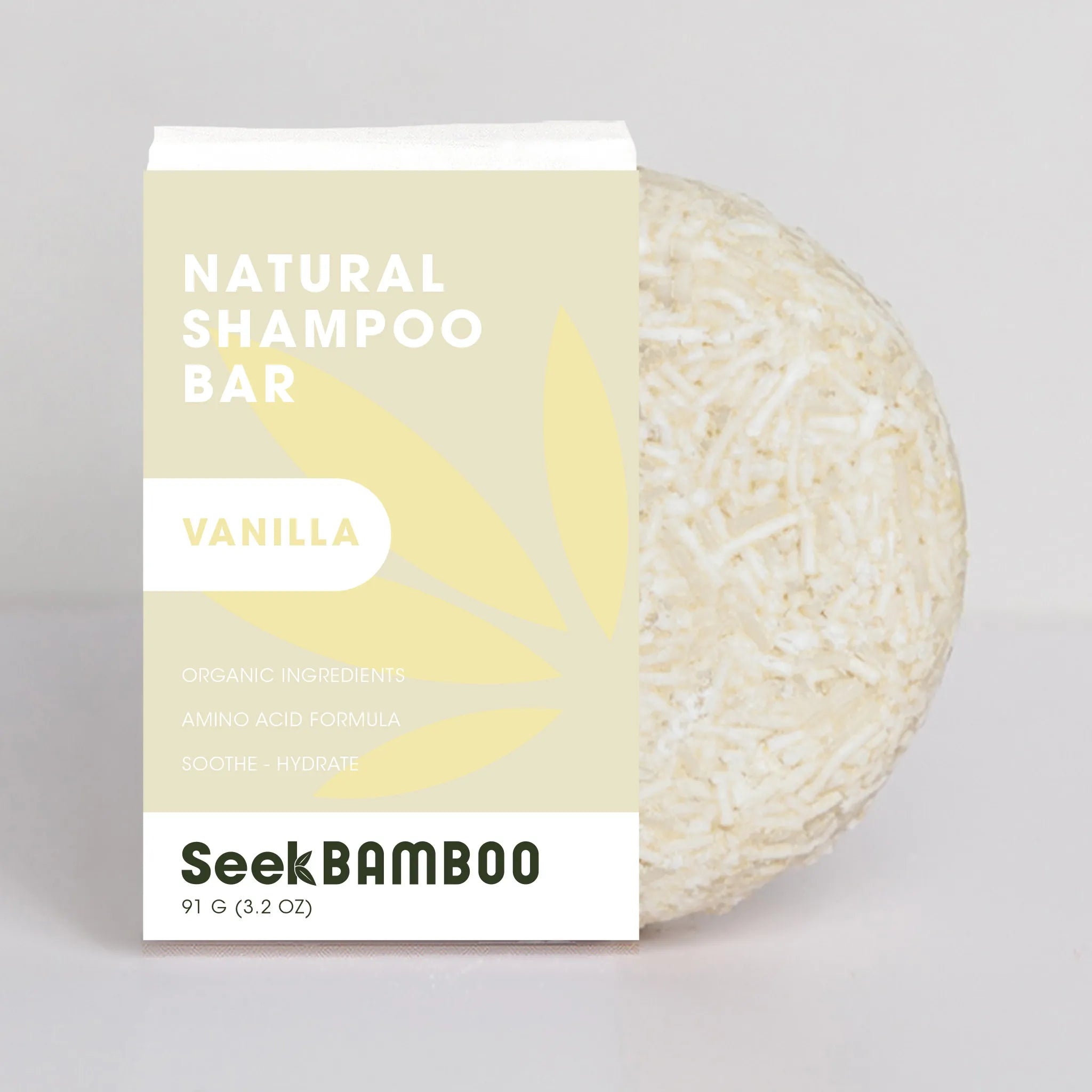
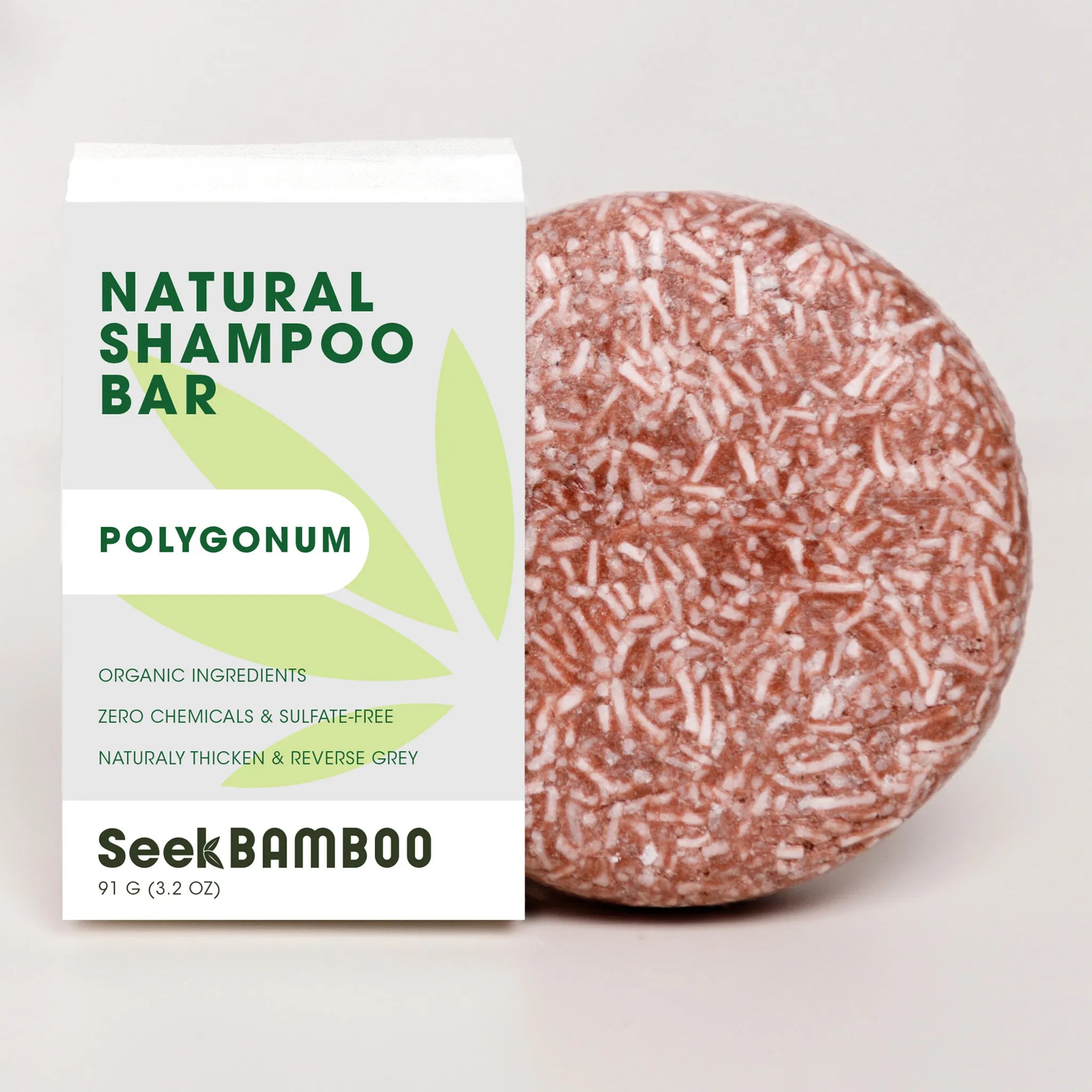
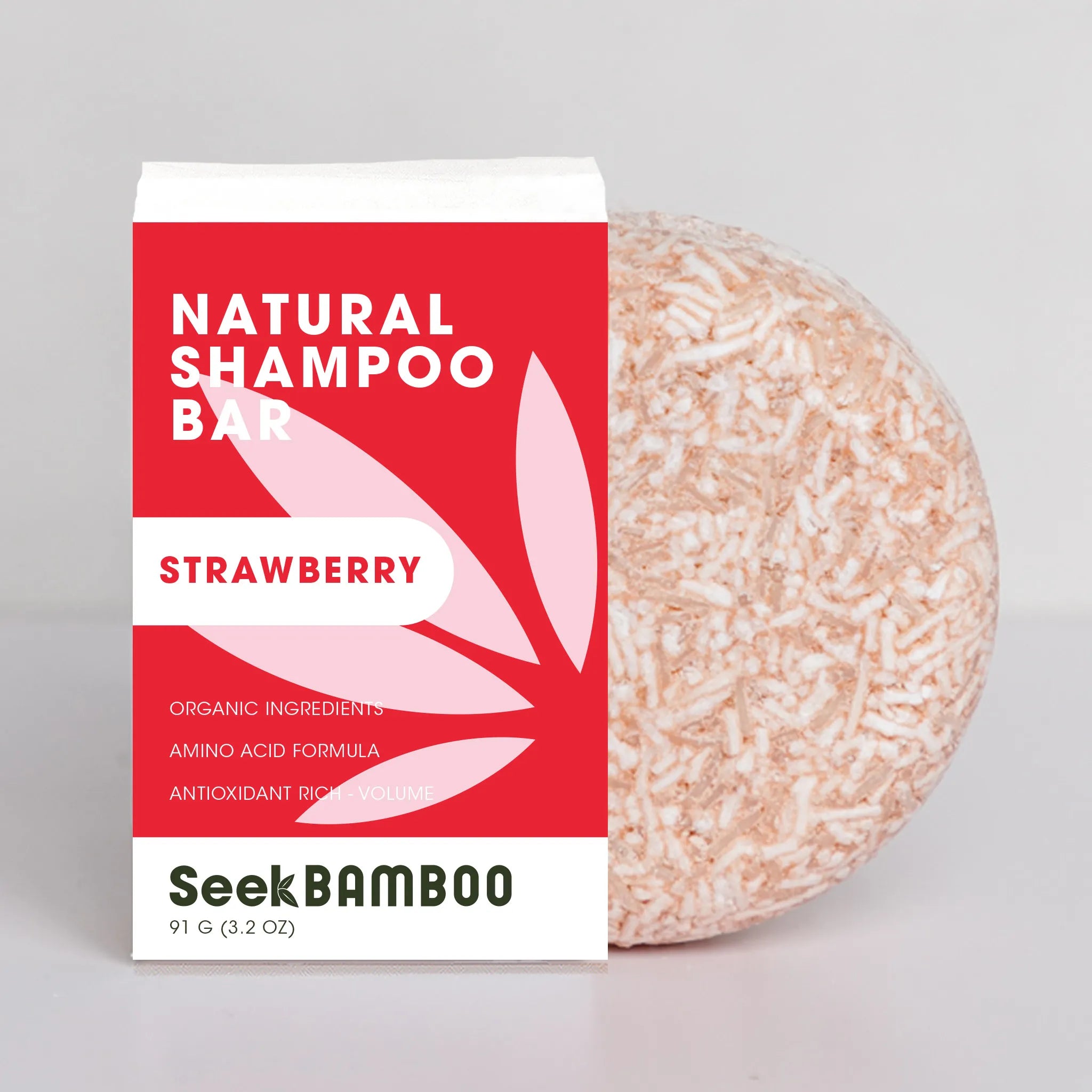
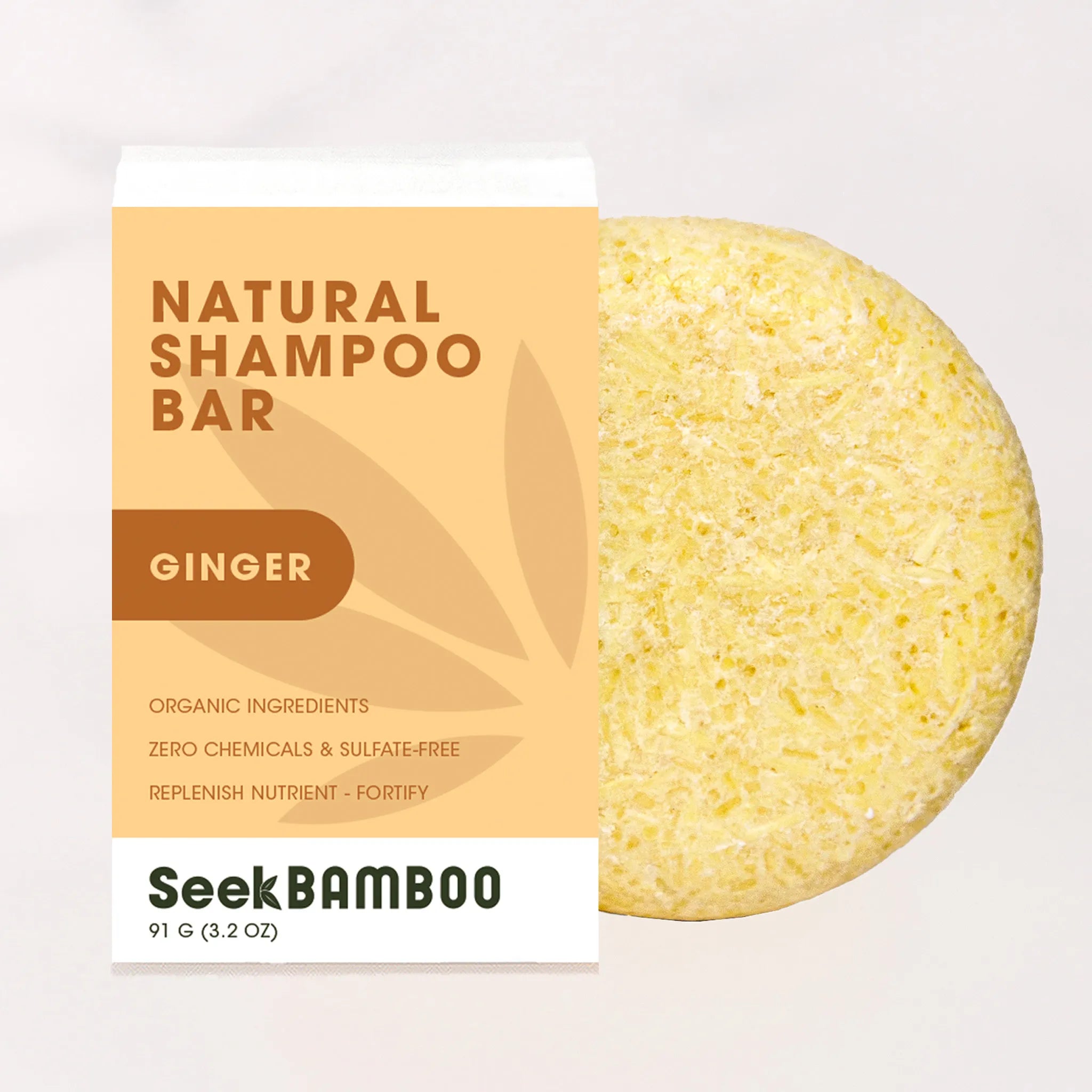
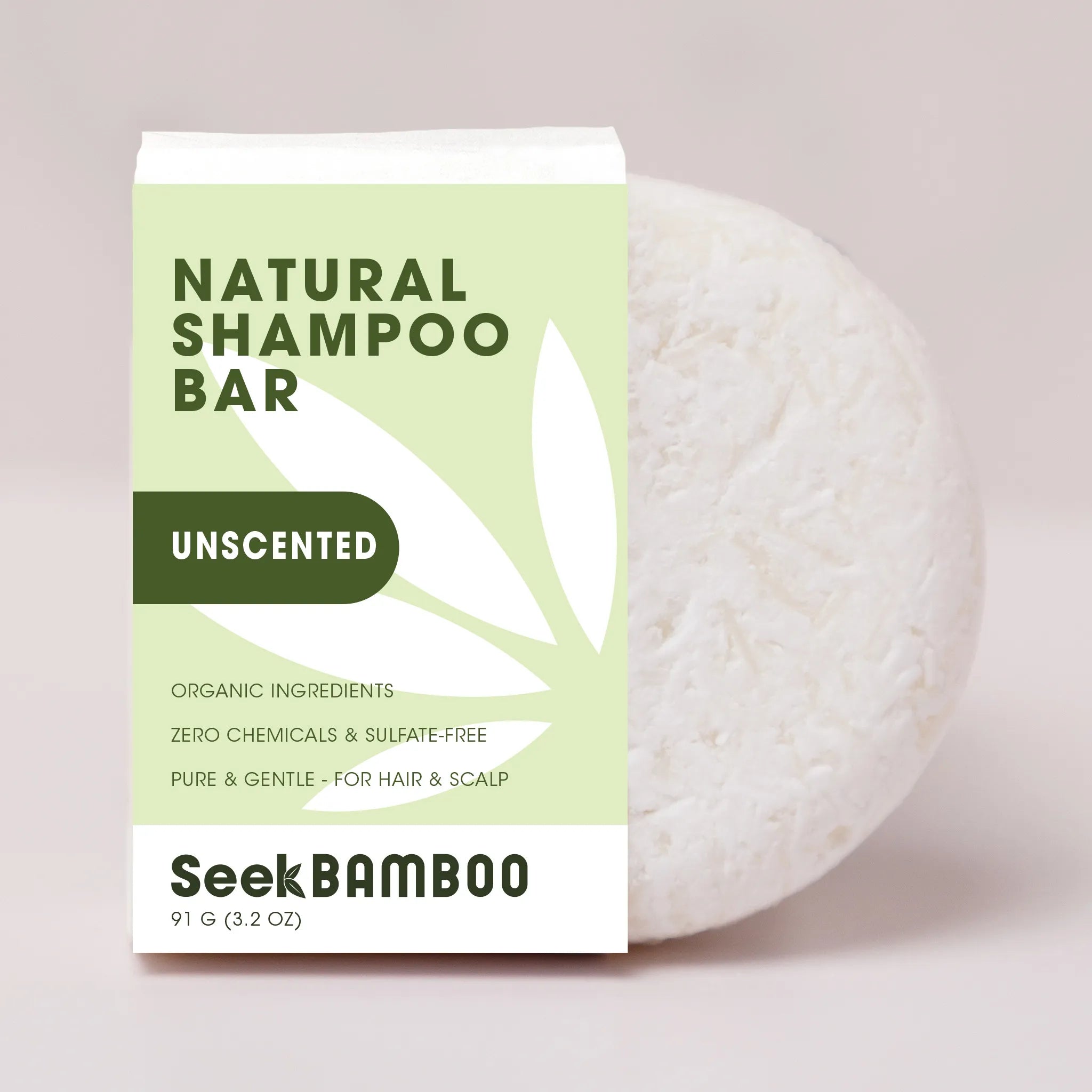
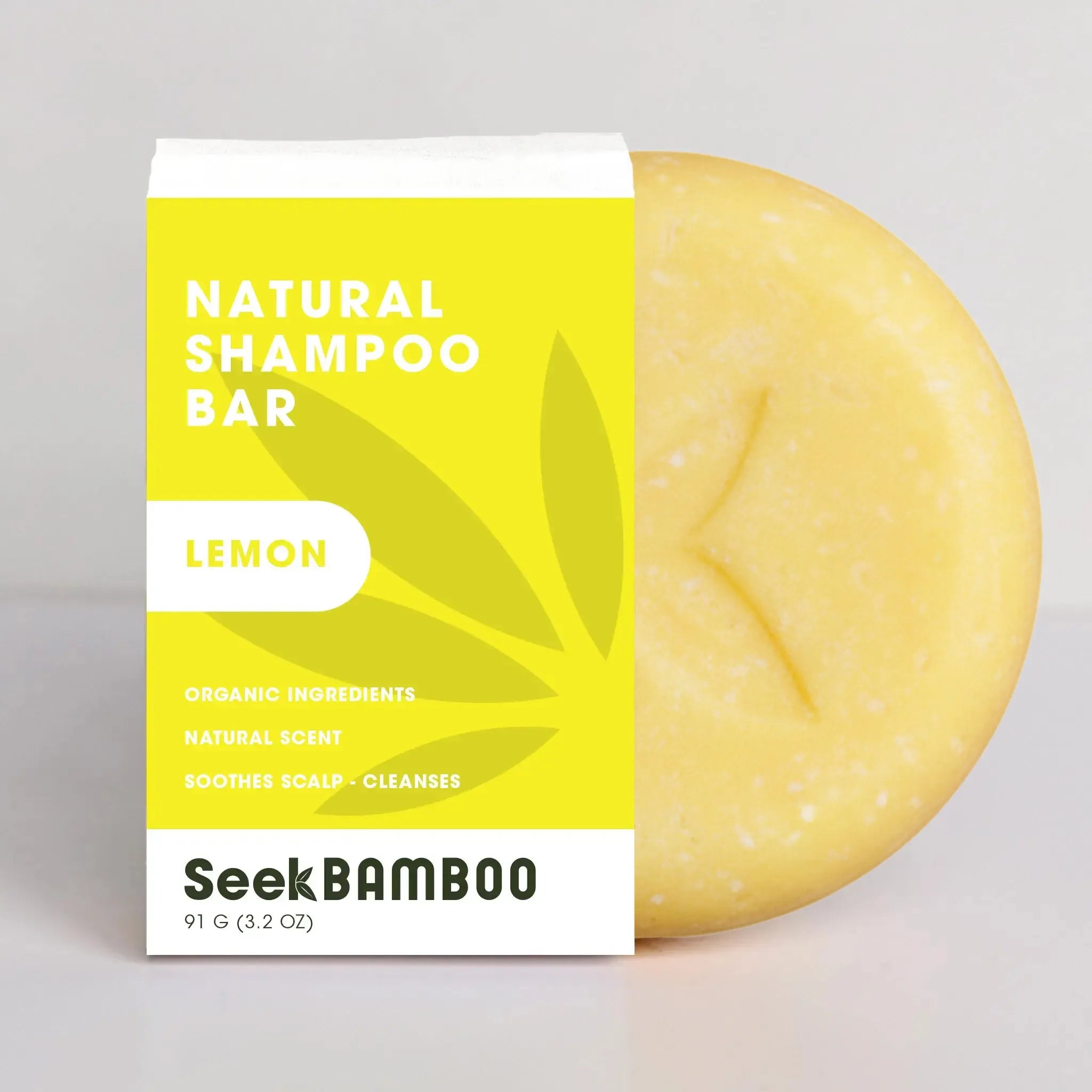
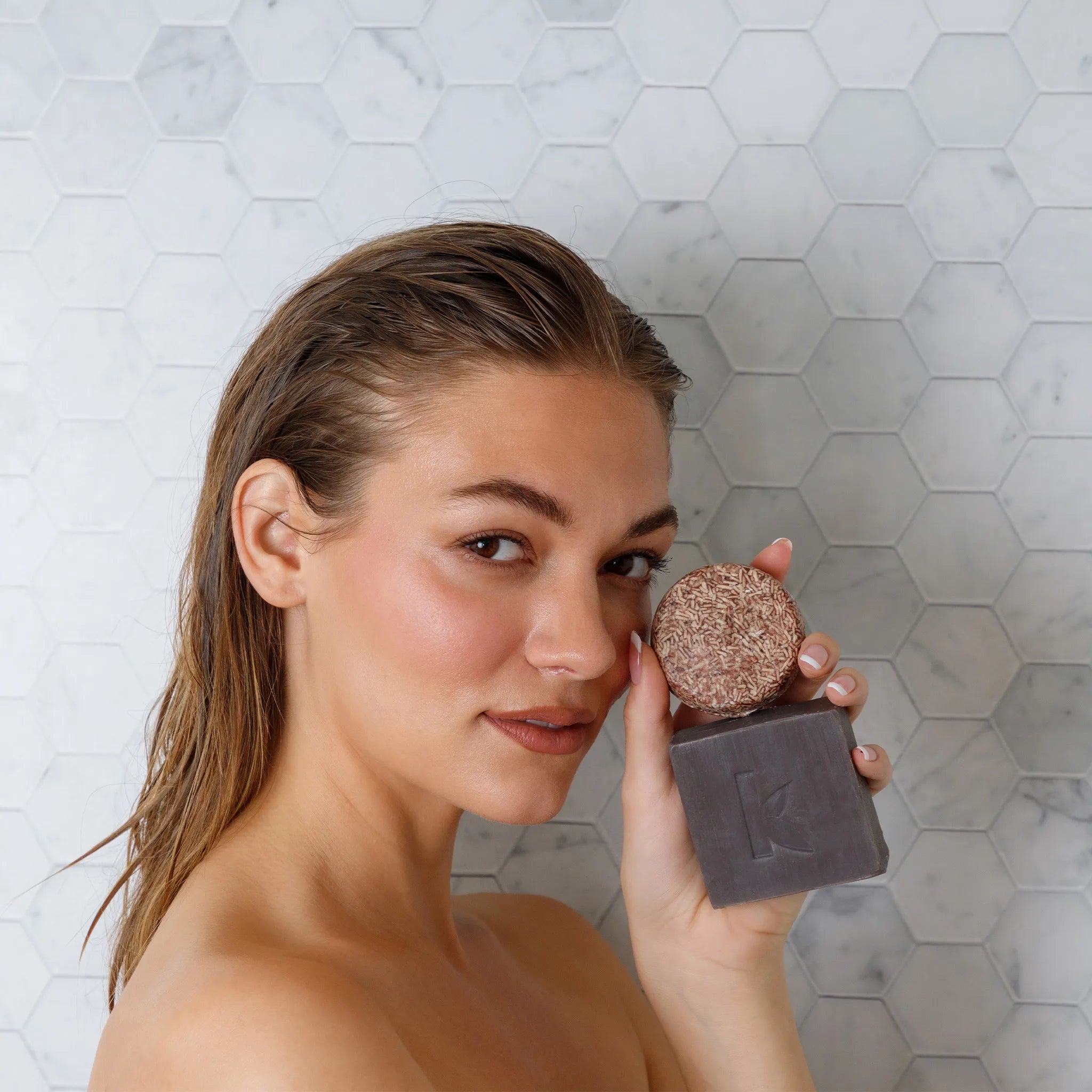
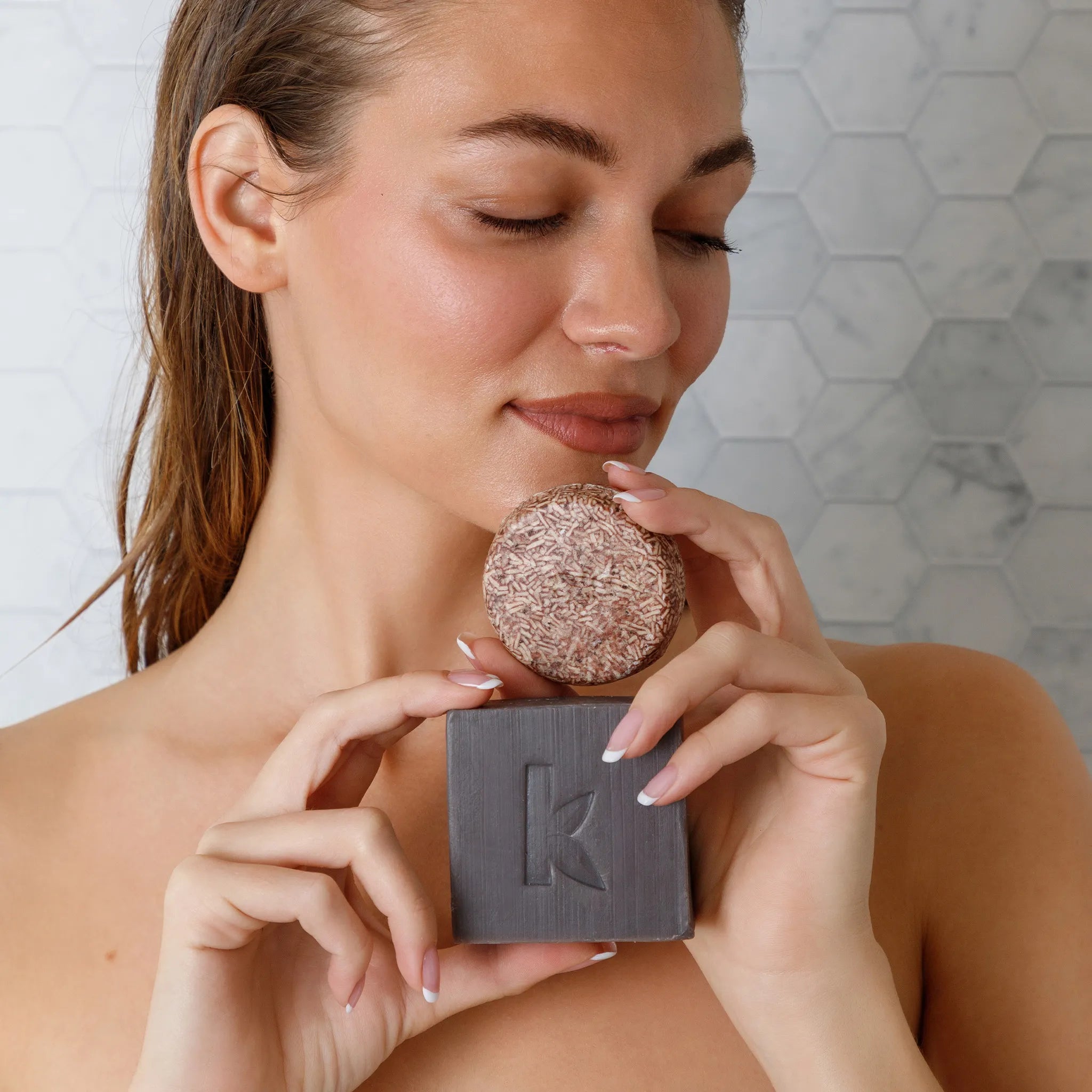
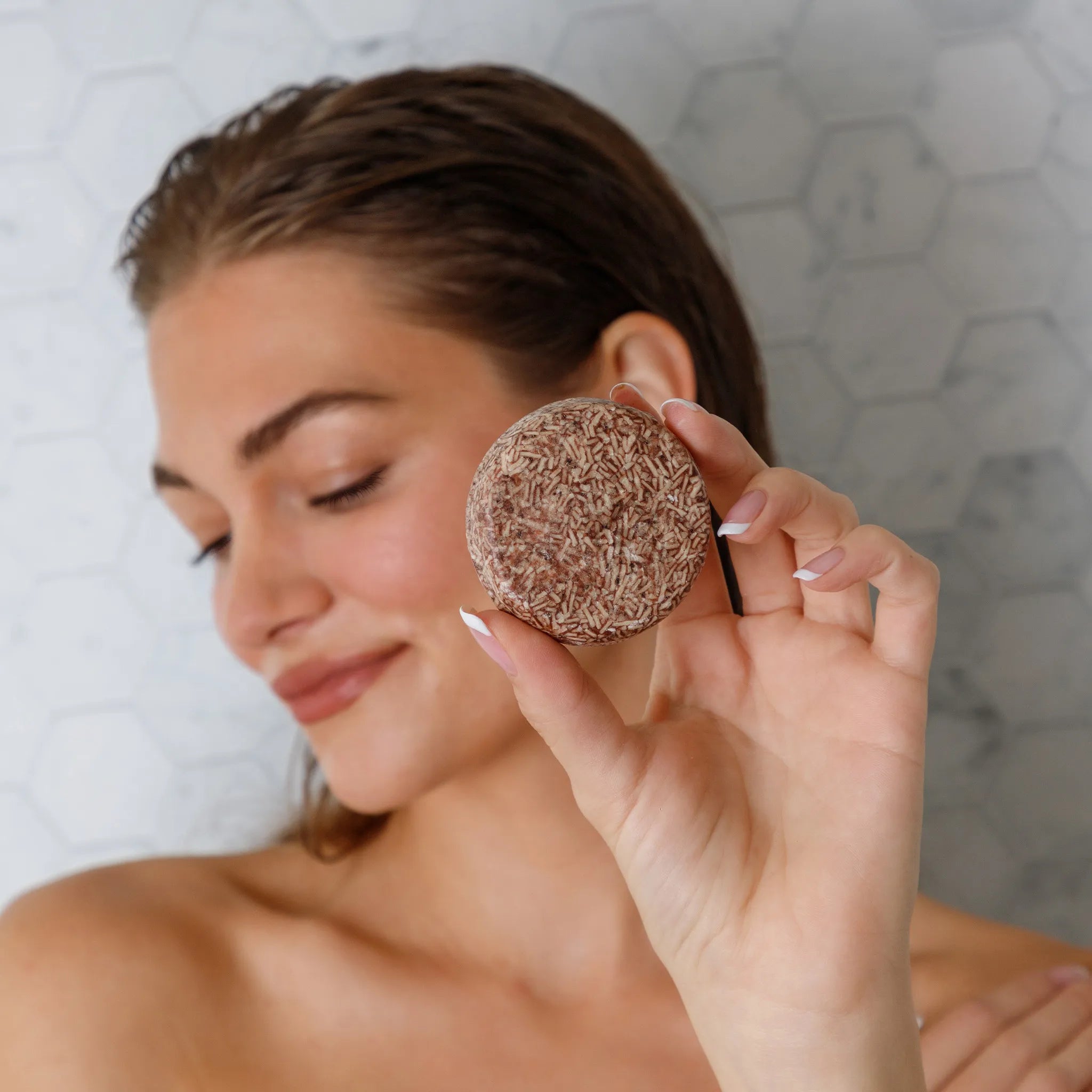
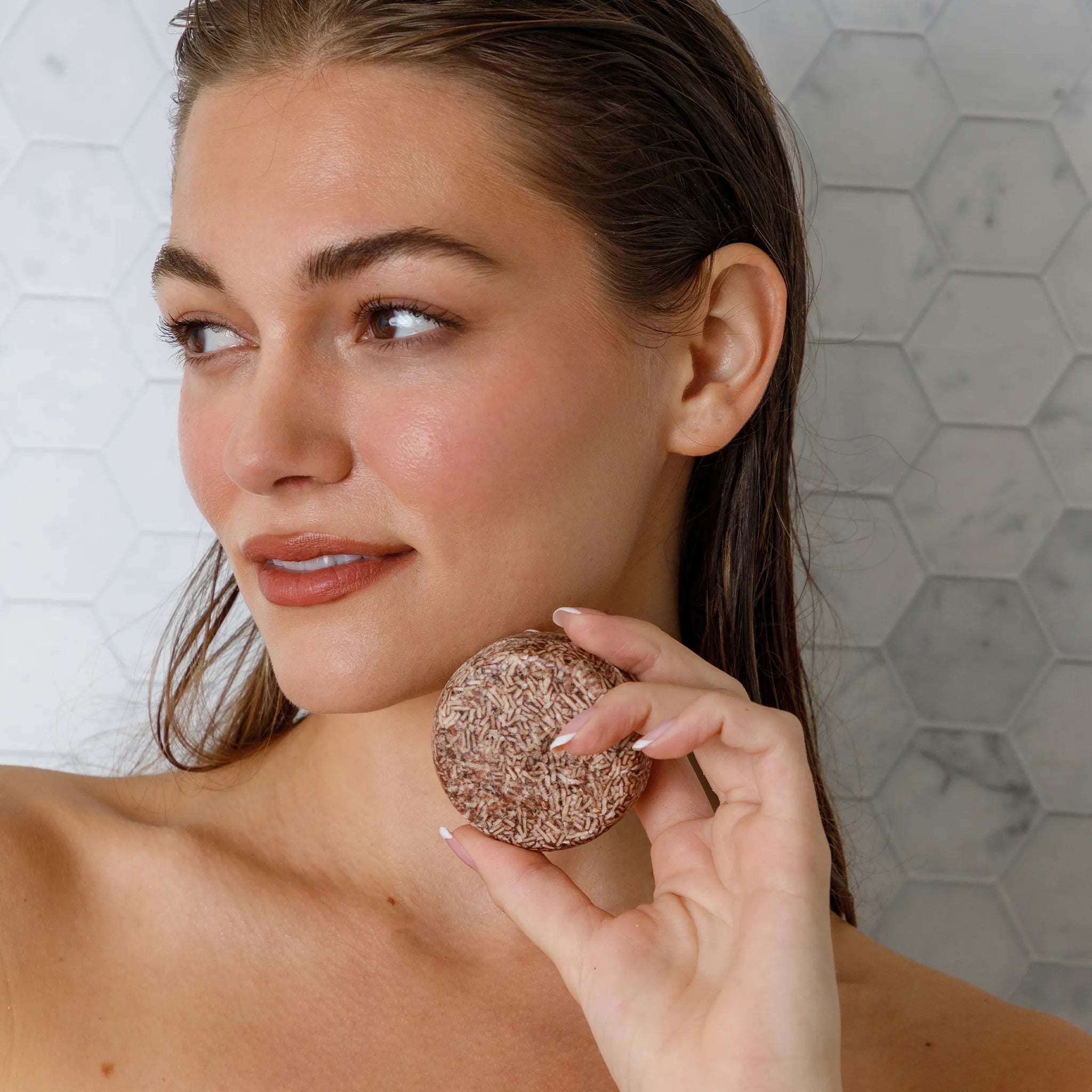
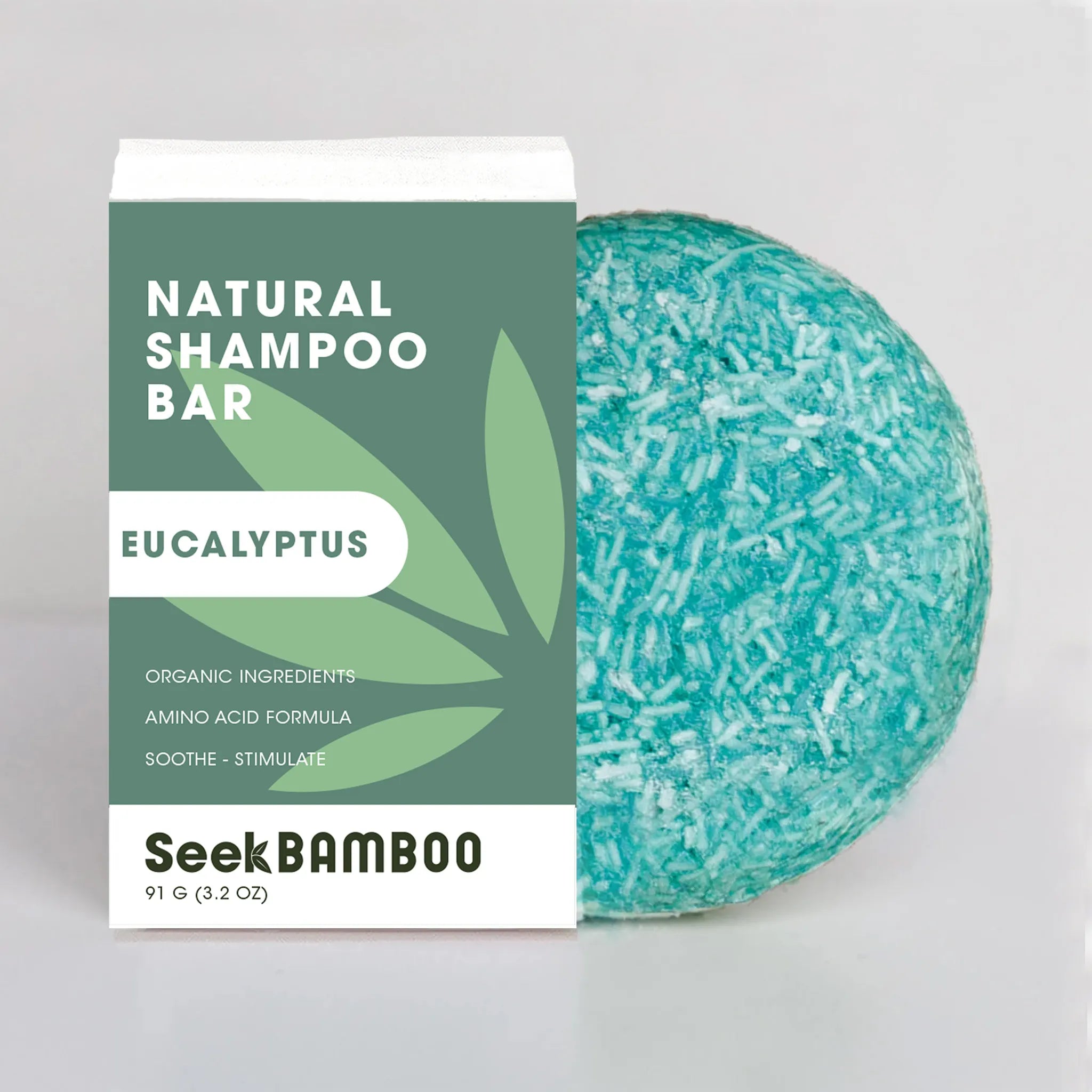
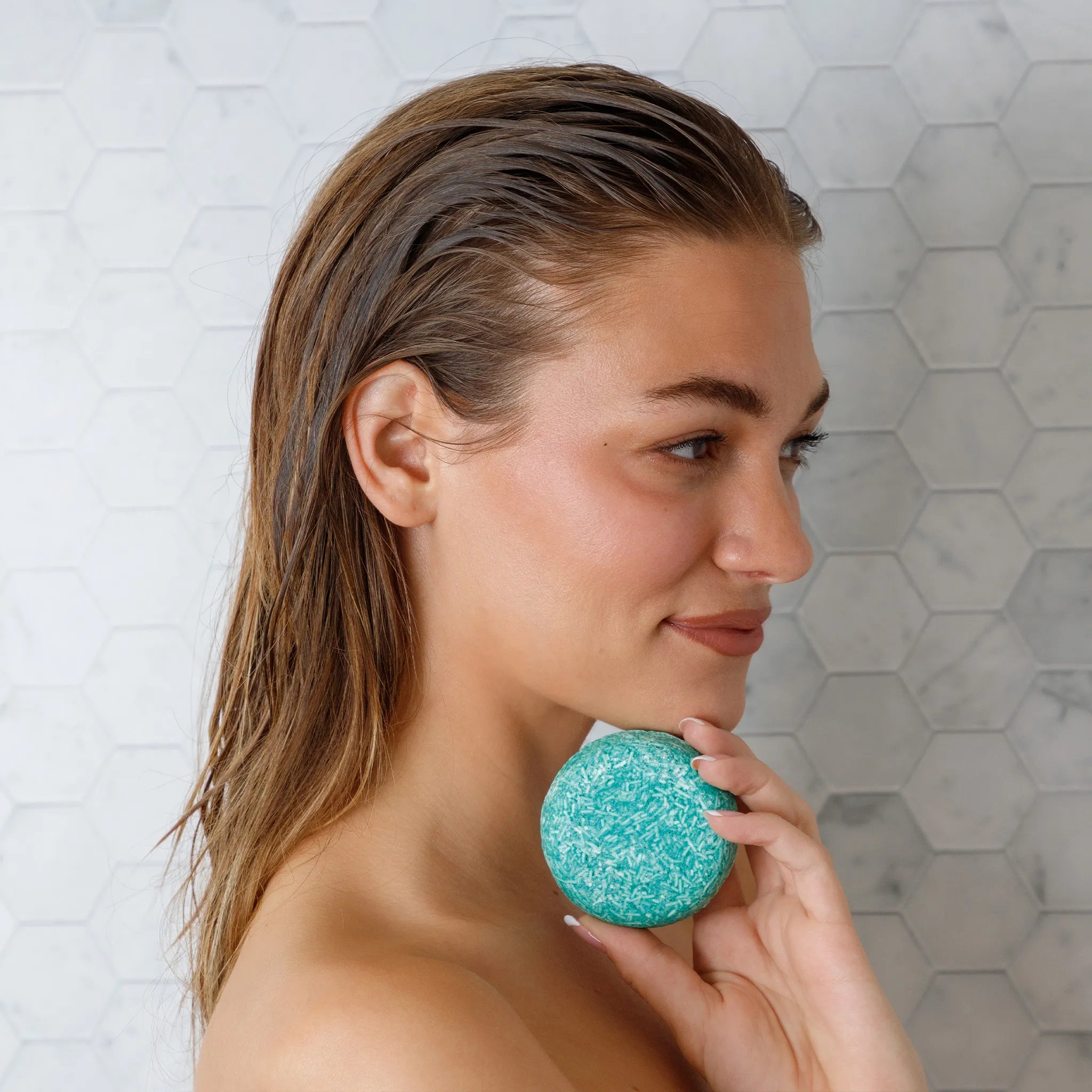
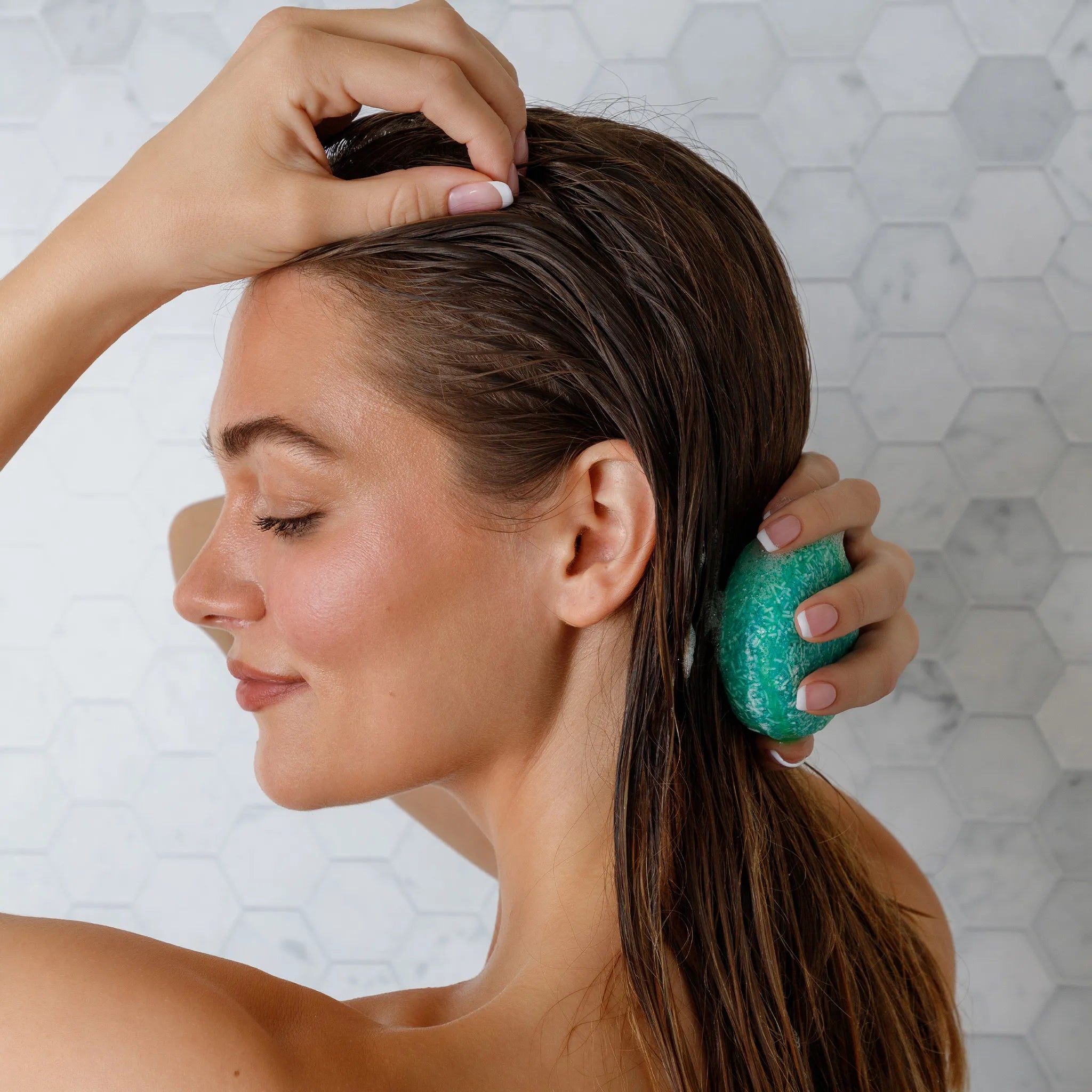
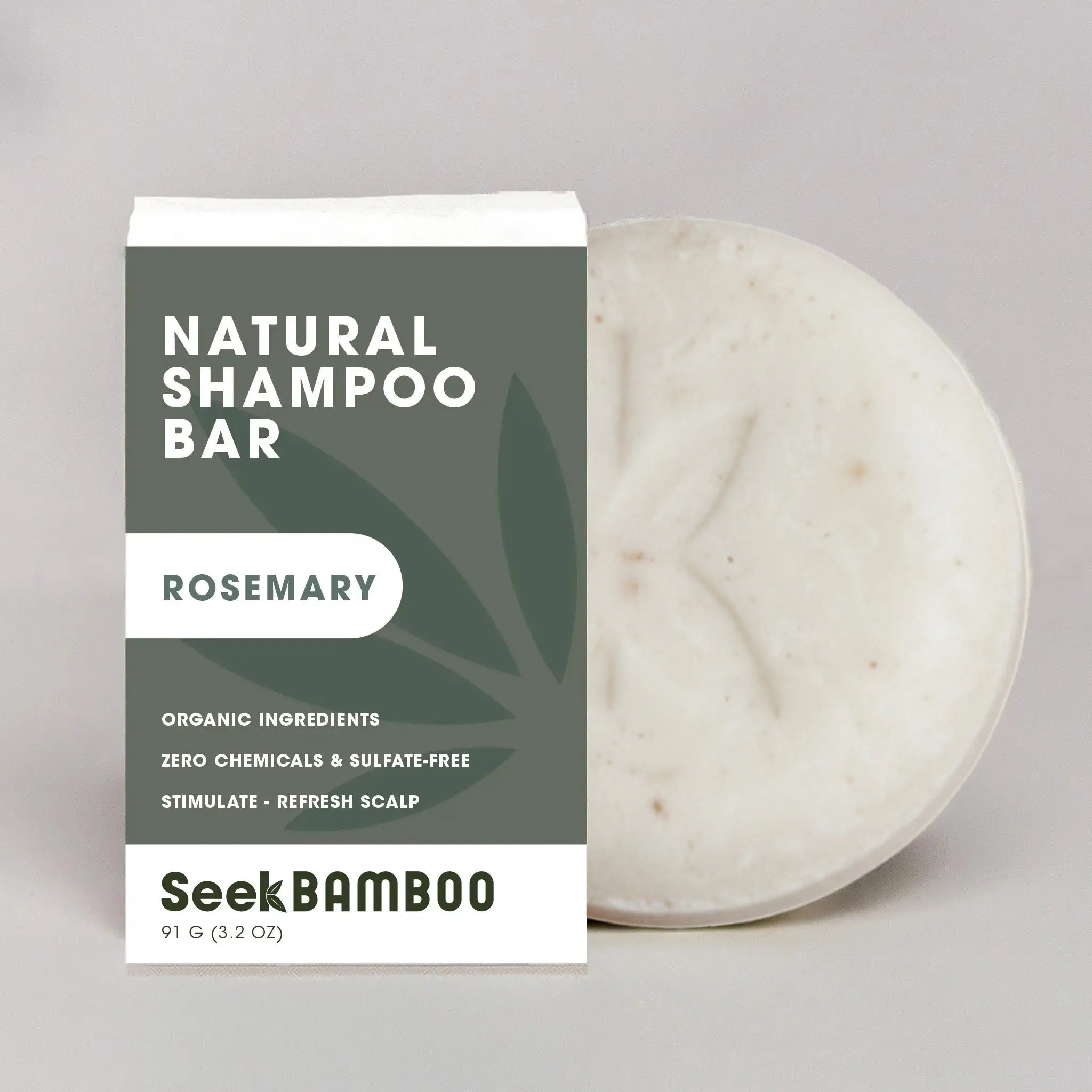
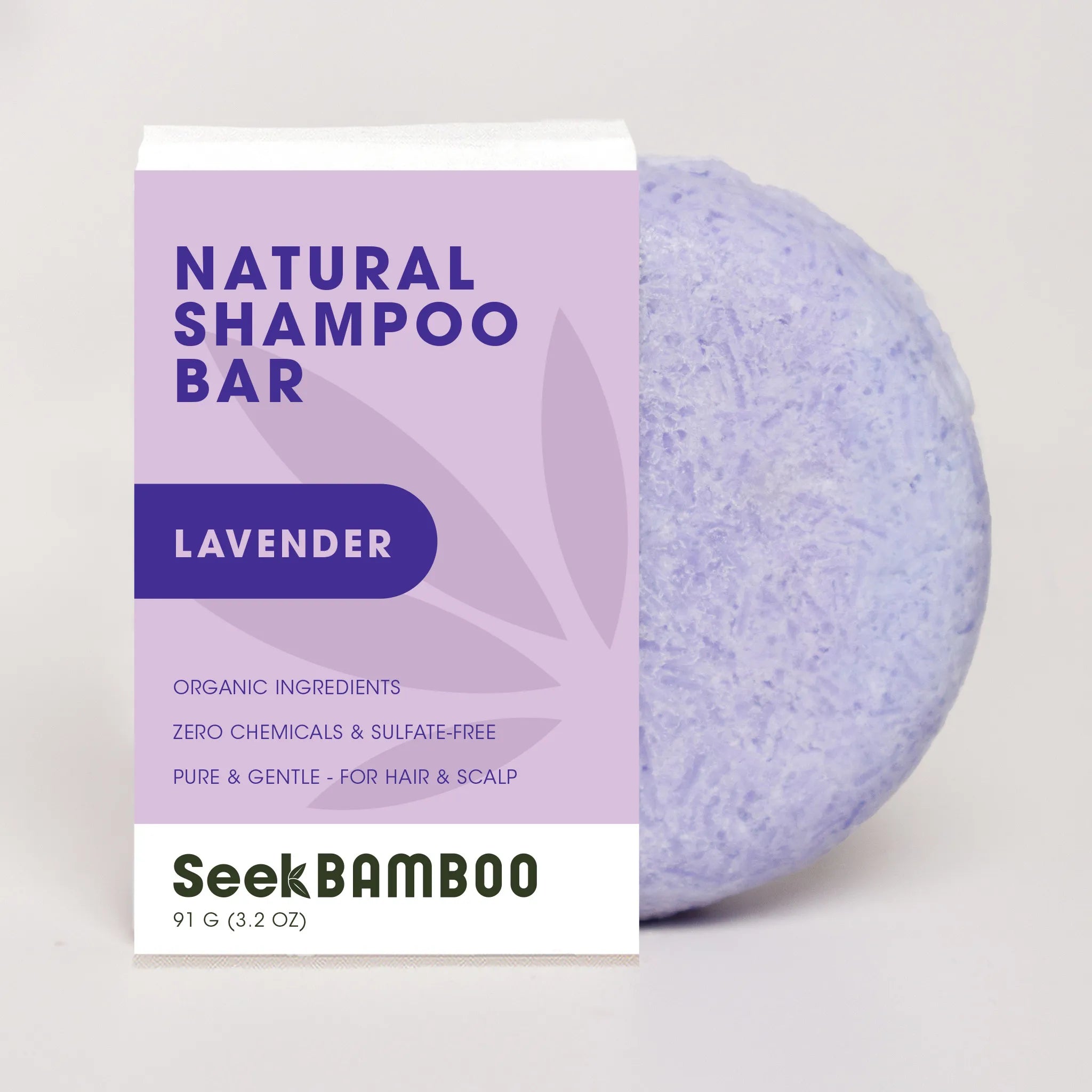
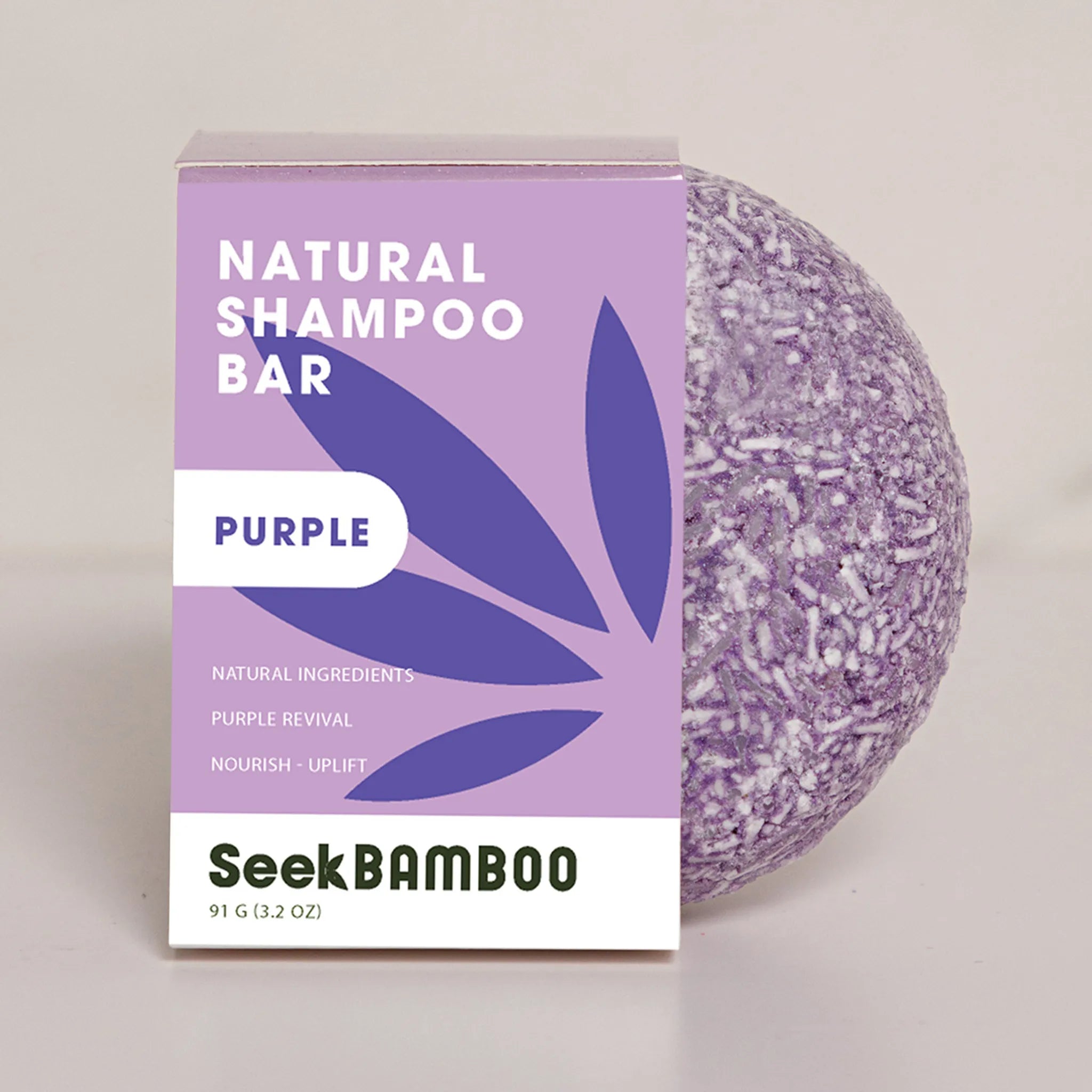
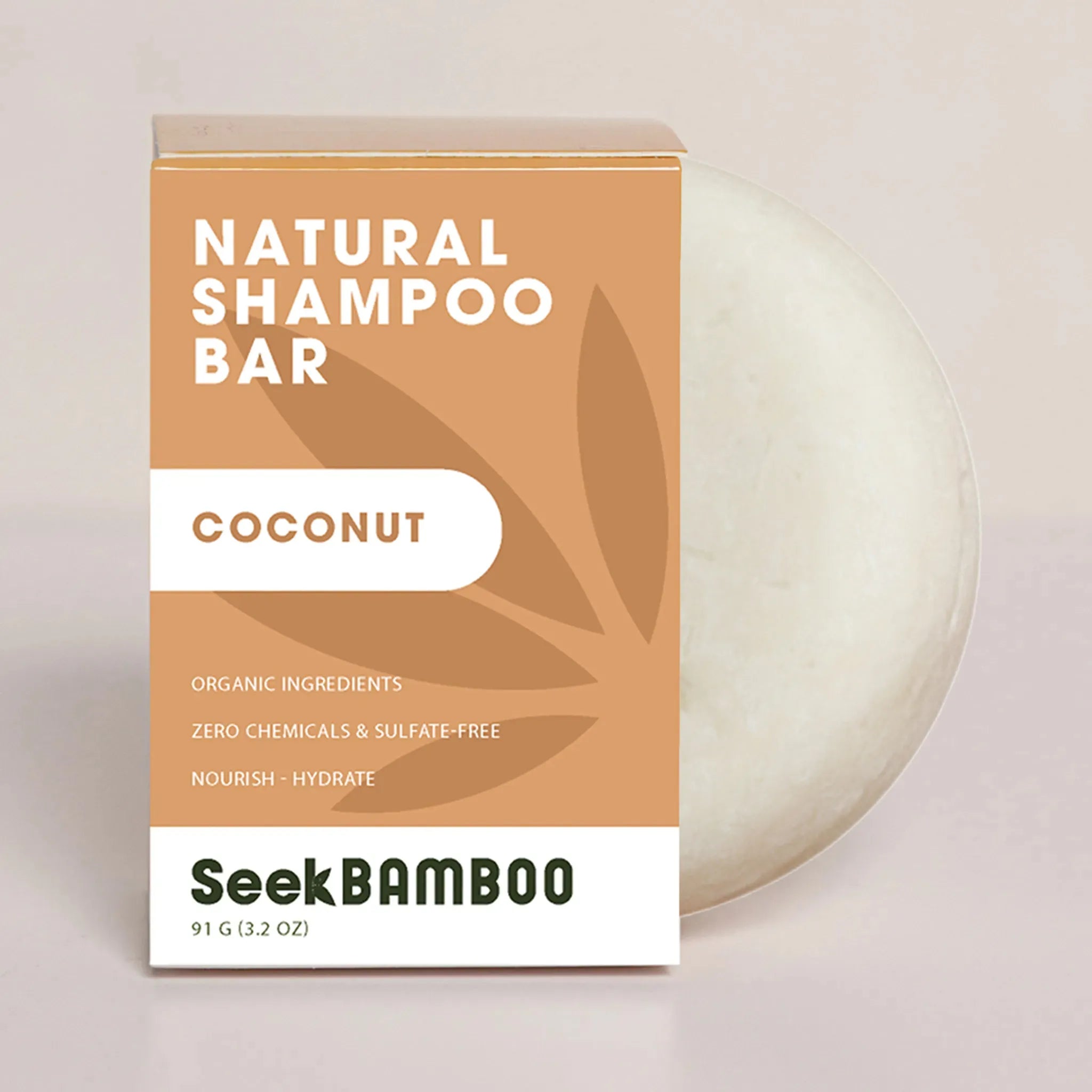
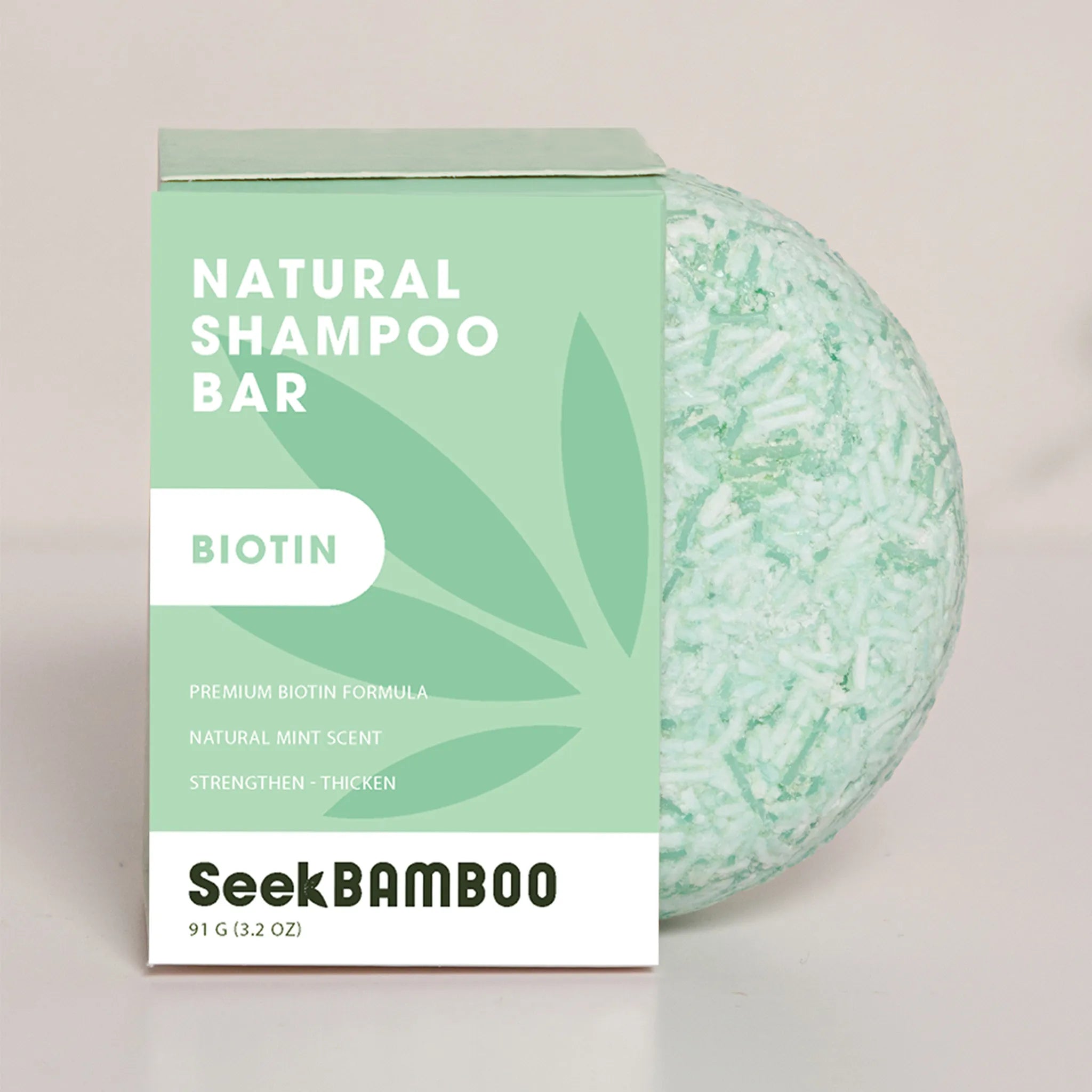
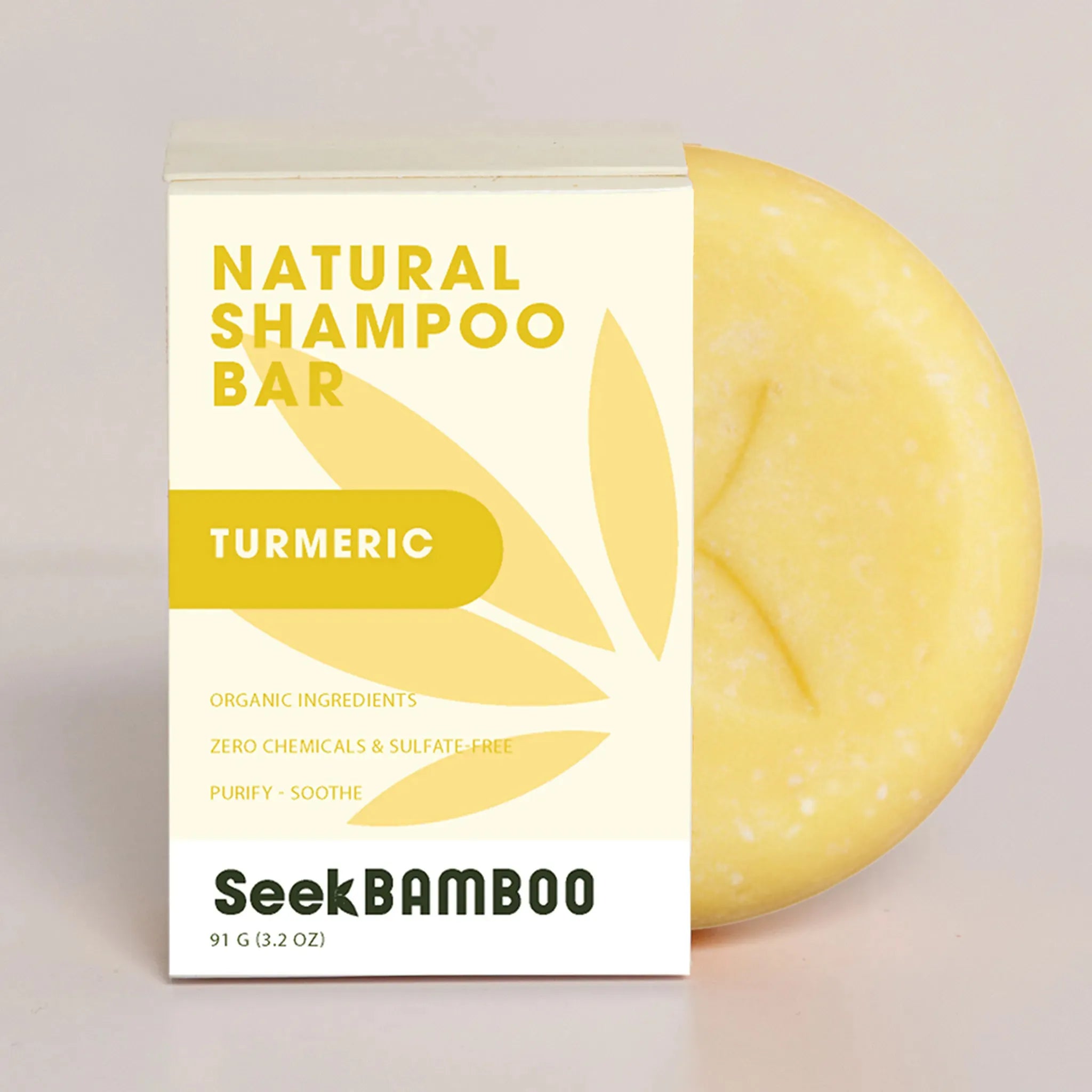
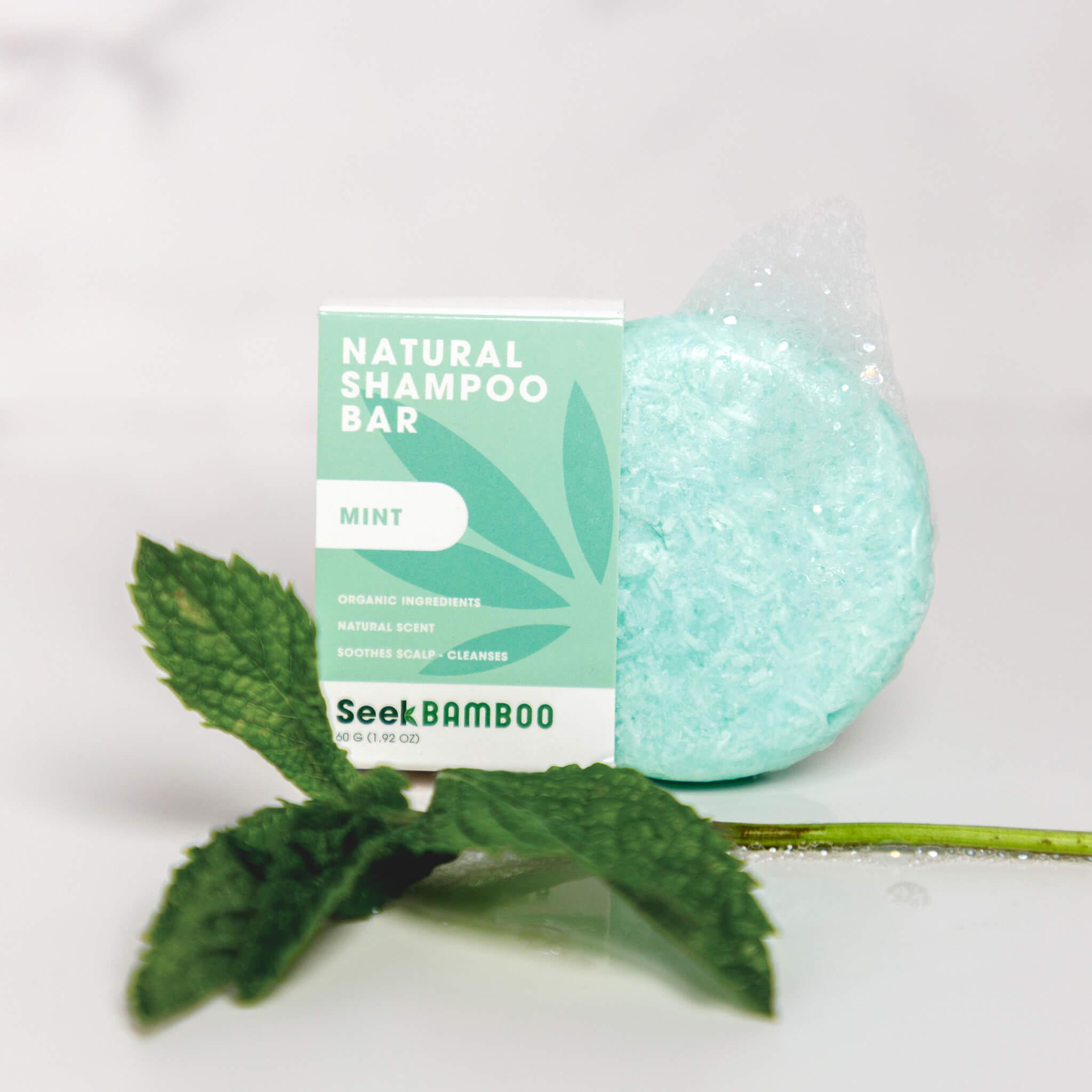
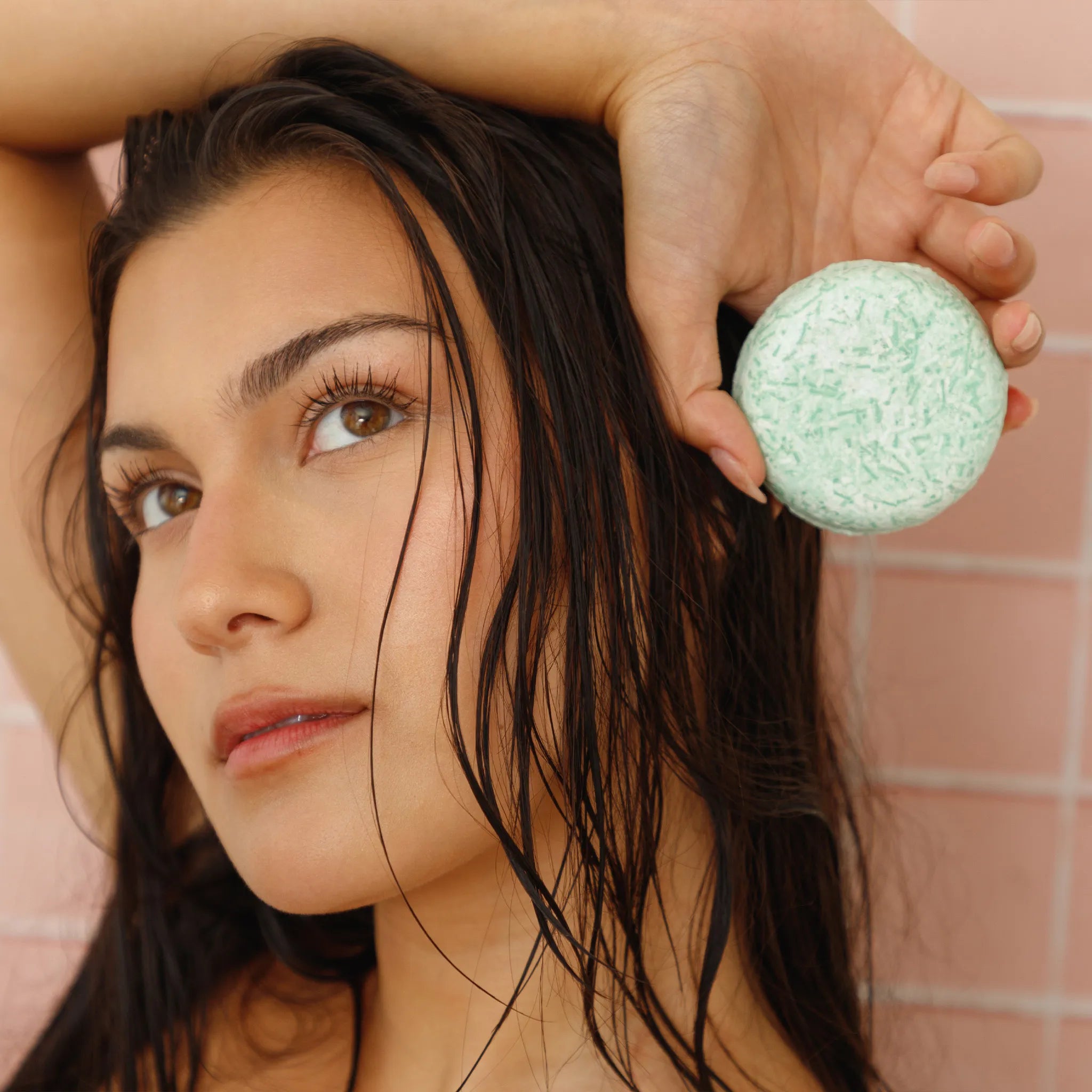

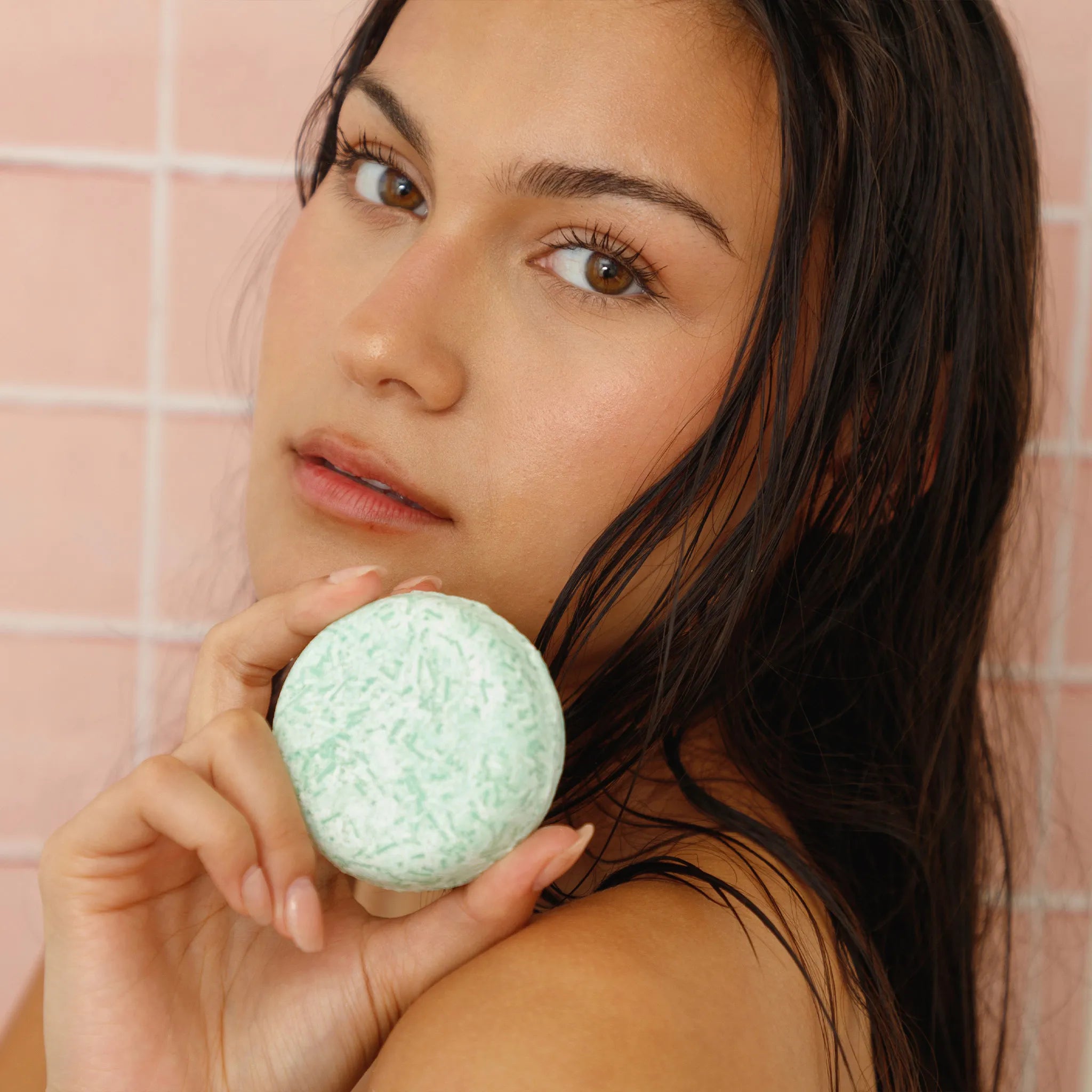
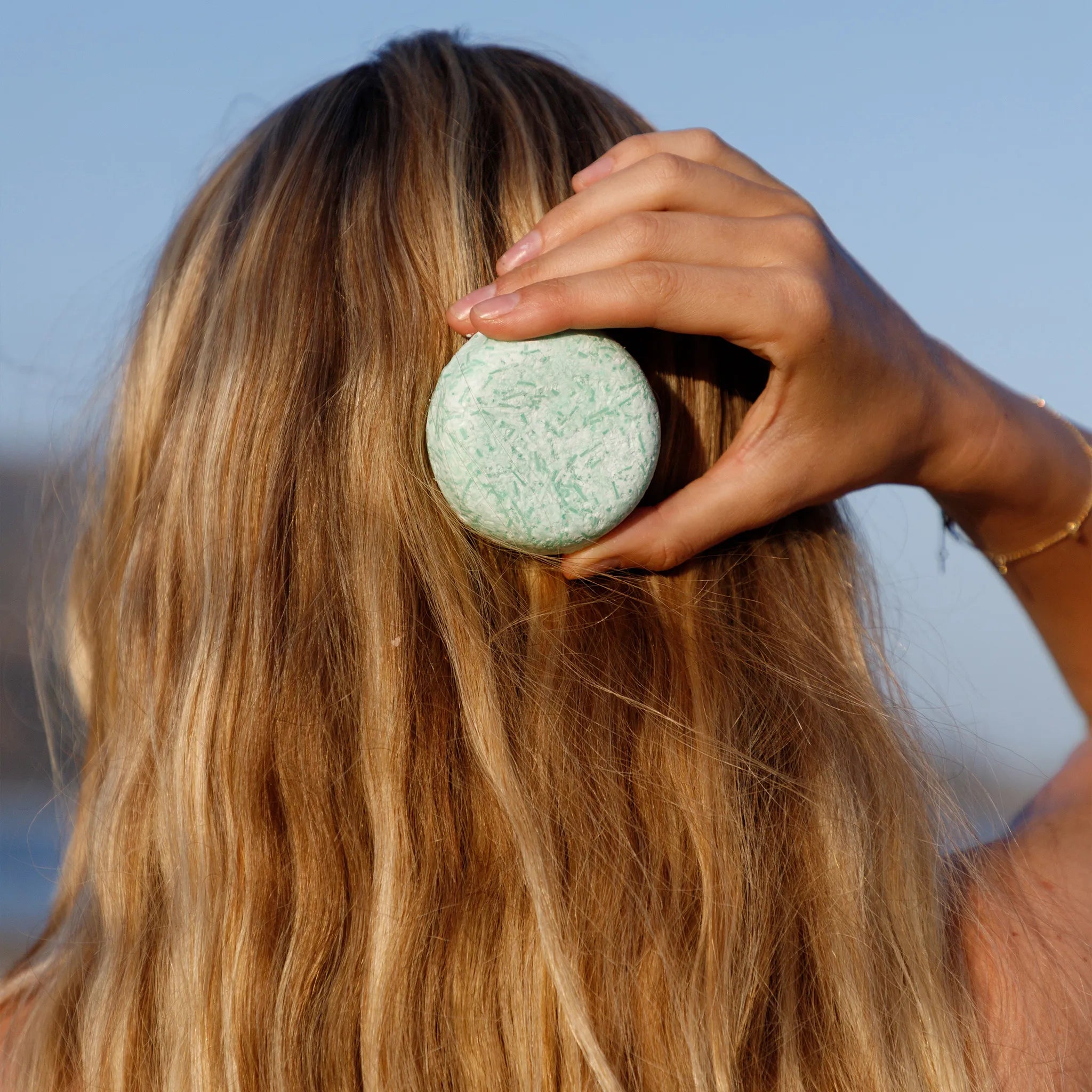
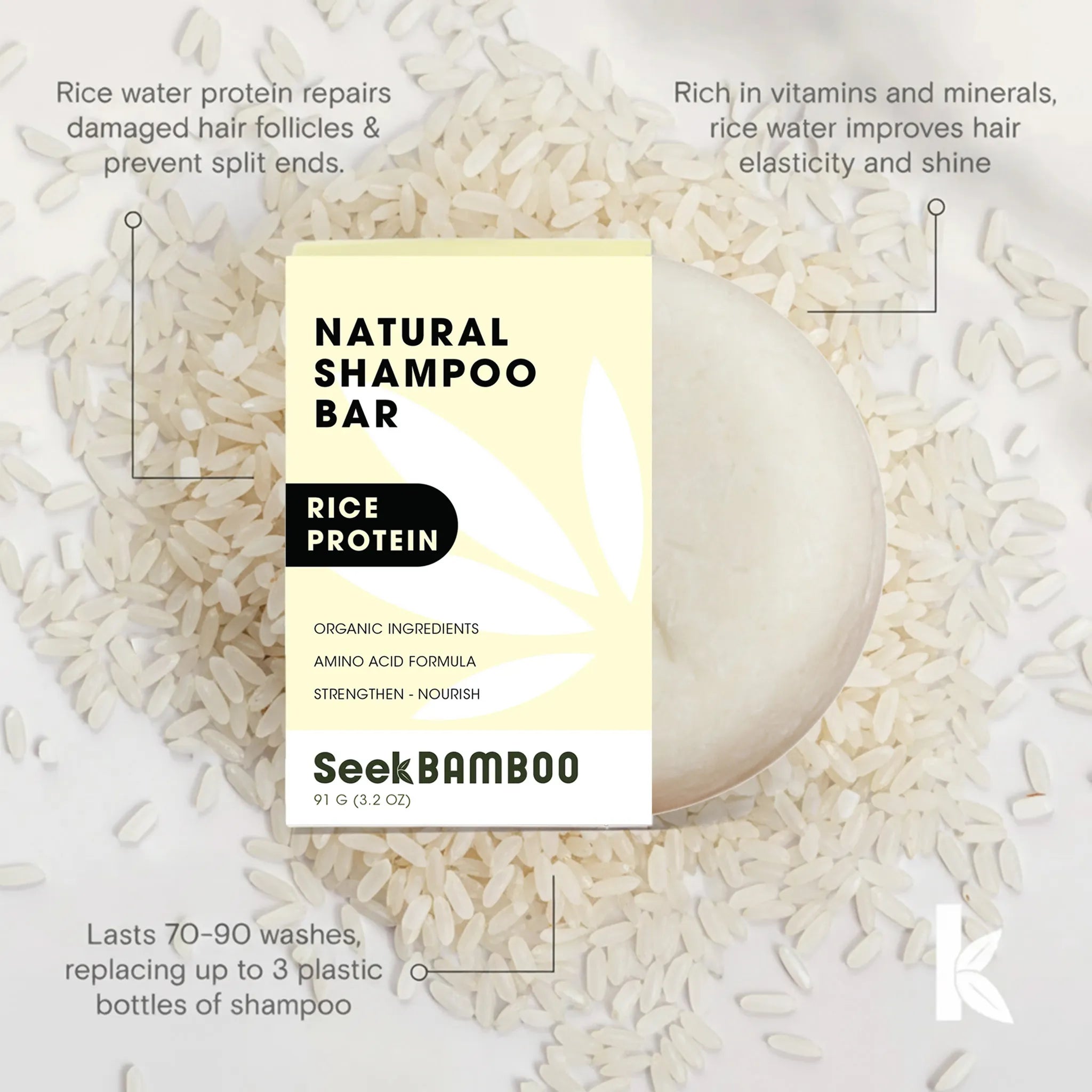
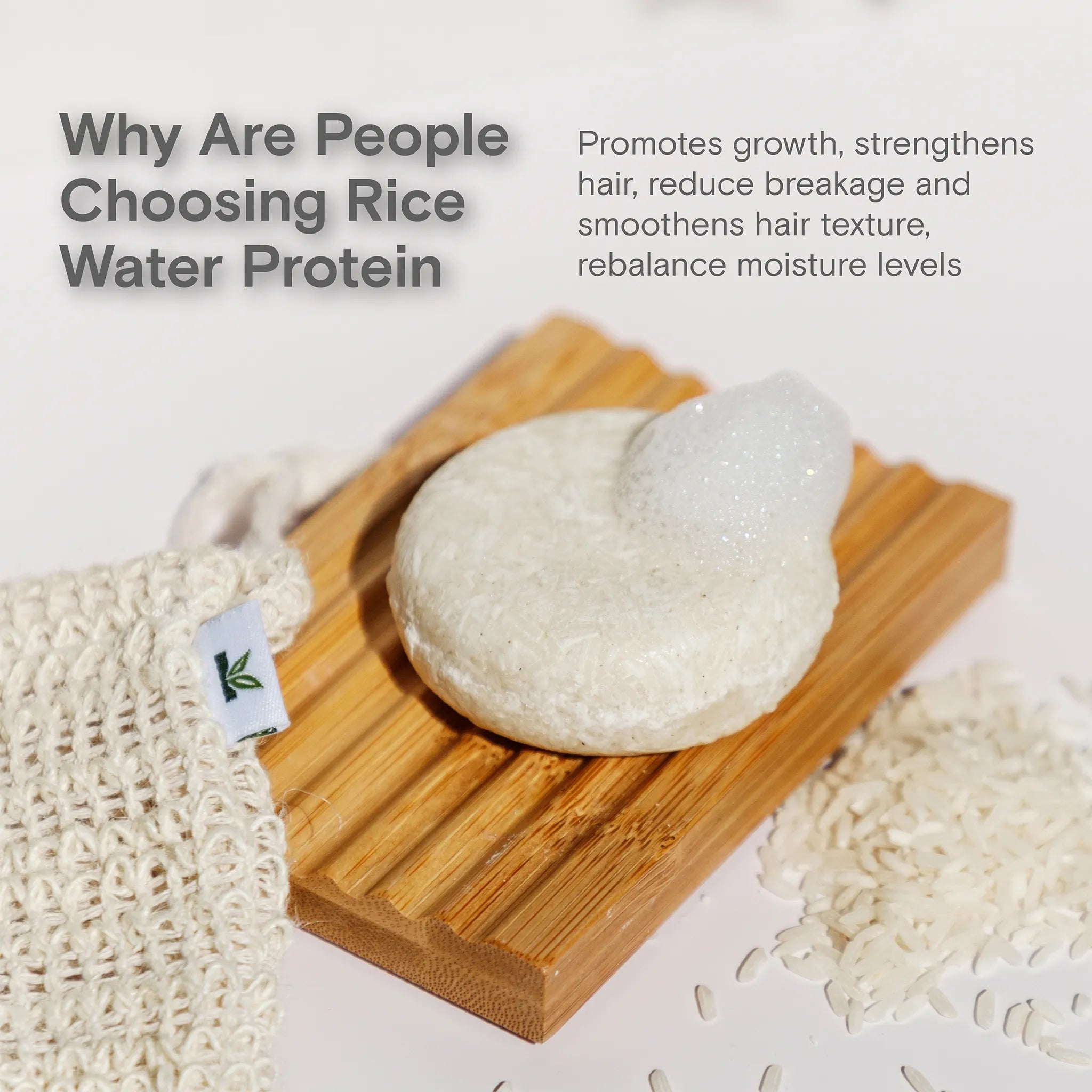
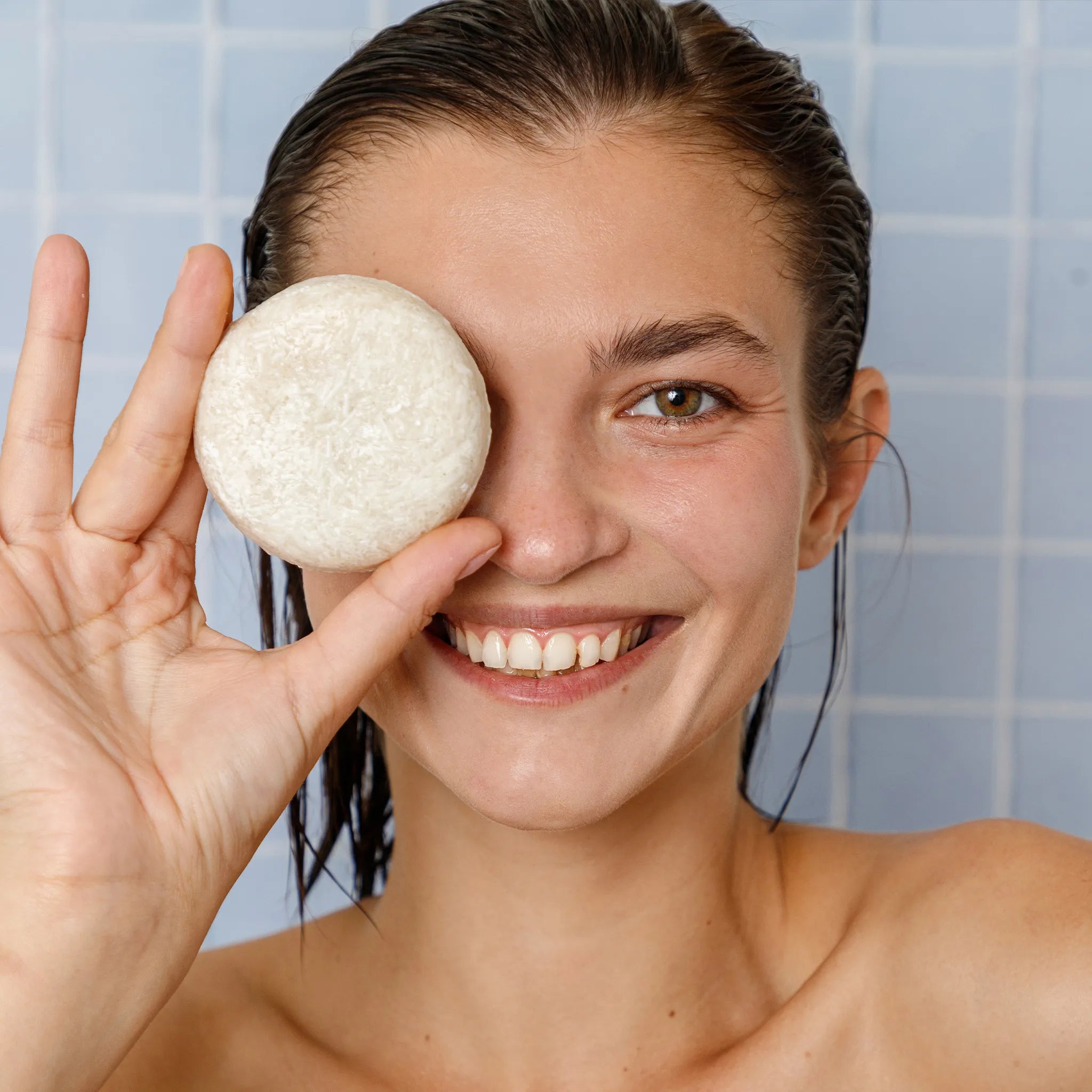
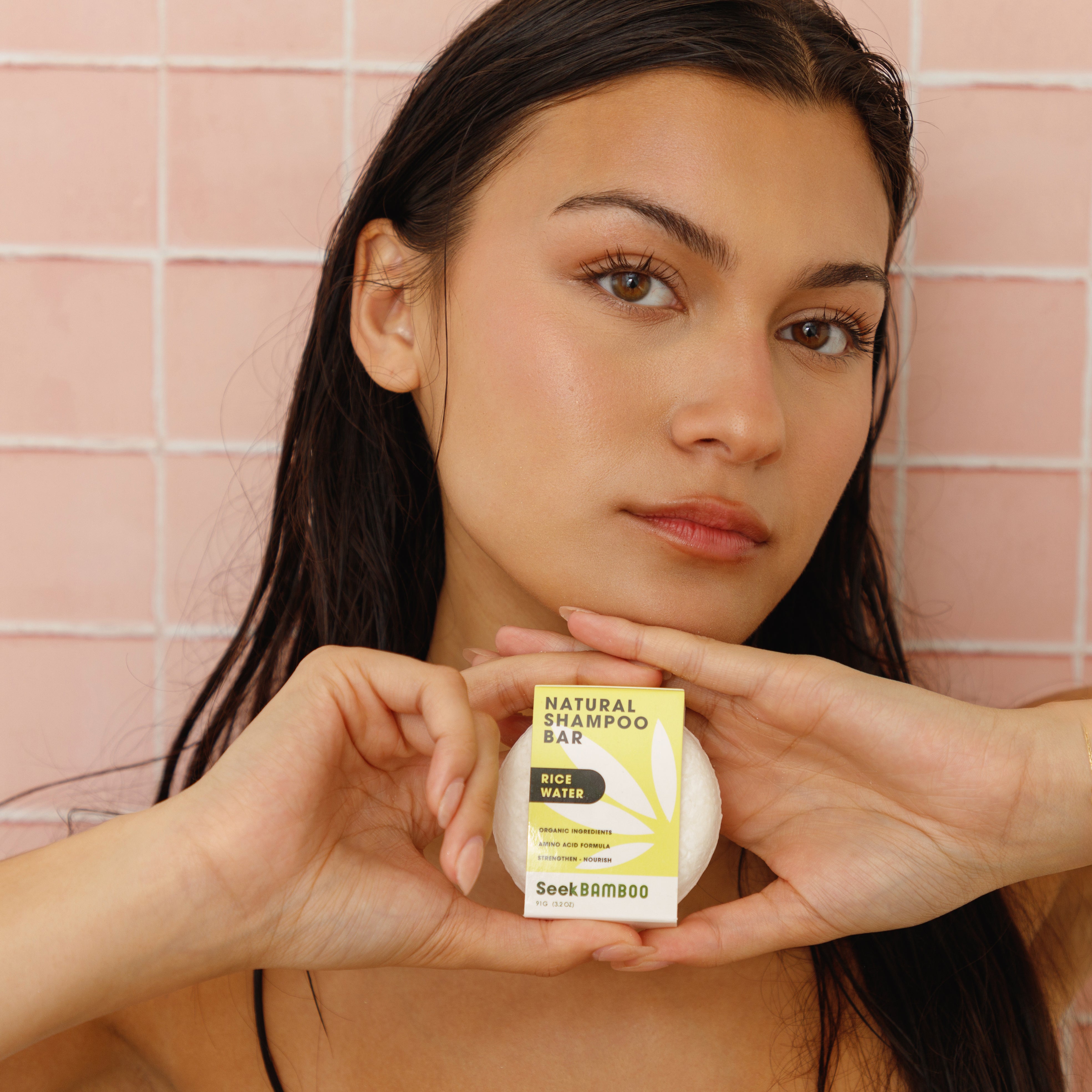
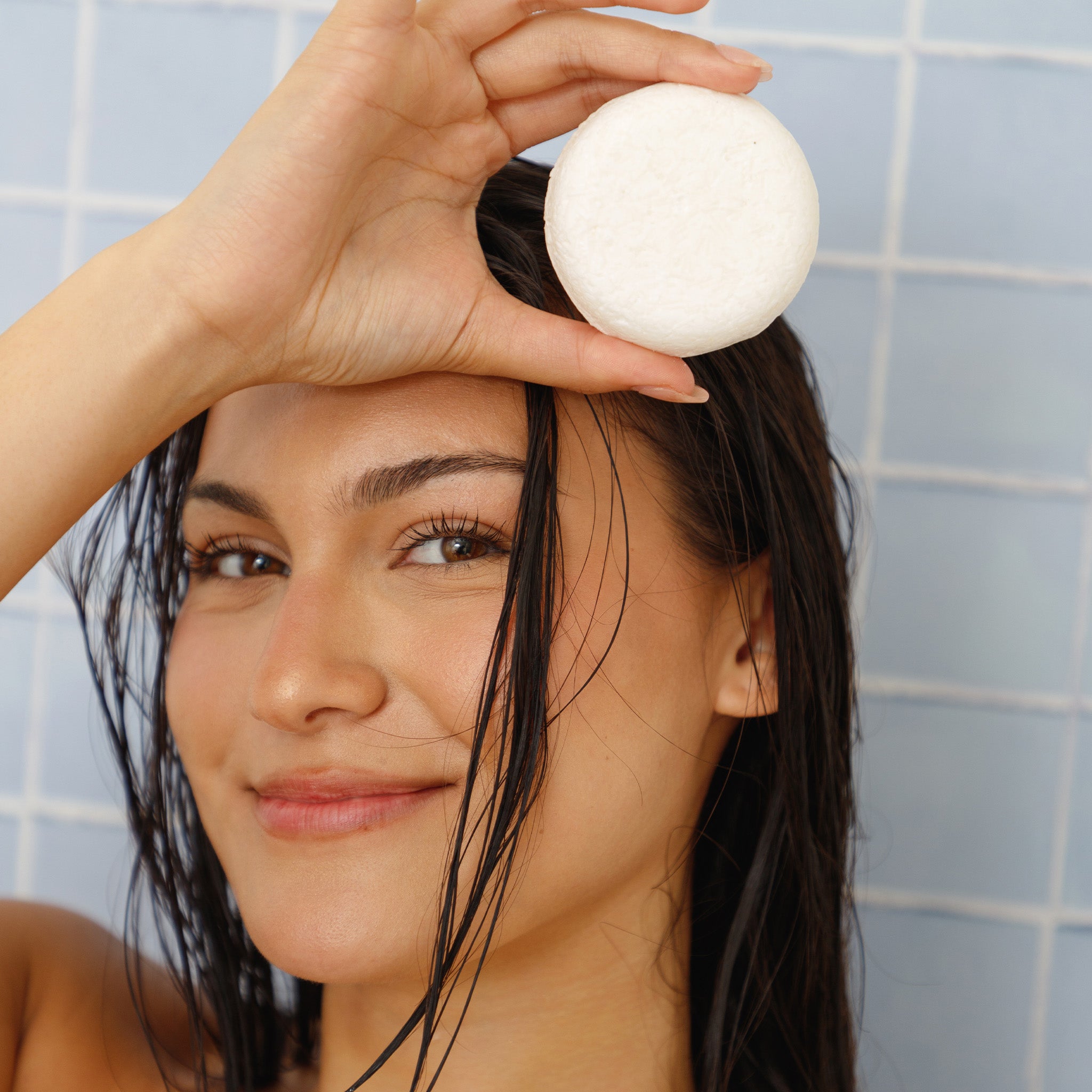
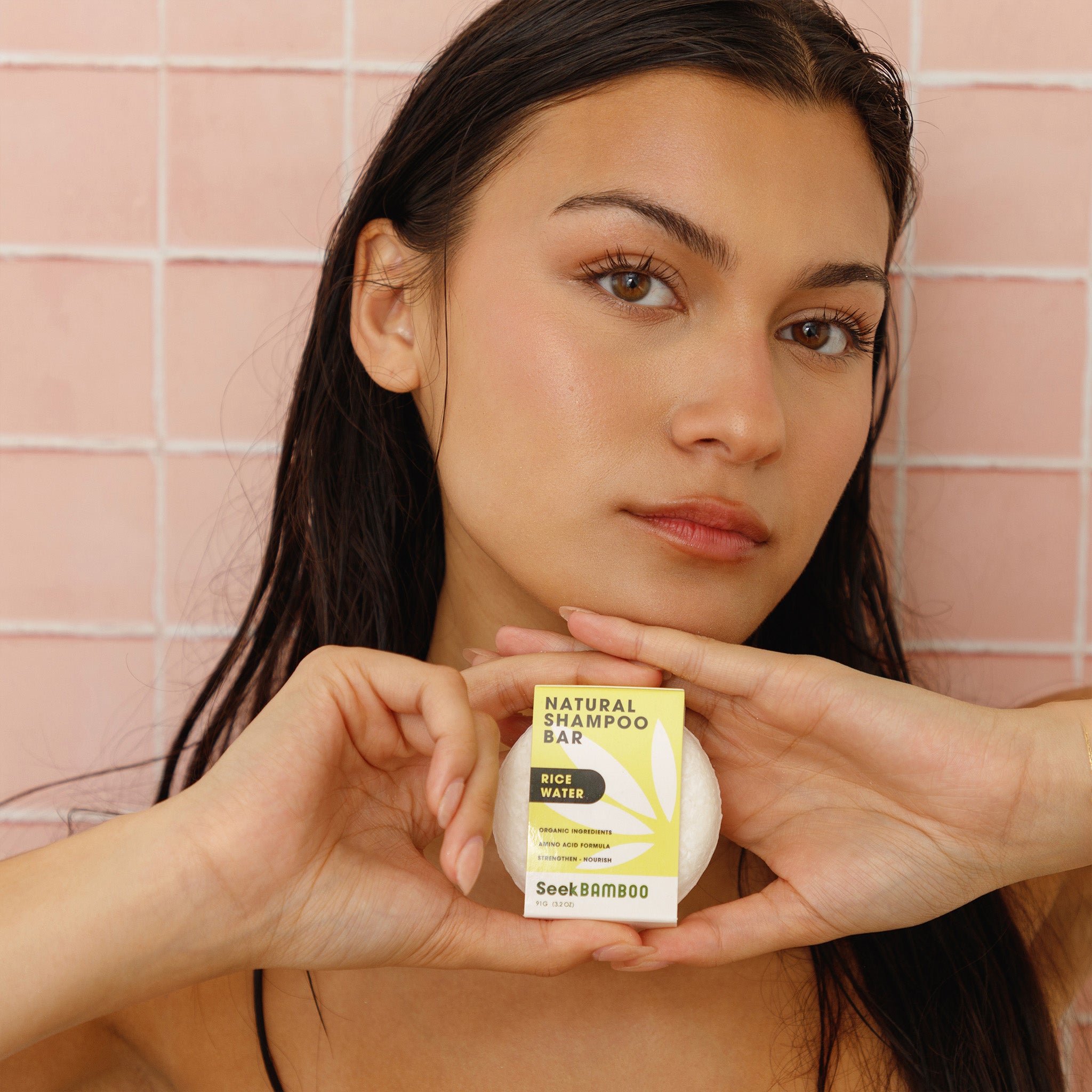
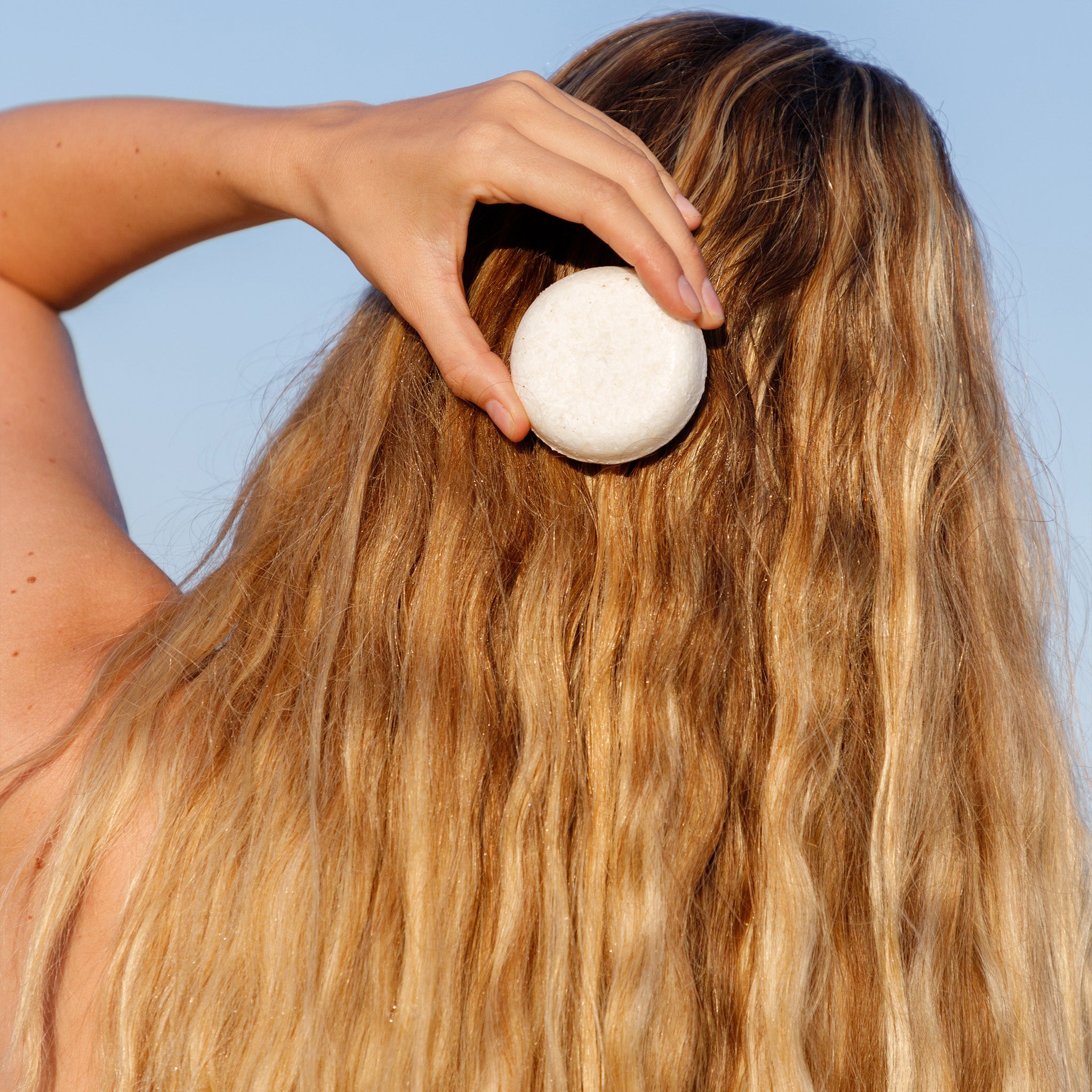
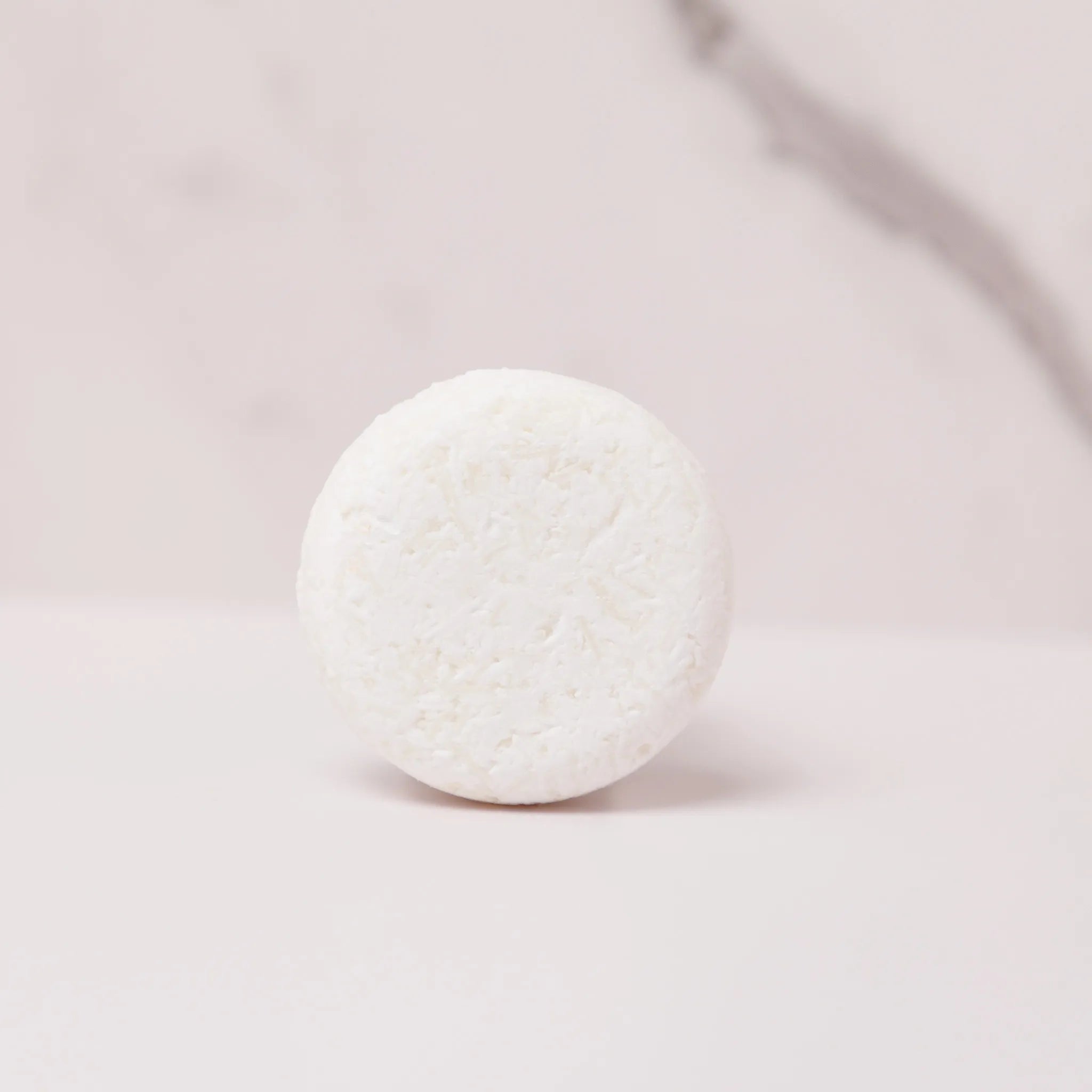
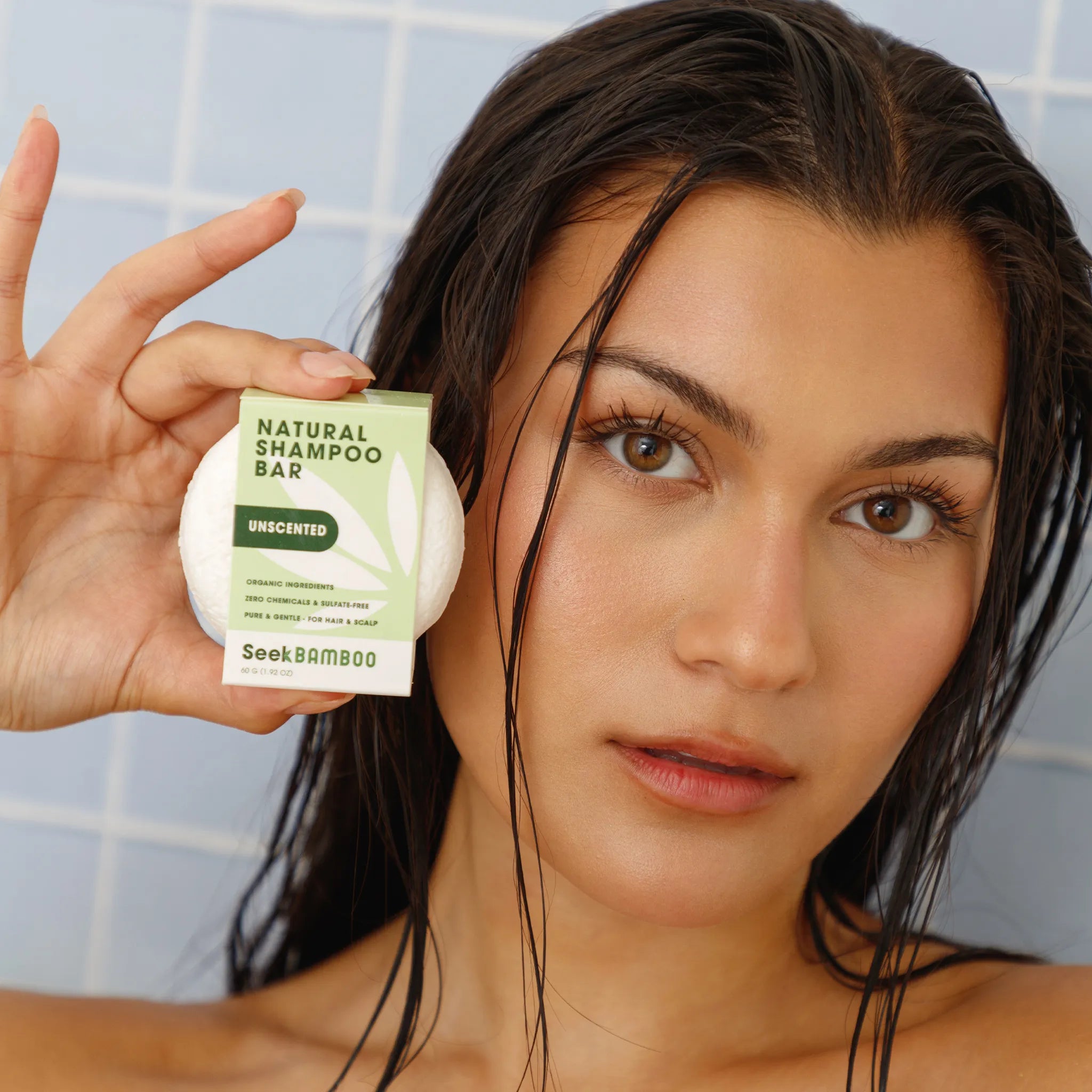
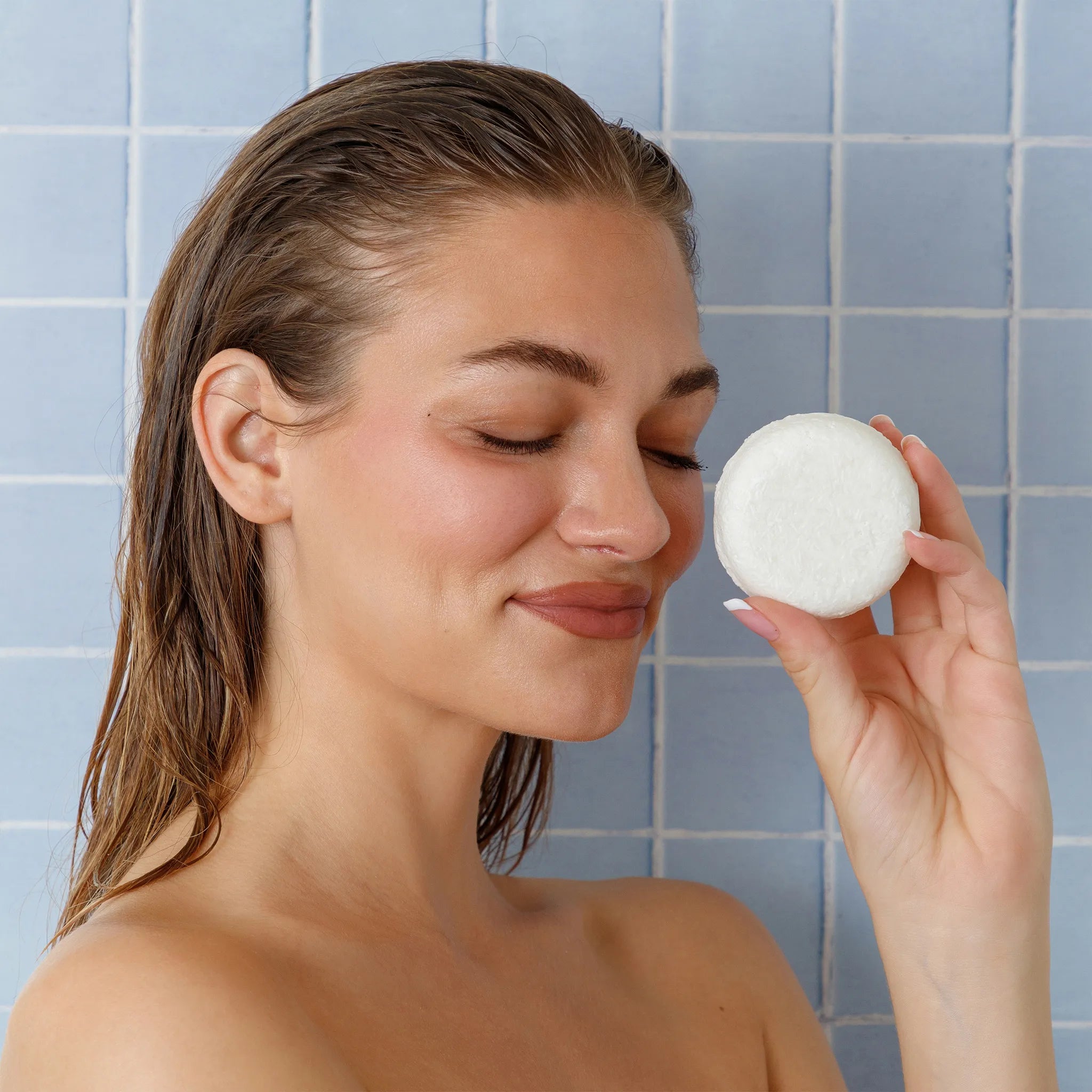
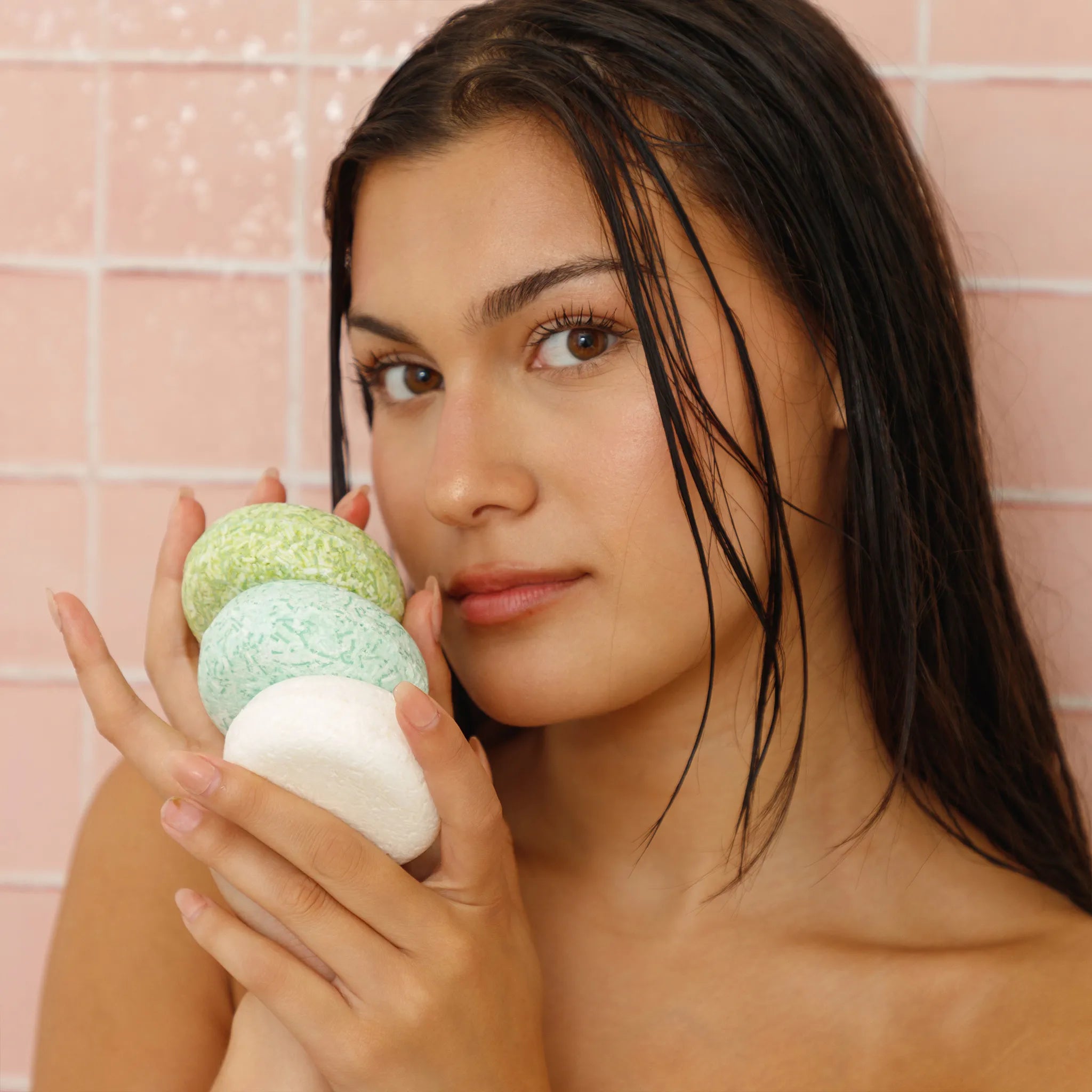
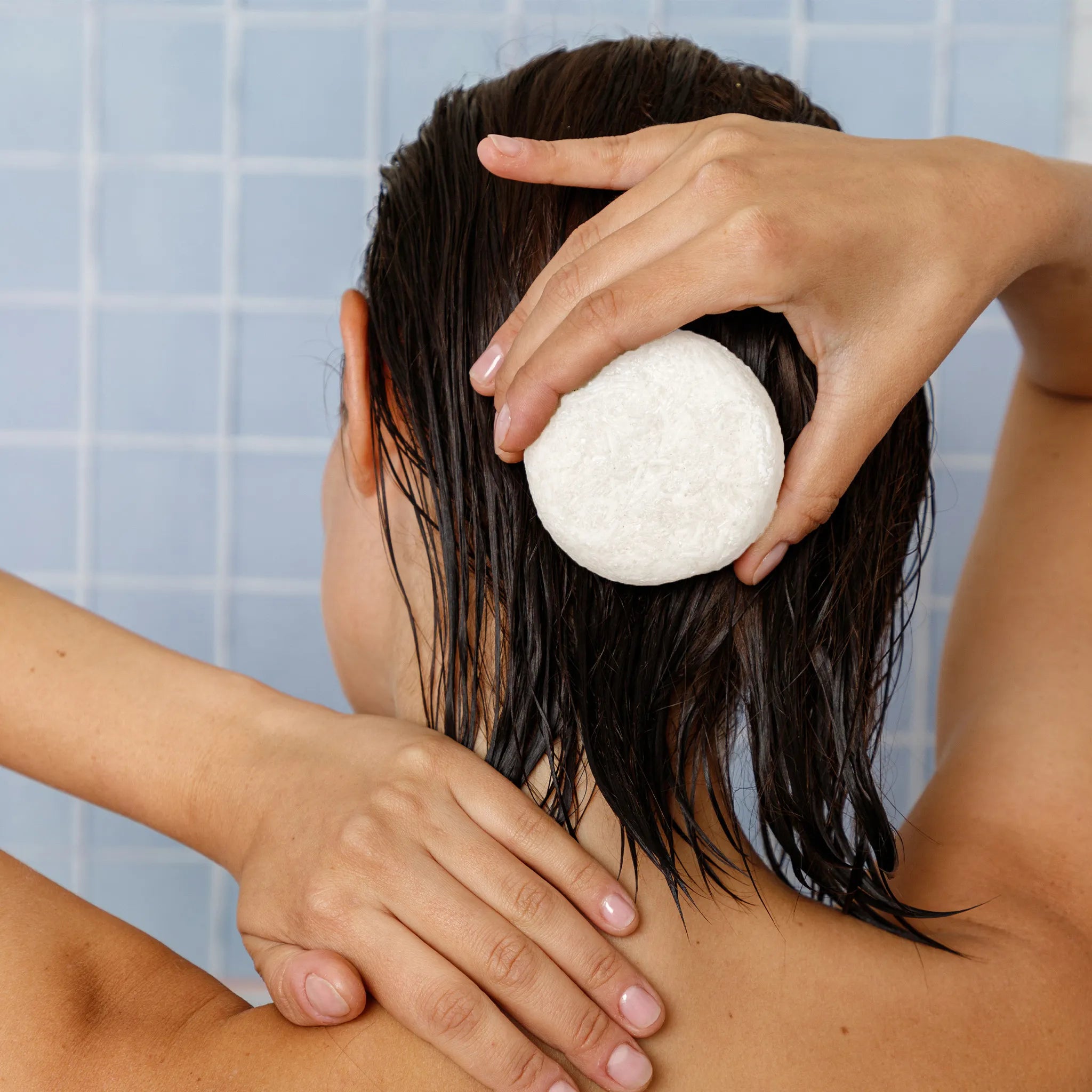
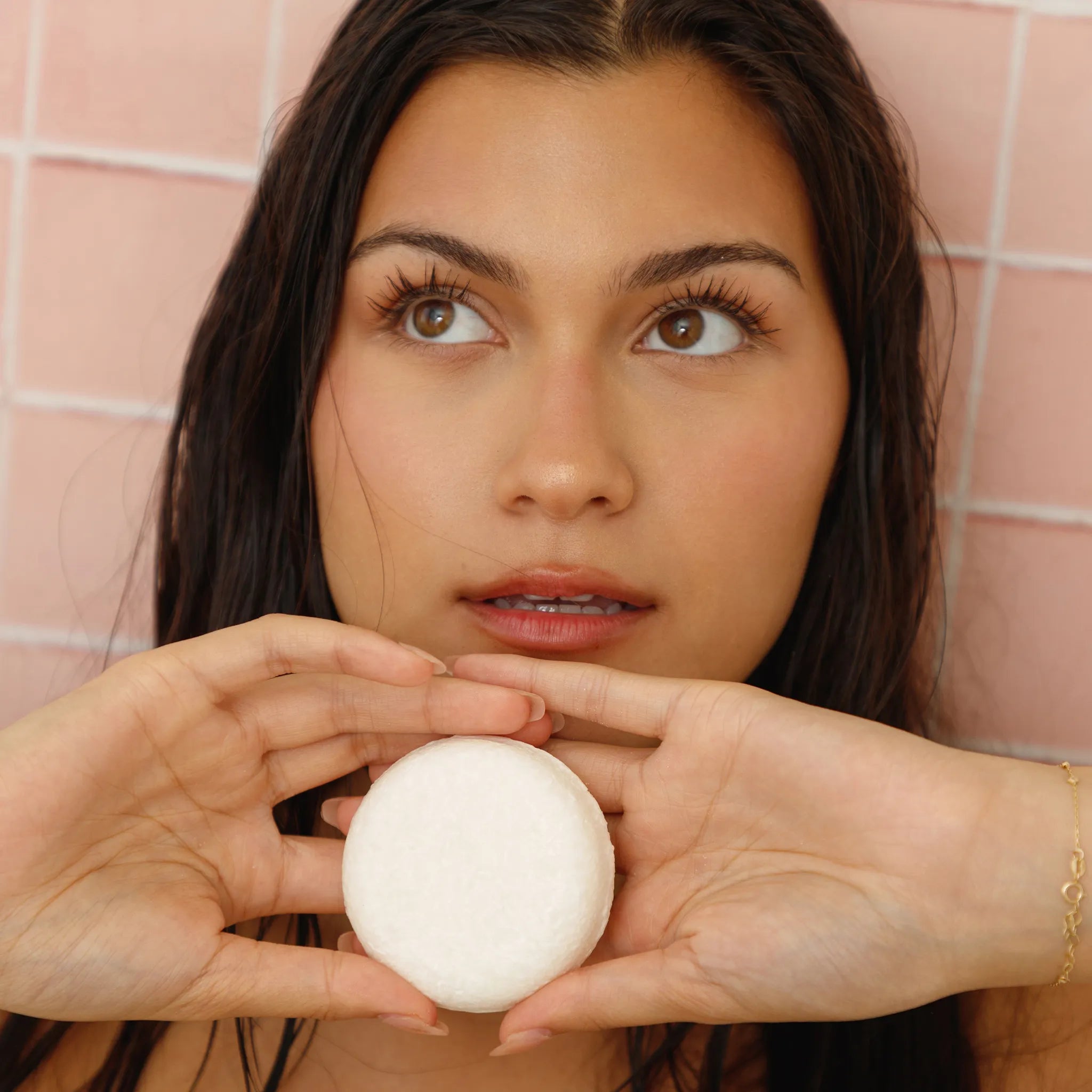
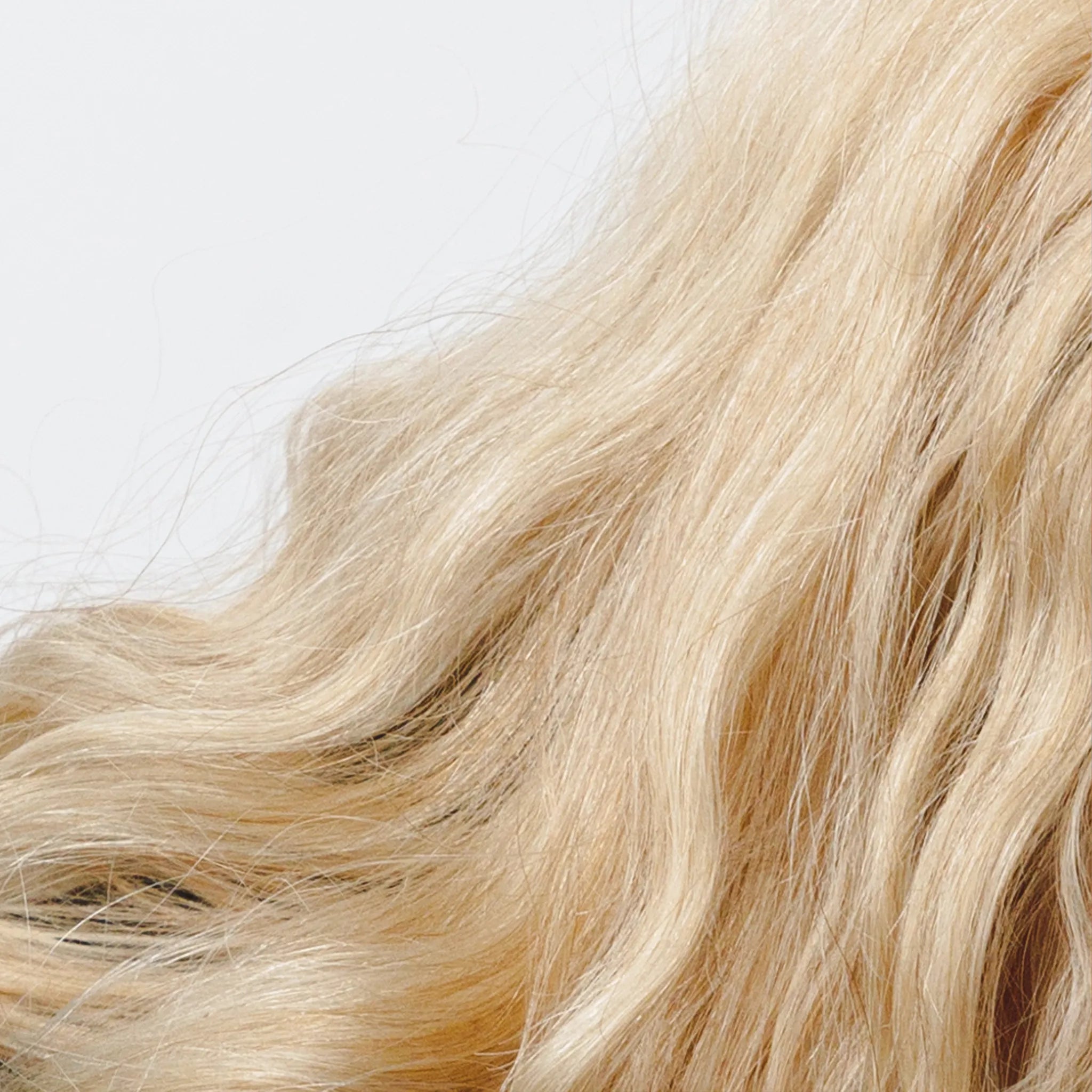
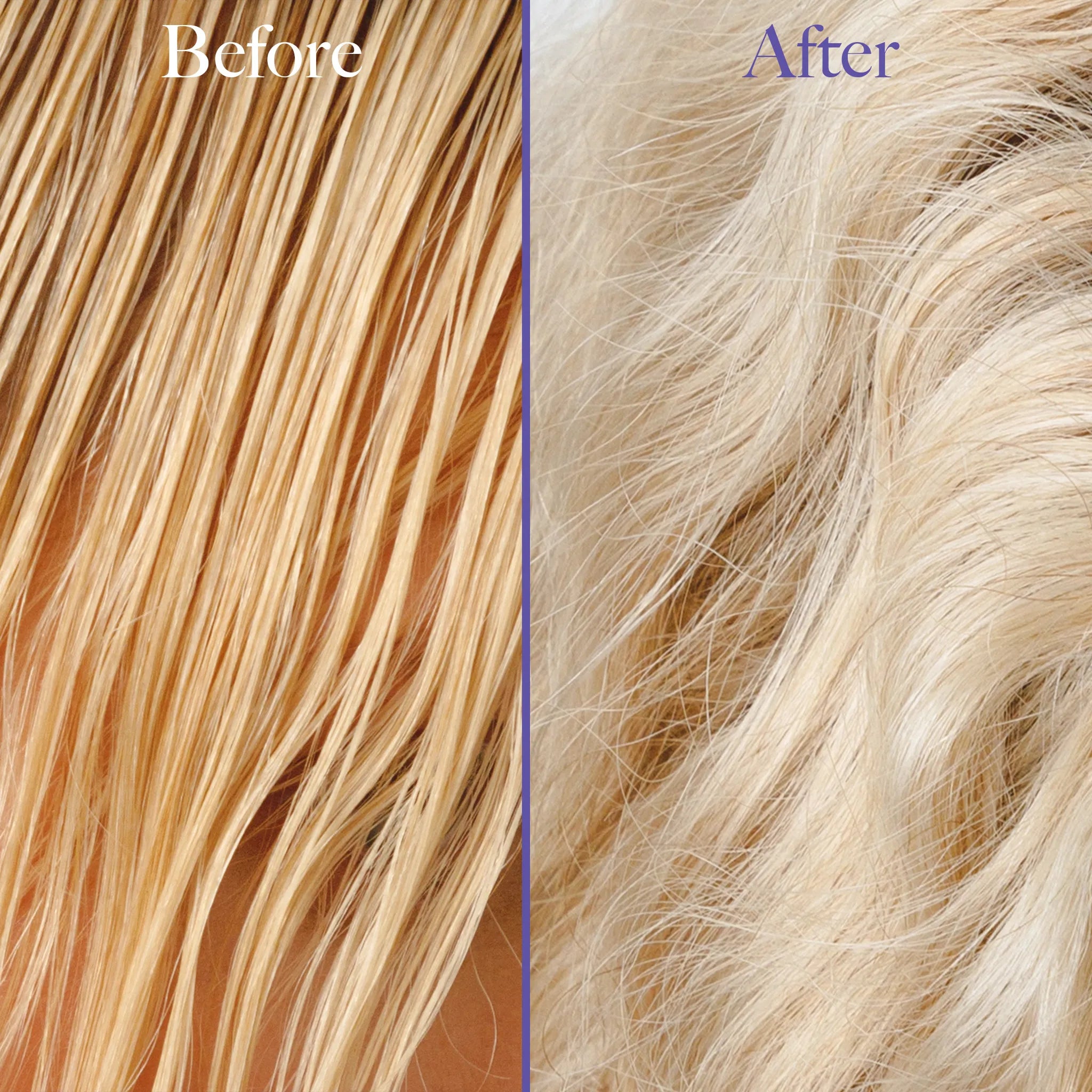
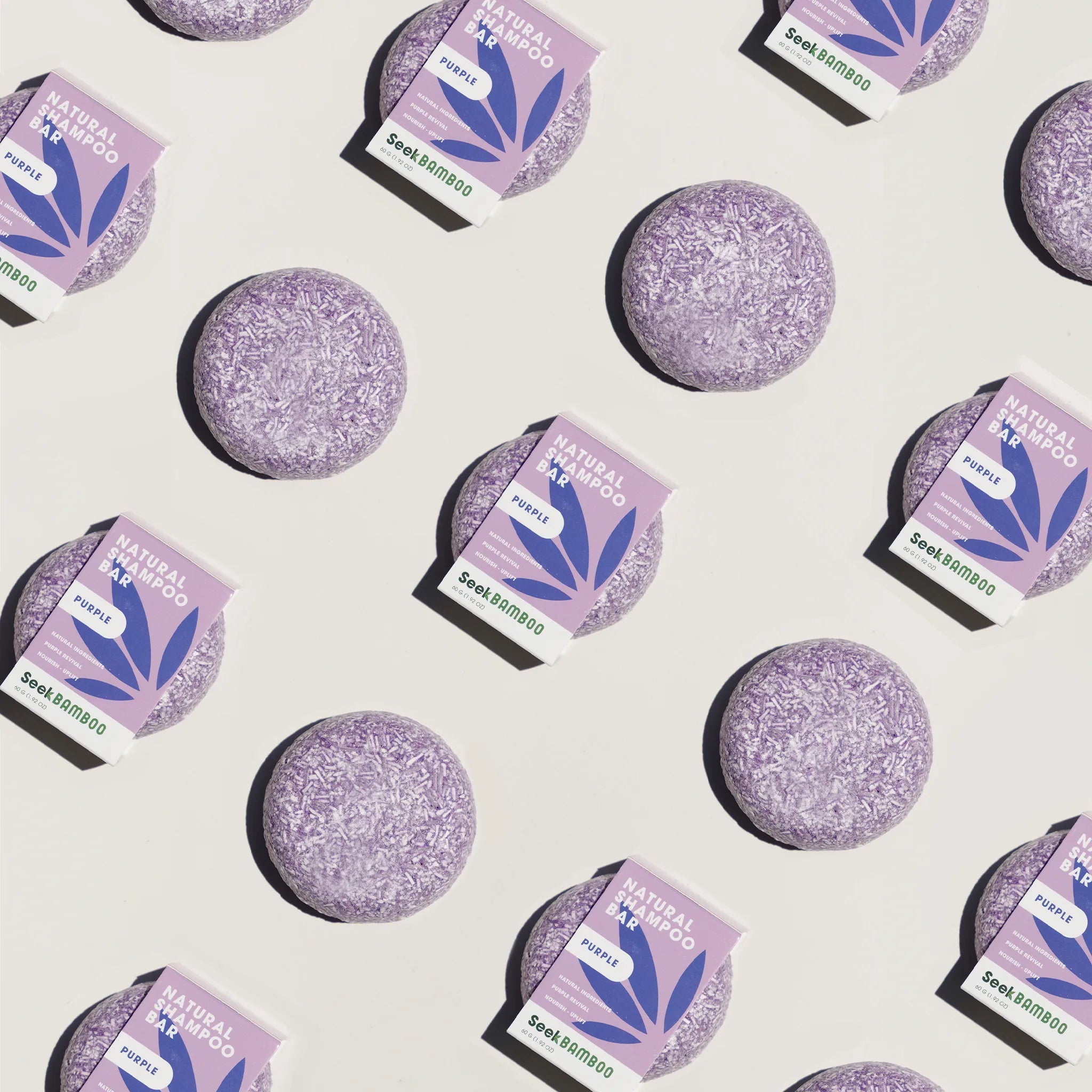
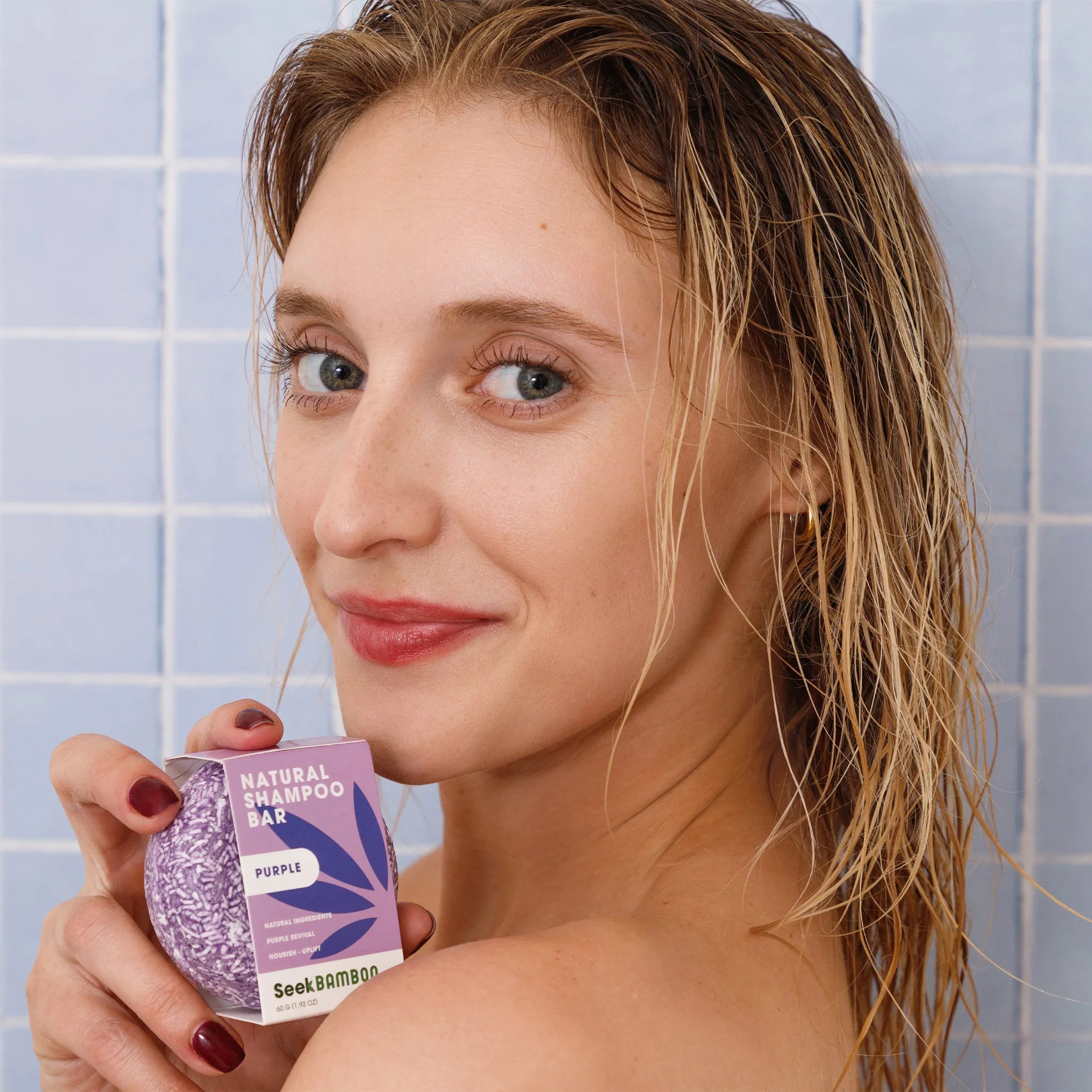
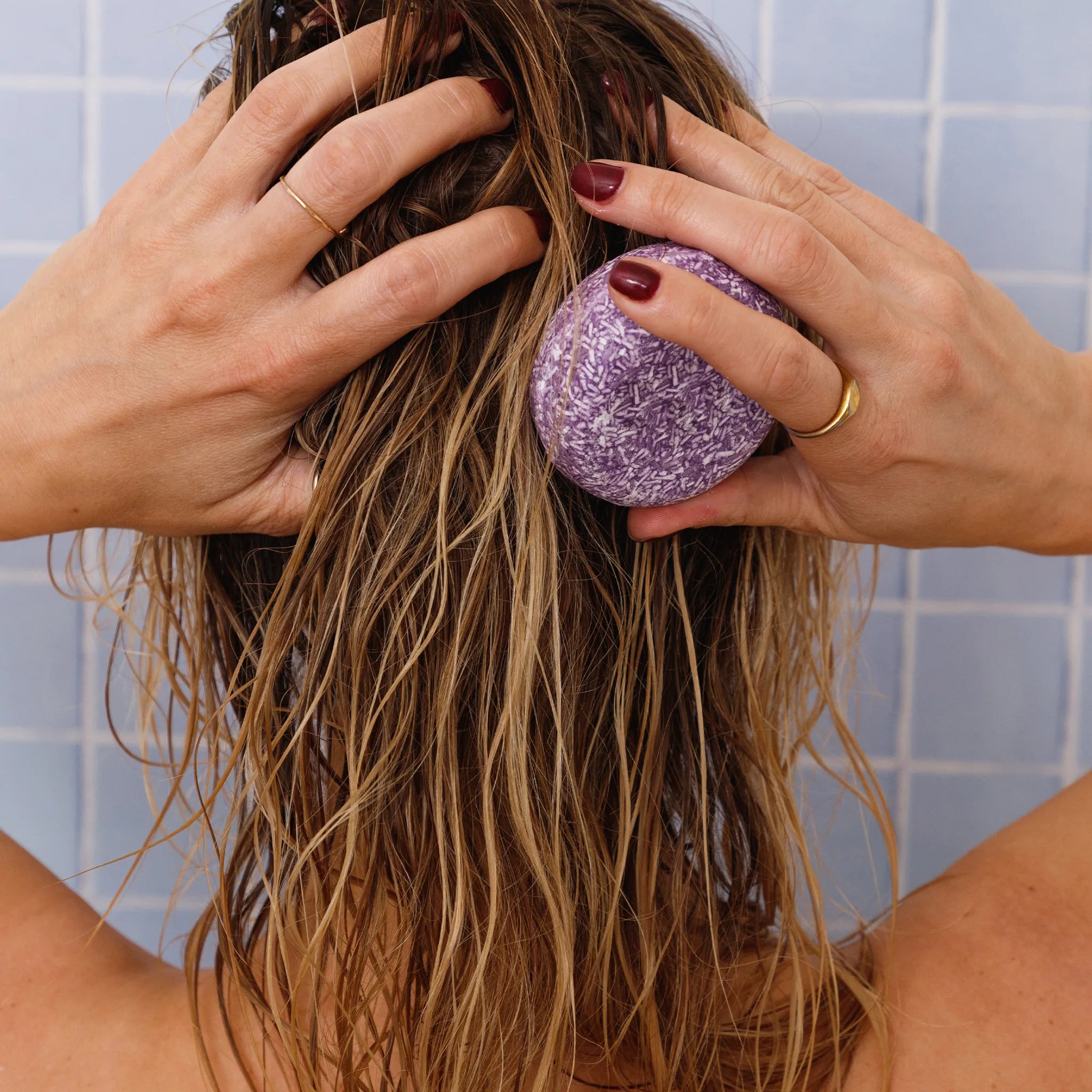
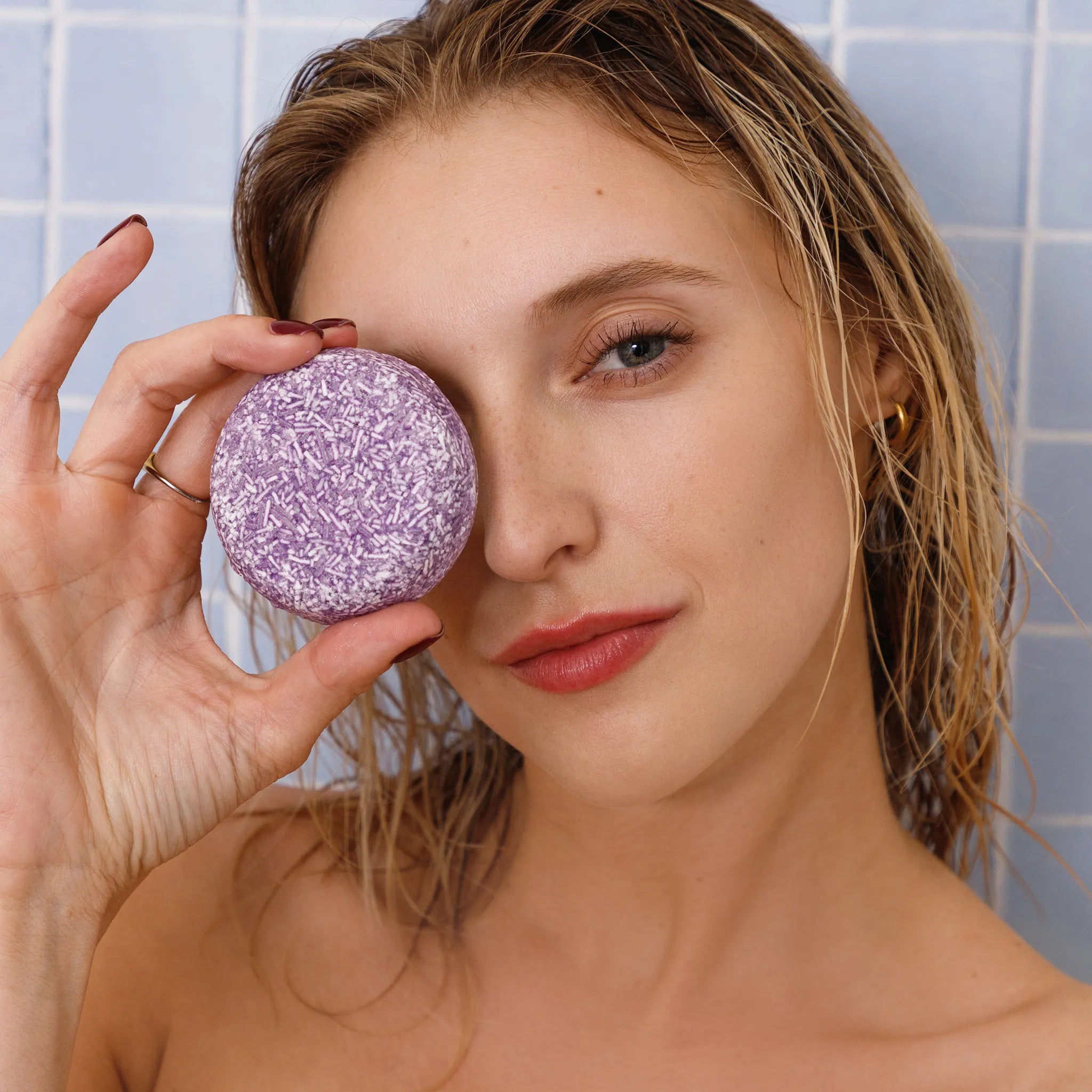
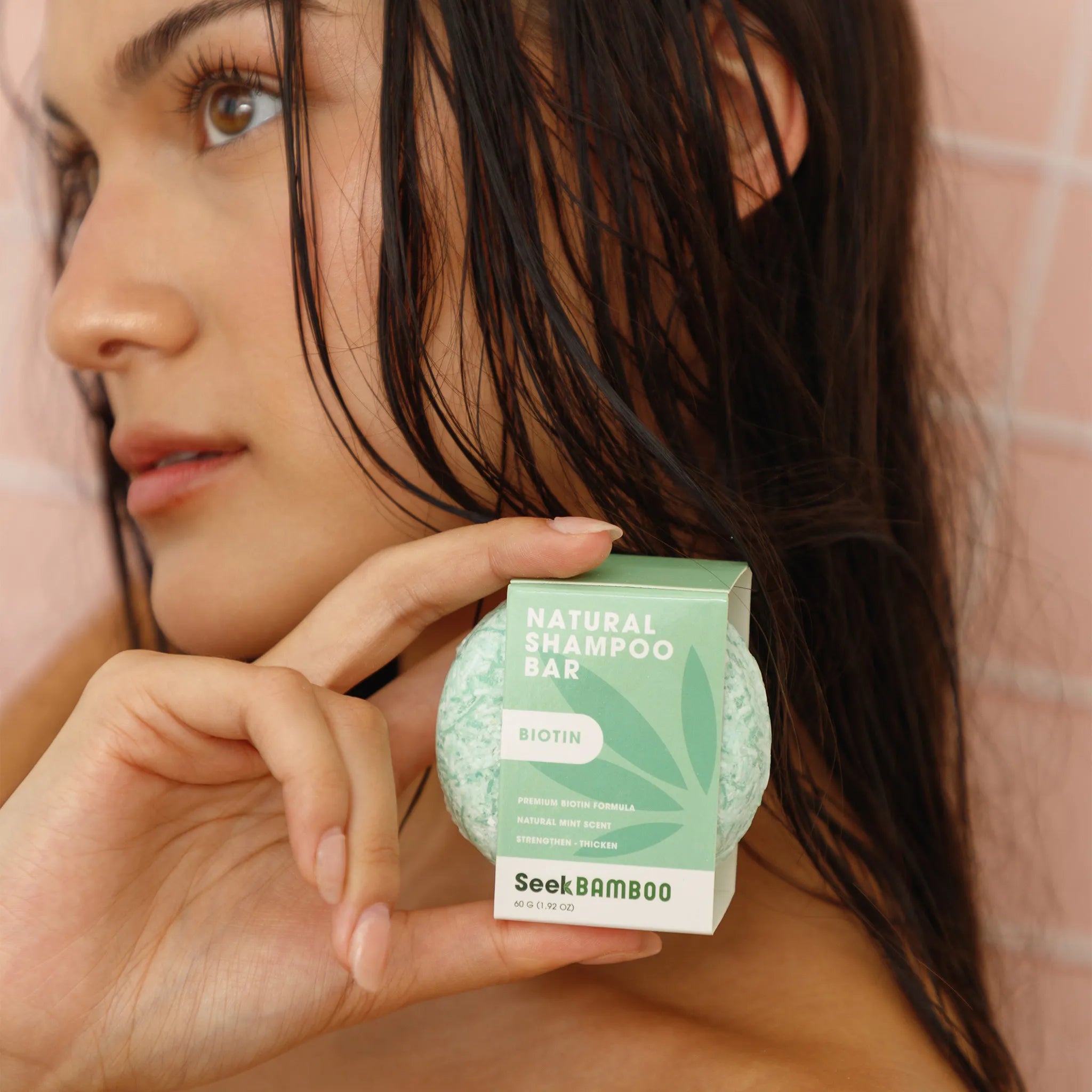
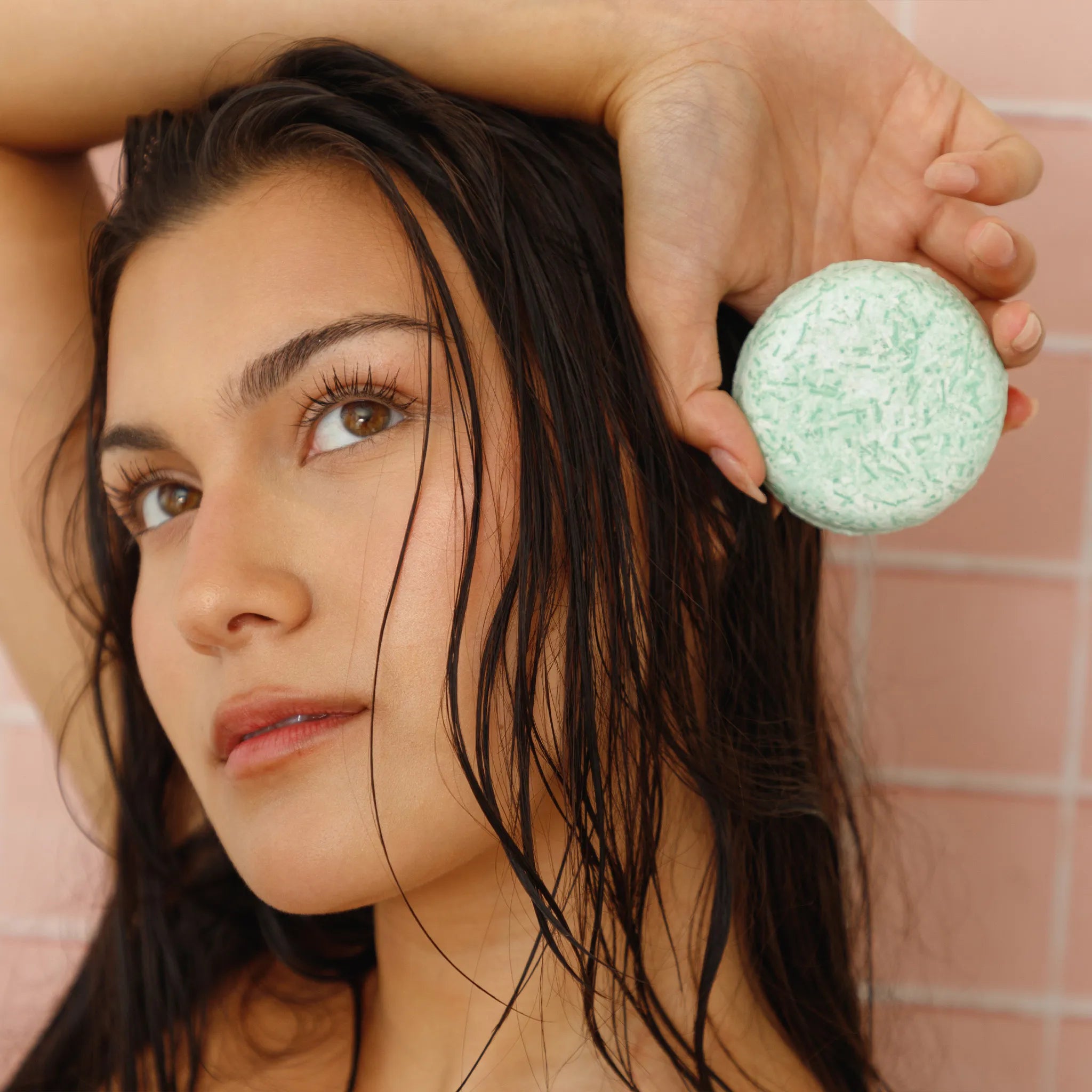

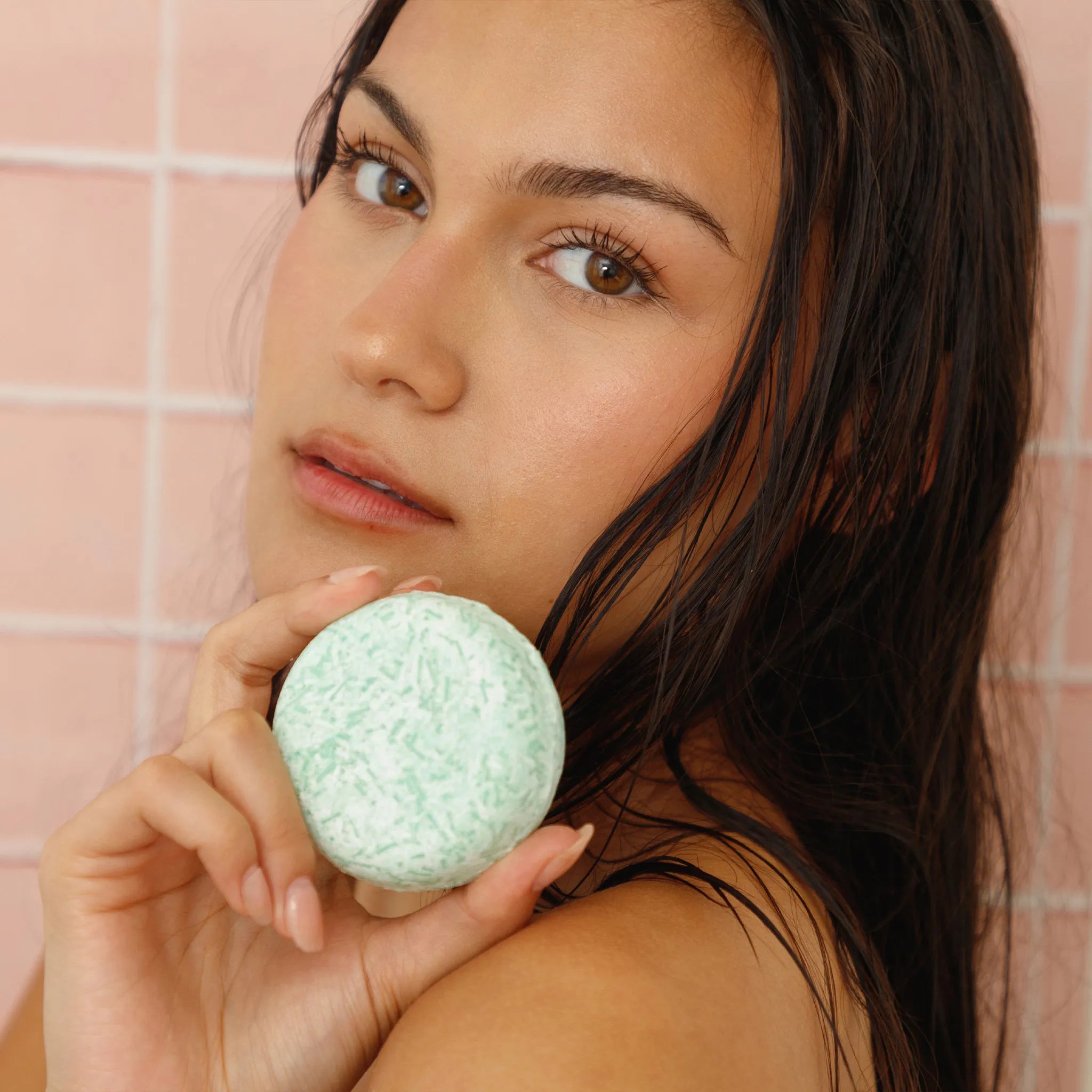
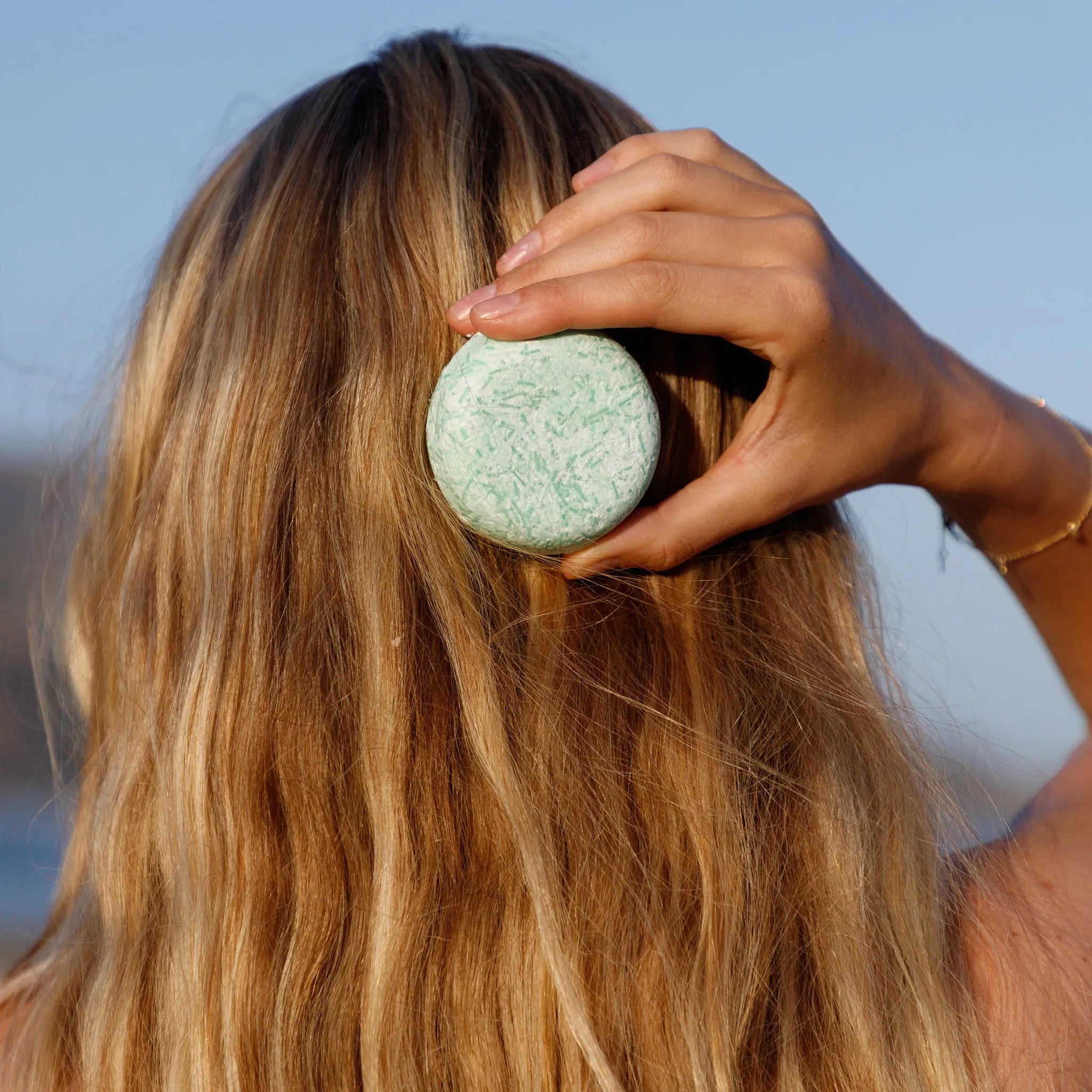
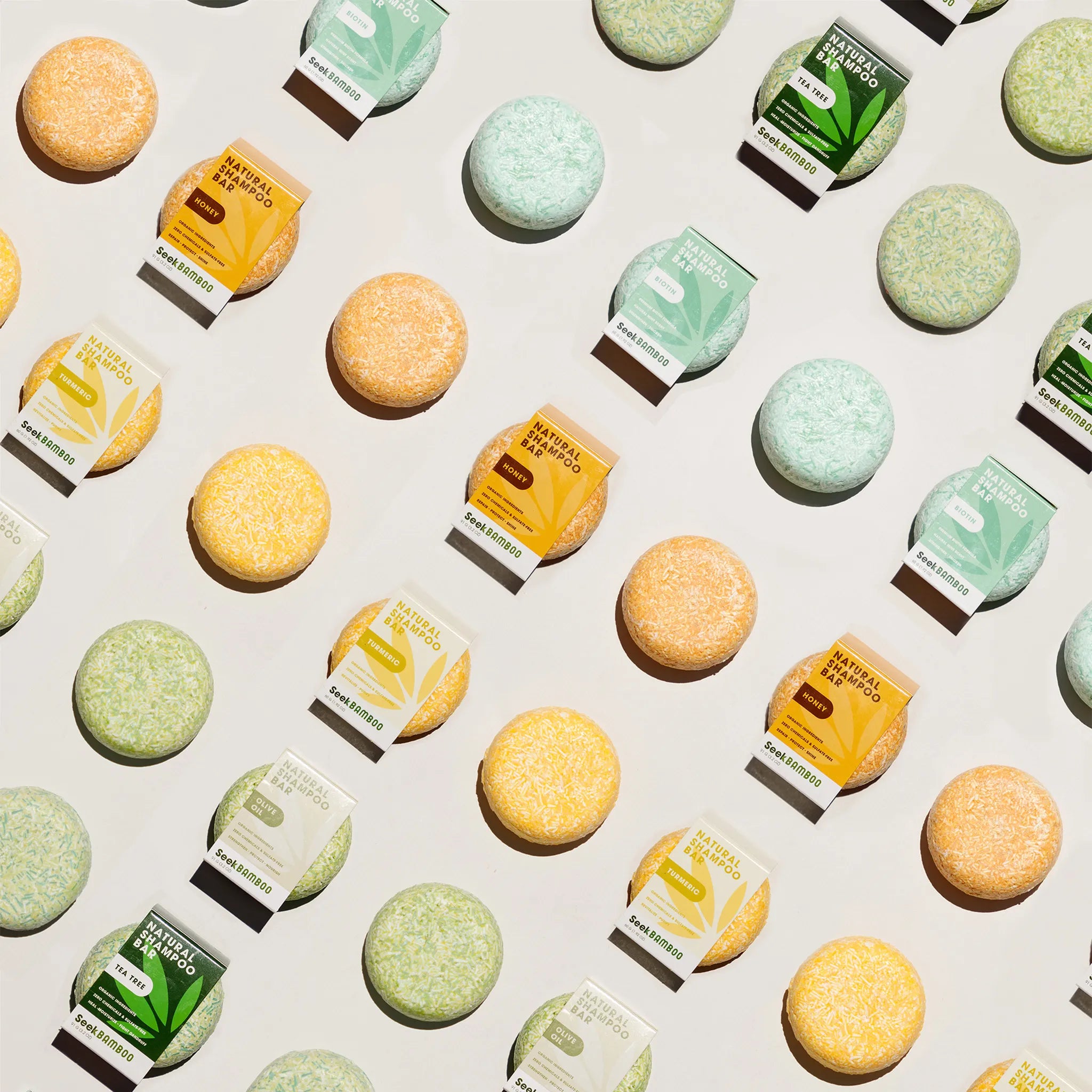
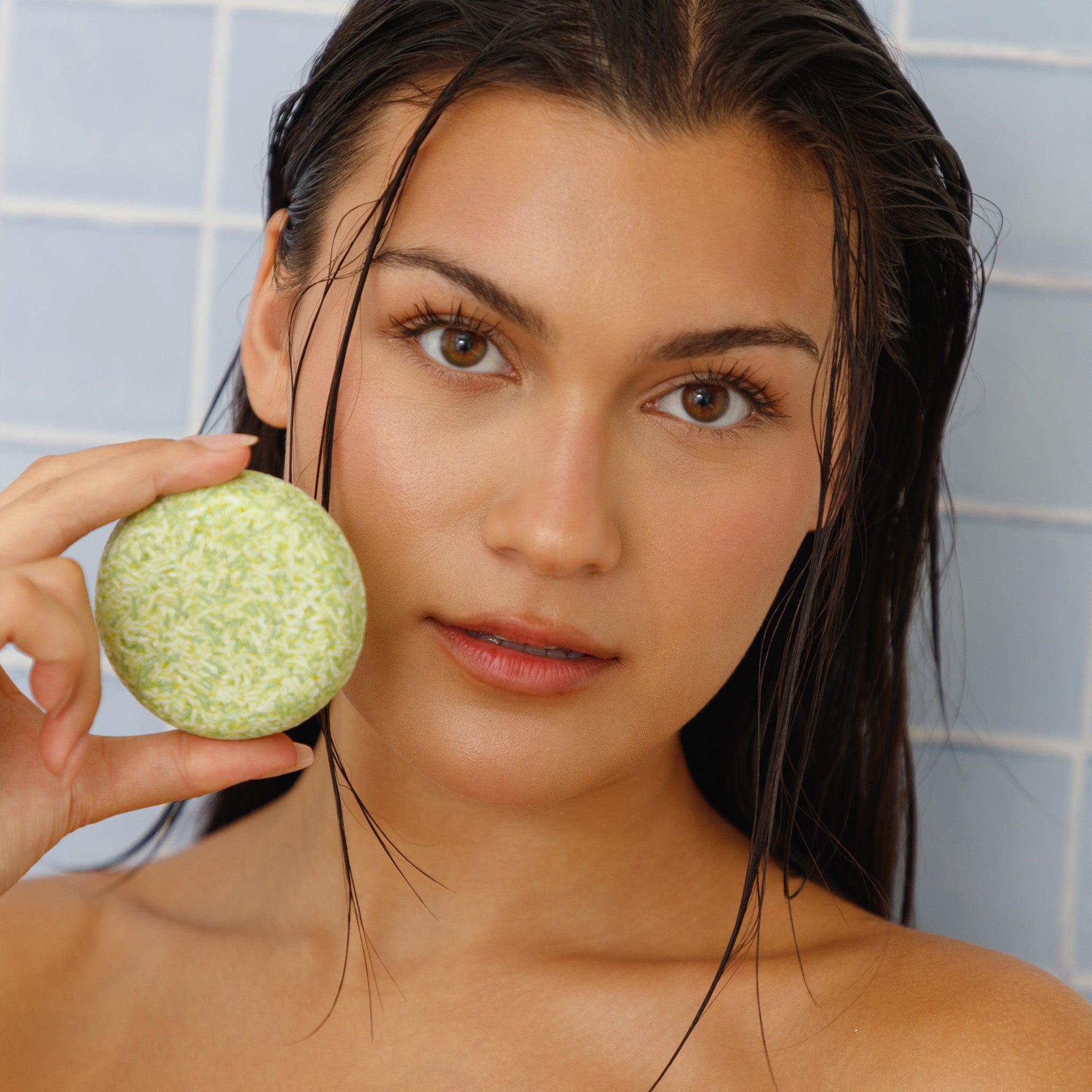
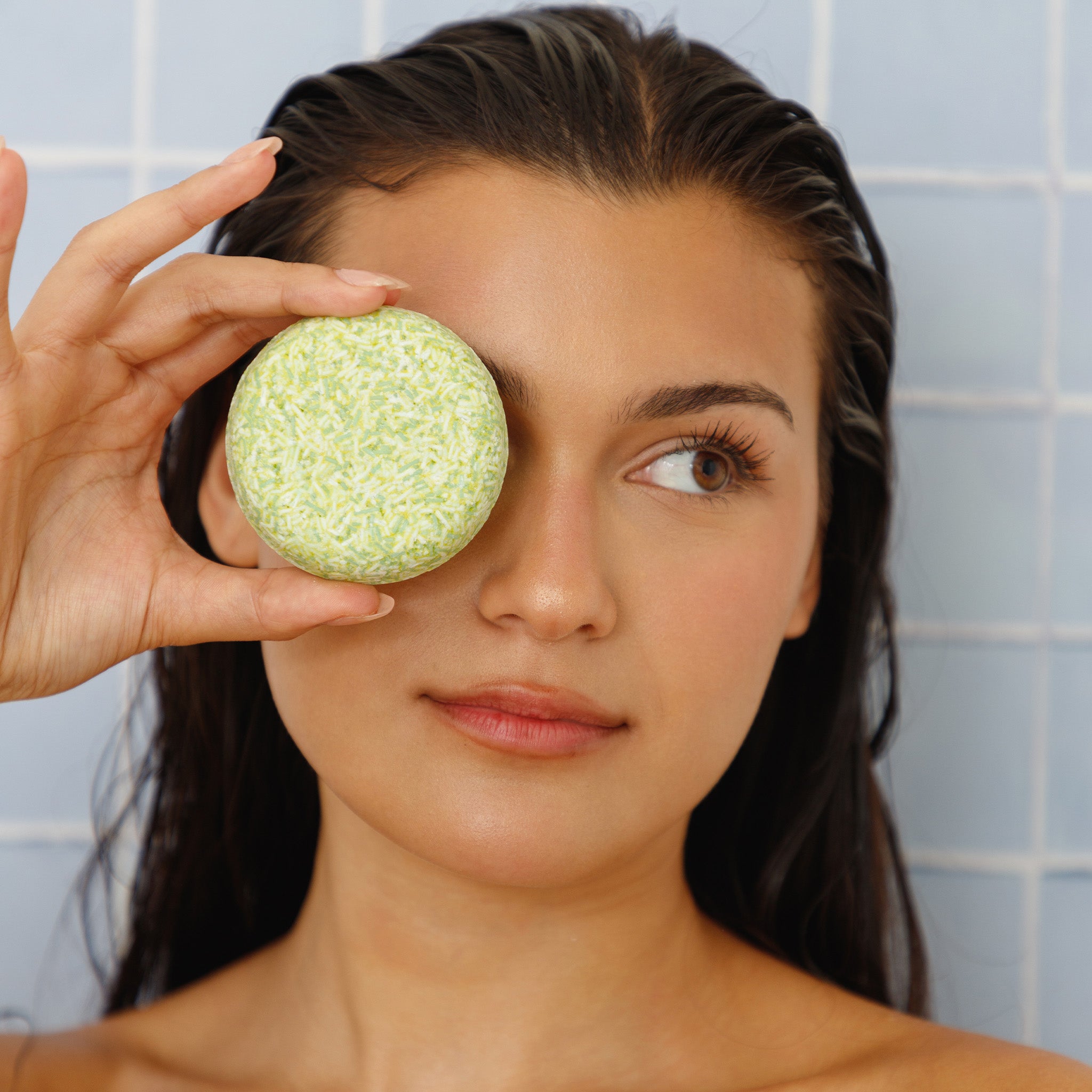
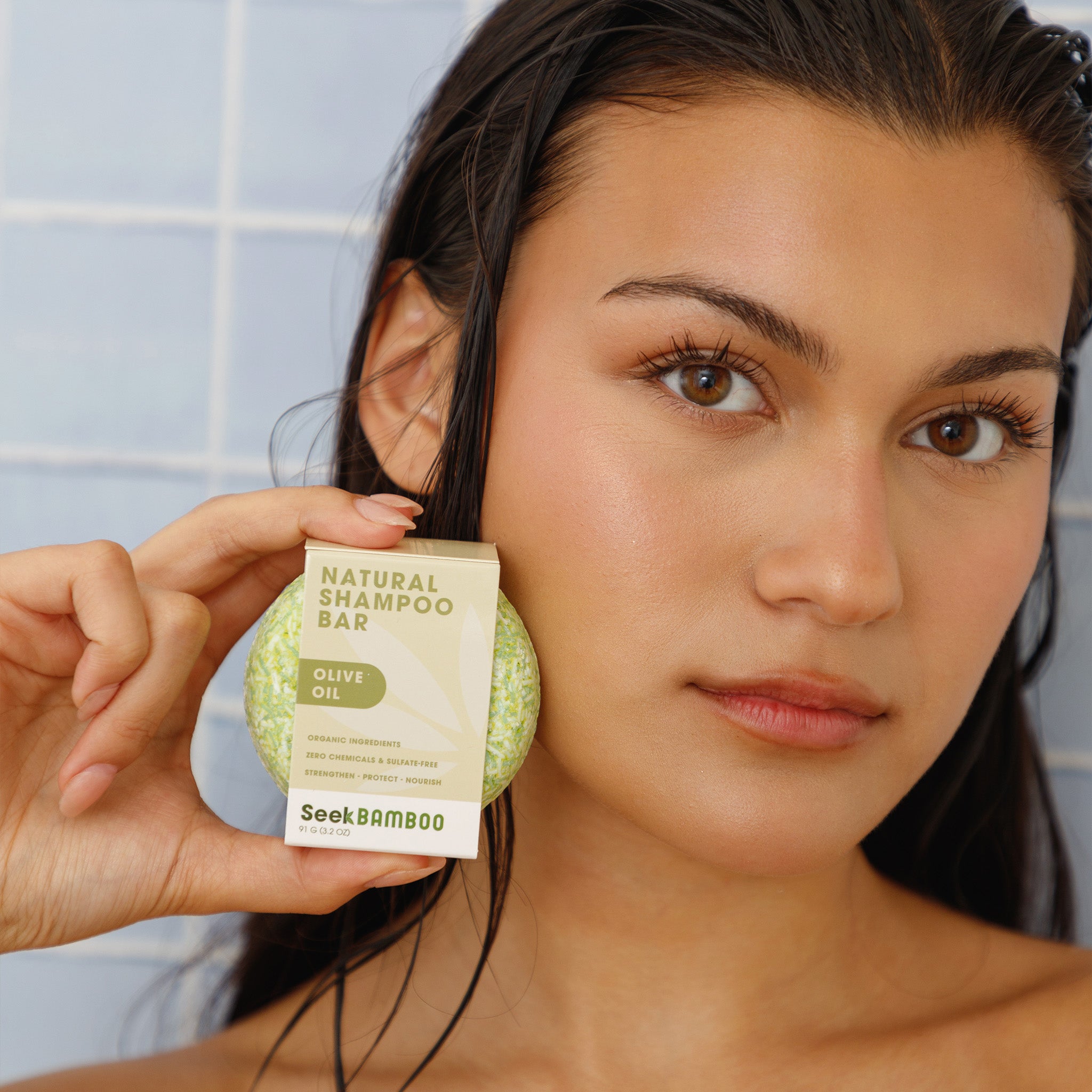
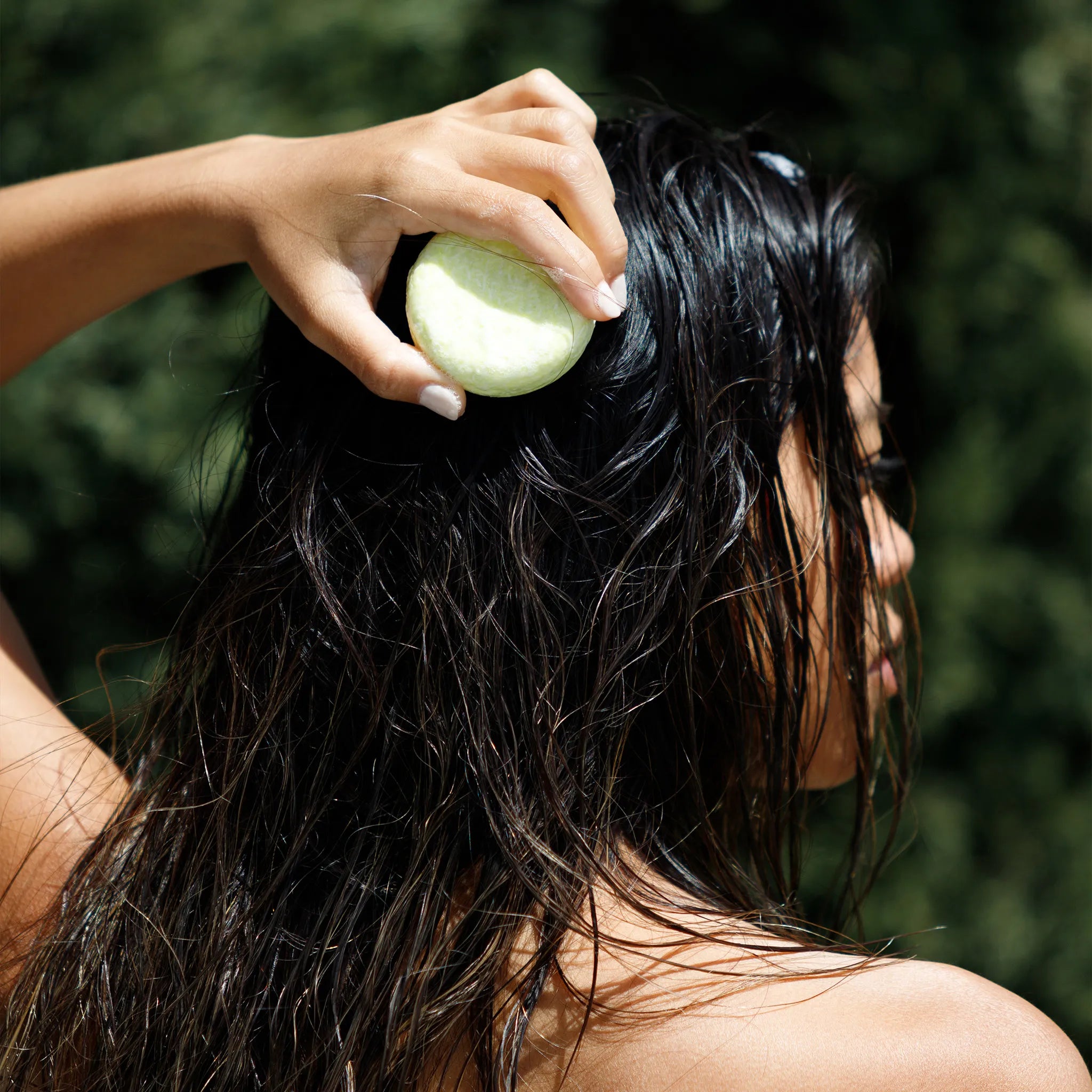
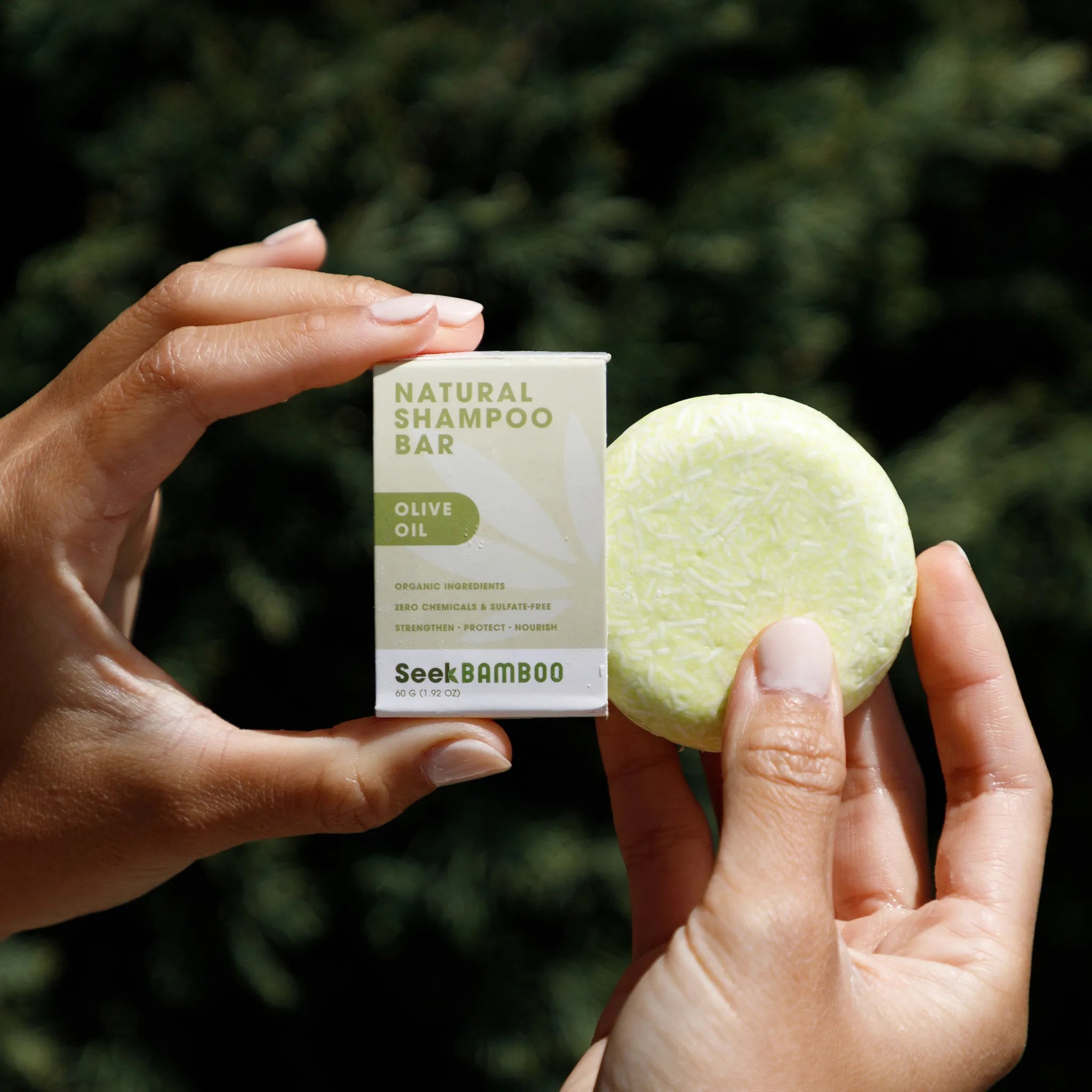
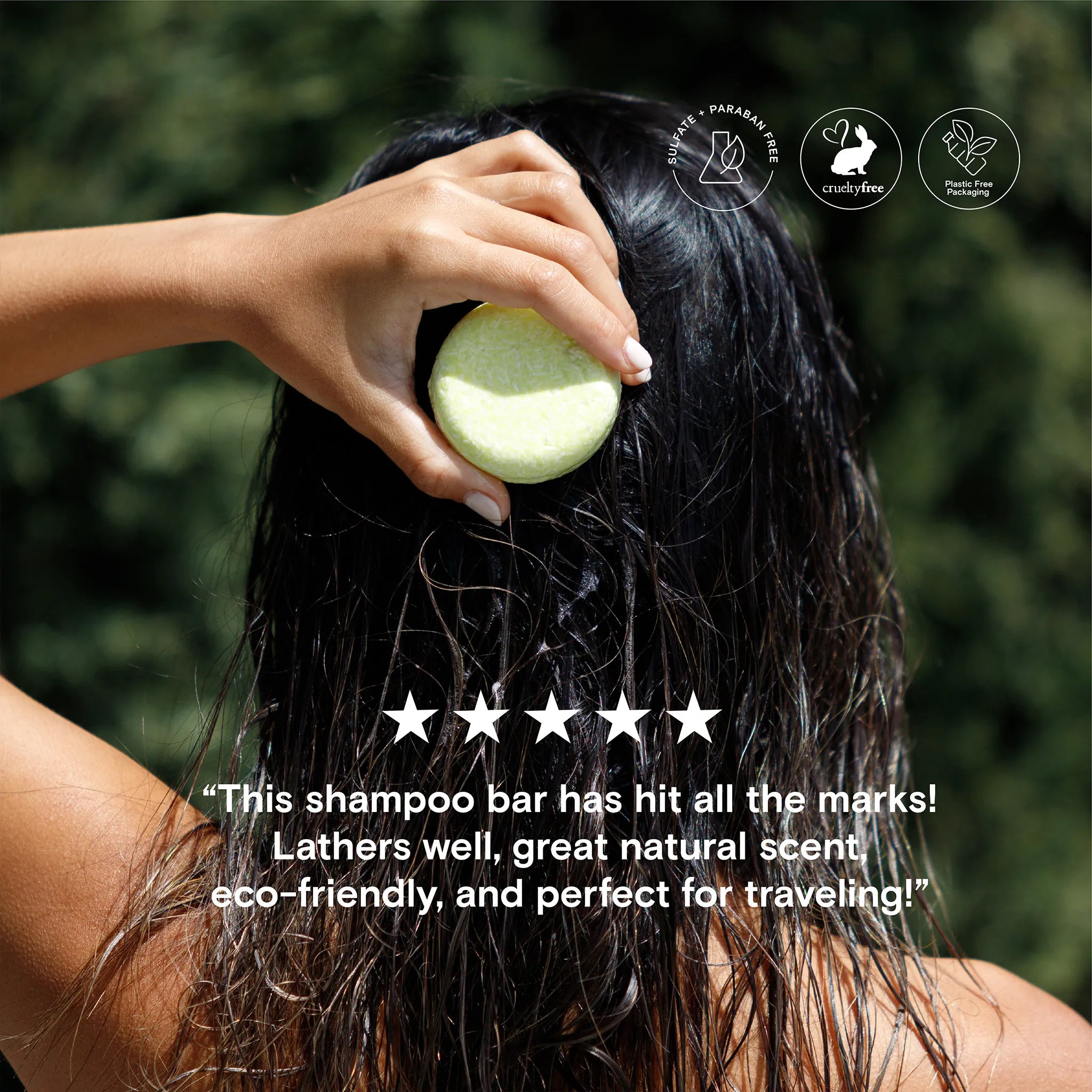
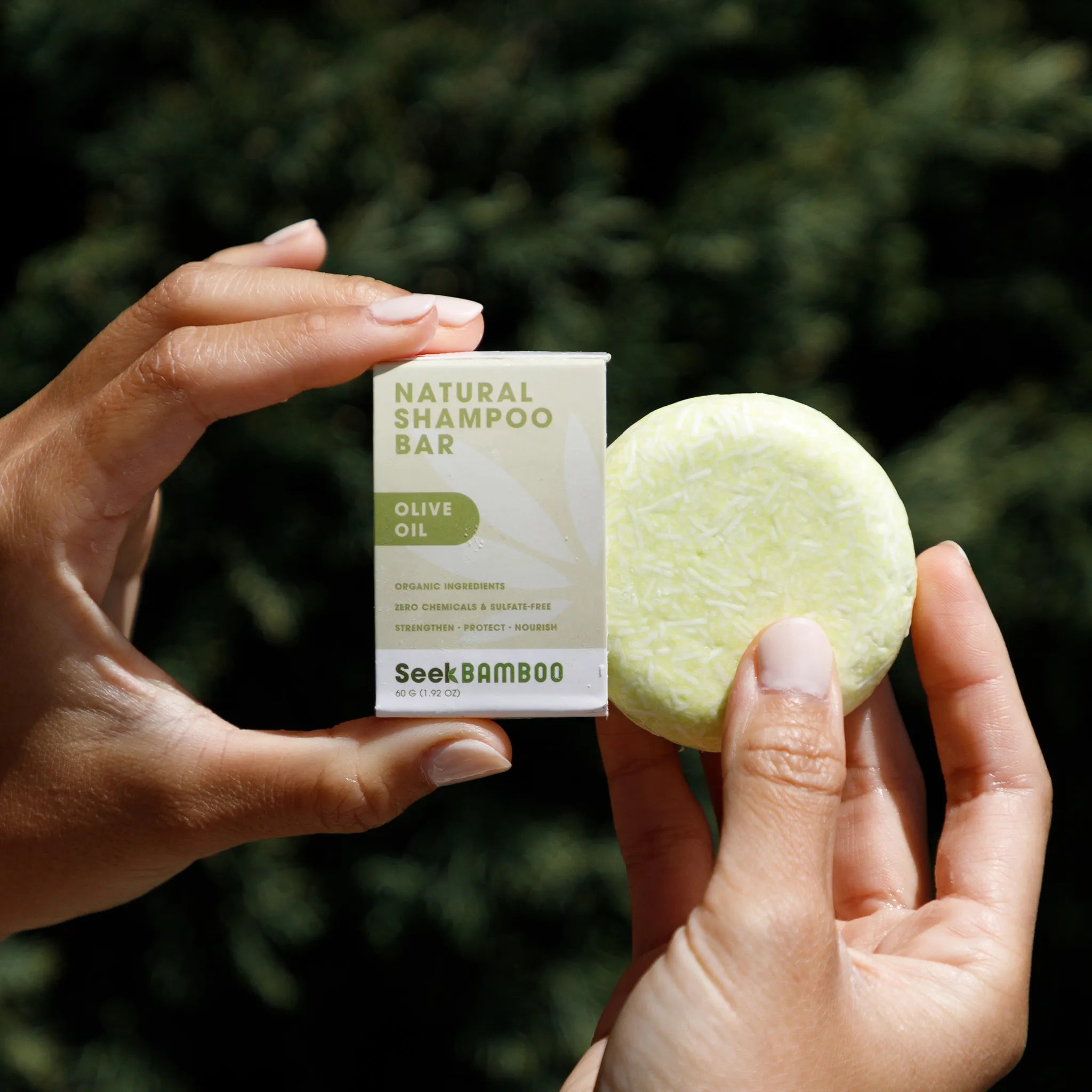
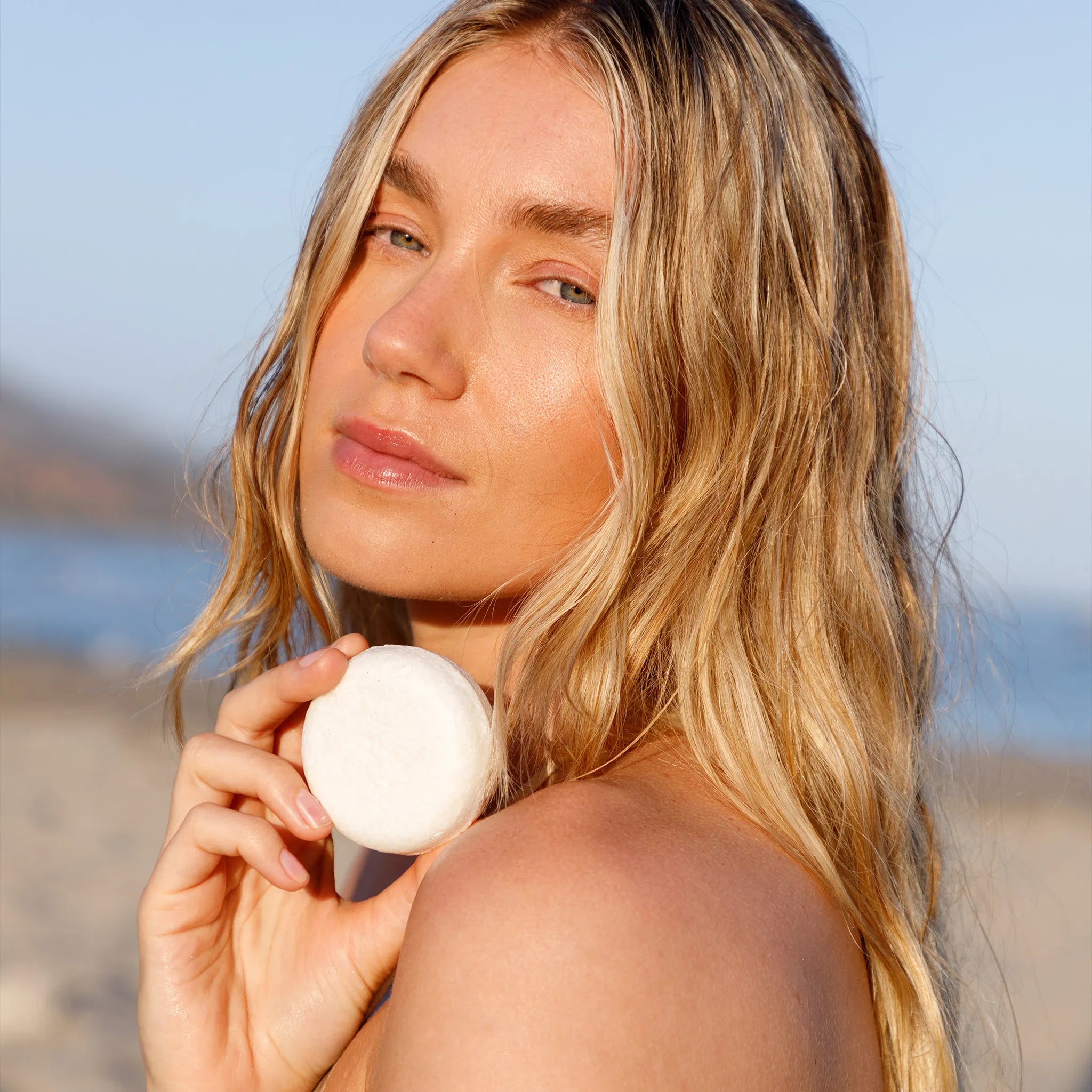
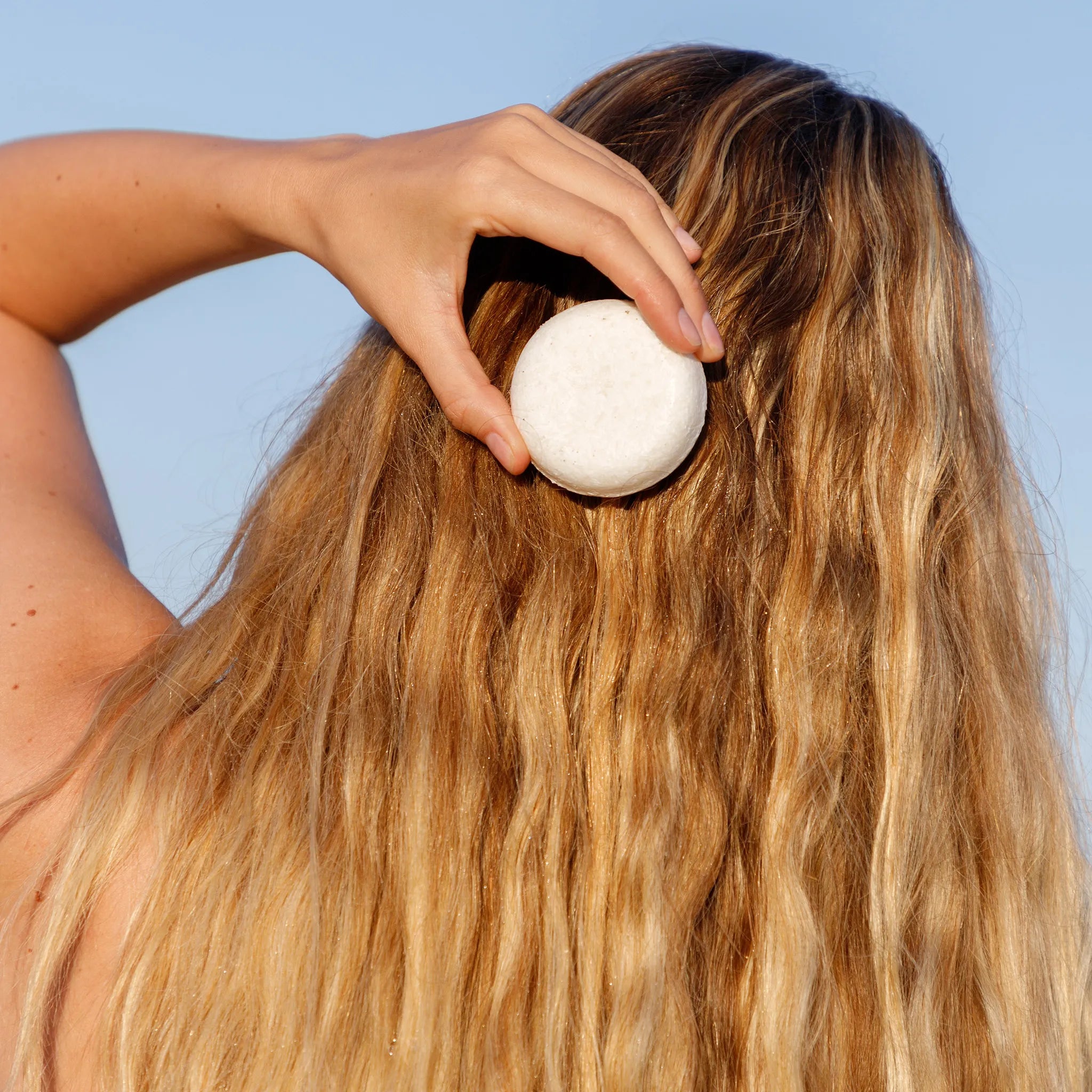
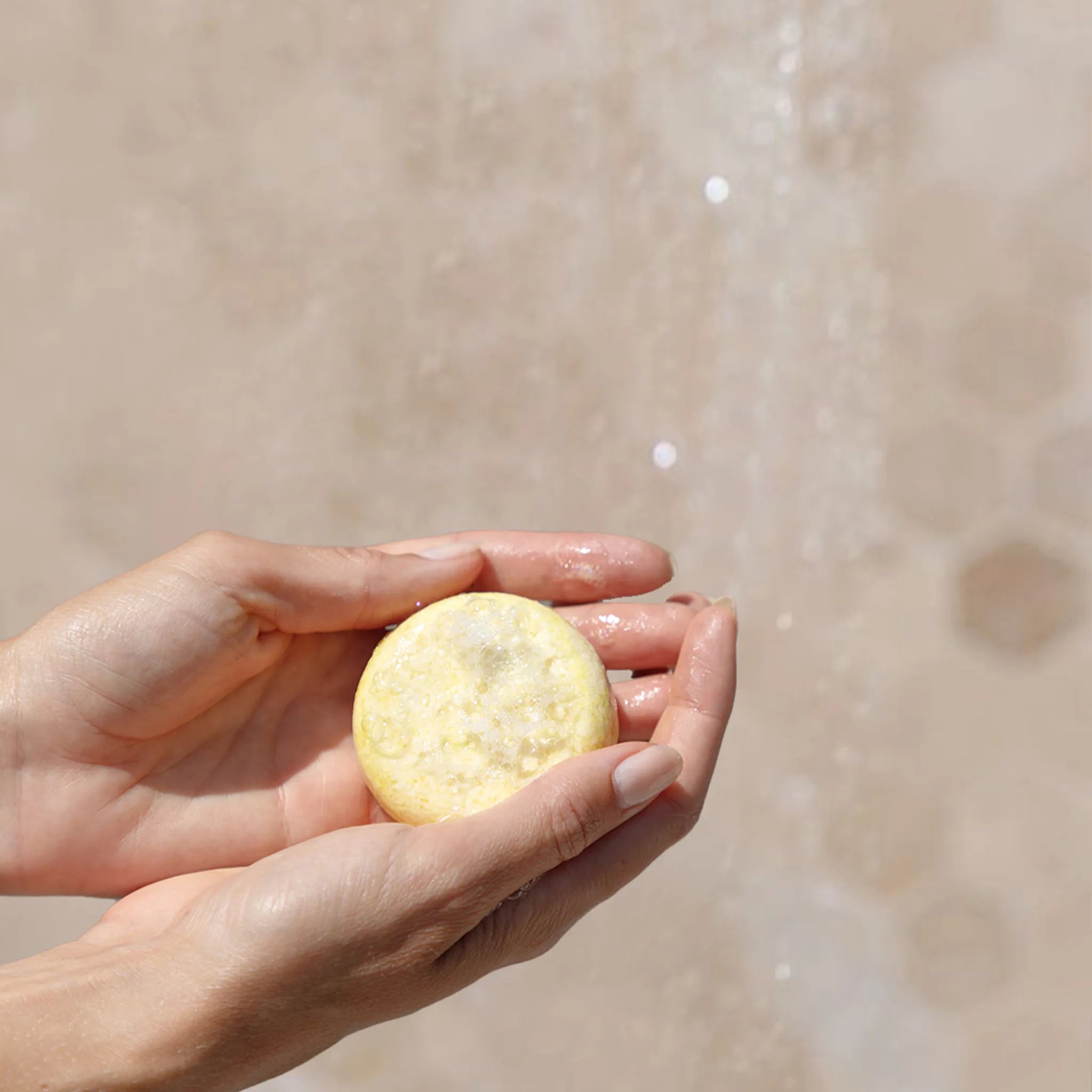
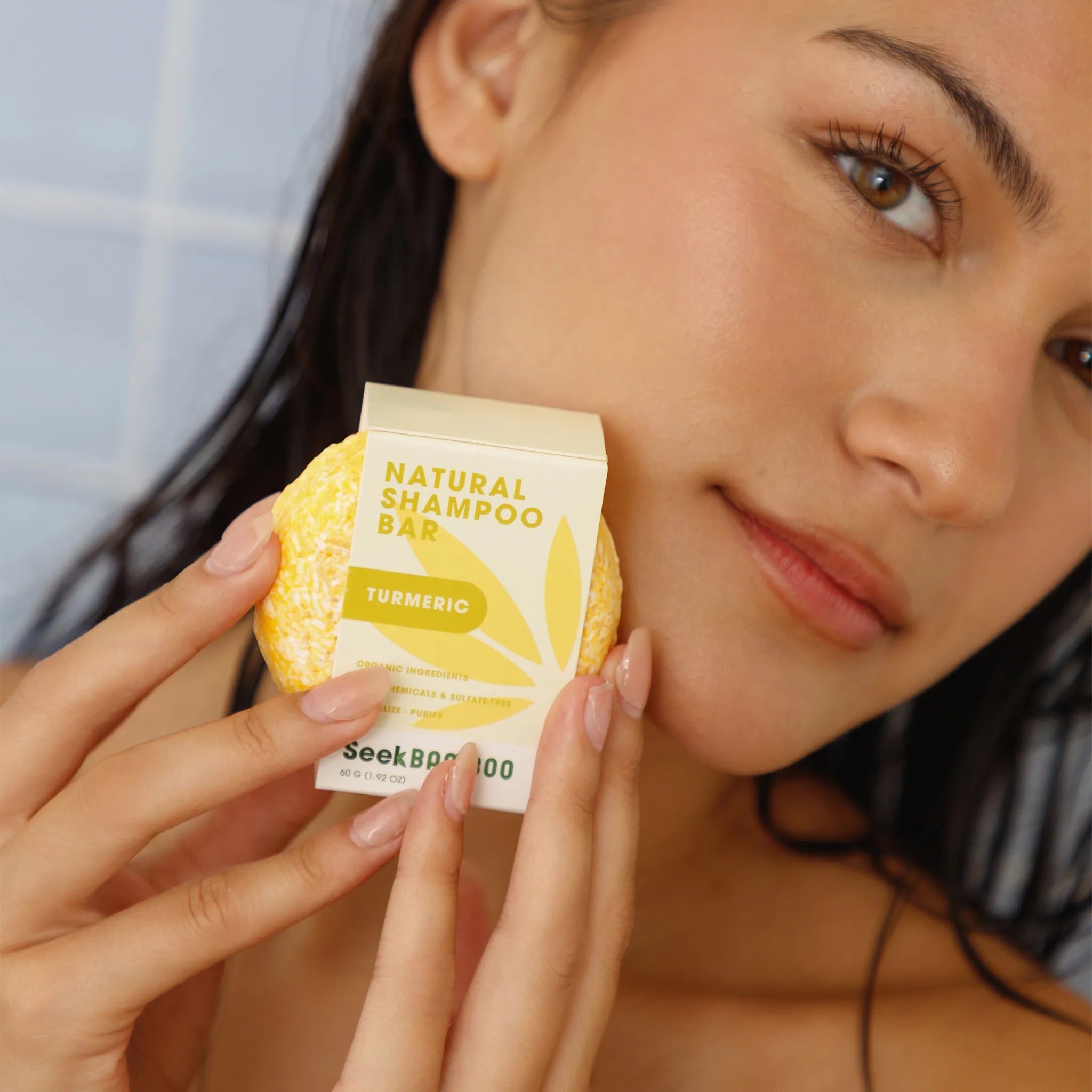
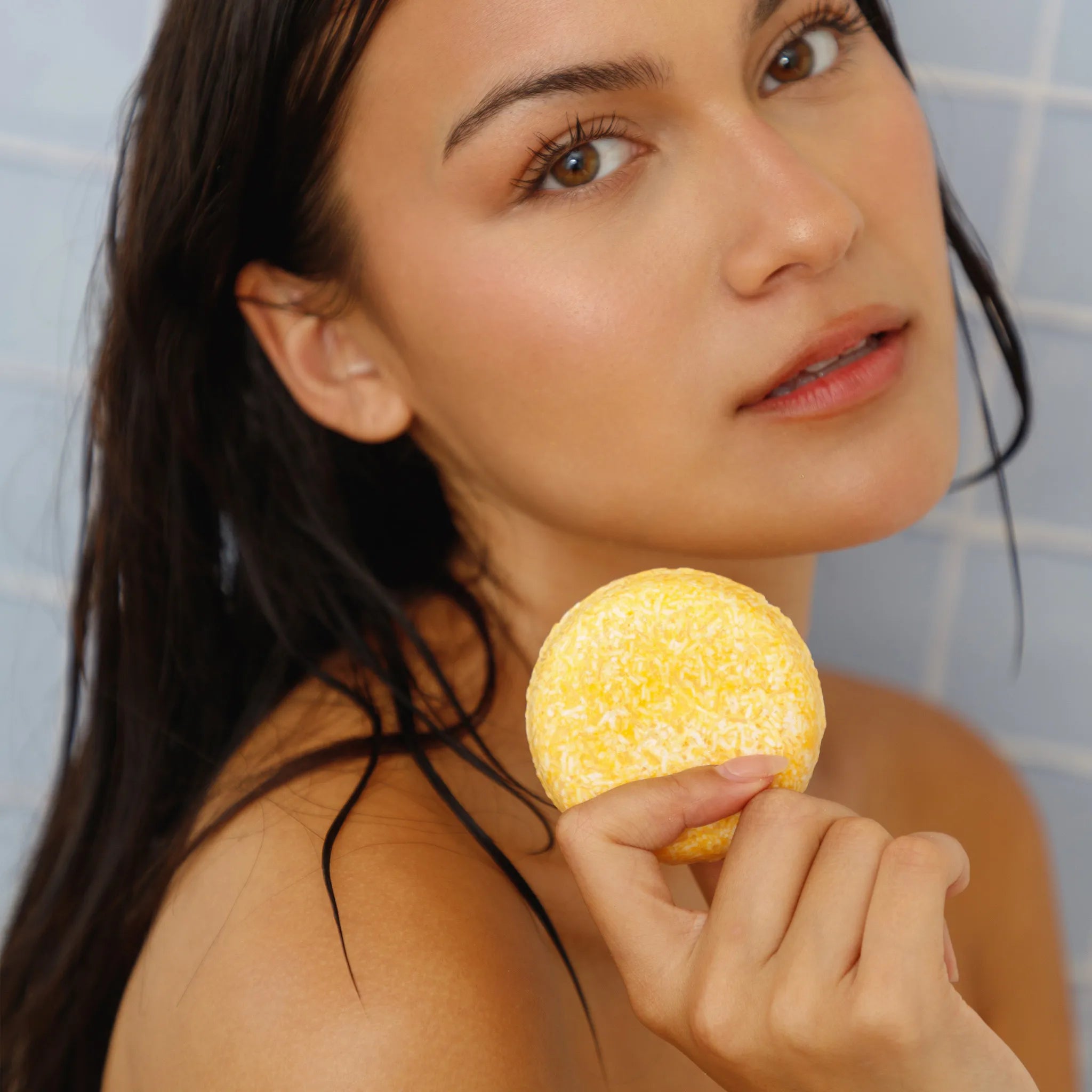

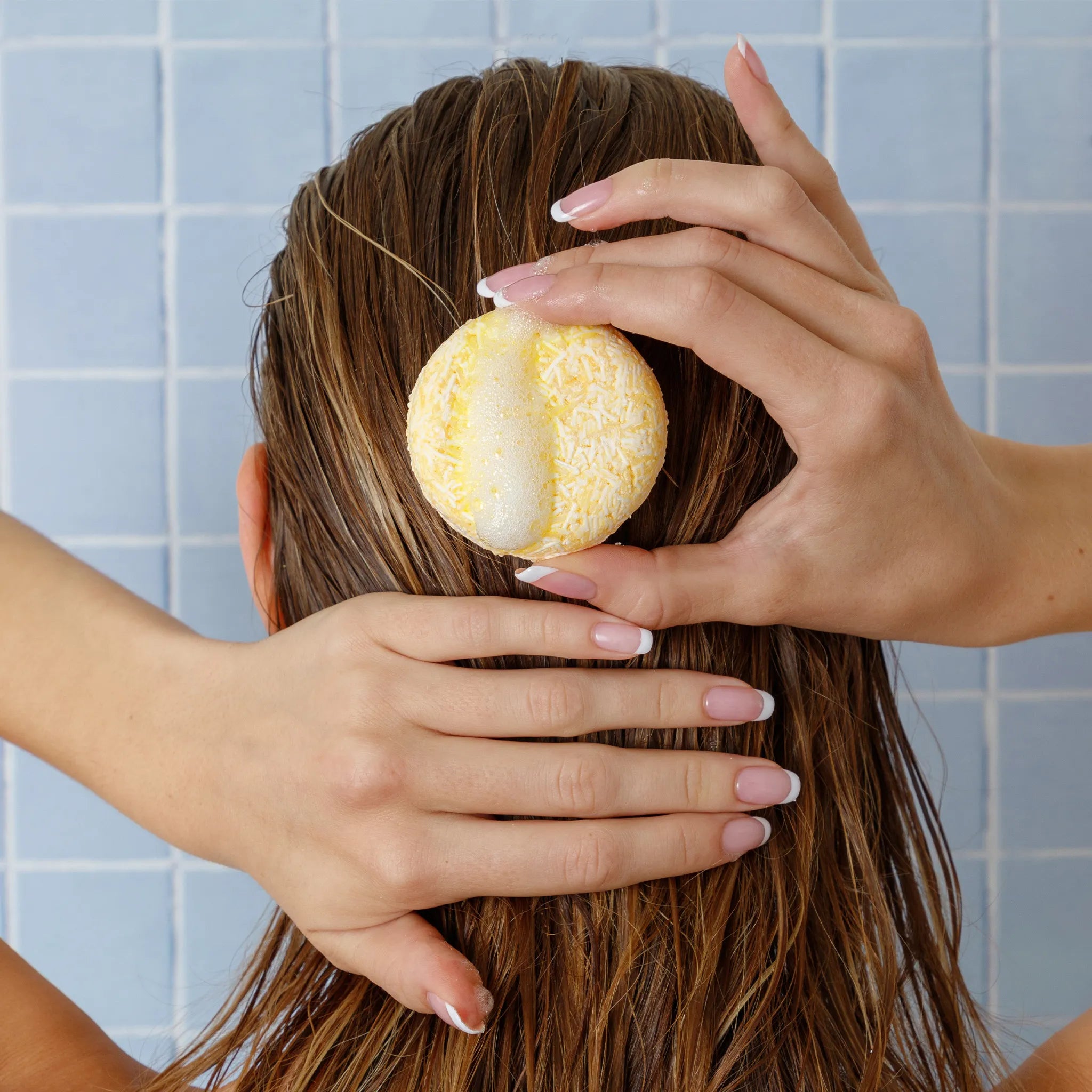
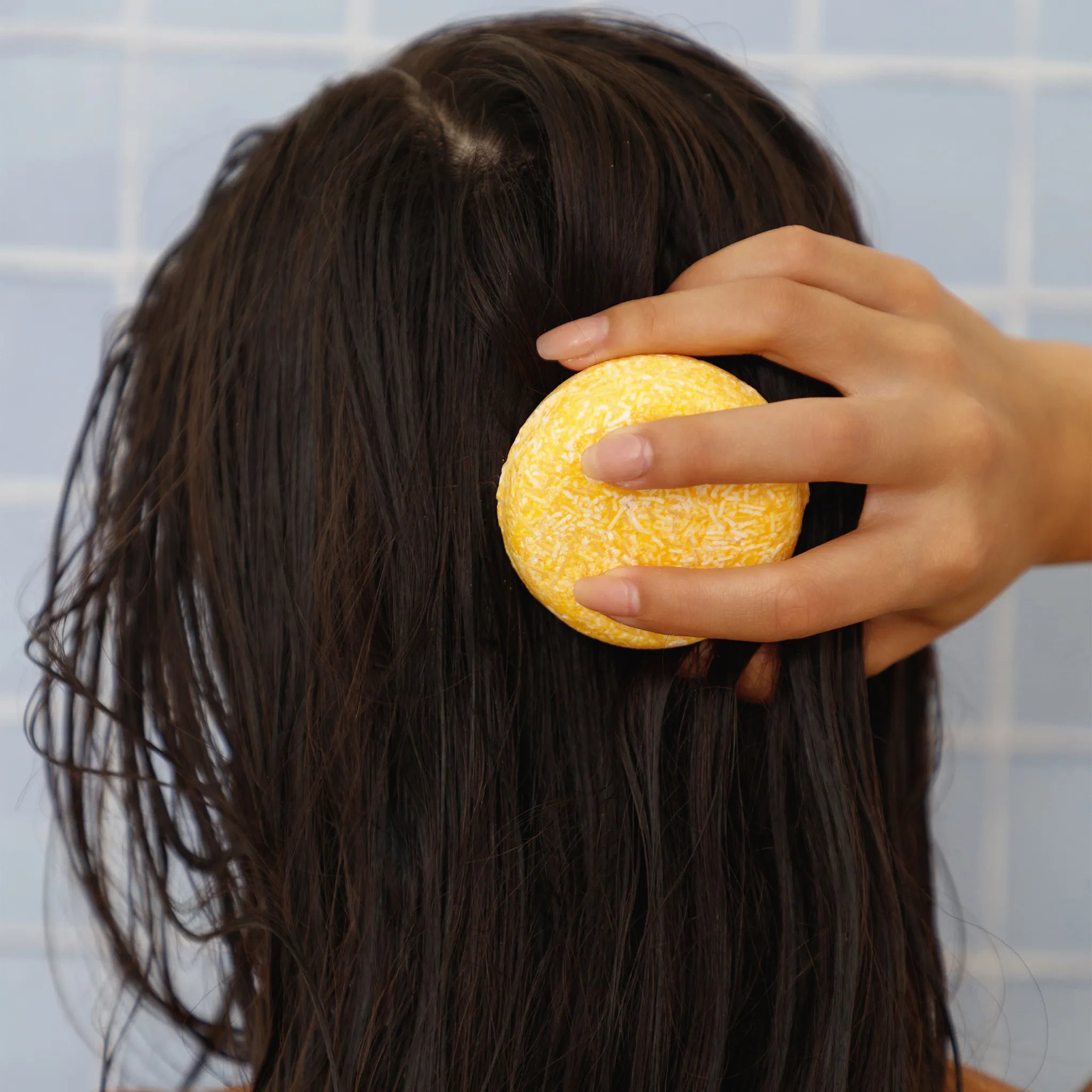
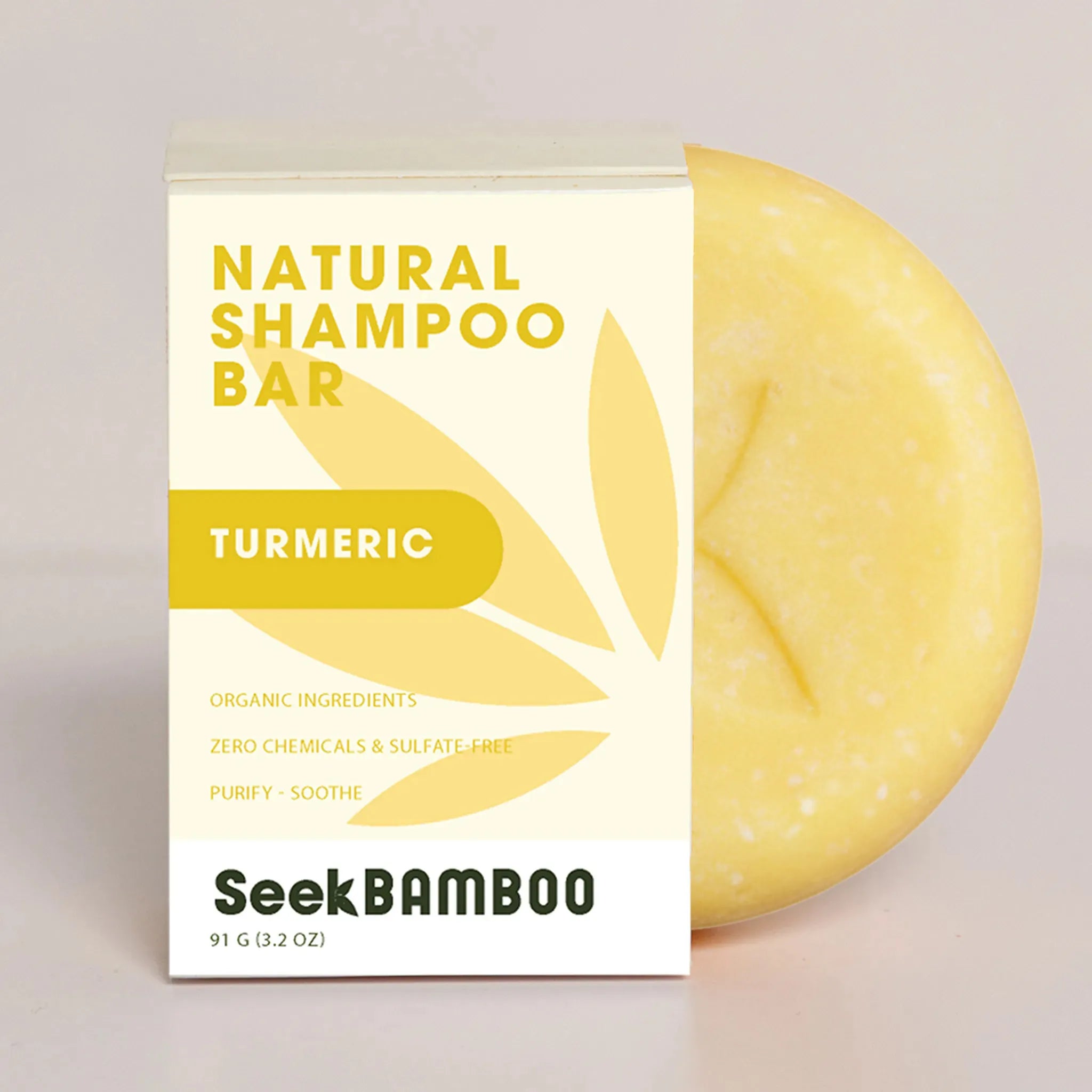
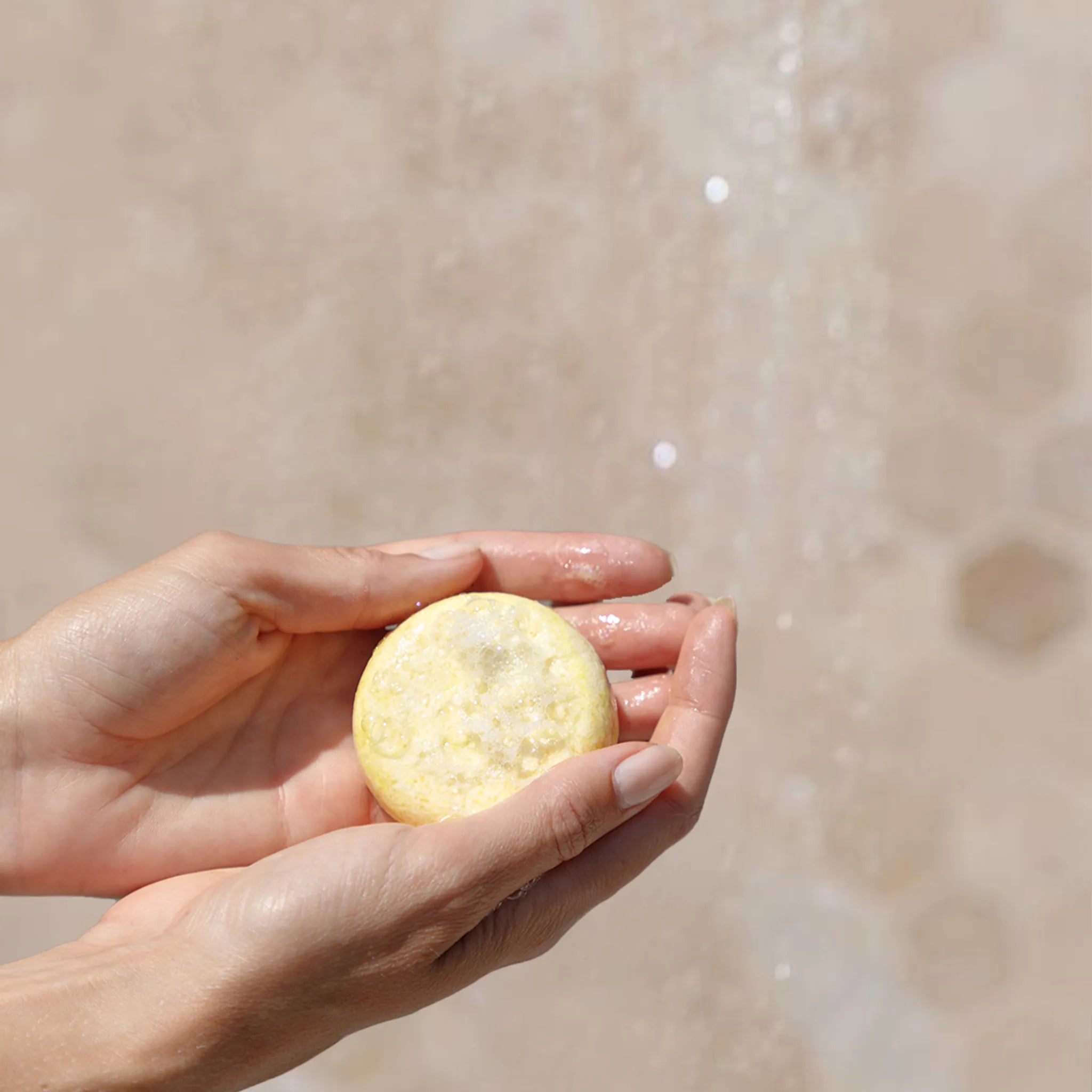
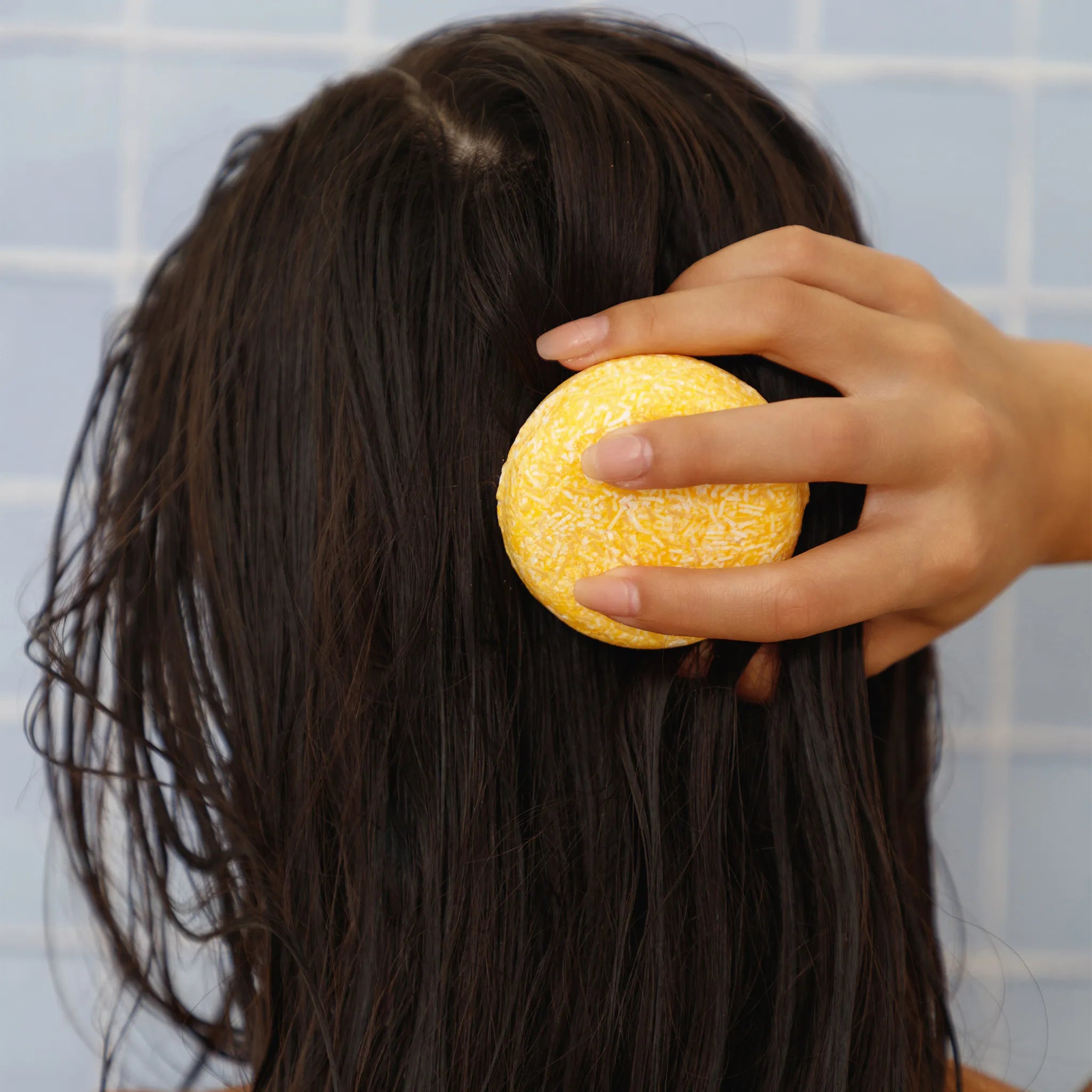
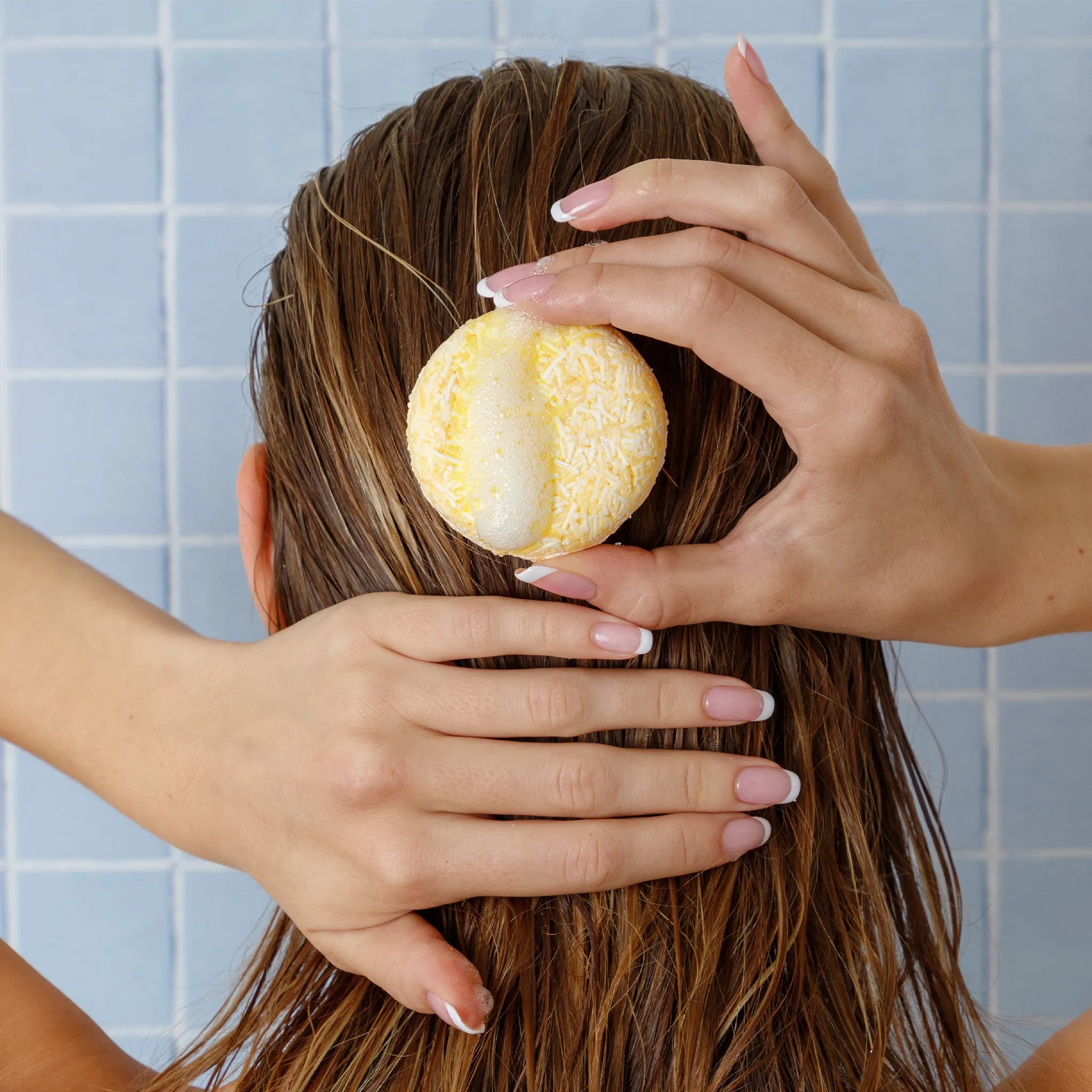

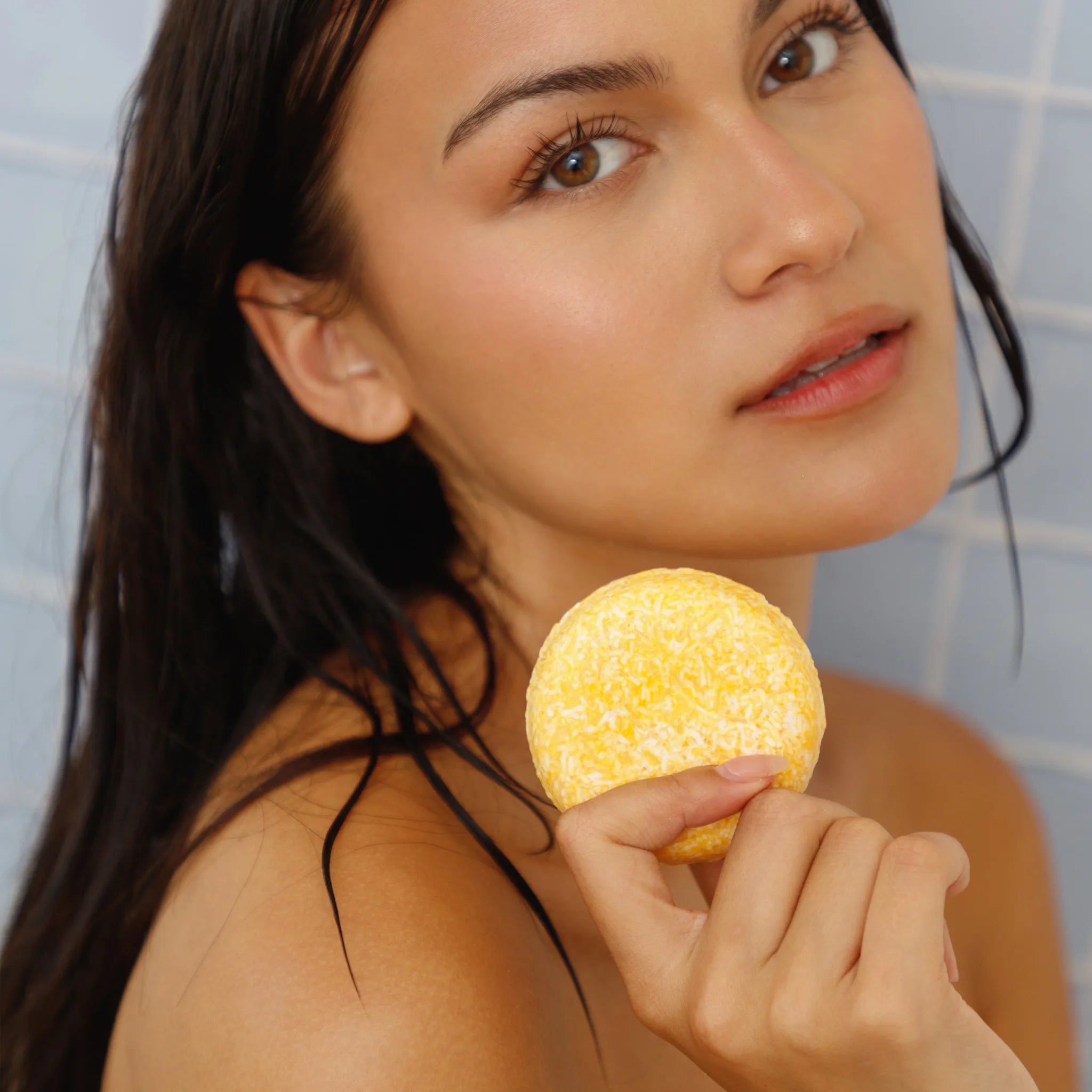
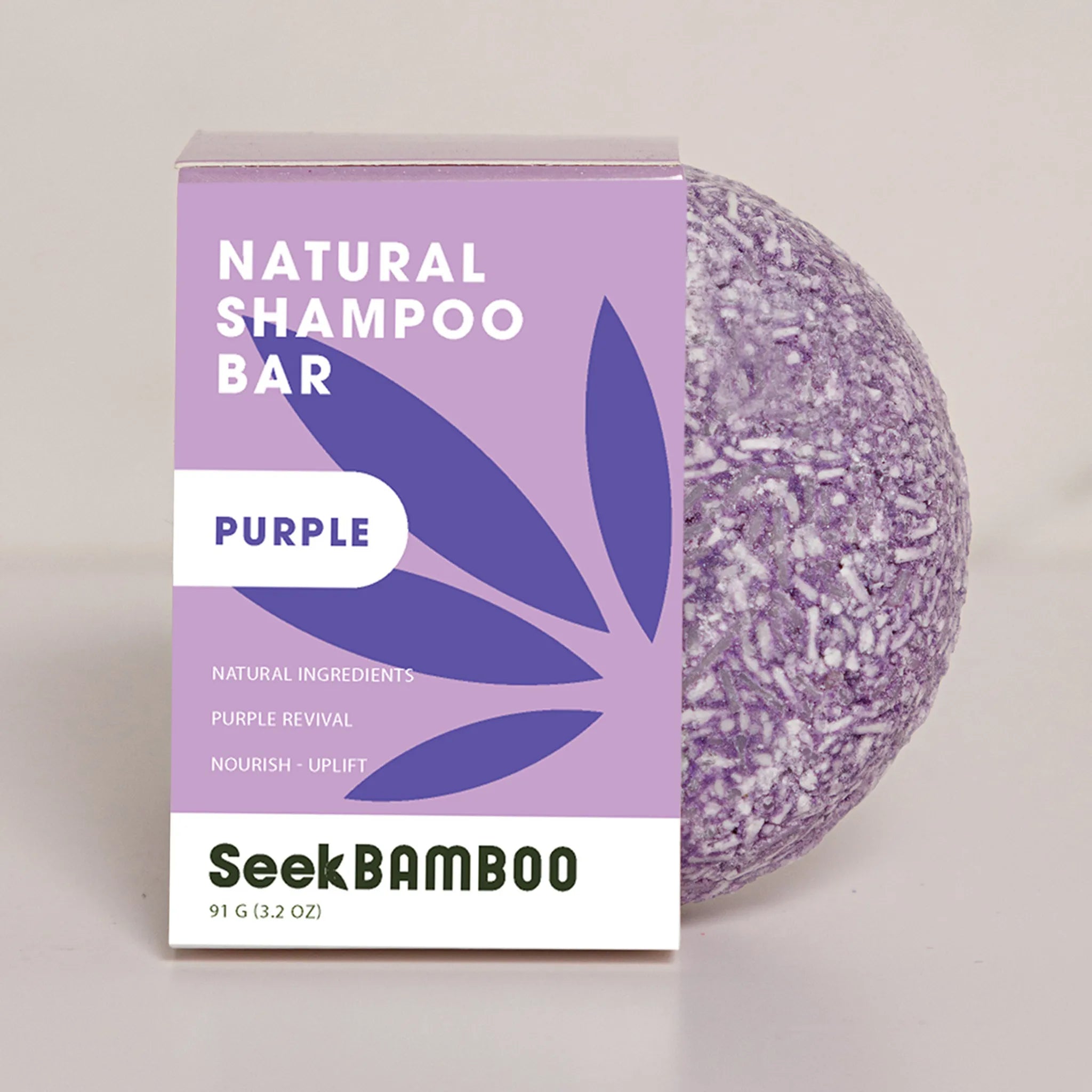
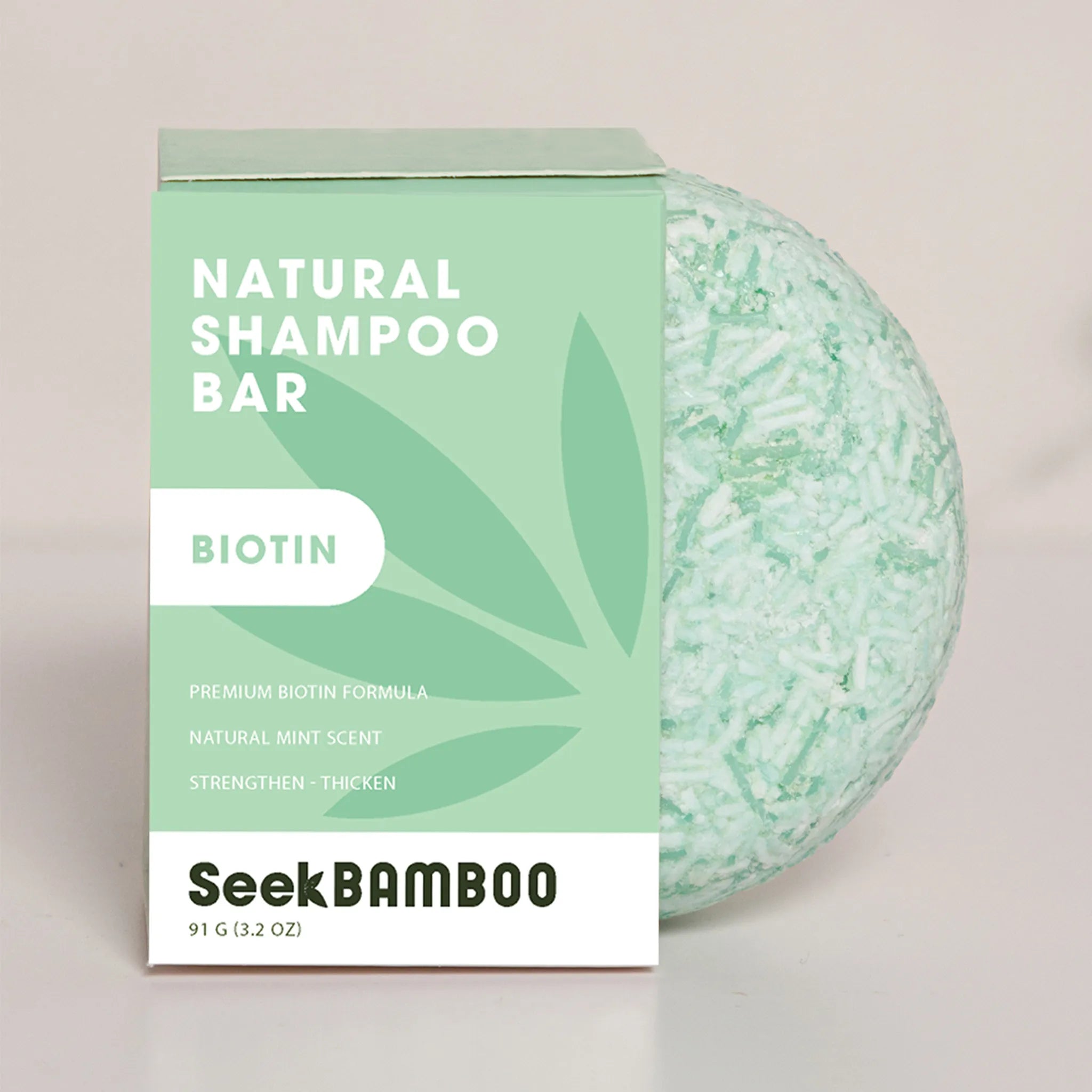
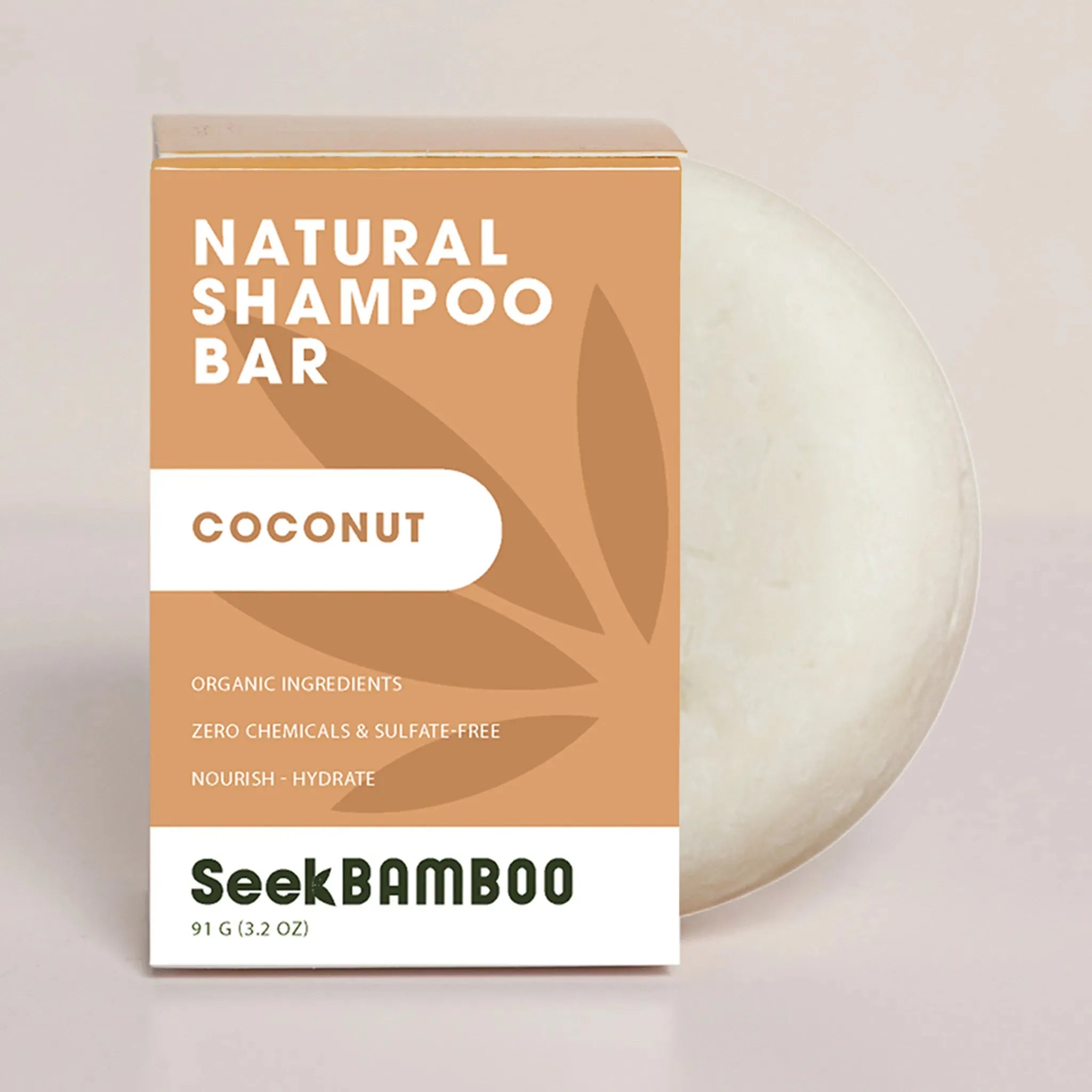
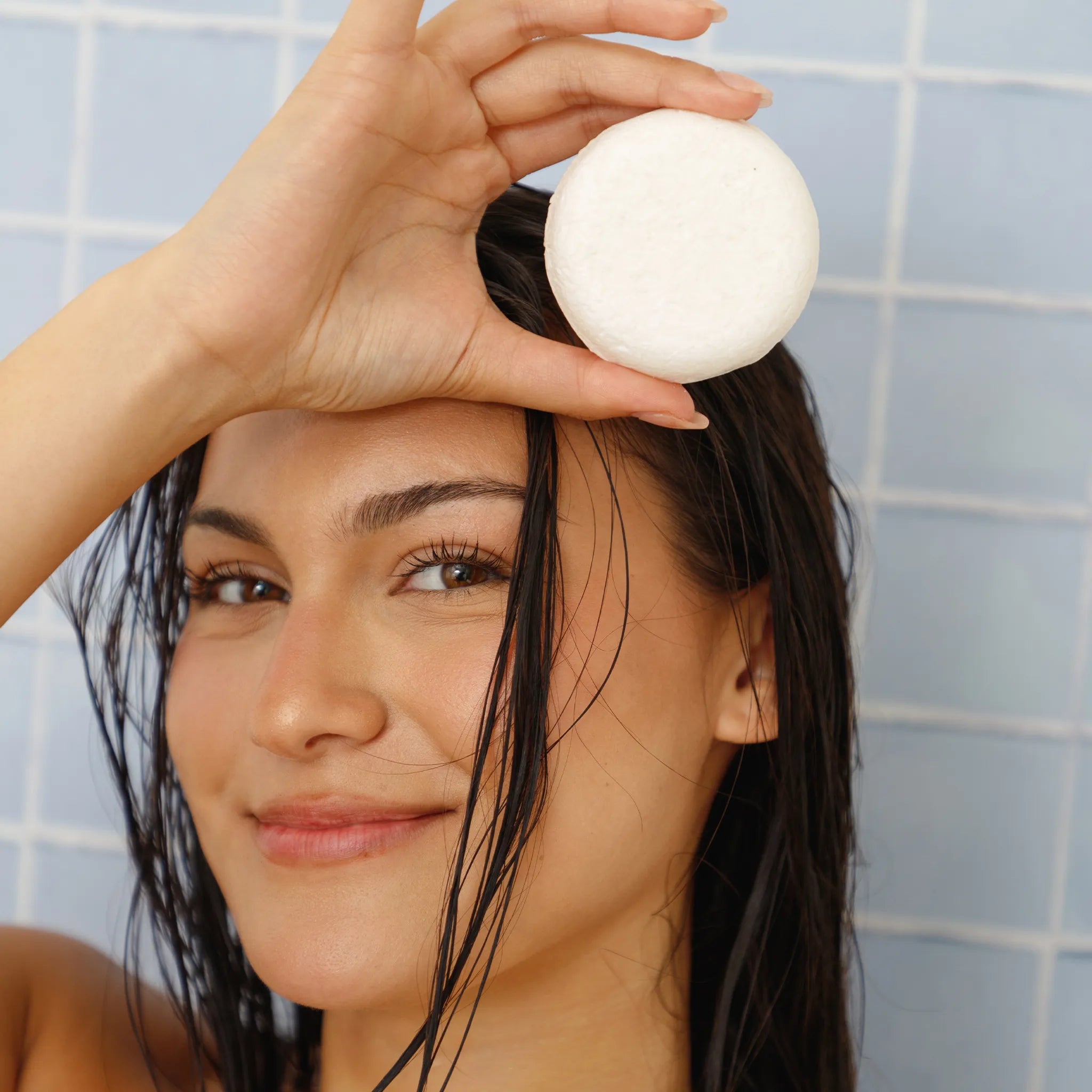
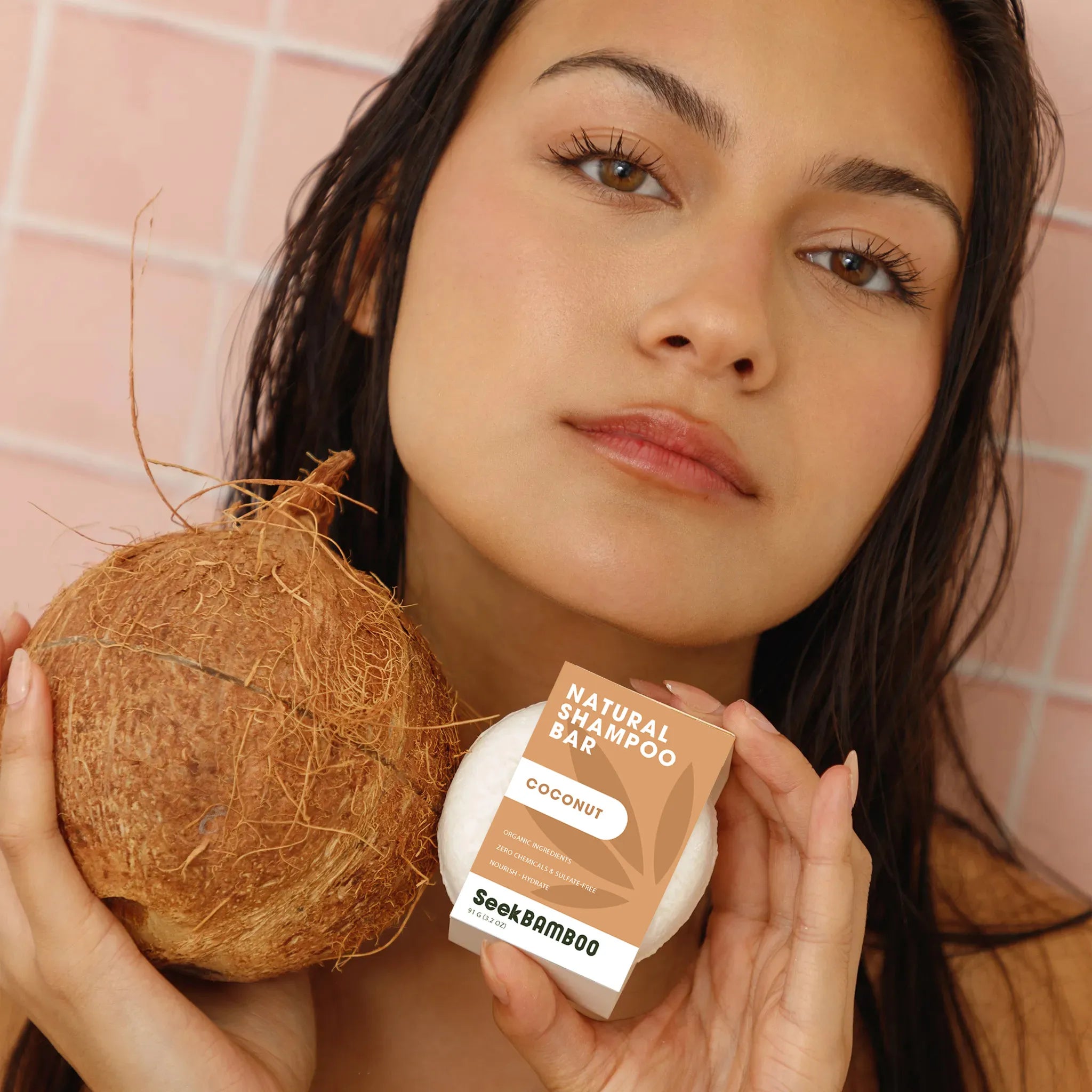
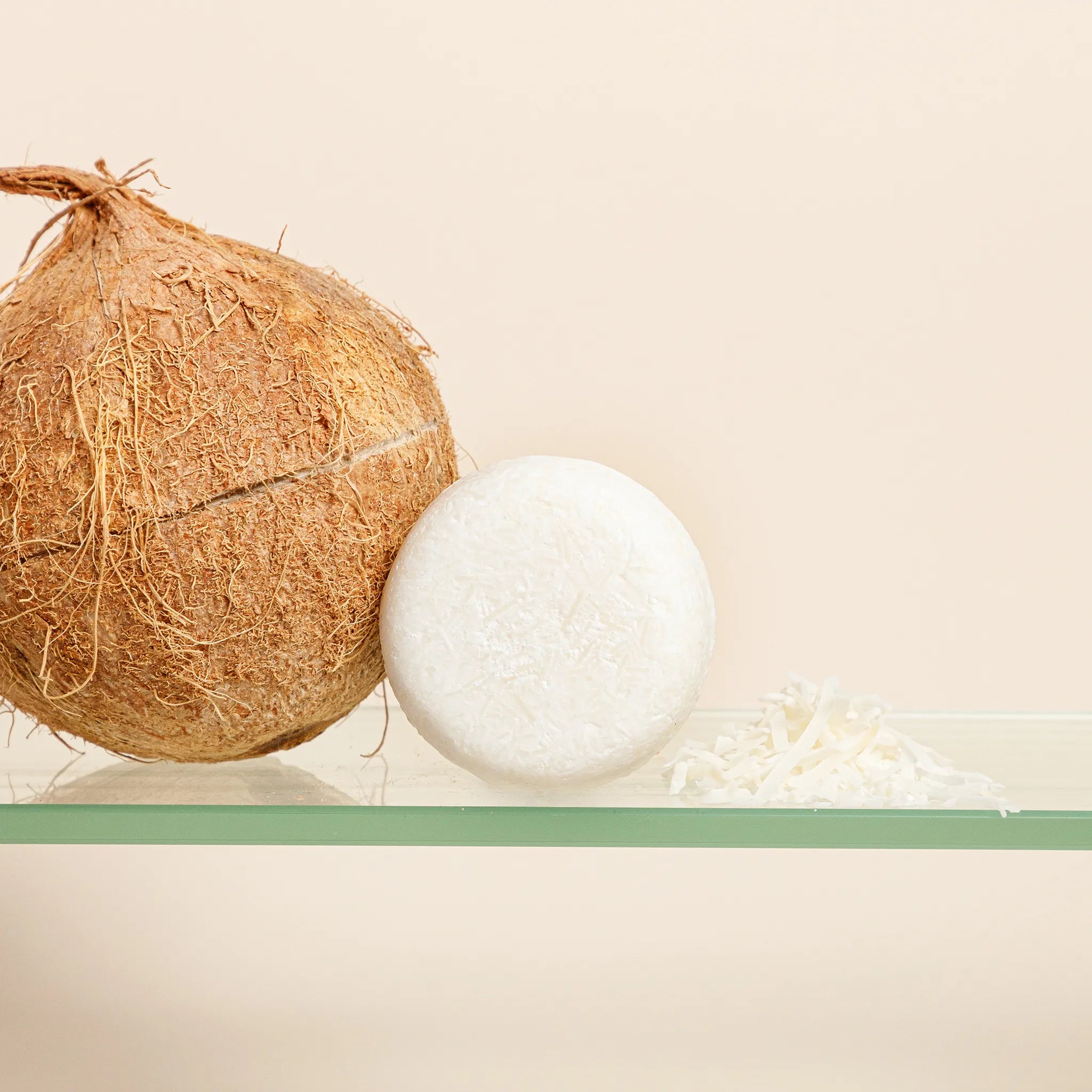
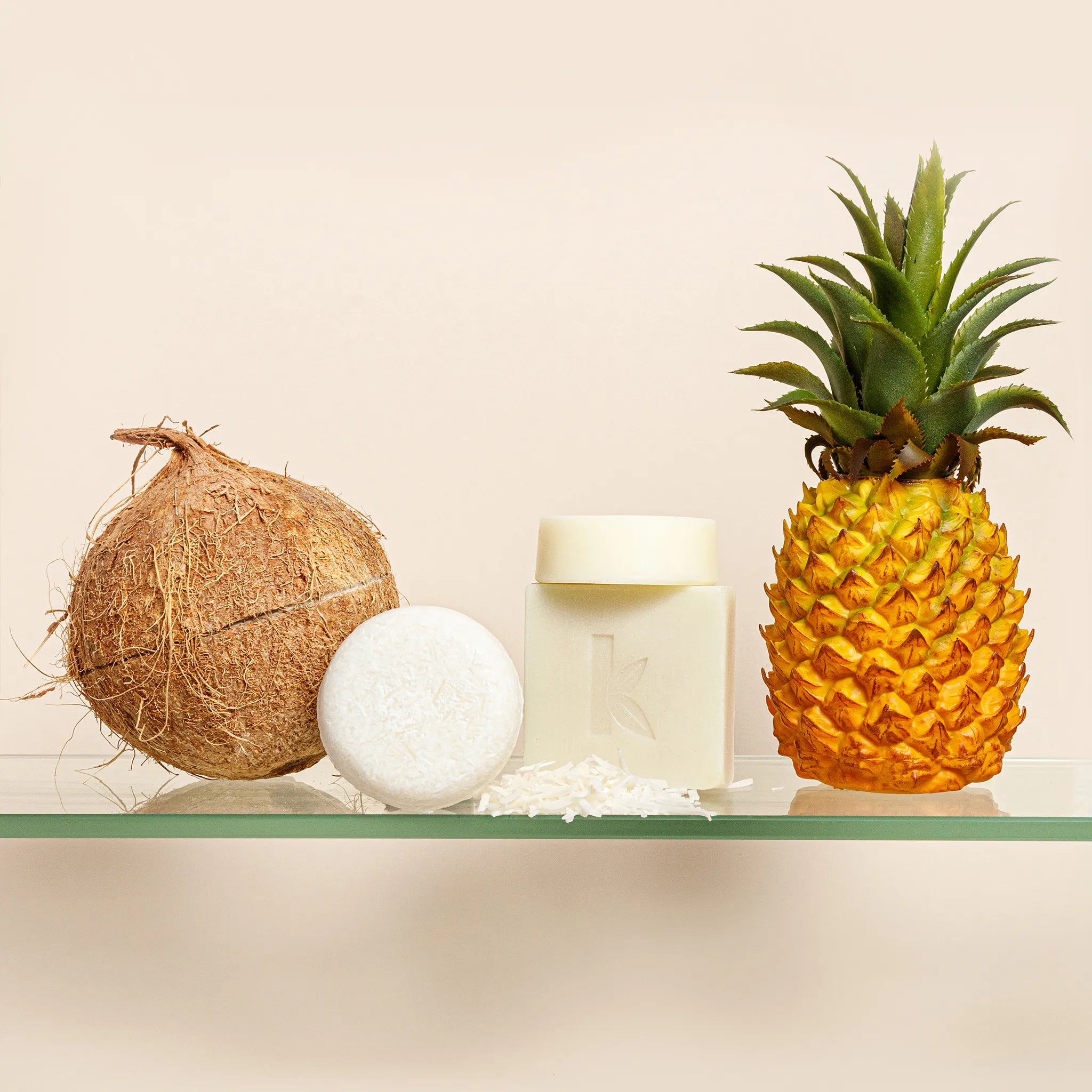
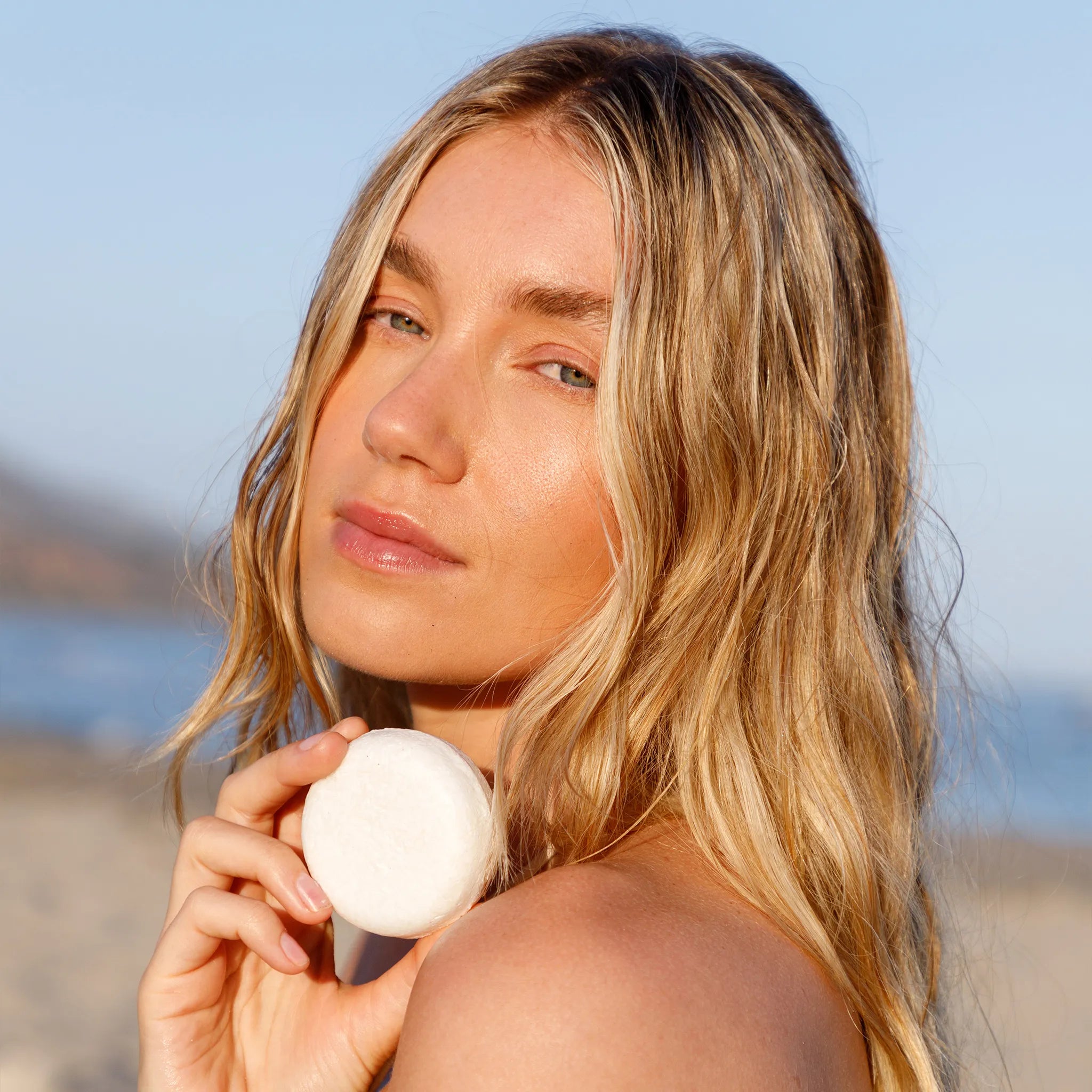
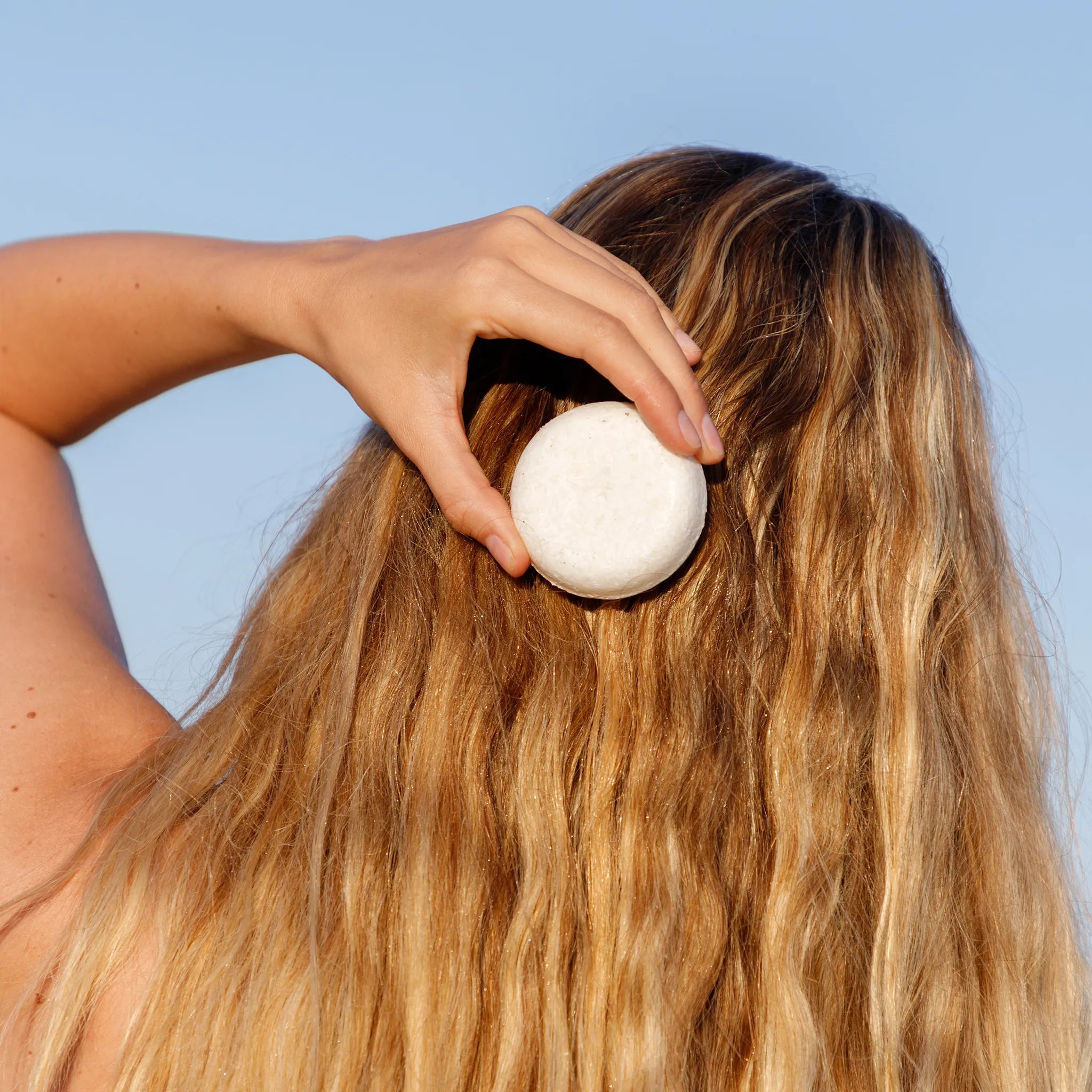
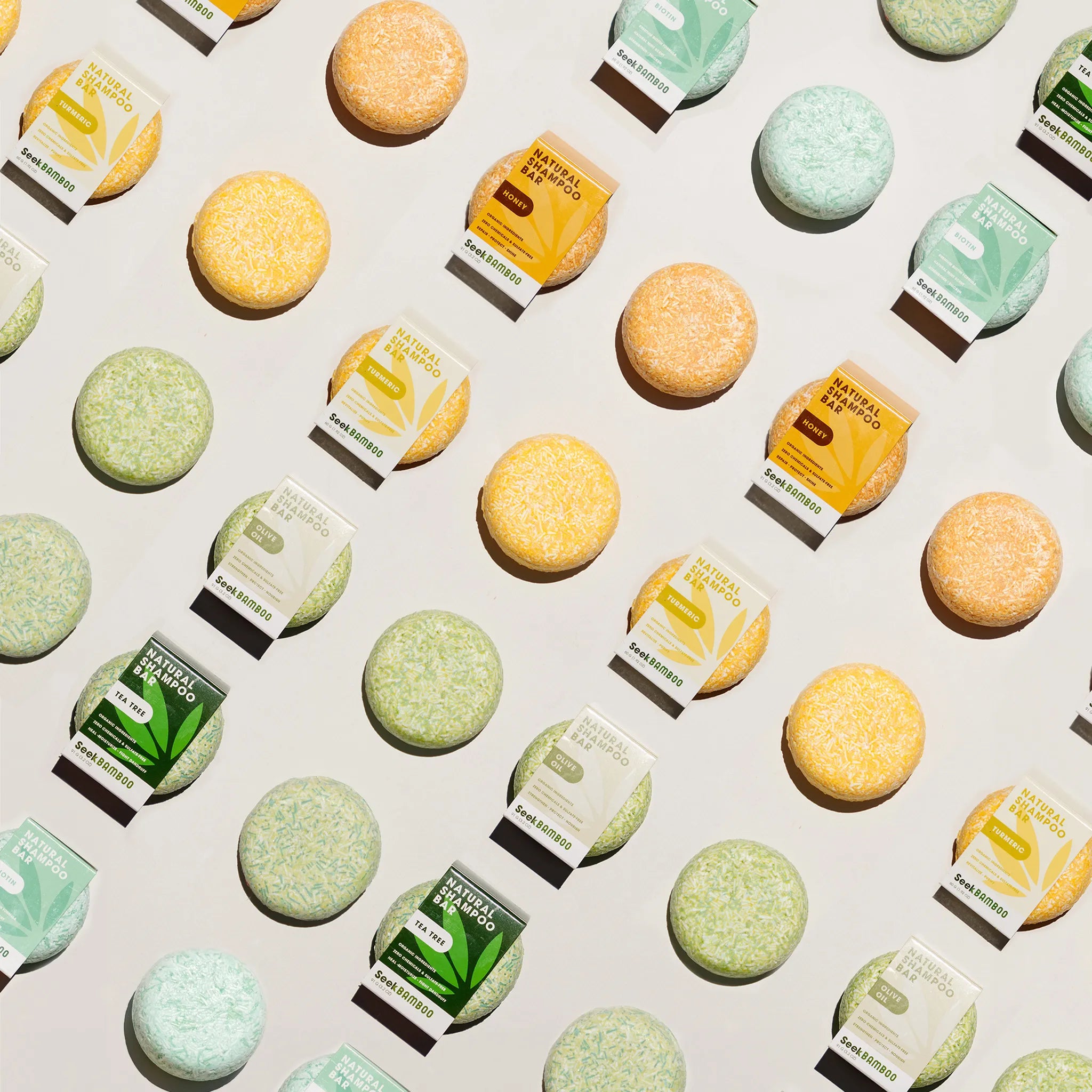
Paraben-Free Shampoo
Health Impacts
Scalp and Hair Health
Your scalp and hair are sensitive to the products you use. Many common shampoo ingredients, such as sulfates, are harsh detergents that strip away the natural oils your scalp produces. While this may result in a squeaky-clean feeling, it often leads to dry, brittle hair and an irritated scalp. Over time, this can weaken hair strands, making them more prone to breakage and split ends. By understanding what ingredients to avoid, you can protect the natural balance of your scalp and hair, ensuring they stay healthy and resilient.
Long-Term Effects
Beyond immediate hair damage, some shampoo ingredients pose significant long-term health risks. Parabens, for example, are preservatives that can mimic estrogen and disrupt hormonal balance, potentially increasing the risk of breast cancer. Formaldehyde-releasing agents, used to prevent microbial growth, are known carcinogens. Regular exposure to these chemicals can accumulate in your body, leading to serious health concerns over time. Being aware of these risks empowers you to make safer choices for your daily hair care routine.
Sensitive Skin Considerations
For individuals with sensitive skin or scalp conditions like eczema and dermatitis, understanding shampoo ingredients is even more critical. Harsh chemicals can exacerbate these conditions, leading to discomfort and inflammation. Choosing shampoos with gentle, natural ingredients can help manage and prevent flare-ups, providing a soothing and nourishing experience.
Environmental Concerns
Water Pollution
The impact of harmful shampoo ingredients extends far beyond your bathroom. When you rinse out your shampoo, these chemicals wash down the drain and can end up in waterways. Ingredients like sulfates, silicones, and synthetic fragrances can persist in the environment, contaminating water sources and harming aquatic life. Fish and other marine organisms are particularly vulnerable to these pollutants, which can disrupt ecosystems and food chains.
Packaging Waste
Traditional shampoo bottles contribute significantly to plastic waste. Most are made from non-recyclable plastic, ending up in landfills or, worse, in our oceans. Plastic waste not only pollutes natural habitats but also poses a threat to wildlife, which can ingest or become entangled in plastic debris. Switching to shampoo bars, which typically come in minimal or plastic-free packaging, is a simple yet effective way to reduce your plastic footprint and support a healthier planet.
Understanding these impacts is the first step toward making better choices for your hair, health, and the environment. That's why we're proud to introduce our SLS-free shampoo bars as a safer, greener alternative. In the next section, we'll break down the specific ingredients you should avoid in your shampoo and why our bars are the perfect solution.
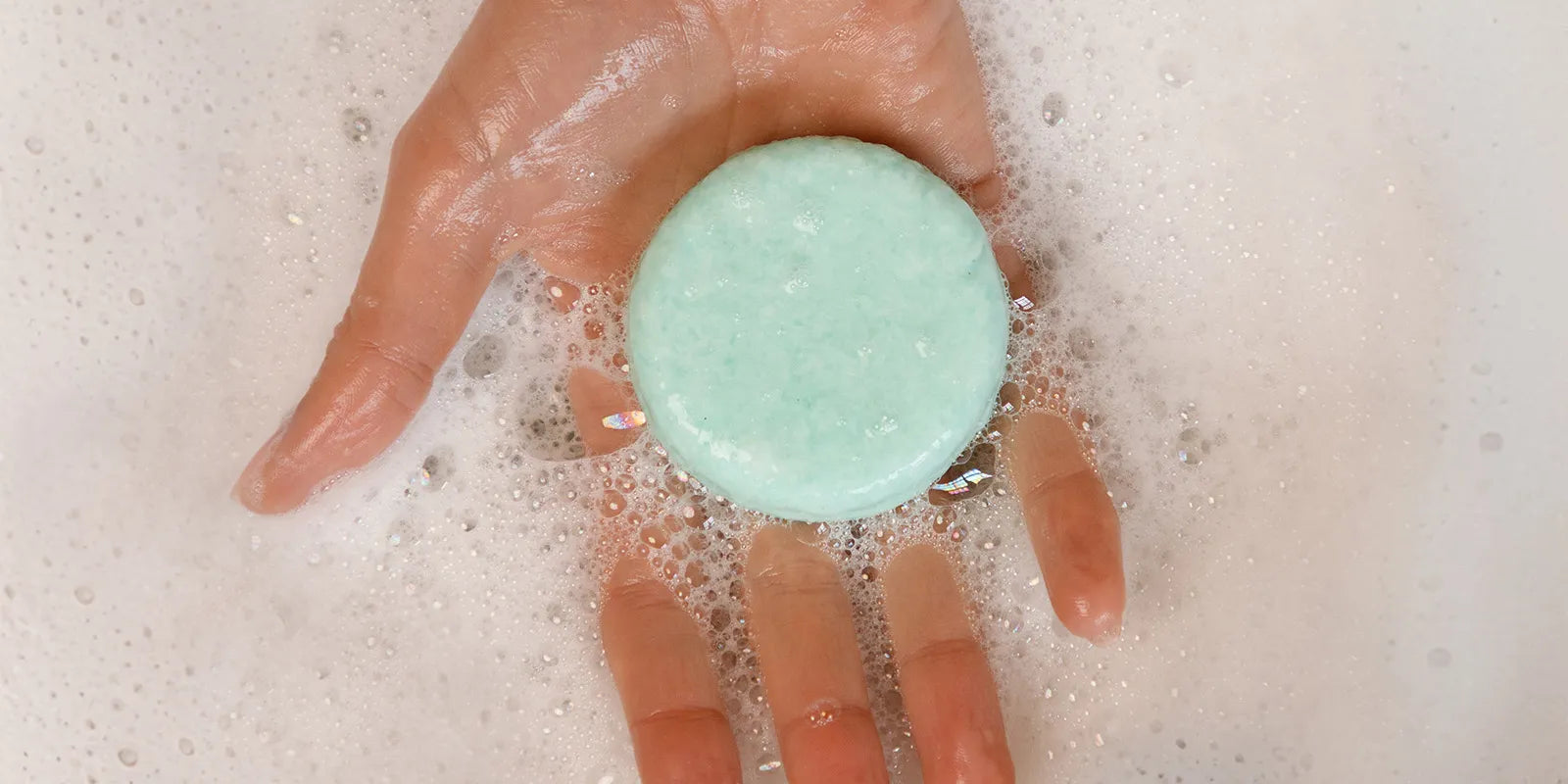
Bad Ingredients In Shampoo
Choosing the right shampoo means knowing which ingredients to steer clear of. Many common shampoo ingredients can do more harm than good, not just to your hair but also to your overall health and the environment. Understanding these ingredients and their potential risks is the first step towards making safer, more informed choices for your hair care routine. Here’s a detailed look at some of the most harmful ingredients commonly found in shampoos and why you should avoid them:
Sulfates
Sulfates, such as Sodium Lauryl Sulfate (SLS) and Sodium Laureth Sulfate (SLES), are powerful detergents used to create a rich lather and remove oil, dirt, and product buildup from your hair and scalp. However, they are also very harsh, stripping away the natural oils that protect and moisturize your hair and scalp, leading to dryness, irritation, and potential hair damage. This can result in brittle hair that is more prone to breakage and split ends, as well as an irritated, itchy scalp. For individuals with sensitive skin or conditions like eczema and dermatitis, sulfates can exacerbate symptoms, causing further irritation and discomfort. Choosing sulfate-free shampoos can help maintain a healthier scalp and hair.
Parabens
Parabens, including methylparaben, ethylparaben, and propylparaben, are widely used preservatives that prevent the growth of bacteria and mold in cosmetic products, extending their shelf life. However, parabens can mimic estrogen in the body, potentially disrupting hormone function. This estrogenic activity has raised concerns about their link to an increased risk of breast cancer and reproductive issues. Although more research is needed, many consumers prefer to avoid parabens as a precautionary measure to protect their health. Learn more about parabens in your shampoo.
Phthalates
Phthalates are used in shampoos to enhance the fragrance, making the product smell more appealing and lasting longer. However, phthalates are known endocrine disruptors, meaning they can interfere with the body's hormone systems. Exposure to phthalates has been linked to reproductive and developmental issues, as well as an increased risk of asthma and allergies. Because they are often listed under the generic term "fragrance," it can be challenging to identify their presence in products.
Silicones
Silicones, such as dimethicone and cyclopentasiloxane, are added to shampoos to provide a smooth, shiny finish and reduce frizz. They create a coating around the hair shaft, making hair look sleek and glossy. However, while silicones can make hair appear healthier initially, they can also build up on the hair over time, creating a barrier that prevents moisture and nutrients from penetrating the hair shaft. This buildup can lead to dull, weighed-down hair that lacks volume and becomes difficult to manage. Regular use of silicones can also necessitate the use of clarifying shampoos to remove the residue.
Formaldehyde
Formaldehyde and formaldehyde-releasing agents like DMDM hydantoin and quaternium-15 are used as preservatives to prevent microbial growth in shampoos and other personal care products. Formaldehyde is a known carcinogen, meaning it has been linked to cancer. It can also cause skin irritation, allergic reactions, and respiratory issues. Long-term exposure to formaldehyde and its releasers increases the risk of more severe health problems. Avoiding products with these ingredients can significantly reduce your exposure to this harmful chemical.
Synthetic Fragrances
Synthetic fragrances can be made up of hundreds of undisclosed chemicals designed to create a pleasant scent. These fragrances are often listed simply as "fragrance" or "parfum" on ingredient labels. The complex mixture of chemicals in synthetic fragrances can trigger allergies, skin irritation, and respiratory problems. Because the specific components are not disclosed, it is difficult to know what you are being exposed to, increasing the risk of adverse reactions. Opting for products with natural fragrances or fragrance-free options can help minimize these risks.
Triclosan
Triclosan is an antimicrobial agent used in some shampoos and personal care products to reduce or prevent bacterial contamination. However, it has been linked to hormone disruption and the development of antibiotic-resistant bacteria. Its potential to contribute to these significant health risks has led to calls for its avoidance. Choosing shampoos that do not contain triclosan can help protect your health and prevent these negative effects.
Polyethylene Glycols (PEGs)
Polyethylene Glycols (PEGs) are used as thickeners, solvents, and moisture-carriers in shampoos. They can be contaminated with carcinogenic impurities such as ethylene oxide and 1,4-dioxane during the manufacturing process. These contaminants pose a serious health risk, making it essential to avoid products containing PEGs. Opting for PEG-free shampoos helps reduce your exposure to these harmful chemicals.
Coal Tar Dyes
Coal tar dyes are used for their coloring properties, but they are potential carcinogens and can cause skin irritation. Long-term exposure to these dyes has been associated with an increased risk of cancer. Avoiding shampoos with synthetic dyes can help reduce this risk and protect your overall health.
By understanding these harmful ingredients and their effects, you can make more informed choices about the products you use. Opting for shampoos that are free from these chemicals can help protect your health and the environment. Our SLS-free shampoo bars are formulated without these harmful ingredients, offering a safer and more eco-friendly option for your hair care routine.
Coco-Sulfates: A “Natural” Shampoo Ingredient
Coco-Sulfates, often listed as Sodium Coco-Sulfate, are derived from coconut oil and are used as an alternative to traditional sulfates like Sodium Lauryl Sulfate (SLS). Despite being a natural and gentler option than traditional sulfates, coco-sulfates share many of the same drawbacks as their more conventional counterparts.
Sensitive Skin Should Consider Avoiding Coco-Sulfates
While coco-sulfates originate from coconut oil, the chemical processing they undergo results in a product that can be just as harsh on your hair and scalp as SLS. Coco-sulfates create a rich lather, which effectively removes dirt and oil. However, this strong cleansing action can strip away the natural oils that keep your hair and scalp healthy. The result? Dry, brittle hair and an irritated scalp, similar to the effects of traditional sulfates.
For those with sensitive skin or conditions like eczema and dermatitis, coco-sulfates can cause further irritation and exacerbate symptoms. They are not a genuinely safer alternative for people seeking to avoid the harshness of SLS. Additionally, the term "coconut-derived" can be misleading, leading consumers to believe that coco-sulfates are inherently gentle and natural, when in reality, the processing they undergo can make them just as problematic as traditional sulfates.
Understanding that coco-sulfates can be just as damaging as other sulfates is crucial in making informed decisions about your hair care products.
The Benefits of SLS-Free Shampoo Bars
Switching to SLS-free shampoo bars with all-natural ingredients can make a significant difference in the health of your hair and scalp, as well as in your environmental impact. Here’s why choosing SLS-free shampoo bars is a smart choice:
Gentle Cleansing
One of the primary benefits of SLS-free shampoo bars is their gentle cleansing action. Unlike traditional shampoos that contain harsh sulfates, our SLS-free shampoo bars clean your hair without stripping away its natural oils. These natural oils are essential for maintaining the health and moisture of your hair and scalp. By preserving these oils, SLS-free bars help keep your hair soft, shiny, and more manageable.
Moisture Retention
SLS-free shampoo bars are designed to help your hair retain its natural moisture. They contain hydrating ingredients that ensure your hair maintains its moisture balance, reducing dryness and frizz. This is especially beneficial for those with dry or curly hair types, as these hair types are more prone to moisture loss. With regular use of SLS-free shampoo bars, you can expect healthier, more hydrated hair that looks and feels great.
Suitability for Sensitive Skin
For individuals with sensitive skin, eczema, or other scalp conditions, SLS-free shampoo bars are an excellent choice. These bars are formulated with gentle, non-irritating ingredients that are kind to your scalp. Traditional shampoos containing sulfates can exacerbate skin conditions, causing redness, itching, and irritation. In contrast, SLS-free shampoo bars cleanse without causing these adverse reactions, making them suitable for even the most sensitive scalps.
Eco-Friendly Packaging
In addition to their hair and scalp benefits, SLS-free shampoo bars are an environmentally friendly choice. They typically come in minimal or zero-waste packaging, significantly reducing plastic waste and your overall environmental footprint. Traditional liquid shampoos often come in plastic bottles, which contribute to the growing problem of plastic pollution. By switching to shampoo bars, you’re not only making a healthier choice for your hair but also supporting a more sustainable lifestyle.
Our SLS-free shampoo bars are formulated with natural, nourishing ingredients that provide a thorough yet gentle cleanse, promote moisture retention, and are suitable for sensitive skin. Plus, they come in eco-friendly packaging, helping you reduce plastic waste and contribute to a healthier planet. Make the switch today and experience the benefits of SLS-free shampoo bars for yourself!
What Ingredients to Avoid in Shampoo
Comprehensive FAQ Guide On Ingredients In Shampoo To Avoid
Why should I avoid sulfates in my shampoo?
Sulfates, such as Sodium Lauryl Sulfate (SLS) and Sodium Laureth Sulfate (SLES), are harsh detergents that create a rich lather. While they effectively cleanse the scalp and hair, they can strip away natural oils, leading to dryness, irritation, and even hair damage. For people with sensitive skin or conditions like eczema, sulfates can exacerbate these issues. Opting for sulfate-free shampoos helps maintain the natural moisture balance of your hair and scalp, promoting healthier hair over time.
What are parabens, and why should I avoid them in shampoo?
Parabens are preservatives used in shampoos to extend their shelf life by preventing the growth of bacteria and mold. Common parabens include methylparaben, ethylparaben, and propylparaben. However, parabens can mimic estrogen in the body, potentially disrupting hormone function and increasing the risk of breast cancer. While research is ongoing, many people prefer to avoid parabens as a precaution. Look for shampoos labeled "paraben-free" to reduce your exposure to these chemicals.
Are silicones bad for my hair?
Silicones, such as dimethicone and cyclopentasiloxane, are often added to shampoos to provide a smooth, shiny finish and reduce frizz. However, they can also build up on the hair over time, creating a barrier that can prevent moisture and nutrients from penetrating the hair shaft. This buildup can lead to dullness, dryness, and weighed-down hair. If you prefer to avoid silicones, choose products labeled "silicone-free" and consider clarifying shampoos to remove any residue.
What are phthalates, and why should they be avoided in shampoo?
Phthalates are a group of chemicals used to enhance the fragrance of shampoos and other personal care products. They are known to be endocrine disruptors, which means they can interfere with the body's hormone systems. Exposure to phthalates has been linked to reproductive and developmental issues, particularly in children. To avoid phthalates, look for shampoos that list "phthalate-free" on their labels or choose products with natural fragrances.
Is formaldehyde present in shampoos, and what are its risks?
Formaldehyde and formaldehyde-releasing preservatives (FRPs) like DMDM hydantoin and quaternium-15 are used in some shampoos to prevent microbial growth. Formaldehyde is a known carcinogen that can cause skin irritation and allergic reactions. Long-term exposure to formaldehyde has been linked to an increased risk of cancer. To minimize exposure, choose shampoos that are labeled "formaldehyde-free" or avoid products with FRPs listed in the ingredients.
Why should I avoid synthetic fragrances in shampoo?
Synthetic fragrances can contain a mix of various chemicals, including phthalates, which can trigger allergies, skin irritation, and respiratory problems. Additionally, the specific chemicals used in synthetic fragrances are often not disclosed, making it difficult to know exactly what you are being exposed to. Opting for shampoos with natural fragrances or those labeled "fragrance-free" can help reduce the risk of adverse reactions.
Are there any other ingredients I should watch out for?
Yes, other ingredients to avoid in shampoos include triclosan (an antimicrobial agent linked to hormone disruption and antibiotic resistance), polyethylene glycols (PEGs, which can be contaminated with carcinogenic impurities), and coal tar dyes (which are potential carcinogens). Reading ingredient labels and choosing shampoos with natural, recognizable ingredients can help you avoid these harmful substances.
Are natural or organic shampoos always better?
Natural or organic shampoos are often formulated without many of the harmful chemicals found in conventional shampoos. They typically use plant-based ingredients and essential oils, which can be gentler on the scalp and hair. However, not all natural or organic shampoos are created equal. It’s important to check the ingredient list for potential allergens or irritants. Additionally, some natural ingredients can still cause reactions in sensitive individuals, so patch testing a new product is always a good idea.
What are the benefits of using sulfate-free shampoo?
Sulfate-free shampoos are gentler on the scalp and hair, preserving natural oils and preventing dryness and irritation. They are ideal for people with sensitive skin, color-treated hair, or those prone to dryness and frizz. Sulfate-free shampoos can also help maintain the vibrancy of dyed hair, as sulfates can strip color more quickly. While they may produce less lather than sulfate-containing shampoos, they are just as effective at cleaning the hair and scalp.
Can using shampoos with harmful ingredients cause long-term damage?
Prolonged use of shampoos with harmful ingredients can potentially lead to various long-term issues such as chronic scalp irritation, hair breakage, and increased sensitivity. Chemicals like sulfates and parabens may strip the hair of its natural oils, leading to dryness and damage over time. Some ingredients, like formaldehyde and certain phthalates, have been linked to more serious health concerns, including hormone disruption and cancer. Choosing safer alternatives can help mitigate these risks.
How can I identify harmful ingredients in my shampoo?
To identify harmful ingredients in your shampoo, start by reading the ingredient list on the product label. Familiarize yourself with common harmful ingredients such as sulfates, parabens, silicones, phthalates, formaldehyde, synthetic fragrances, triclosan, polyethylene glycols (PEGs), and coal tar dyes. You can also use apps and websites that provide ingredient safety ratings. Look for products labeled "free from" these harmful substances or choose shampoos with natural and organic certifications.
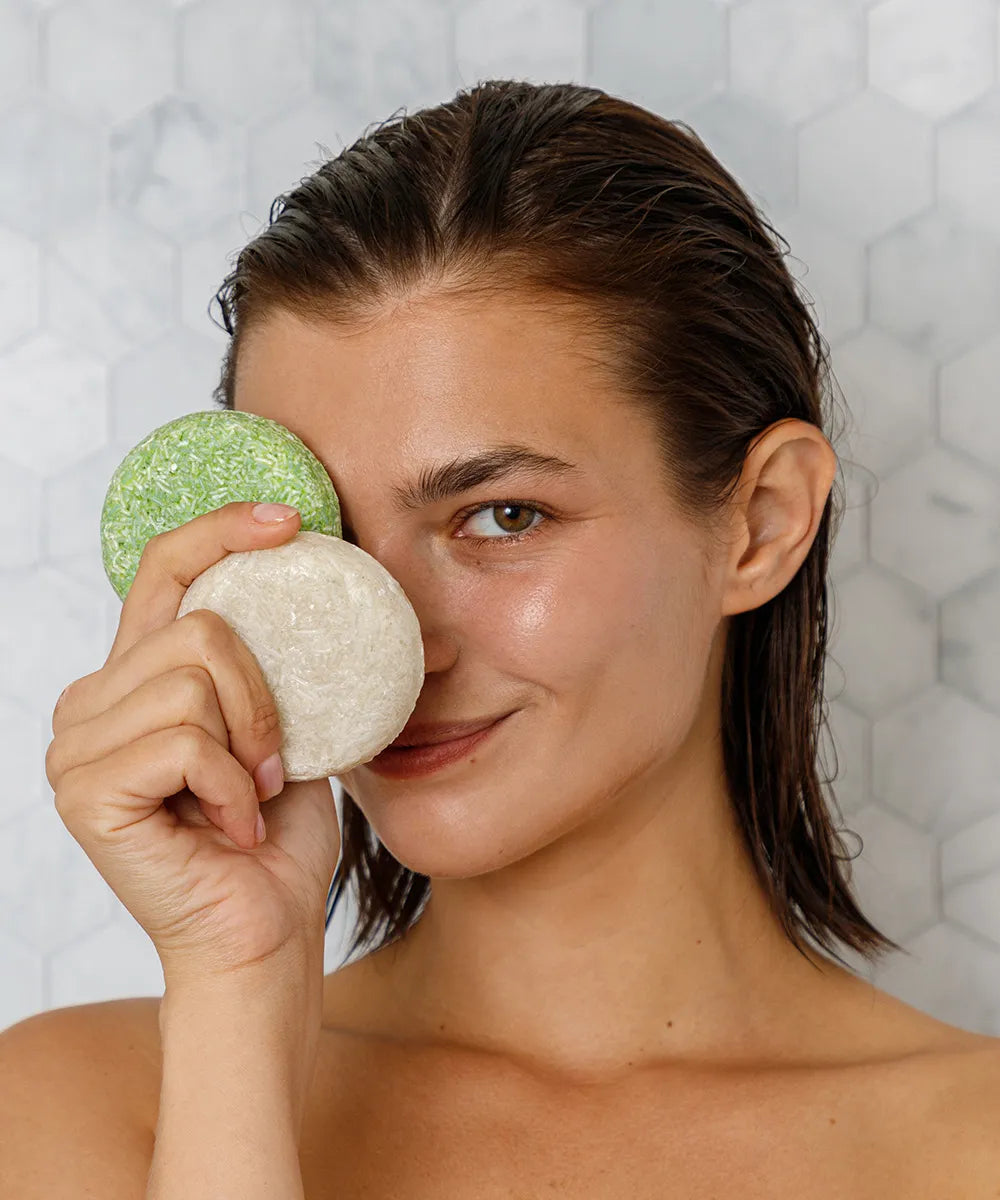
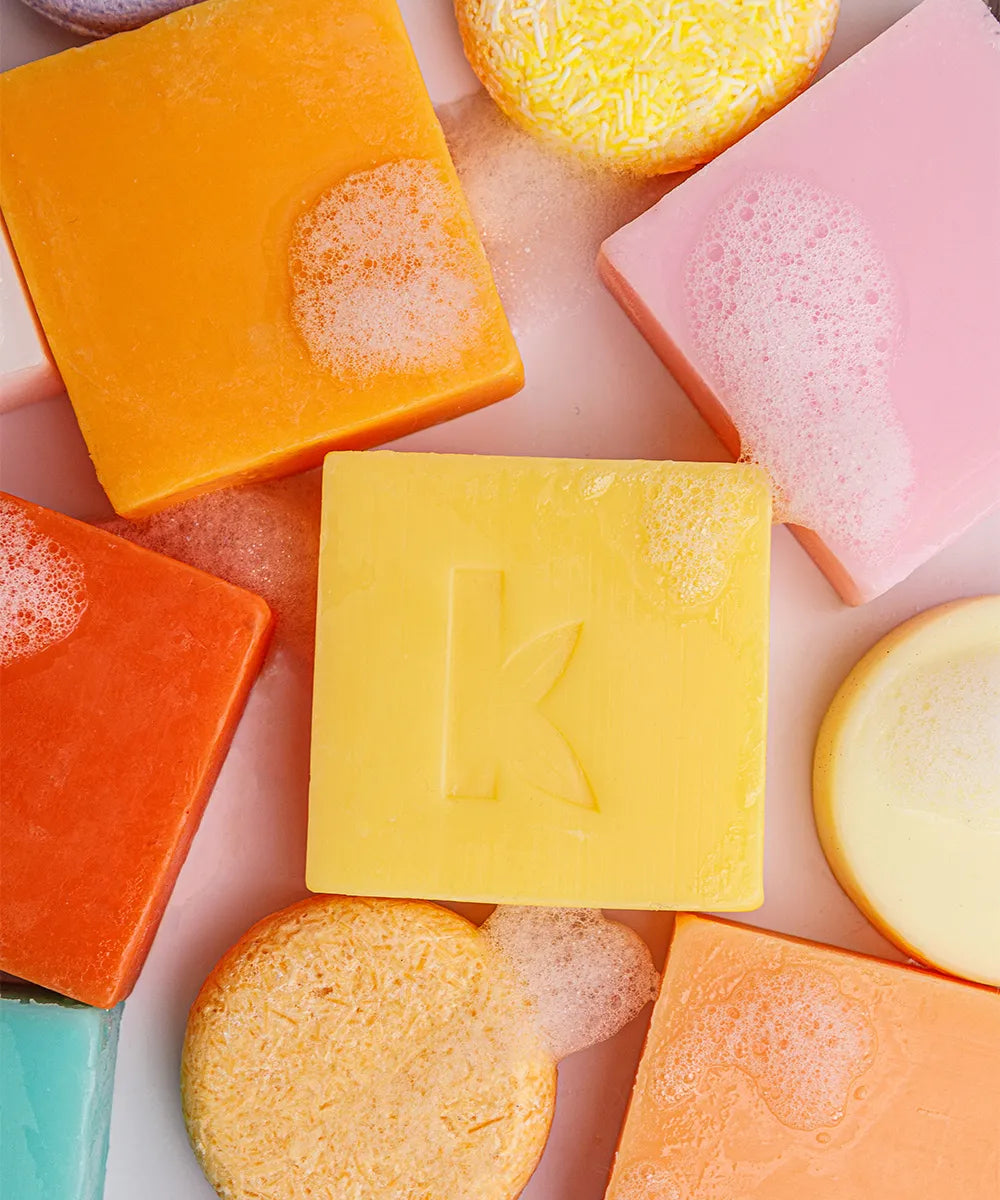
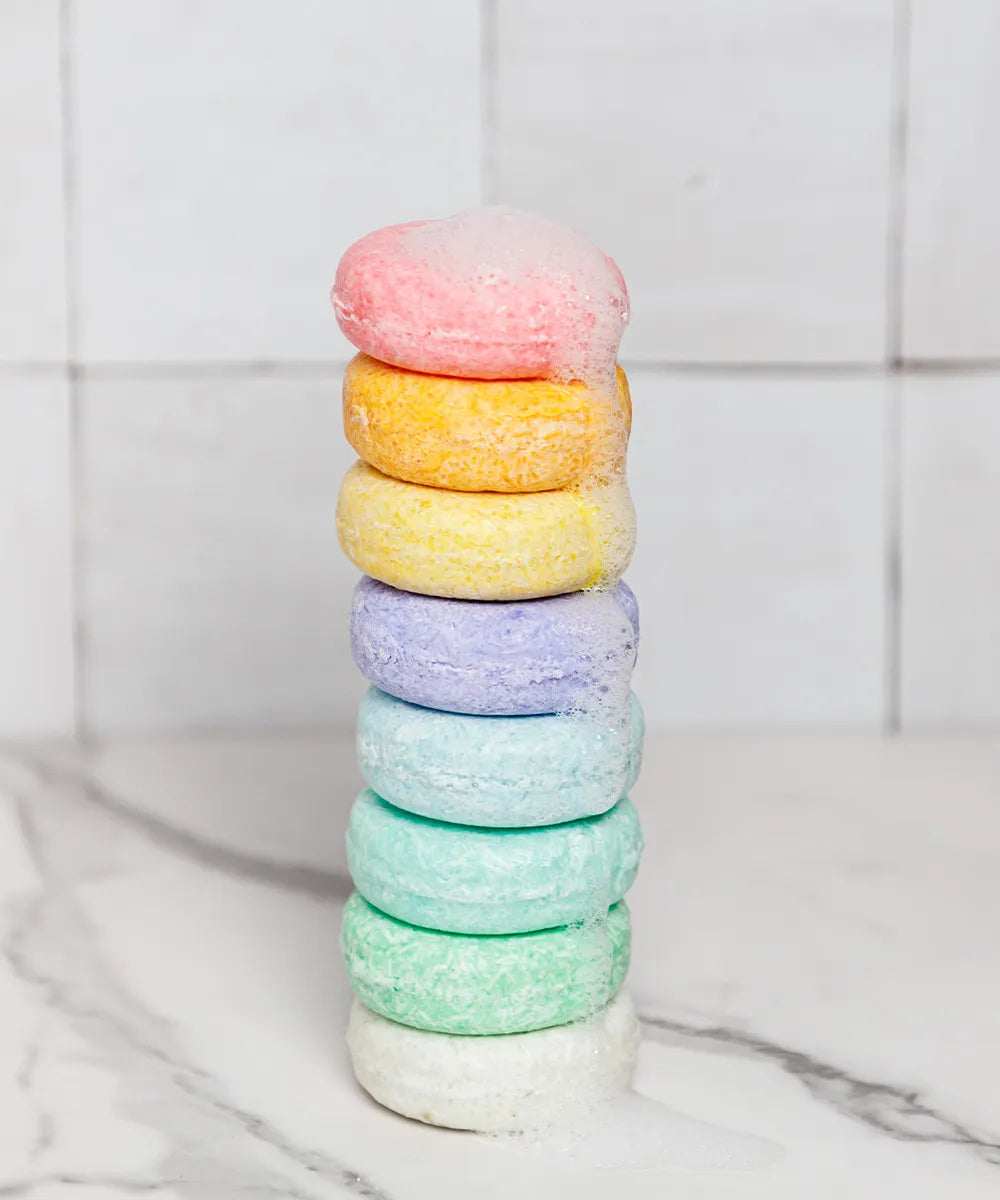
Uncover the bar that speaks to your hair's specific needs, ensuring every wash is a step towards healthier, happier hair. It's simple, insightful, and tailored just for you.
Find YOUR Shampoo Bar


